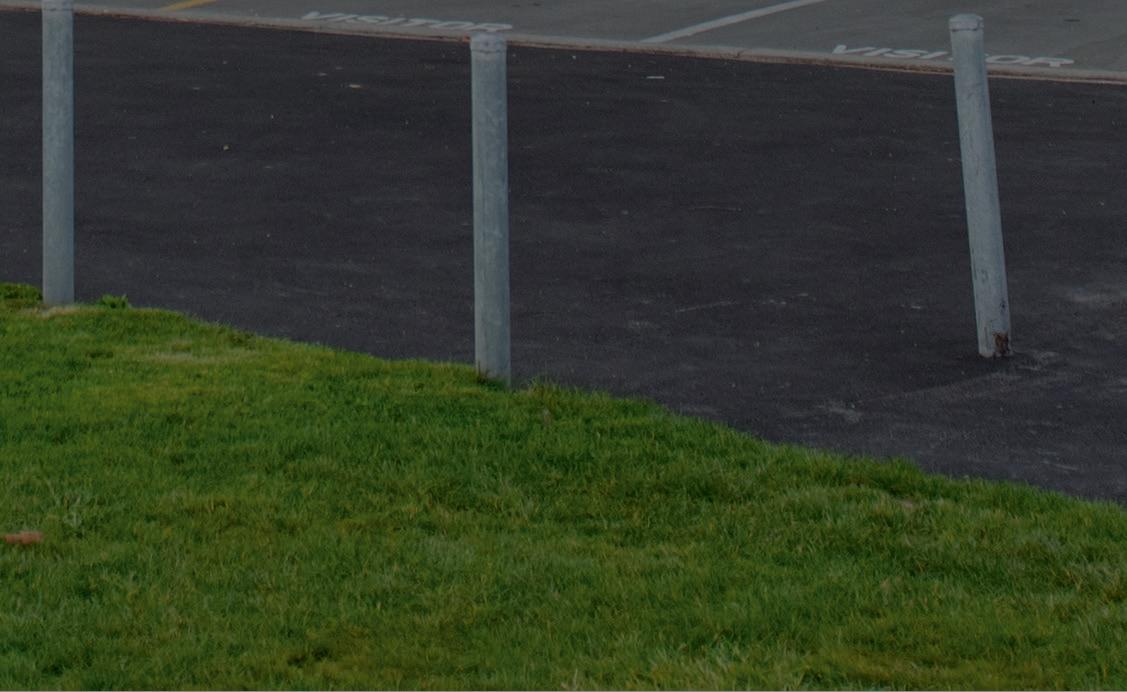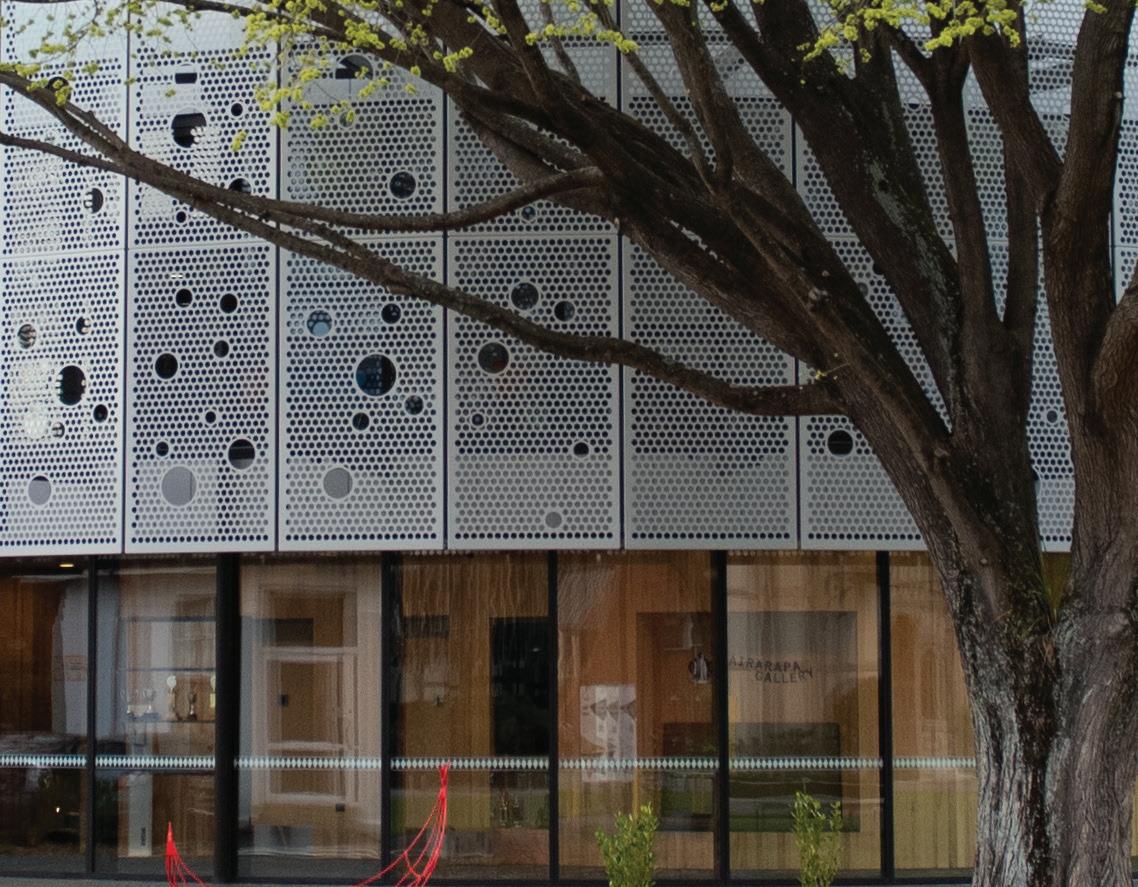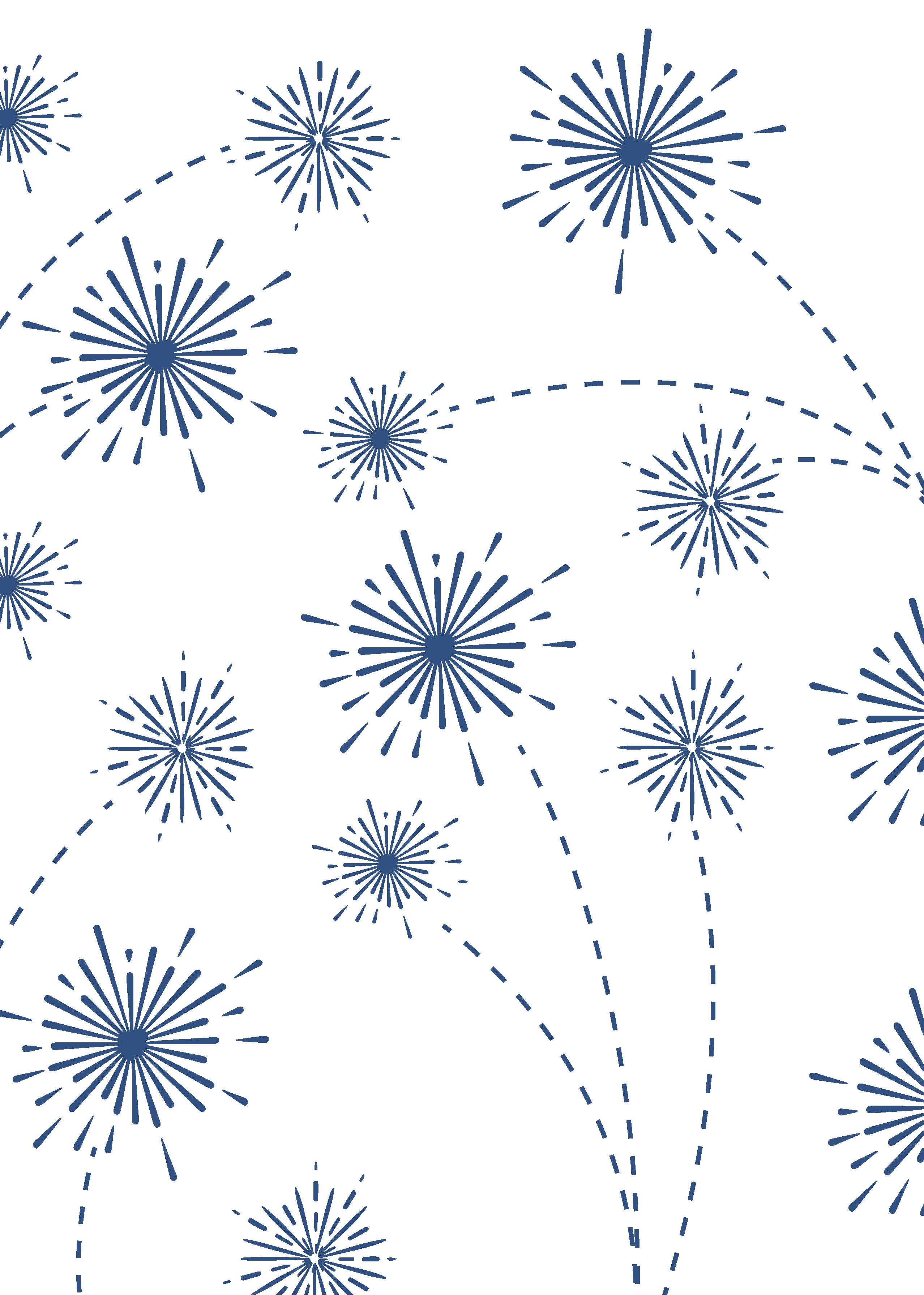CONNECTING TO CULTURE
Being the inaugural Head of Whānau Komiti
INCLUSION, EXPRESSION & CELEBRATION
Exploring relationships and identity in the classroom



Being the inaugural Head of Whānau Komiti
Exploring relationships and identity in the classroom


Wide Sky is a bi-annual magazine for the wider Rangi Ruru Girls’ School community to celebrate the voices of students, teachers, leaders and other members of the Rangi Ruru whānau.
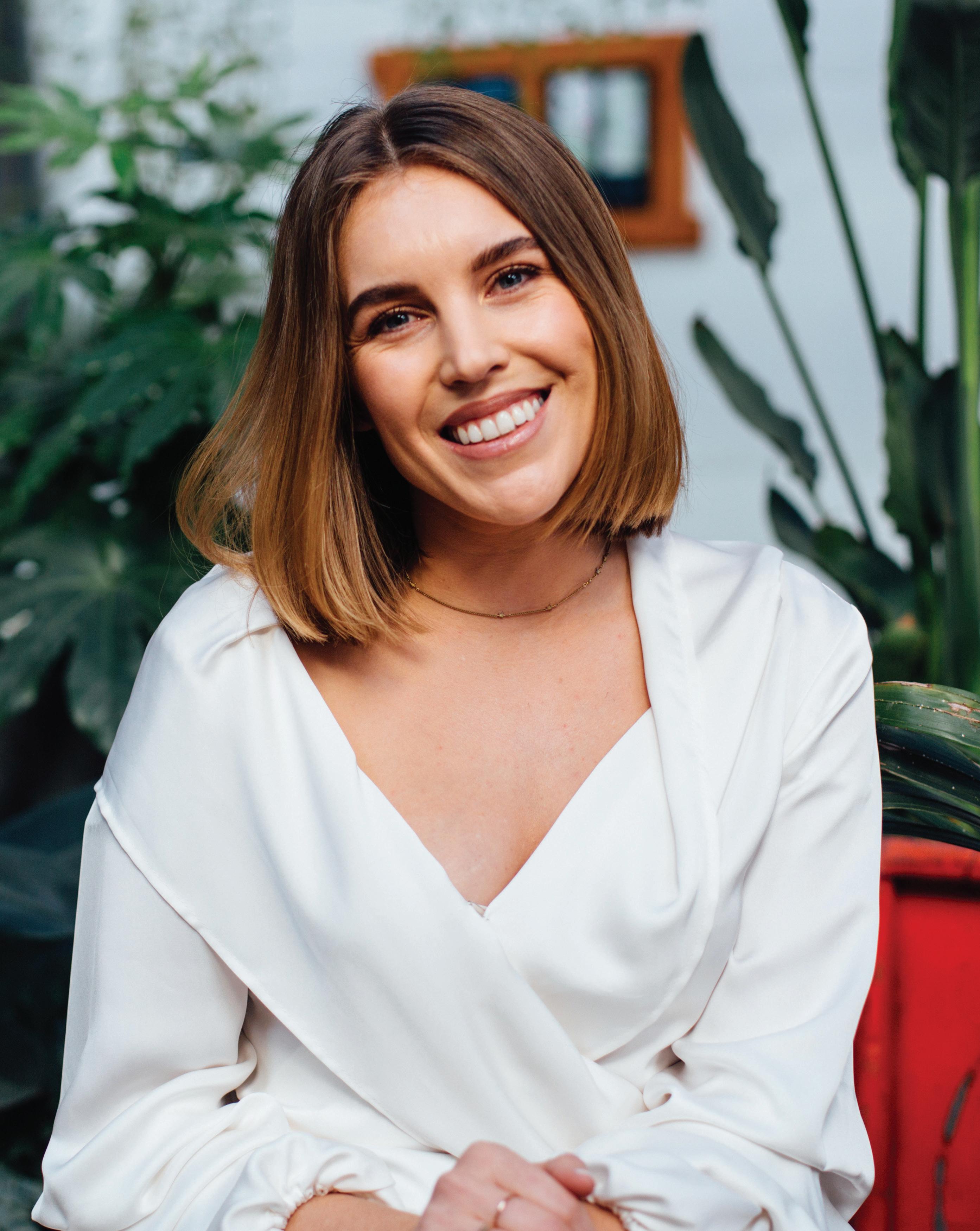
DESIGNER Melissa Cleine
EDITOR Morgan Tait E: m.tait@rangiruru.school.nz

PROOFREADING Barbara Smith, Krissi Schumacher and Michele Stephens
• Melissa Cleine
• Rangi Ruru Teaching & Admin Staff PRINTER Blueprint PRODUCTION ASSISTANCE
Jude Connochie
RANGI RURU GIRLS’ SCHOOL 59 Hewitts Road, Merivale Christchurch 8014 New Zealand rangiruru.school.nz facebook.com/rangiruru instagram.com/rangiruru linkedin.com/rangi-ruru
Being yourself is great advice. But like most well-intentioned guidance it is not always easy nor straightforward. To be you, first you must figure out who that is (or who you want that to be), a life-long process of reflection and correction which takes a lot of courage and confidence to explore and pursue. Overcoming fear—of failure, judgement, the unknown—is part of the challenge, as is letting go—of trying to fit in, of being who we think we’re supposed to, of the idea of perfection—and accepting others for who they are, too.
At Rangi Ruru, providing a nurturing and supportive environment which prioritises wellbeing is integral to allowing students to feel safe to explore who they are, and who they wish to become as they navigate their teen years. This issue of Wide Sky celebrates the school pillar of Be You. It looks at the opportunities and encouragement students have at Rangi Ruru to explore their passions, to discover and try on new parts of themselves, to understand their strengths and areas for growth, and to be open-minded to the experiences and personalities of others.
We hear about how students can express and discover themselves through the arts and literature, how they can live their values by championing causes important to them and how they can explore their culture.
Paula Rule, our Mental Skills Coach, enlightens us about helping students find their unique strengths; we learn about the flexible nature of our curriculum and personalised subject timetabling, and how discussions on relationships, identity and inclusion in the Health classroom impact students’ self-perception. Each story on these pages threads together a larger narrative of the ways our school whānau works together to empower students to be themselves, and I truly hope you enjoy reading them.
Words by Morgan Tait EDITOR AND COMMUNICATIONS MANAGER Claudia Sutherland (Year 7) pictured at the student-led fundraiser for the Ukraine relief effort as part of Share Your Spark Week.


Our summer edition of Wide Sky has a focus on one of our four pillars, Be You. A famous quote from Oscar Wilde that I have heard and used over the years is, “Be yourself because everyone else is already taken”. While that could appear perhaps flippant it’s actually a basic summation of the truth; however, to be you can only happen when we understand ourselves and accept ourselves first.
B
eing you means accepting yourself just as you are—not comparing yourself to others but learning to be comfortable in your own skin, recognising your strengths and weaknesses. It is about forming your own set of values and moral compass and being prepared to stand strong in your beliefs.
Although being you is about being an individual, it also comes with the responsibility and acceptance of allowing others to be an individual and having an unconditional acceptance of them regardless of their own beliefs, values, gender or race. We are all so quick to judge others especially if we feel they are not like us.
In today’s world being you for our young adolescents is at times challenging.
They are continually surrounded by a social media world where the images and advertising are all around ‘fitting in and being part of the group and being popular’, rather than being that individual who thinks and does things differently even though it may not be the norm.
It is indeed a struggle that we all face in not comparing ourselves to others. We are all aware that we are our own worst critics when we allow our minds to listen to those negative voices that focus on our shortcomings.
It is our hope that at Rangi Ruru our students can be themselves, individuals who are comfortable with who they are. That they can recognise not only their strengths but also their weaknesses while being open to continuing to learn and develop to be the best versions of
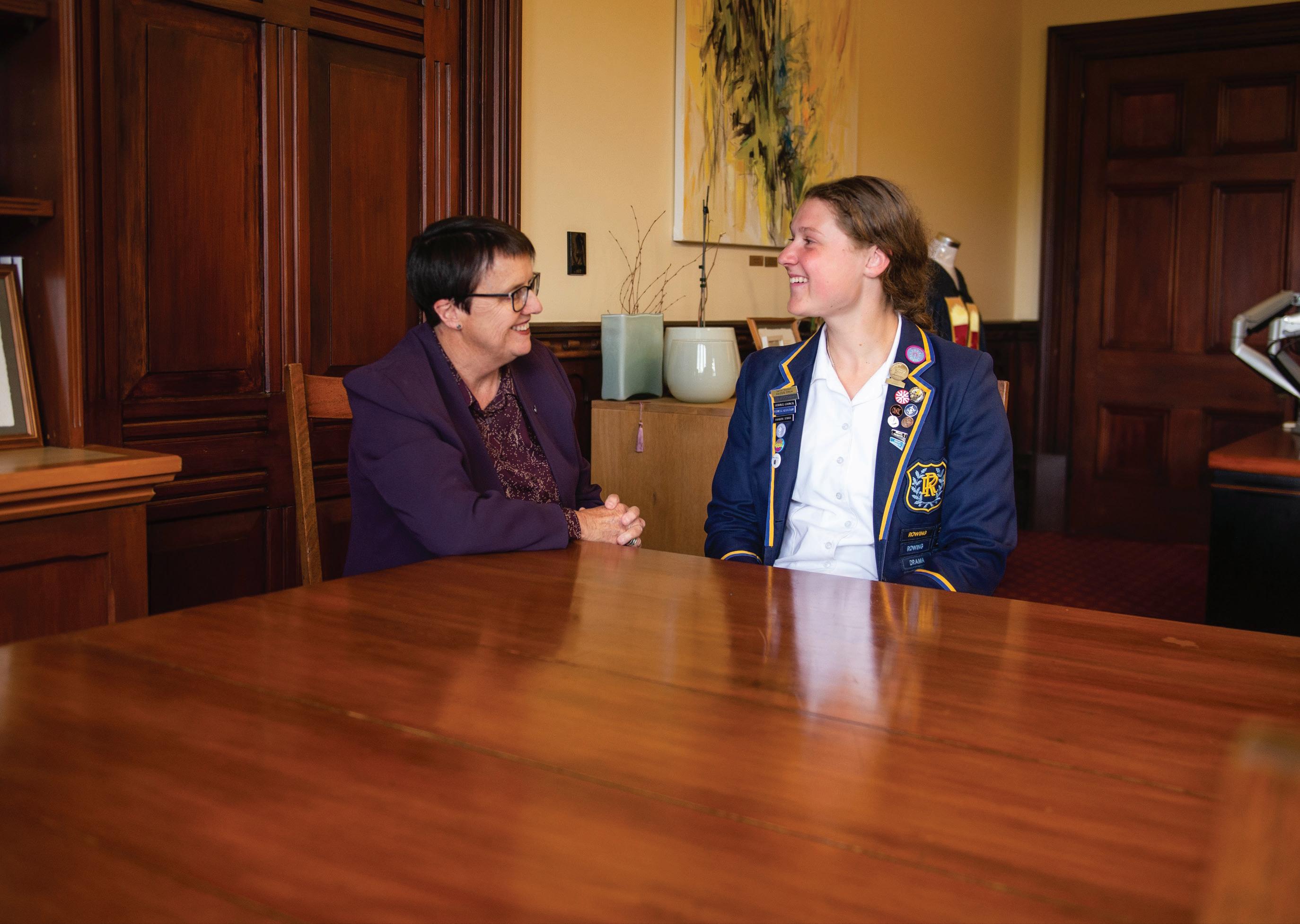
themselves.
We want them to have the courage and conviction to stand strong to their values and beliefs; to have a voice and to speak up when things are not right or need changing.
Above all we want them to know that they are a person of value, that they matter and that they can make a difference to those around them and are accepted just by being themselves.
I leave you with another quote, this time from author E.L Konigsburg , “Before you can be anything, you have to be yourself. That’s the hardest thing to find.”
Words by Dr Sandra Hastie PRINCIPALBe you. Something that sounds so easy. But like most things, is quite hard. What does be ‘you’ even mean? We are each a reflection of the people around us, of our memories, of our values. We are influenced by everything and everyone around us, and as a result of that, we all come out different people at the end of it.
B
e you. Be yourself. To be yourself means to unapologetically let your colours shine out, to stand up for what you believe in, to do things you love just because you love them. Being ‘you’ sounds great.
So why is it so hard? We have a fear of being judged, and that fear comes from the way that we judge other people. From the way they walk, the way they dress, the way they talk—we judge them.
So, we must know that in return, we too will be judged.
put our own values to the side in order to fit in. But the funny thing is, we are going to be judged no matter what we do—it’s just human nature.
If you’re going to be judged either way, then you might as well be judged for being the best representation of yourself.
We often try to be agreeable, but sometimes that will mean we will have to
This is where being ‘you’ comes in. If you’re going to be judged either way, then you might as well be judged for being the best representation of yourself.
I love the quote, “Your vibe attracts your tribe” because it reminds us that by being yourself you will naturally surround yourself with like-minded people who genuinely care about you. You’ll surround yourself with people who will be there on your
worst and best day, people who persist through the weird moments and laugh with you until neither of you can breathe. That is what being ‘you’ means.
I feel lucky to be in a place where I am encouraged to be myself and allowed to explore different opportunities, finding the ones that suit me. So, if I had any advice to other students, it would be to embrace yourself, even if you don’t know who that is yet—start by joining one of the many clubs or sports that are available, let yourself explore the options.
And most importantly, be you. Whoever that may be.
Words by Maggie Craw 2022 HEAD OF SCHOOL
From photography to learning to fly a plane, taking subjects across multiple levels at the same time and picking up new subjects to explore passions and interests—the Rangi Ruru curriculum allows flexibility for students to explore and pursue many pathways.

The Rangi Ruru Curriculum is based on the New Zealand Curriculum, a document that allows for choice and flexibility in subjects. Underlying it all is an emphasis on vision, values and principles in alignment with the Rangi Graduate Profile pillars and dispositions.
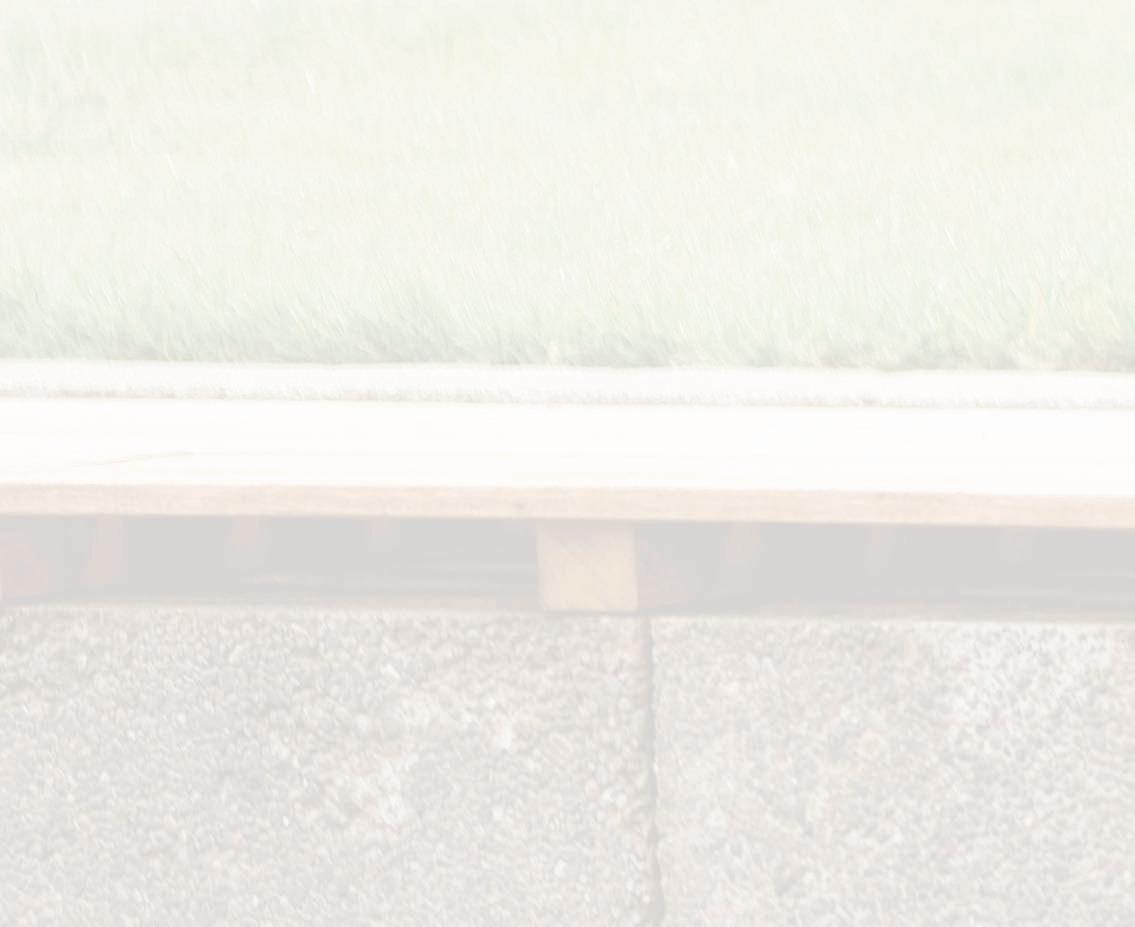


Within this flexibility, we must ensure that we cover off fundamental knowledge and skills that will allow our students to develop and thrive and have pathways for the future. We make decisions regarding compulsory versus choice in subjects and have developed our curriculum offering over time.
Sometimes, this means subjects are timetabled or discontinued due to demand. Up until 2006 we had Agriculture and Horticulture classes but dwindling numbers meant we no longer do. German and Japanese suffered a similar demise. With some renewed interest in Agriculture, we are reviewing this with our continued curriculum refresh.




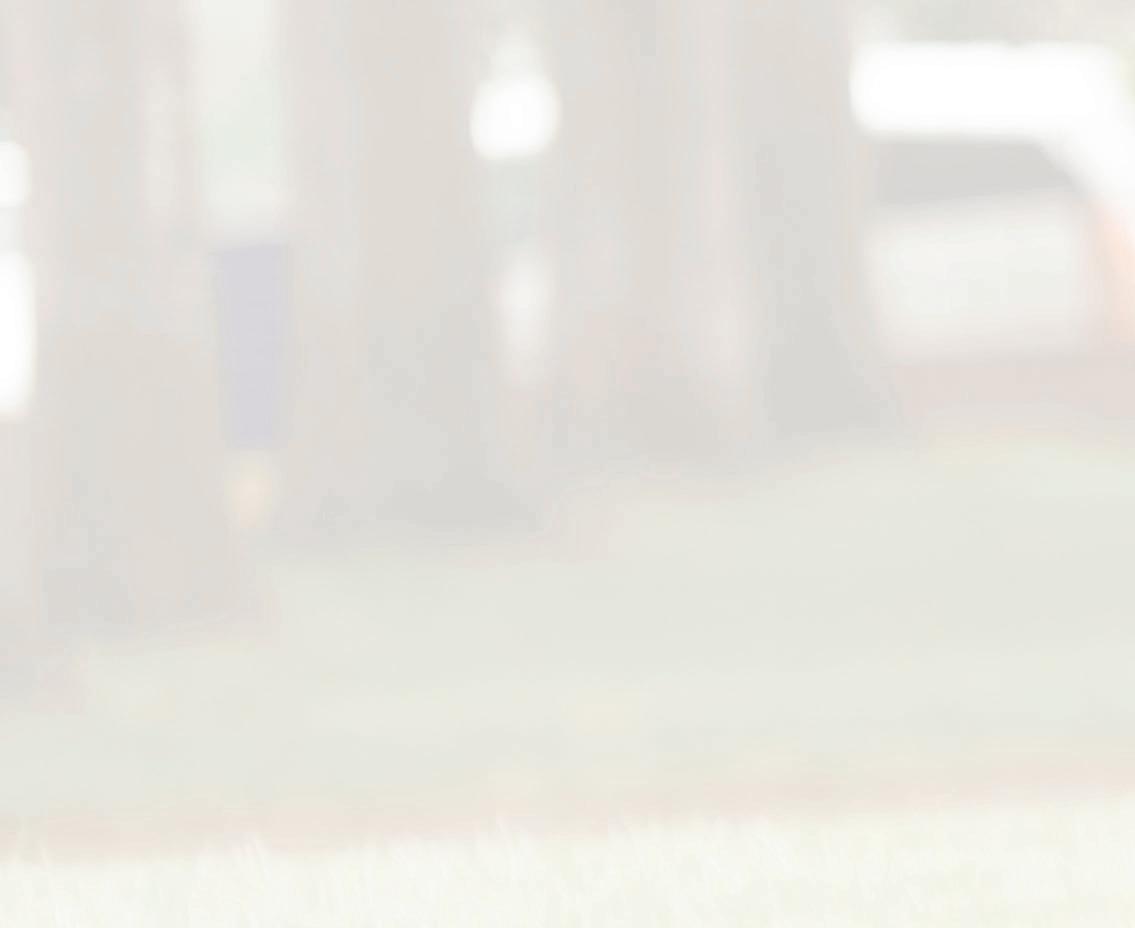


Currently we have the opportunity to be creative with the bounds of curriculum and timetable, assisted by flexible teaching and learning. This allows students to be themselves and flourish.
Individual subjects encourage students to explore their personal interests and get a taste for those pathways which may interest them post-high school, without narrowing their options. Some students multi-level, which means studying subjects at different year levels than the one determined by their age. This offers opportunities for both extension as well as support.
Within each student’s personalised programme, there are ample further opportunities to personalise within subjects. Whether that is completing tasks and assignments based on their own experiences, journeys of self-discovery and development or simply choosing to explore topics which interest them.
In Visual Arts, Music, Creative Writing and Poetry, students’ personal experiences are often explored. Year 12 student Alice Hunter lost her grandparents within three weeks of each other,

one from her father’s side and one from her mother’s. As the youngest granddaughter she had a close relationship, particularly with her grandmother. With lots in common, they shared a love of dogs and Alice speaks of the relationship as special.

Charged with making a slideshow of photos in their memories, Alice discovered images in their albums that filled gaps in both her, and her mother’s and father’s, lives. Using these as a starting point for her own work in Year 12 Photography, Alice scanned the original photographs of her grandparents’ houses, weddings, and physical likenesses.
She then projected these images on top of each other, illuminating soft shadows and more evocative feelings of them hidden in backgrounds, using multiple frames and shadowy effects. She then edited the images and re-took them as final photographs.
For Alice, working with these ideas and images most days has brought her closer to their passing and has helped her to process her grief. The beauty within the final images allows Alice to pay tribute to her much-loved family members.
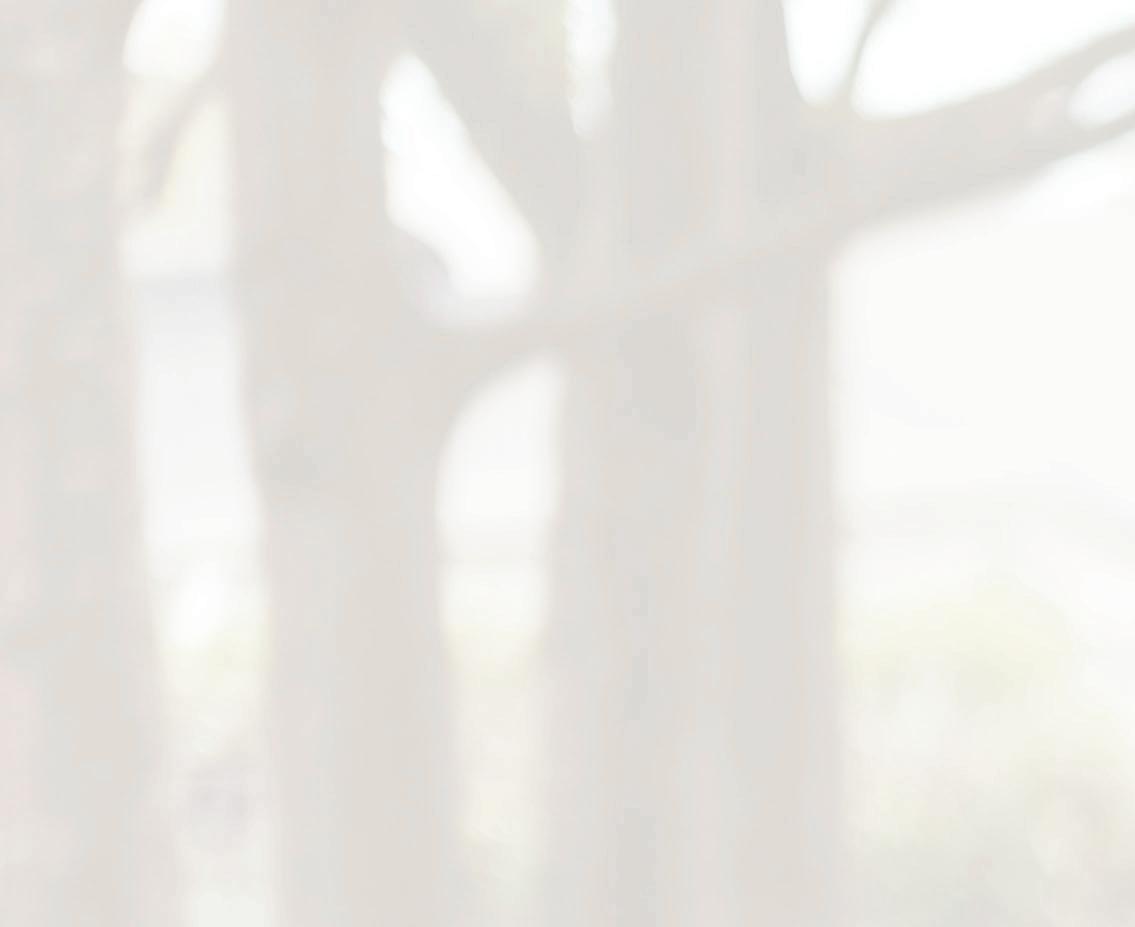
Extending beyond the available curriculum, Year 12 student Chloe Martin has been pursuing her dreams and passion by completing her Private Pilots License.
Chloe is completing four Level 2 subjects within the school timetable. For her fifth subject and study periods, Chloe goes to the Canterbury Aviation School. There she is completing assessments at Level 3 and 4 and is gaining outstanding results.
Chloe says that it has been amazing to have the freedom to do what she really wants to do but also to get the grades and pass the year at the same time – not having to do this outside of school on the side has been huge.
The theory component of her course has conveniently fitted around her school subjects and the extra time has allowed her to fly at least once and sometimes twice each week. For Chloe this has led directly to a career path, cut a whole year off her training, and next year she will complete the Diploma in General Aviation at the International Aviation Academy of New Zealand.
Words by Juliet Collins ASSISTANT PRINCIPAL OF CURRICULUM

Whether it is dancing locked away in your bedroom, in a class, on stage or in a dance competition; dancing allows you to express yourself and your emotions without words. There can be nothing more powerful than a dance performed from the heart with the dancer being authentic, passionate and filled with emotion.
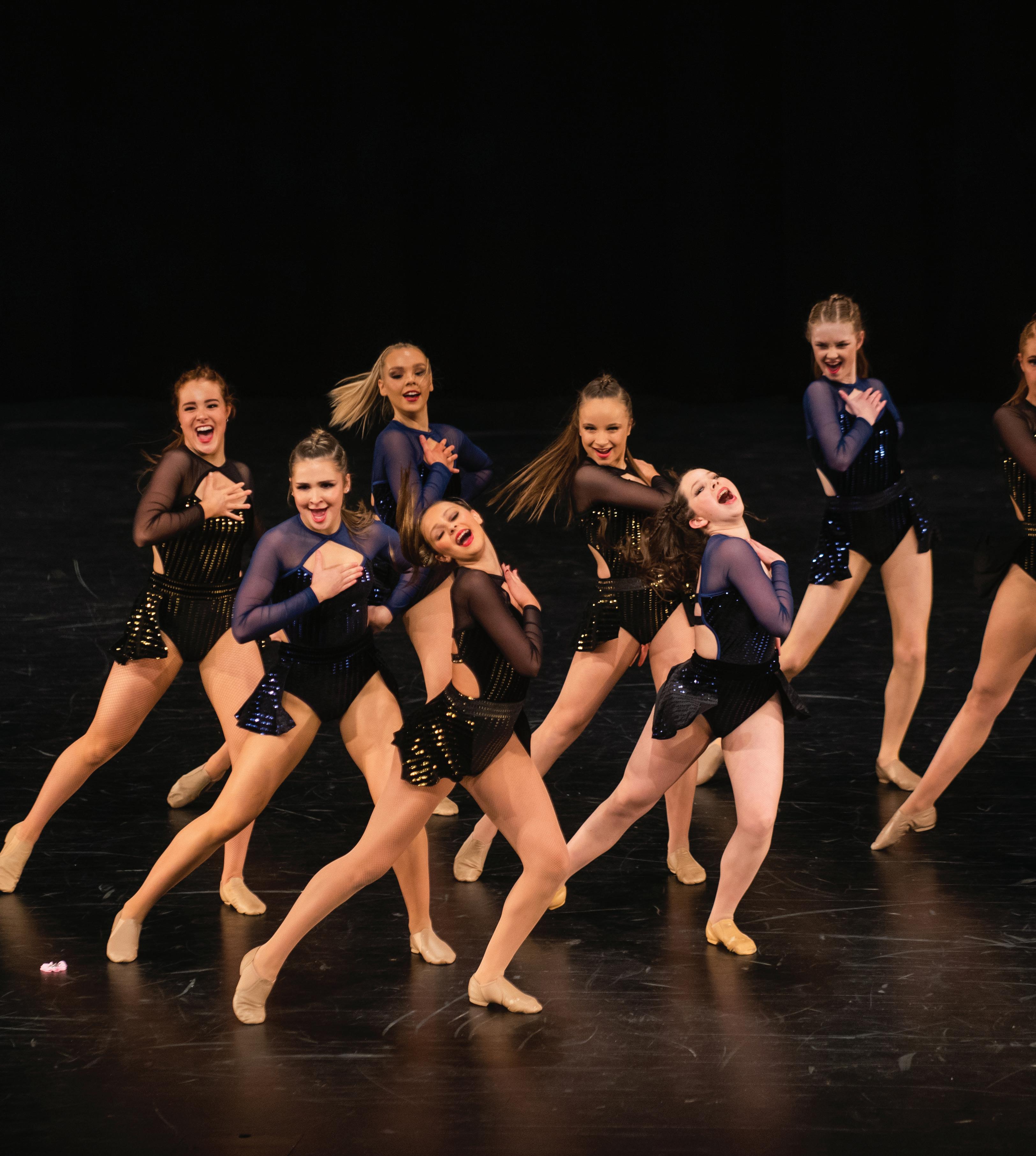


ance is defined as the movement of the body in a rhythmic way for the purpose of expressing an idea or emotion. For me, I find two quotes sum up the relationship between dance and identity, or ‘being you’.
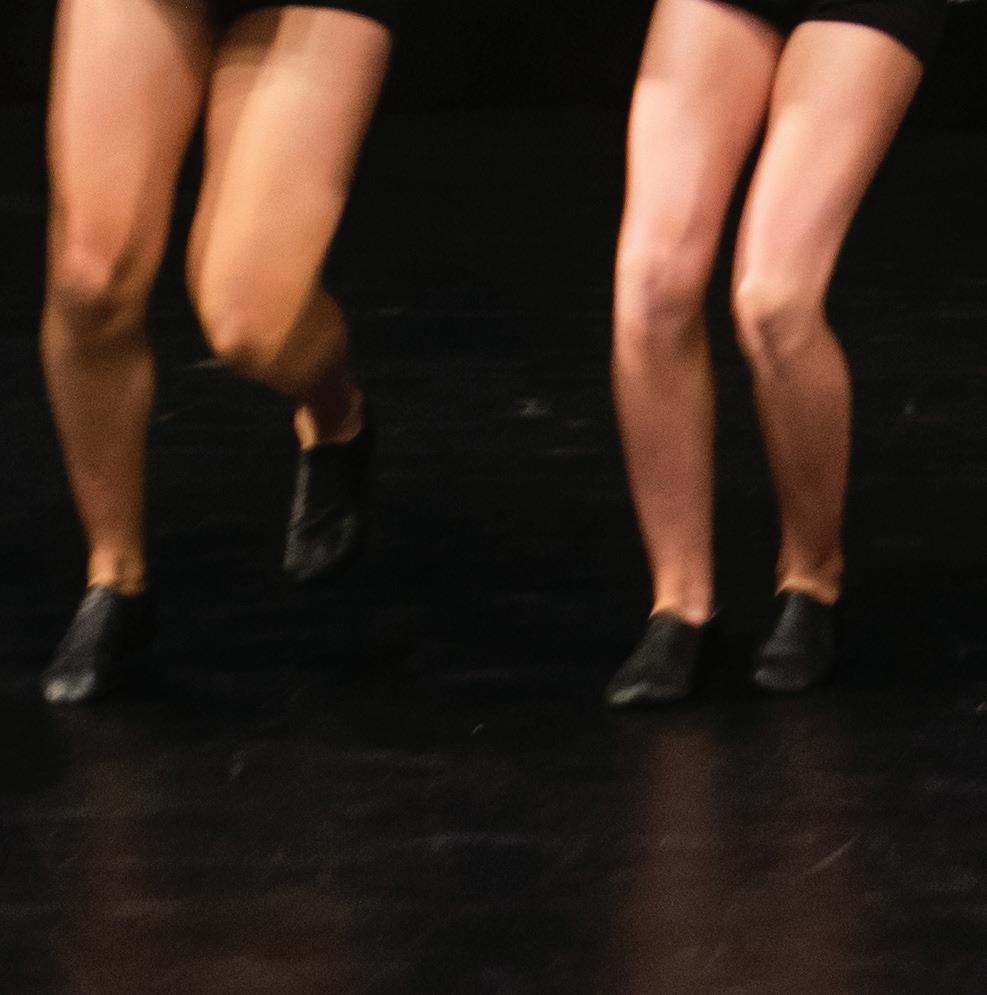

The first, by Australian dance coach Peter Townsend: “Dance enables you to find yourself and lose yourself at the same time.” And the second by American entertainer Gene Kelly, “You dance love, you dance joy and you dance your dreams.”
At Rangi Ruru, each student who takes dancing does so for their own purposes— and through the medium, they are able to explore and express parts of themselves they may not have another outlet to do so; connect with like-minded students, and do so in a supportive environment.



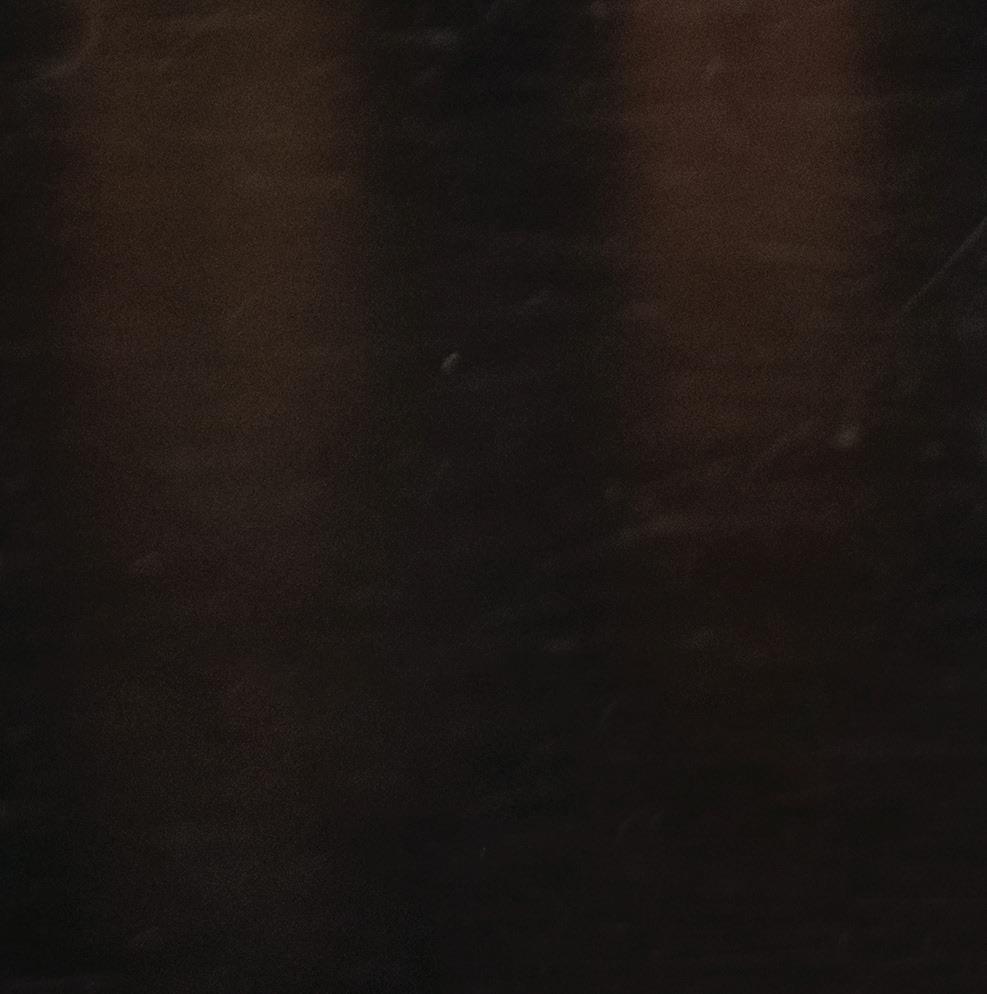
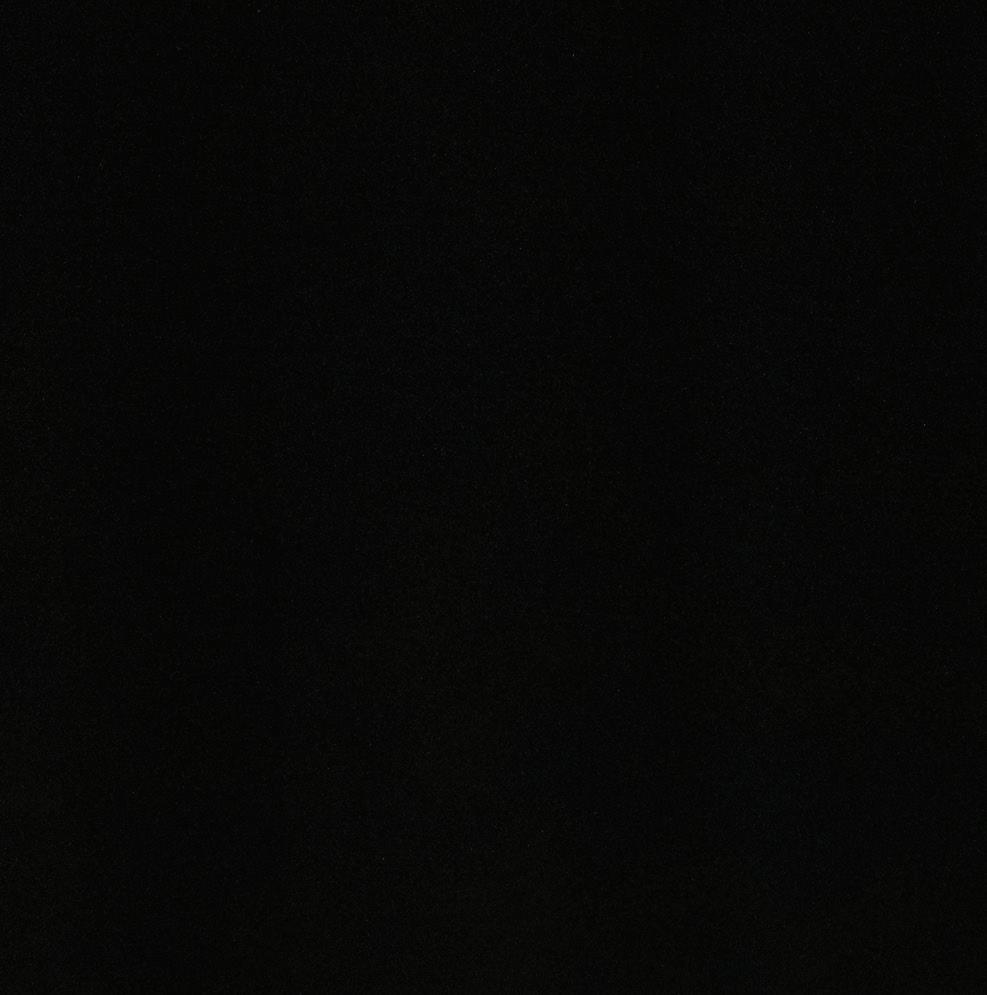

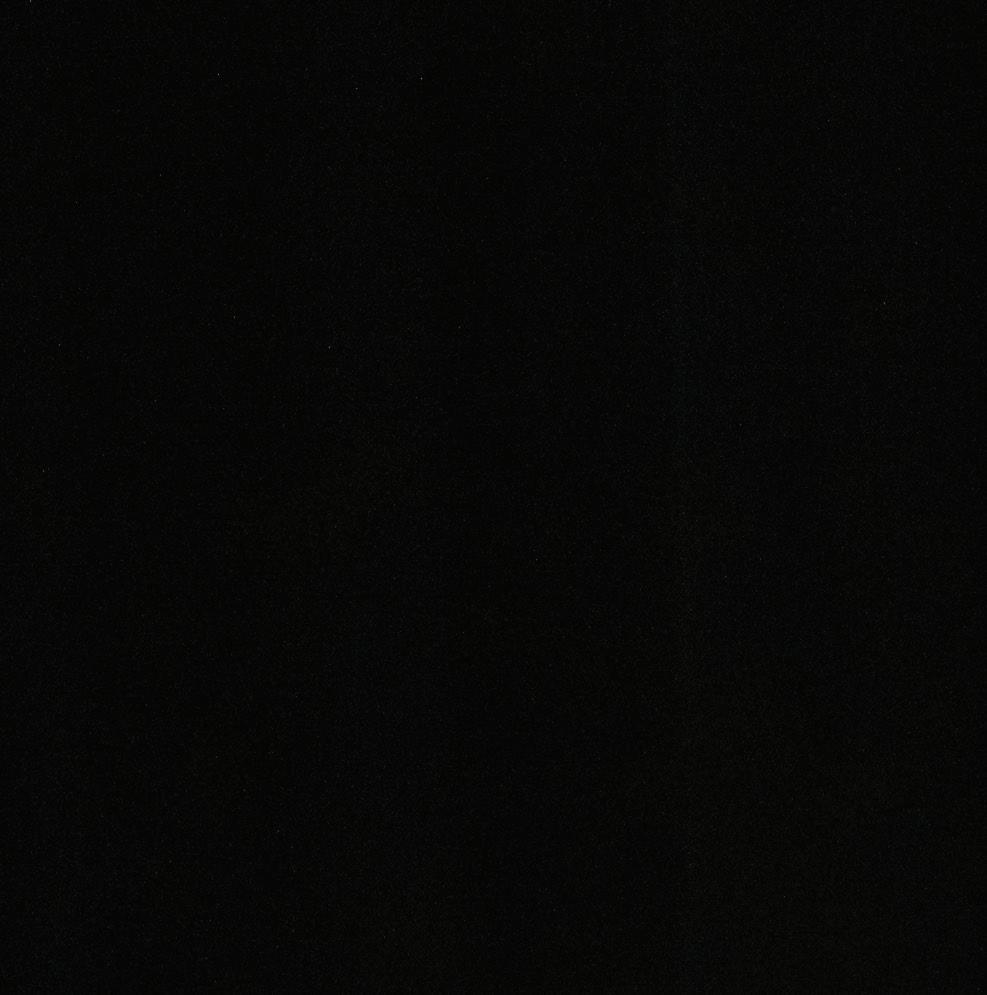
The one thing all our students have in common is that they can tell their stories without speaking.
For shy students, or those who struggle to articulate their thoughts using words, dancing is an opportunity to communicate their innermost thoughts and emotions to their audiences. One Year 13 student in the Elite Company says, “As I am really shy, dance helps me to express thoughts and feelings through movement
instead of speaking.”
Being able to articulate their emotions and ideas means these students are discovering who they truly are through movement.
Our Dance students thrive on being able to spend extra time with their friends during rehearsals, meet students from different year levels and create friendships based on a passion for dance.

The Dance Companies offer students from different dance schools around Christchurch, students who travel to get to school, and students who don’t get to dance outside of school due to sport or other co-curricular commitments the opportunity to explore this passion with others who love dance, too.
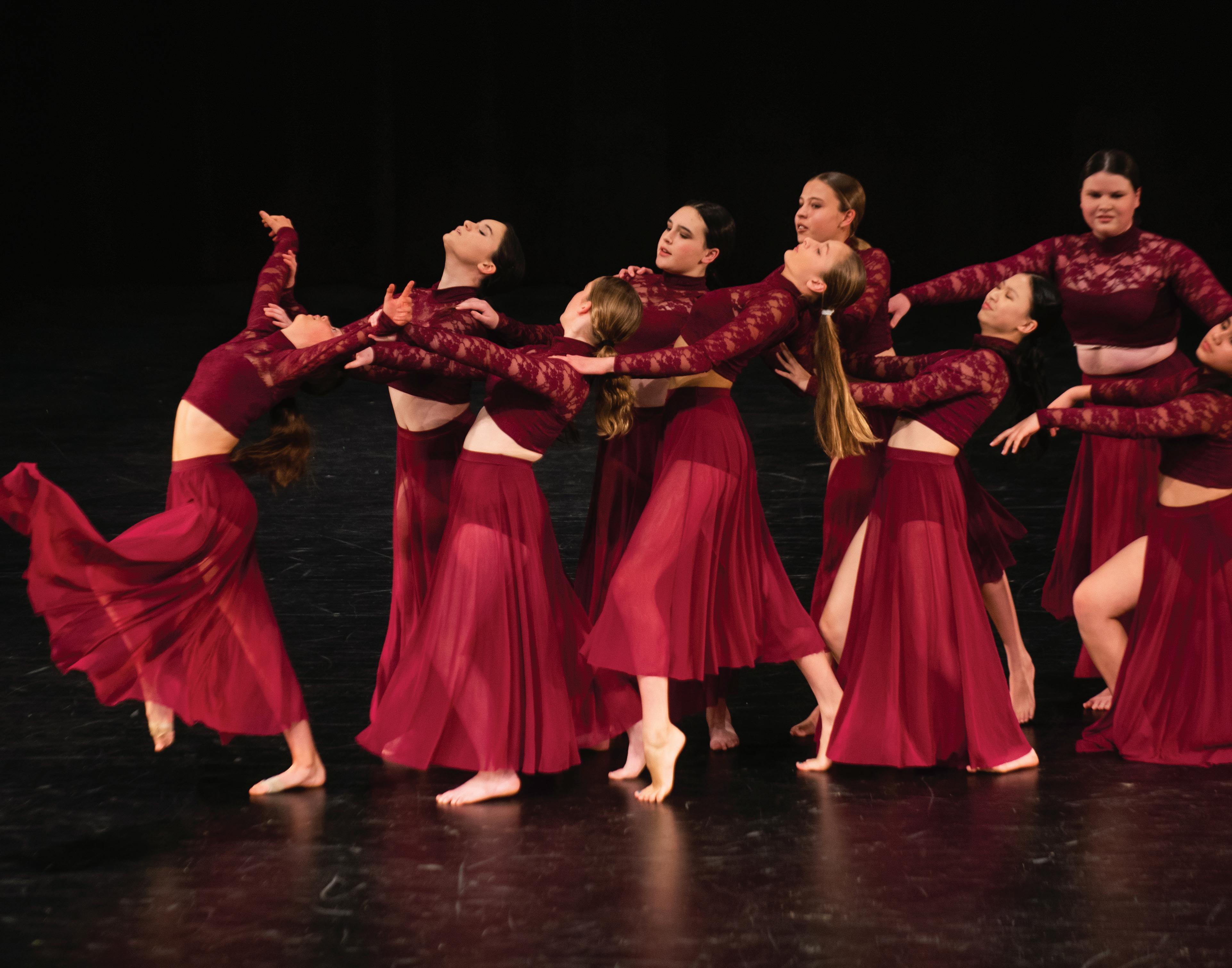




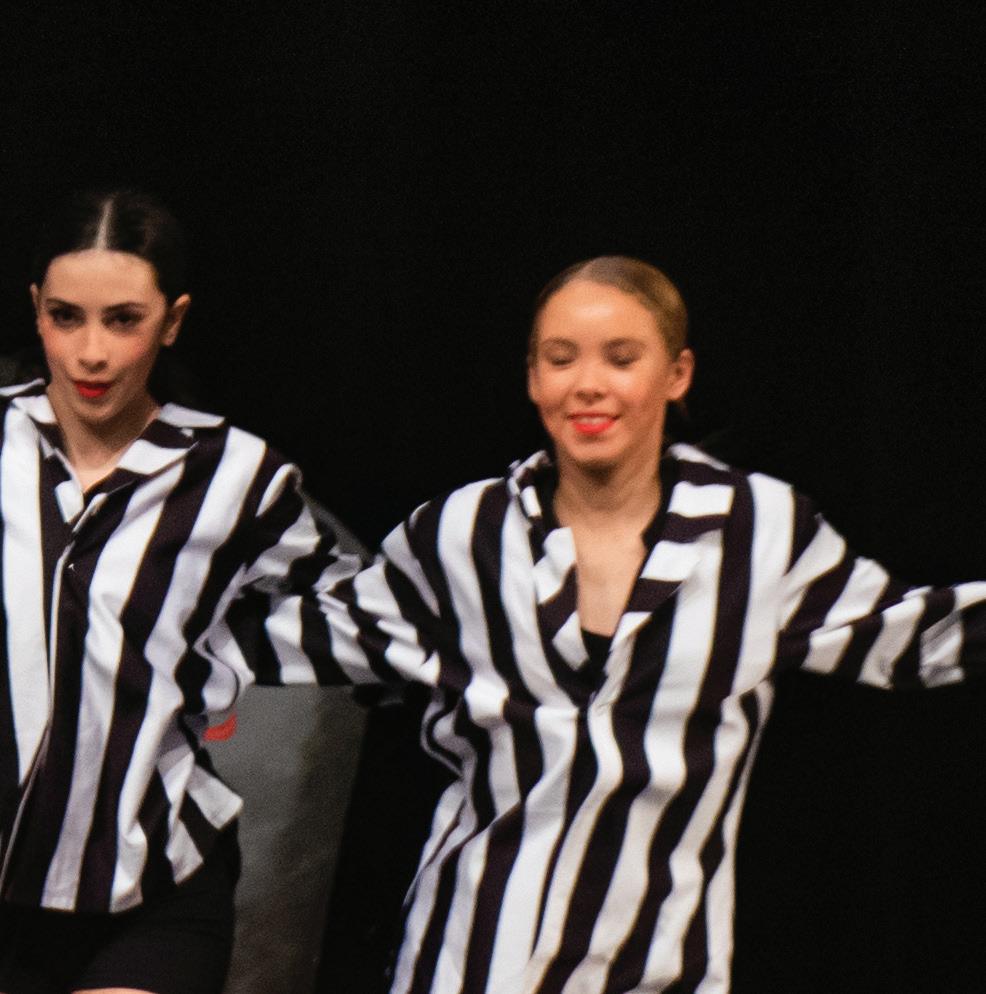
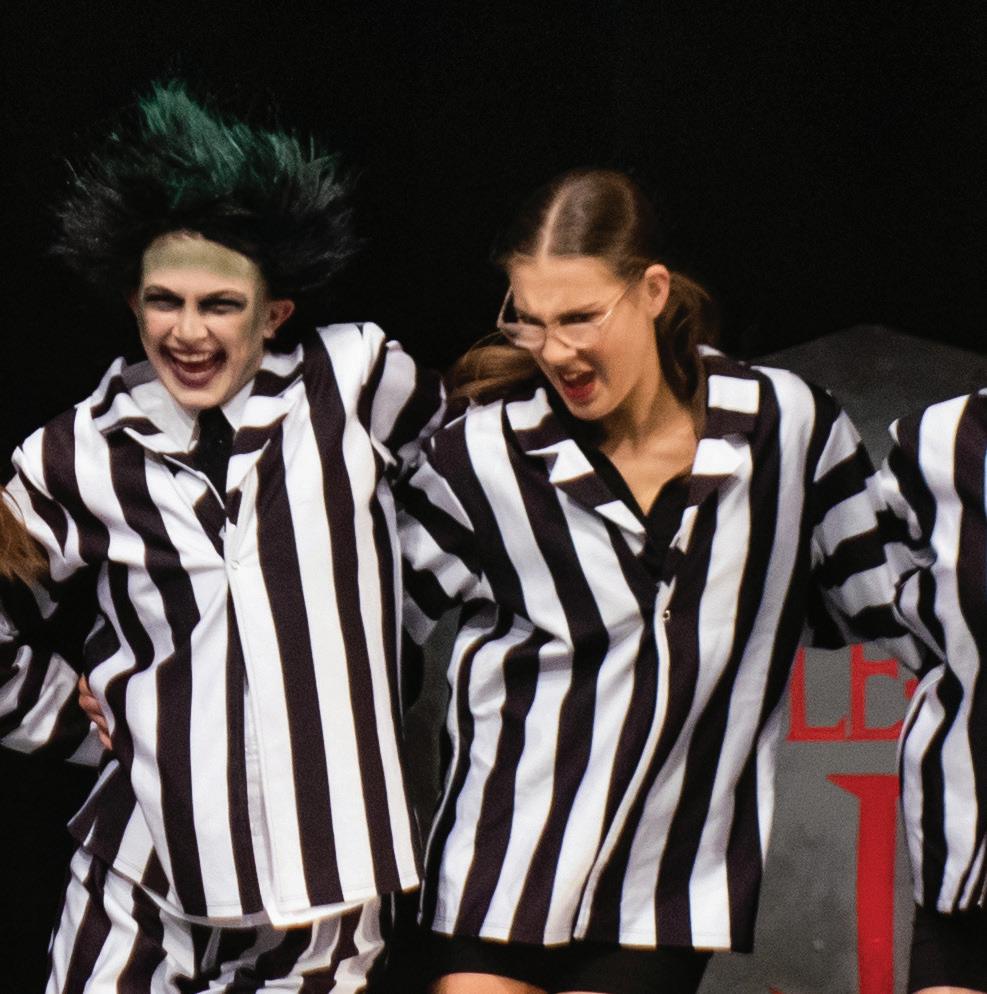

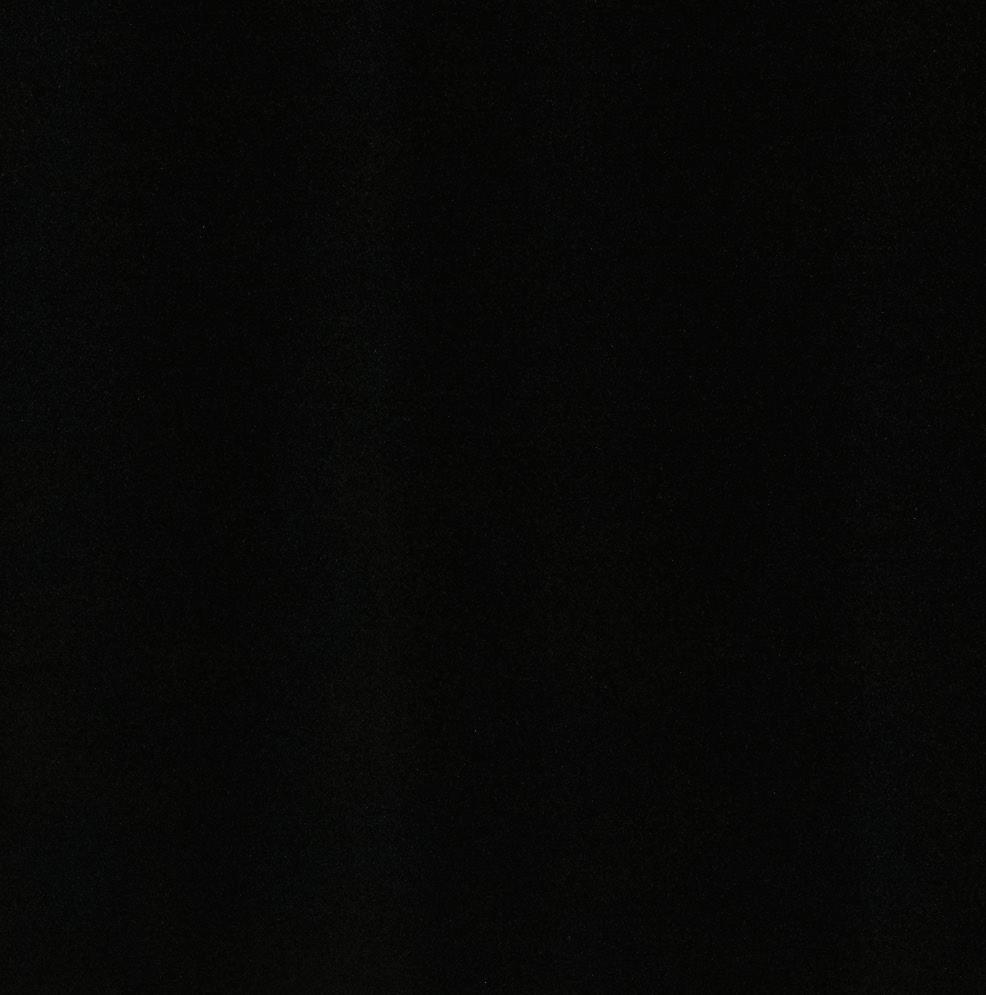

Year 9 student, Lily Partridge, says this opportunity helps her be herself. “I believe that dancing at Rangi Ruru helps me be me because there are so many kind people, it is so much fun and overall, an amazing experience to be a part of.”


Annabelle Stalker, Year 11, and Olivia Skelton, Year 9, say that Dance contributes to their wellbeing both at, and outside of, school.
“You can really just be yourself dancing at Rangi Ruru,” says Annabelle. “It is such a nice and safe environment where no one is going to judge you.”
Olivia agrees: “Dancing in a company at Rangi Ruru has been amazing and I feel like I can truly be me because the
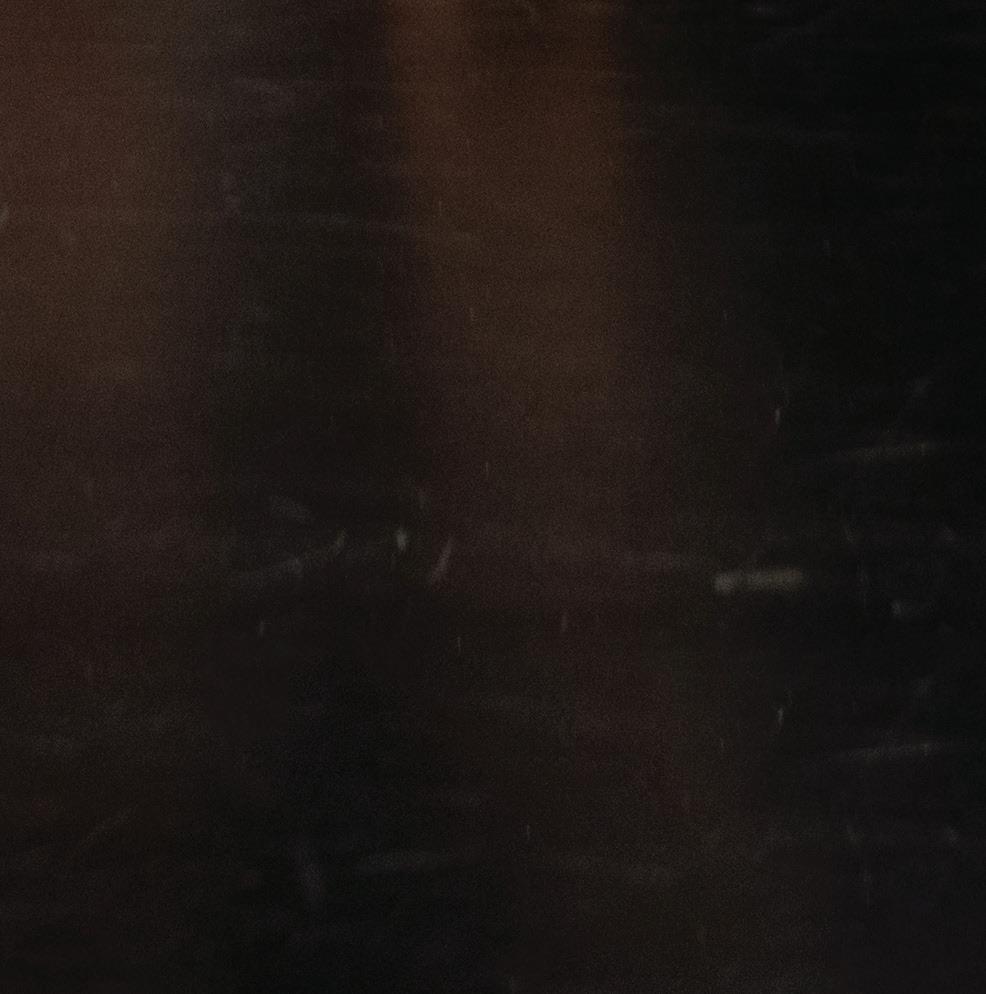
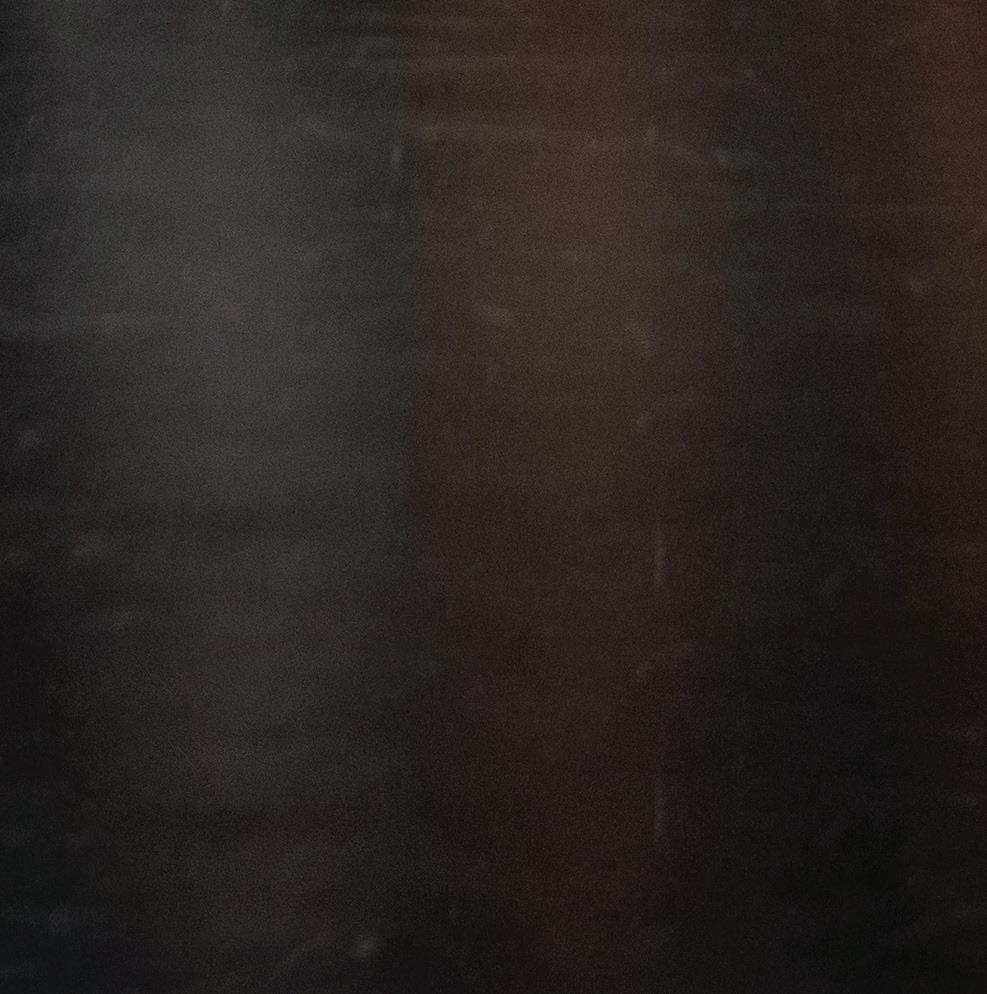
Students feel safe to express themselves, step out of their comfort zones and give new things a try: They can lose themselves in the music and tell their stories knowing that their wellbeing is being protected by their fellow dancers.
environment is so positive.’

Our students encourage each other, lift each other up and celebrate one another. Whether they are in the Elite Company and dance multiple times a week or if they are in a social dance group, the feeling is the same.
Students feel safe to express themselves, step out of their comfort zones and give new things a try: They can lose themselves in the music and tell their stories knowing that their wellbeing is being protected by their fellow dancers.
Kirsty

 TEACHER OF DANCE AND DRAMA AND YEAR 13 DEAN
TEACHER OF DANCE AND DRAMA AND YEAR 13 DEAN
Leadership is an integral part of students’ personal development at Rangi Ruru, taking many different forms as ākonga ascend through the school. Initiatives like Clans and Peer Support provide opportunities

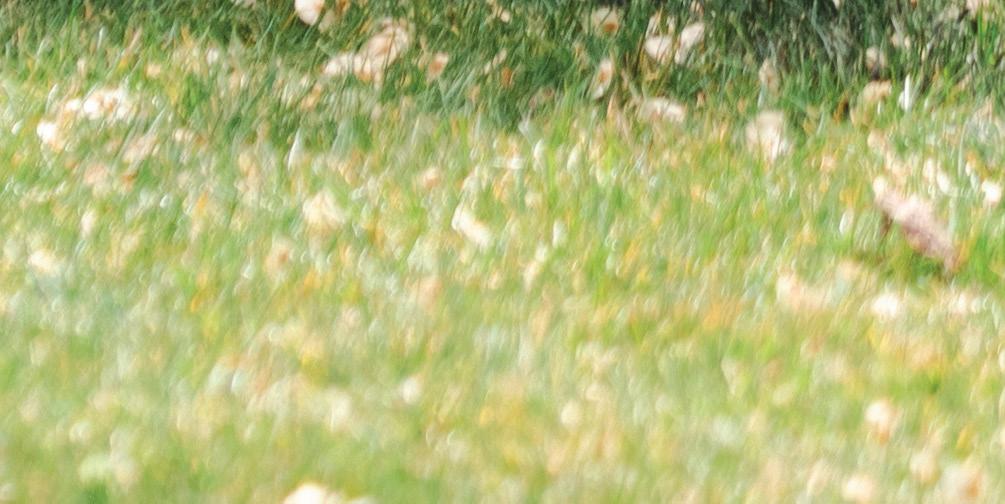


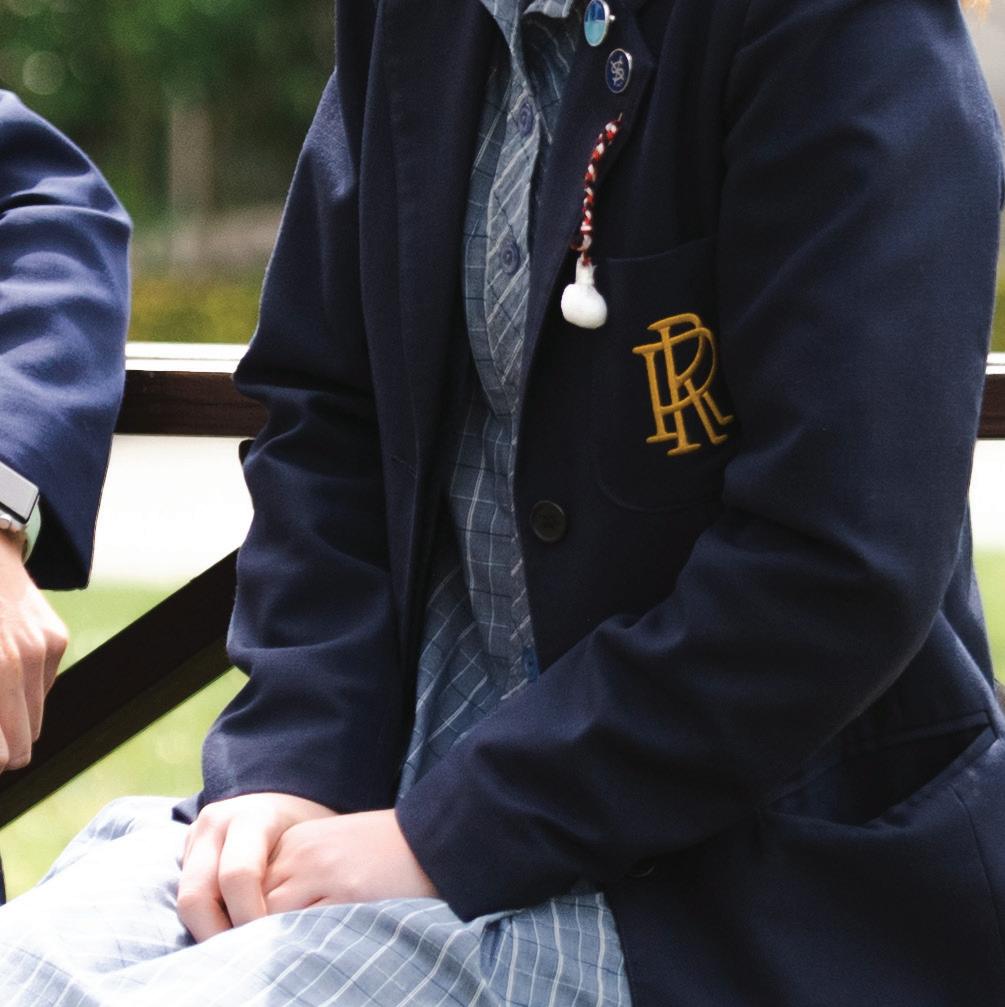

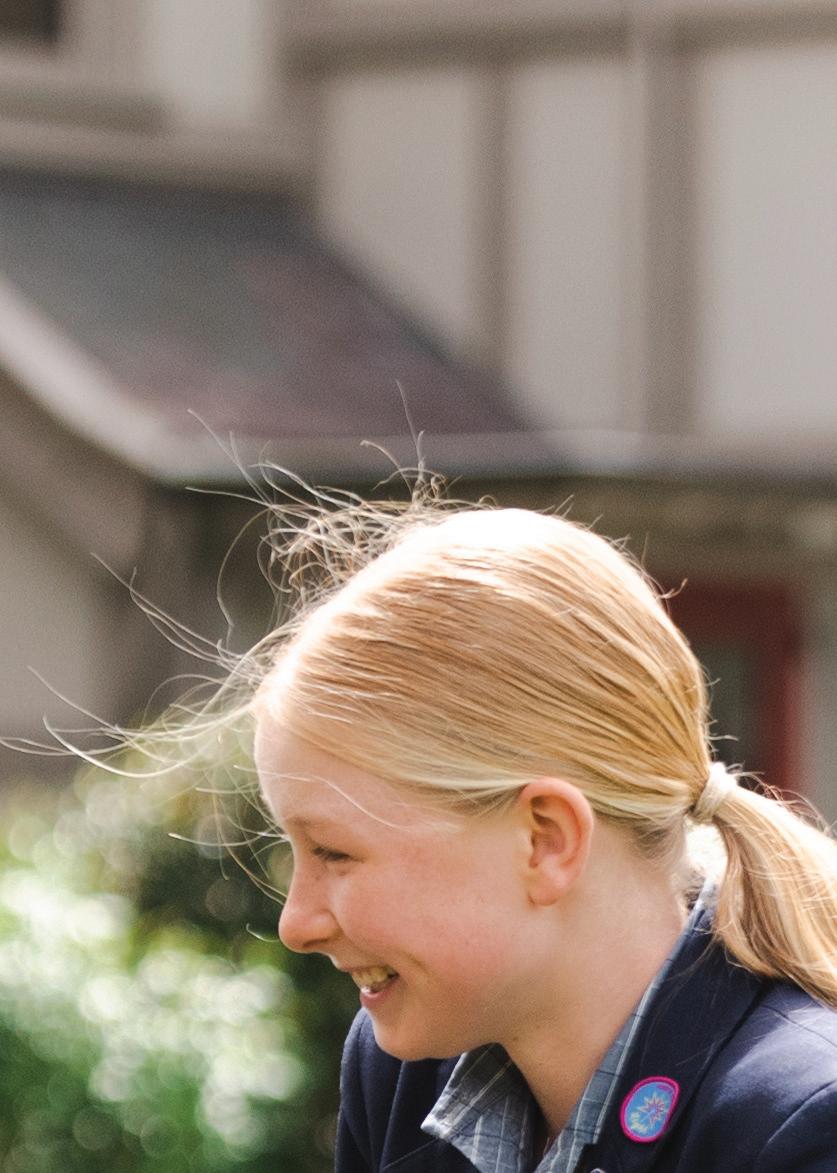
In 2022, a new Whānau Komiti creates space for the school to explore its cultural narrative.










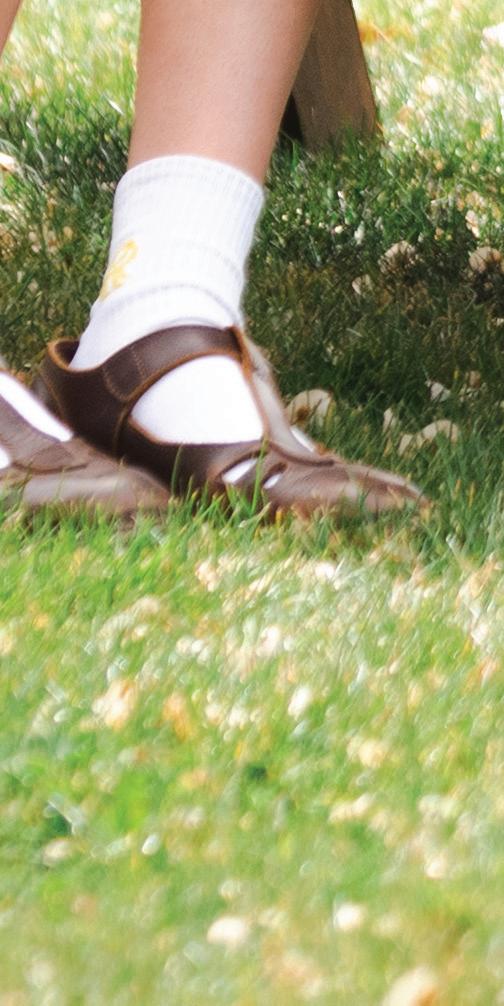
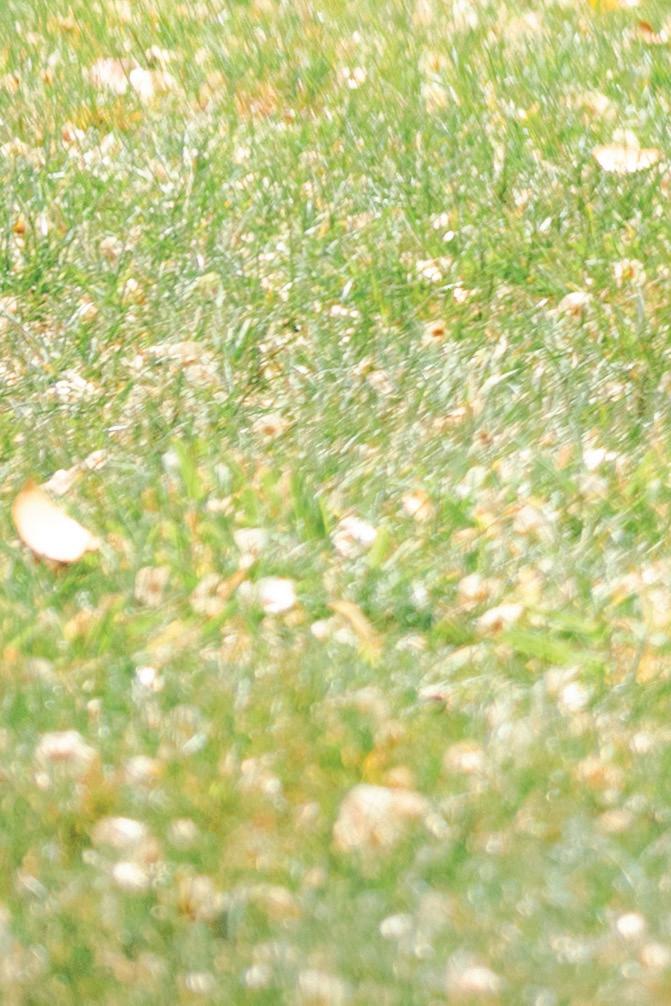



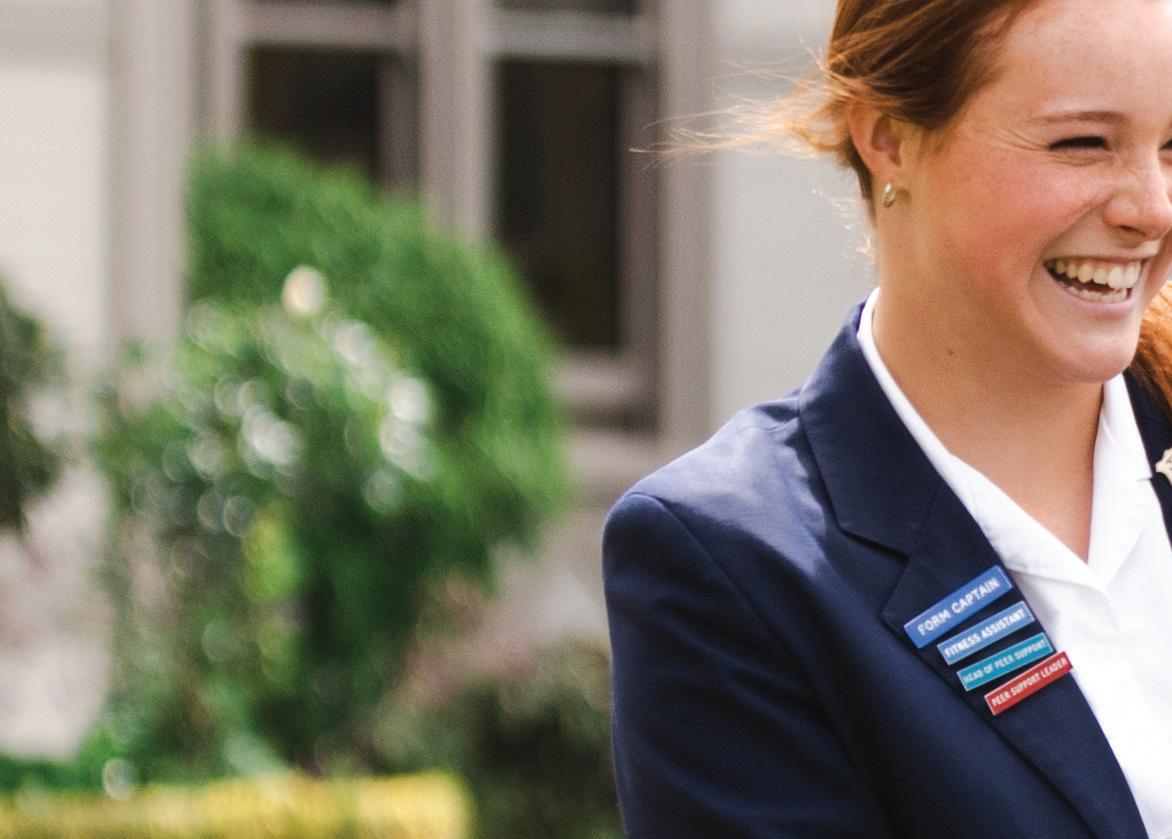


t Rangi Ruru we are committed to creating opportunities for our ākonga
Whānau Komiti, established this year, does just that. It provides time and space for learners to reflect upon who they are, the connections they forge and the difference they make within our wide sky shelter.
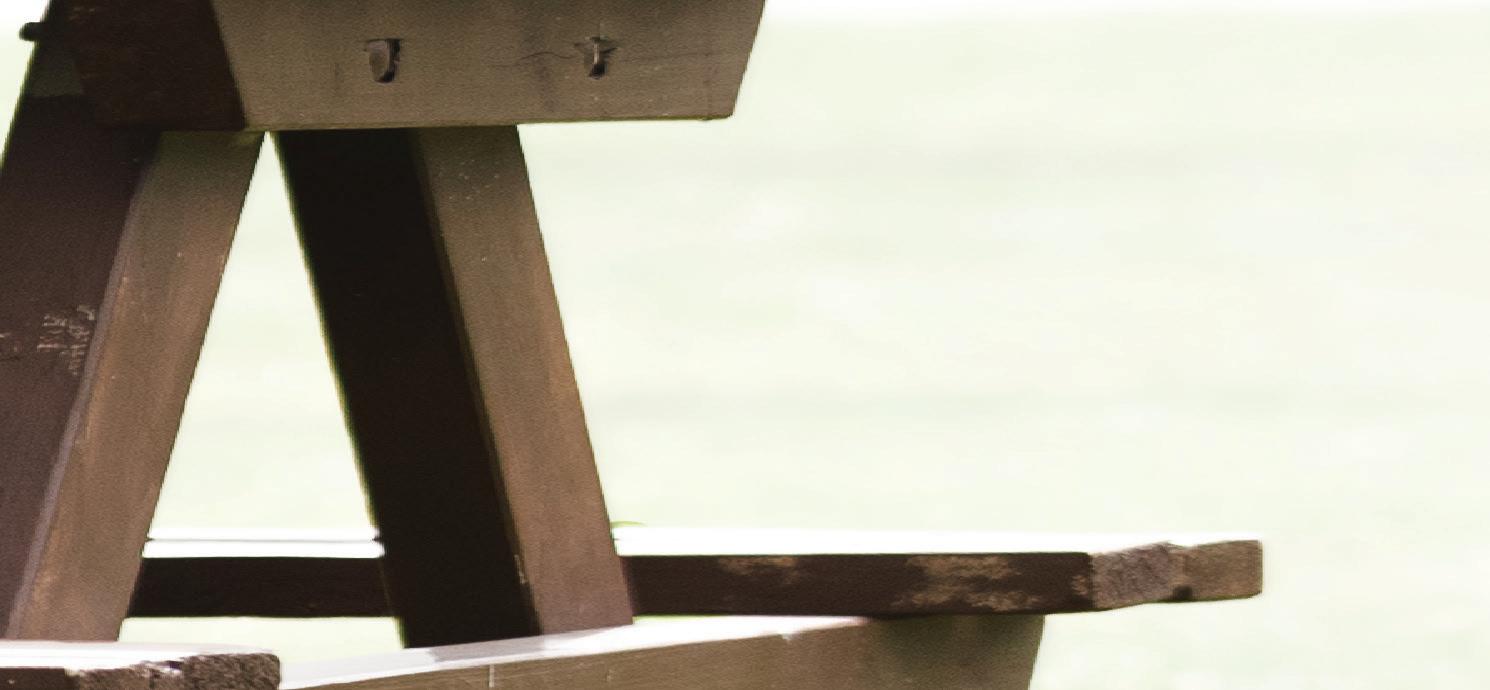


to be vulnerable, a commitment to delving deeper and a fail-fast approach, as our inaugural Head of Whānau, Ella Hartel







space for students to be open, honest and vulnerable.
As the Komiti has grown, so has its mana and influence within our community.
The voice of the group has helped shape positive change, in turn we want to be!
its






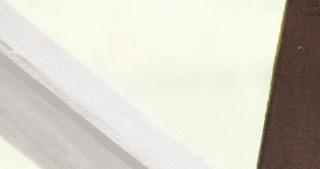

supporting others to be reflective, active listeners—exactly the change

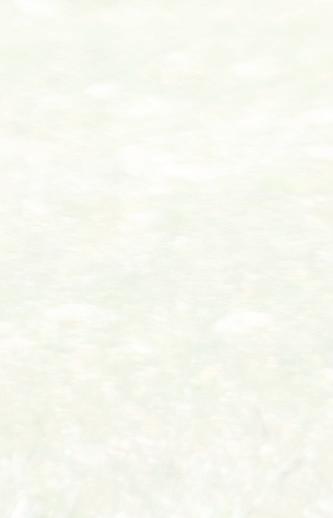
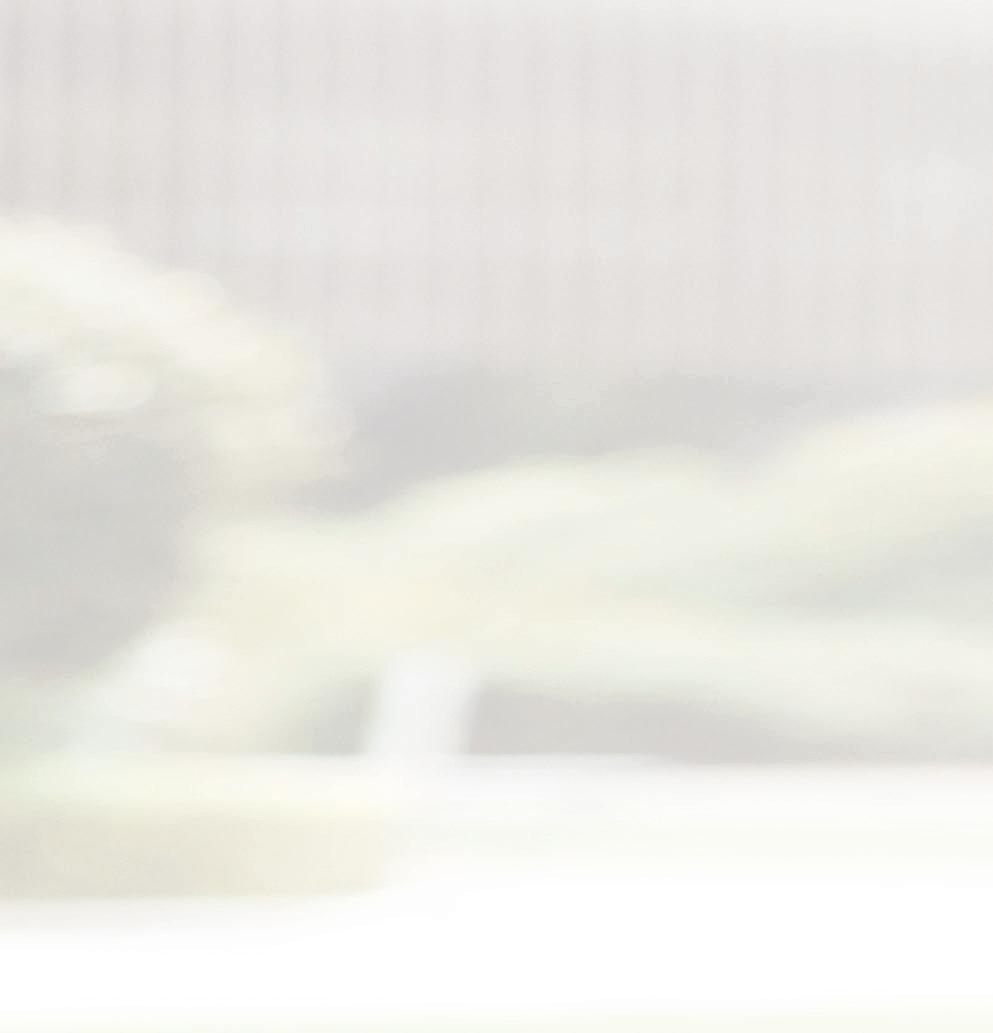
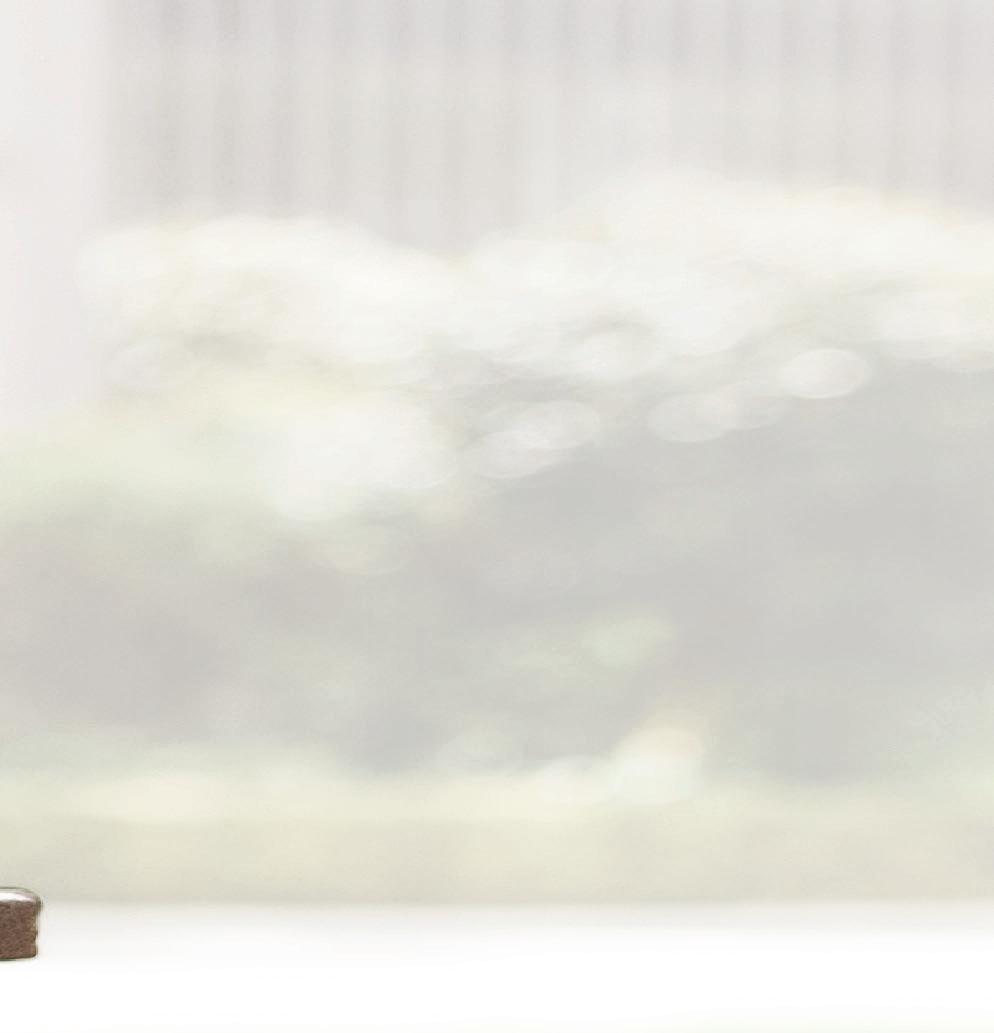

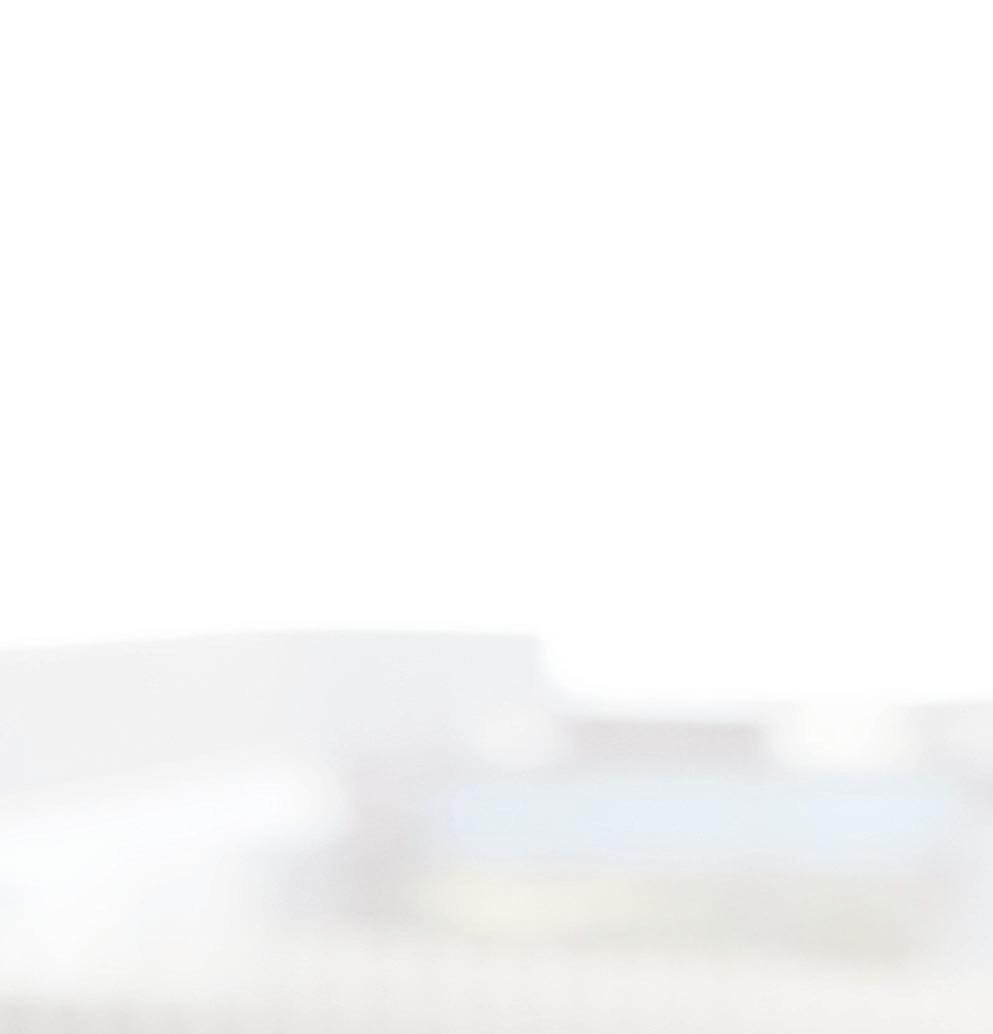



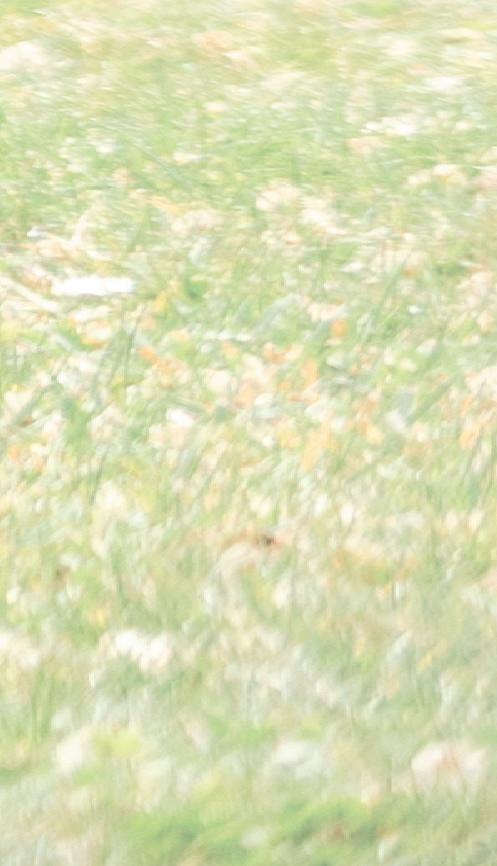

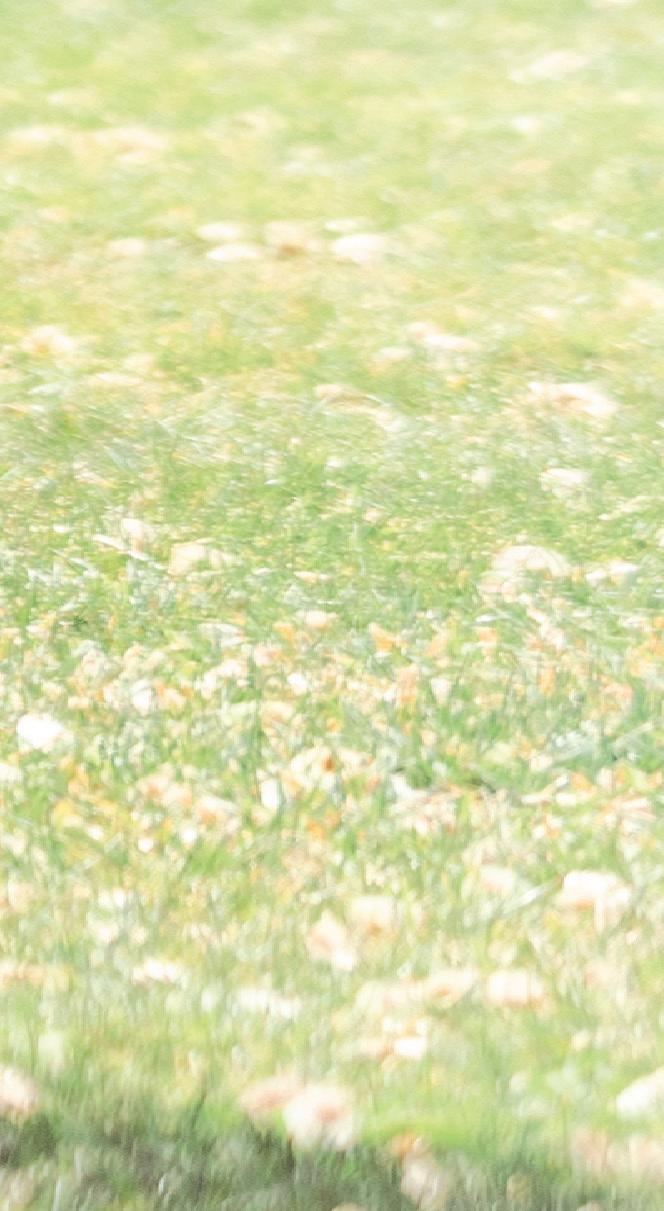
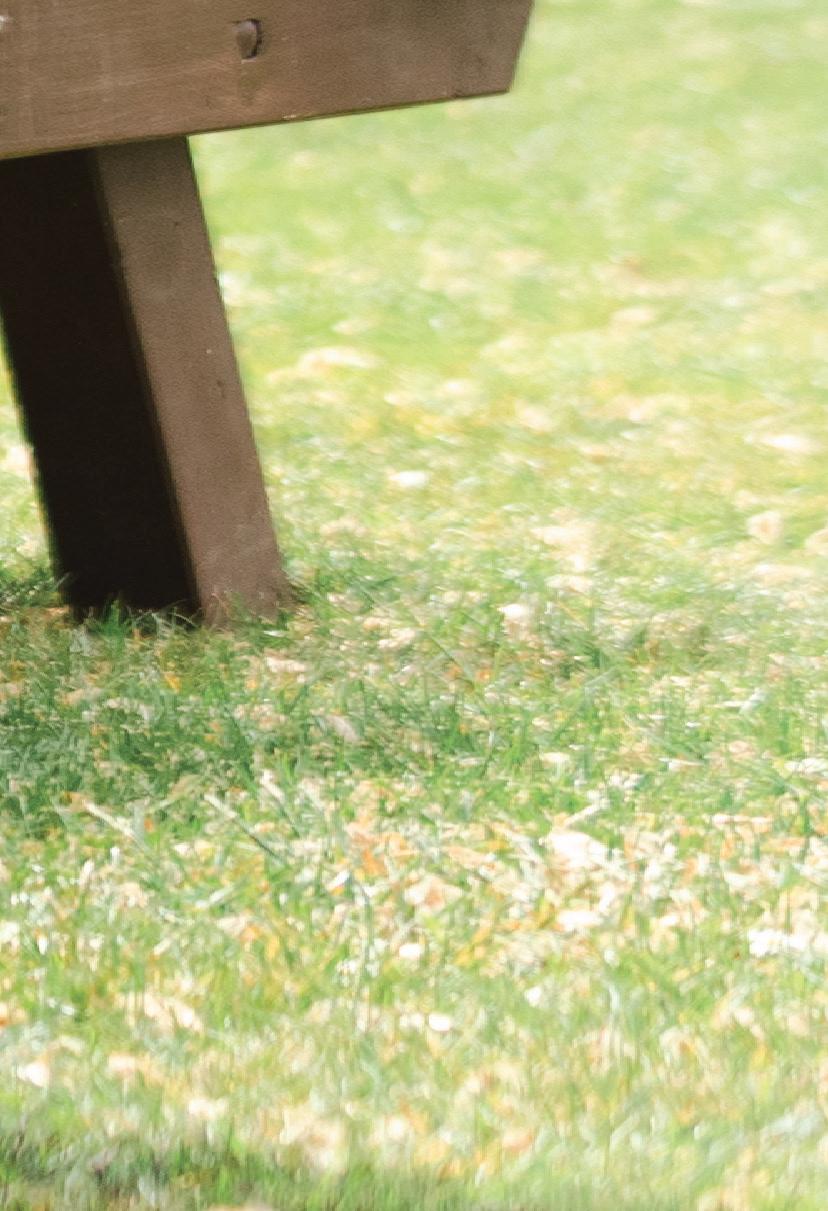
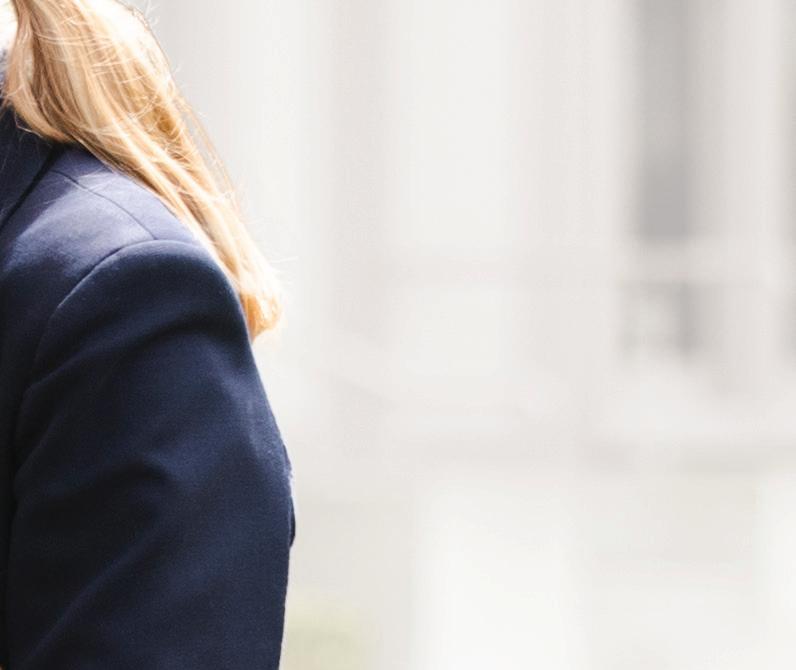

Accepting that we have plenty of room to grow is essential. We are excited by the opportunity to support all learners to belong and to understand our unique cultural narrative. The Whānau Komiti looks forward to playing its part in supporting peers to better understand who we are, where we stand and requires a willingness
what we stand for. Being you often
“Stepping into the newly formed role of Head of Whānau was a rather daunting task. I really wanted to give it the mana it deserves but questioned whether I was ‘Māori enough’ or ‘looked Māori enough’. I worried about what others looking in would think, and if they would question if I was the best representation of what Head of Whānau should be for Rangi Ruru.
“I quickly realised the absolute importance of the Whānau Komiti and my mentors. Instead of questioning whether I deserved the role, I instead focused on being my best. I made mistakes, sought feedback, bounced ideas around and committed to growing the komiti, hopefully laying the groundwork for future
explains. formed success.”
Strengthening Clan connections is something we take seriously. When paired with our long-established Peer Support programme, everyone’s a winner.
The programme provides opportunities for Year 9 students to connect with and learn from trained Year 12 Peer Support small group learning, focused
Leaders. Seniors initiate regular activities and on core themes of are deliberately small and tuakana-teina across year
connection, collaboration and peer pressure. Groups grouped by Clan, supporting levels whilst providing a safe
Learning is rich and varied for both Junior and Senior students, as explained by Year 9 Braemar students Melek and
Tyla. school.
“Coming together with our Clan Leaders has been like having big sisters at school. At the start of the year, they helped us to find connections with others in our Clan, encouraging us to be brave and try new things.
“We do activities that build trust, make us think about ourselves and what we are grateful for. It’s always nice to see our Peer Support Leaders around school and have them help us at events like Clan Singing.”
Benefits are reciprocal, with seniors gaining just as much from these valuable connections with younger students, as outlined below by Lottie Blake-Manson and Nyah Rewiti, two of the 36-strong Peer Support Team.
“We’ve learnt a lot about ourselves through the programme—not only the practical skills of organising and leading groups, but communicating effectively and being positive role models.
“Leading the programme has helped us to relate to others, to work as part of a big team and connect with junior
“Covid-19 restrictions have required us to adapt plans, be flexible and respond to the needs of the group. More than anything, it’s reminded us of the importance of having fun and taking the

students. time to talk.”
Words by Jon Kimber YEAR 12 DEAN AND HEAD OF STUDENT DEVELOPMENT AND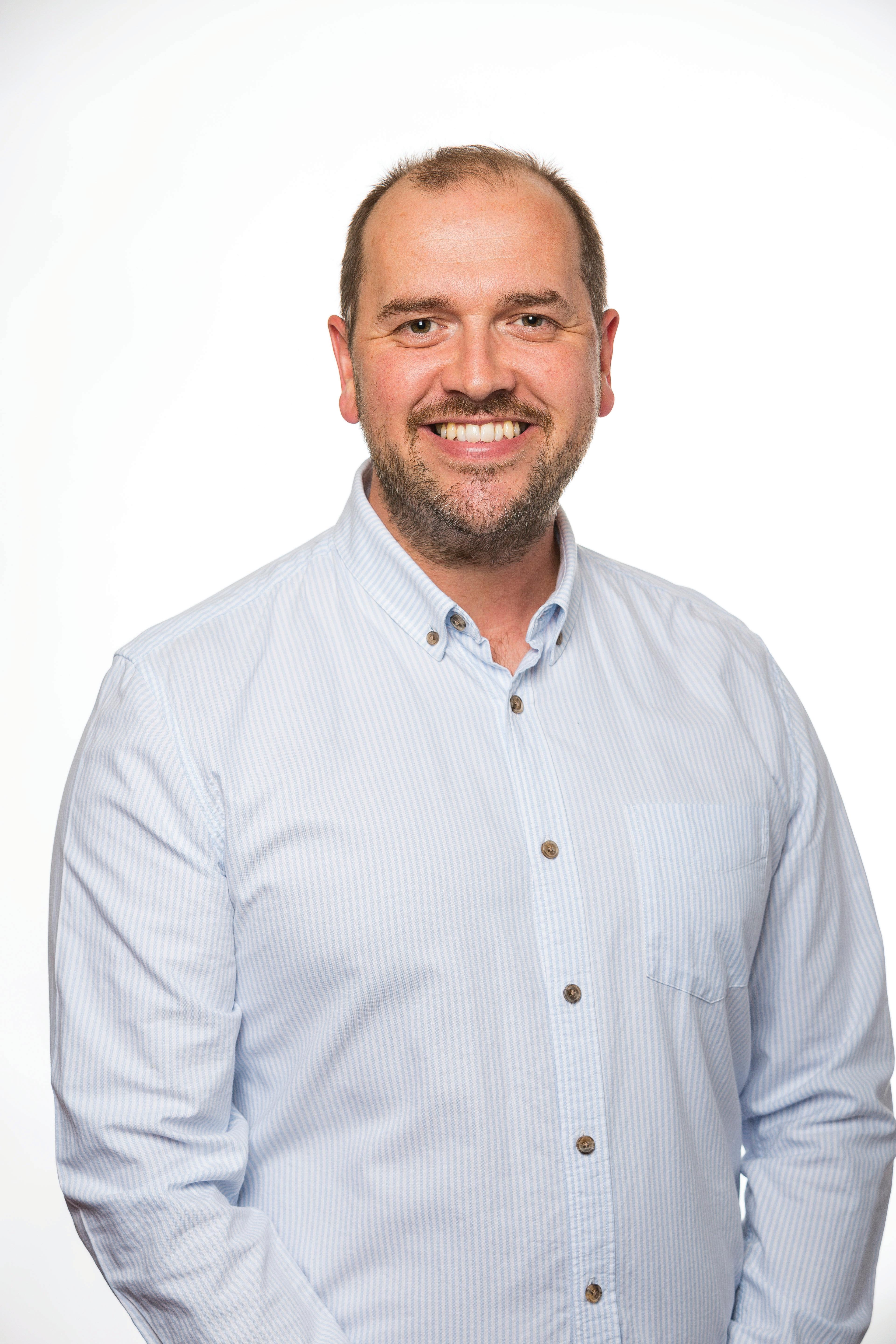
Mā mua ka kite a muri, mā muri ka ora a mua. Those who lead give sight to those who follow, those who follow give life to those who lead.
to, unashamedly, be themselves. Our
Hewitts Road entrance.
t gives me great pleasure to see Atawhai being used by staff and students, to hear that the Leavers’ Ball for our Year 13s will be hosted there this year and to know that once the retractable seats arrive it will be used for the whole school to gather for assemblies and performances. It also gives me an enormous amount of pleasure to know that the completion of Atawhai has been a community effort.







Atawhai’s journey began when the masterplan for the Rangi Ruru campus was developed by the Board of Governors following the Canterbury earthquakes. I would like to acknowledge the governors at that time who had the foresight and vision to masterplan the Rangi Ruru campus. The masterplan vision was named Project Blue Sky and it provides a blueprint for the ongoing development of the school in a co-ordinated and planned way.
For my fellow governors and I, we began the journey to develop Atawhai by visiting a number of recently developed school gymnasiums in Christchurch and Canterbury. That part of the process enabled us to define exactly what was wanted in the new building. It was important to us that our new facility would be multi-purpose and not only provide a gymnasium but also incorporate teaching spaces, a fitness centre and enable the whole school to gather for assemblies and performances.
A building project takes a significant amount of time and effort to keep on track. We were very fortunate to have Stewart Barnett, who is an Honorary Governor, manage the project for the Board.
Stewart gave an enormous amount of time and effort to the project, and it gave us a significant amount of comfort knowing that he was managing the delivery of Atawhai. We are enormously grateful for Stewart’s commitment, wisdom and dedication.

A project like Atawhai cannot be started or completed without funding, and as an independent school Rangi Ruru does not receive funding from the government or other public bodies for capital investment or development.






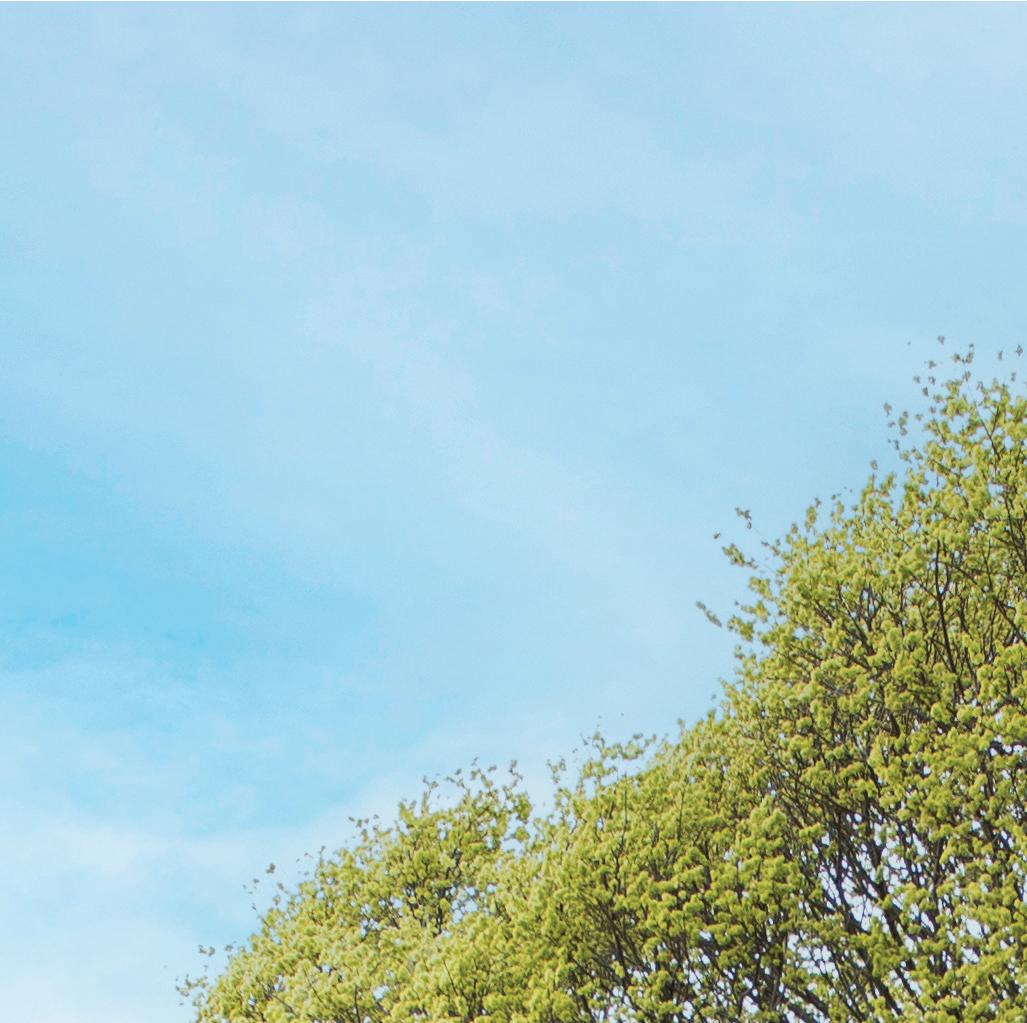
Therefore, the support of the school community is vital and the Rangi Ruru community has generously and widely supported this project. I would like to thank a number of people and groups within our community for their support.
The first person I would like to acknowledge for their generosity is Miss Elizabeth Reid. Miss Reid left a bequest to Rangi Ruru in excess of $2 million, without knowing how the gift would be used. We used her gift for Atawhai, and we named the gymnasium in her honour. We are truly grateful for her generosity. Miss Reid’s gift reflects the Greek proverb, “A society grows great when people plant trees in
whose shade they shall never sit.”

We had a number of significant donors who gave to the project early, including the Rangi Ruru Foundation and the Rangi Ruru Old Girls’ Association. The early gifts were instrumental in giving the Board confidence we would be able to seek wider community support for the project, and we truly appreciate this.
The wider community support we’ve

When I visit Rangi Ruru, I often take a moment to admire Atawhai’s welcoming presence at the
received for our fundraising initiatives for Atawhai has been heart-warming, and we are very grateful. There have been so many ways in which people have given to Atawhai including: Matching donors who gave freely before both our Giving Days; people who gave time and money on each Giving Day; donations of items for our fundraising House Party auction; sponsors
and attendees at our House Party, and bidders on the auction.
One of the final items that we, as a Board, needed to decide upon was a name for the new building. We asked Ngai Tahu hapū, Ngāi Tūāhuriri from Tuahiwi whether they would like to gift a name for the new building. Paora Taki, who gifted Rangi Ruru its name, is buried at Tuahiwi and the iwi still hold his manuscripts and traditions

within the community.


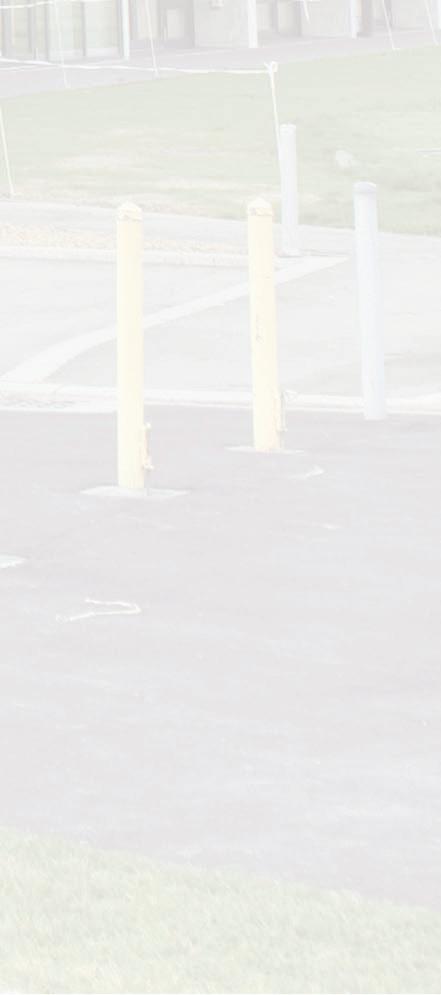


We were delighted when Tuahiwi gifted us the name and this connection was honoured. Atawhai fits perfectly as it refers to the idea of caring for people and compassion.
The contributions and support from our wider community has enabled Rangi Ruru to continue to develop its campus and care for our current and future students. Thank you very much to everyone who supported Atawhai.

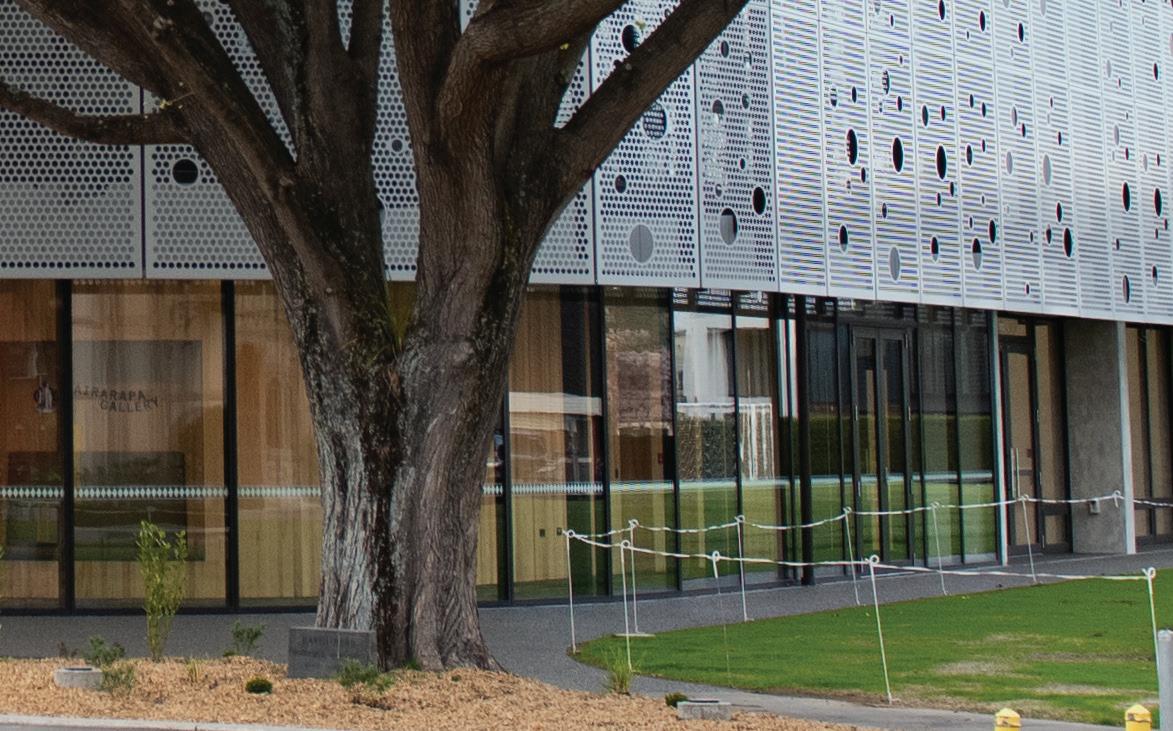




 Words by Nicki Carter BOARD OF GOVERNORS CHAIR
Words by Nicki Carter BOARD OF GOVERNORS CHAIR
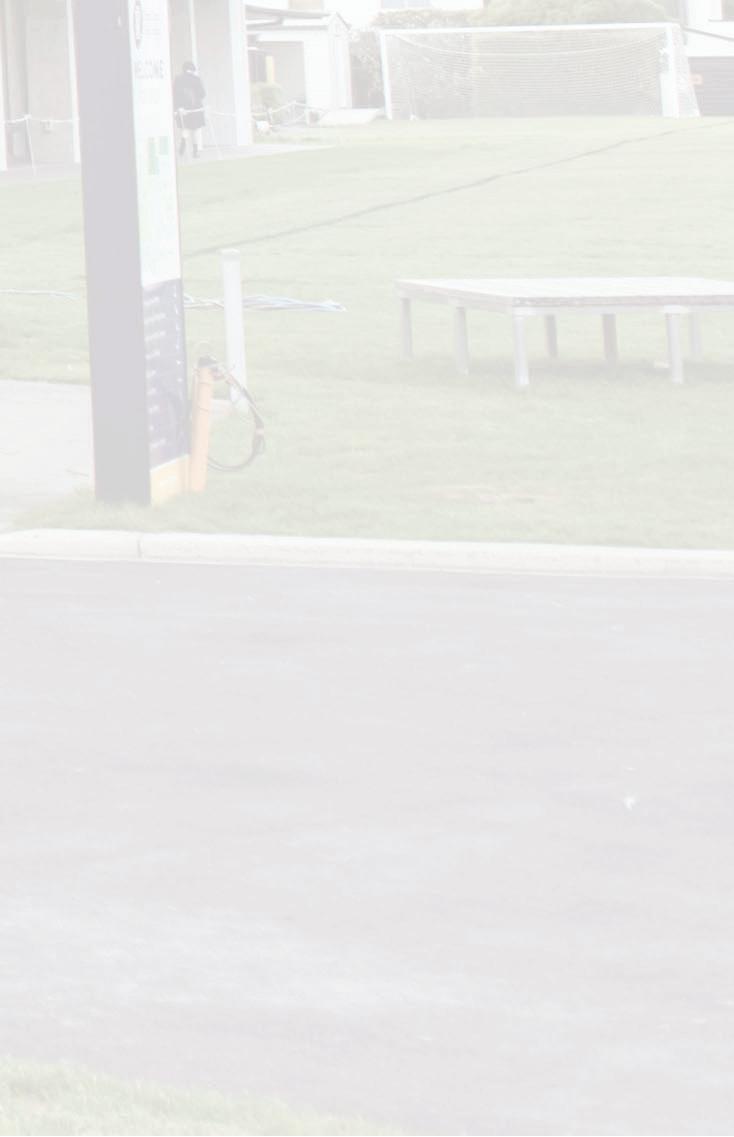
To me, “being you” is a journey that I have gone on throughout my five years here at Rangi Ruru, and learning more about my culture has been one of the ways I have connected more to who I am.
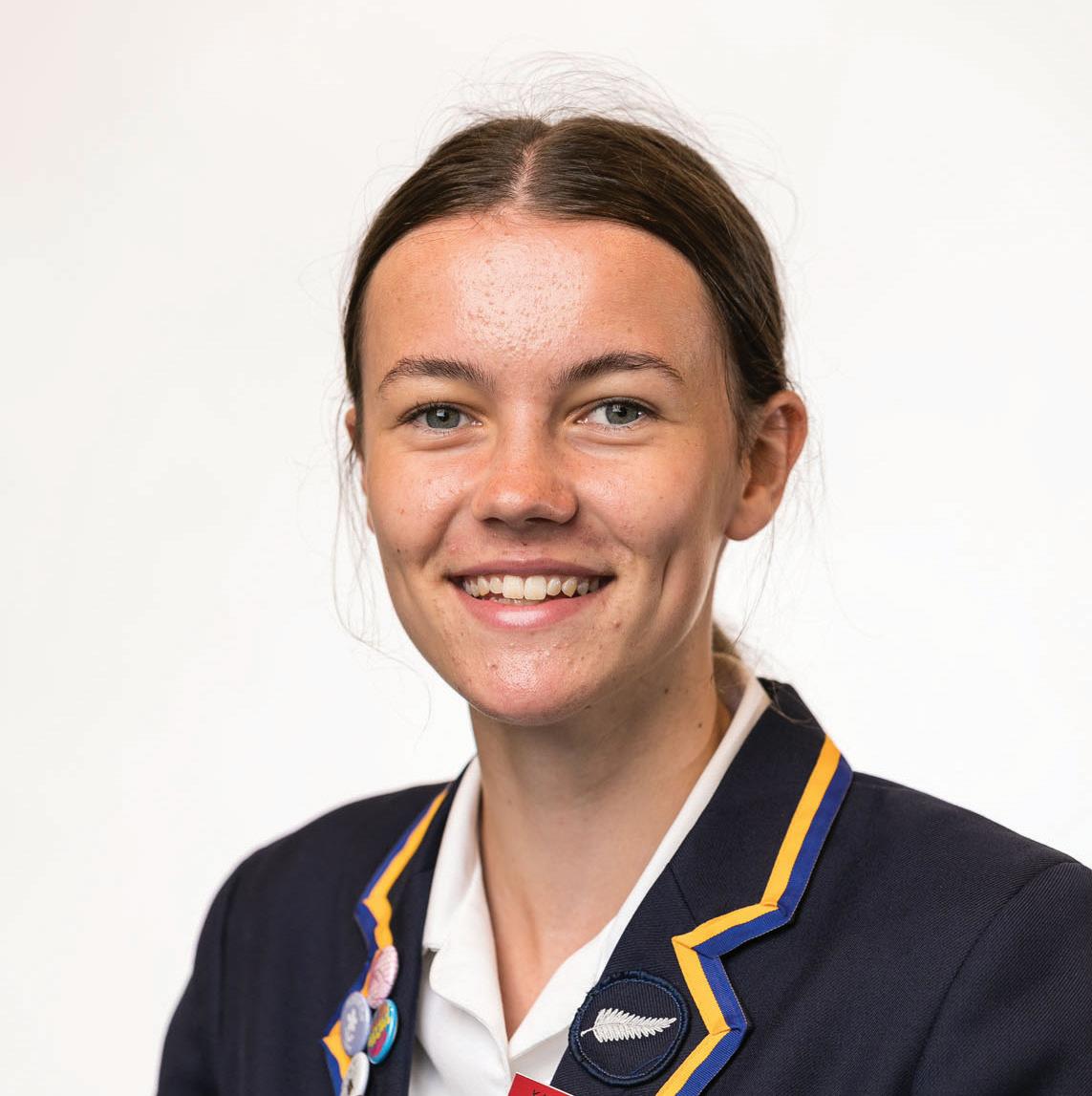
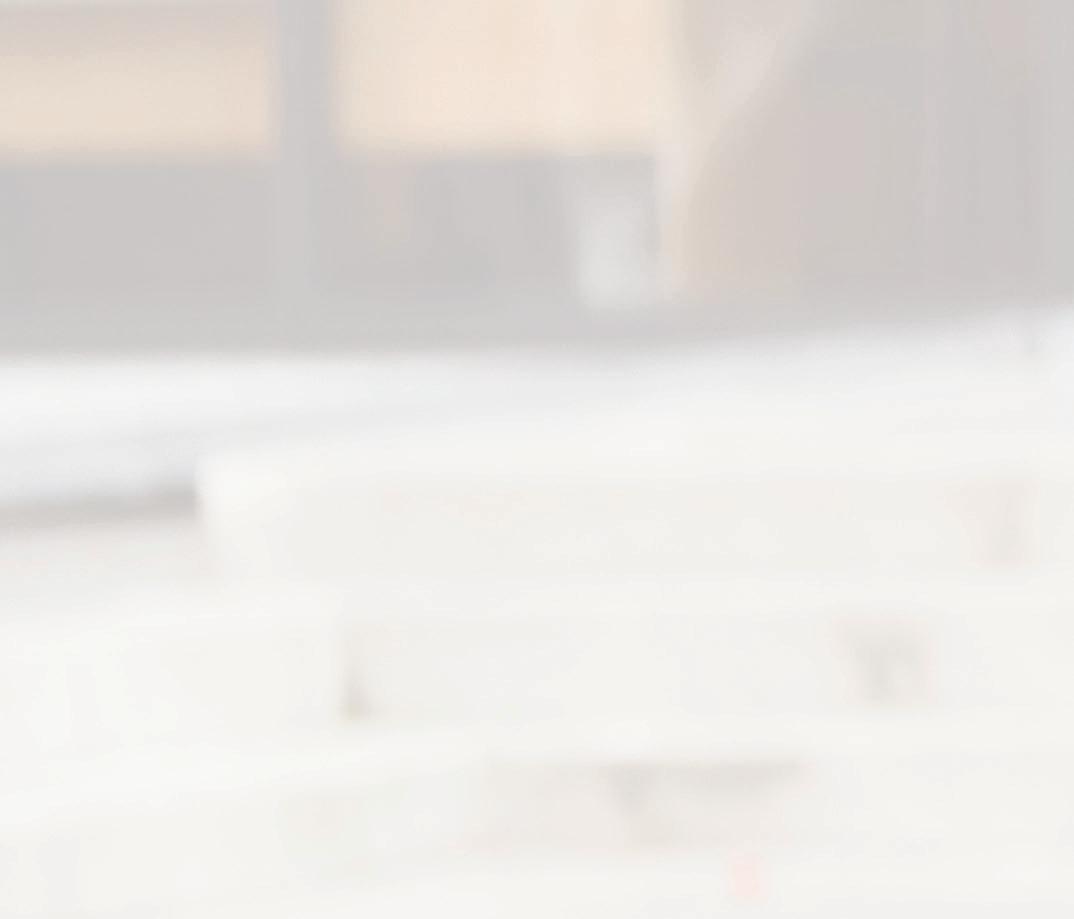

to embrace and learn more about who I am in allowed me the confidence and growth mindset to been able to positively express who I am through my
regards to my culture. This has been through the embedded values and support systems that have the become a confident wahine. Because of this structure and support I have culture and encourage many other students in all
where we had to create a tech product to solve a social problem. Our group created an AR social media lens for Snapchat and Instagram that taught users about Matariki and ended up having over 150,000 global engagements—it was such a cool experience to educate people about an important cultural event for our nation.
I started kapa haka when I was in Year 9. I feel that this was a great decision that I made as it got me involved in a school co-curricular activity that wasn’t sport as that’s what I
I’m very proud that this year I was able to take on the role of Rangi Ruru Student Head of Whānau for the very first time. This is a new leadership position introduced at the school, and I feel pride in the fact that Māori has been recognised in more ways than

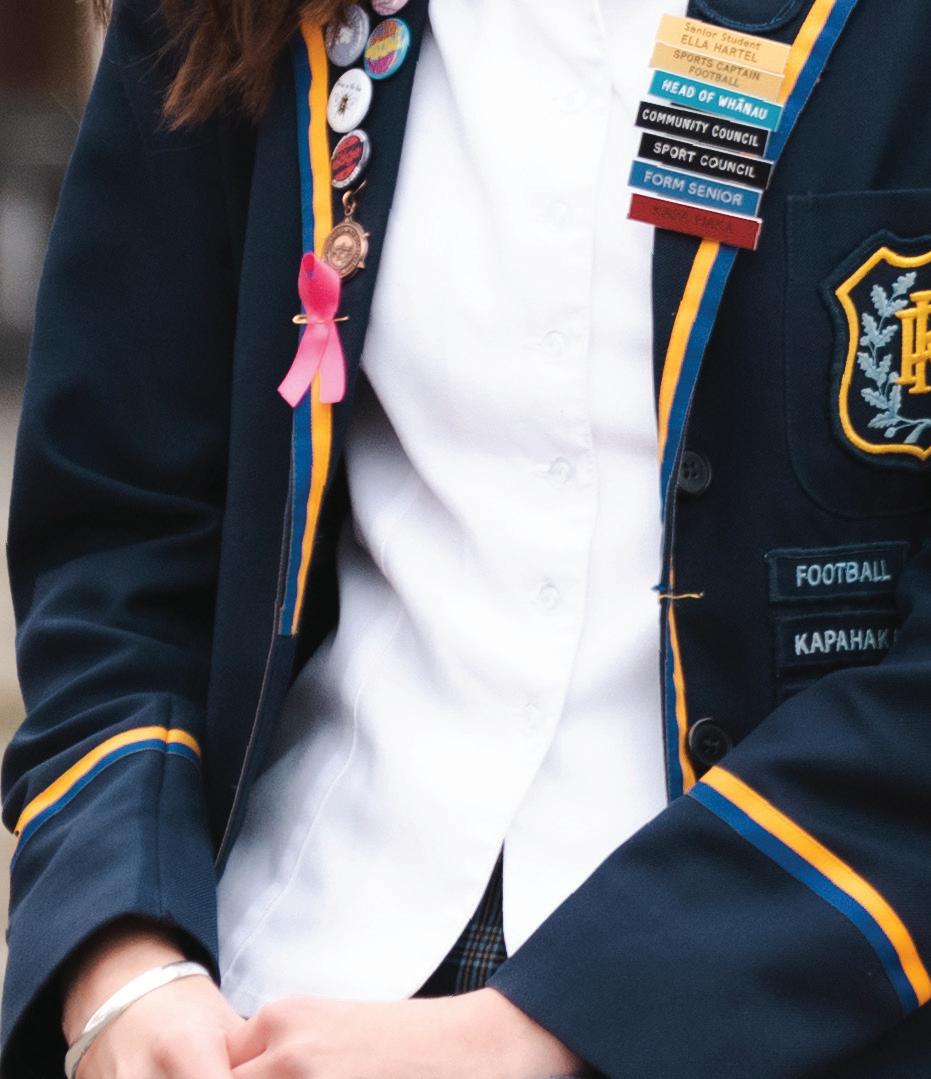
I’m very proud that this year I was able to take on just talk and pride that I have had the ability to influence the future of this important role.
It allowed me to get to know students in a variety of different year levels and kapa haka also opened my eyes to lots of other cultures, not just Māori—as in Year 10 we focused on Samoan performance which was an incredible experience.
I think that it is sometimes tricky when new ideas are introduced and it isn’t seen as ‘normal’ at first, so there will always be judgement and those who are sceptical of the ideas. I wanted to do it come from, and for those who aren’t as connected with their whakapapa to look at exploring this and

I think that it is sometimes tricky when new as who are sceptical of the ideas. I wanted to do it to encourage others to be proud of where they learning more about who they are.
I think it represents a step in the right direction for the school community, encouraging us as a kura to embrace our Māori culture. I see the role as being the connection of all ideas from every year group and the representative to be the voice for Tikanga Māori at Rangi Ruru. I will feel especially proud if I can pass the inaugural role over to another passionate person always wanted to do. I have always seen Te Reo one special to our country and also to my own
The kapa haka group became like our own whānau within the wider Rangi Ruru family and I was given a real sense of belonging within this group. There was an underlying theme of Māori culture weaved throughout my time there through routines as simple as karakia before and after rehearsal.
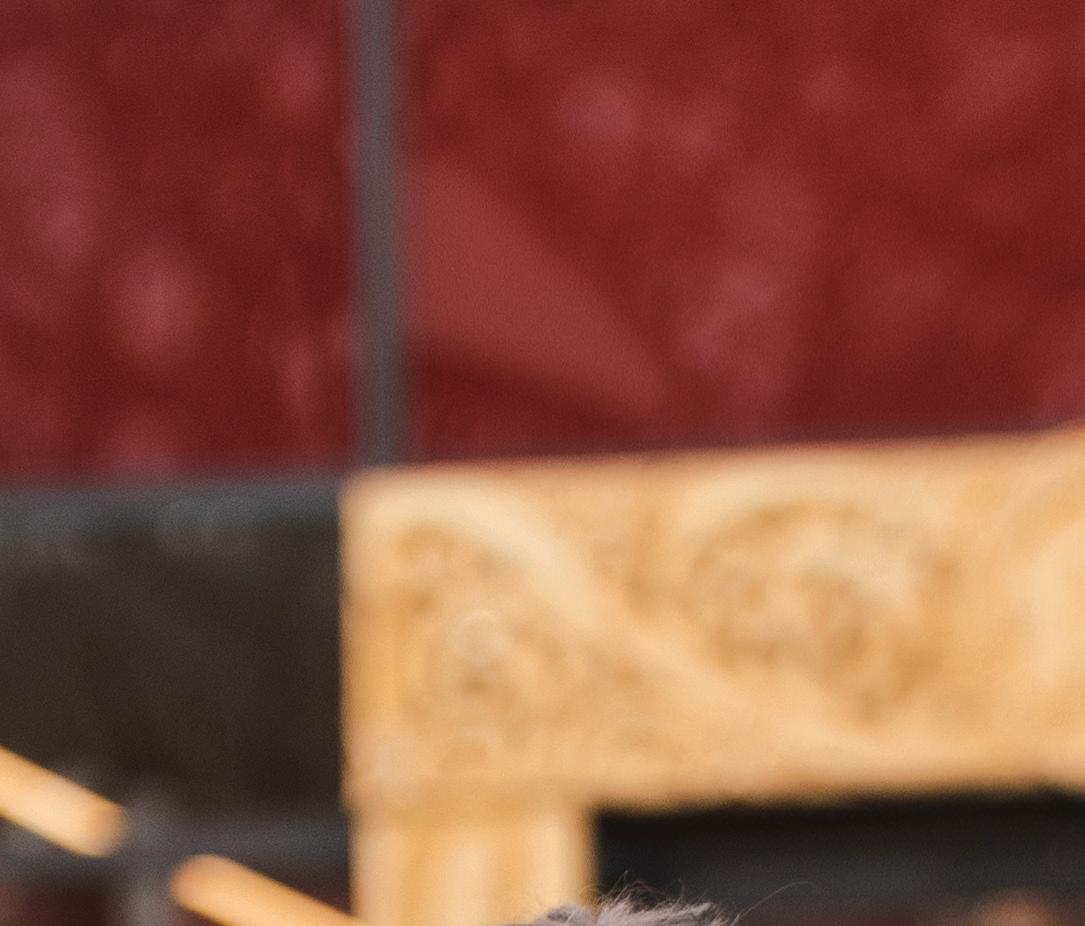
Kapa haka gave me the opportunity to be on many different stages, from Rangi Ruru Prize Giving

Taking Te Reo as a subject was something I Māori as a beautiful language and as it is the to

































































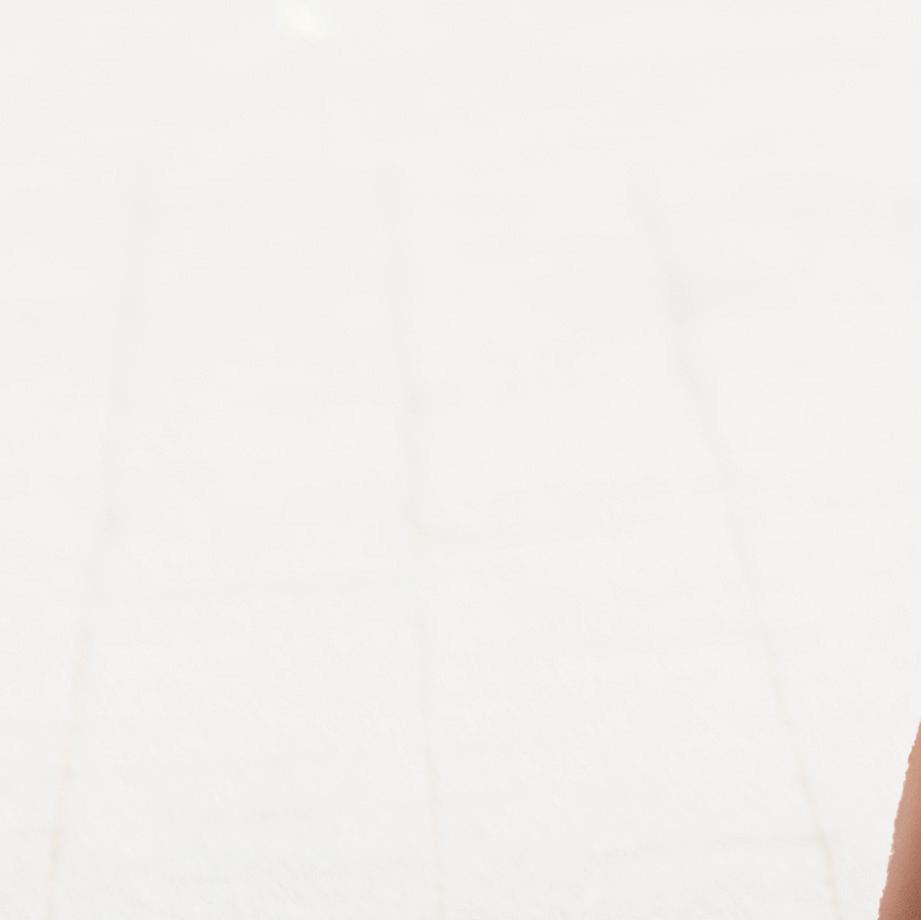







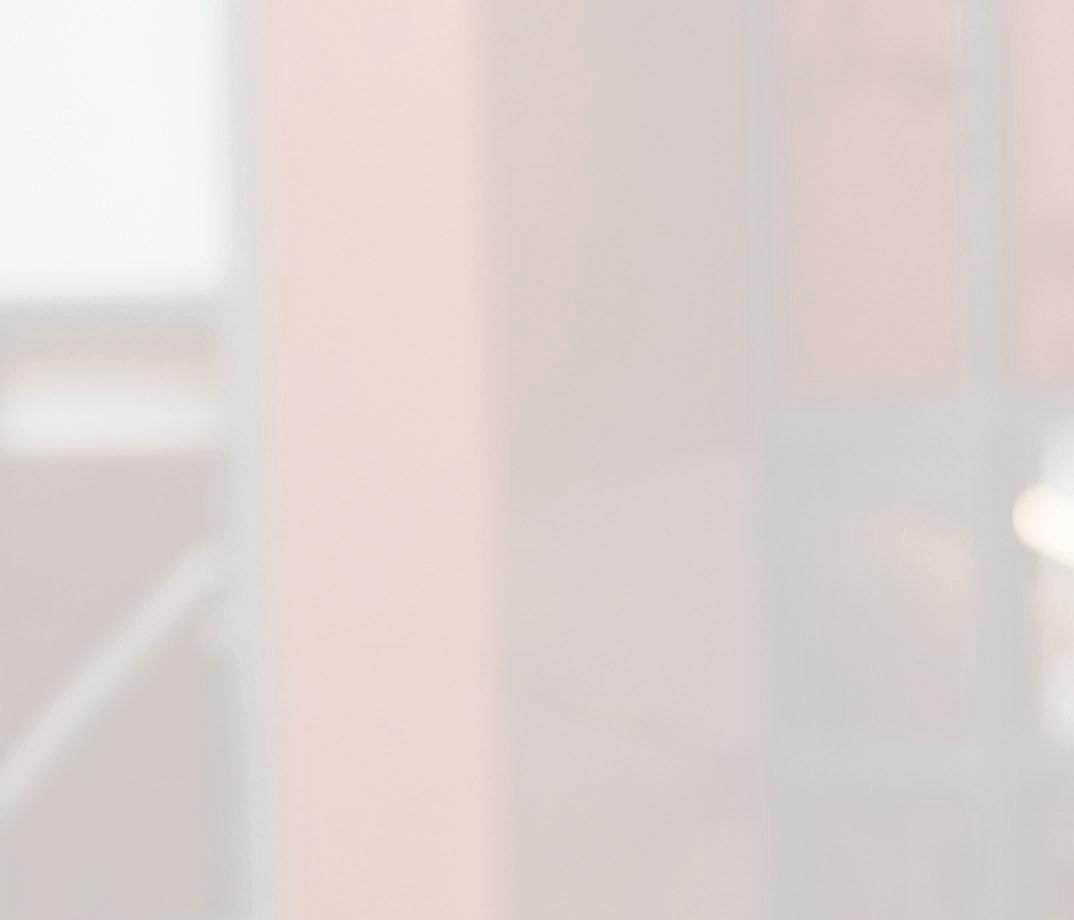


I took this as a subject from Years 9 to 11, and this contributed to my understanding of my personal culture through the content we studied. A lot of it was very personalised like doing speeches based on more about Te Ao Maori. I learnt more about my connection with my tūpuna, whānau, iwi, marae and whenua, helping me feel more connected to Te Ao
Taking this subject also helped me learn Māori as a whole.
This year, through RangiX, my Te Ara class took part in the Deloitte Grow: Wāhine in Tech programme
For the time I was a kapa haka member, Matua [Former Te Reo Māori teacher and kapa haka coach Maaka Kahukuranui] was always super passionate about what we were doing, making sure we did
The enthusiastic guidance we received through kapa haka contributed to my journey here at Rangi Ruru in a very positive way.
It’s given me confidence in what I was doing—a skill I continue to carry through into the positions I hold today.





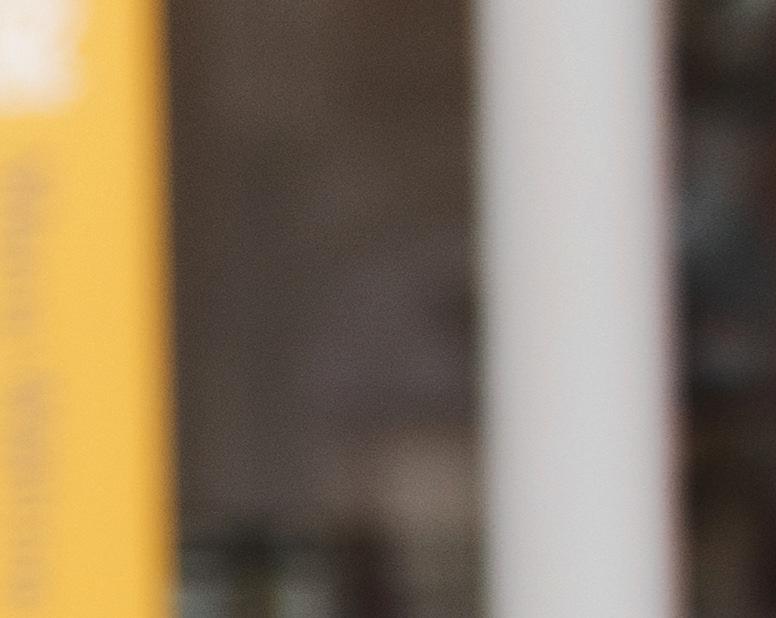




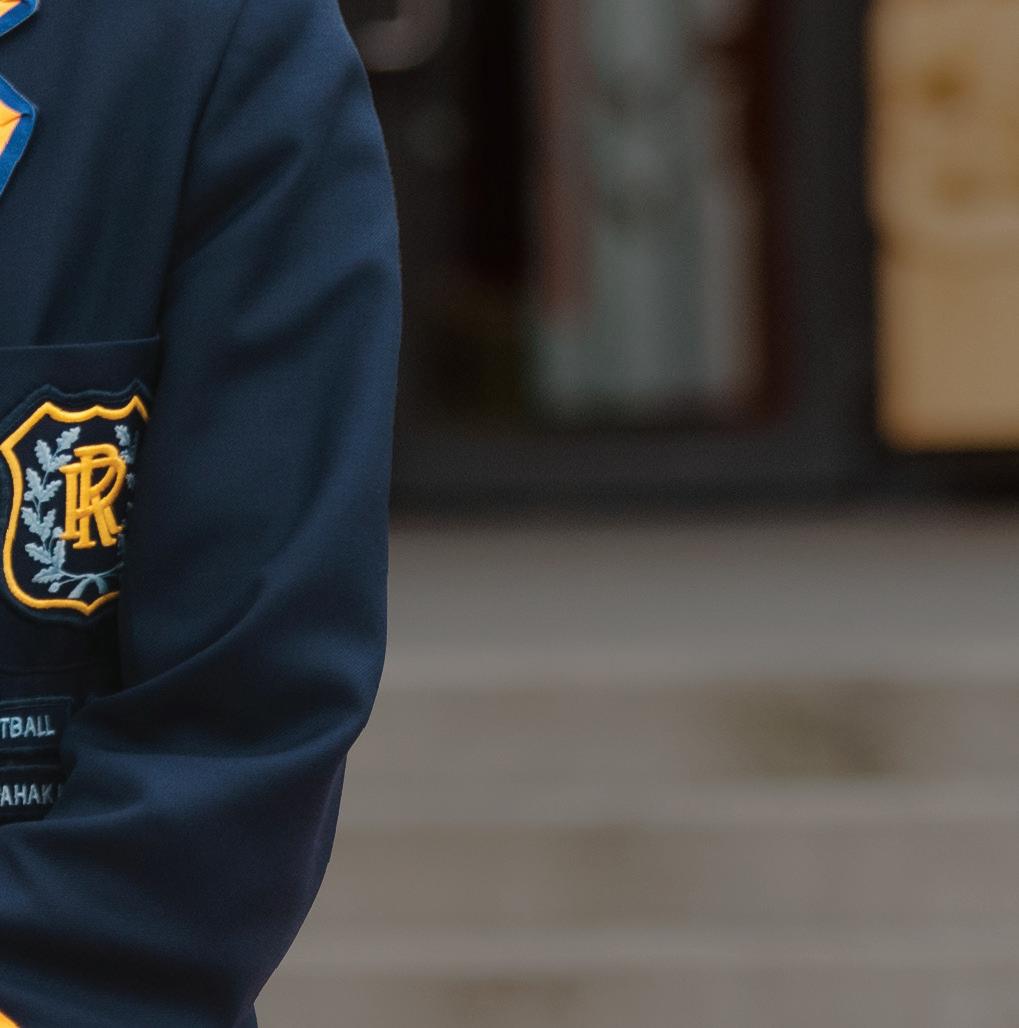
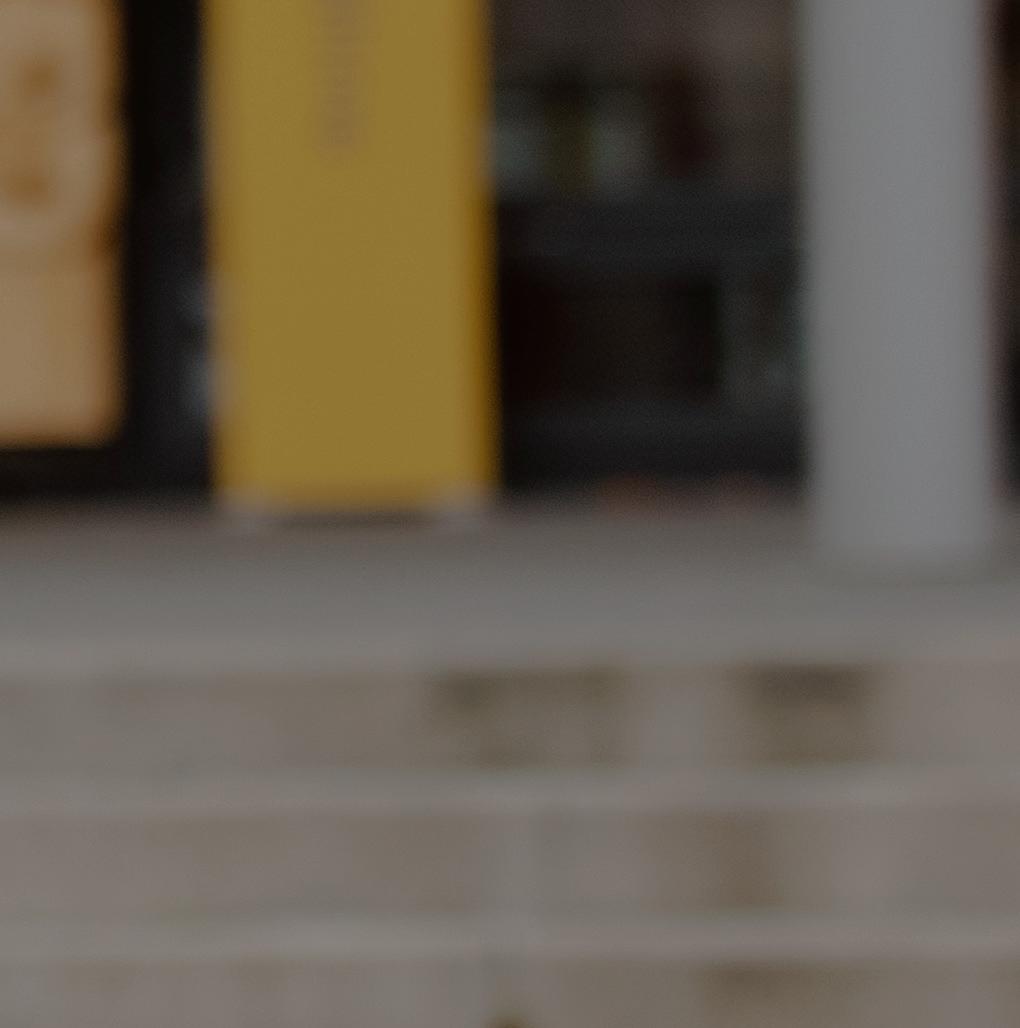













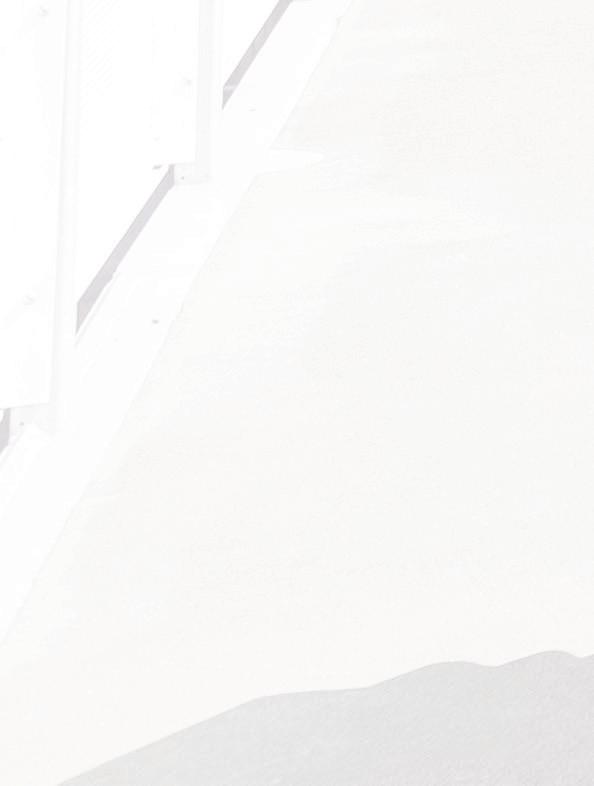

The importance of being oneself and recognising personal strengths can be challenging for all of us but especially for young people trying to develop their identity. With so many expectations and messages from both the “real” and the “online” world it can be difficult to navigate social and cultural expectations.

Health education provides an opportunity for students to explore, understand and accept differences. It seeks to challenge stereotypes and create an appreciation of how important it is for wellbeing to celebrate who you are.
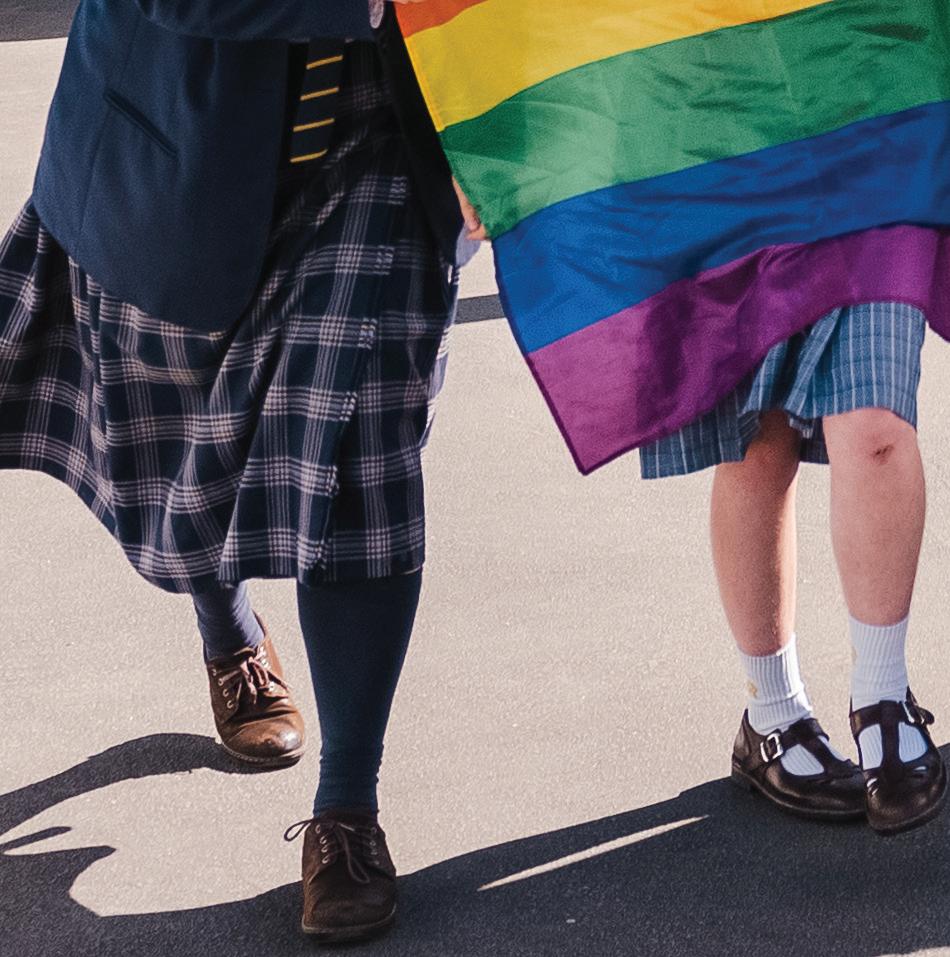
Education within this space is dynamic and reflective of the changing nature of our society, the shifting of social norms in relation to gender and sexuality and the continued impact of social media.


Rangi Ruru students are supported to be themselves and reflect the school pillar of Be You throughout their Health education. Identifying character strengths, accepting diversity, challenging social norms and thinking critically about messages within society serve to prepare Rangi Ruru graduates for the future.
At a junior level, Physical Education and Health seek to assist students to learn about making decisions which are right for them and developing communication skills to have a voice. Through both classroom discussions and practical Physical Education activities, students are encouraged to put their learning into practice and are provided with the opportunity to grow in confidence.
This leads into senior Health options which critically explore issues. Year 12 students India and Brooke say Health at NCEA Level 2 has allowed them to explore issues relevant to their relationships with others and themselves.

“Level 2 Health is beneficial as we discuss the importance of beauty standards and things that no one else wants to talk about.
“It encourages us to learn about how social media is fake and unrealistic, how we shouldn’t believe everything we see and not hold ourselves accountable


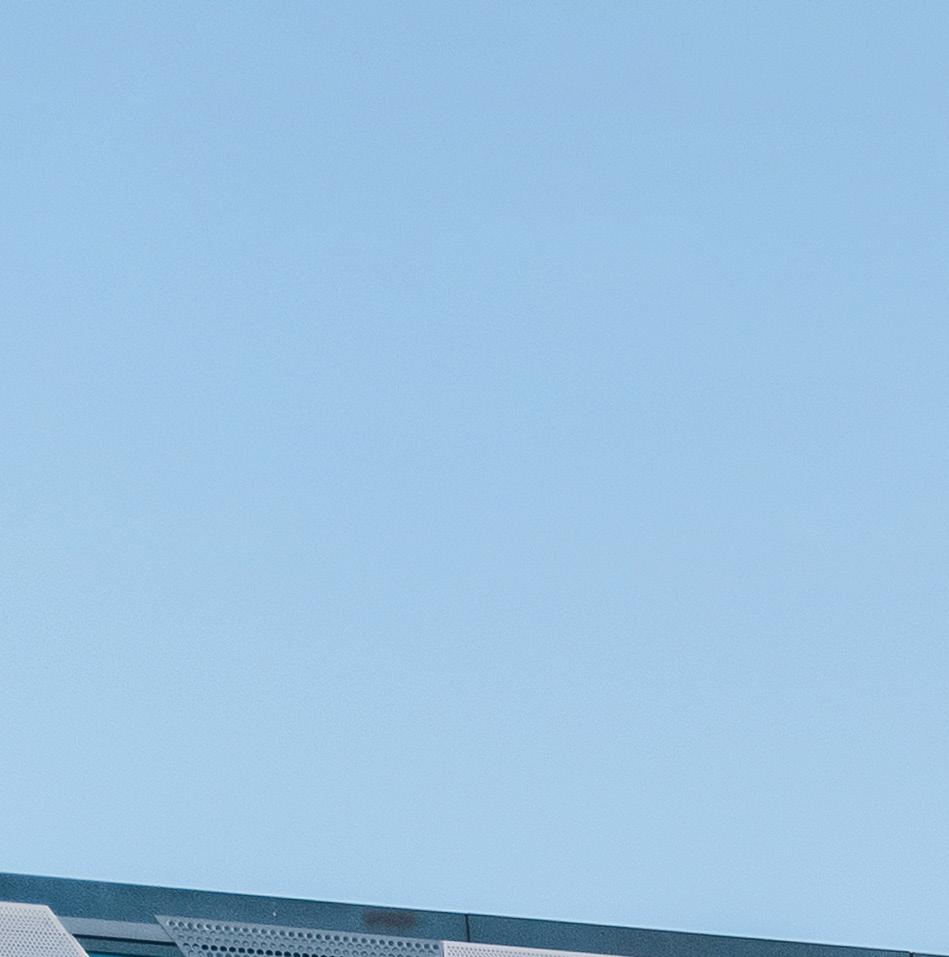
for not looking a certain way, and to just be ourselves.
“It provides a safe environment to talk about stigma around the different gender roles and sexualities.”

A recent national report from the Education Review Office highlighted the importance of teaching aspects of consent, critical thinking around digital technology and relationships for the wellbeing of young people.

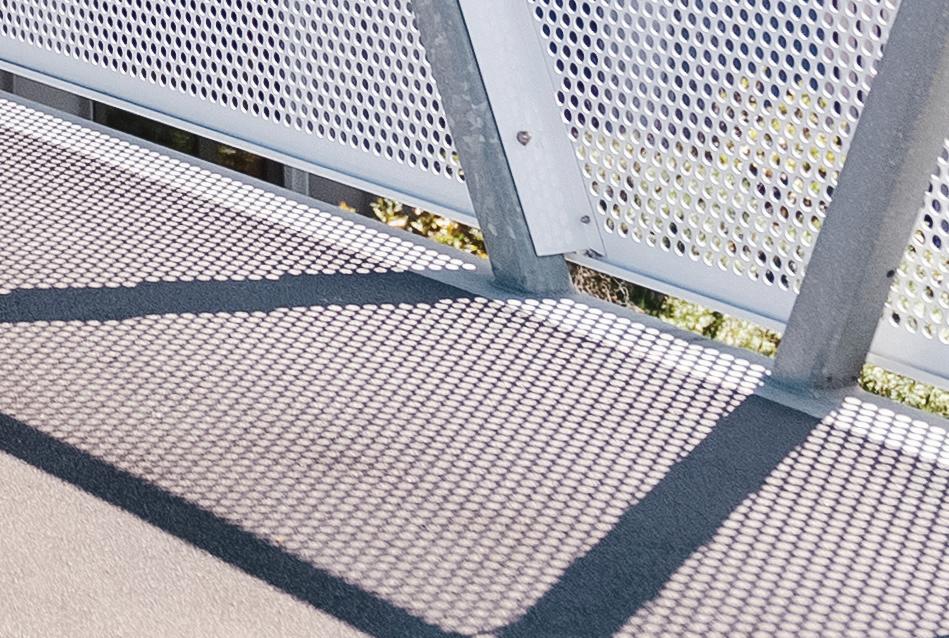
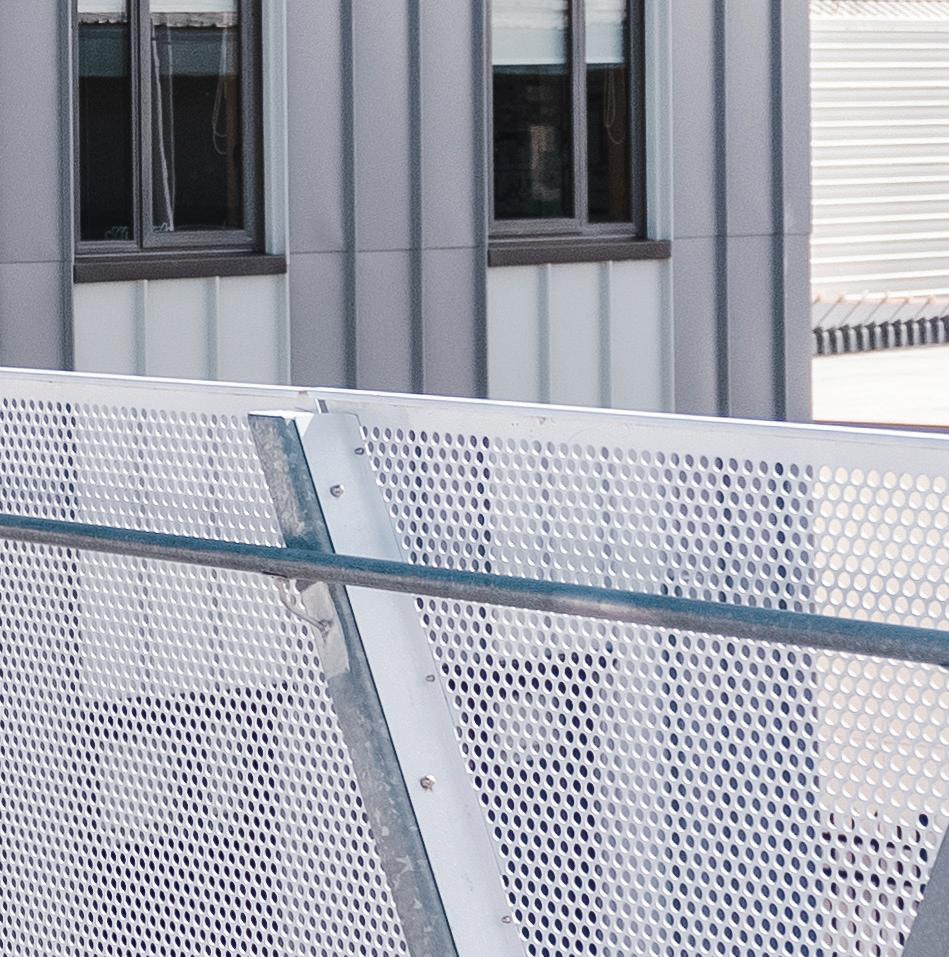



A strong self-identity—or ‘being you’—is essential when it comes to intimacy, assertive communication and exercising good boundaries. It can also guard against feeling manipulated or resentful in personal relationships. Creating a schoolwide culture where students support each other to make healthy decisions strengthens and supports wellbeing in this area.
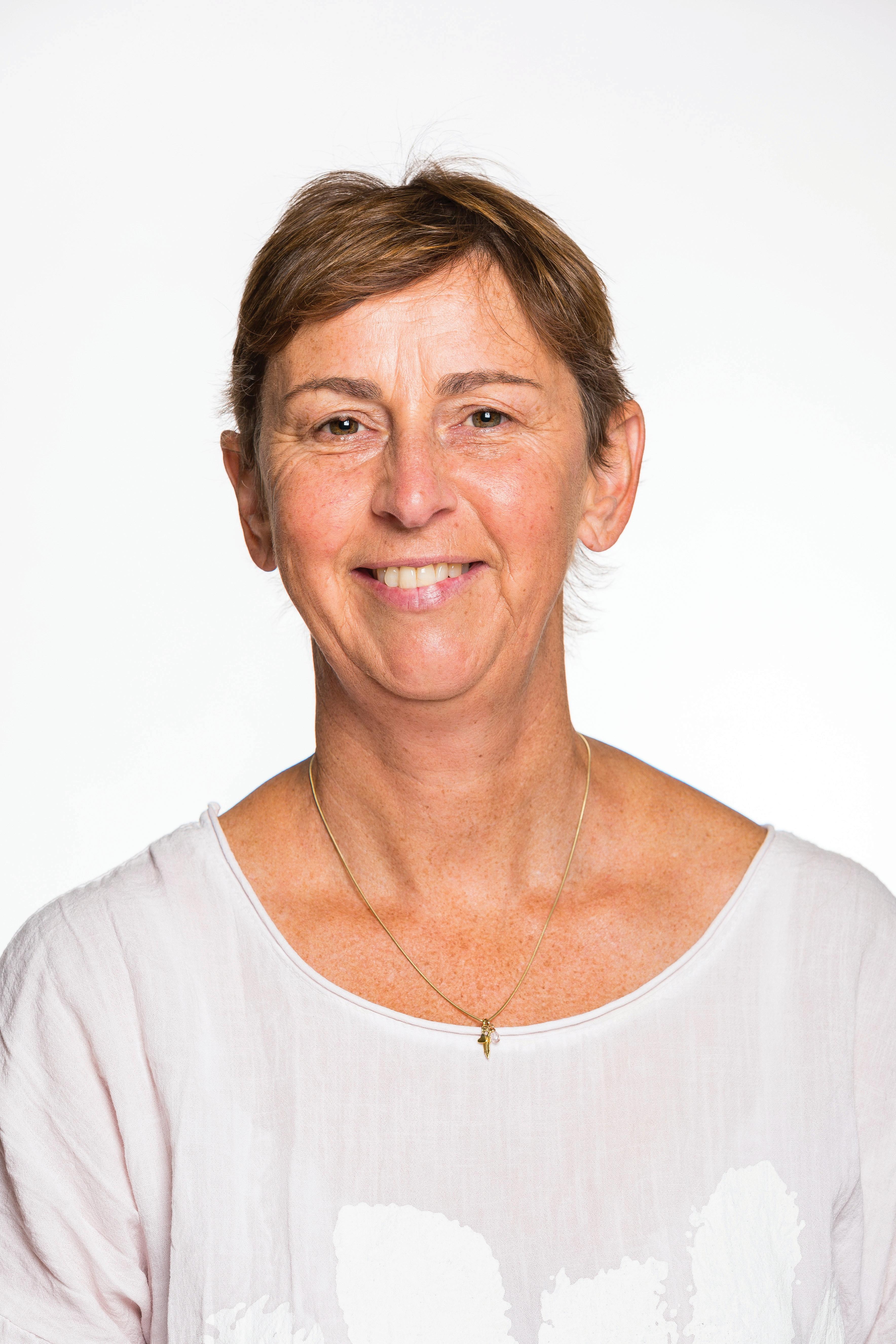
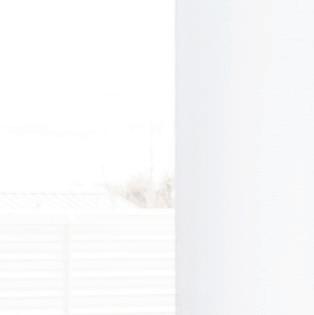



Through the establishment of the student-led Rainbow Rangi group, the inclusion of uniform options and the recognition of the importance of students’ sexuality allows students a greater opportunity to be themselves.

As one Year 12 Rainbow Rangi student says: “Teaching others about various sexualities and gender identities diversifies people’s thinking, helps create an accepting environment where people aren’t afraid
to be themselves and will assist in normalising diversity.”




Education on societal issues such as sexual violence, pornography and gender equity serves to help our young people to recognise injustices and to support aspects of change.
I have a quote on my desk from past Head of School, Gaby Newman. It says: “Growing up can be hard but so are bananas before they are ripe”. This reminds us that sometimes we need a bit of help to get through the rough times and that it is okay and very normal to have periods where we need assistance from family, friends and school.
Demystifying mental health issues and providing opportunities for students to understand how to support their own mental wellbeing and that of their friends is part of Health. This is further supported schoolwide through our Whānau groups, school psychologists, peer support programme and school nurses. Indeed, mental health is such a major part of who we are.
Managing expectations and recognising the definition of success for each student serves to create a positive sense of self. Every student cannot be the dux of the school or represent New Zealand in the sporting arena, but empowering students to have the courage to embrace their own interests, strengths and differences—and accept and celebrate those of others—is what being you is all about.
Words by Leigh Allan HEALTH CO-ORDINATORThis means growing confidence and competence is at the heart of what we do as a Mathematics Faculty to help students move along the continuum from novice to expert. This process begins with identifying where students are at, then providing the environment and learning opportunities best suited to meet their needs and current abilities.








Through our structured programme and clear, explicit teaching, students are guided through learning new skills and engaging in efficient, effective practice.Strong formative assessment practices then

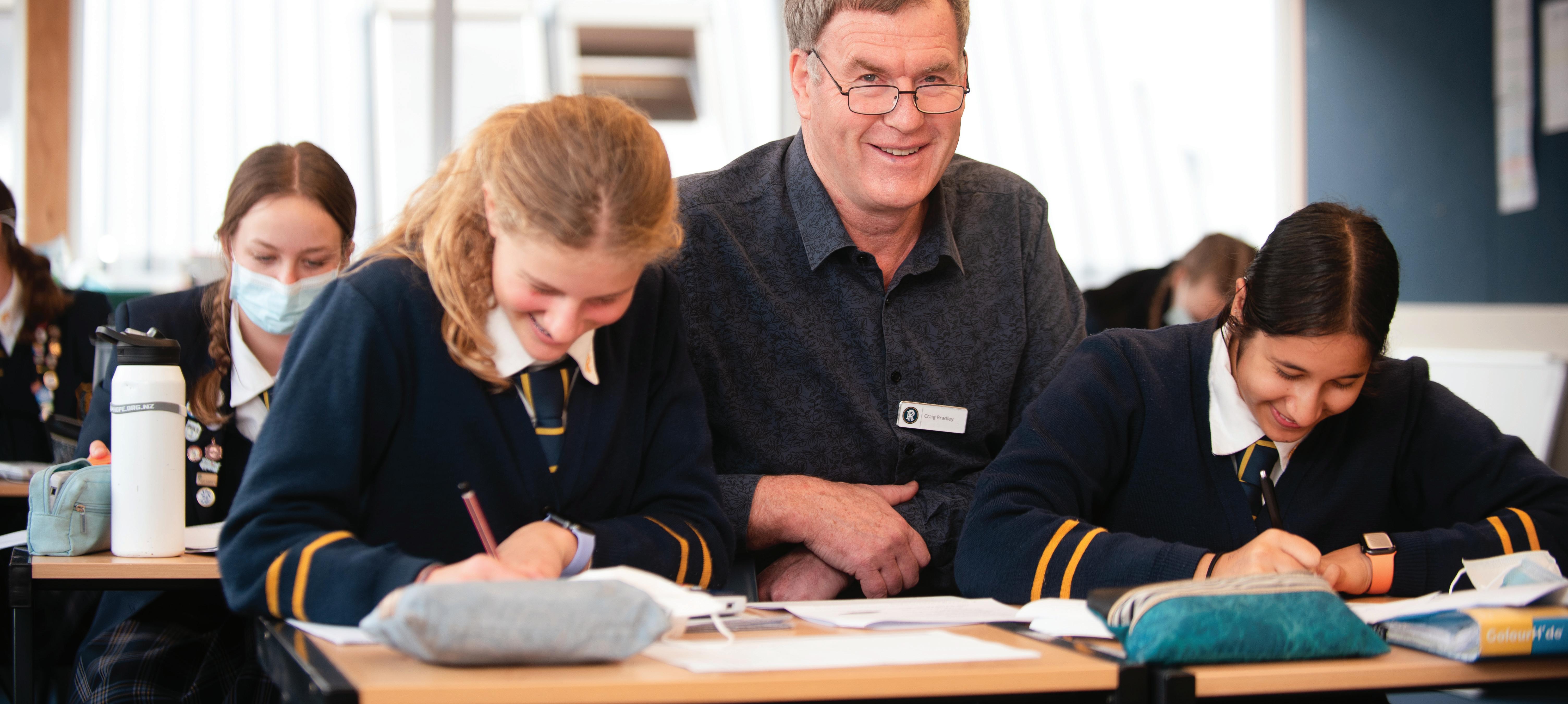
allow us to see where students are at, identify any misconceptions, and plan the specific next steps they need to progress.
This not only makes students feel visible and seen, but also helps them to reflect on their own understanding, which in turn prompts further growth.

Year 8 student Eva Yin, a member of the recent winning Canthamath team, says her teachers help her achieve.

“The Math teachers at Rangi Ruru work hard for students to thrive,” she says. “They provide tutoring at times such as for Cantamath, helping us to achieve
high results. We also have fun, playing educational games in class to make sure the knowledge we learn sinks in.”







































We are extremely proud of the way our students respond to this approach and acknowledge the perseverance, risk-taking, and hard mahi that they invest into their lessons daily. Their efforts make the critical difference and we are thrilled to currently have 87 percent of our Year 9 cohort still studying the subject until Year 13.

At Rangi Ruru we believe that for students to make sense of the world, to understand how they fit into it, to Be You, they need a strong knowledge base alongside the self-confidence to step beyond their comfort zone.
Nationally, that percentage is about 33 percent.



As a result, some students undertake an accelerated course of study one or more levels above their age group— including Year 13 students achieving very highly in 100-level university maths papers.
Year 13 student and Head of Peer Tutoring Hannah Berrill says her Math lessons have helped her build confidence in her abilities, and inspired her to help motivate younger students through tutoring.

“Maths has allowed me to discover my strengths and passions












and has inspired me to consider where maths may be able to take me further in life.
“The encouragement I have received has made me confident in myself, and I have loved having the opportunity to tutor younger students.”
Students have also gained achievements in regional and national examinations and competitions, while others discover the deep satisfaction of mastering a previously challenging skill or understanding a previously foreign concept.
Some notable achievements this year include our Year 8 Canthamath team—Eva Yin, Serena Min, Rhona Wang and Tiantian Chen—defeating 80 other school teams to win the Year 8 competition for the first time.
Tiantian also won the University of Otago Junior Maths Competition National Top 30 award in the Year 9 competition,
an outstanding accomplishment for a Year 8 student.
Tiantian, Serena, Eva, Rhona, Stacey Huang (Year 7), Ivy Lui (Year 10) and Ary Son (Year 10) also achieved Distinction in the international ICAS Maths assessment.
However, we are not without our challenges and Rangi Ruru has felt the effects of the well-publicised decline in basic numeracy standards occurring across New Zealand. Increasingly, students arrive with negative prior mathematics experiences and significant gaps in fundamental skills and knowledge.

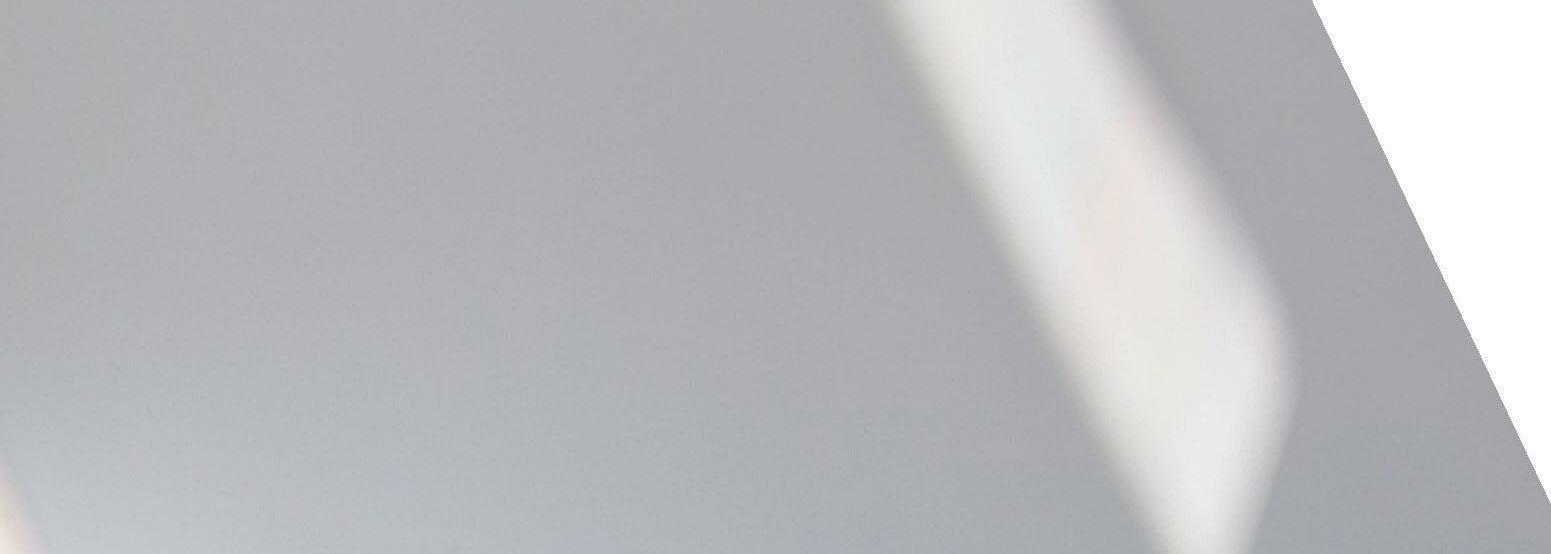

Fortunately, we have a wide pool of resources to address these challenges, from one-on-one support with mathematics specialists, to whole-class teacher-aide support, to committed and caring senior students who offer to be peer tutors.
Words by Craig Bradley and Tyler Watson HEAD OF MATHEMATICS AND STATISTICS | TEACHER OF MATHEMATICS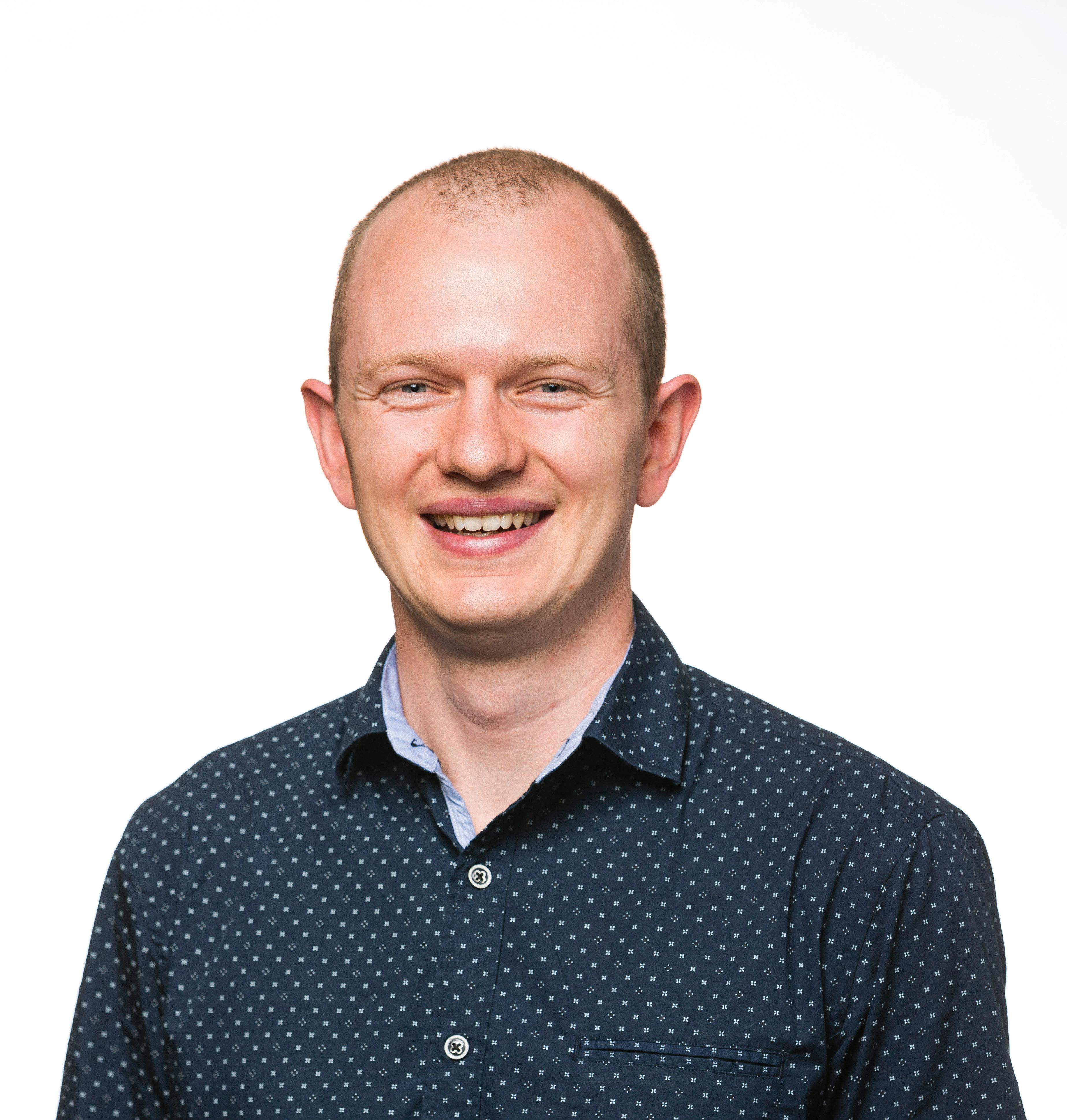
























Whether your participation in sport is social or competitive, in a team or as an individual; whether it be something new or something you have done for years; whether it be in school or out; formal or informal…do what makes you happy and do it with balance.
Sport participation and active recreation should be about you, doing you. If skating to school each day is your happy place, you do you. If training three times a week to play a team sport to the highest level you can at school and in your region is your jam, you do you.
Every week we see examples of our students living the mantra to Be You. From the focus and discipline of students who are aiming for and achieve Silver Fern status, to students who are learning a new skill like surfing in a more informal environment, we hope that sport at Rangi Ruru offers opportunities for all students to be themselves. And most importantly for them to stay active.

However, while participation in sport at Rangi Ruru (89 percent) remains above the 2021 Census national rate (50 percent), Active NZ, Sport NZ’s nationwide survey, continues to show a significant decline in youth sport participation since 2017.
Sport NZ’s Secondary School Age Review (2020) outlined significant issues which impact the quality of young people’s experiences. These include an overemphasis on competition and winning, early specialisation, poor player management (overuse injuries, selection/deselection), parental pressure and influence, and sport structures and offerings not responding to youth expectations and changing lifestyles.


In short, too many of our rangatahi are being driven away from sport. Whether it’s because there are too many practices a week, or they are being expected to play like “professionals” or that they are simply not having fun and finding enjoyment, it is so important to understand the reasons young people are walking away so we can do more to help keep our rangatahi in the game, and active.
And the thinking is changing about how we can do that.
The Sport NZ initiative Balance is Better is an evidence-based philosophy about keeping young people in sport—regardless of their motivation for
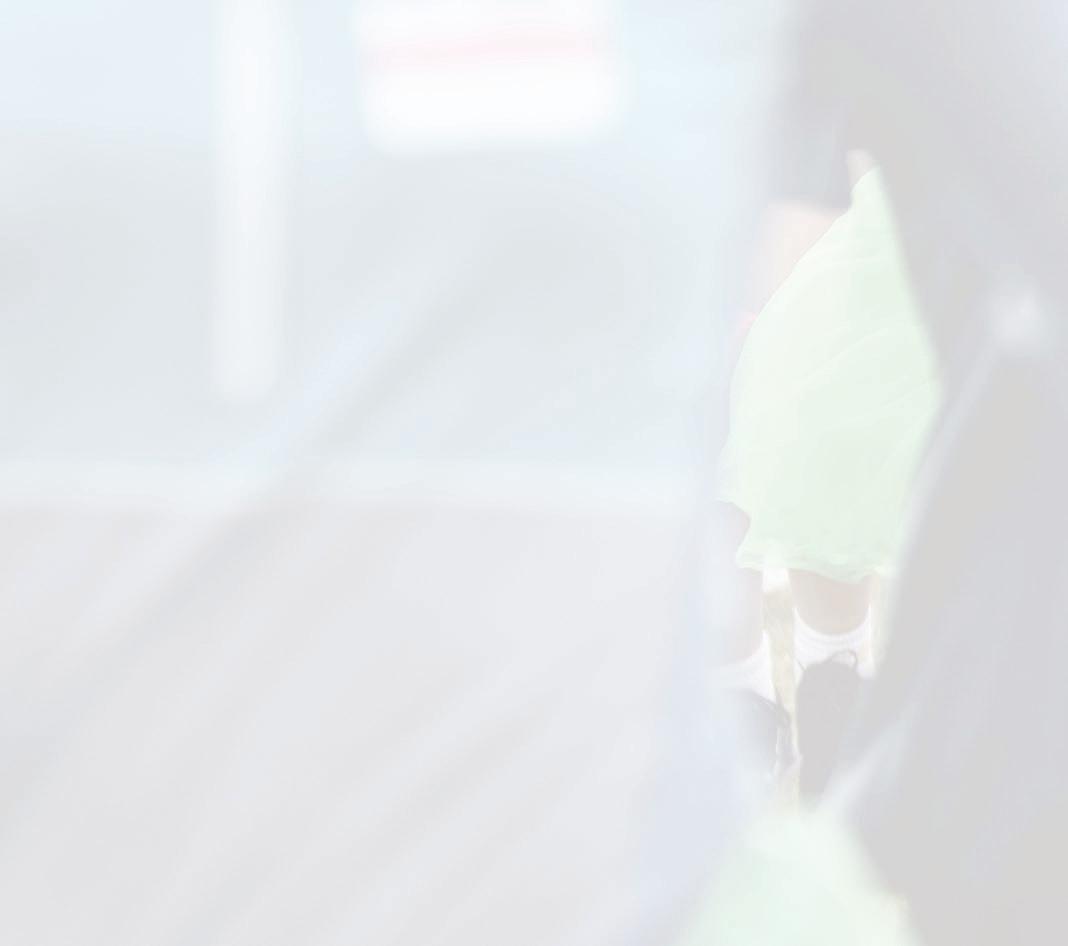
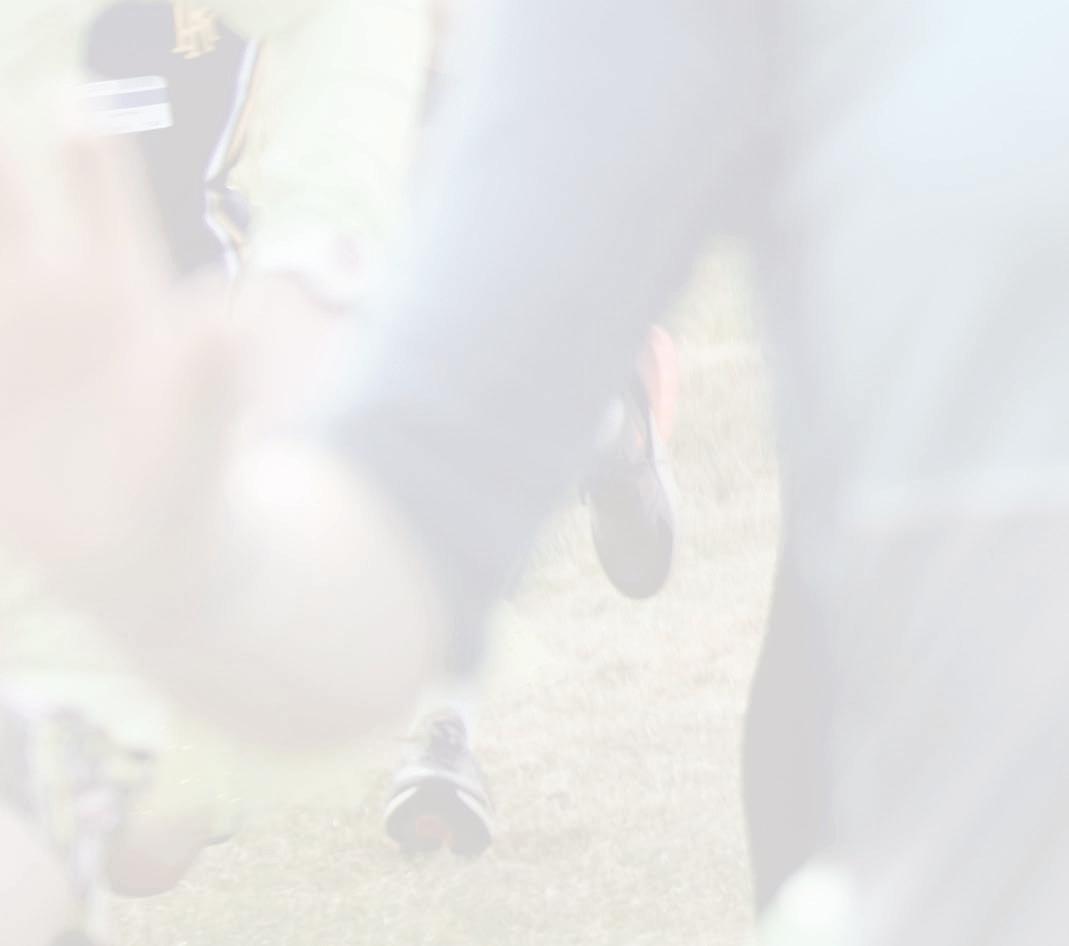


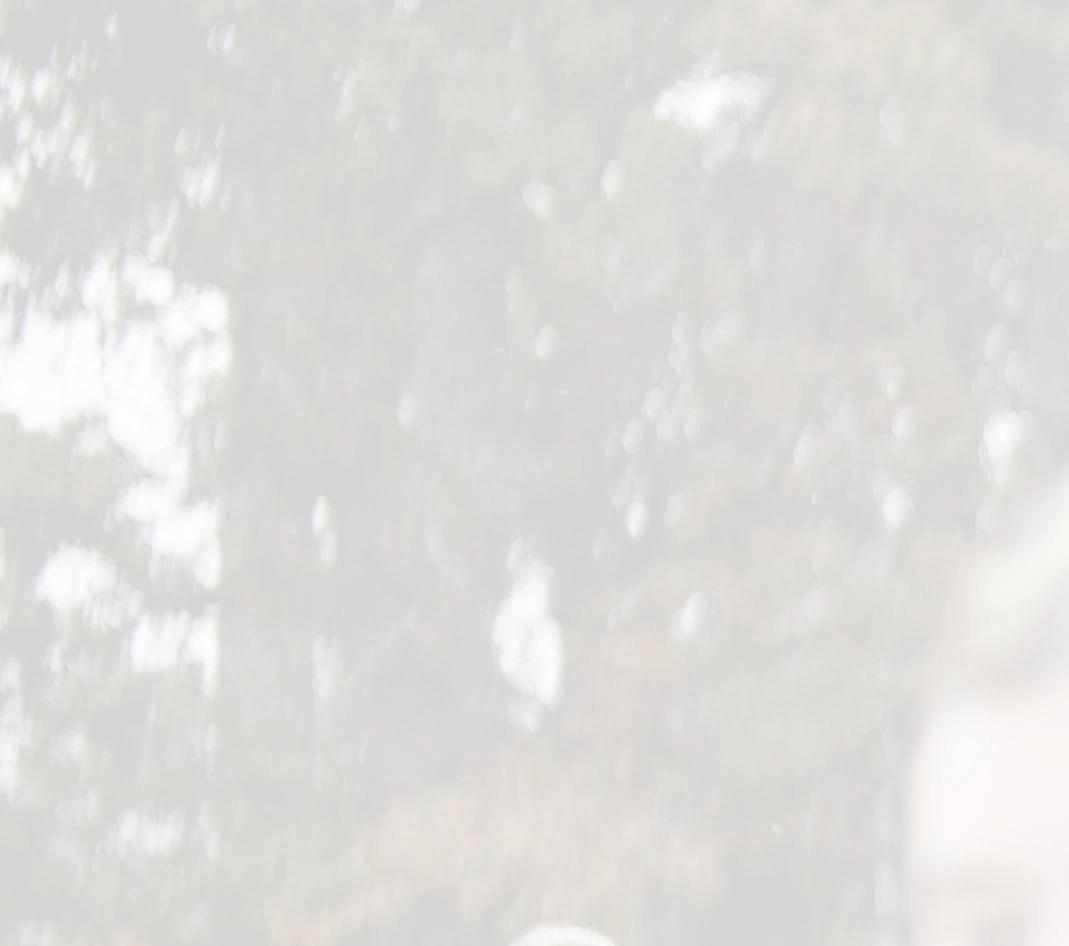
playing sport. The nine principles sitting behind the Balance is Better philosophy focus on improving the sport experiences of our rangatahi, so they stay active and can experience the benefits an active lifestyle brings.
The importance of aligning our school sport programme with these principles was highlighted for our team at a recent School Sport Conference. Among many topics at the conference, school sport administrators were challenged to think about how to redefine success, how to reframe trials and selections to encourage and foster participation for more students and how to coach with a Balance is Better philosophy.
This also made us think about how and what we offer at Rangi Ruru to keep young wāhine engaged in being active. We believe we do a good job of offering opportunities to play sport socially or competitive, structured or unstructured, but we know we can increase these opportunities across all of our offerings.
We support students who want to play multiple sports for as long as they can, and monitor training workloads and the risk of injury with the support of our strength and conditioning coach and our wellness monitoring programme.
And we embrace a Be You approach to what our students take part in, actively celebrating a wide range of involvement and achievements.
School sport is changing, and we want to be part of that change. There will always be those for whom competitive sport is the pinnacle, but it is vital that there is a balance, that there is variety in offerings and that all young people, regardless of the level they participate in, enjoy a quality experience.

Ensuring a quality experience remains a key focus for sport at Rangi Ruru—and one which will allow our students to continue to be themselves and enjoy their participation whatever, and however, that looks.

 Words by Mandy Anderson DIRECTOR OF SPORT
Words by Mandy Anderson DIRECTOR OF SPORT

Find out more about the Balance is Better approach here
To be you is to know your own values and live according to them. It involves being true to yourself, being your unique self. Thinking deeply about the things that fill you with happiness and making time for these moments enables us to be ourselves and live fulfilling lives.
o be you is to think independently, to question assumptions and feel comfortable and confident in your own decisions. For many ākonga and staff at Rangi Ruru, our values and individual attributes are closely associated with manaakitanga—generosity of spirit. A large and enthusiastic team of ākonga are kaitiaki (guardians), giving time to help care for land, waterways and
people.
Our Kaitiaki
Alicia Webster, Alice Gambrill and Daisy Prosser are Year 13 students who are kaitiaki of taiao—caring deeply about protecting the environment and exemplifying
the school pillar of Be You. They have embraced
opportunity, taken on sustainability leadership roles and passed on their knowledge at local and national environmental hui. Together with peers from our
Sustainability Council, they have given many hours caring for the environment, organising events and teaching others how to propagate and grow native trees. For them, Be You means hands-on action for positive change.

Year 12 students Jess Glass, Ri Holmnowsky, Lottie Blake-Manson and Mary-Jean Linton run our Edible Garden Initiative with mentor Libby Sheehy. Their passion and desire to help others shapes their own values and shows their deep sense of care, both for people and the planet. All are confidently being their authentic selves.
Lizzie Jessep and Plum Olsen are actively involved in School Strike 4 Climate NZ and are enthusiastic Eco-Action Leaders.



doing what’s important to
“To me, Be You means yourself,” says Plum. “For me, that means making sure our environment stays healthy so I can continue my morning walks along the beach.”
Their can-do attitudes help shape the way they are being true to their beliefs and kind to Papatūānuku (Mother Earth).
Holistic Learning

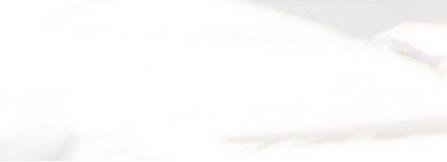

Our Te Ara course, Sustainability/Self-Leadership/Te Ao/ Thinking and Philosophy, involves the intersecting and weaving together of related concepts through holistic learning. Working collaboratively, sharing kōrero and taking hands-on action enables



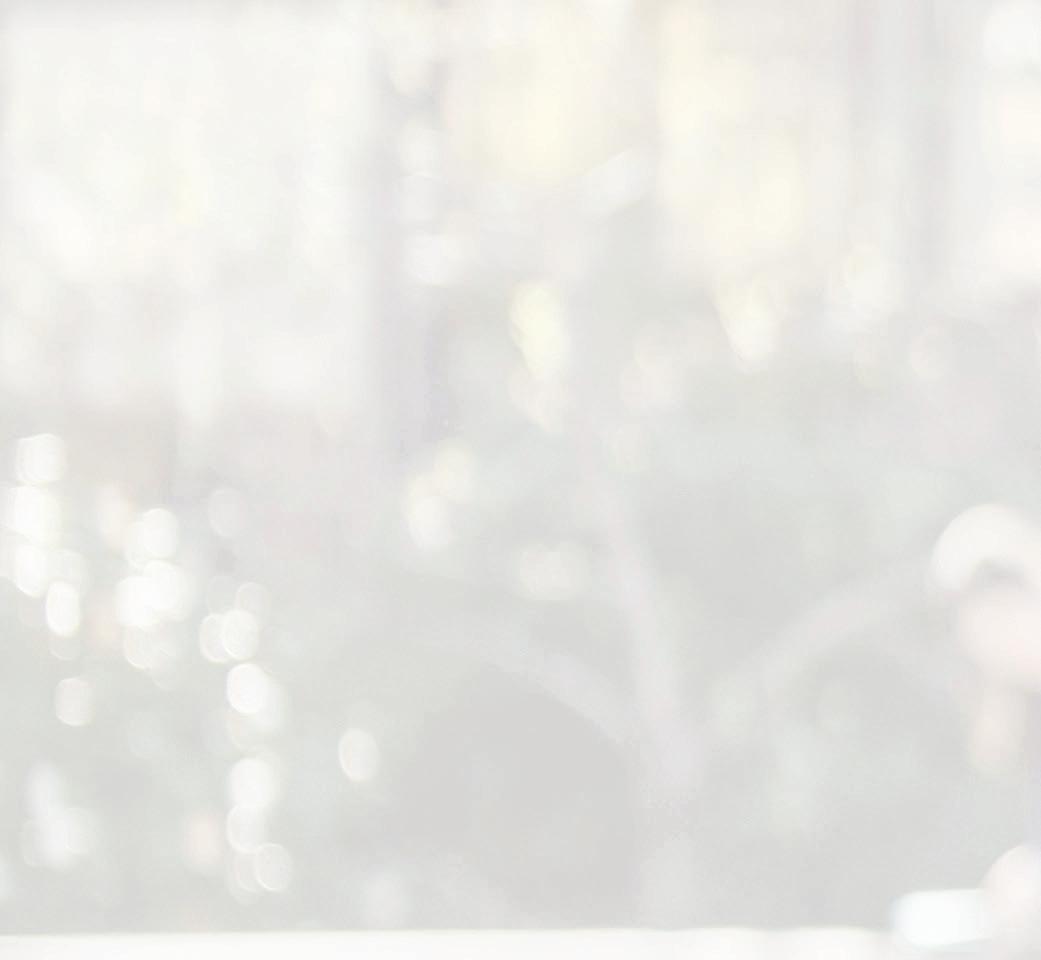
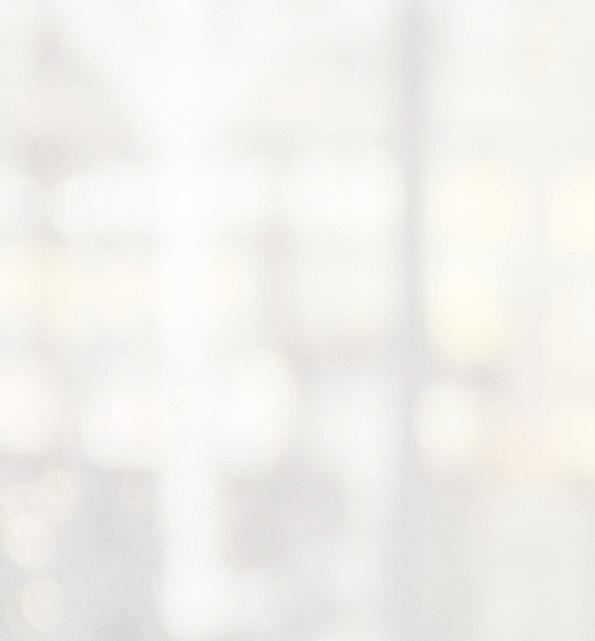



ākonga to discover new passions and strengths. To be you is to follow your heart, to spend time doing the things you love to do and to know this will be the right pathway for you.


Courage and risk-taking are required to truly be you. I am grateful to my parents for empowering me to make my own decisions and to be myself, regardless of others’ opinions. This led me to pursue the unusual combination of Fine Arts and Forestry at university, and later enabled me to become a Visual Arts and Sustainability educator and artist, all roles I love. The perfect combination of things I am passionate about, that are just right, to allow me, to be me!
My mother, a very capable mana wahine, has always inspired me with her drive, her ability to ignite ideas and find positive solutions. After nursing for many years, she pivoted, challenged herself and took the plunge, as a mature student, to study Fine Arts, Art History, Te Reo Māori and Pre-Colonial History of Aotearoa. In being herself, she led a vibrant and fulfilling life.
Being life-long learners, valuing diversity, ensuring equitability and solving issues to tackle challenges is the kaupapa important to us all.
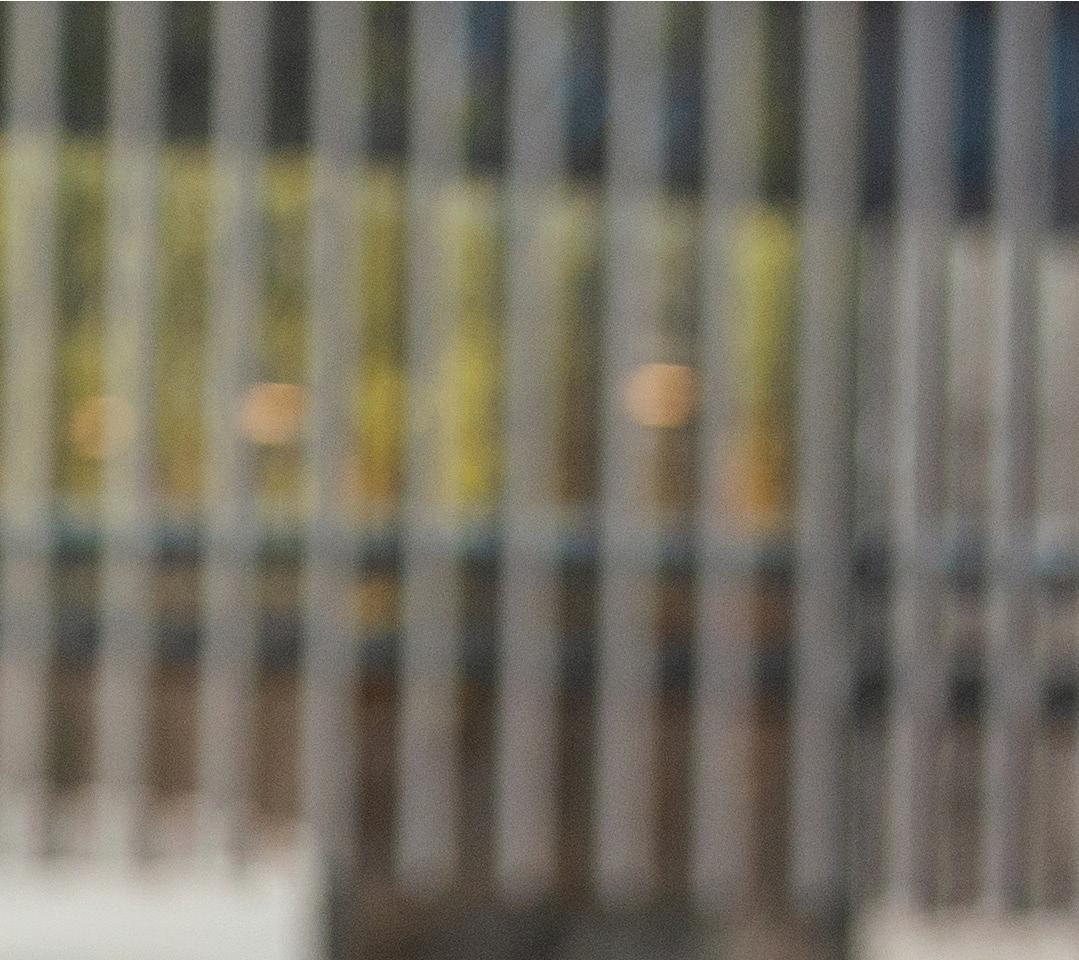
In taking action such as cycling, wearing second-hand clothing, practising te reo Māori, planting trees, growing vegetables, supporting each other and most importantly, being ourselves, together we can all model behaviours to radiate a sense of what we value at our kura.
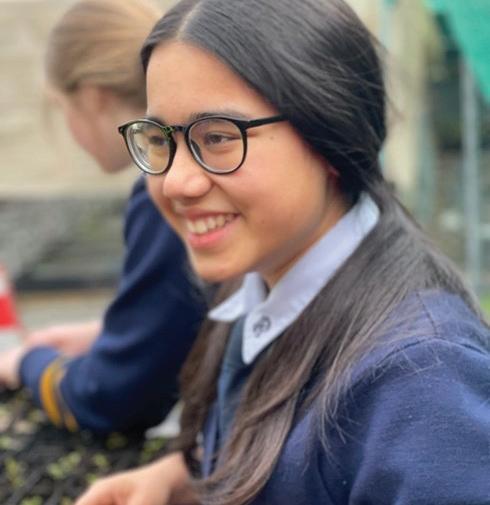

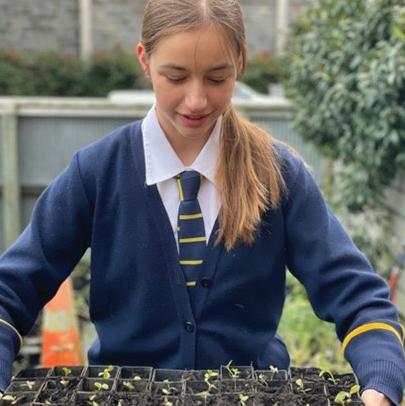





As nature and people are so closely interconnected we must care for both, to enable us and Mother Earth to thrive and flourish.
Words by Kate Rivers DIRECTOR OF SUSTAINABILITY






LIV BARNETT, YEAR 11
MELEK CAM, YEAR 9
SAMANTHA PARKER, YEAR 10
“To me, being yourself is doing what you love. Whether that is playing a sport, creating masterpieces or getting outside and helping create a sustainable future, make sure you have fun and make memories! The opportunities are there, take them!”
“Every time I come to tree planting, it connects me with the environment and the nature around me so I feel like I can be me.”
“I think Be You means to be true to yourself by doing what you enjoy and want to do. For me, I enjoy taking action against climate change by attending weekly tree plantings because I know what I am doing is contributing to a greener, more sustainable future.”
To be you, you need to know yourself—the strengths and weaknesses of your personality, aspirations, expectations of yourself and others, values and beliefs, and what makes you happy, sad or mad. All of which is a life-long journey of self-discovery, and our students at Rangi Ruru are just beginning this formative journey.
Reading, and in particular reading for pleasure, helps students discover their values, worldview and personal tastes.

Time spent reading provides the opportunity to think about and contemplate their possible selves—who they are, who they want to be and who they may fear being—consequently shaping individual uniqueness and understanding of their best self.
Further, reading provides a view into real or imagined worlds, which in turn raises an individual’s emotional quotient— self-awareness, self-management, sociocultural awareness and positive navigation of relationships.
At the same time, reading contributes to academic achievement by adding value to the intelligence quotient with improved concentration, verbal and written
language skills, and increased general knowledge.

Given that the proof is in the pudding, we asked our community of student readers to tell us about a book that has been highly influential to them— maybe that changed their life or altered their thinking— that has played a significant part in getting to know themselves.
What we learned is that they are reading both fiction and non-fiction, classic and contemporary stories, from all corners of the world— Europe, the UK, America, Asia, Australia and New Zealand, and across subject matters with some key themes of relationships with family and friends, overcoming adversity, and knowing different cultures.
As reading is an intensely personal experience, some students gave their feedback anonymously, but others’
video responses can be watched via QR codes.
Together, their insight is valuable and demonstrates that reading is so much more than a list of titles, but a pathway that sparks the imagination and liberates the mind, allowing new and unique ideas to emerge.
By reading, we discover and nurture our true self, and we deepen our understanding of who we are as human beings.
Words by Kerry-Anne Murnane and Isabel Milward ENGLISH TEACHER | LIBRARY MANAGER
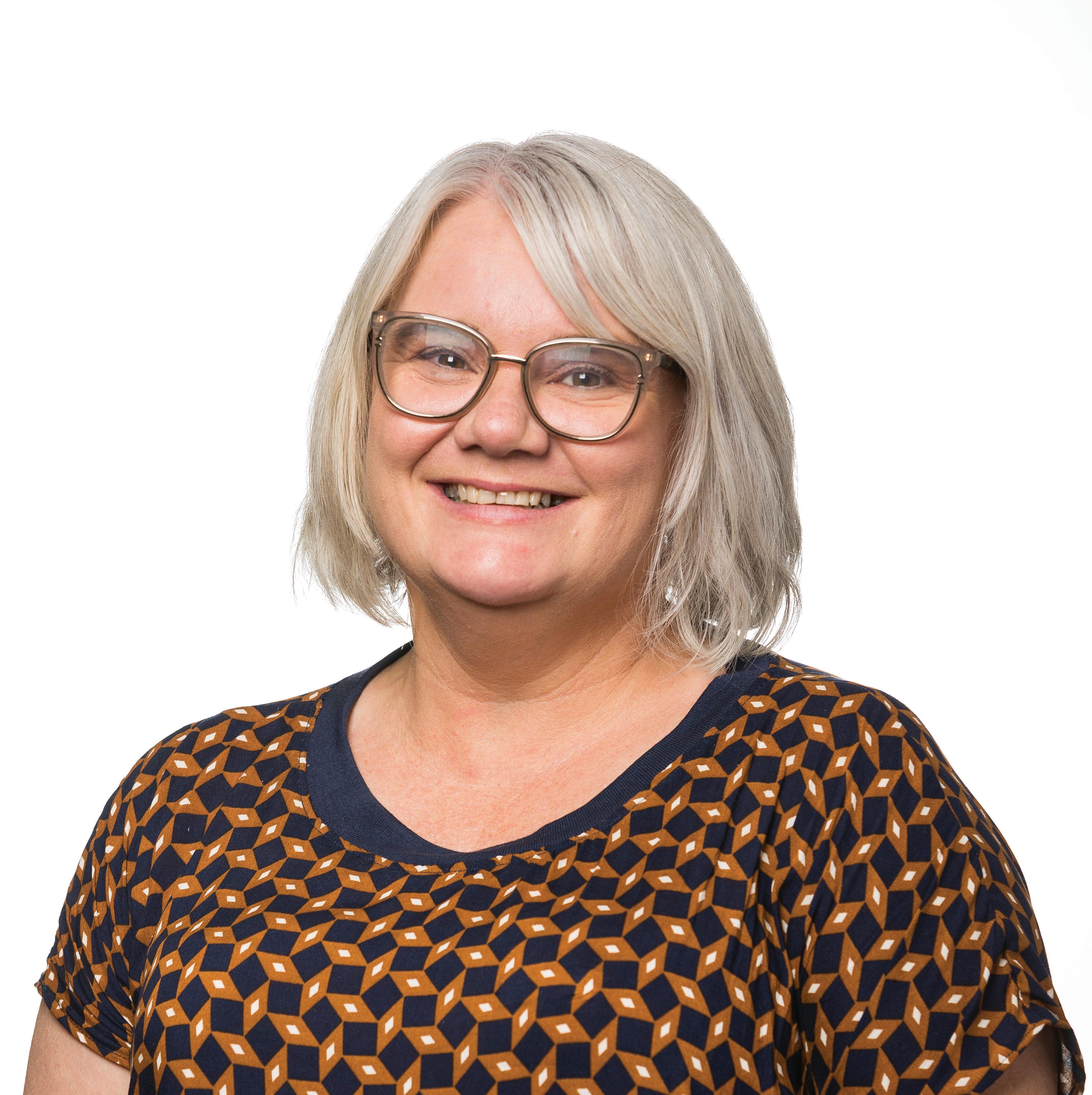

Watch Nevaeh Randall (Year 11) talk about how this book impacted her.

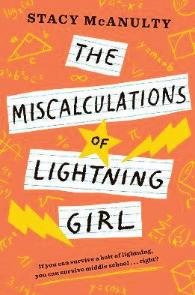
“This showed me that even if you are different, you are still deserving and can be accepted, and people will love you for who you are.”

Watch Emily Brickwood (Year 11) talk about how this book impacted her.

“This book made me change my opinion on how people always have things going on behind the scenes. That everyone has their own individual struggles, and to always treat people kindly because you don’t know what is going on in their lives.”
I am not Esther, Fleur Beale
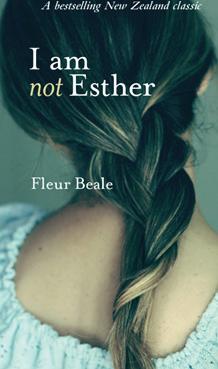
“This novel was impactful on a number of levels. It is very relevant for teenagers struggling to find our identities and who we are, and the main character, Kirby Greenland, is just like this. As a teenager dealing with normal societal pressures having a character like Kirby reinforces that this is normal, and we are able to get through it and find our true selves.”
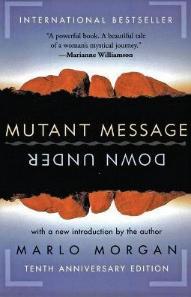
Watch Anya Fang (Year 9) talk about how this book impacted her.
On

Briefly Gorgeous, Ocean Vuong
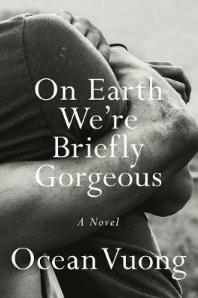
“It’s so unrelenting in its reality and frankness about race, gender, sexuality, language, grief and masculinity without overwhelming the reader with its subject matter. It influenced and changed my understanding of language, culture and all the different ways grief can impact a person.”
Prisoner B-3087, Alan Gratz
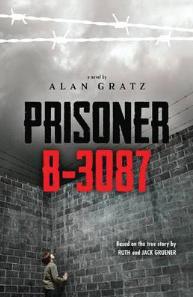
Watch Carmen Wood (Year 9) talk about how this book impacted her.

“It made me think about what’s important and what’s not, as well as what I should really be doing—which is definitely just whatever makes me happy, or whatever feels right. I think it helped me a lot in my ‘journey of self-discovery’ or whatnot so now I am trying harder to stay off my phone and do things that will feel worth my time because life is short.”
Mission: Total Resilience, Ant Middleton
“This book showed me how to change my mindset and not to let the little stuff annoy me.”
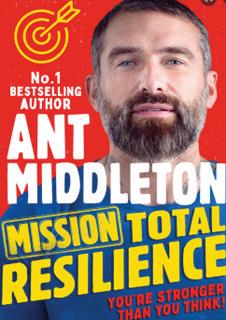
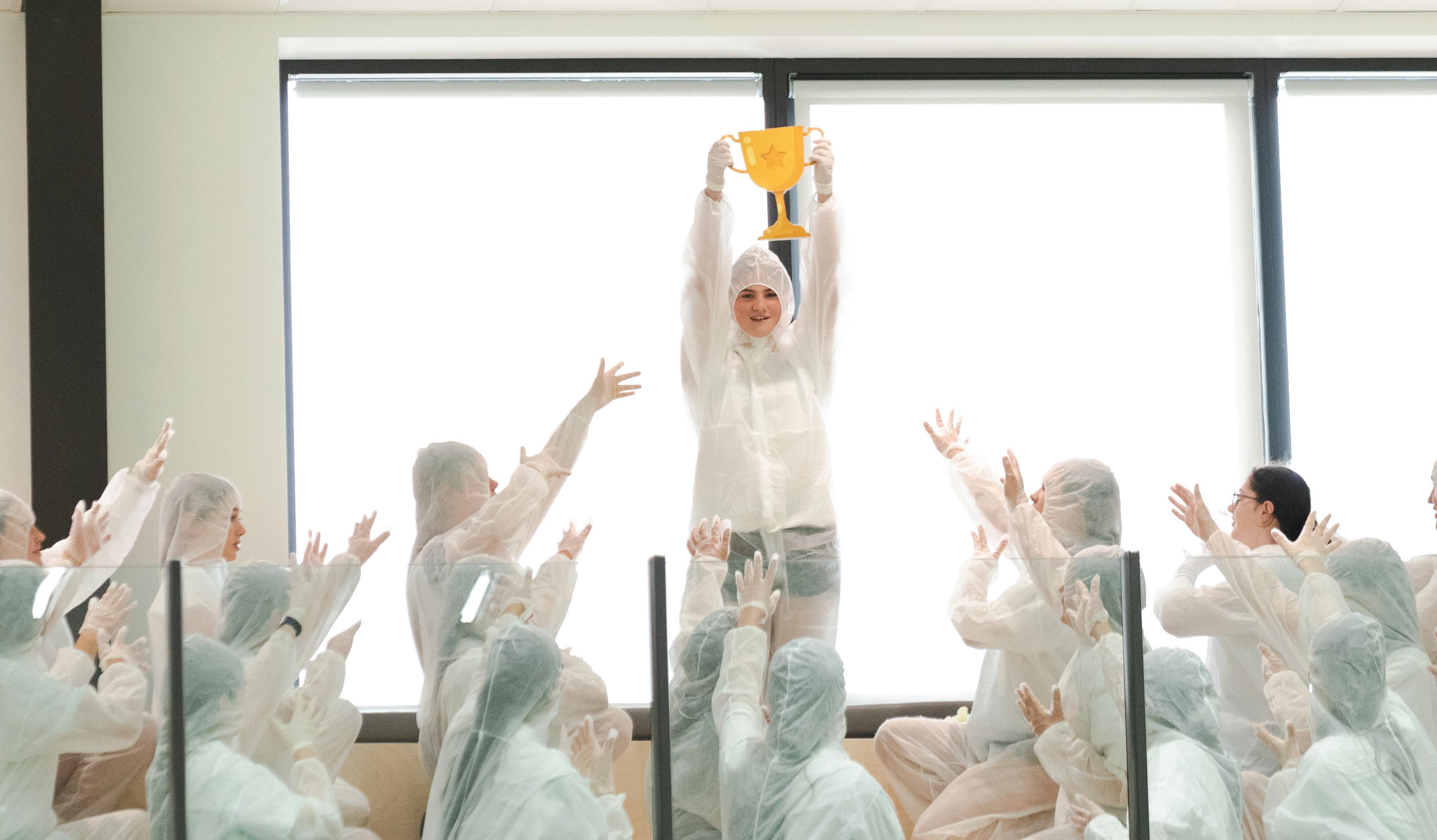
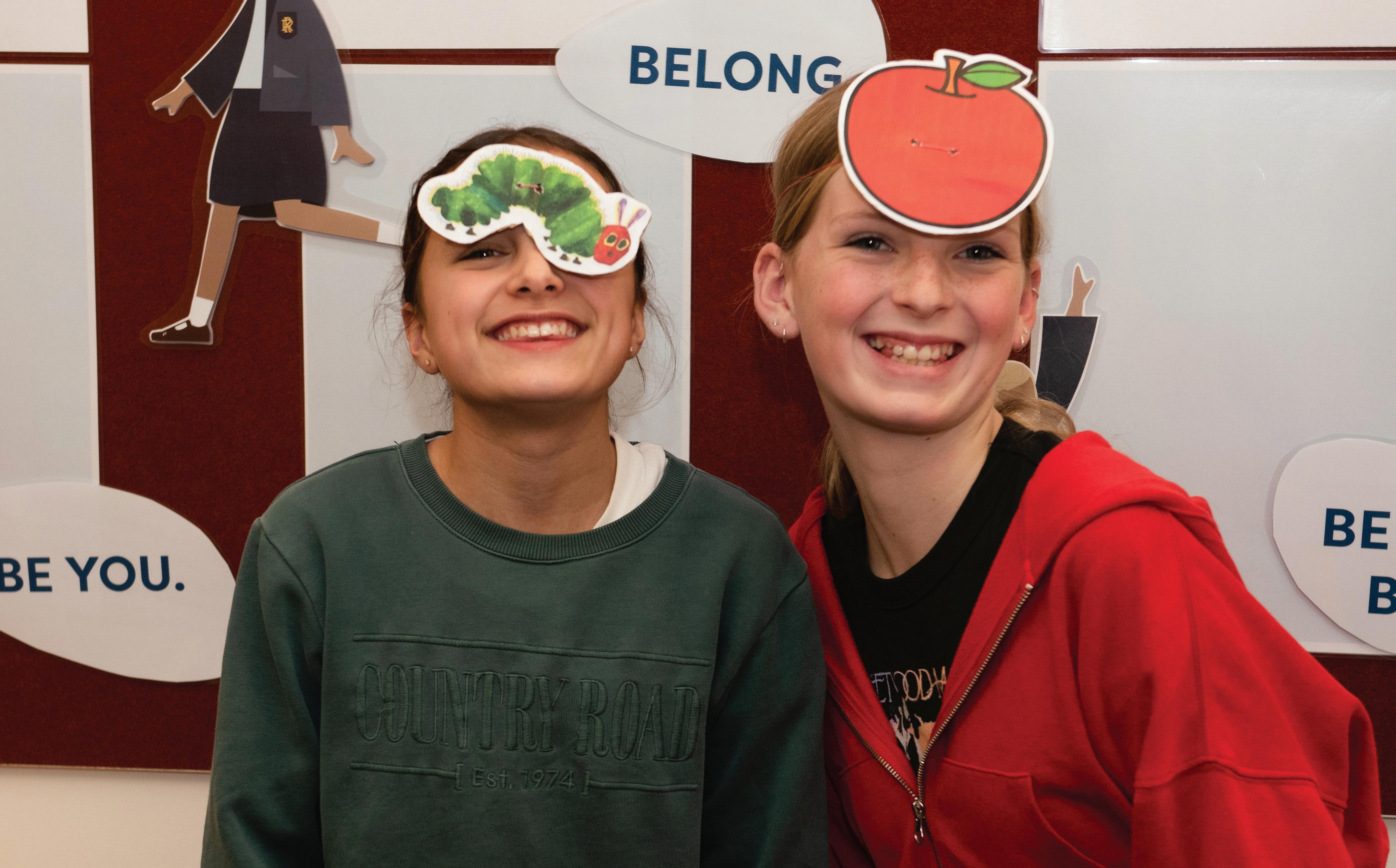


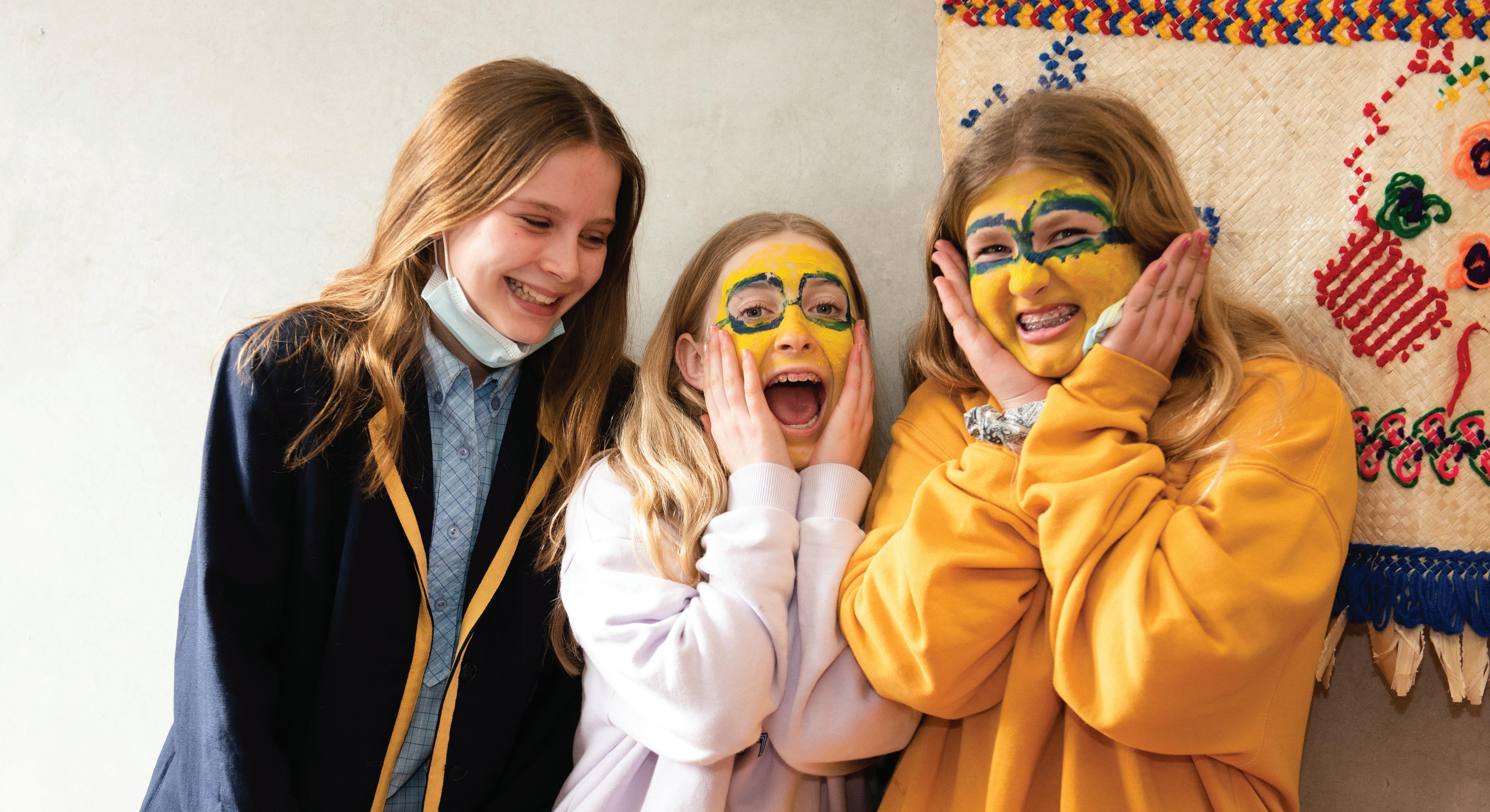
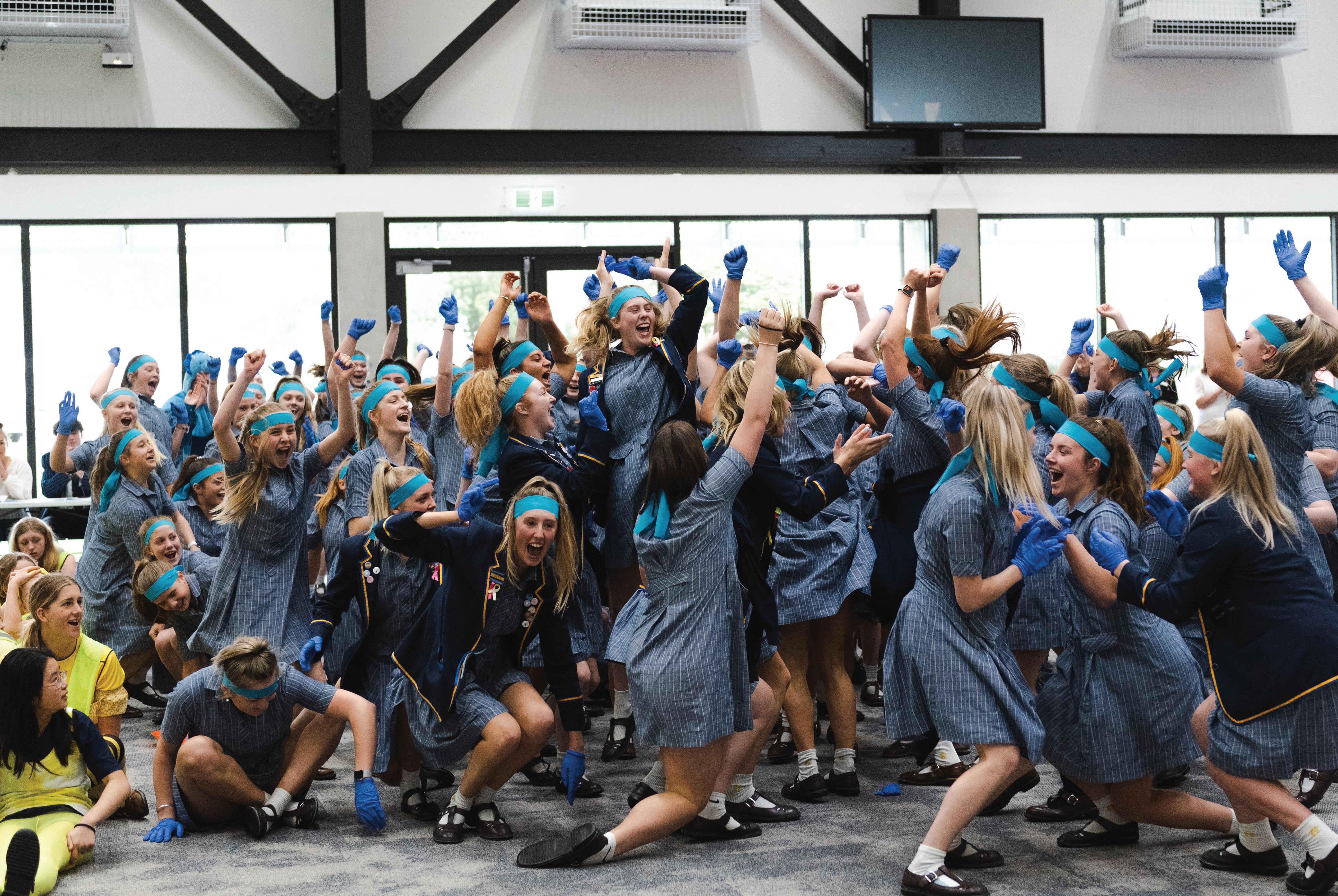
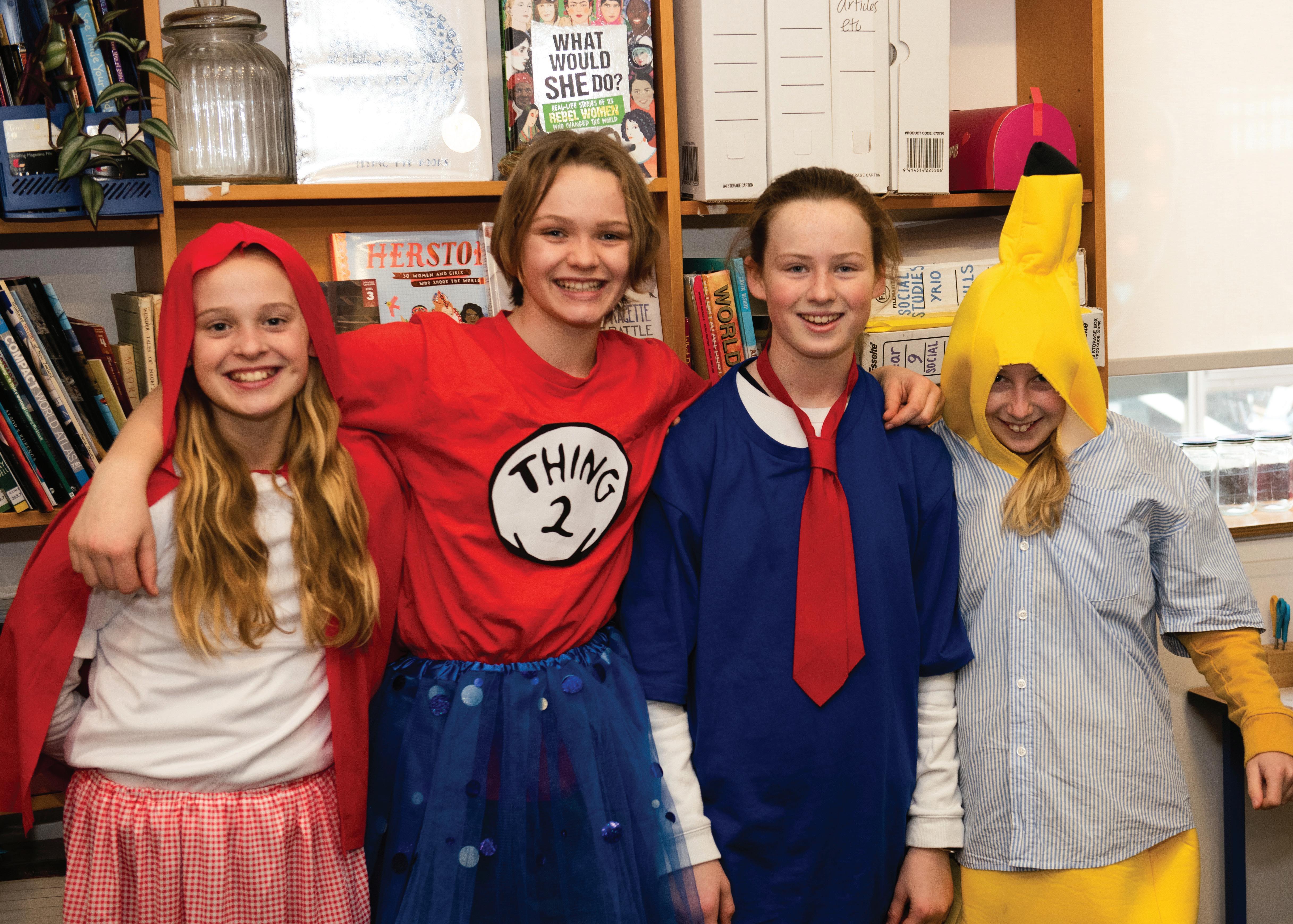
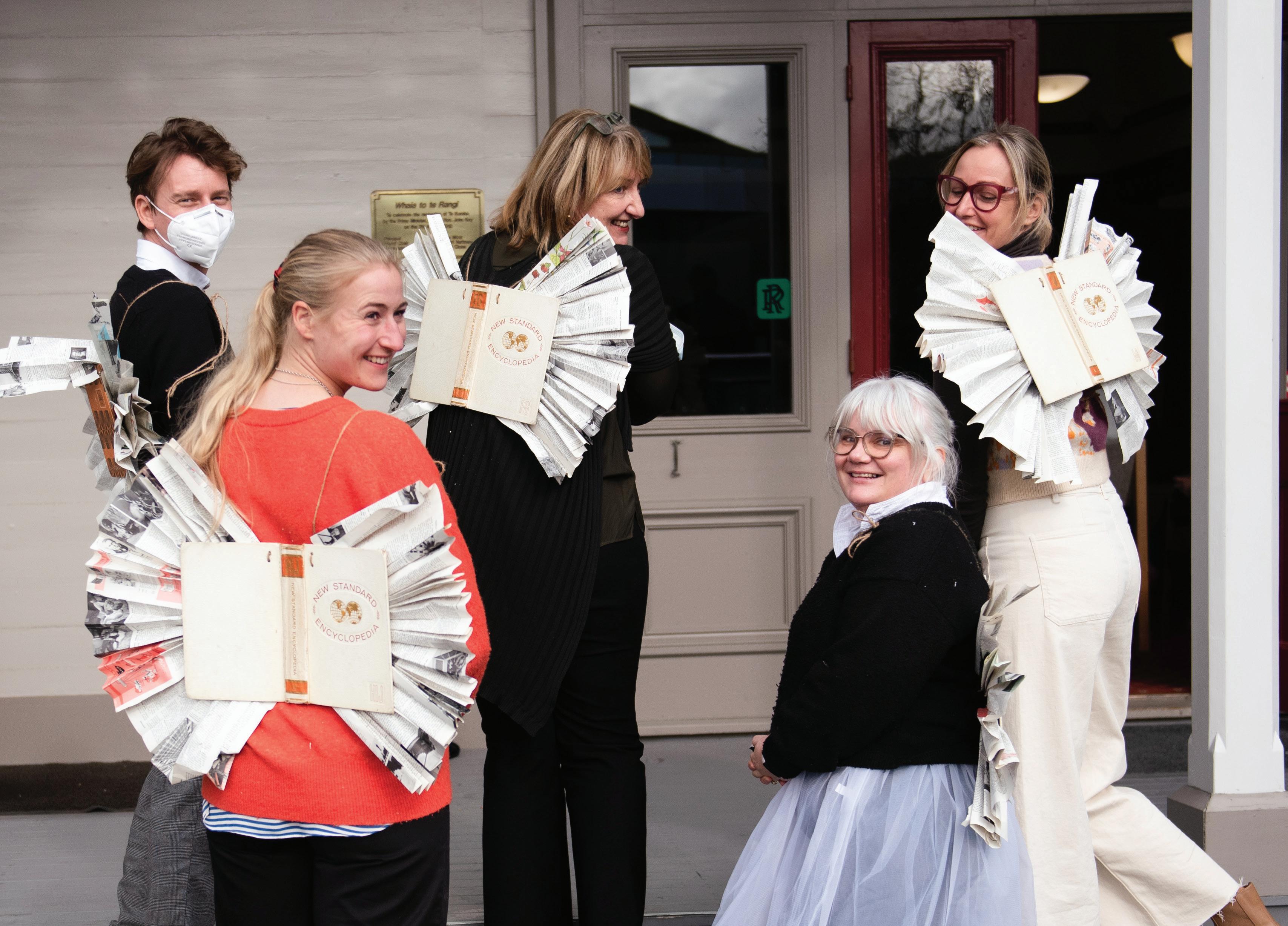
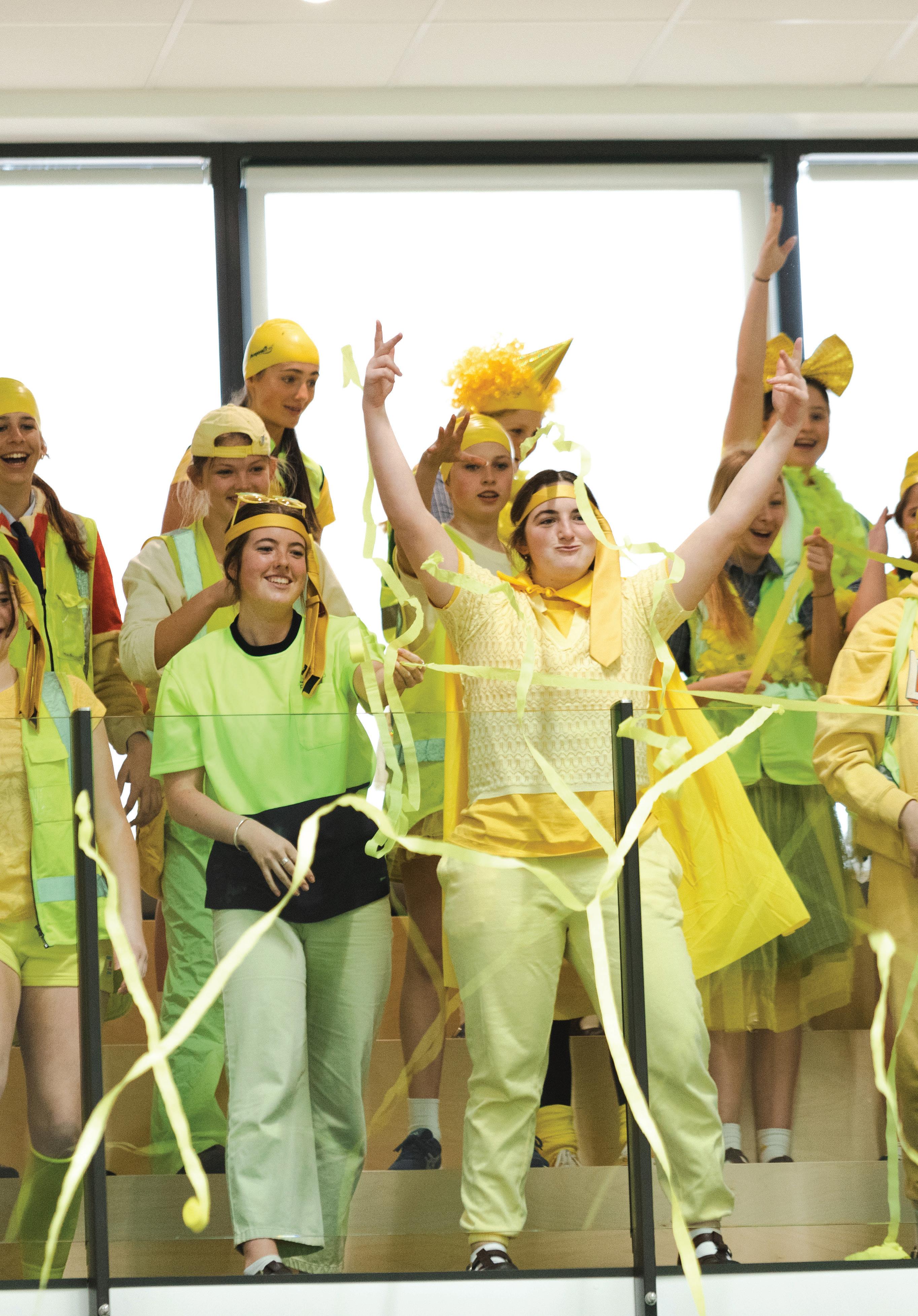


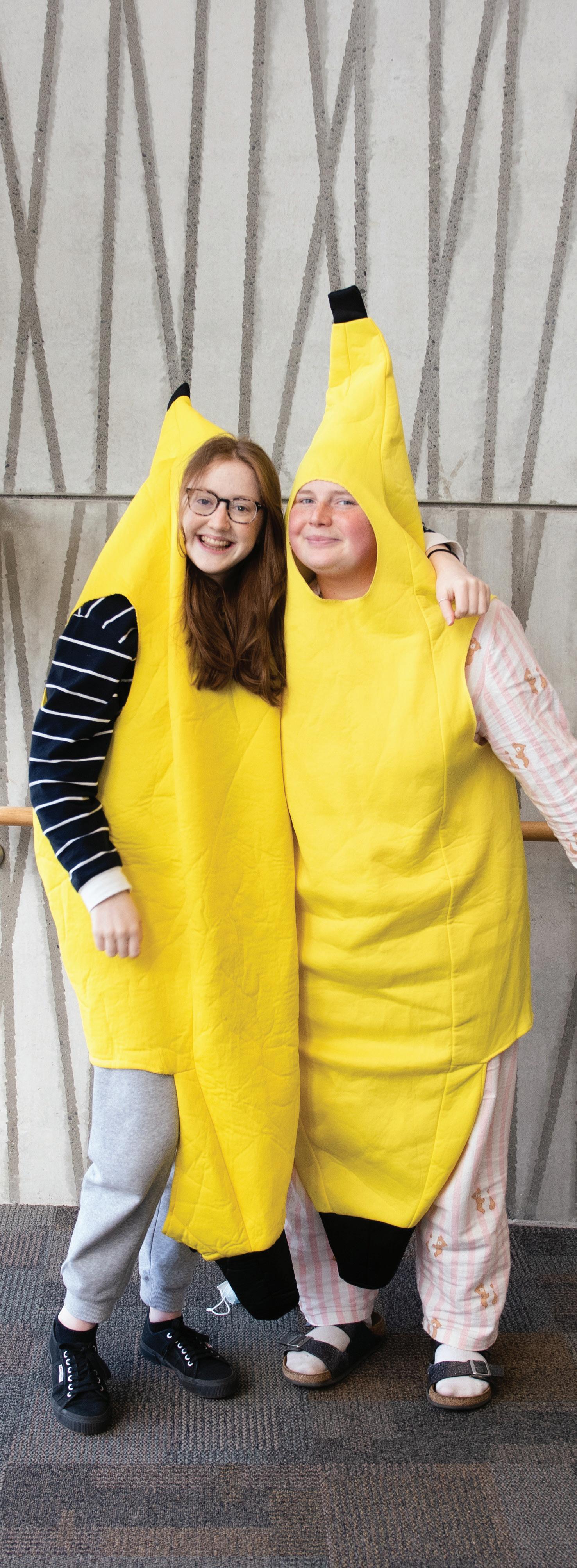
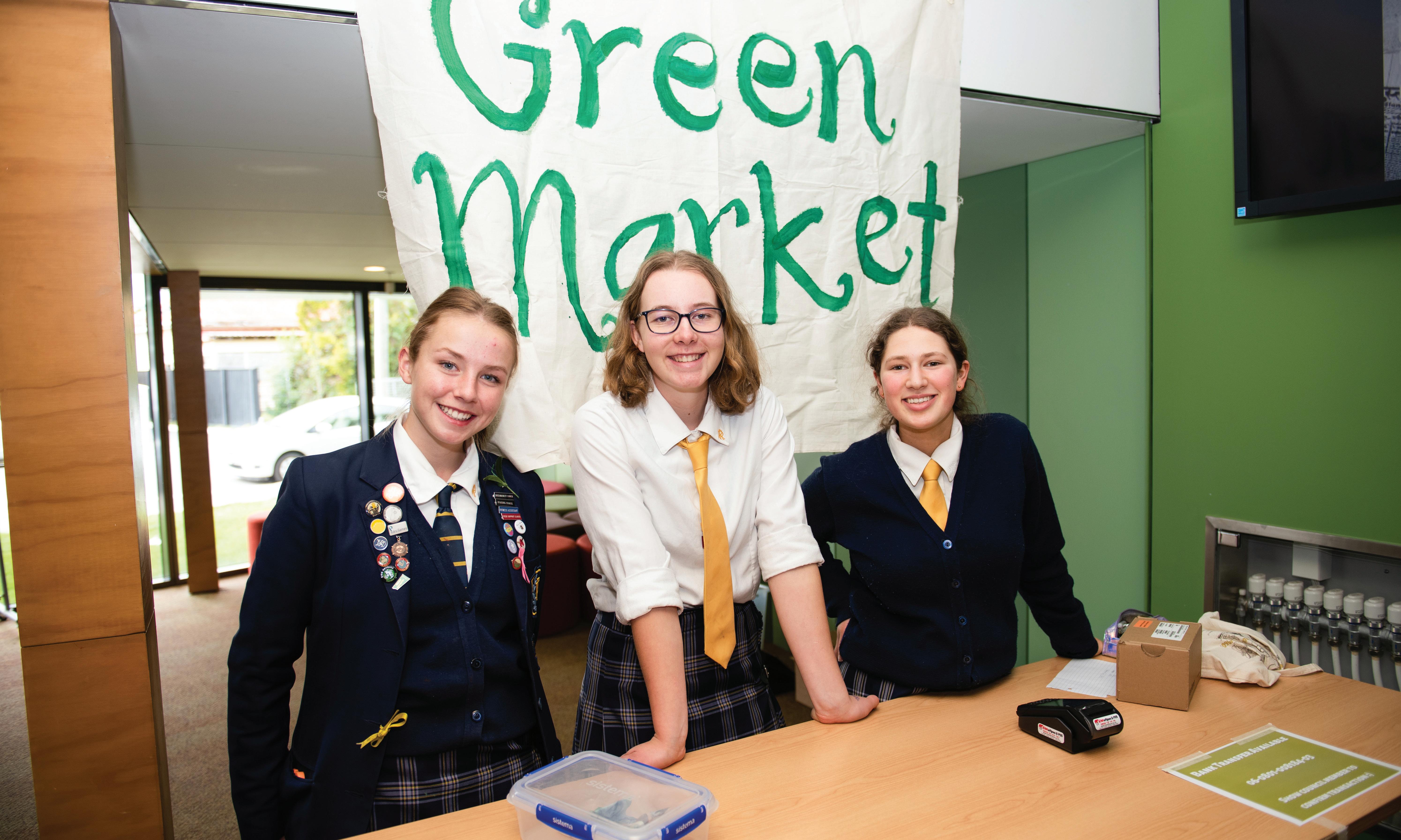



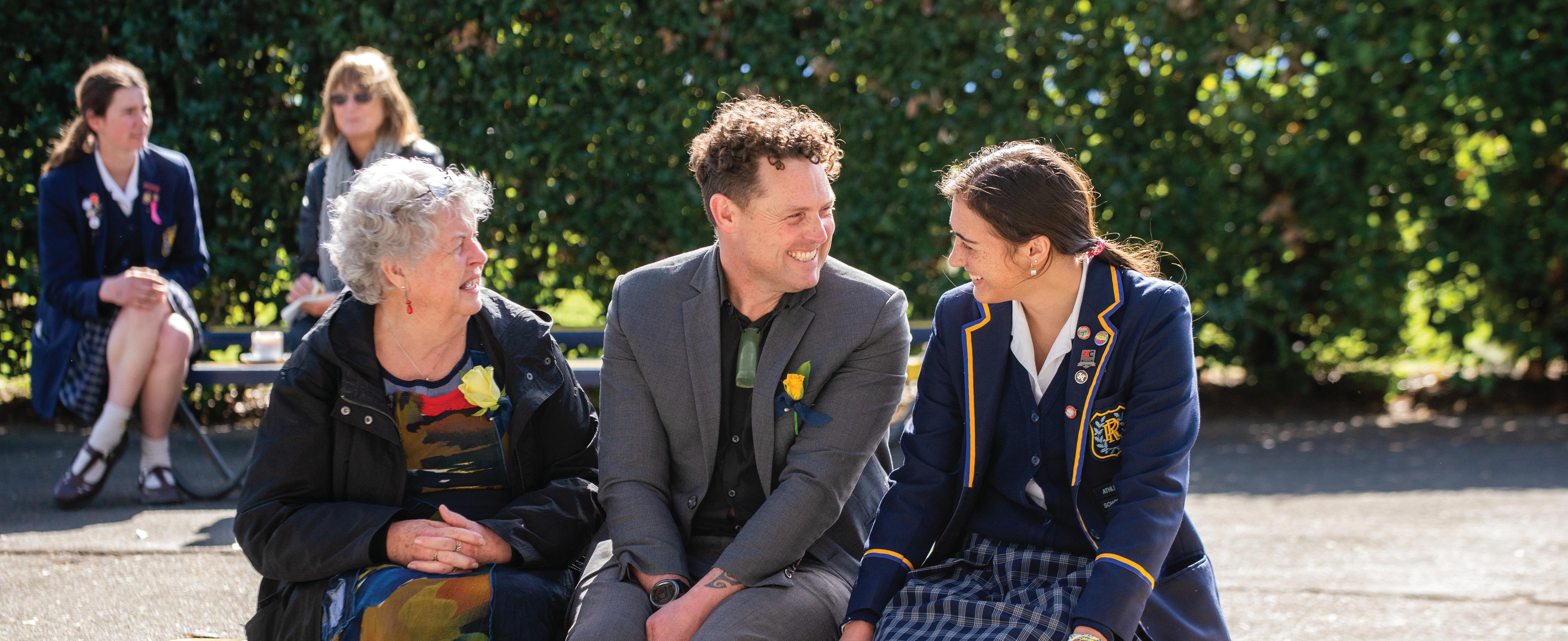
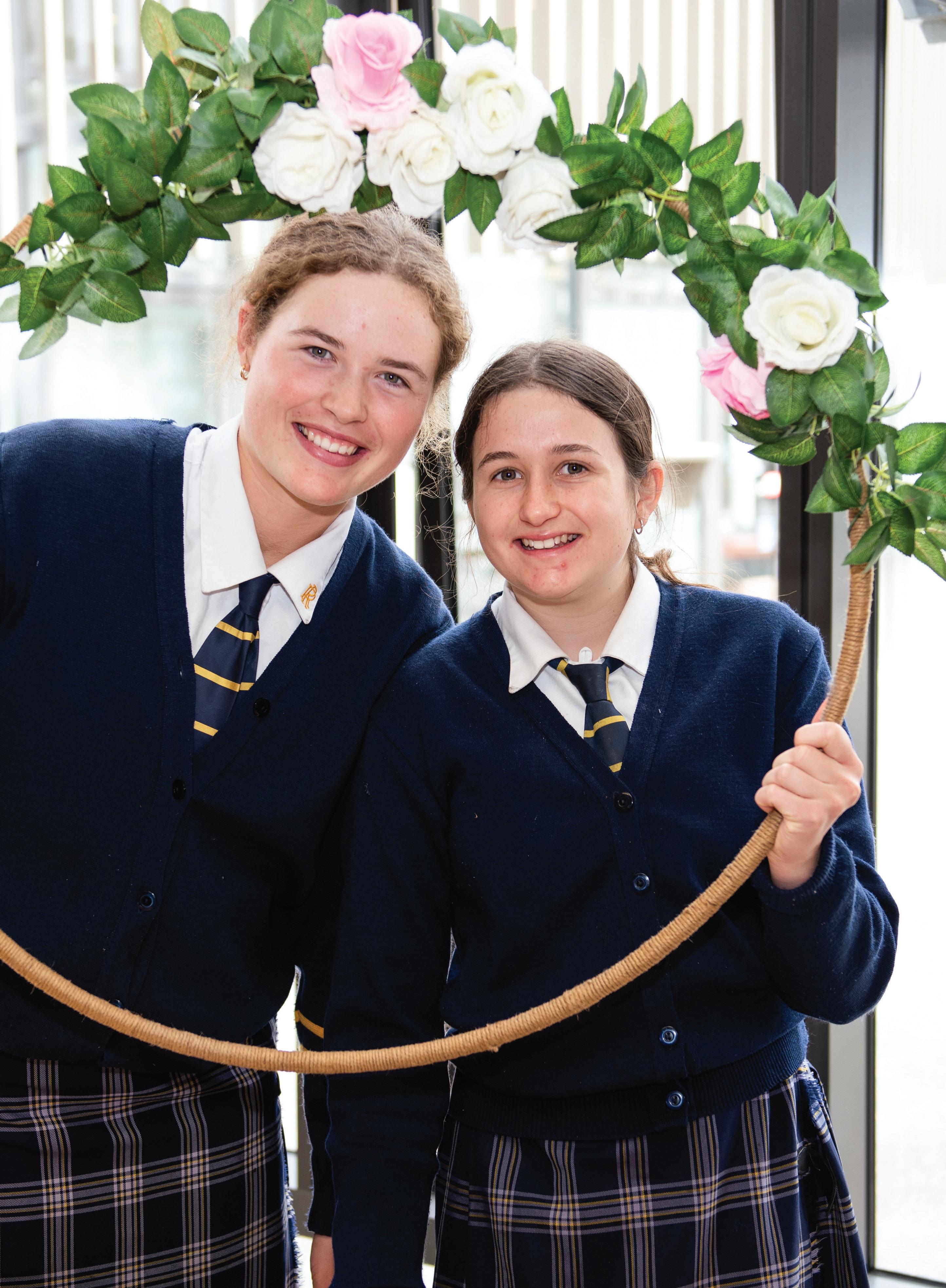
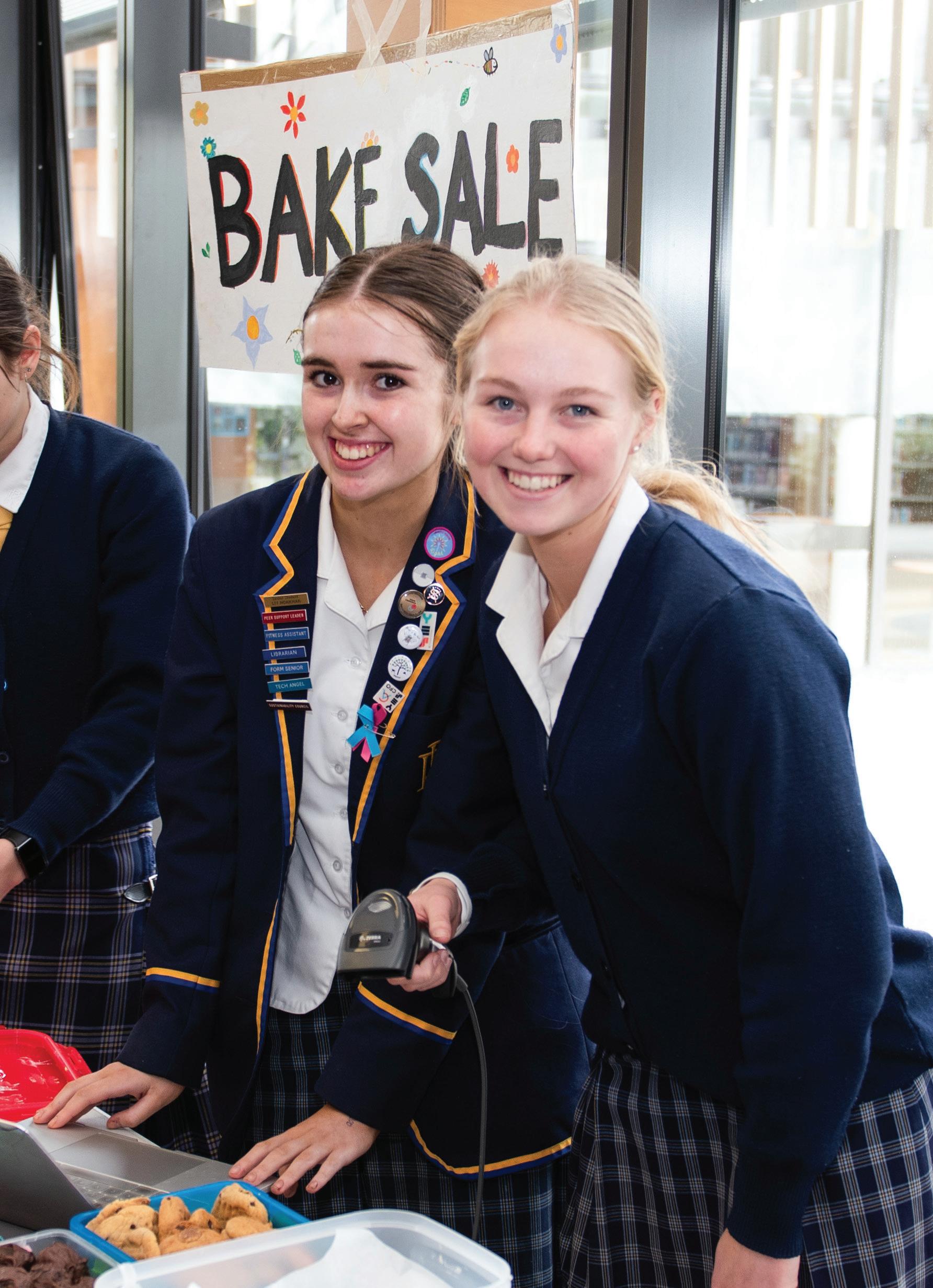


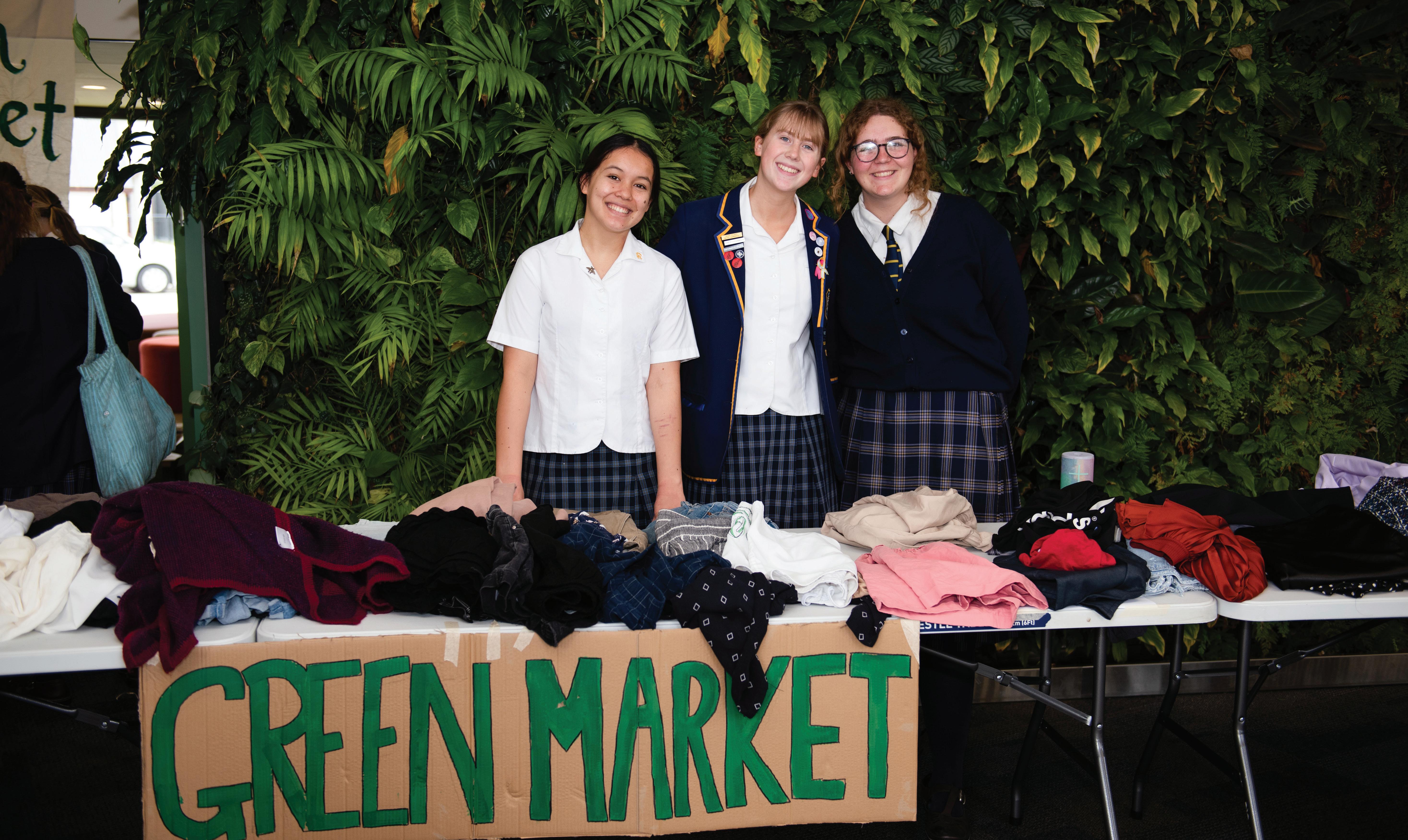
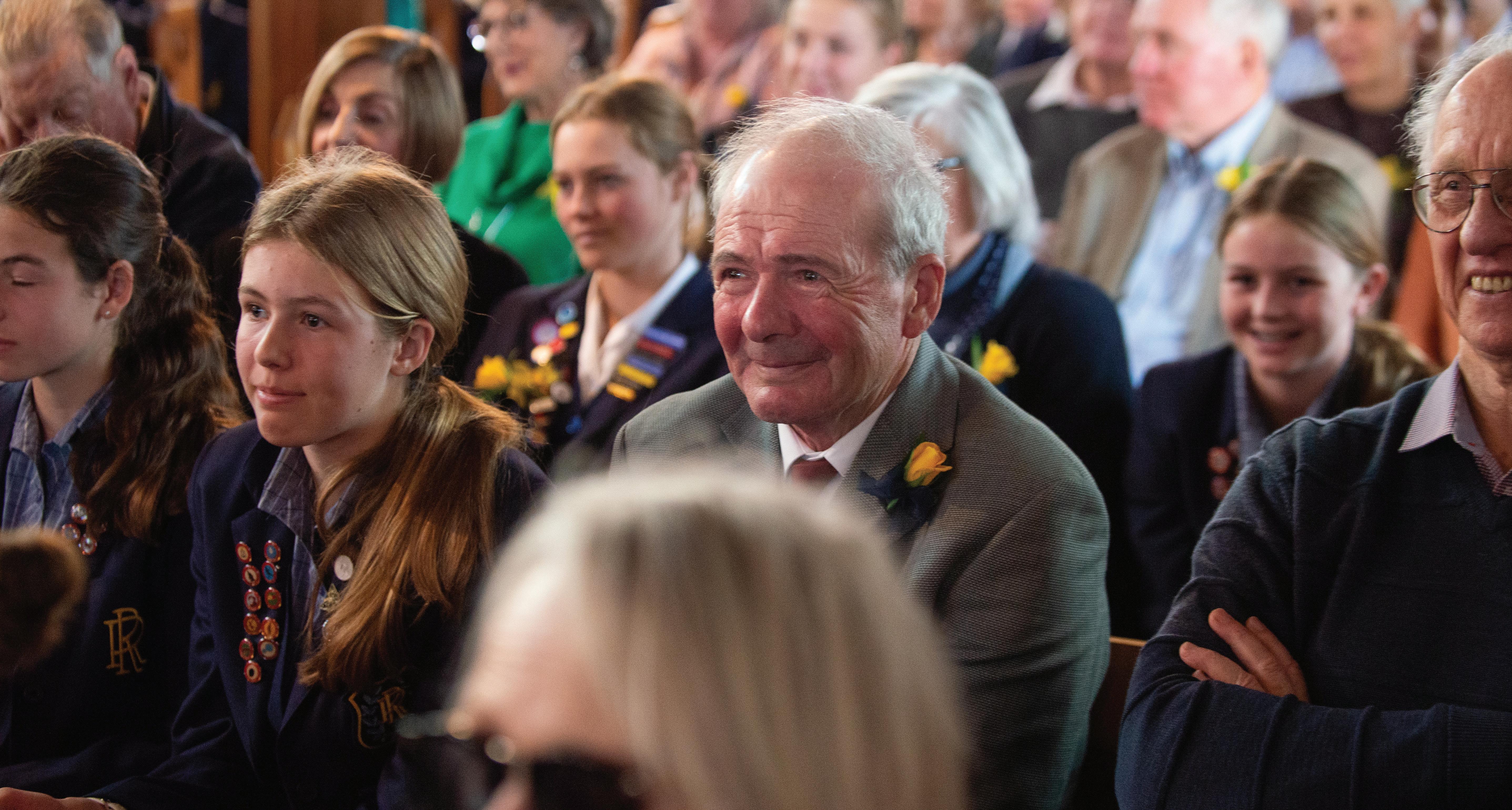


Being you is having the confidence and self-belief to be the best version of yourself at any given time. To develop these traits we need the influence of others. We are partially composed of fragments of those we have met, known, or to whom we have been exposed.
A s a social species, humans need interactions with others—from whom we learn right from wrong, how to improve, how to become resilient, compassionate, kind, empathetic…these traits blend in with our core identity, allowing us to develop and mould who we are over time.
We live in a world where at times we have to conform. Traditions, rituals and protocols are an important part of society regardless of one’s culture and heritage— and through these we learn more about ourselves by being part of the legacy that those who have gone before have gifted us. We are therefore also shaped by the past, through our interactions with and observations on the stories of history, also contributing towards us becoming the best version of ourselves.
One of the most authentic versions
of ourselves emerges when we are doing what we love. Discovering passions—and spending more time on these—allows us to enjoy life and feel happier with who we are. This is perfectly exemplified by the Rangi Ruru music whānau: a vibrant community bound by a passion for music.
I asked some senior students how they interpret Be You in the context of Rangi Ruru and our music programme, and they say: “I always feel free to genuinely express my true self. The music block is a place where each person is accepted and encouraged to enhance their creative ideas,” says one student.
Another says: “We have so many opportunities available and are surrounded in a thriving, positive, and passionate environment which makes us want to be the best version of ourselves.”
And: “Being you is being able to be given an opportunity to step into something completely new and being supported.”
Students are supported to participate in a range of music ensembles—from chamber music to choirs to rock bands to percussion ensembles; as soloists or in small or large ensembles; in areas that they may feel comfortable in, to trying out something completely new.
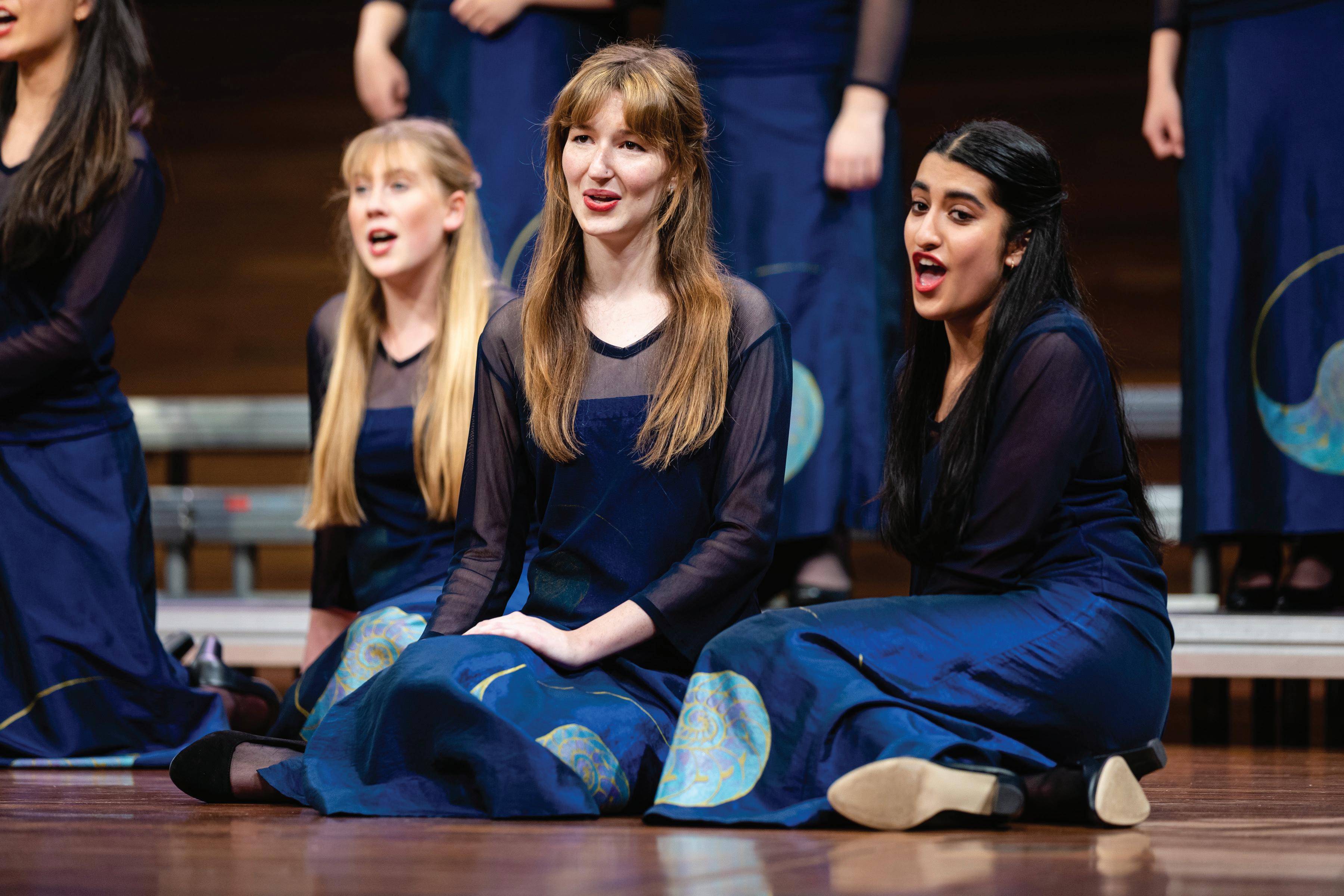



There is something for everyone, with all being welcomed and supported at all stages of their musical journey. Students learn through collaborating with and learning from others in order to express themselves in a safe environment, thereby greatly improving self-esteem and confidence.
Creating original music is a powerful form of self-expression. Our whanāu has

many skilled songwriters, from those just beginning their journey through to senior students whose more sophisticated songs are often a collaborative effort expressing personal thoughts, feelings and ideas about topical issues.

Year 13 band placeholder did just that through their song ‘Pyromaniac’—a
light hearted take on the complexities of life—winning the ZM Best Song Award at the Regional Finals of Rockquest.
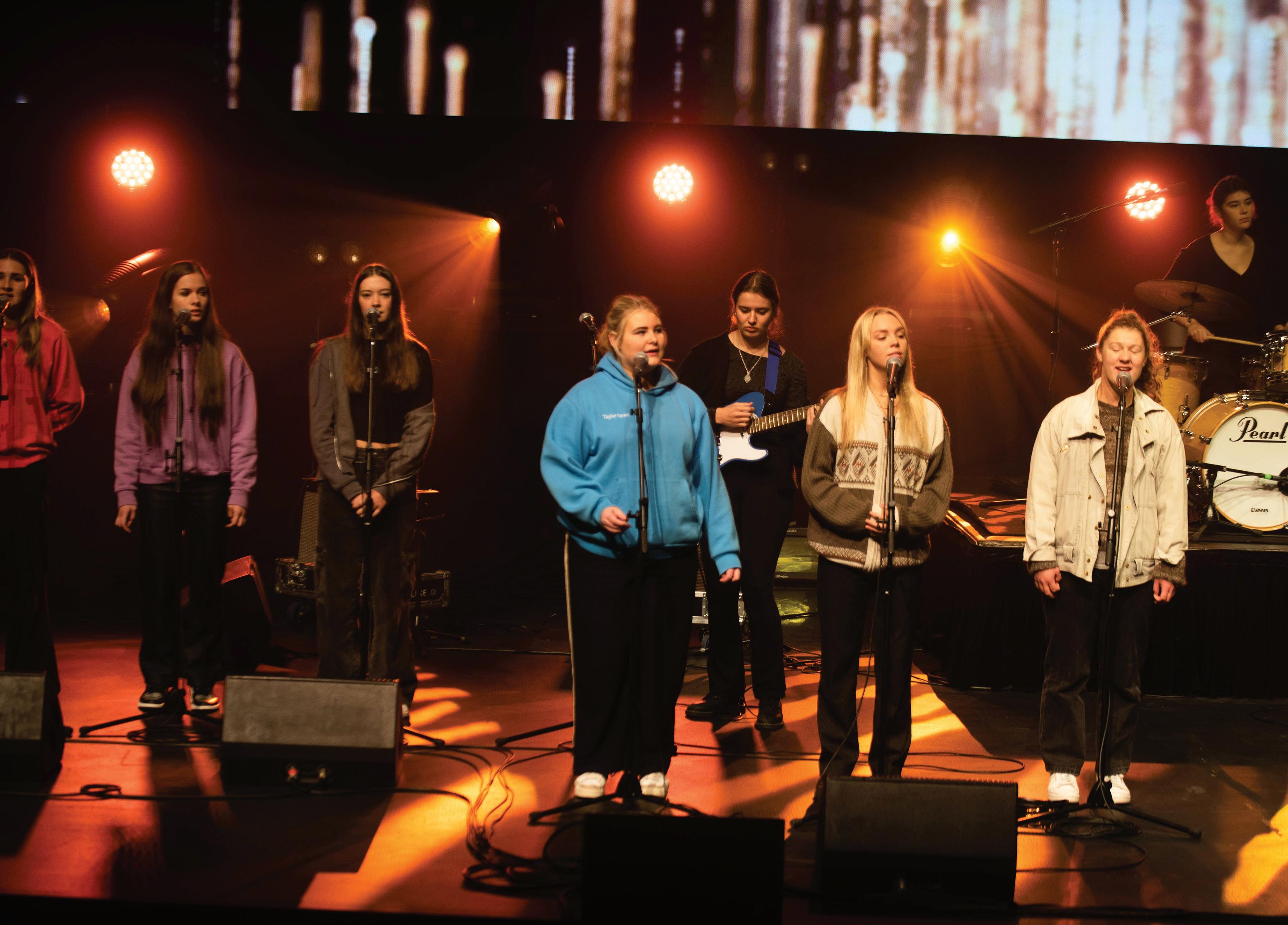
Year 12 music students created music that expressed something—a time, place, event, emotion—that is personal to them. In this creative process there is no ‘right’ or ‘wrong’—it is a safe place where music allows students to explore who they are without judgement or prejudice.

Young people today are actively supported to have a voice and to express themselves through experimentation and exploration, and collaboration with others. Typical of human behaviour, they will make mistakes, have regrets, change their minds—whilst always growing and learning.
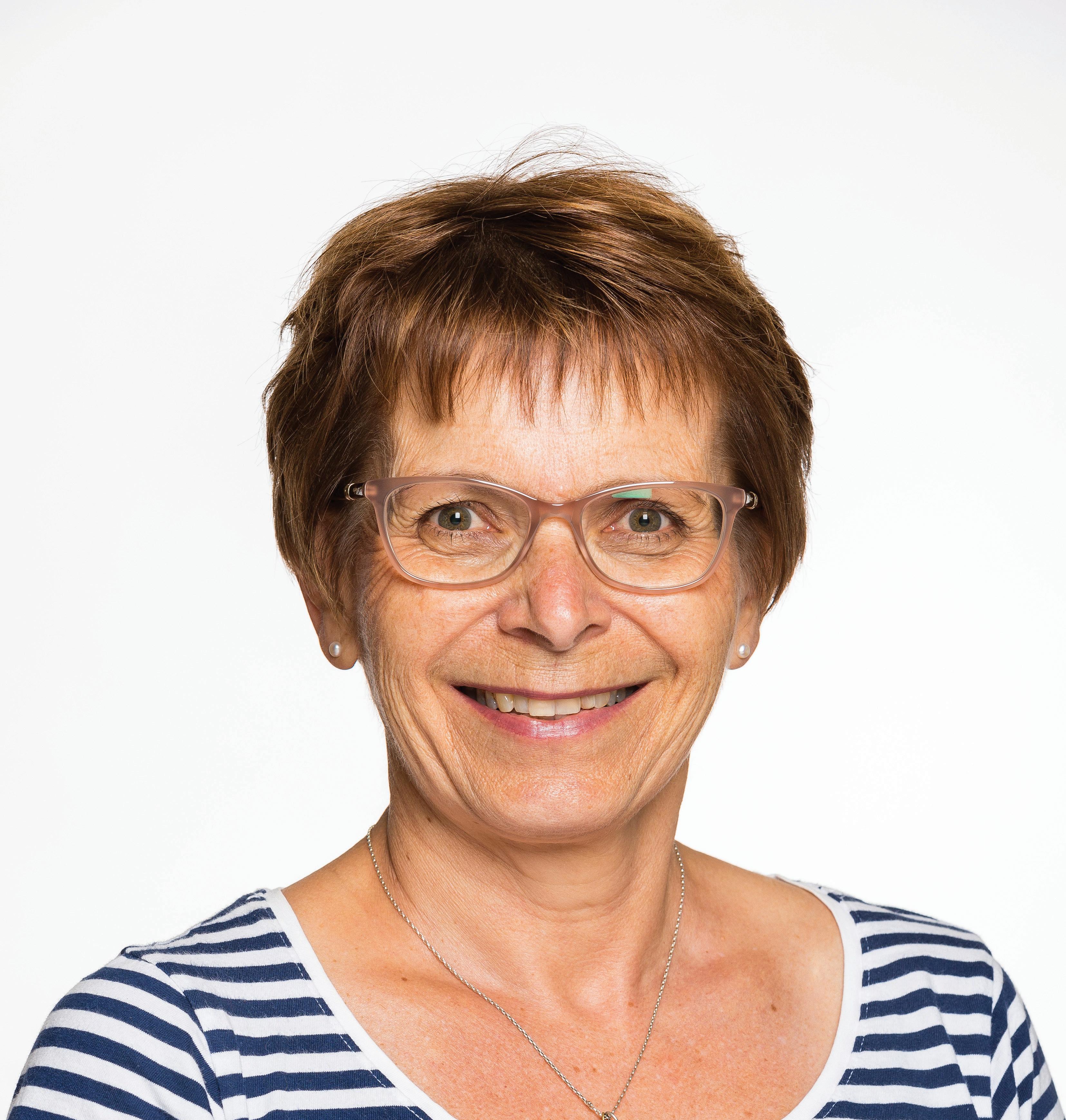
Music through time documents human change, beliefs, passions and opinions of those who are simply just being themselves, expressed through the universal language of music.
As Taylor Swift says, “Just be yourself, there is no one better.”
 Janet Kingsbury DIRECTOR OF MUSIC
Commercial Music students perform at Te Pae Resolutions performs at The Big Sing 2022 National Finale
Janet Kingsbury DIRECTOR OF MUSIC
Commercial Music students perform at Te Pae Resolutions performs at The Big Sing 2022 National Finale
Our students face an increasingly complex world, both in and out of school. So, how in this environment do they find their authentic selves, to Be You? How do we give each student enough autonomy to carry this into the world beyond our gates, and more importantly, how do we as a school support them to do this?
o successfully navigate their school years, and to prepare them for realworld experiences, students today need more than just academic skills. At Rangi Ruru, we aspire to create an environment where students feel empowered to be themselves.
T

For our international students, studying at Rangi Ruru is a challenging personal and educational journey. Navigating life in a new country with different cultural norms, and, often, in a place that doesn’t speak their native language can seem insurmountable at the beginning.

Yet, with competence in English being a form of linguistic capital, it opens up pathways that may not have been accessible from their home countries. For many parents who send their daughters halfway across the world to Rangi Ruru, it is the chance to learn in a student-centred environment that allows a broad range of
study pathways, as well as wellbeing and co-curricular options.
It is a place where their daughters can learn without the immense pressure of notorious international exams with rigid parameters.
For our 2022 Head of International, Eva Wu, coming to New Zealand from China to study at Rangi Ruru has been a lifechanging experience. When Eva arrived in Term 4 of Year 8, she was the only international student in the year group.
A confident and bubbly student, Eva was quick to immerse herself into school life and what struck me, even back then, was her willingness to give things a go. Five years on, Eva’s blazer is adorned with an Academic Pocket and both Music and Academic Colours.
For a student who had barely studied music before coming to Rangi
Ruru, Eva is heavily involved in Percussion Ensemble, Sinfonia and the award-winning Resolutions choir. There has also been a stint of equestrian, some netball, dance and an ongoing commitment to the school’s International Club.
When speaking with Eva about how Rangi Ruru has supported her to be herself, her response was that she has felt like she is part of a big family here. The students are friendly and respectful of different cultures; her teachers are caring, patient and supportive—as well as being genuinely interested in where she is from.
She has loved being able to share her culture with her friends and the wider
school during International Weeks and during Lunar New Year celebrations. Eva has been able to explore her creativity in Art, Design and Music, subjects that she would not have had the chance to study in China.
Courage, Resilience—and a Smile!
For Year 9 student Pitta Ratiporntip, arriving at the end of January 2020 to start as a Year 7 boarder, little did she know that it would be almost two and half years before she would see her family again.

She was only 11-years-old and spoke little English. With only one other native Thai speaker in the school, Pitta’s
journey has been one of resilience and perseverance. She is courageous and has always responded positively to challenges and new situations, gathering friends and gaining respect.
Pitta is known, by everyone, and it is rare that you see her without a huge smile on her face. She has been courageous when giving new things a go, whether in the classroom or in other activities.
Whilst her preferred relaxation time is just hanging out, she was encouraged to play sports for the first time ever and was even convinced to give netball a try. Rangi Ruru has given Pitta the confidence to be comfortable with who she is and she
shows a willingness to learn and teach others.
By sharing her culture, Pitta feels valued and develops a strong sense of her own identity and sense of self in the world. Coming to Rangi Ruru has helped shape Pitta’s self-concept and selfconfidence, allowing her to believe in herself and her potential.
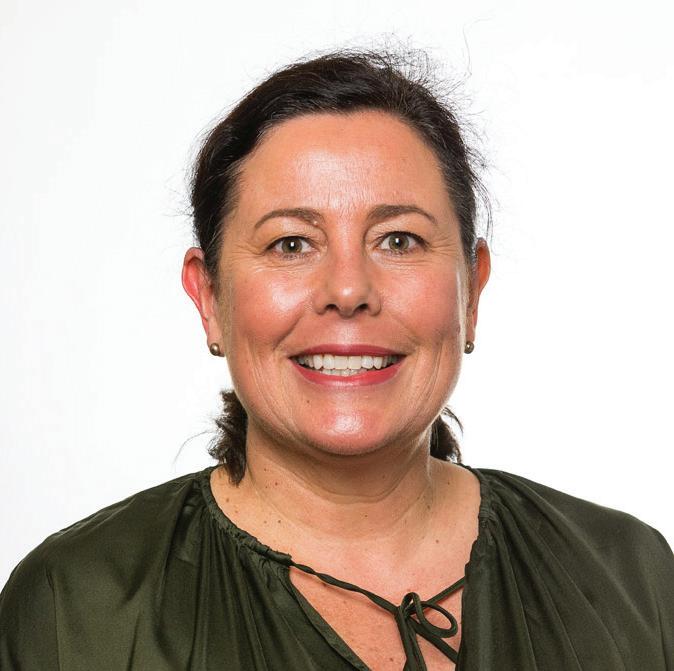 Words by Louise Stanton INTERNATIONAL DEAN
Words by Louise Stanton INTERNATIONAL DEAN

For many parents who send their daughters halfway across the world to Rangi Ruru, it is the chance to learn in a student-centred environment that allows a broad range of study pathways, as well as wellbeing and co-curricular options.
LOUISE STANTON, INTERNATIONAL DEAN
W e celebrate the diversity of our students and learn from them as much as they do from us. With some choice in uniform, the ability to pick their own pronouns, and the range of clubs and activities we offer our students a place where they ‘fit in’ as themselves.
Students at Rangi Ruru have a wide range of interests beyond the academic which they can explore. The school tries to accommodate what it can in all areas— sports, arts, music, performance, cultural and community activities.
You may have seen some of our marketing material this year featuring Year 13 student Sadie Lee. Sadie joined Rangi Ruru in Year 7 and says being encouraged to explore her interests and passions helped her navigate her teen years.
“When I came in Year 7—and I think when all the new students come in any year—you just want to fit in,” she says. “But we’re encouraged to be ourselves, so having that at the back of your mind during a time of your life when you’re really discovering who you are lets you explore your interests and allows those aspects of your life to flourish.
“It’s really helped me discover that being yourself is so much more important than sacrificing your interests and the things that you enjoy just to fit in. I have gone through so many different phases and had the opportunity to try so many things out that I have to come to a point where I am pretty content with who I am and who I am becoming.”
Our Personal Development Plan (PDP) process with the students setting goals and reflecting on them is a fantastic way for tutors and students to discuss what co-curricular activities are of interest and how to connect to them.
Rangi Ruru aims to support students,
and students have a variety of avenues available to them. Class tutors and deans stay within each year level, allowing them to form meaningful relationships and understand each student and what makes them tick. Small class sizes give subject teachers the chance to identify different needs and differentiate to provide the best possible outcome for the individual student.
We are a community, and it is not only teaching staff who best champion our students. The Care and Development Network includes the deputy principal; two school psychologists; boarding staff and nurses, and the heads of Health, student development and leadership and the high-performance and learning support programmes.
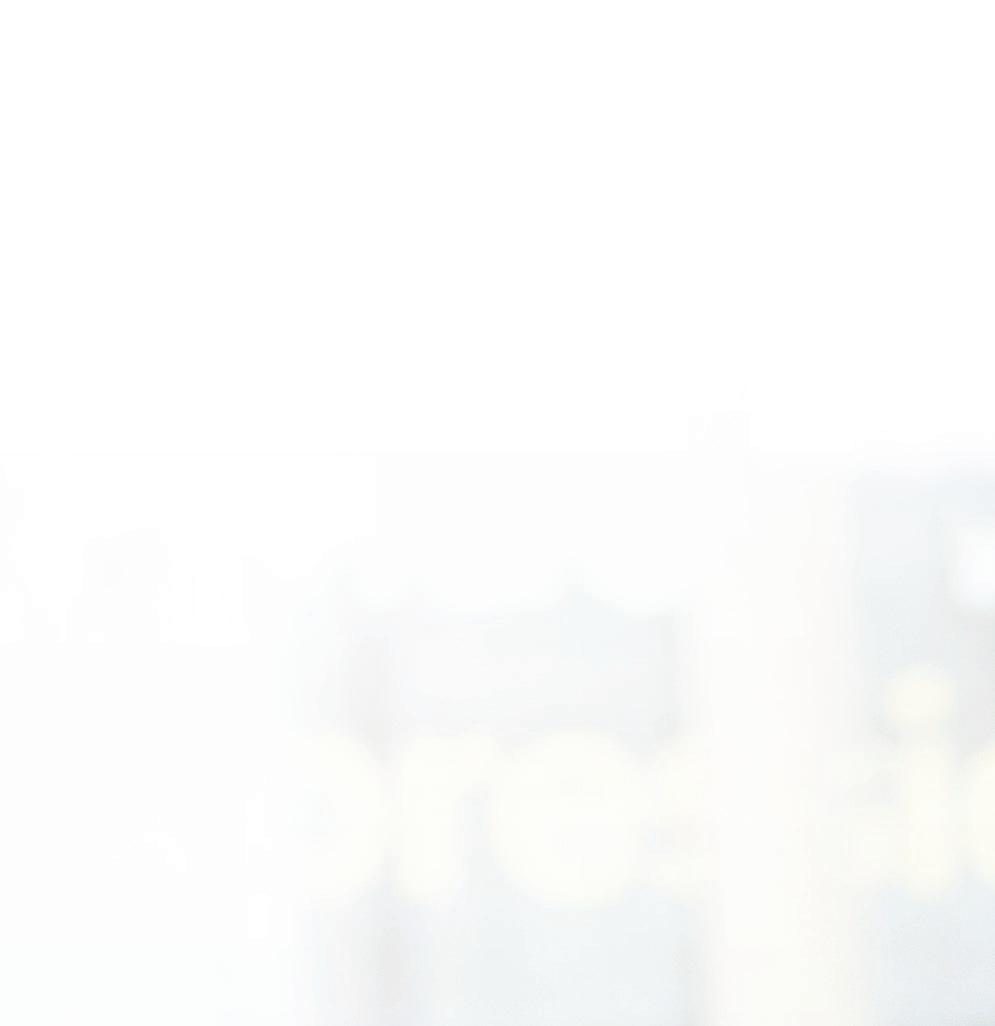

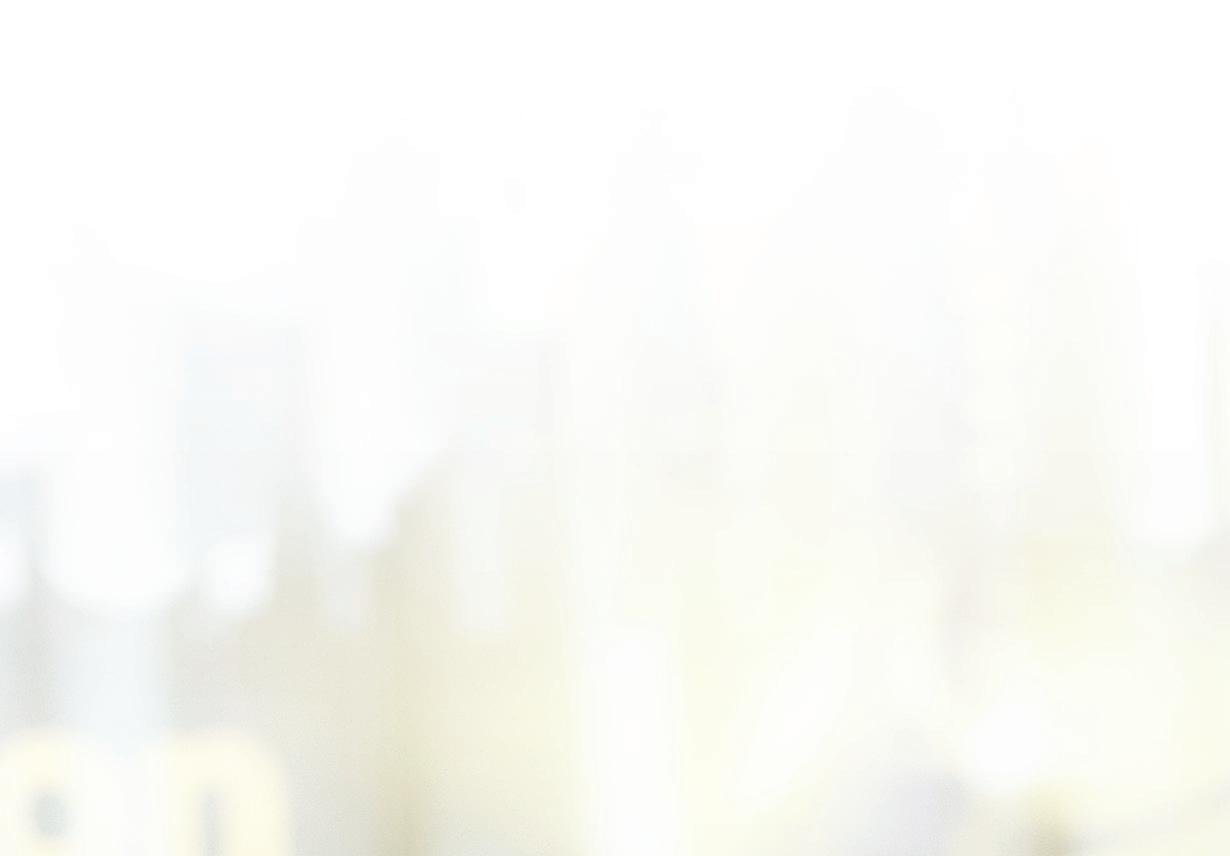


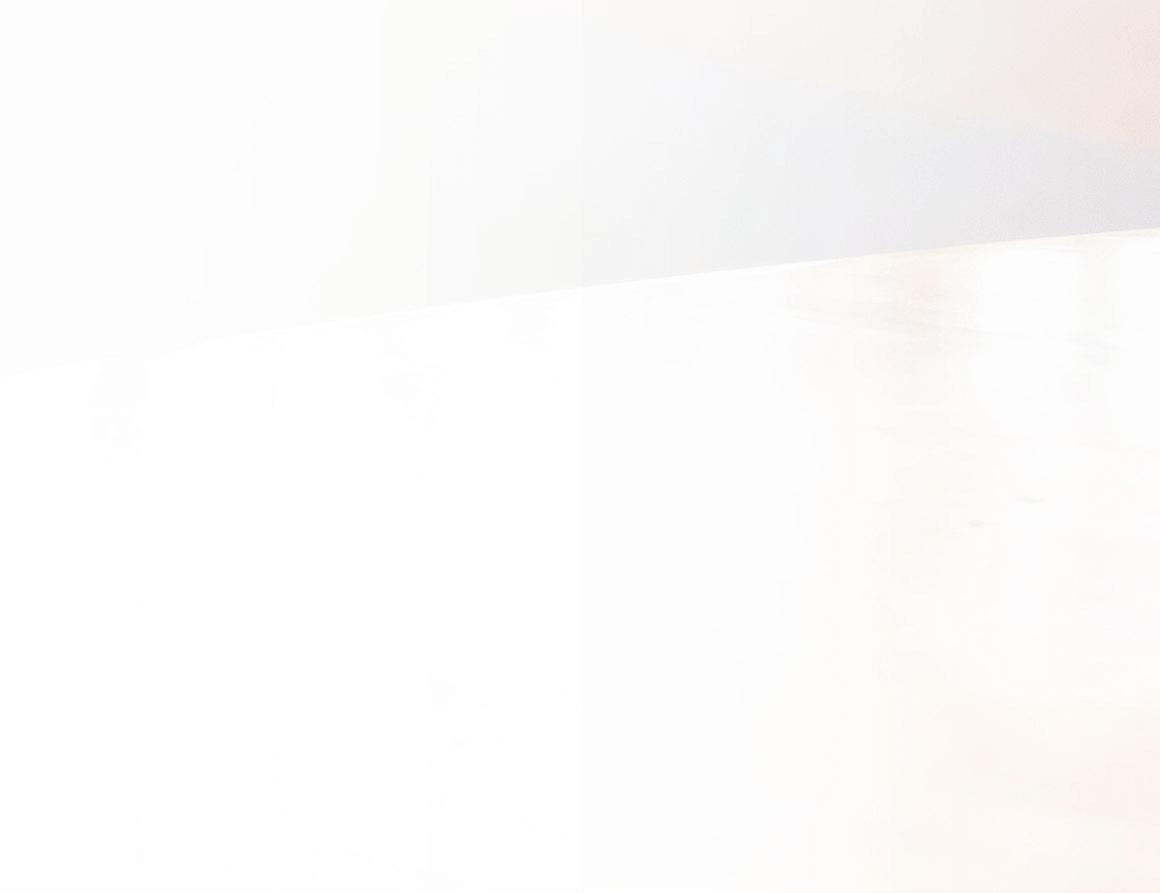

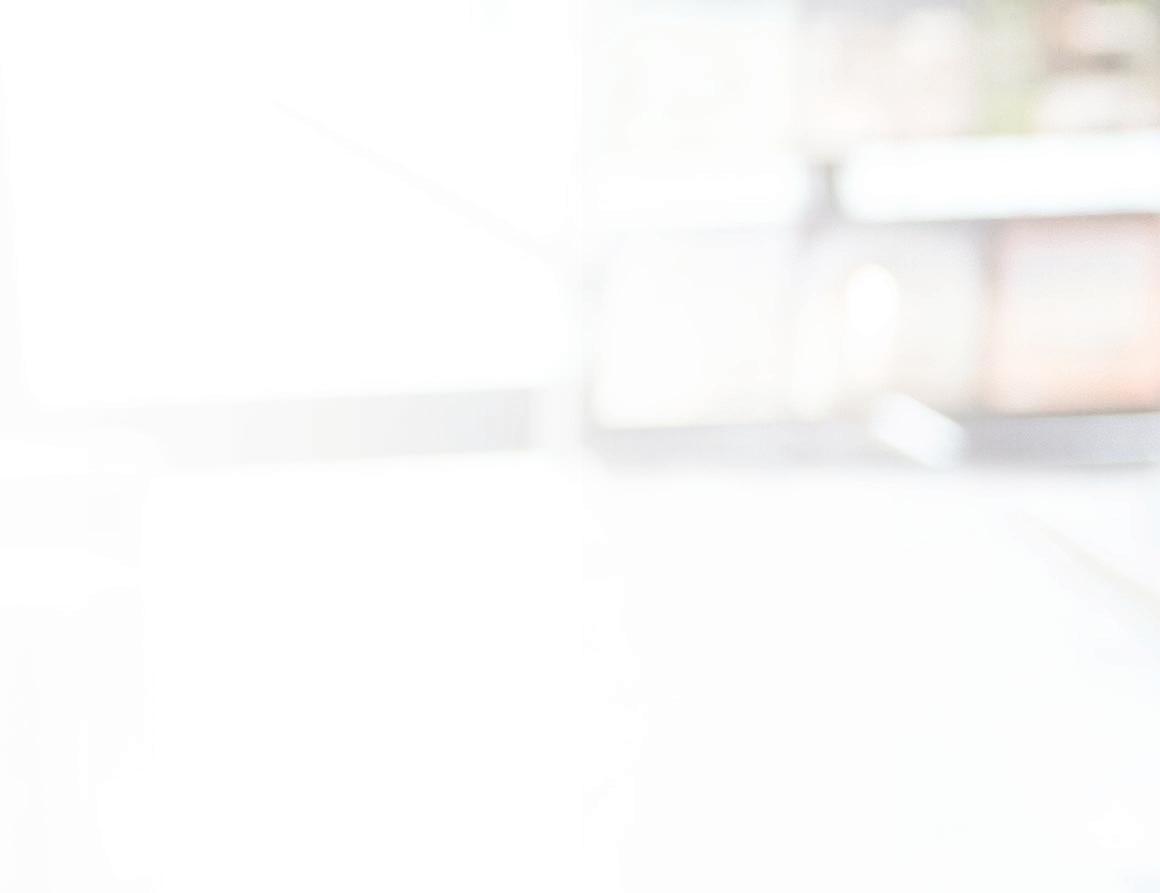
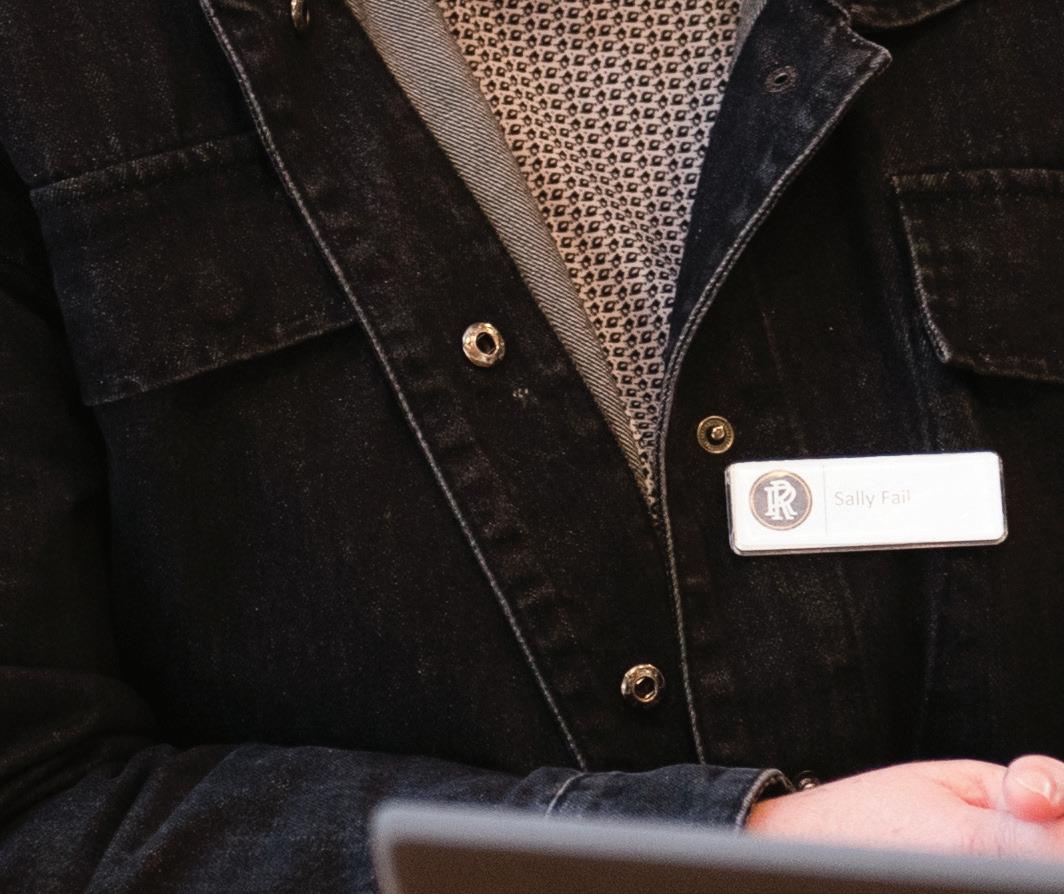
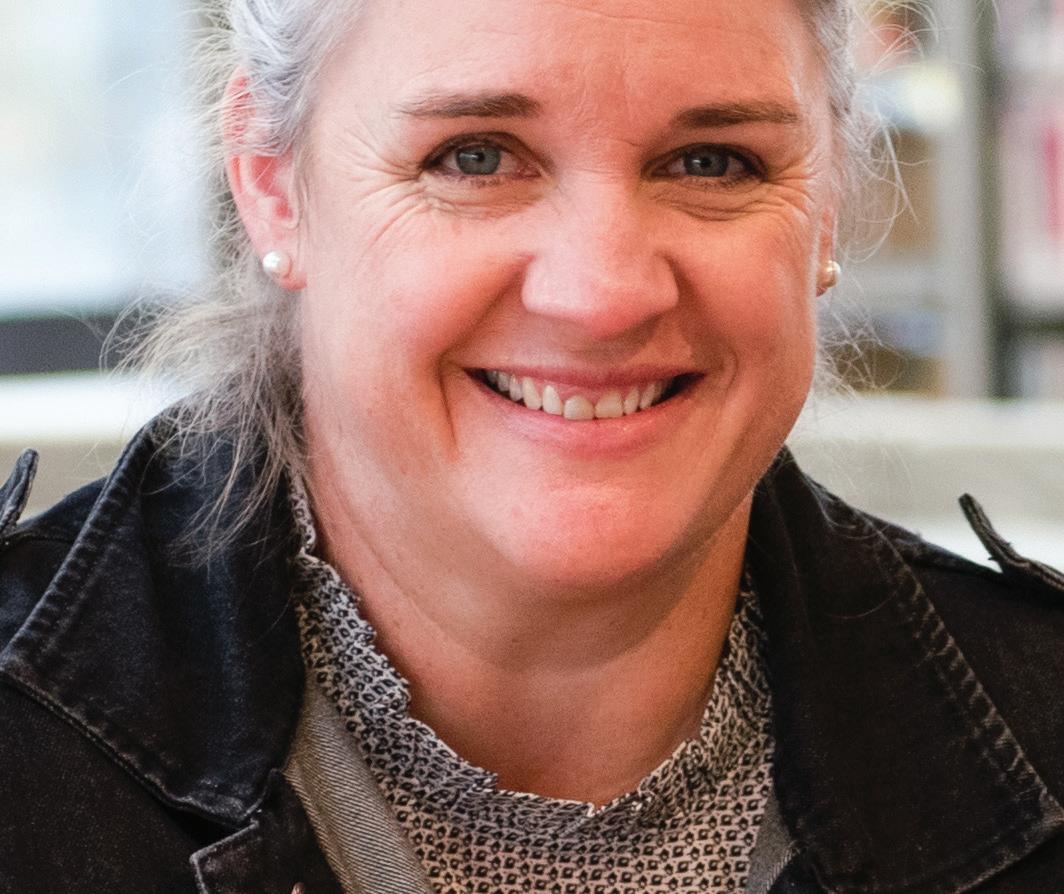
We know the students well— and often it is the incidental conversations that are just as meaningful and useful.
Other students are also a valuable resource when it comes to connecting and belonging; with peer mentoring programmes, Clan activities and social events designed to encourage relationships across and throughout year levels.


Relationships at Rangi Ruru are fundamental: You cannot flourish if your wellbeing is not nourished, and connections and relationships are a crucial player when it comes to wellbeing.


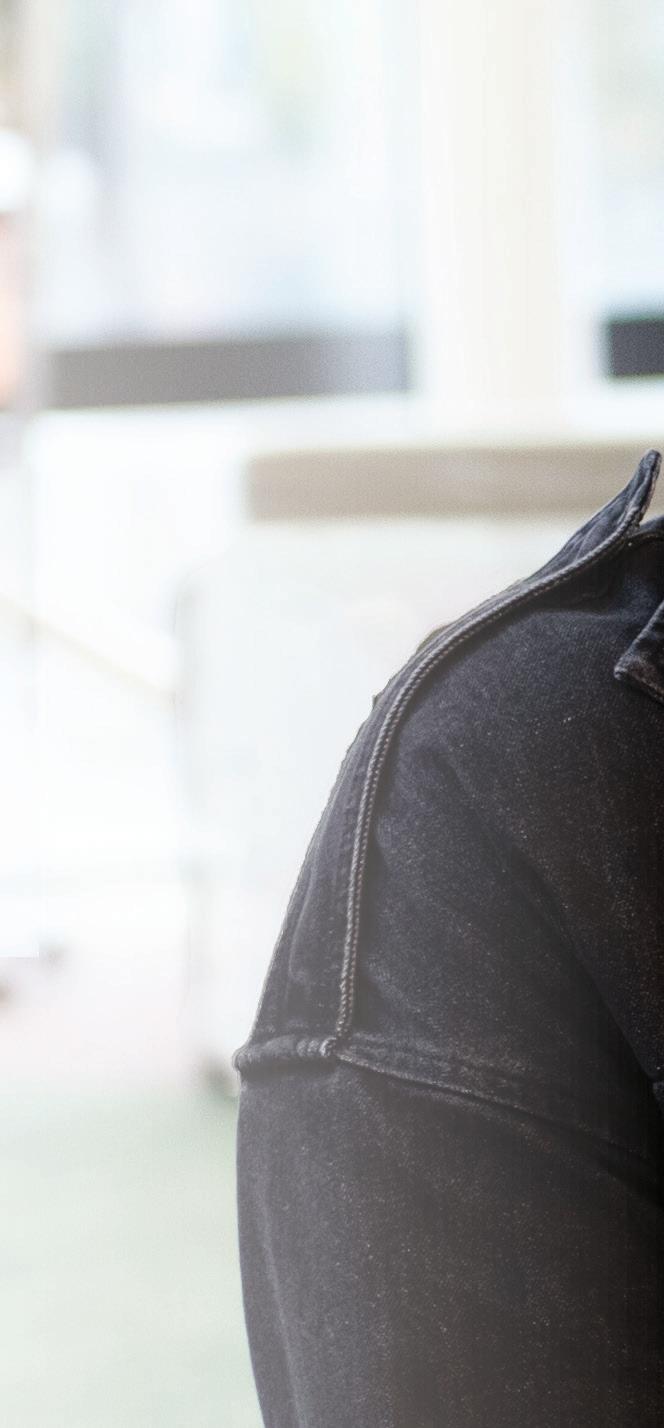

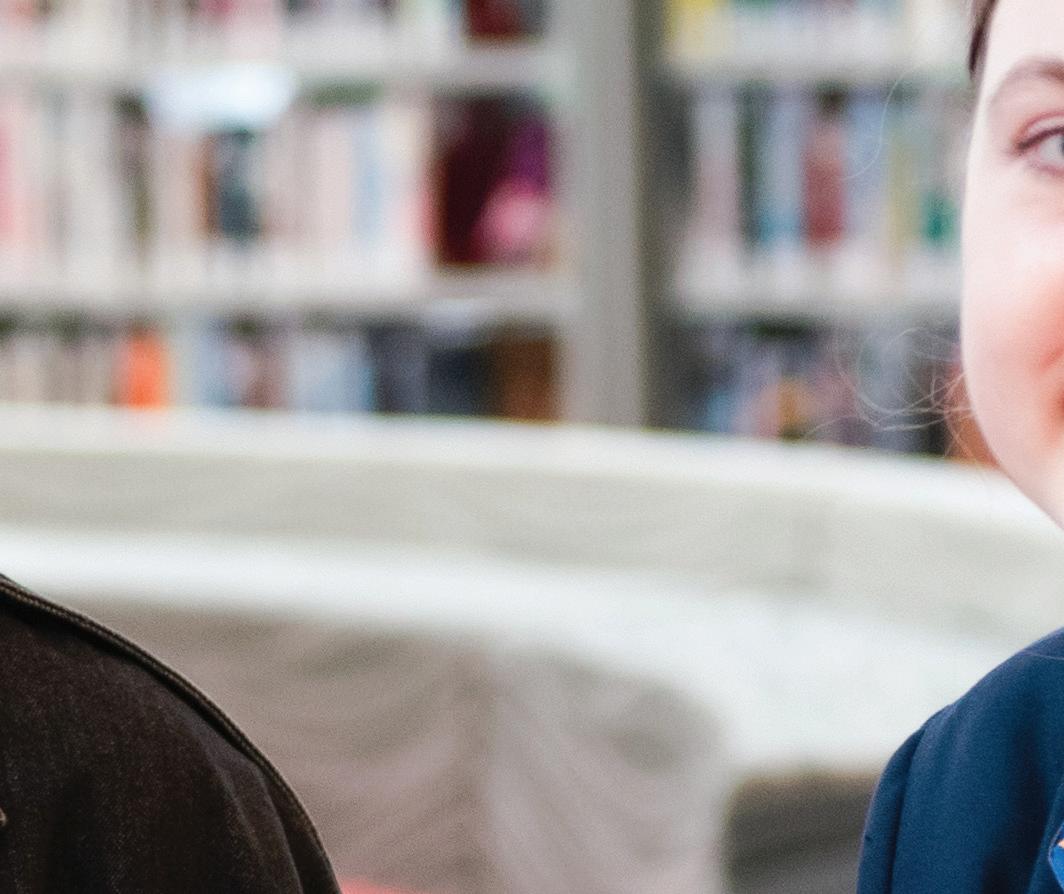
Every student at Rangi Ruru is encouraged to be themselves and not just to ‘fit in’. Although the world we live in sometimes does not embrace our differences and pressures us to ‘conform to the norm’, we want to implant the idea of being yourself and give the opportunity to do so.
Working towards being a Rangi Graduate, students are taught dispositions that help foster positive relationships with themselves, teachers and whānau.

Sadie says activities like school camps and Clan activities have helped her form strong bonds with her peers during her time at Rangi Ruru.

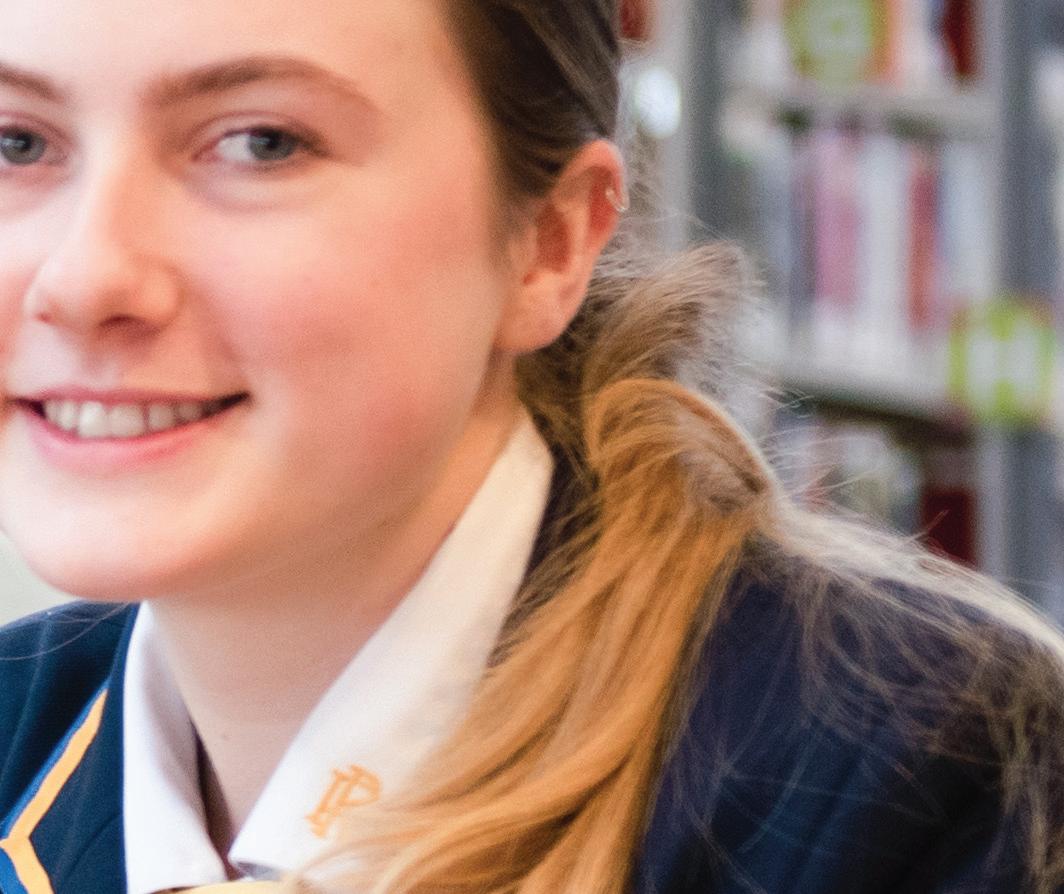
“It’s very community-based, we do lots as a school and it really is like one big family. Everyone has their friend group but if I was put into a group with any girls


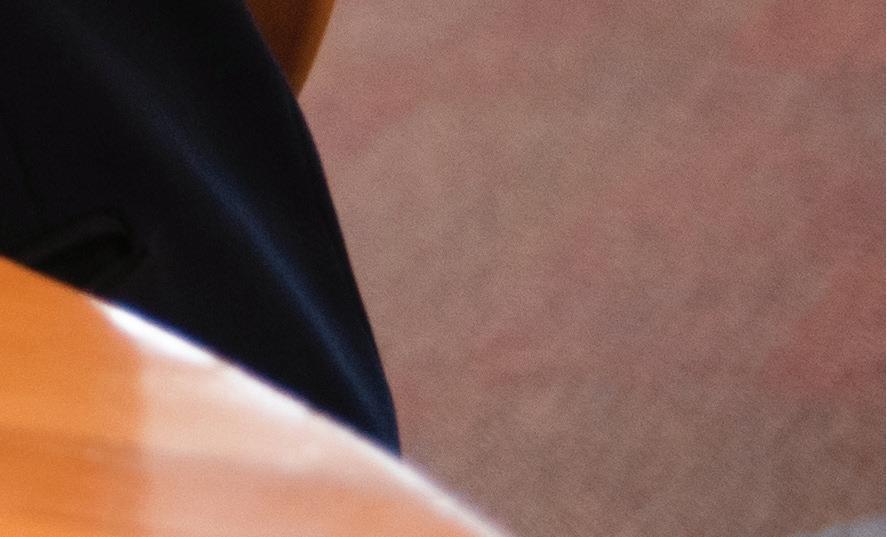

in my year group; we would all get along and enjoy each other’s company whether or not we hang out with each other all the time—and I think that’s quite special to be able to say that.”
We have specific times when wellbeing is a focus—Hui Time, Whānau Time, Te Ara—however, it is incorporated everywhere—in every lesson, every activity and every interaction.
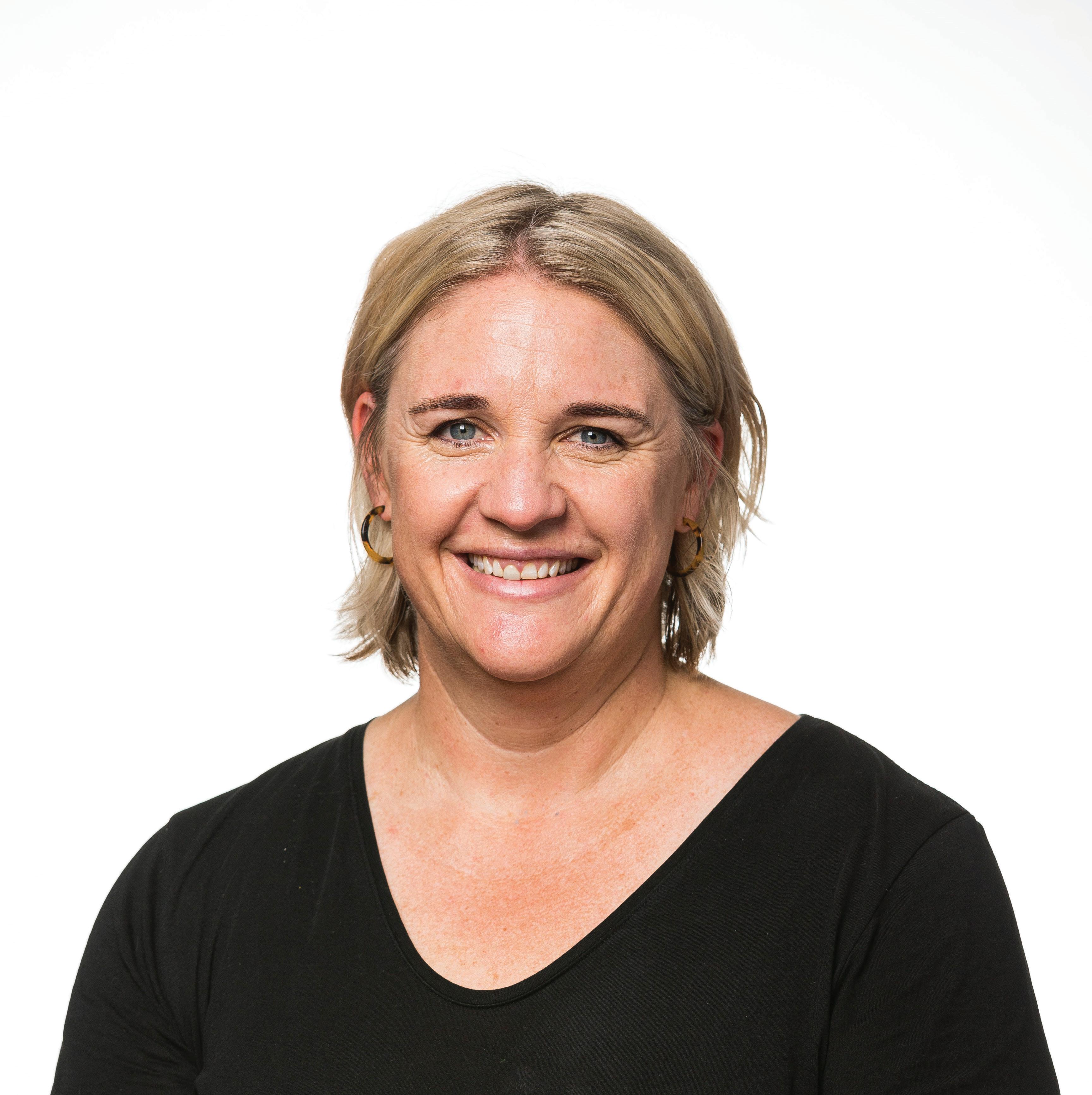


Taking responsibility, being empathetic and respectful, being courageous, having
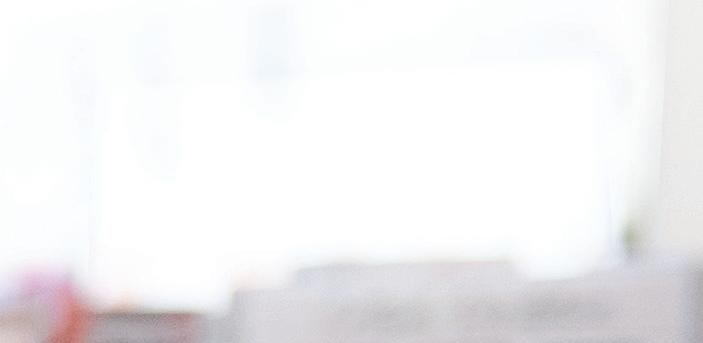

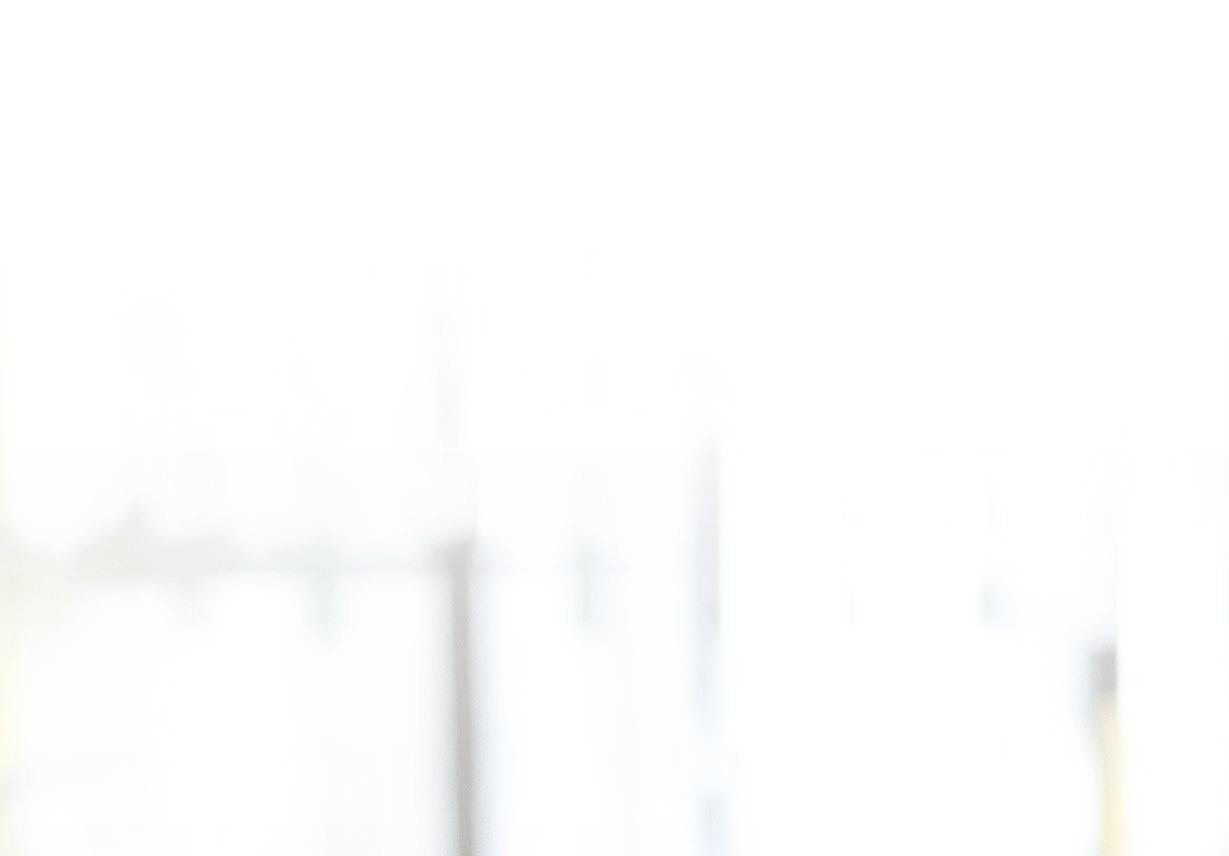

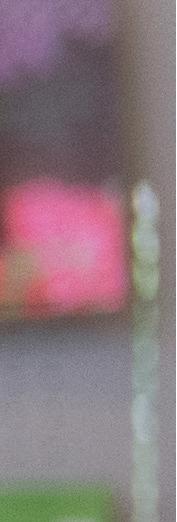
the confidence to share, encouraging others—every aspect of the Rangi Graduate is a contributing factor to positive relationships, whether it is at home, school or with themselves.





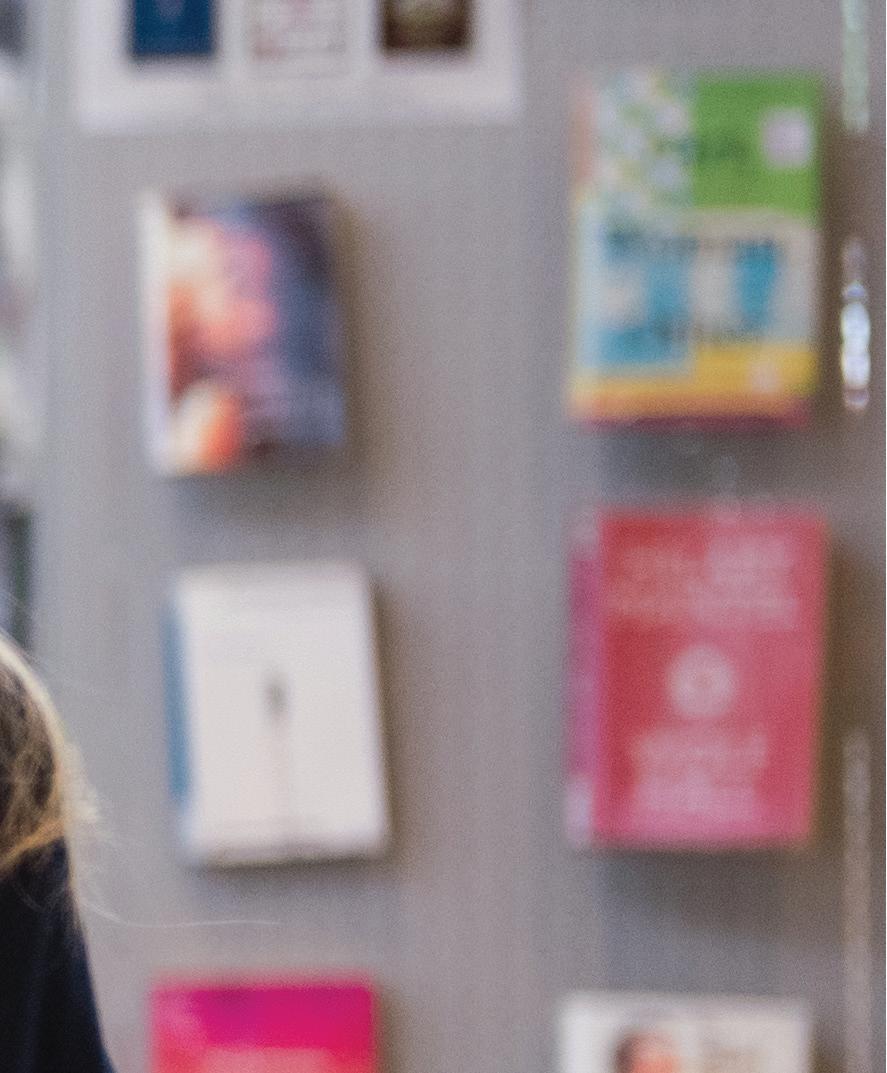
 Words by Sally Fail WELLBEING AND DIGITAL ENGAGEMENT CO-ORDINATOR AND YEARS 7 AND 8 DEAN
Words by Sally Fail WELLBEING AND DIGITAL ENGAGEMENT CO-ORDINATOR AND YEARS 7 AND 8 DEAN
“It’s really helped me discover that being yourself is so much more important than sacrificing your interests and the things that you enjoy just to fit in. I have gone through so many different phases and had the opportunity to try so many things out that I have to come to a point where I am pretty content with who I am and who I am becoming.”
Embracing students’ unique strengths and capabilities can be a powerful antidote to the pressures of modern life which face our teens today. Coaching students to develop a strong and true sense of self can open a world of resilience, belief, consistent performance, fulfilment and joy.
These days, being a teenager can be particularly hard. They are growing up in an era that can be ruthless in its focus on looks, grades, career prospects, sporting prowess and social standing. Expectations put on teenagers (either by themselves, others, or society), pressures to conform or social media trends create an environment that can quickly become overwhelming.
Self-doubt, comparison, insecurity, vulnerability, anxiety and conflict can also be a result of these factors. These often lead to behaviours that do not support positive performance and an authentically happy life.
In my role as Mental Skills Coach with the Supporting Outstanding Athletes at Rangi Ruru (S.O.A.R) programme, these are all themes that I get asked for help with. On top of these, students want to be mentally stronger, produce consistently
good performances and overall, be more resilient.
I enjoy challenging students to think differently, reflect deeper and embrace their own unique strengths and capabilities. I want them to be their best selves, understand that greatness is inside them and celebrate when they realise and achieve this. And I feel extremely privileged to be able to do so.
For me, mental skills training is understanding that “the body achieves what the mind believes”. It is also about realising that everyone responds to situations differently. Skills and strategies that work for one person, may not work for the next person.
It’s like putting a puzzle together, and everyone’s puzzle is unique to them. We need a robust and varied tool kit of skills



and strategies, along with a strong sense of self to feel confident that we can put our puzzle together so we can handle whatever situation sport or life throws at us.
Water polo athlete and Year 12 student Natalya Flood says her sessions have helped her develop as both an athlete and as a person.
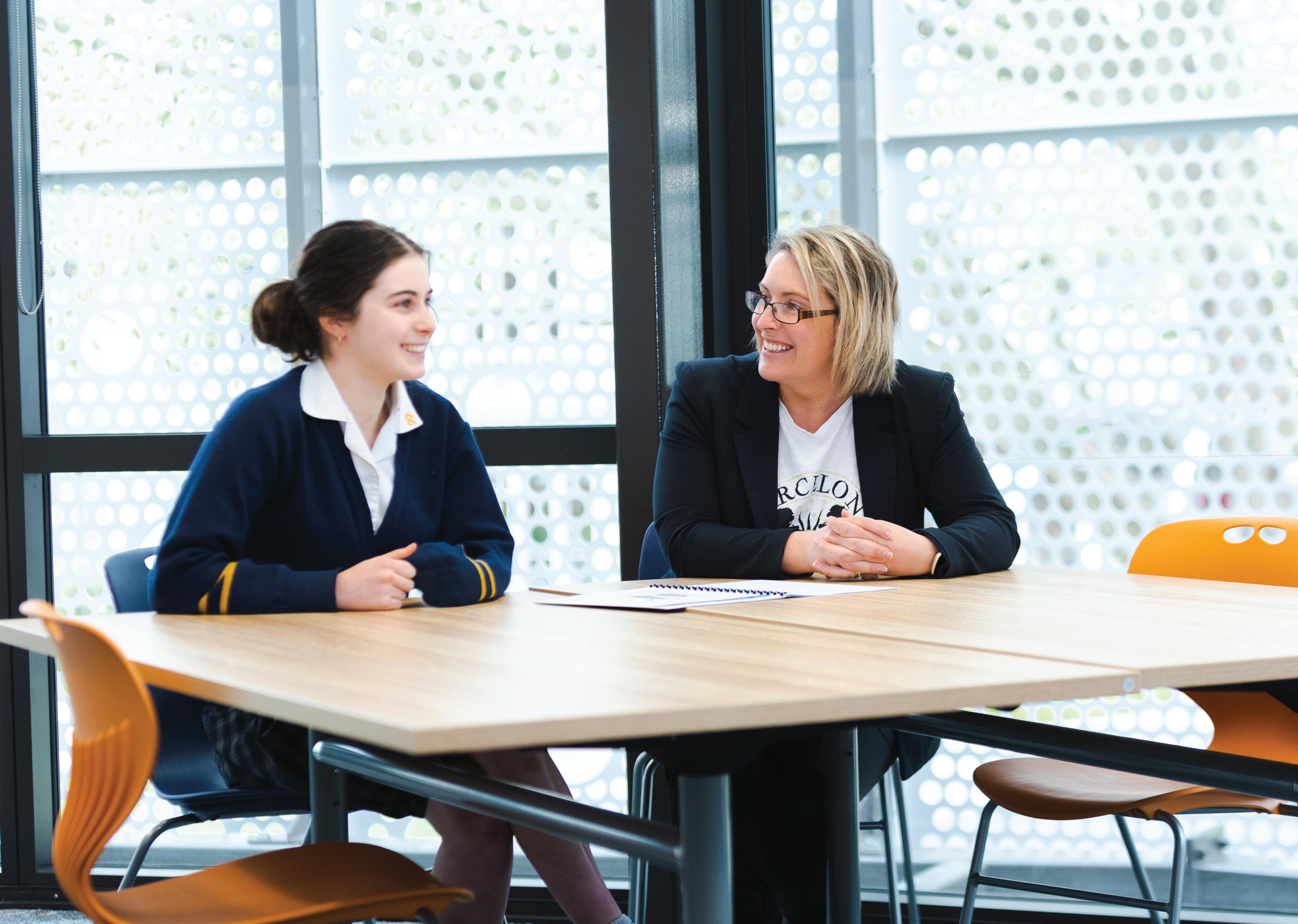
“I think one of the most important aspects [Ms Rule] has helped me with is surrounding the development of my selfbelief and confidence,” she says.
“It is through certain mental skills such as self-awareness and goal setting which have really helped me to develop my mental strength and a stronger sense of self-belief. Paula’s help has definitely improved my overall performance as an athlete.”


I enjoy challenging students to think differently, reflect deeper and embrace their own unique strengths and capabilities. I want them to be their best selves, understand that greatness is inside them and celebrate when they realise and achieve this.
 PAULA RULE, MENTAL SKILLS COACH
PAULA RULE, MENTAL SKILLS COACH




I believe that the foundation of this tool kit is self-awareness and having a strengths-based approach to training, competition and life. When we are selfaware, we understand what motivates and stresses us, our ideal environments to perform in, our limitations, how to effectively communicate and build better relationships.
When we approach performance and life from a strength-based perspective, we are solutions-focused, our mindset is positive and as a direct result, our skillset is too. This isn’t to say we don’t work on our weaknesses; we do, we are just more intentional with rewiring the negative bias in our brains to focus on our strengths and be our best.
Positive Outlooks “Paula’s strength-based approach has really helped me stay focused on the
positives of my game when I compete and has allowed me to enhance the good skills I have to build myself up rather than only focusing on what I have to improve,” says rugby athlete and Year 12 student Sally Clough.
“Her focus on ‘the body achieves what the mind believes’ has really stuck with me, and helped me re-frame my mindset to push myself further during games than I ever thought possible.”
Training the brain, however, takes time and requires frequent, disciplined and driven behaviour. If we think of the brain as a muscle, like any other muscle in the body we need to train it if we want it to achieve to our desired result. But if we do this properly, we can be our true selves and open a world of resilience, belief, consistent performance, fulfilment and joy.
Words by Paula Rule MENTAL SKILLS COACHTo help people be their best, realise their strengths and retrain their brain in their own time, Paula has developed an app-based programme. With portals for parents, athletes, teenagers and coaches, there’s mental skills training for everyone who has a desire to be better.
Scan the QR code to gain access to Paula’s 16+ years’ experience as a secondary school educator, dean, sports coach, mental skills coach and NLP practitioner.


At the core of our English programme at Rangi Ruru is the development of our students’ personal voice, an essential part of ensuring that our
of self. We want our students to be able to articulate their point of view as persuasively as possible, orally or verbally, using a rich variation of language.

W





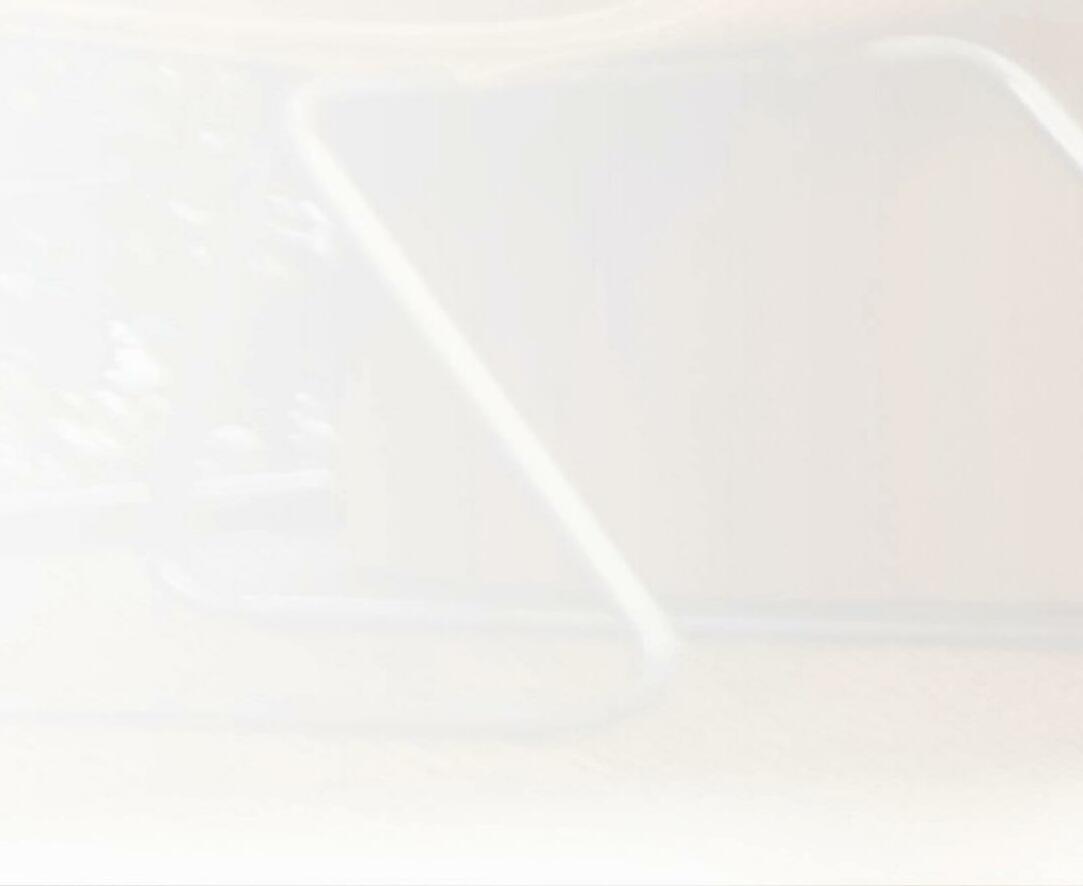


riting is at the heart of the English classroom here at Rangi Ruru, whether it is a creative piece which explores the senses or an opinion piece that challenges the status quo. We encourage students to experiment with words in a range of styles: stories, poems, essays, research, opinion pieces and reviews.
Year 13 student Lucy Aitken says English has helped her develop her writing, which has in turn enabled her to express herself.
“I enjoy writing as it is an outlet for emotions, and a way to talk about how you feel, without needing to confront those feelings head on. It’s all about sharing your creativity and creating emotional connections with people.”
Hannah Berrill, also Year 13, says writing—hers and that of others—has opened her up to new perspectives and ways of understanding the world.

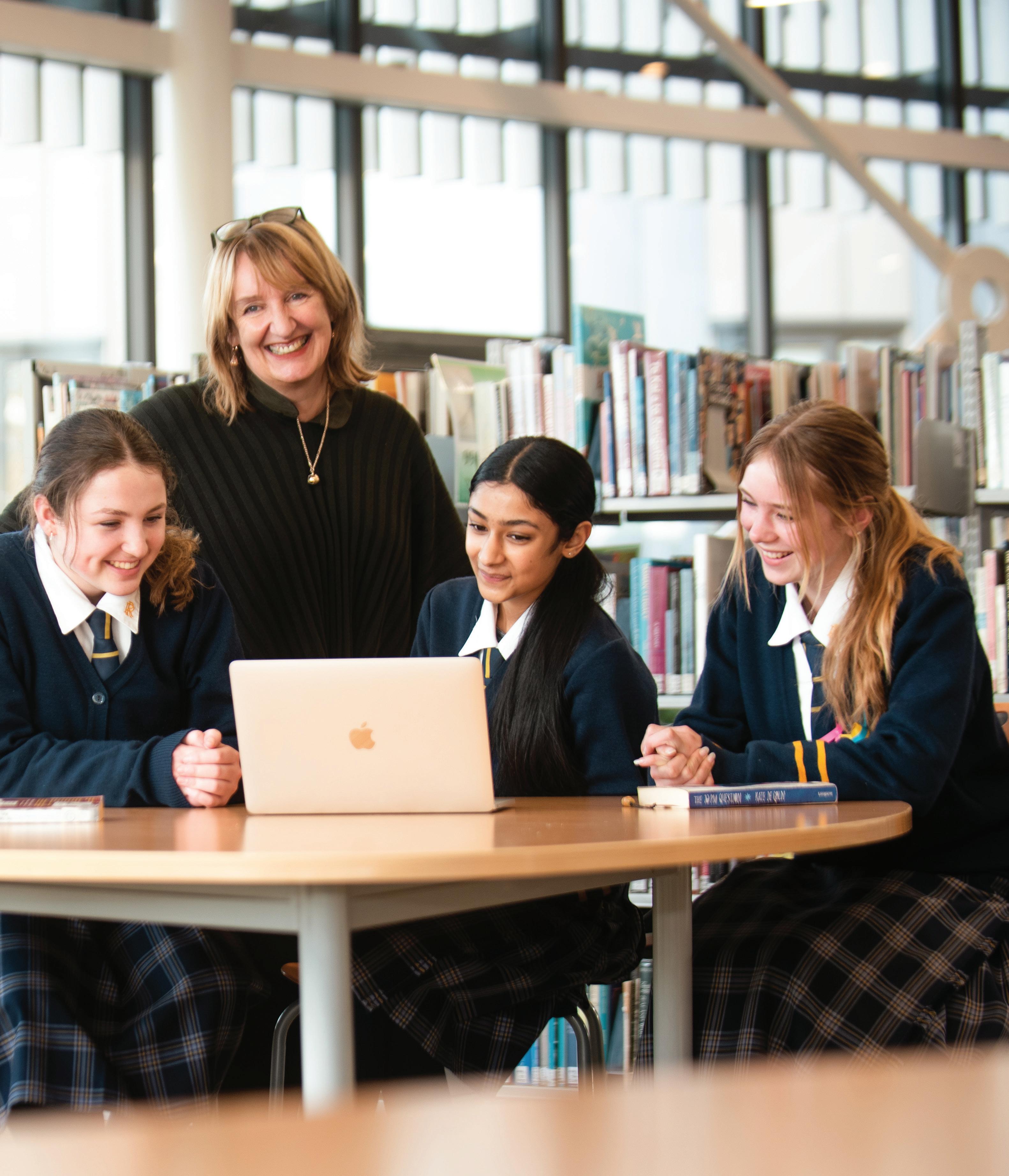
“Writing is a way to express myself and explore the world around me. I enjoy writing for myself but also reading what other people write. Sharing writing is a great way to find out how people understand the world—which I love.”
In English, we read texts which connect to the lives of our students, but we also challenge our students to move beyond the world they know and consider a new perspective. So while we embrace the literary canon of such greats as Shakespeare and Austen, we also introduce contemporary writers and directors.

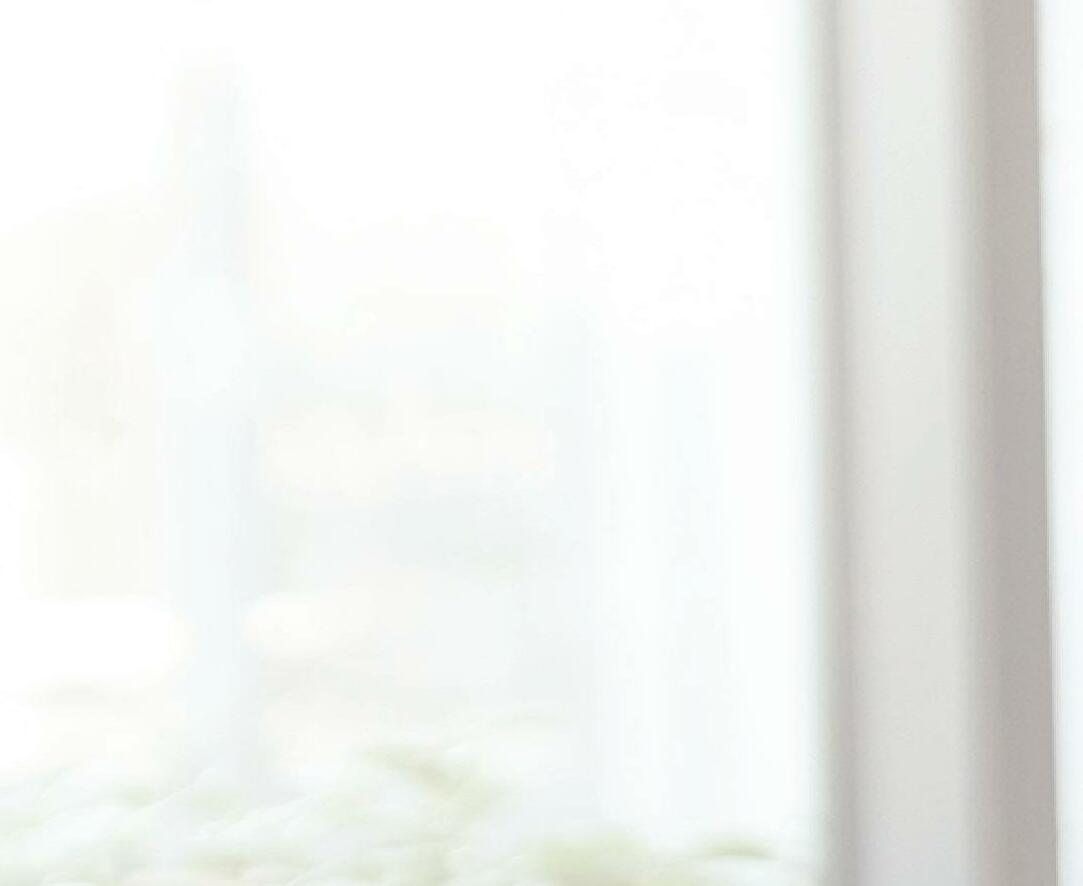

This includes literature of Aotearoa New Zealand, the literature of the Pacific, and world literature. We encourage our




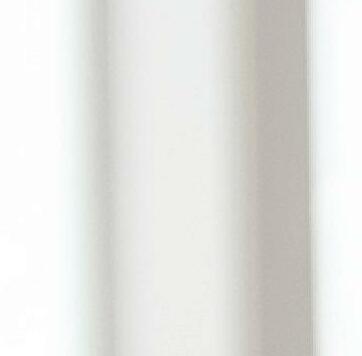





students’ developing sense of identity, their awareness of Aotearoa New Zealand’s unique heritage, and their understanding of the world.
Year 13 student Alicia Webster says synthesising these texts “forces you to deeply consider the ideas behind them, teaching us more about our world and ourselves”.
Daisy Prosser, Year 13, says this has taught her to be more analytical and to think more deeply.
“It unlocks the deeper meaning behind a text by forcing us to think beyond what we initially thought. I am grateful that Rangi Ruru has equipped me to react differently to texts, to be critical and analyse their deeper meaning and then confidently put my thoughts into words,” she says.
Year 13 student Alice Gambrill shares a similar sentiment: “Writing gives me the ability to express my most inner thoughts and I am thankful that Rangi Ruru has exposed me to a wide range of literature that has enabled me to expand my thinking and ideas.”
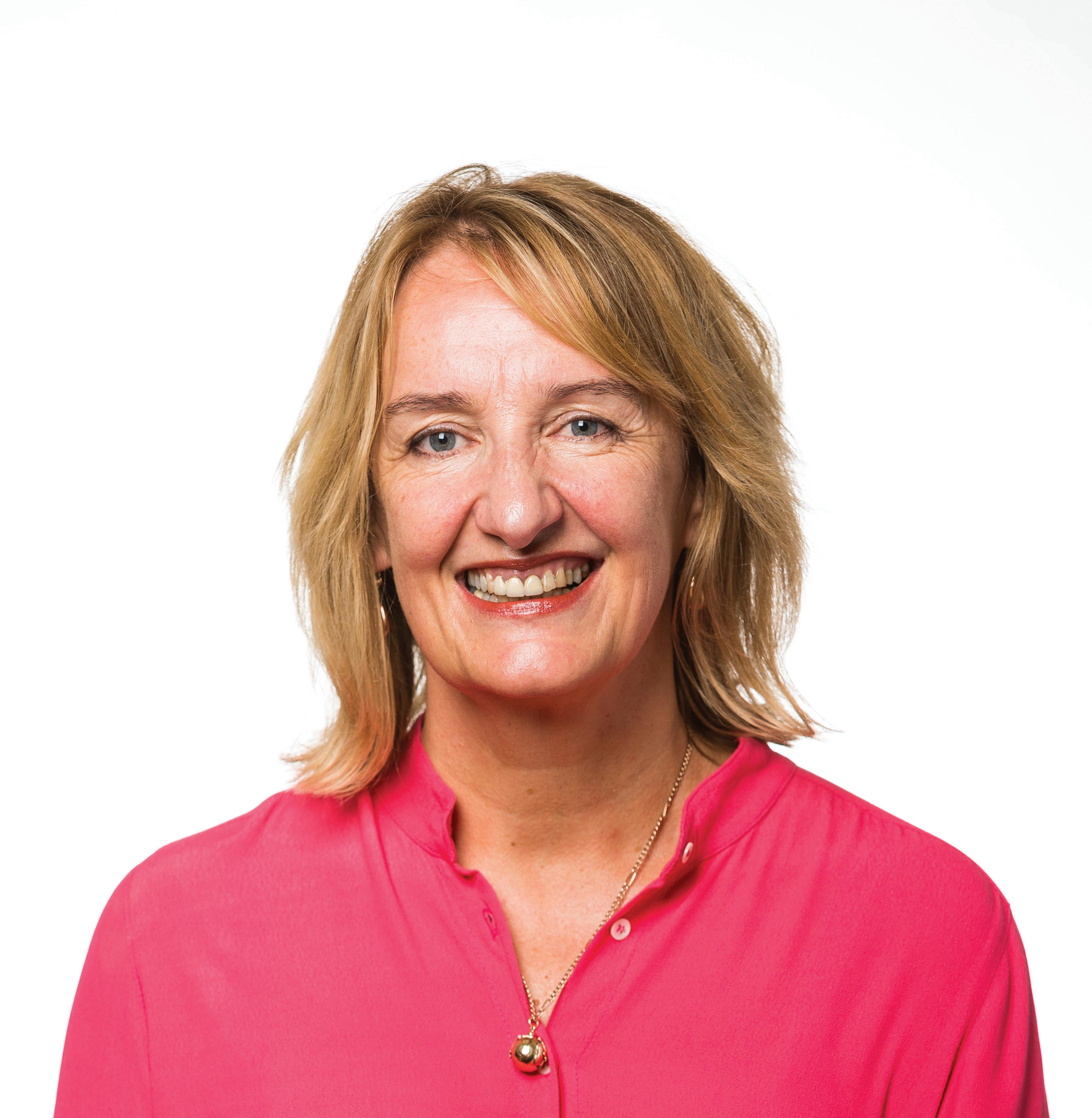
Our English teachers love their subject with a passion and share that enthusiasm with their students. With an emphasis on personal reading, it can sometimes feel like belonging to a very large book club!
I encourage you to read the student work featured on the following pages to see for yourselves the depth of thinking and writing talent we have here at Rangi Ruru.
Words by Erin Fitzpatrick HEAD OF ENGLISH







students have a strong sense
“I enjoy writing as it is an outlet for emotions, and a way to talk about how you feel, without needing to confront those feelings head on. It’s all about sharing your creativity and creating emotional connections with people.”





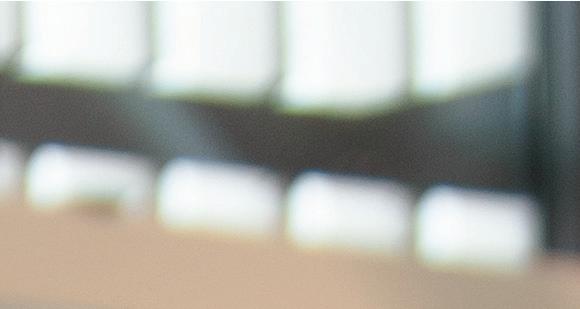

 LUCY AITKEN, YEAR 13 STUDENT
LUCY AITKEN, YEAR 13 STUDENT
A selection of writing from English classes, as well as students’ own work and passion projects.
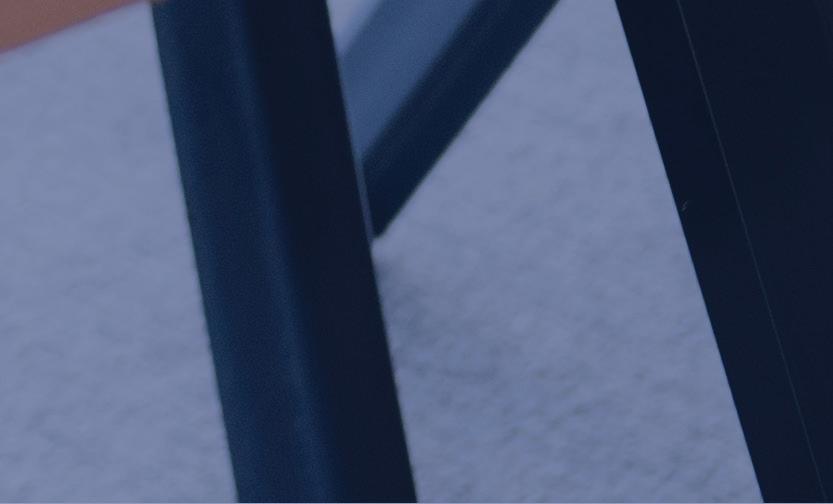


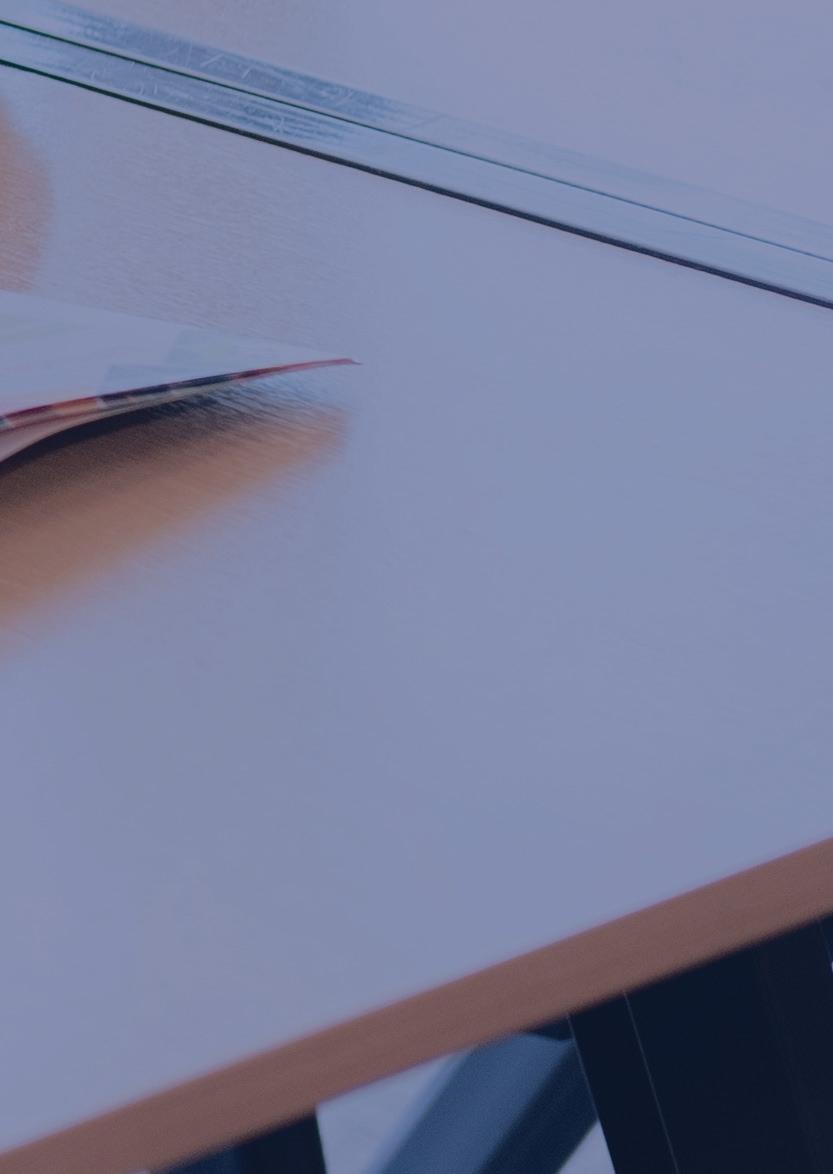






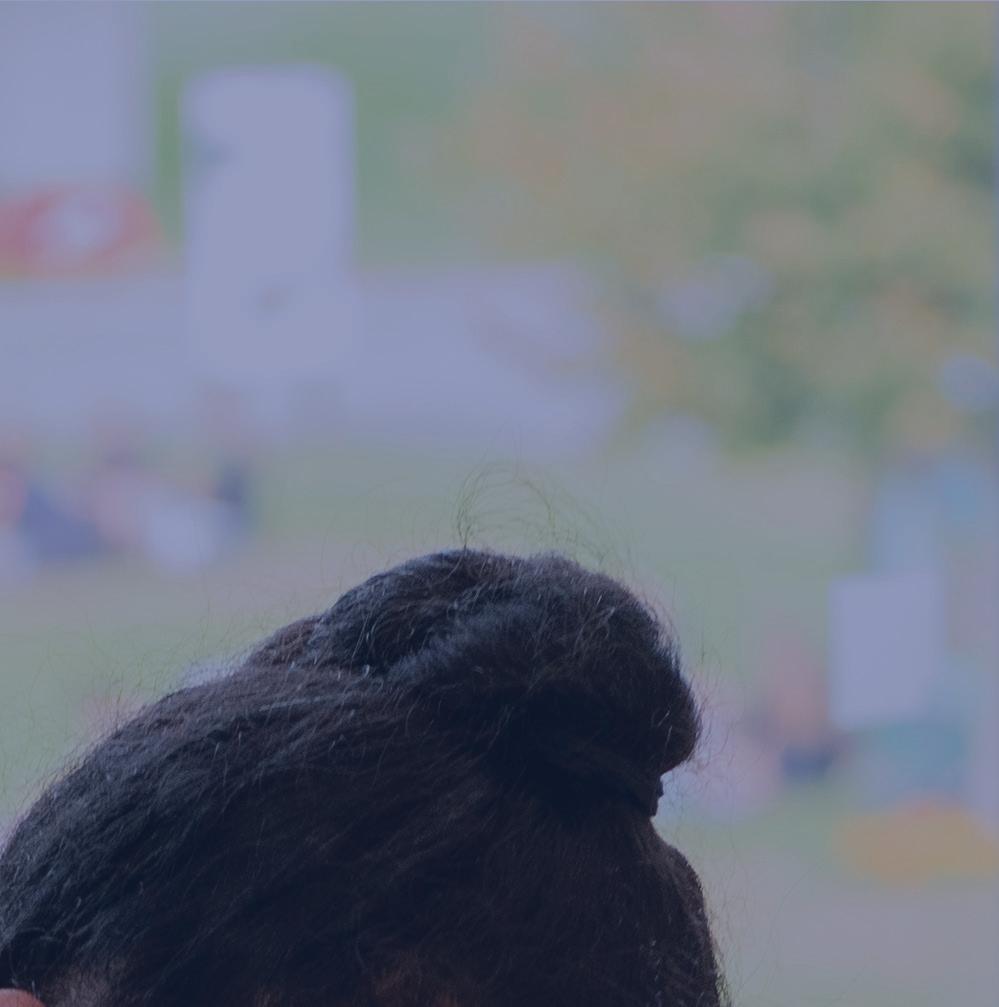
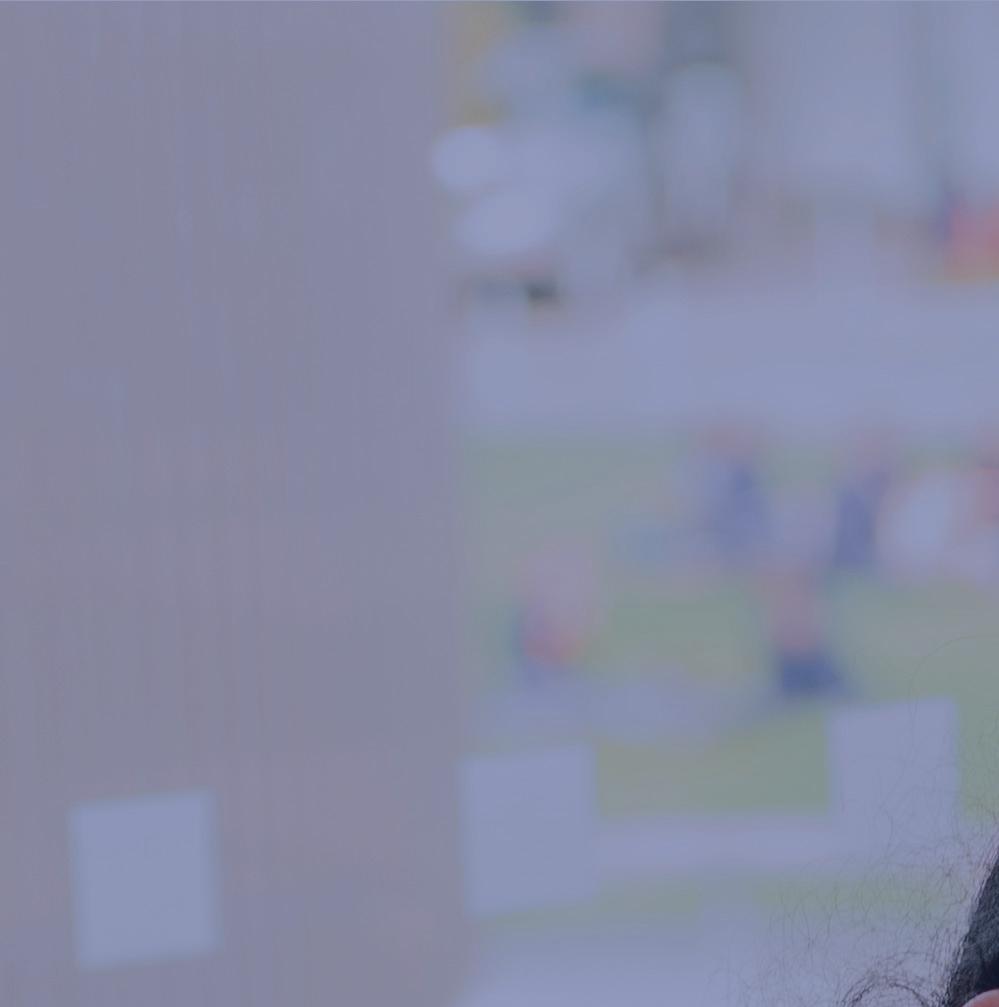
I want to give you back your smile the colour in your cheeks the warm pulse in your wrist I want to give you back your seat in the stand the cheer of the crowd the thrill of winning I want to give you back your love of running strength in your legs power in your lungs I want to show you first light on rippling water first frost on the tips of the grass the blackbird with the broken wing I want to show you how I’ve grown tall my polished shoes and matching hair ribbons my pride in my books I want to call you by your name I want to give you mine I want you back
Scan here to watch Violetta’s speech about the Canterbury rebuild following the earthquakes which won the international Never Such Innocence competition earlier this year.


“S o how did you do it?” I asked. She sighed, but not in the way you would think. She looked like she was about to tell a story, and she was.
“It all started when I was just about your age. I was only 11 years old when they first came.”
“You were there?!” I interrupted excitingly.
“Yes, I was,” she said seriously, like she was almost offended.
“It wasn’t that bad at the start, they didn’t want war and neither did we, but then it got bad. They started calling us murderers and acting like ours was theirs, treating us like animals. But then it started getting interesting, war rose, the men fought and planned attacks. Some were scared, some were mad. I wanted to fight, I didn’t see a problem with it, neither did my Kuia. But my dad disagreed, once he told me, ‘You want
to be Ariki, but you are ataahua and you will always be ataahua.’
“He had also said, ‘Women have no place on the battlefield’. Him and Kuia fought about it a lot. At this point my brother was out there too, even though he was only a year older than me. Me and my Kuia looked out from hiding at all the chaos and war. I remember her saying: ‘That should be you out there’.

“Some would say she was crazy, well probably all would say she was crazy. But she’s what I needed.
“The visitors kept winning and beating us, I knew I could make a difference. They wouldn’t let me. So I decided to go on my own…”
Scan here to continue reading Millie’s story.
By Millie MartinStudents were asked to choose an image of a woman as a prompt for their story.

 By Sarah Griffiths, Year
By Sarah Griffiths, Year
Pale light peaks Through the cotton Wool, lining it with Silver. It is mightier Than its obstacles. Hello, sunshine.




Slowly but strongly Its rays grow golden. The cotton is glowing.
Our time is endless; we Are butterflies, and with our music of laughter we flutter on the air. We are occupied with Sweet musings of A time gone by. Were we distracted? Don’t forget to say: Hello, sunshine.
Remember to say Hello to the sunshine When it comes back For you; hiding from The stars in the eve –It is not scared, but It knows that it has Had its turn and The moon is greedy. Yet, its light And its warmth Are not lost, only Hidden. See you soon, Sunshine.
Butterflies cannot Flutter forever, nor Can the sun softly Brush our skin for Ever. So say Hello to the Sunshine when
It is there for you. Sleep is starting To pester us –A gentle pull Tugging at our Drooping eyelids. It is our time To part, and Even though We cannot see you, Beautiful Sun, We know you Are there. You Will be back For us – it is not Goodbye. See you soon, Sunshine.
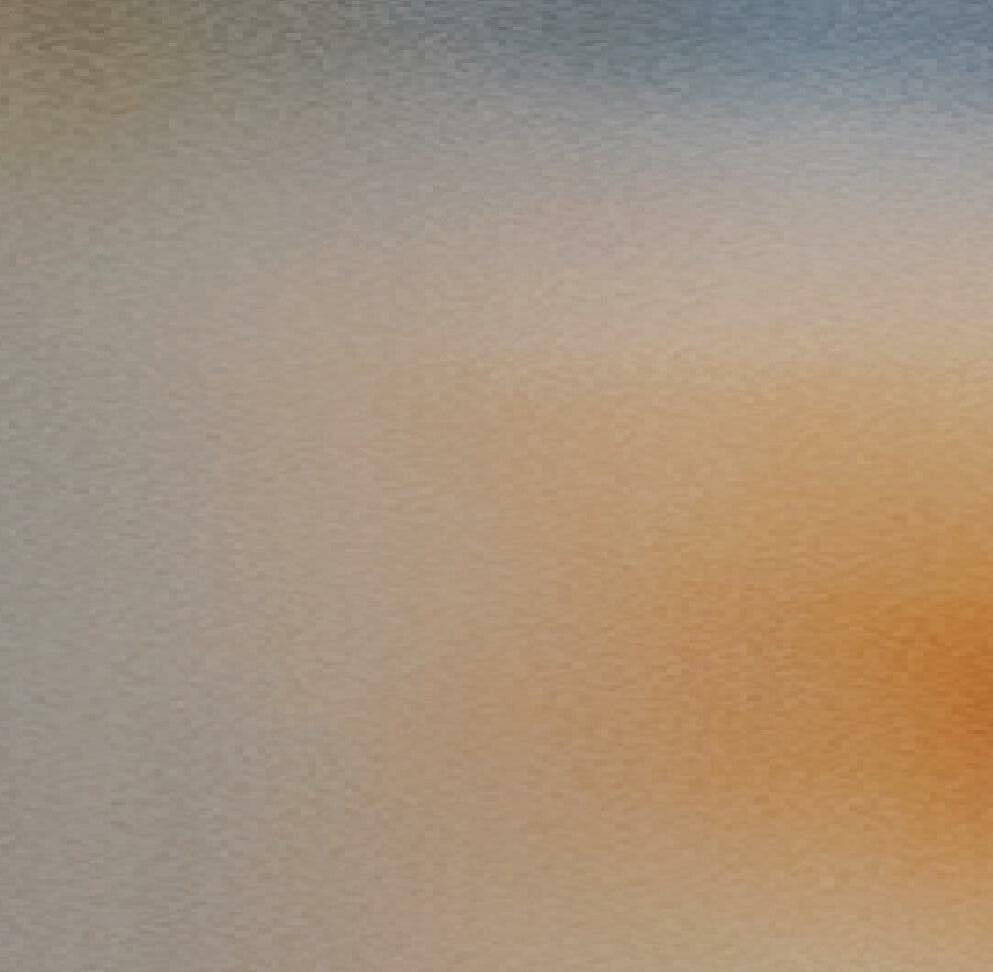





12

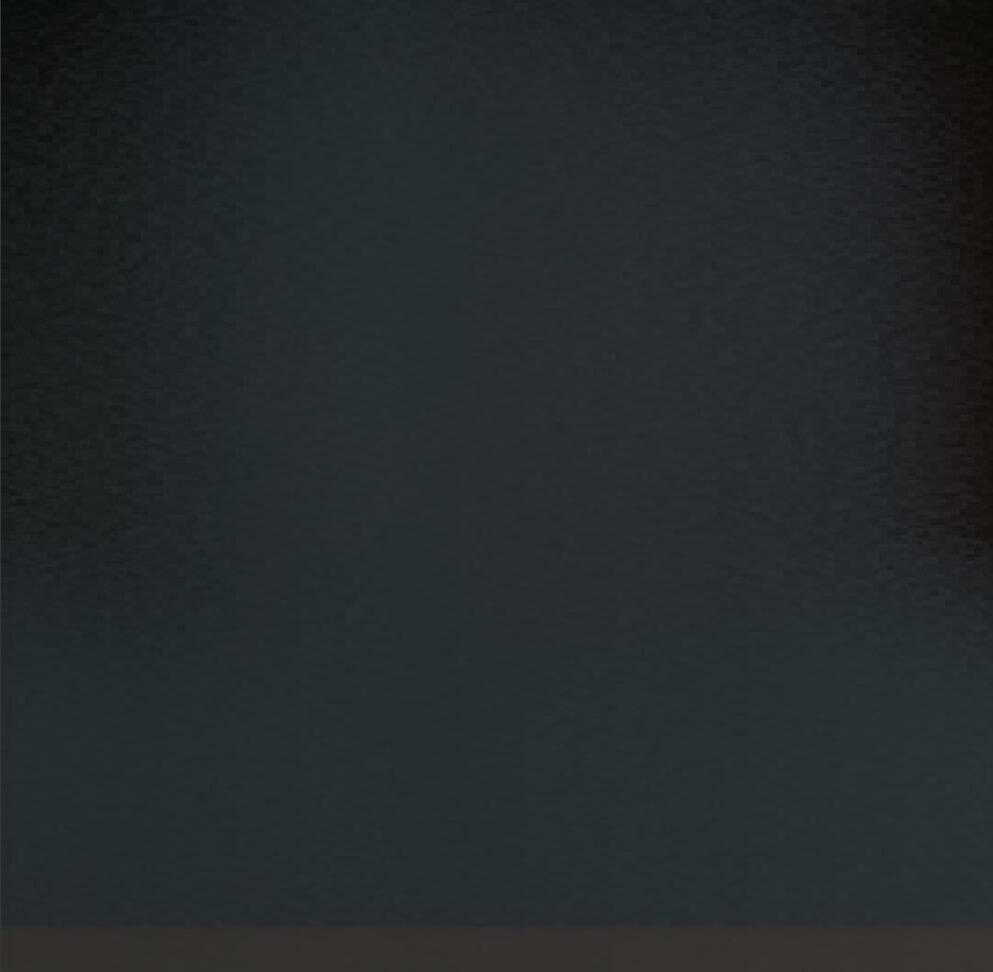


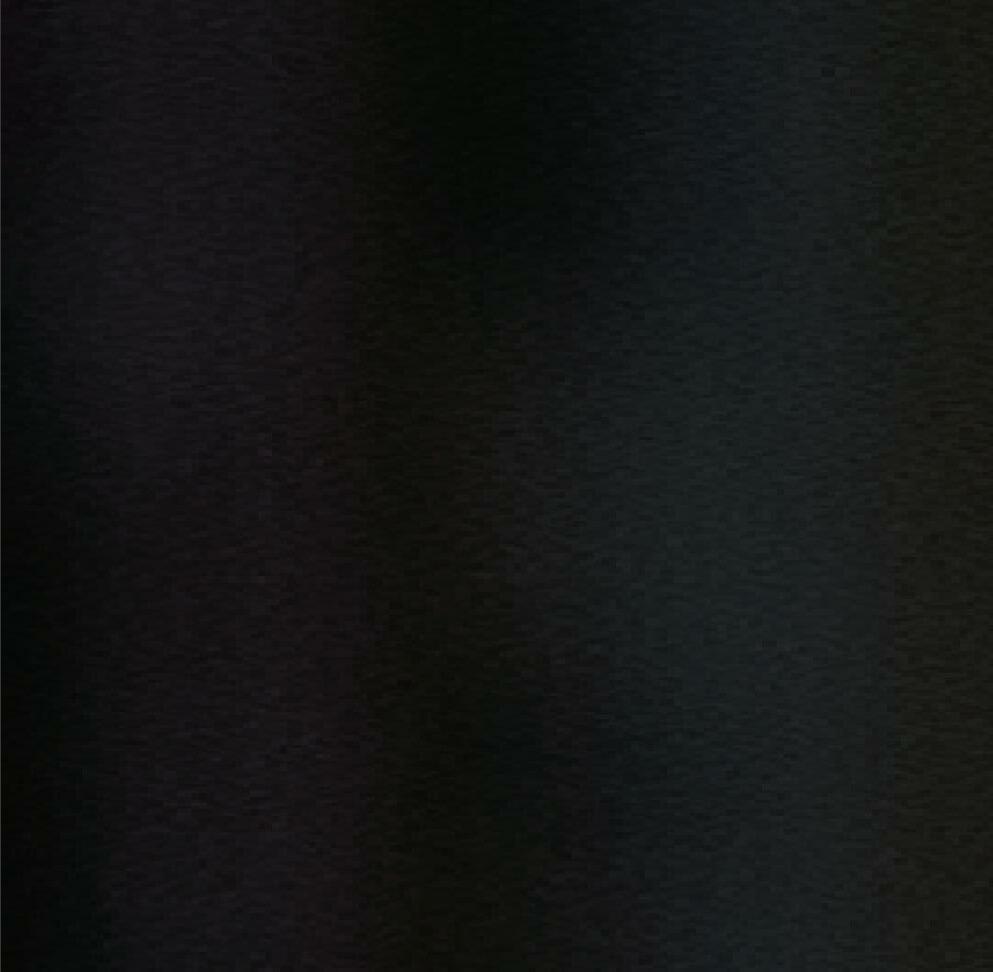







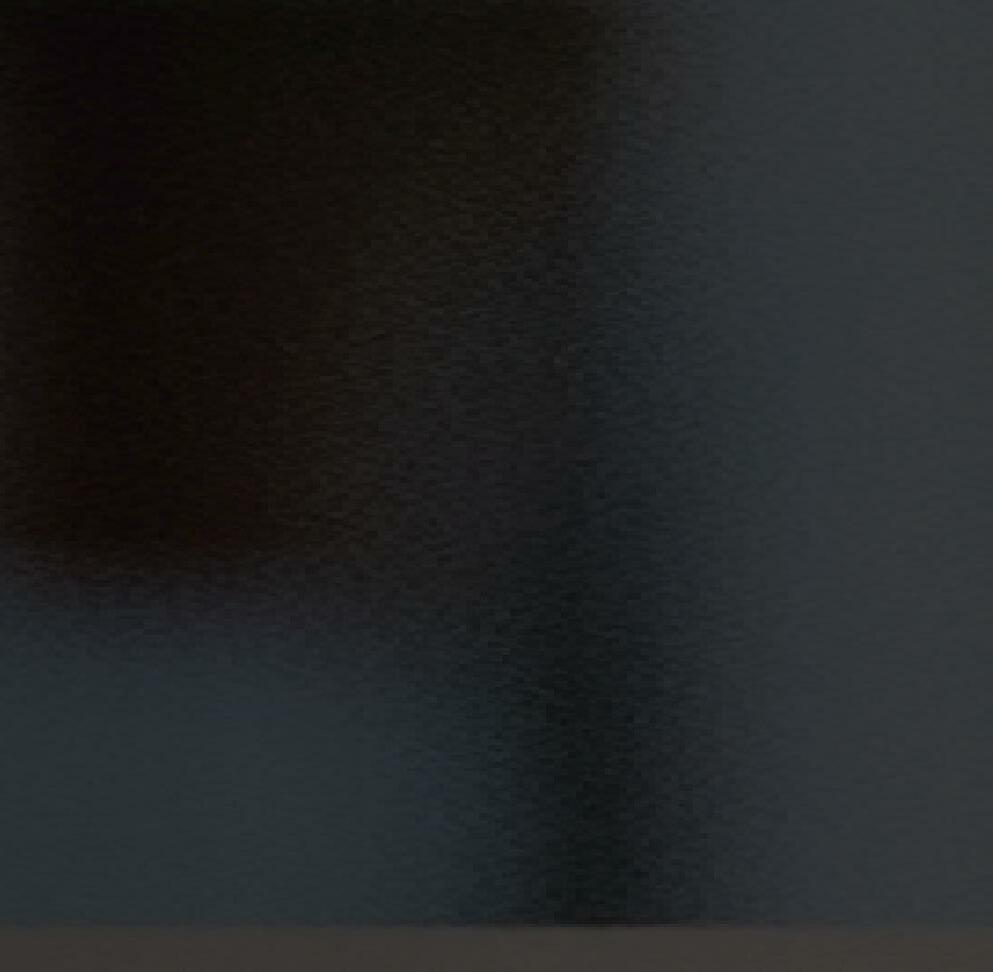



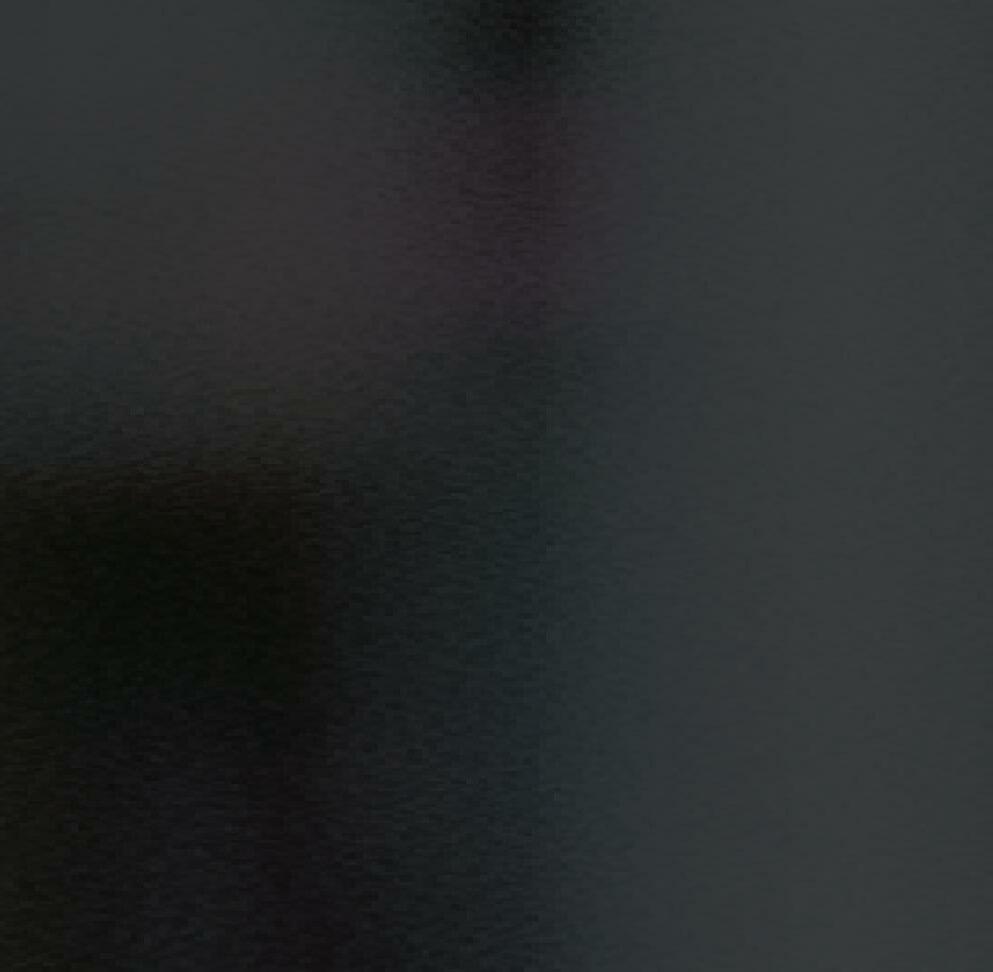


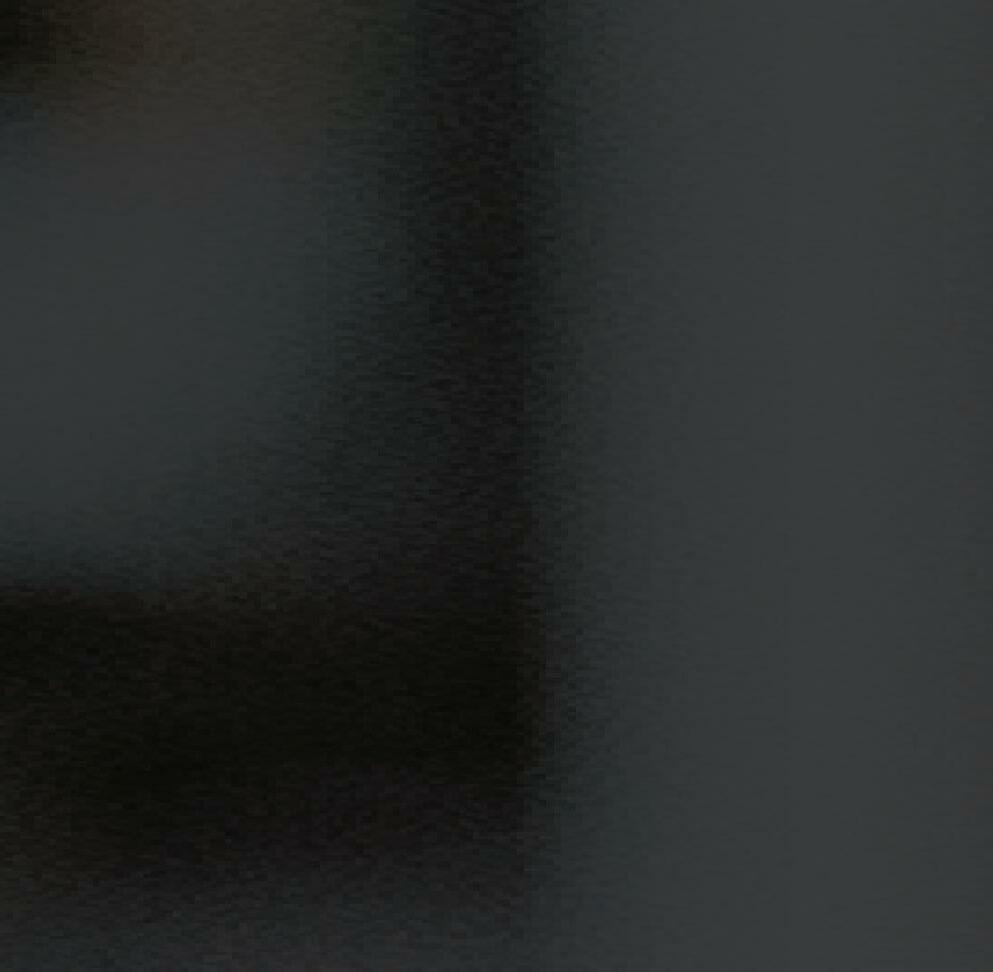
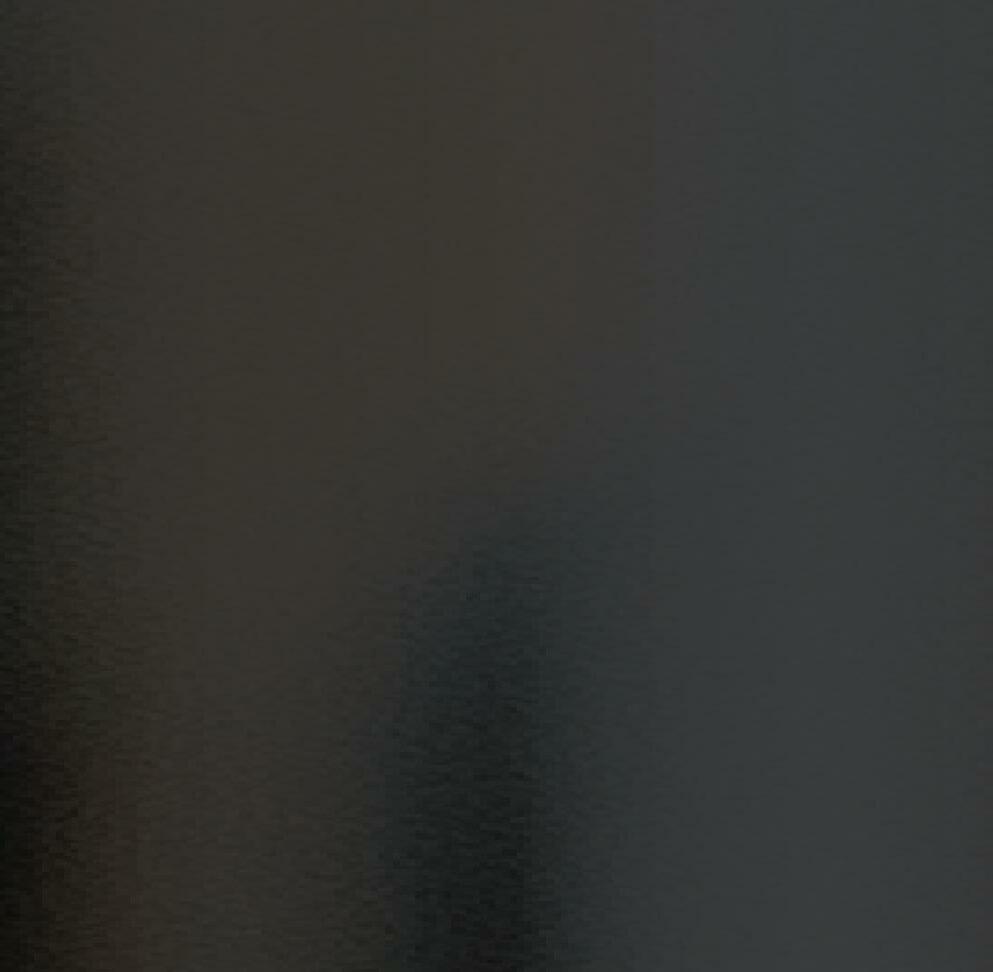
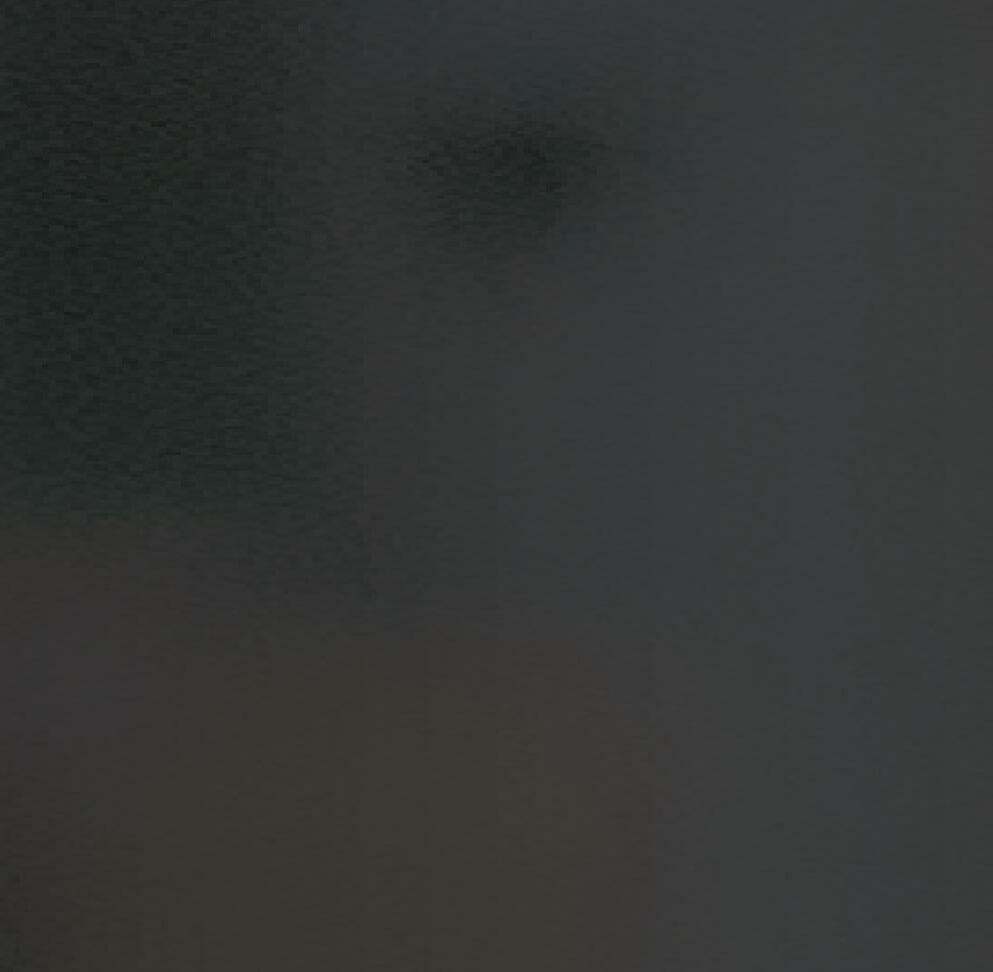

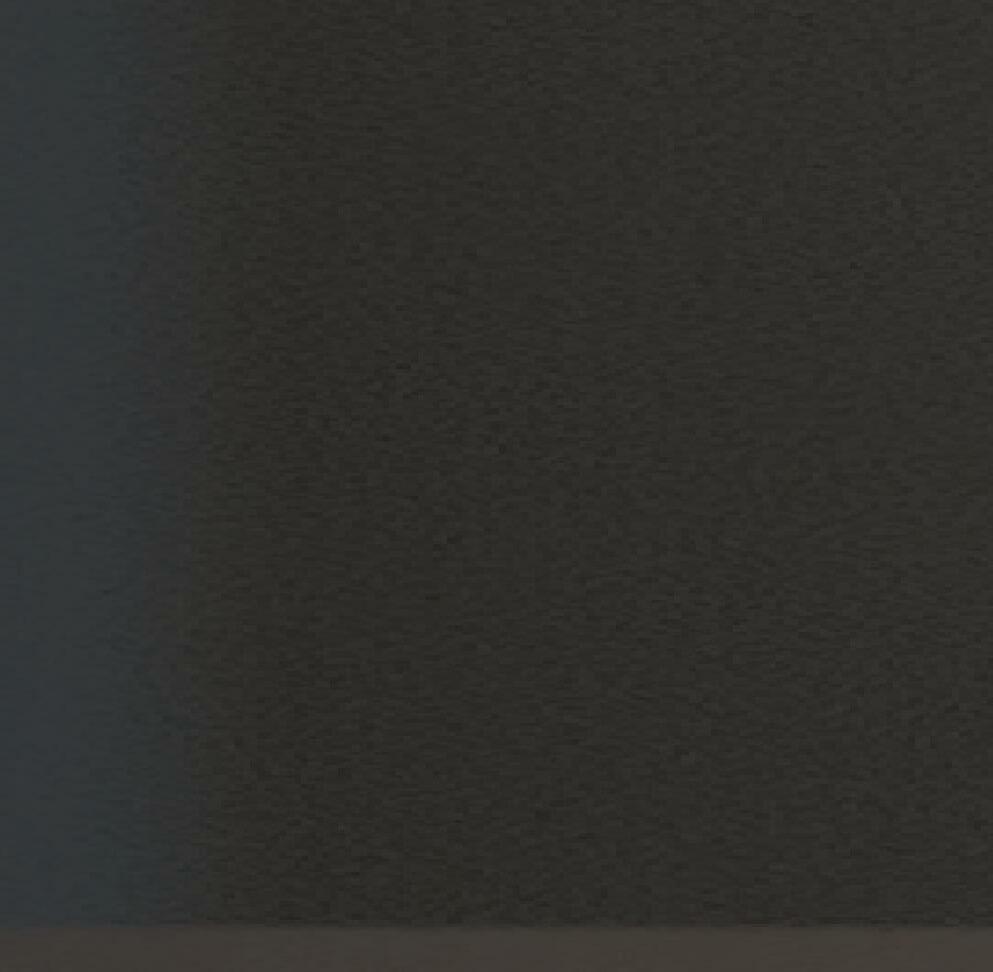



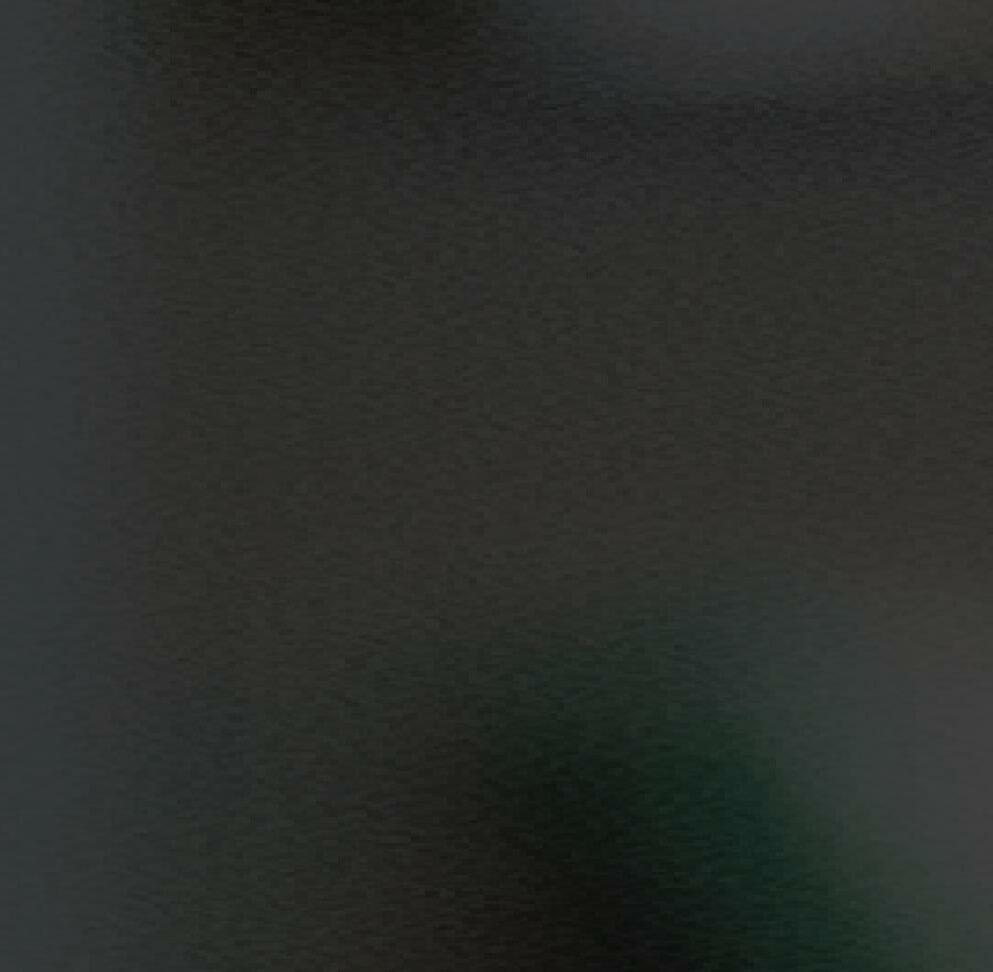


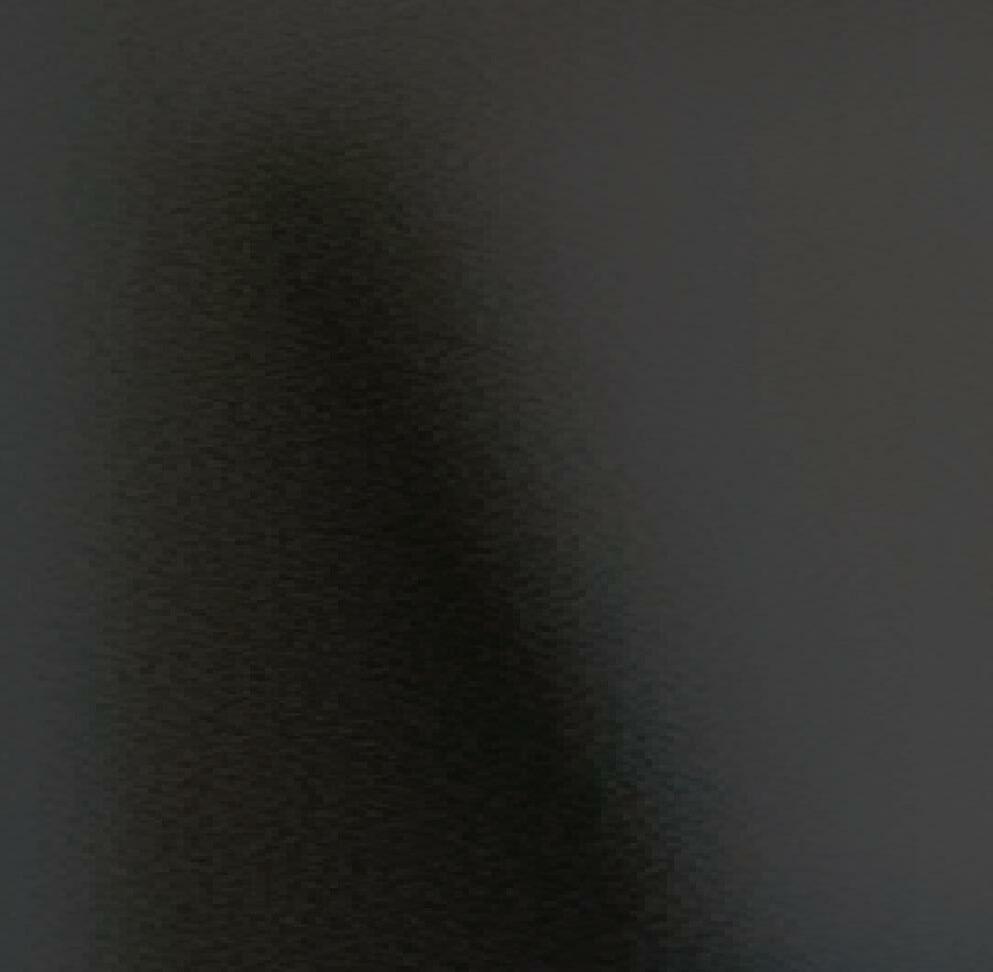
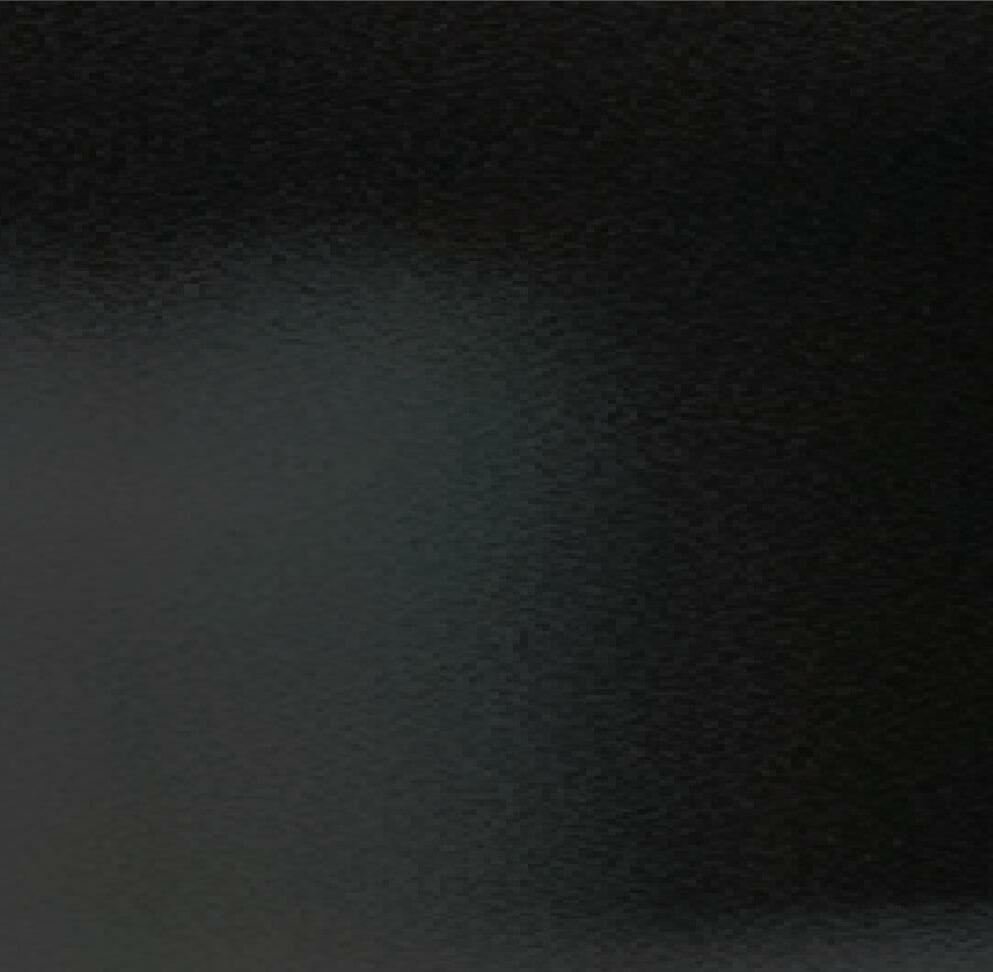




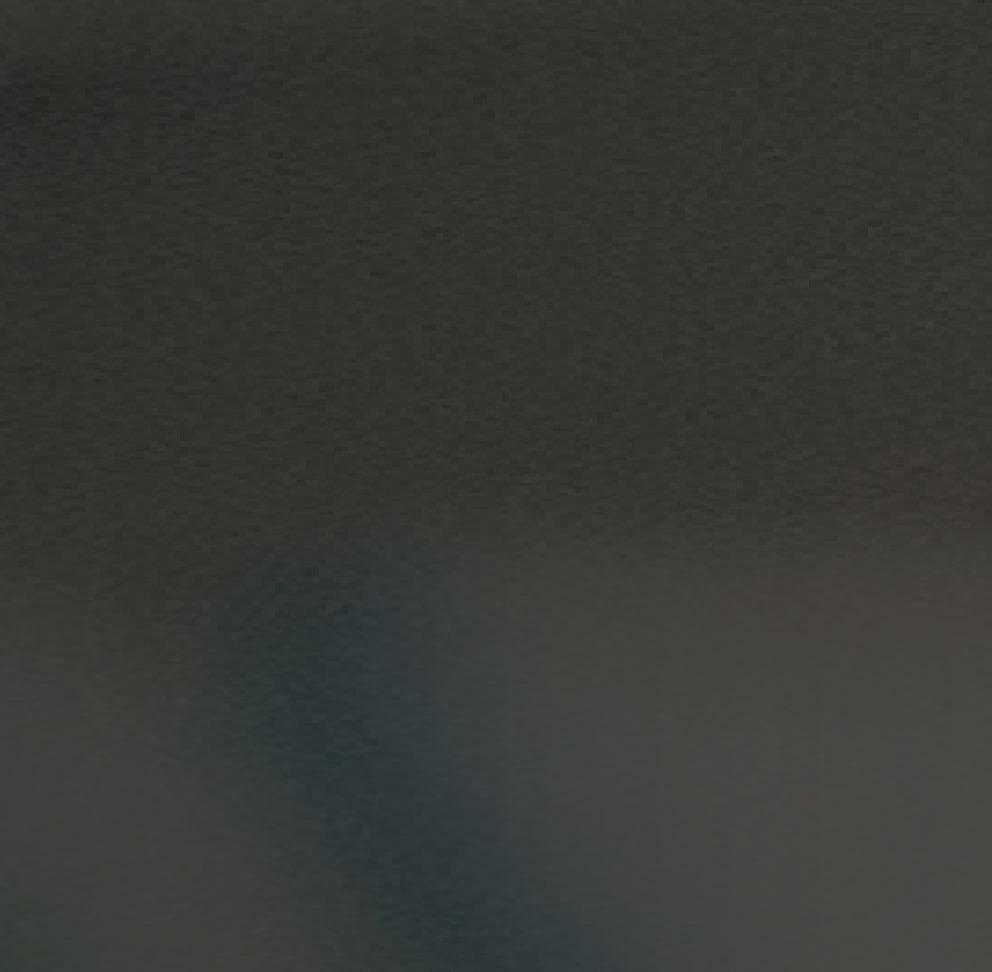

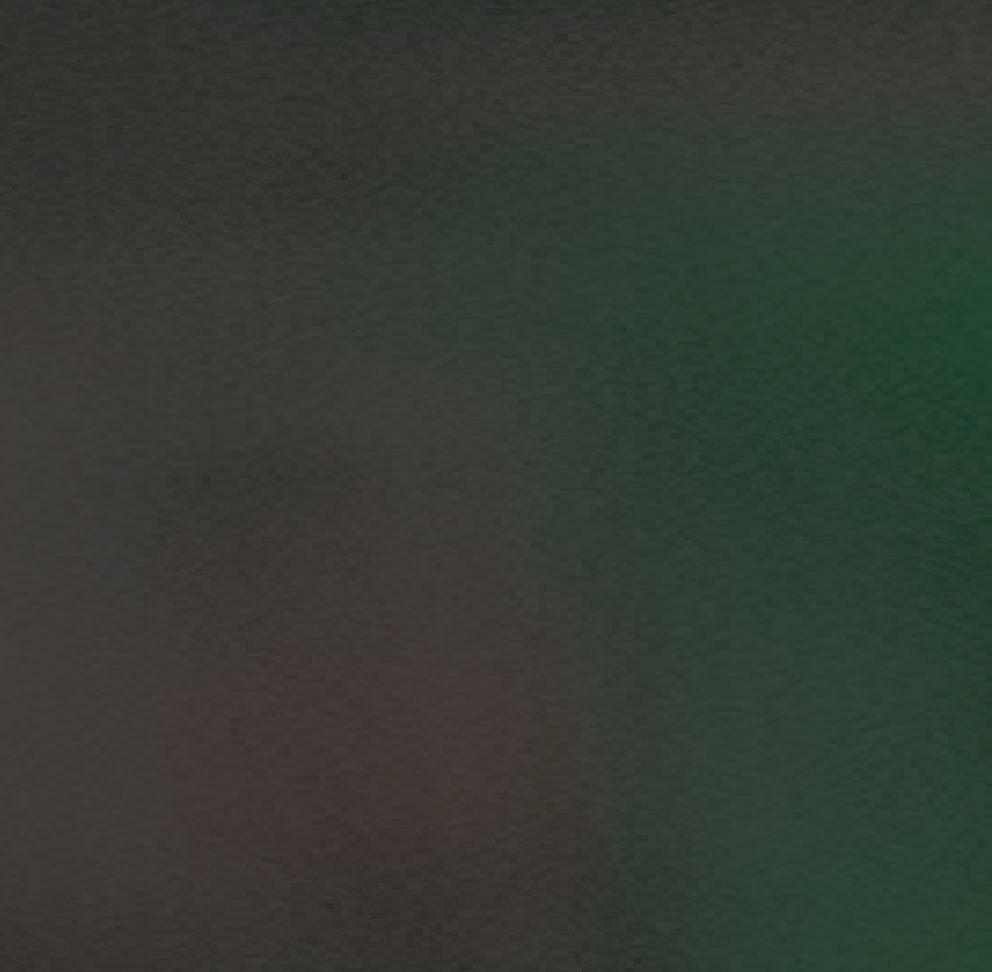

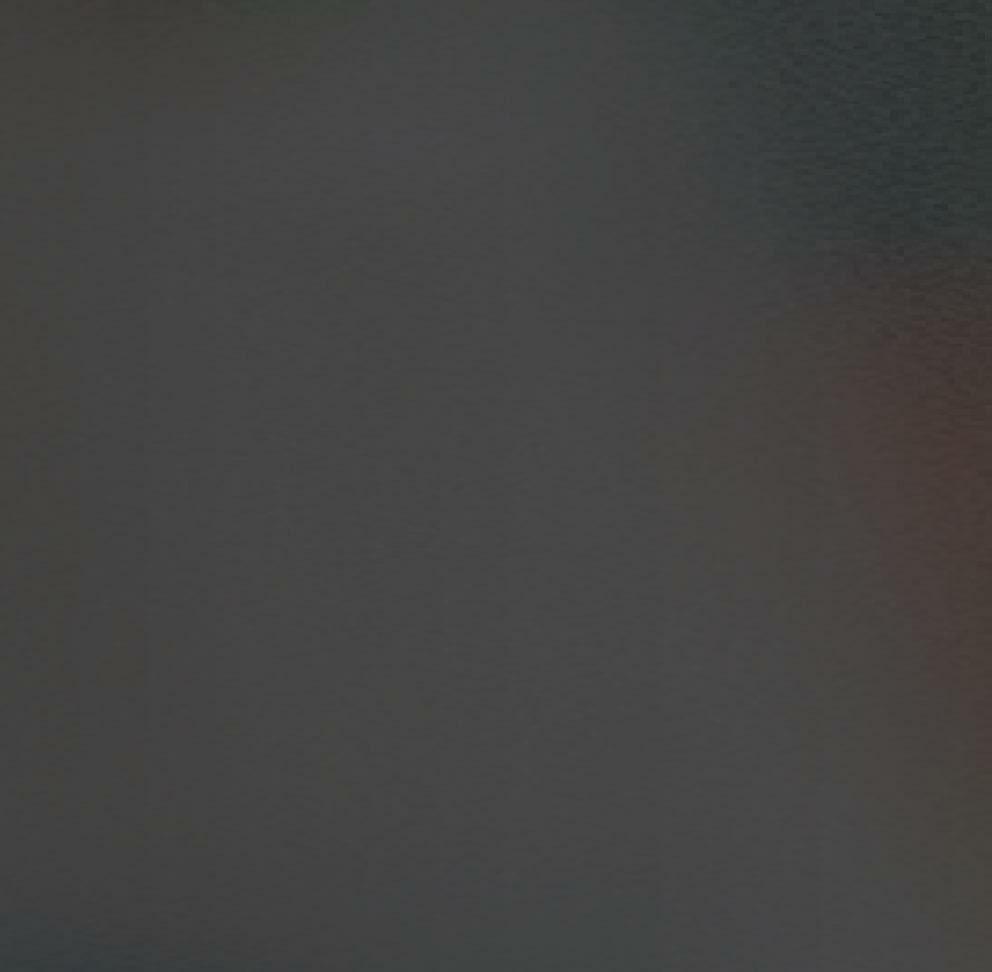
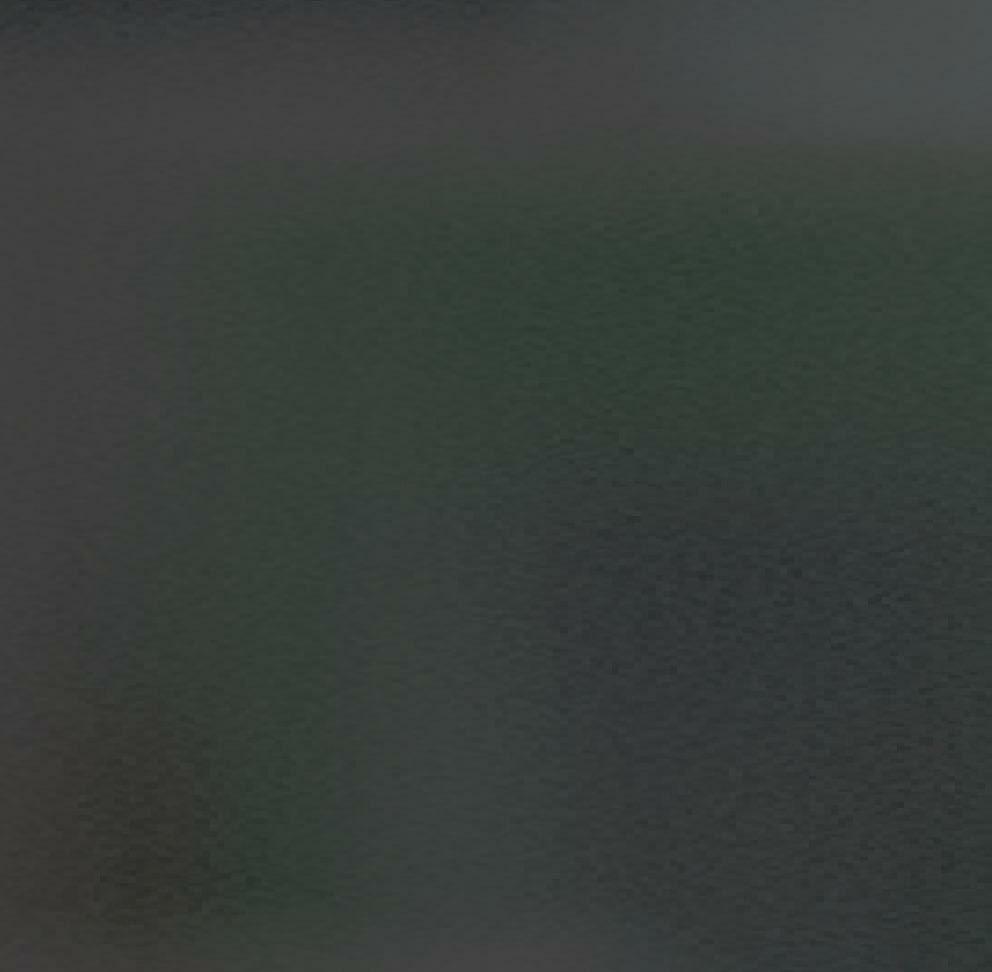
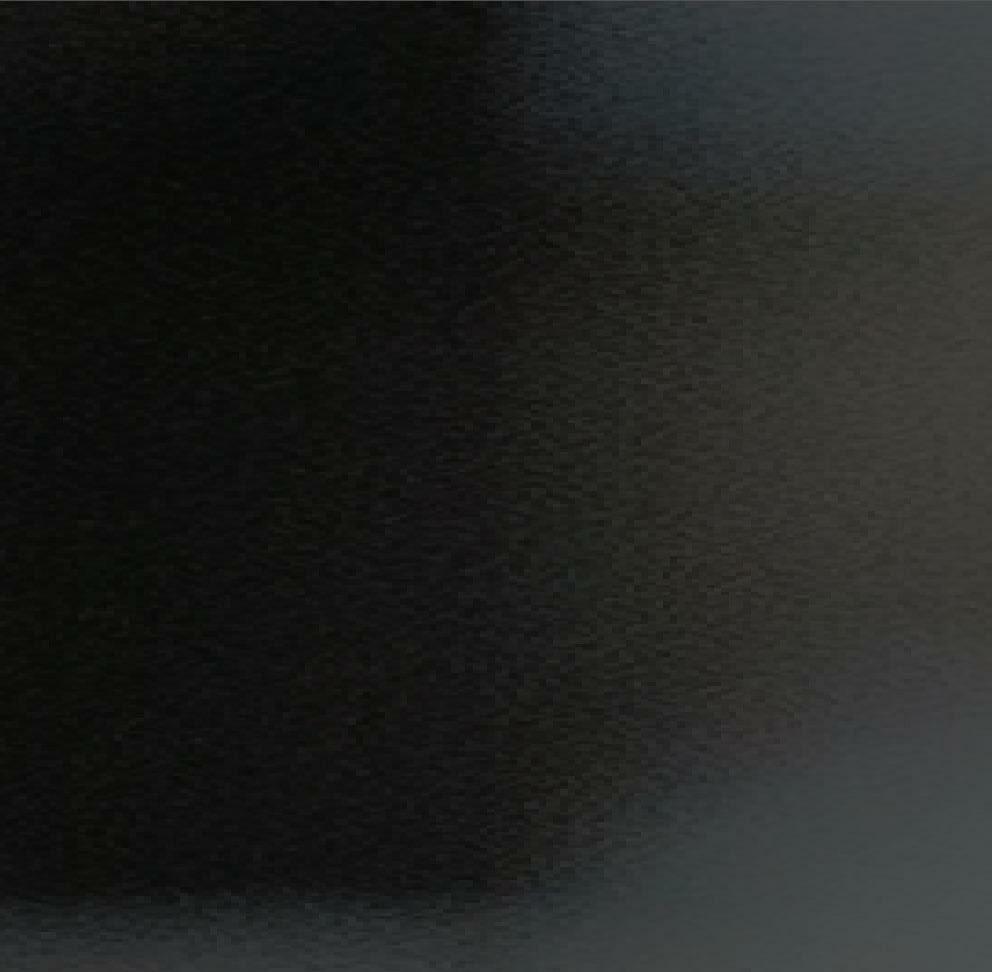



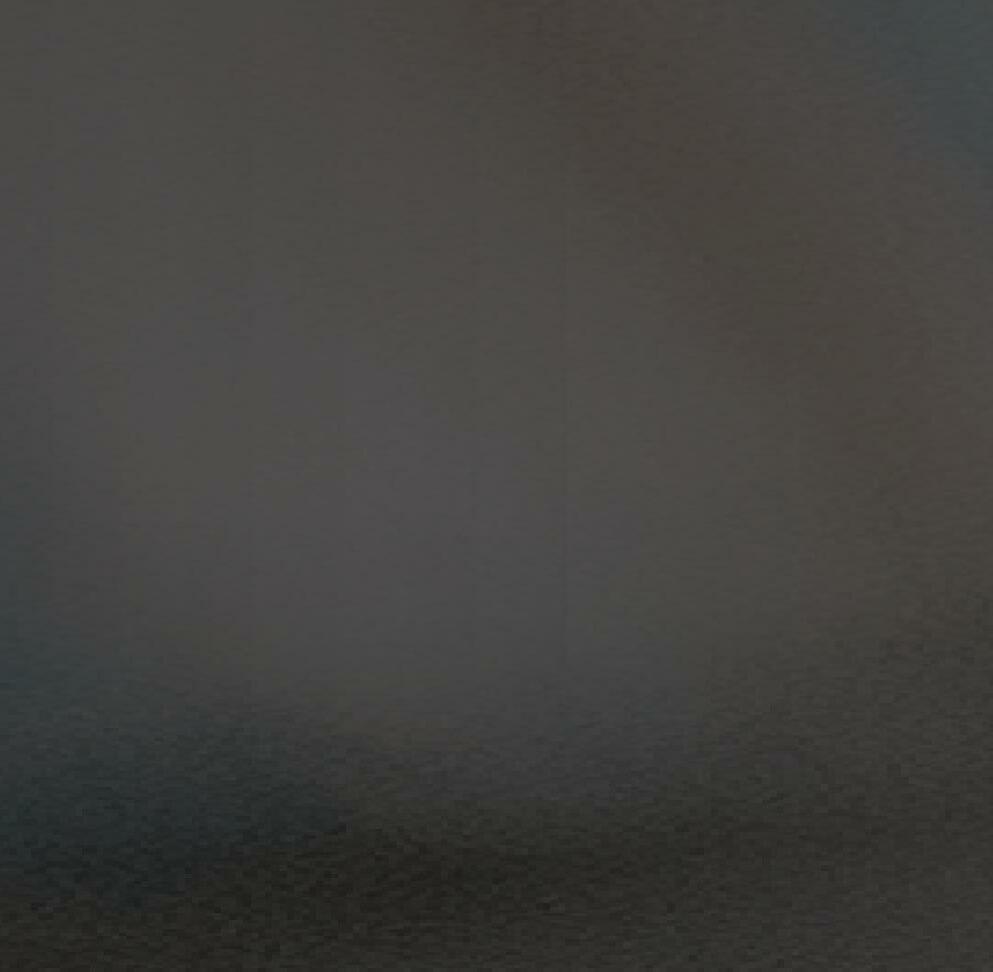
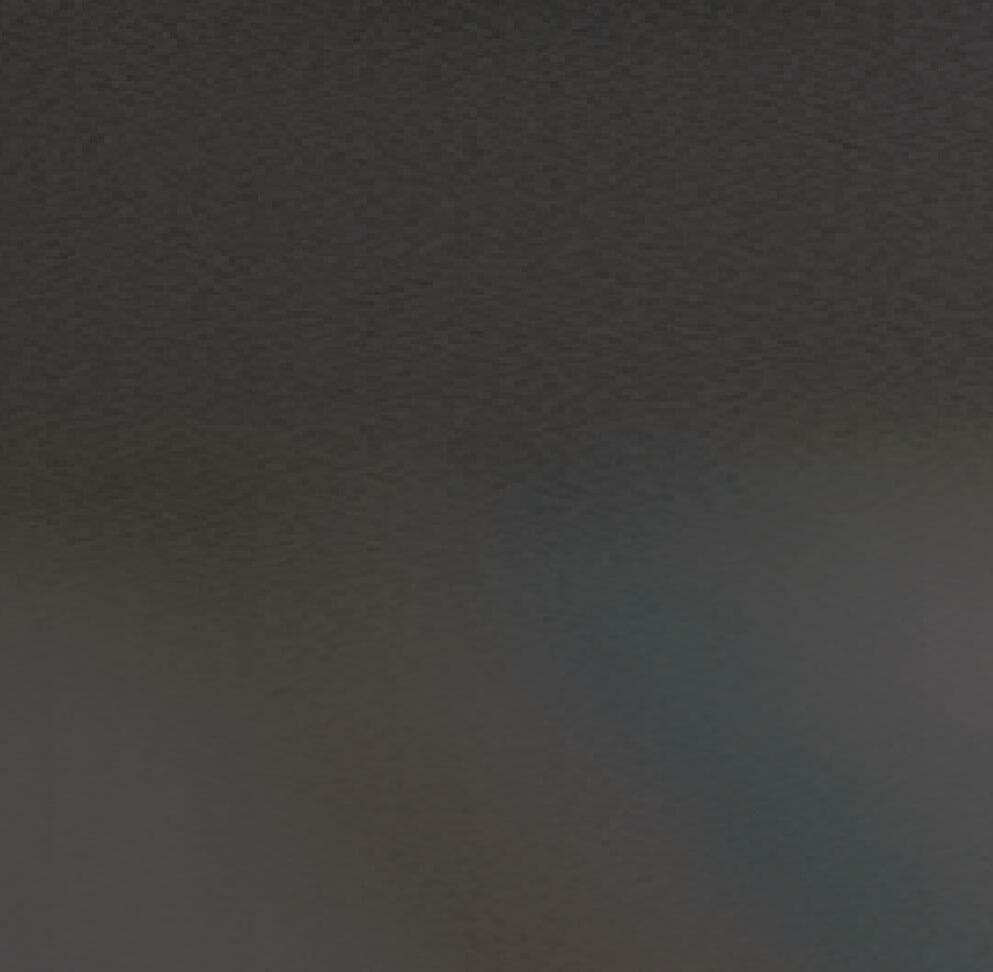




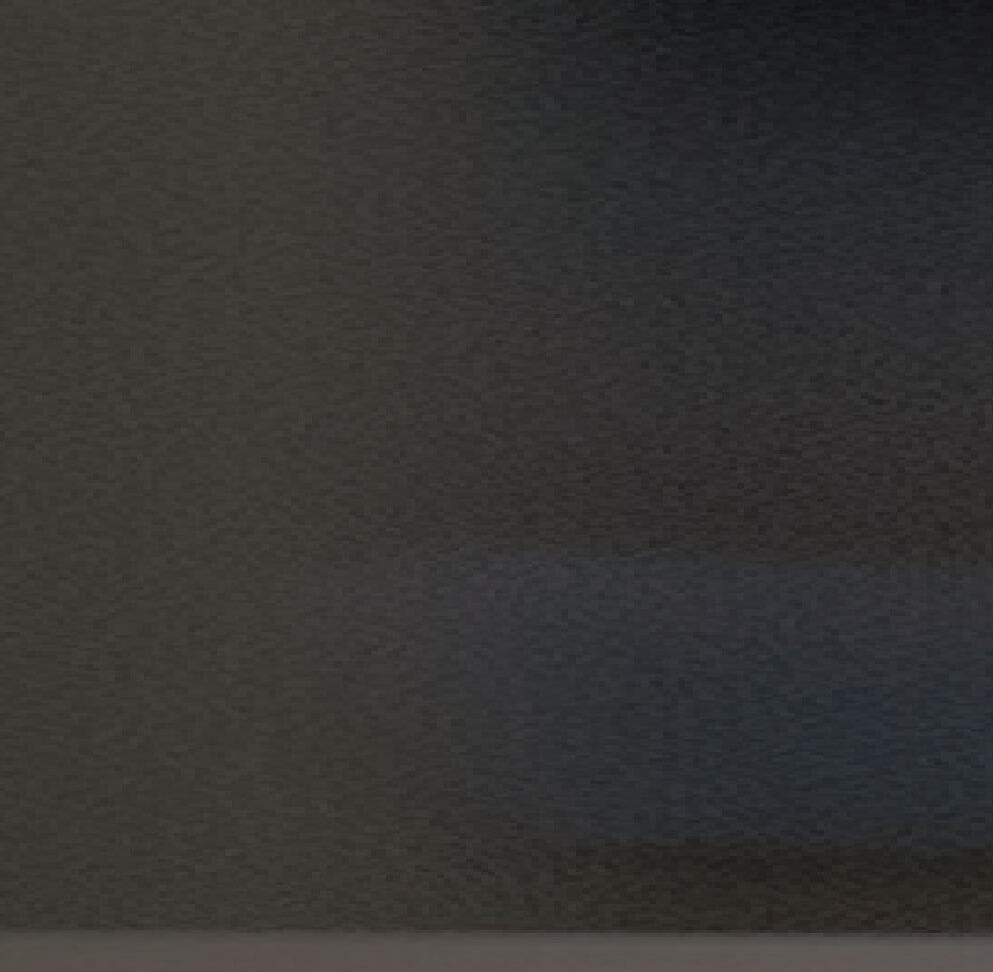
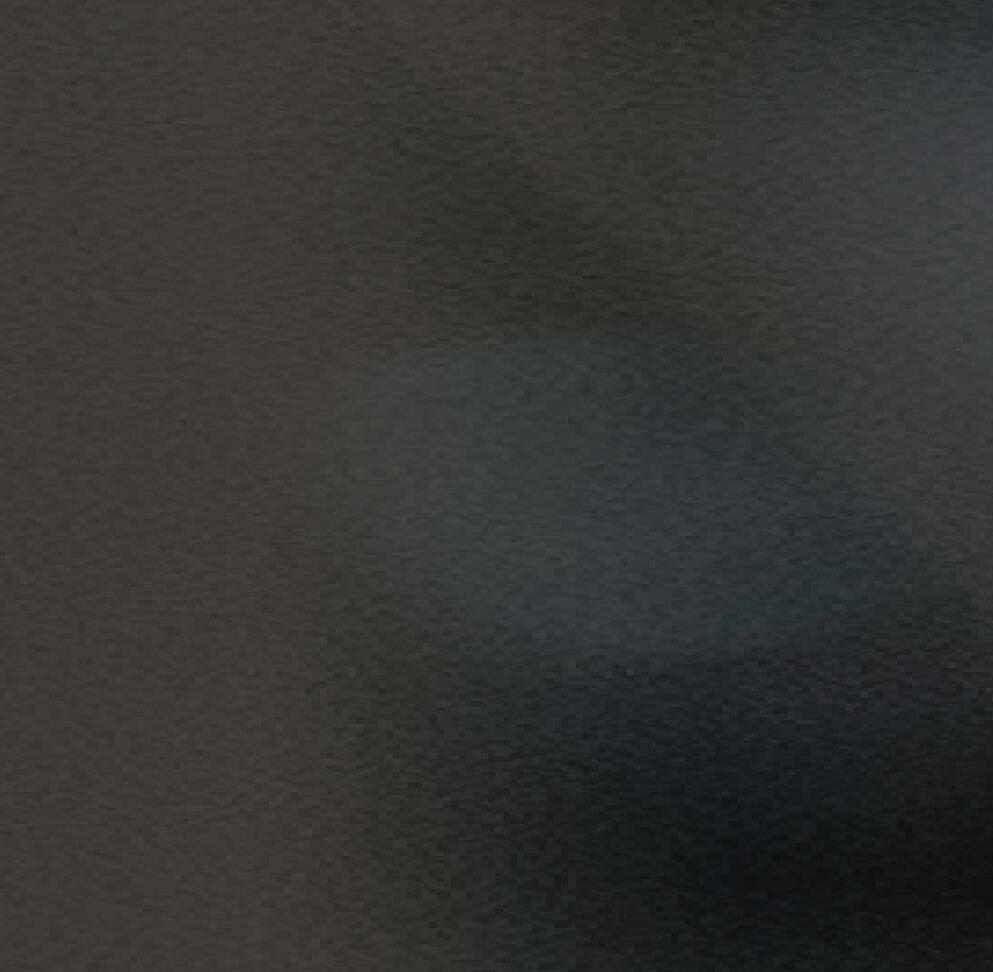
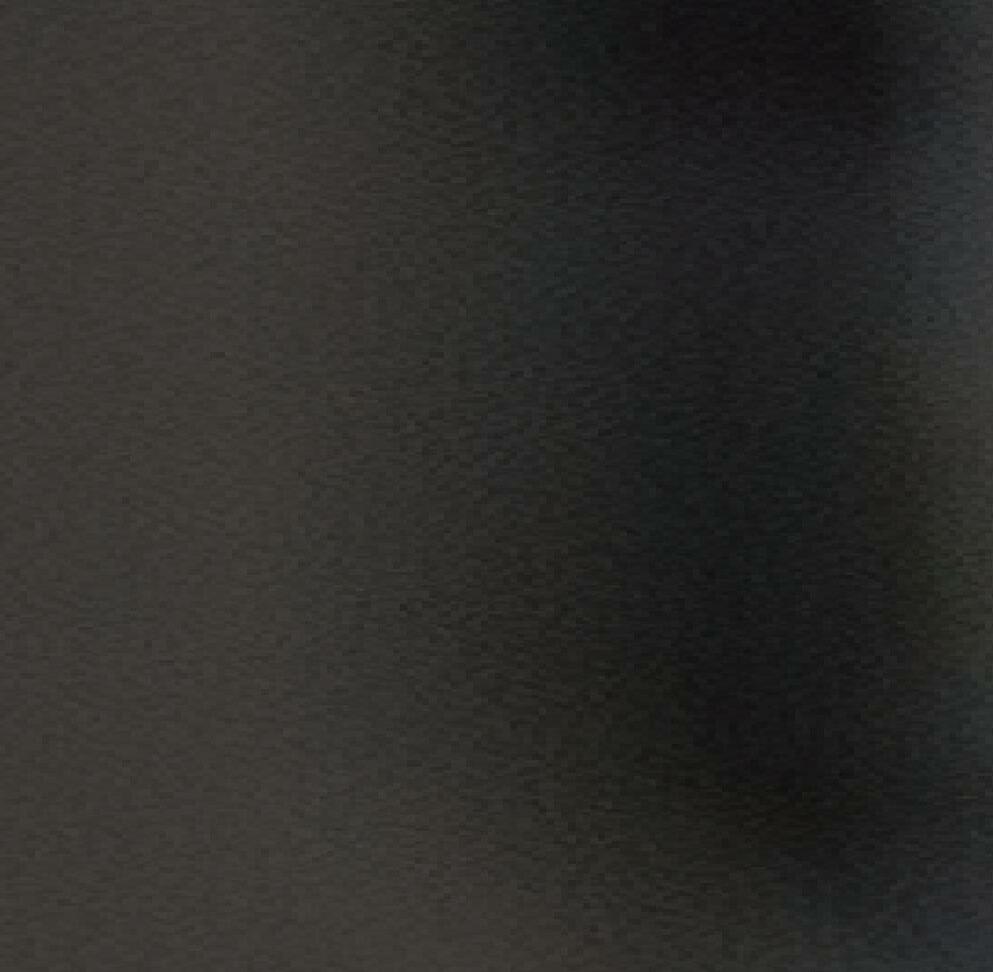
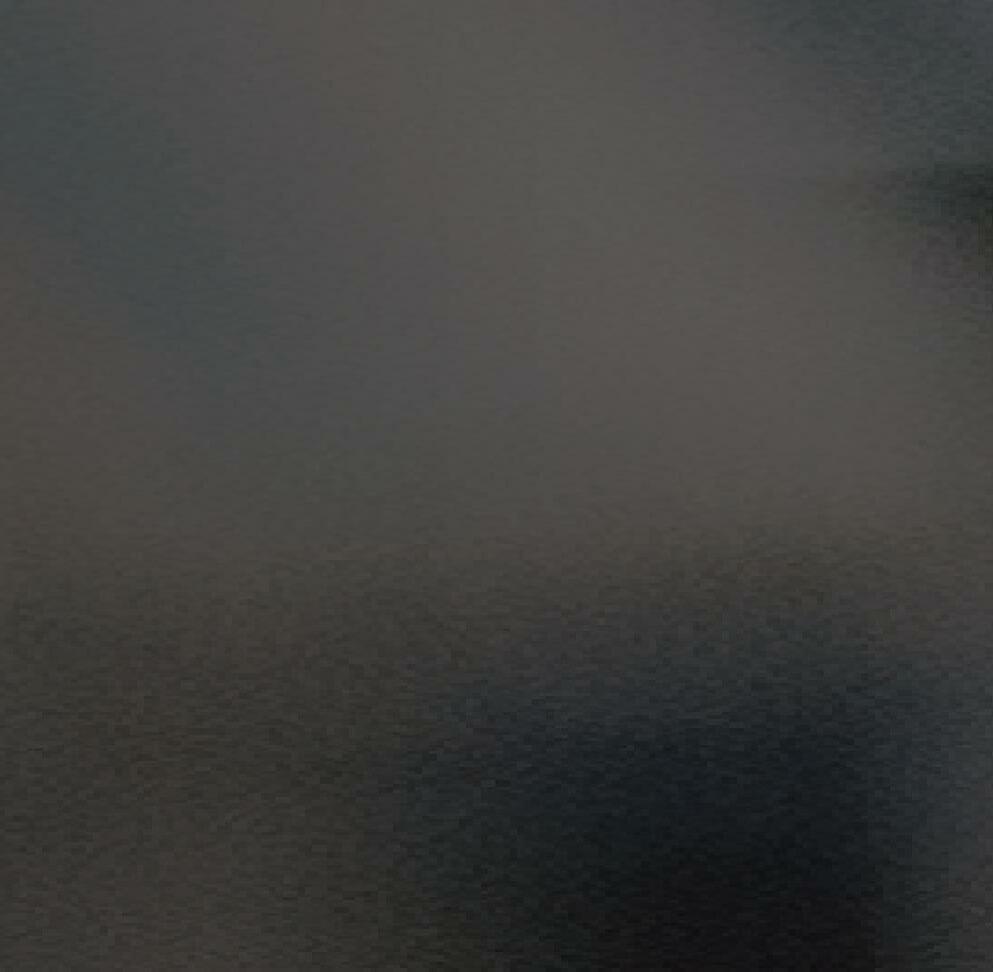
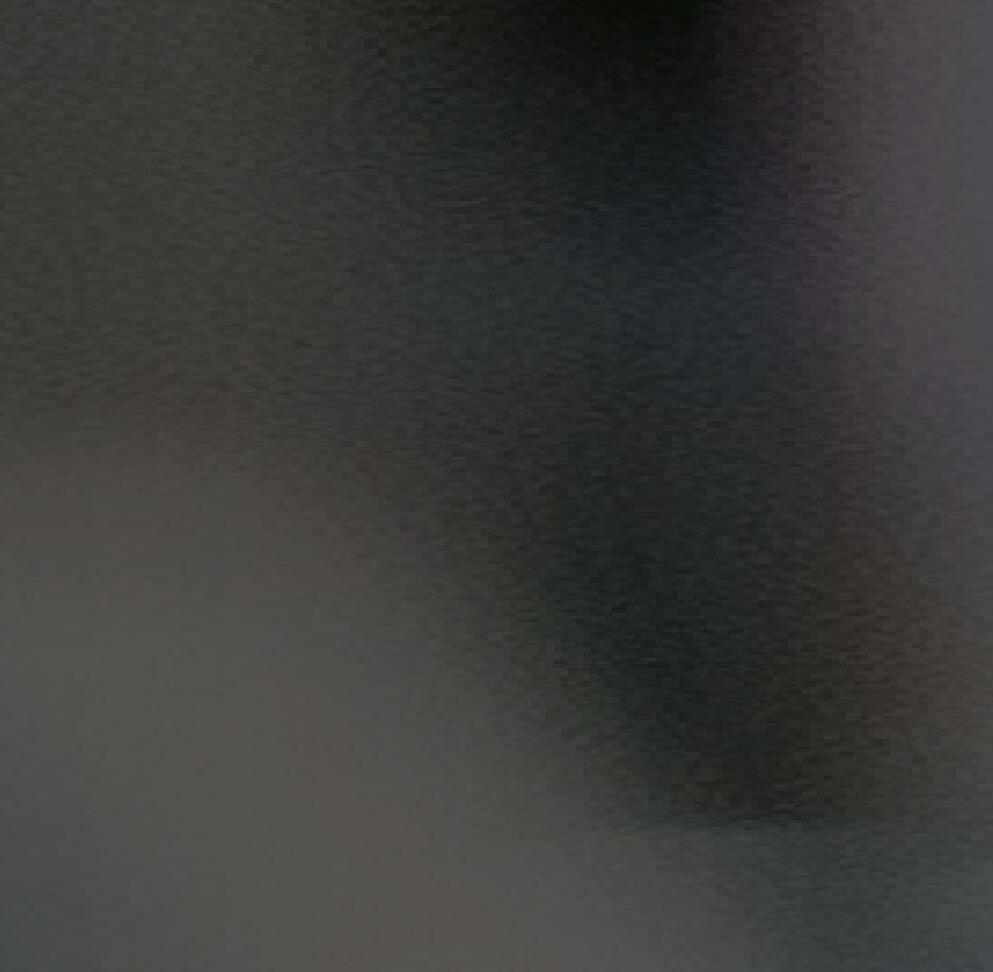
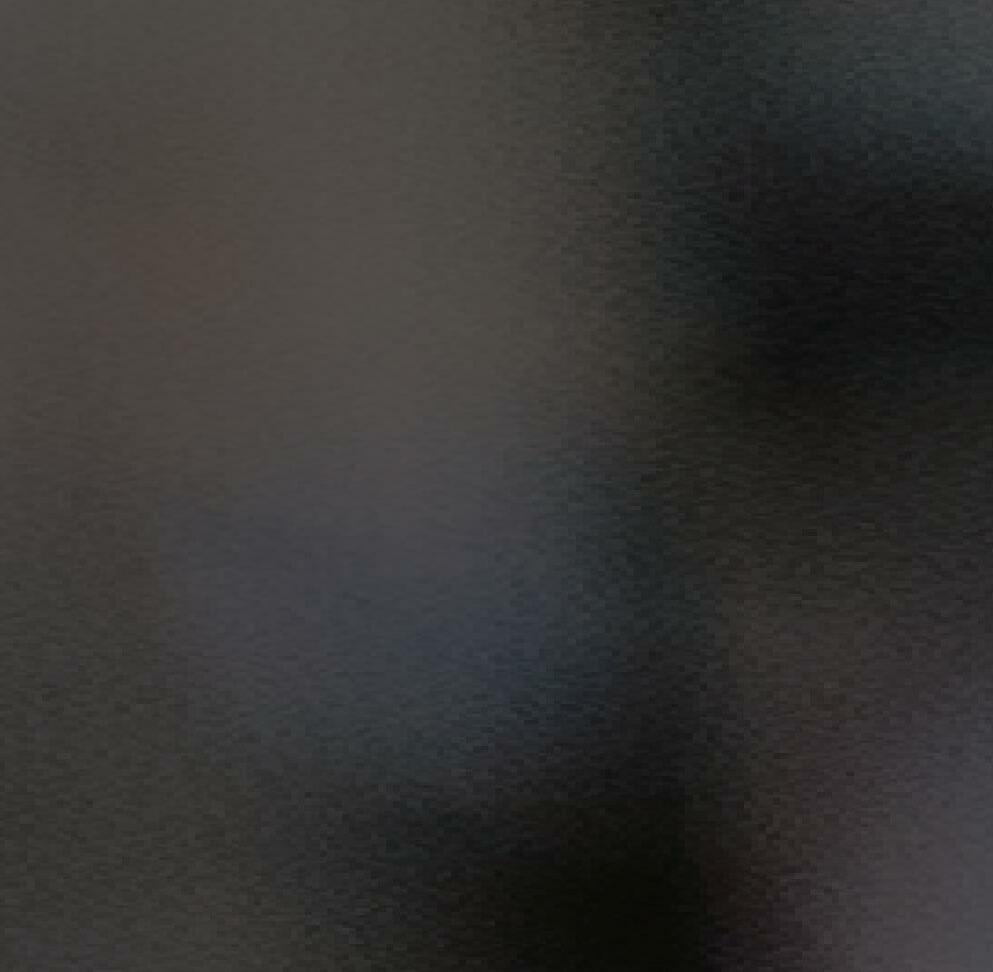


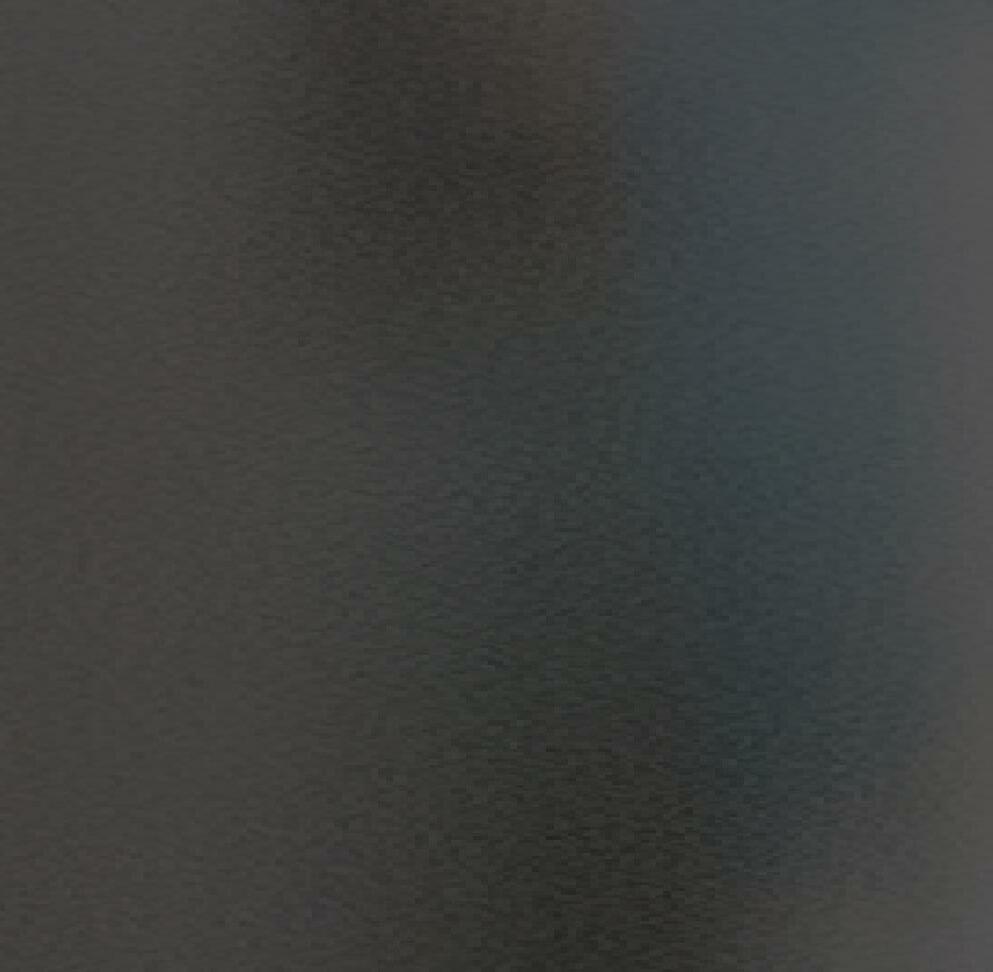
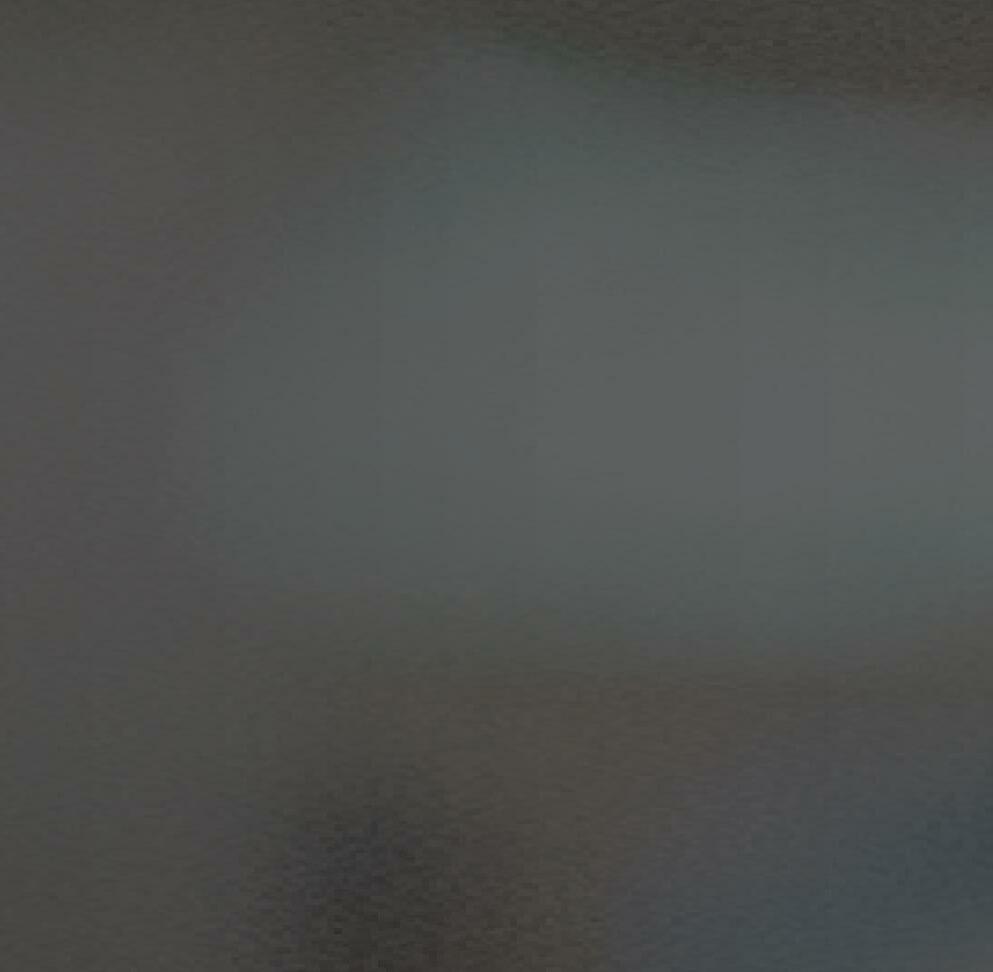








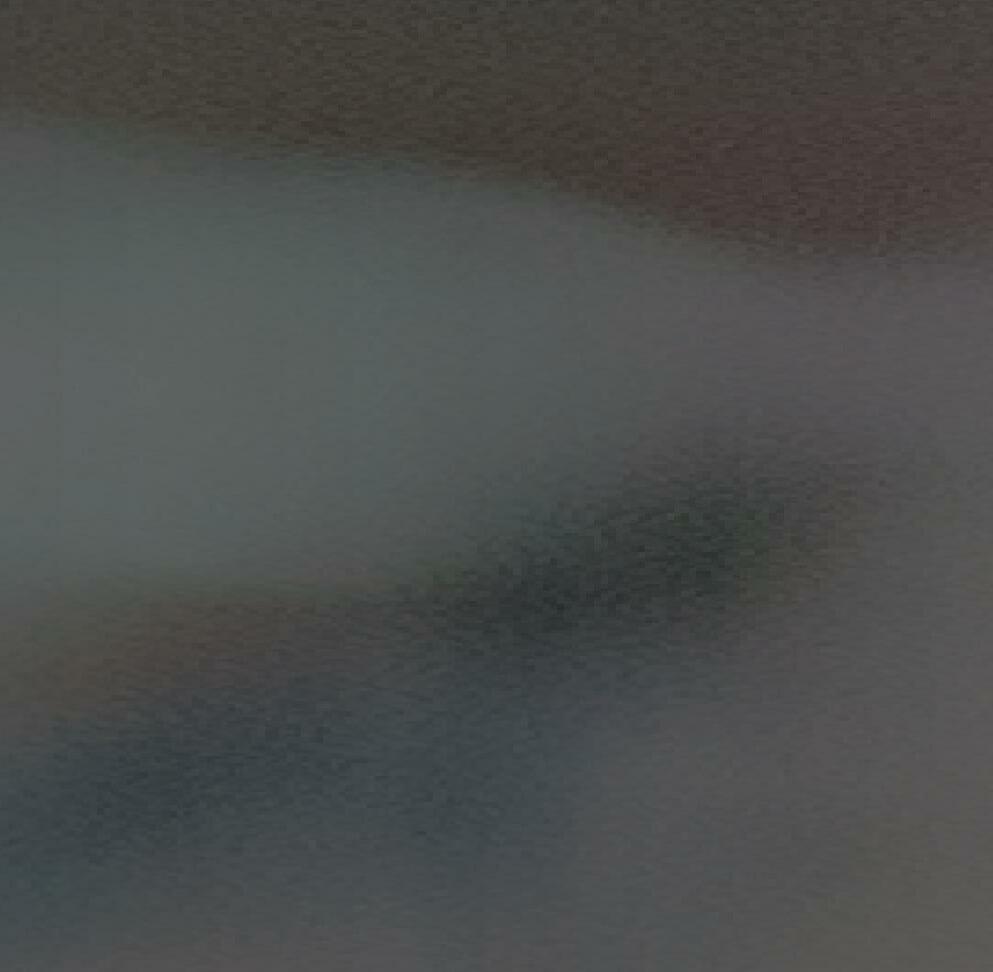





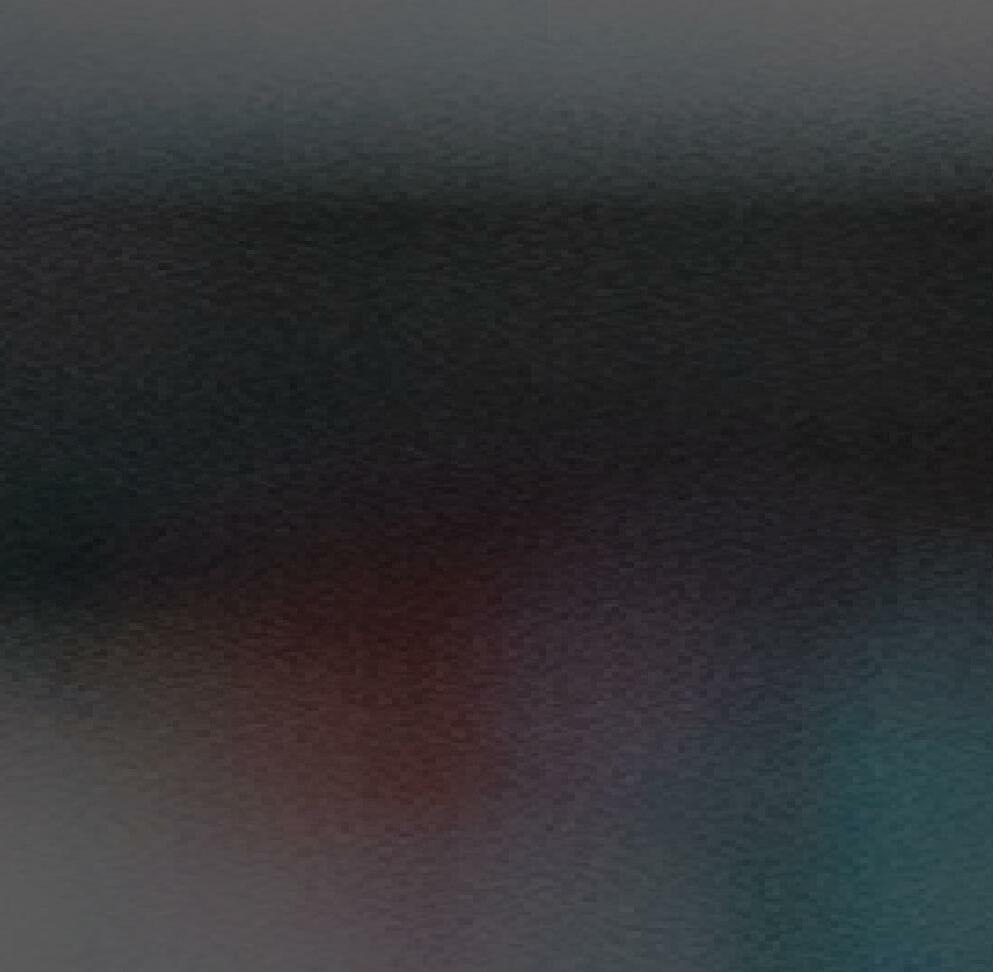
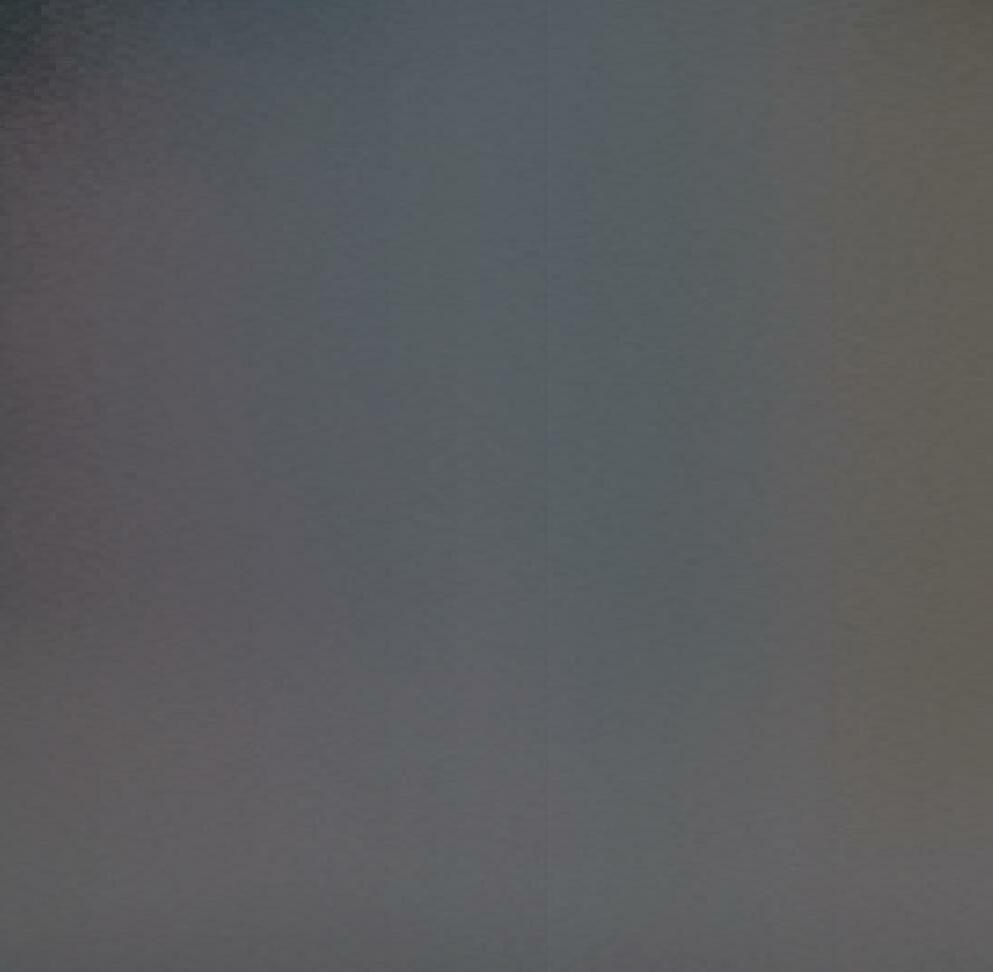
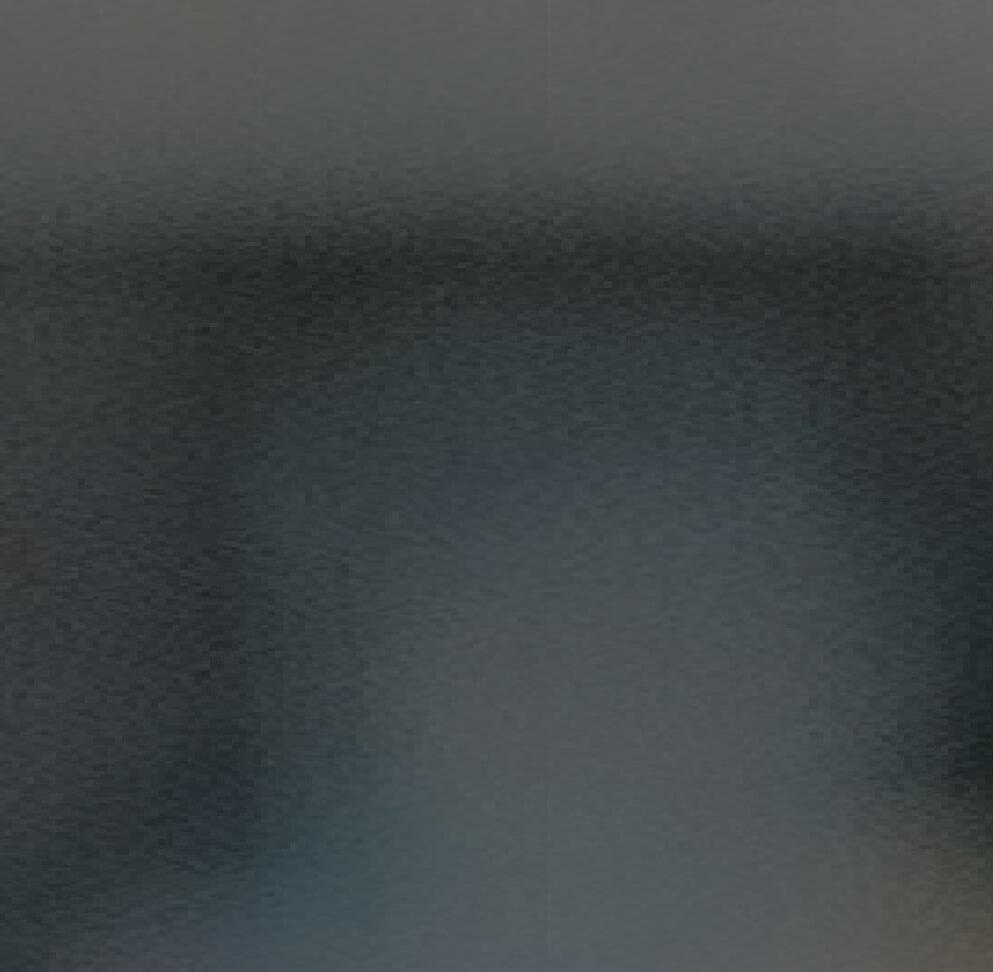

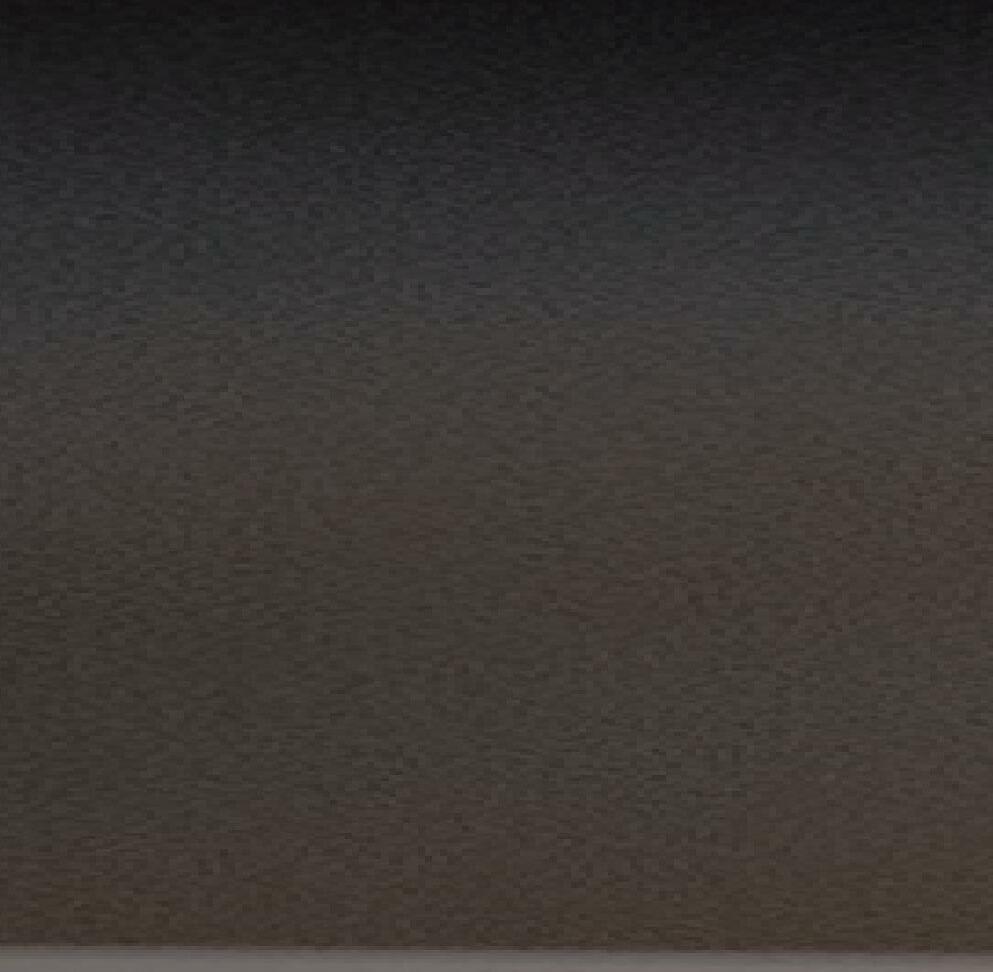
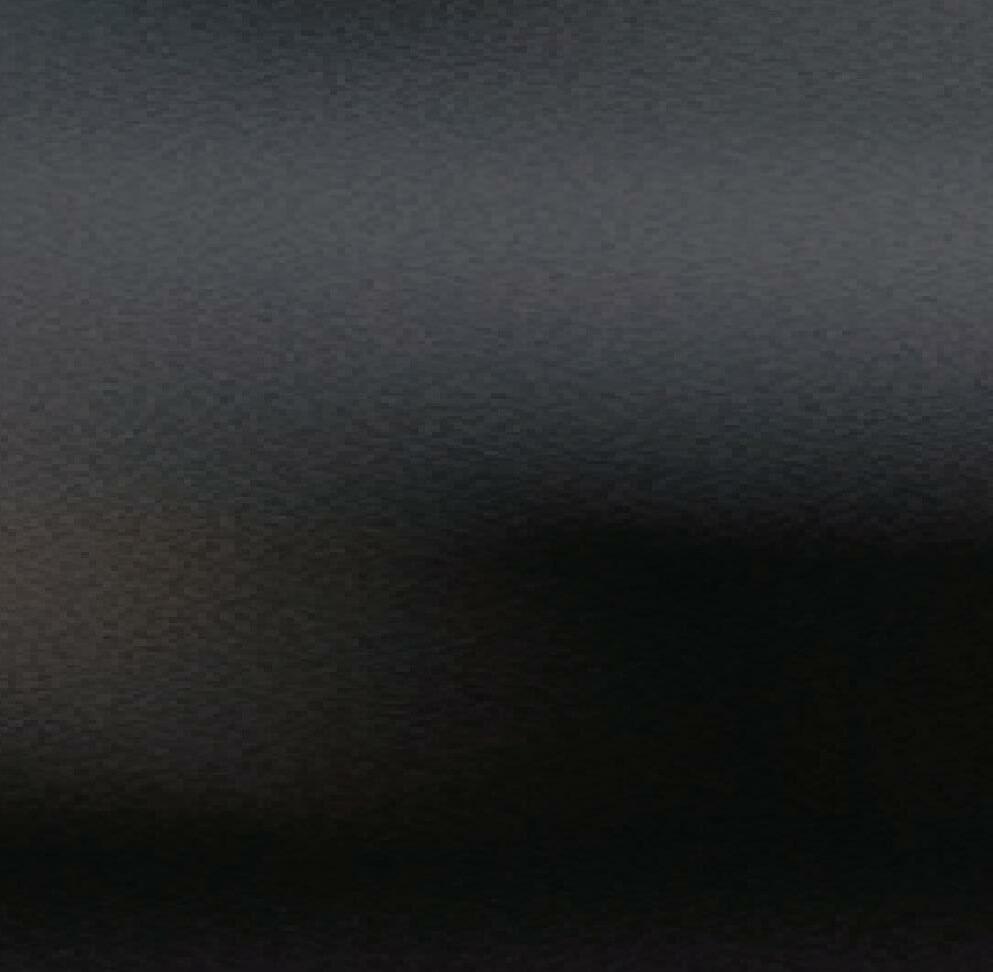

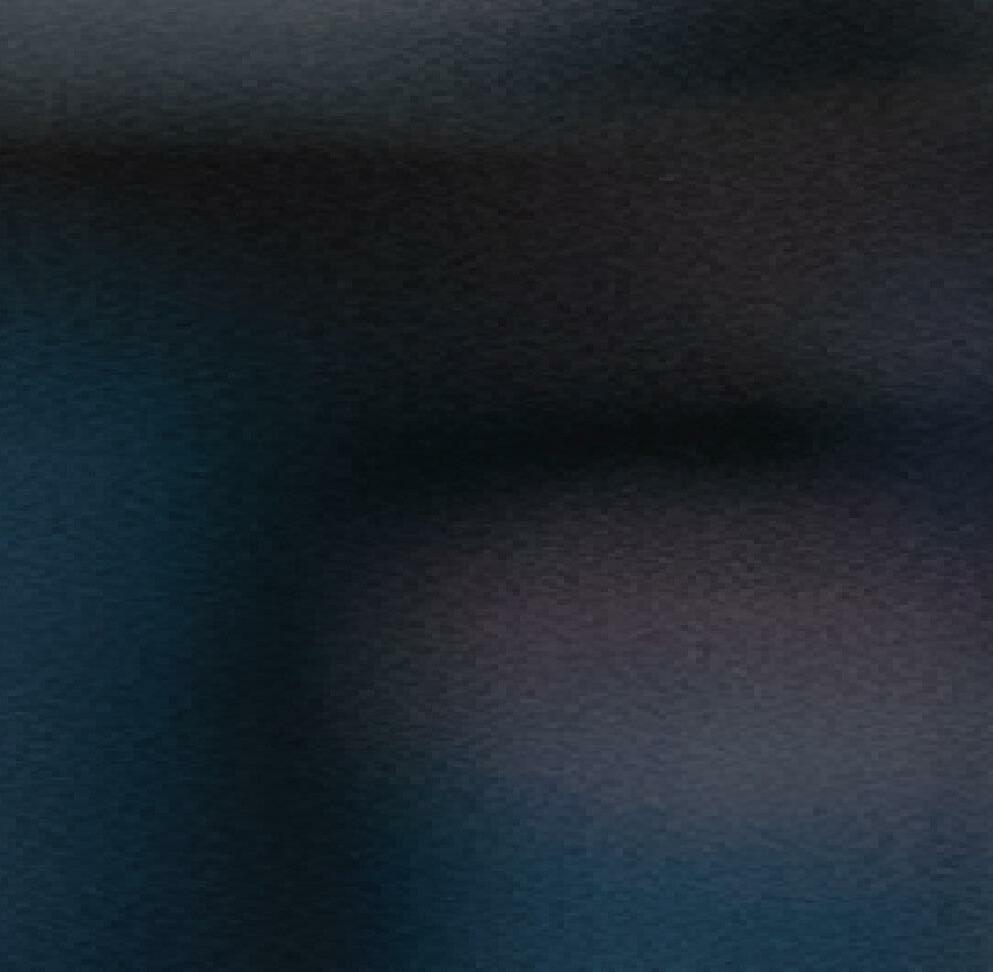

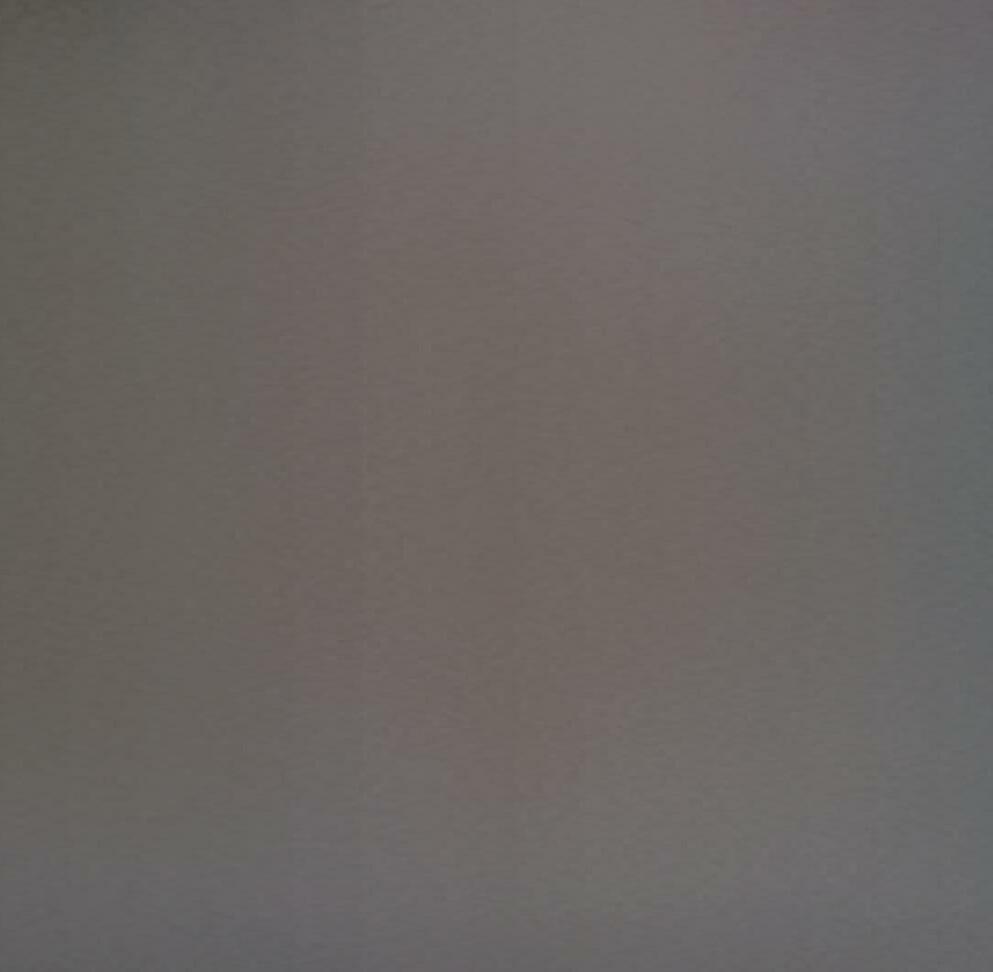





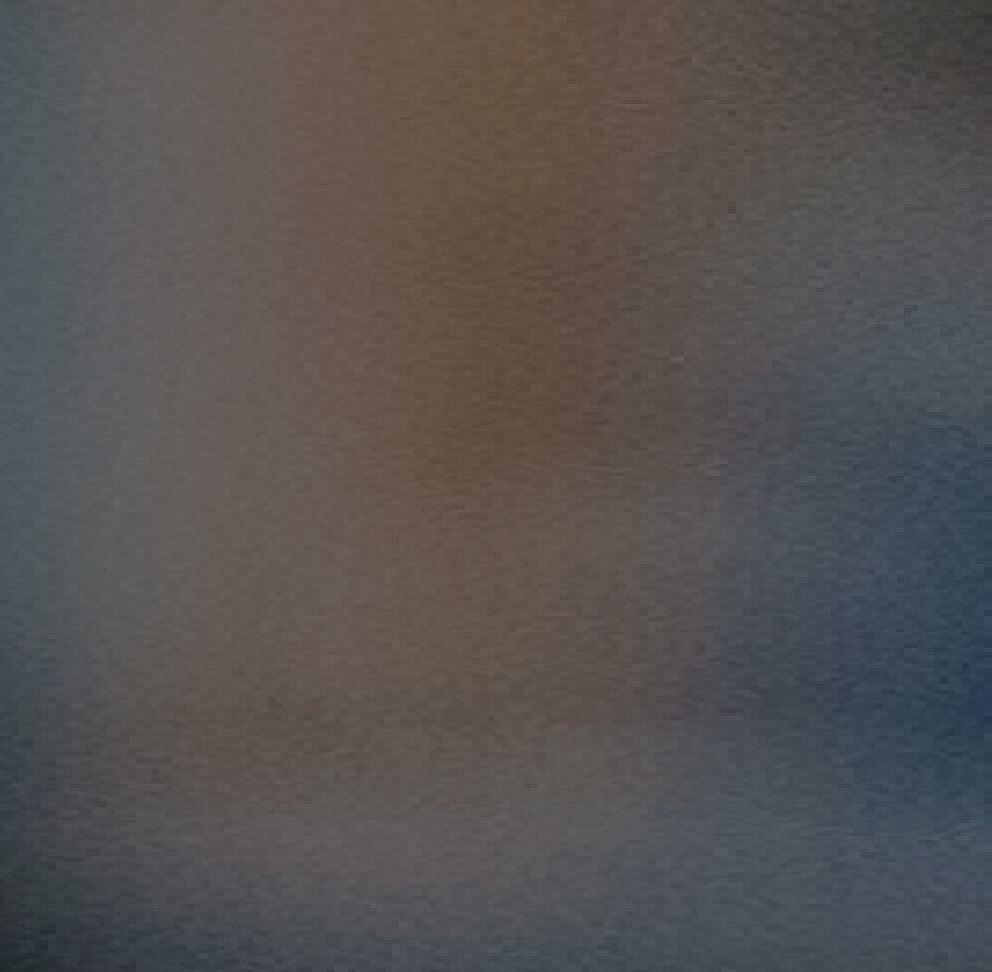

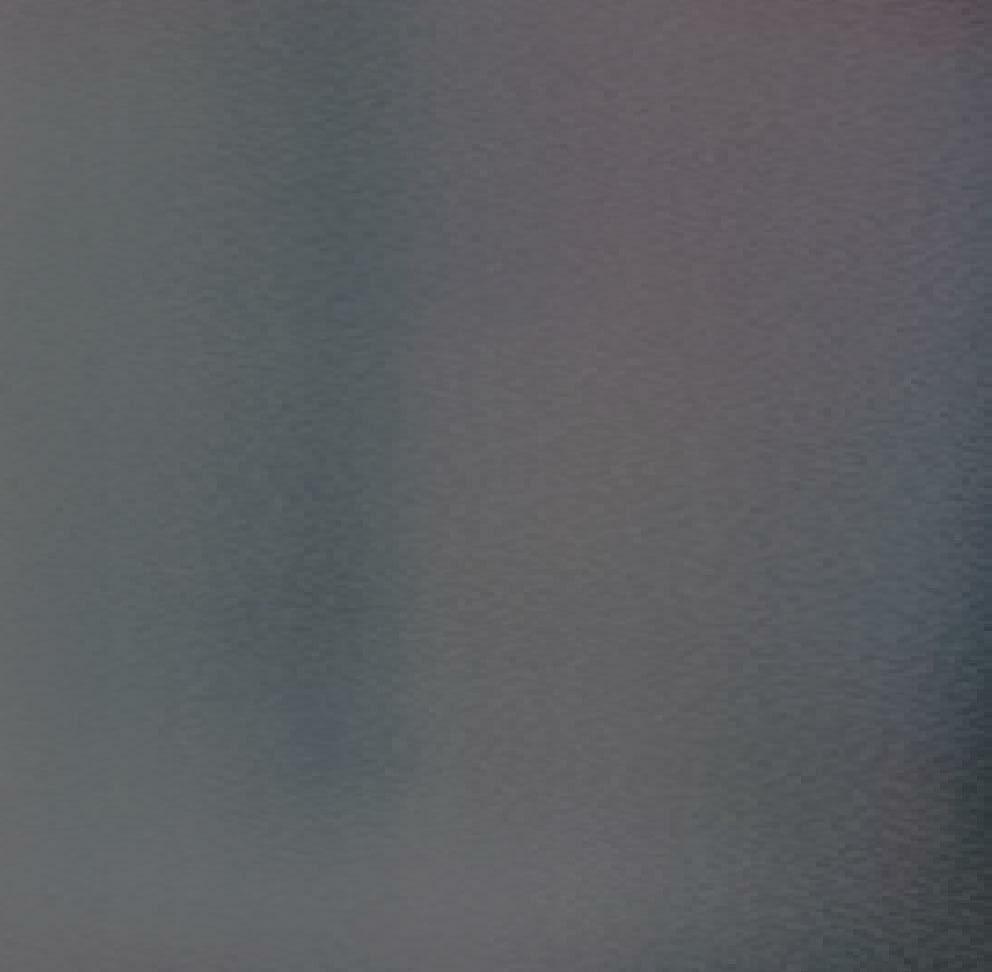


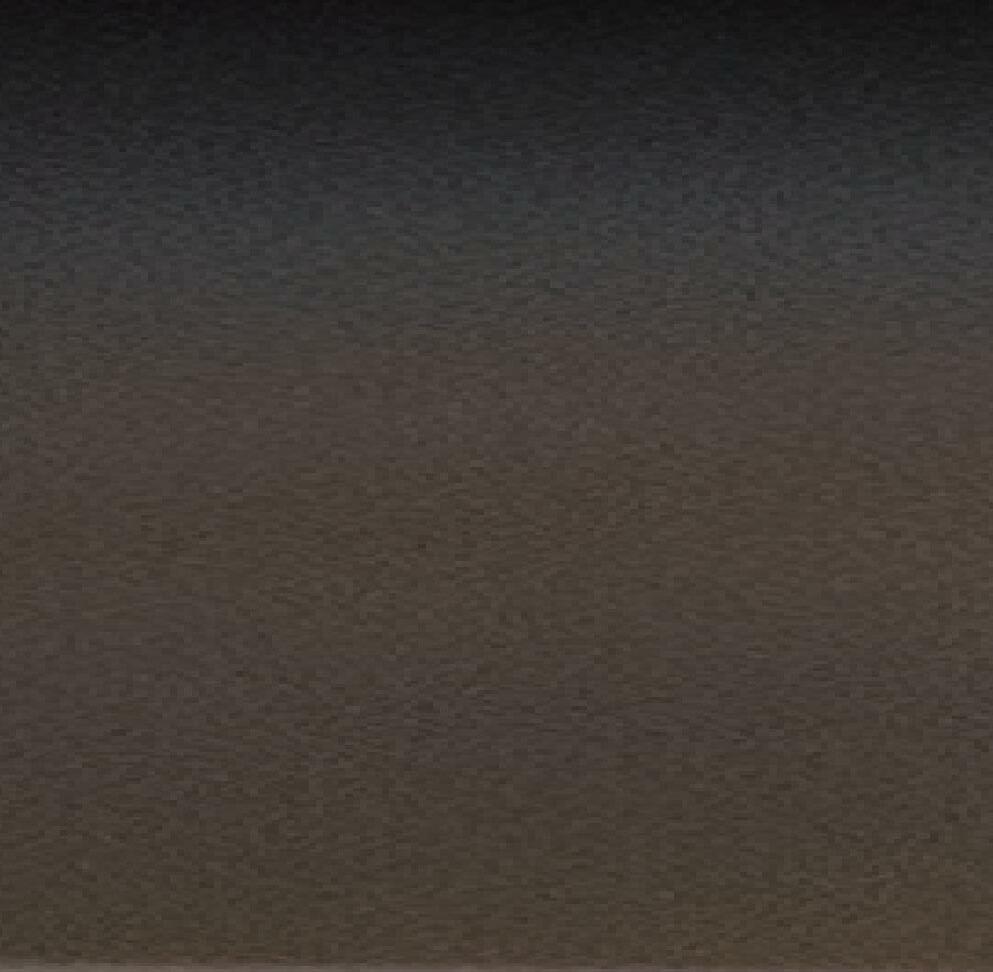

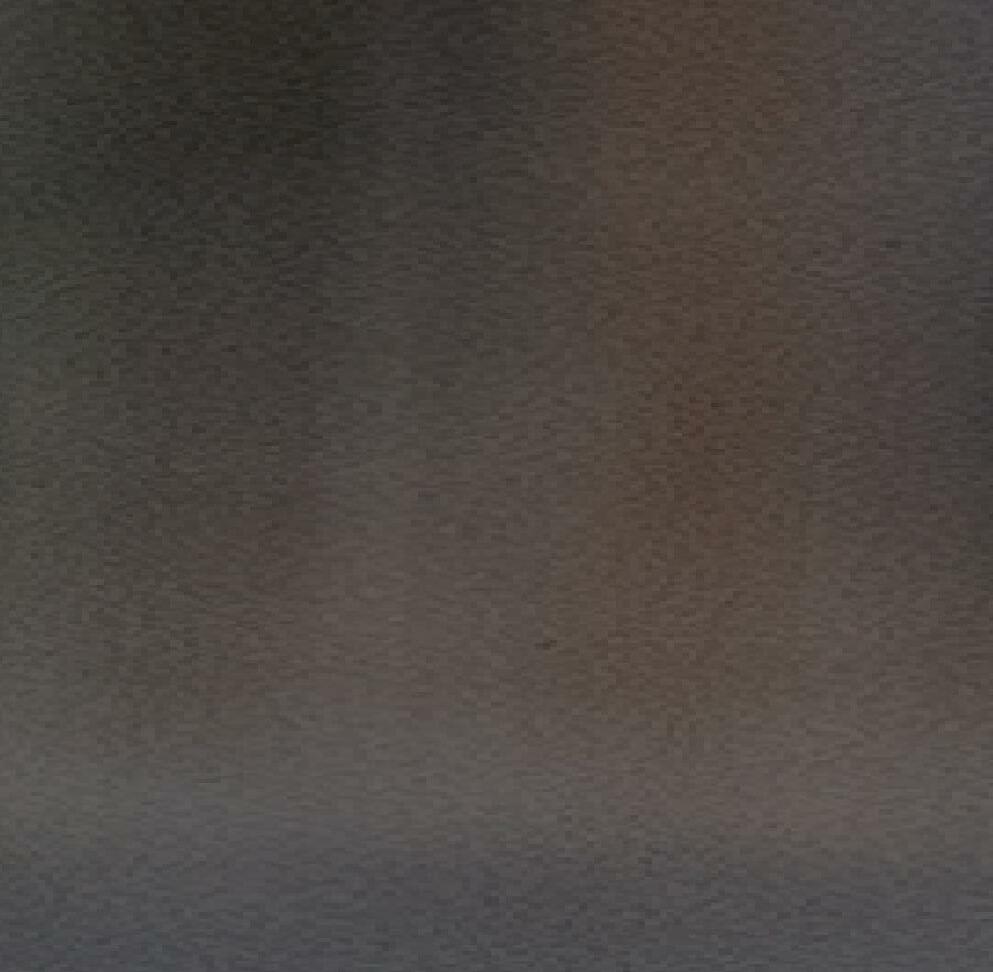

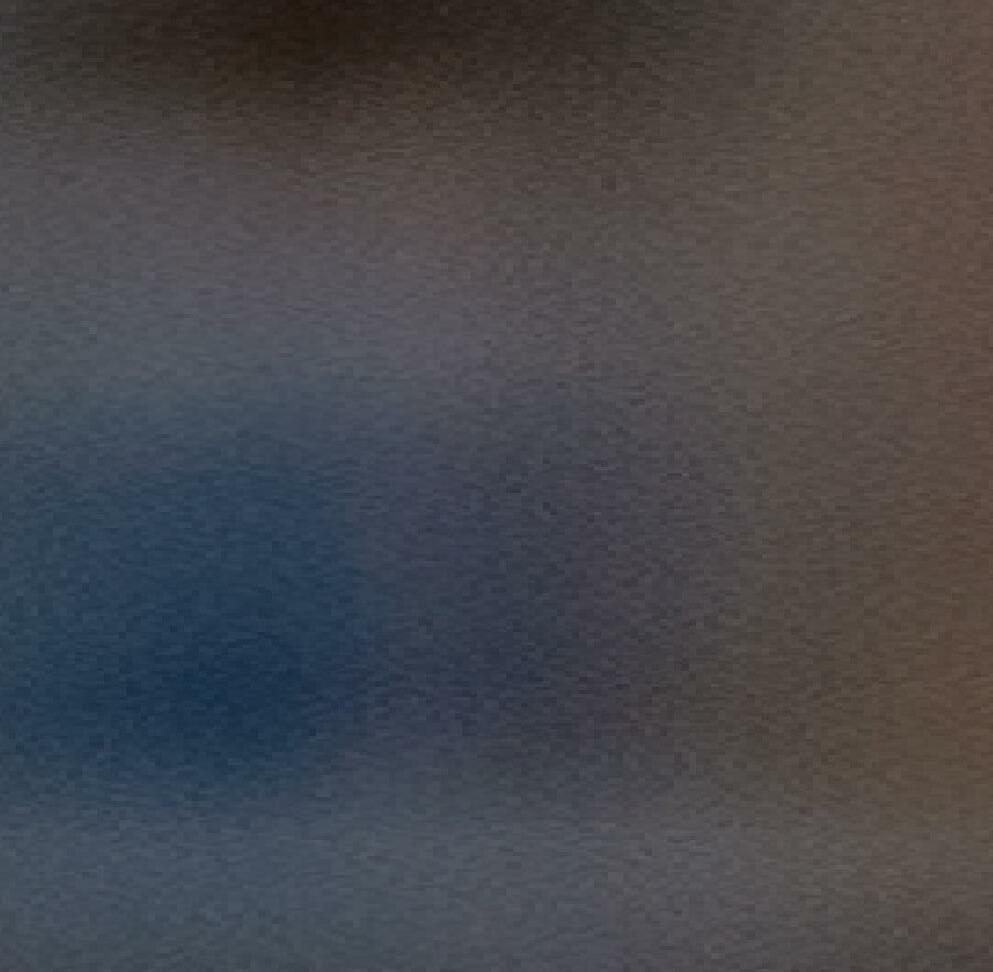
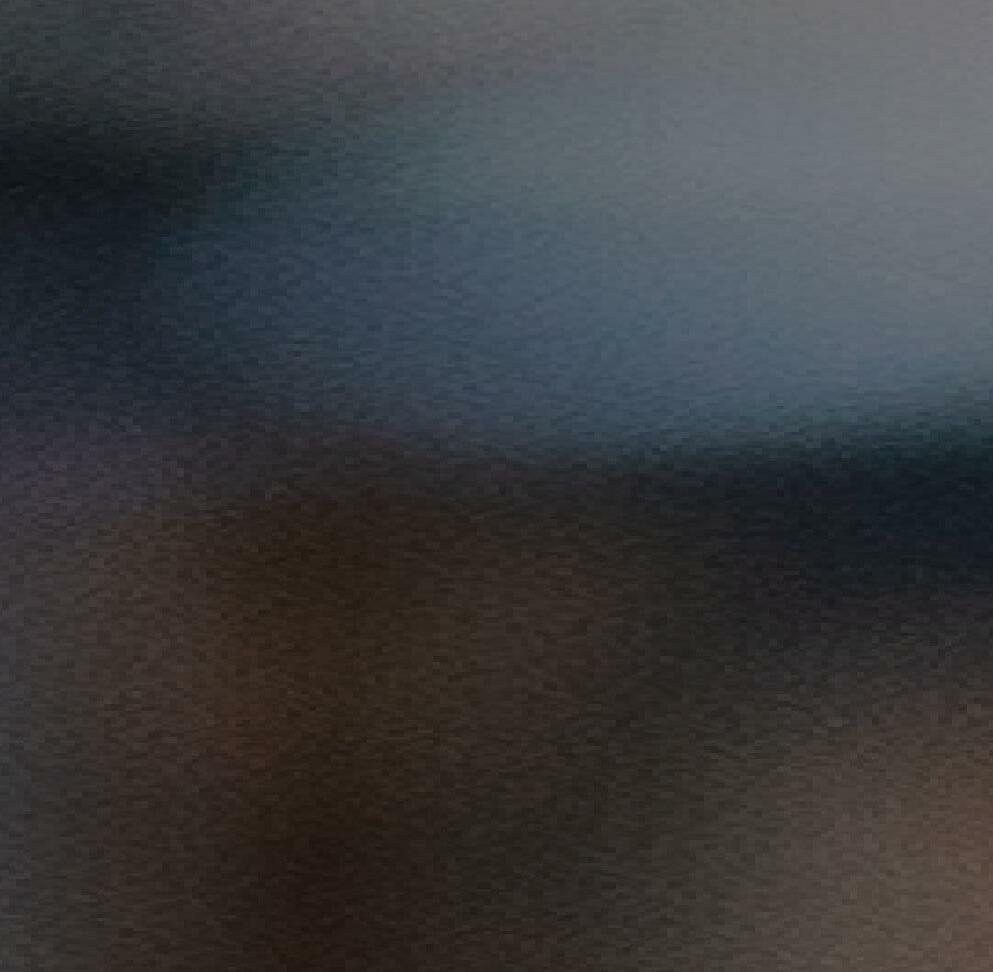
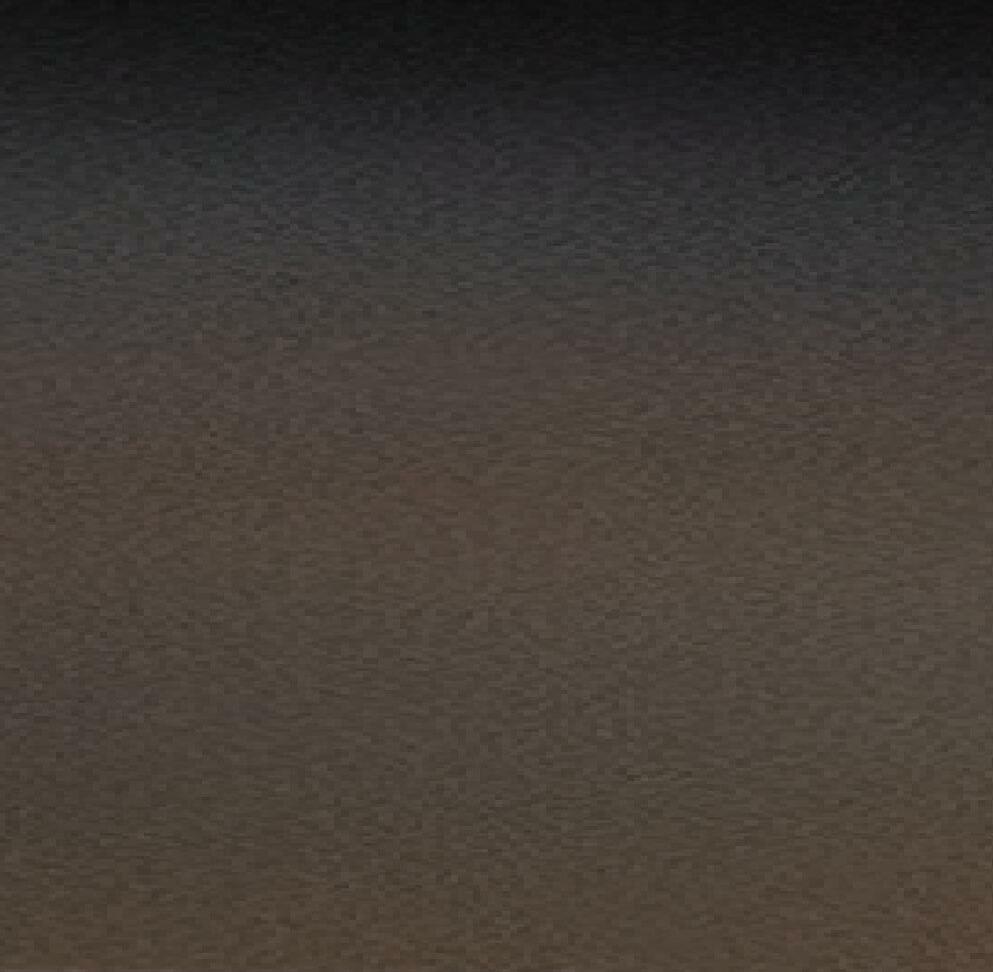
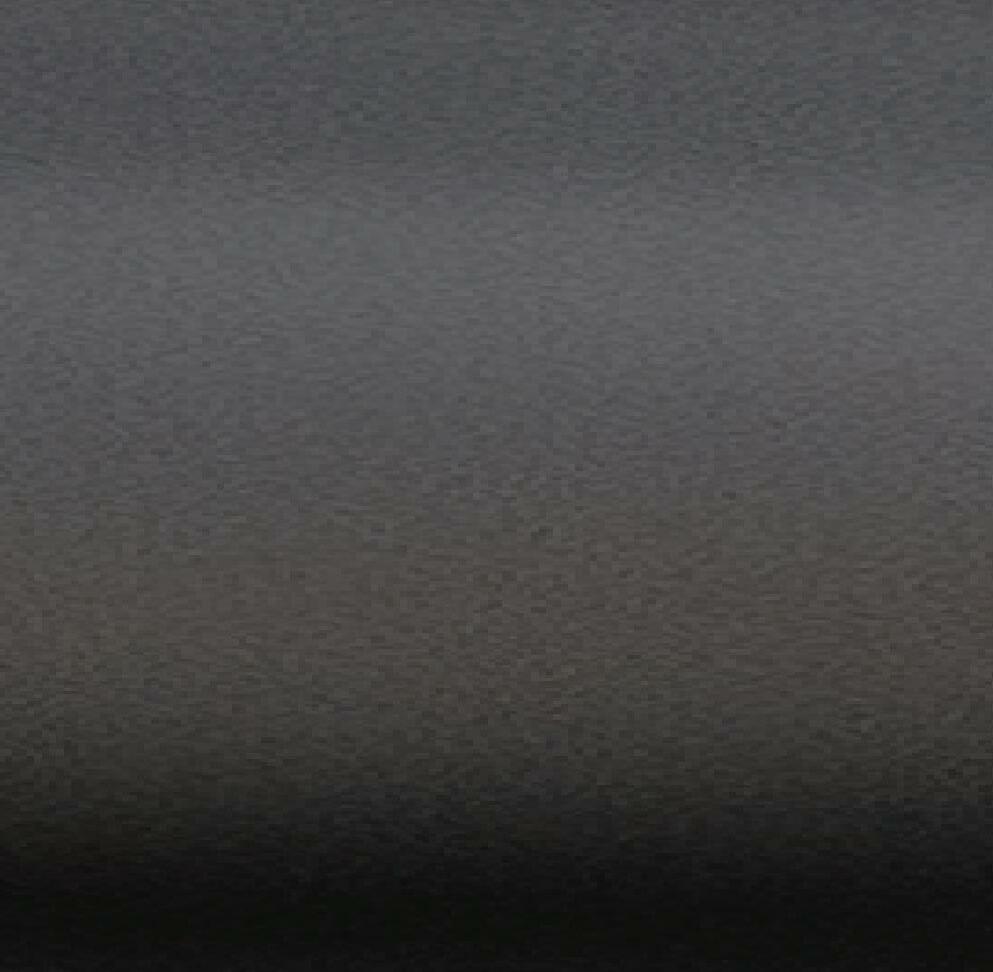
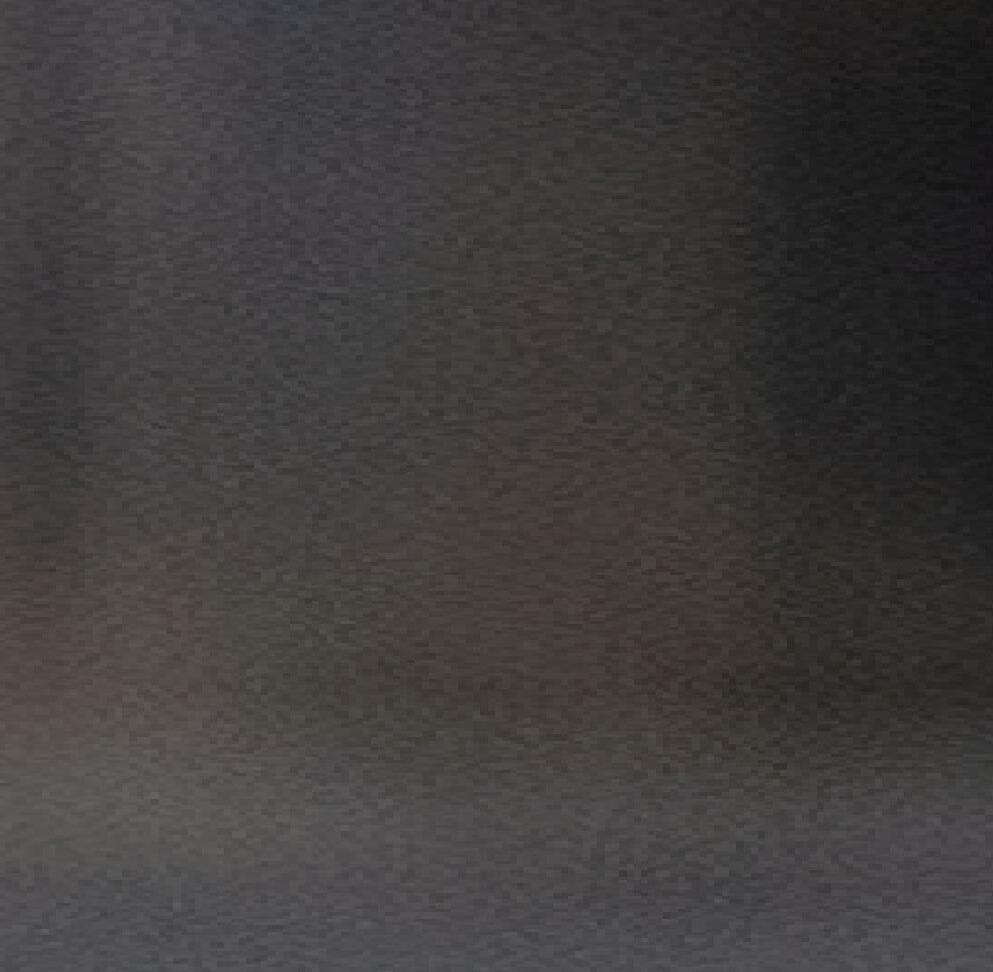
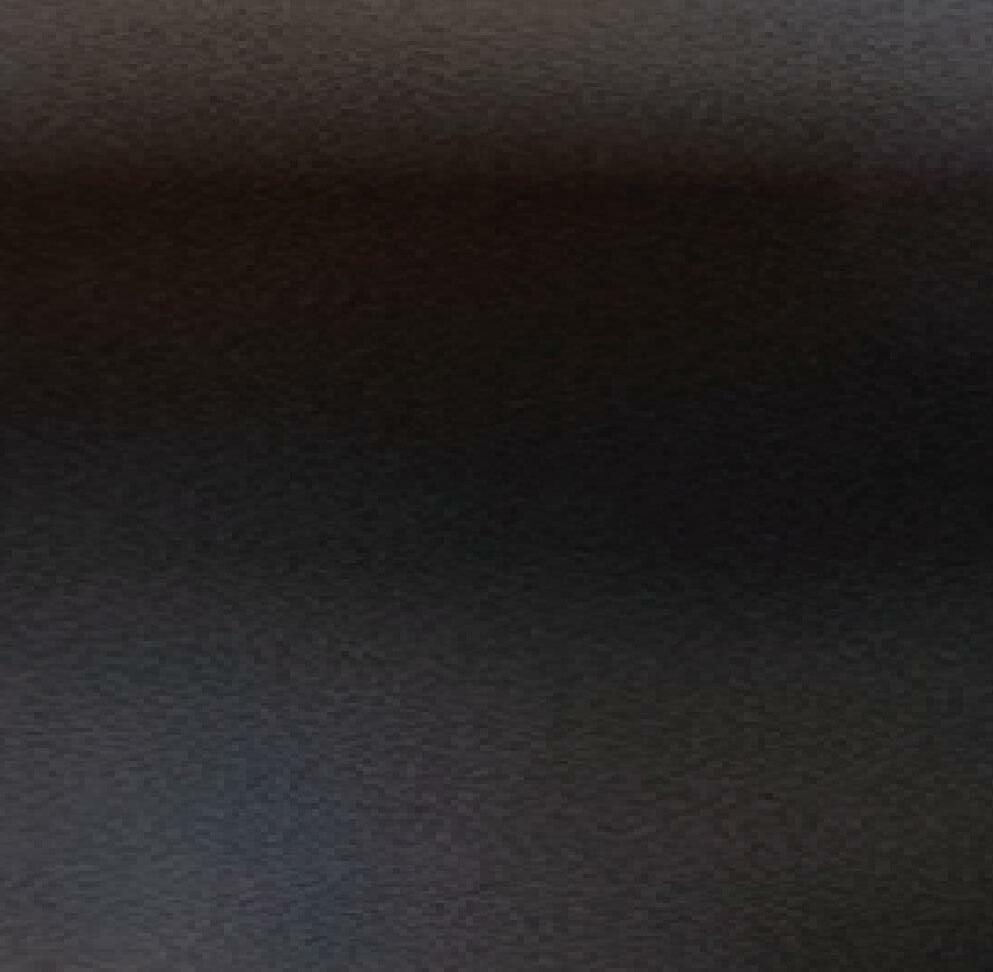



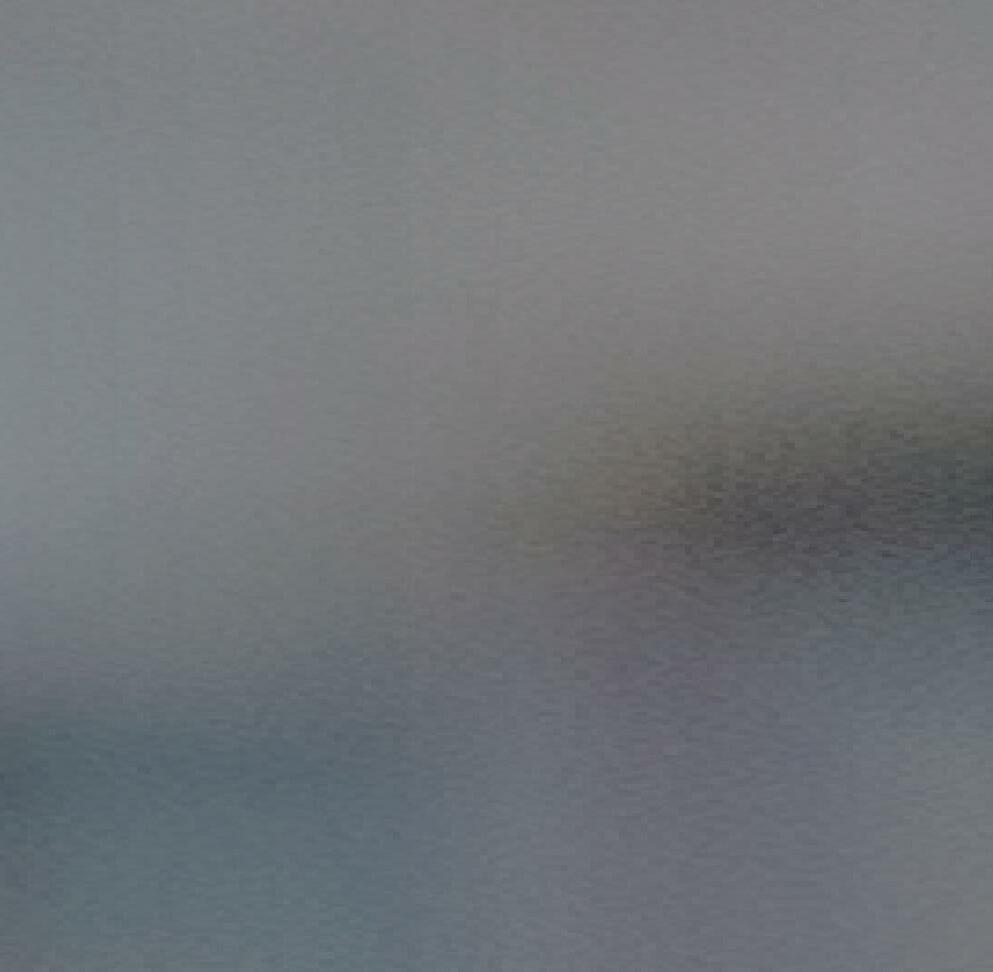







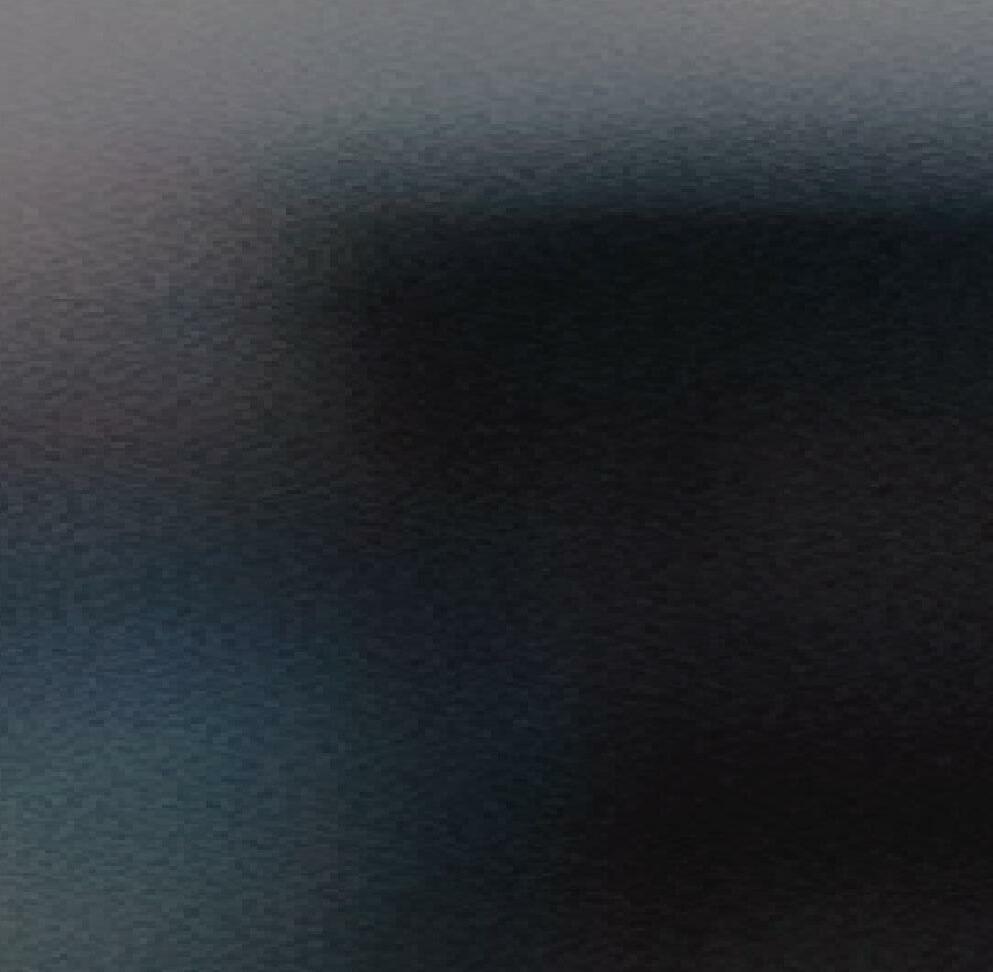

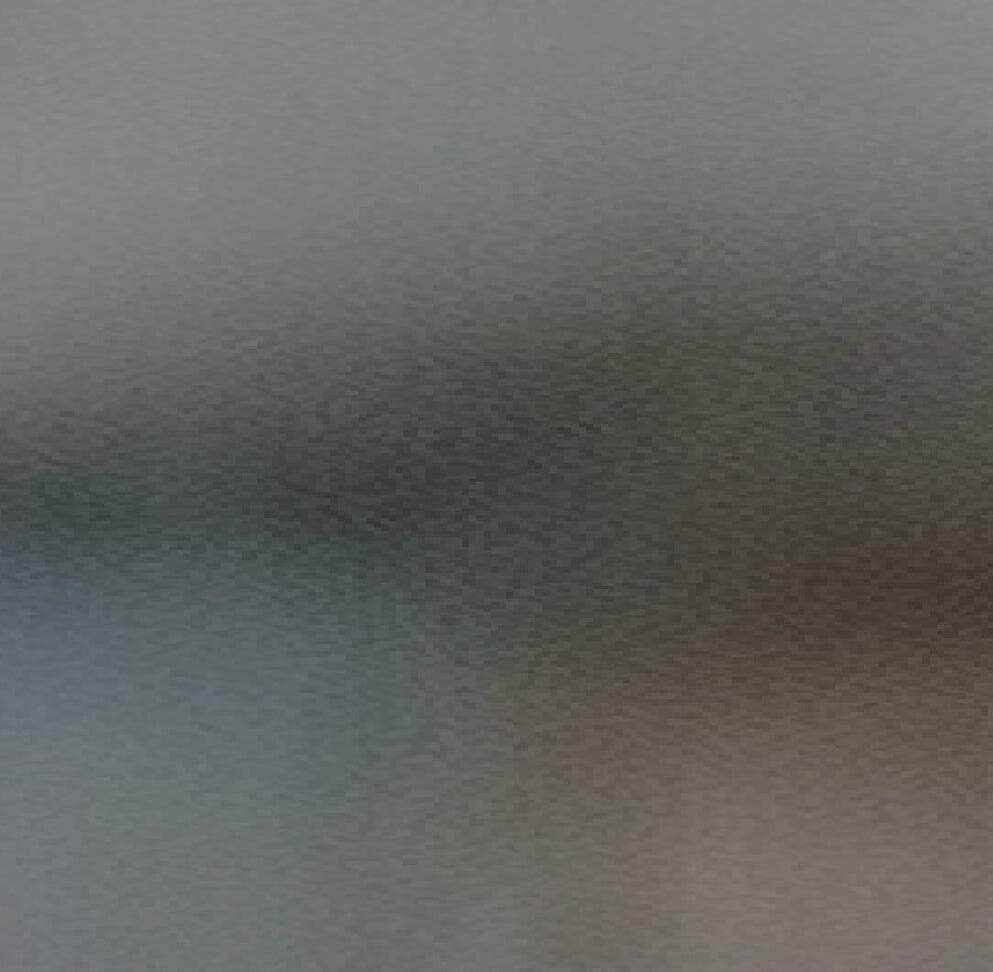
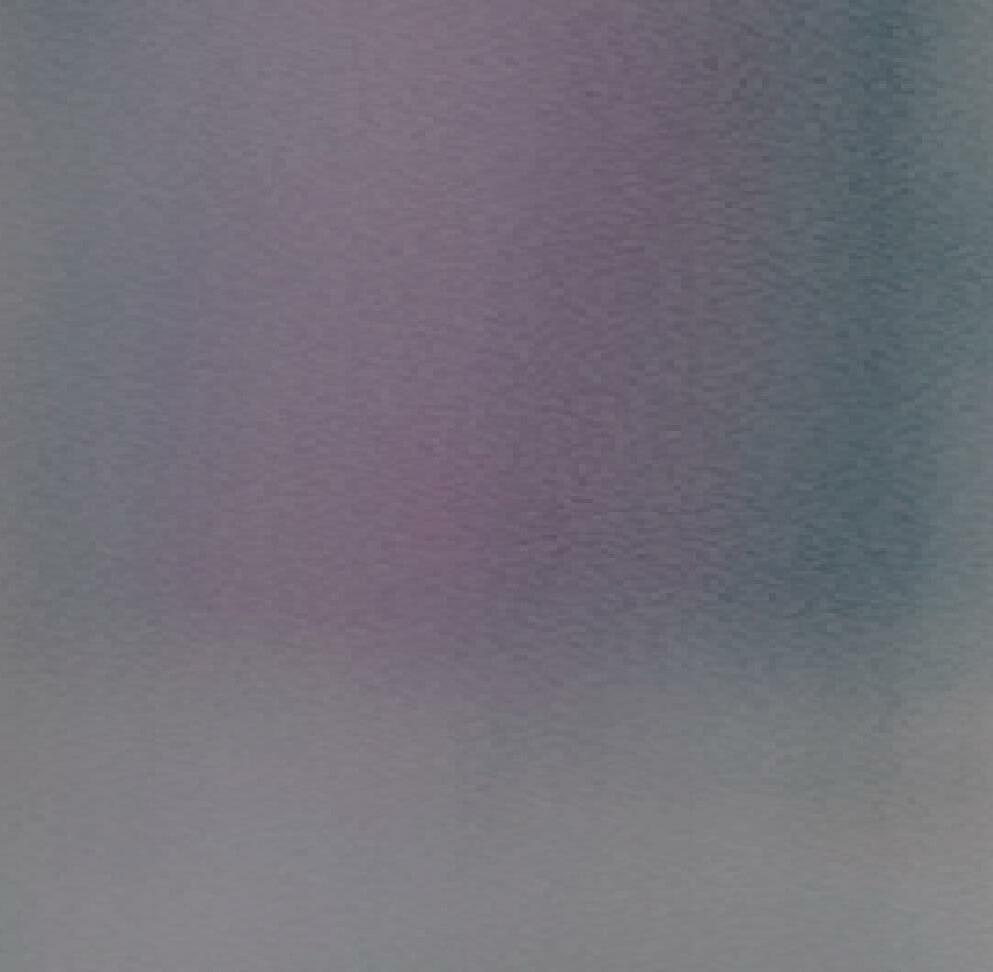
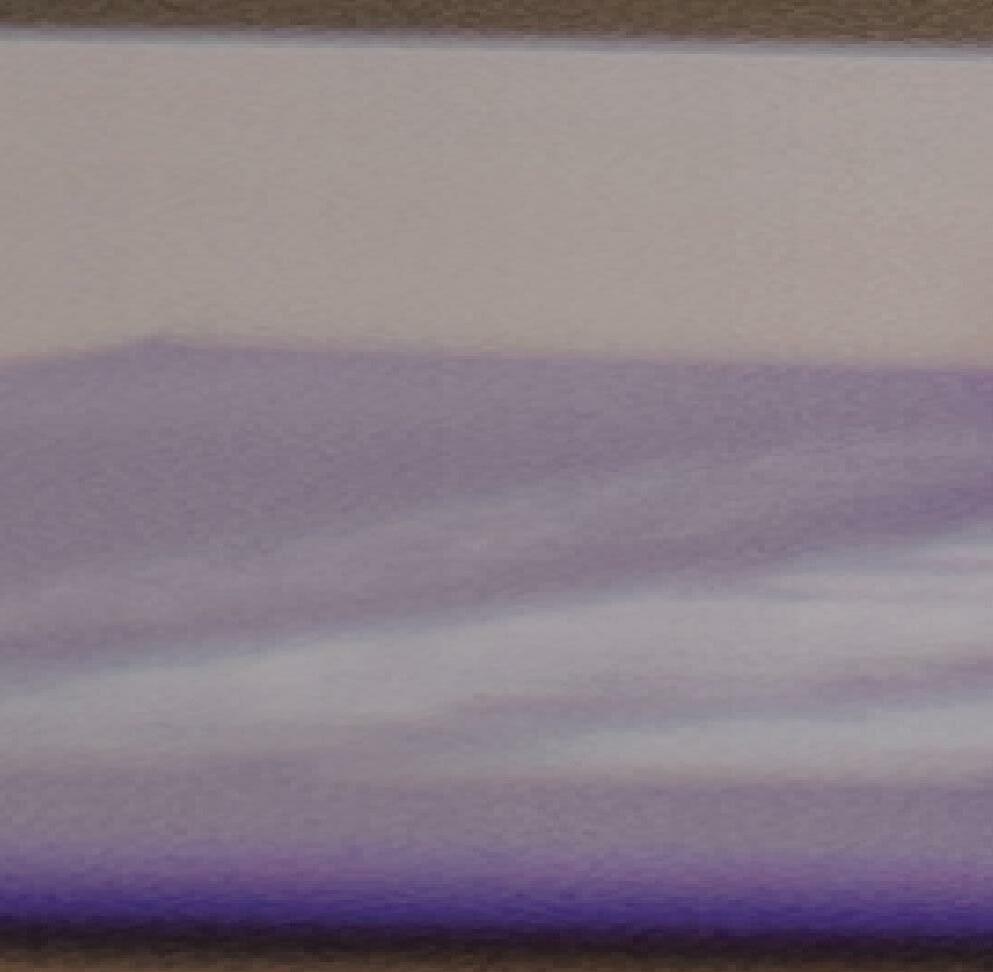
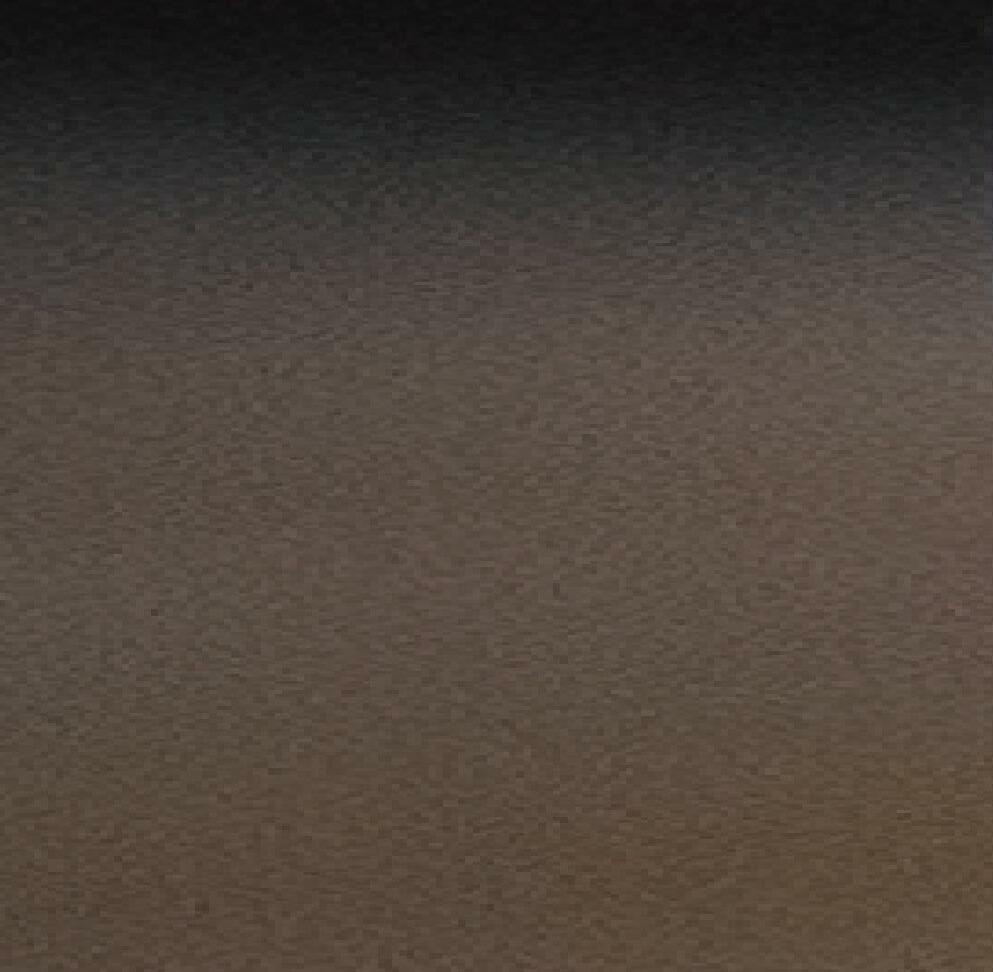

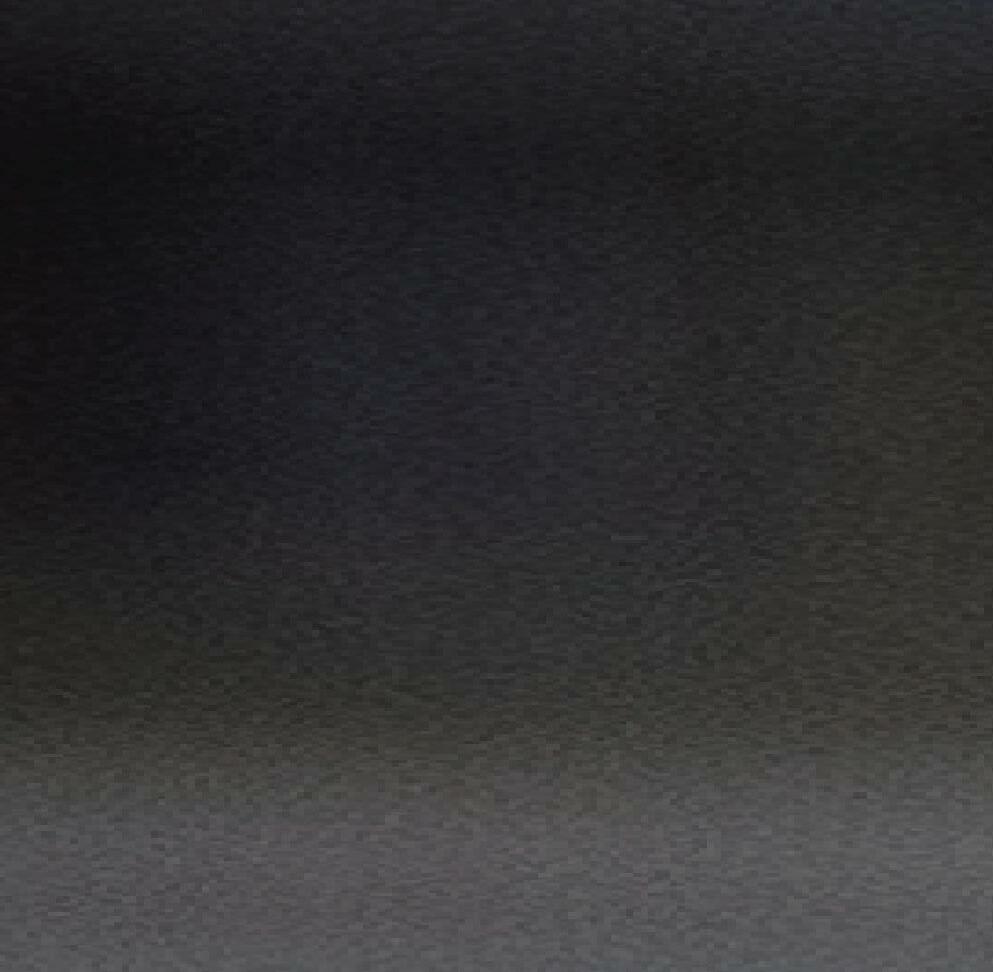




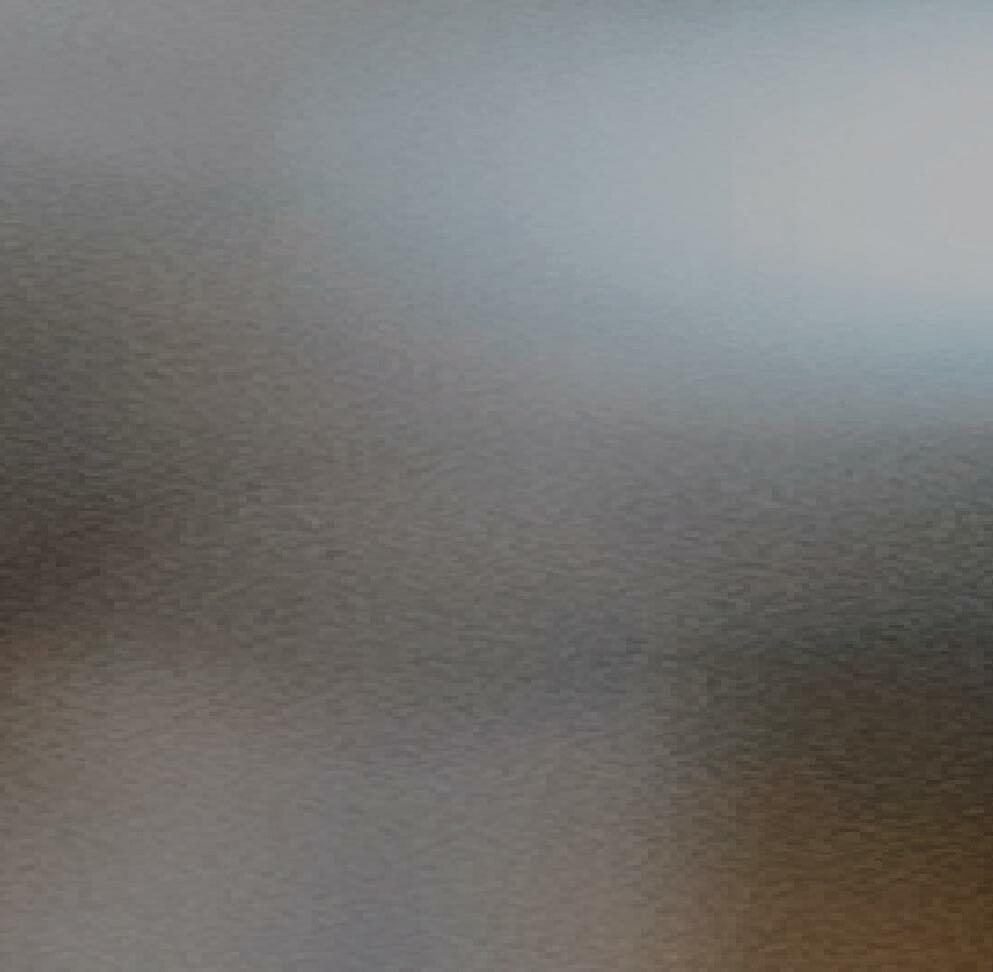
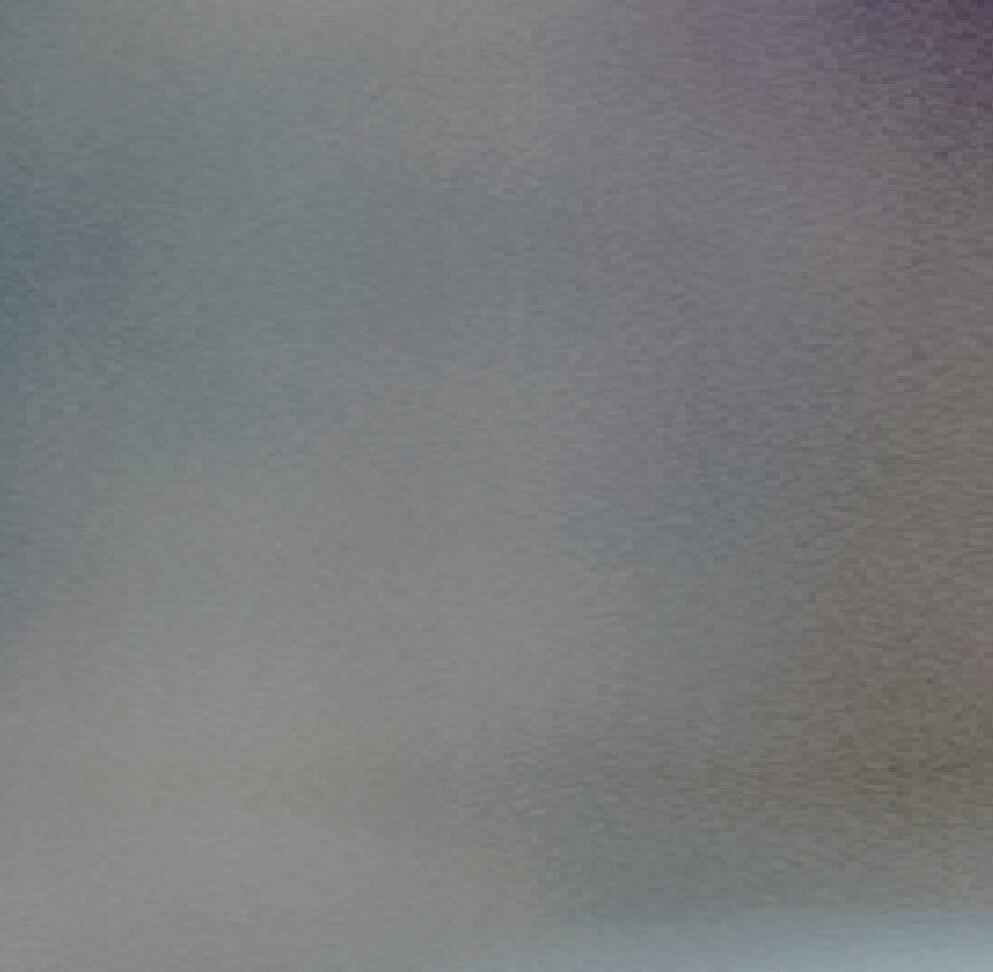
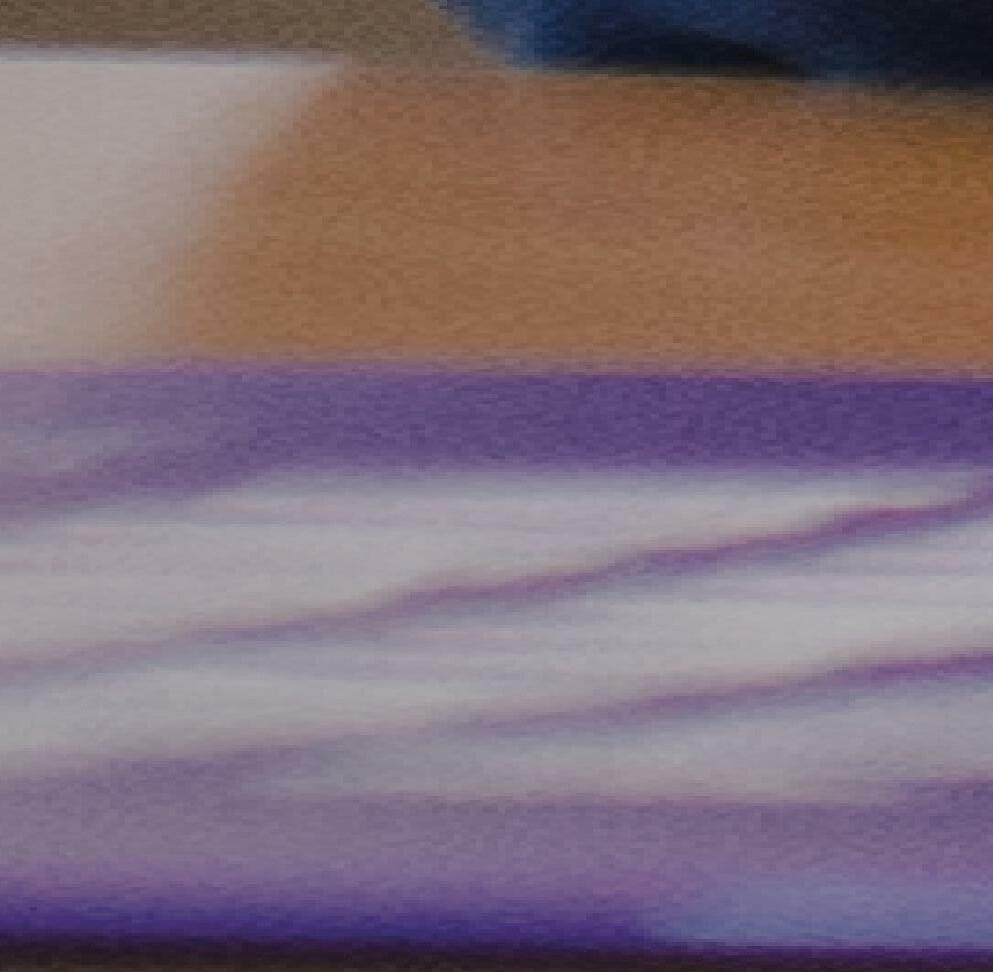
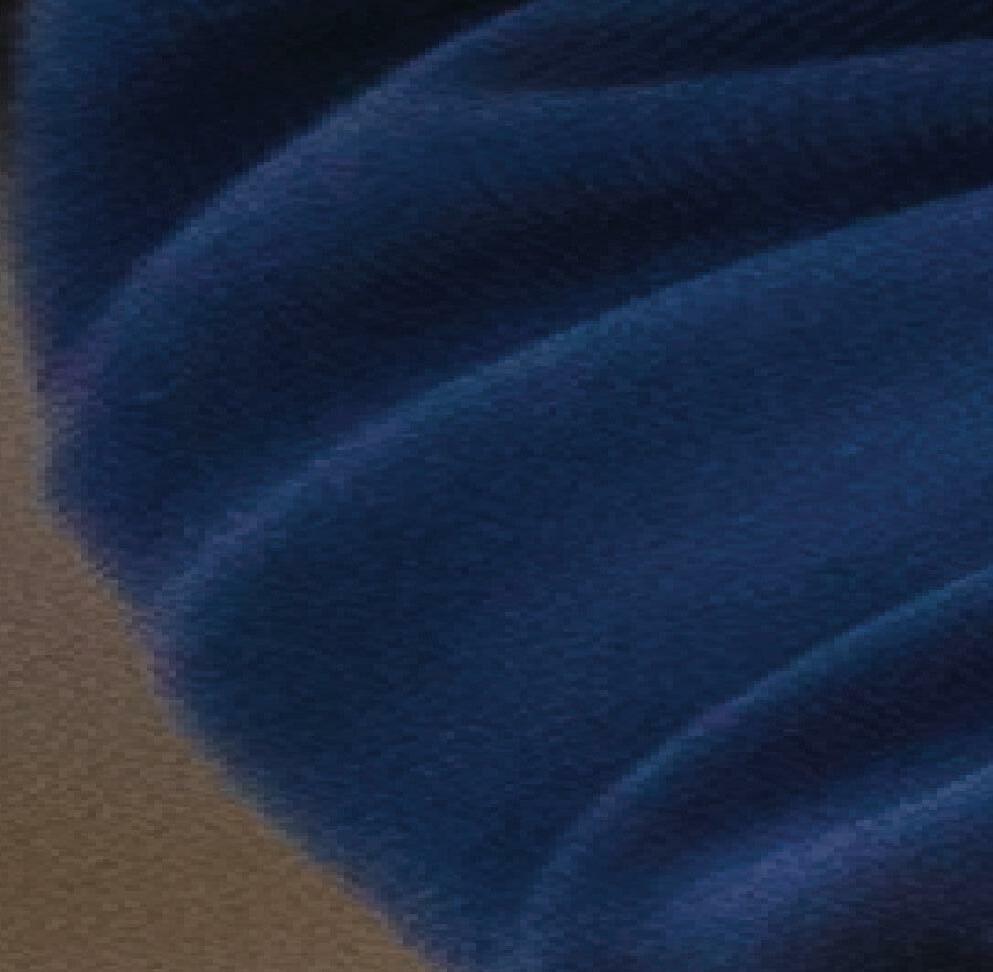





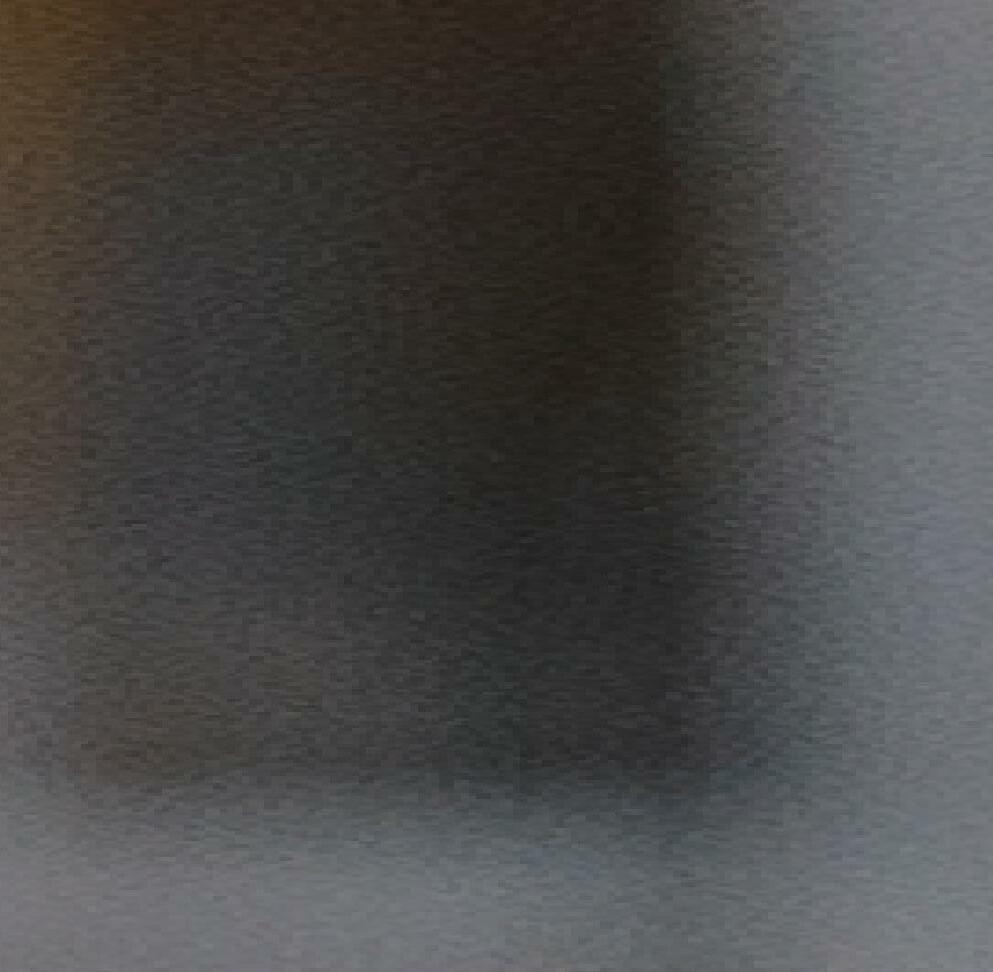

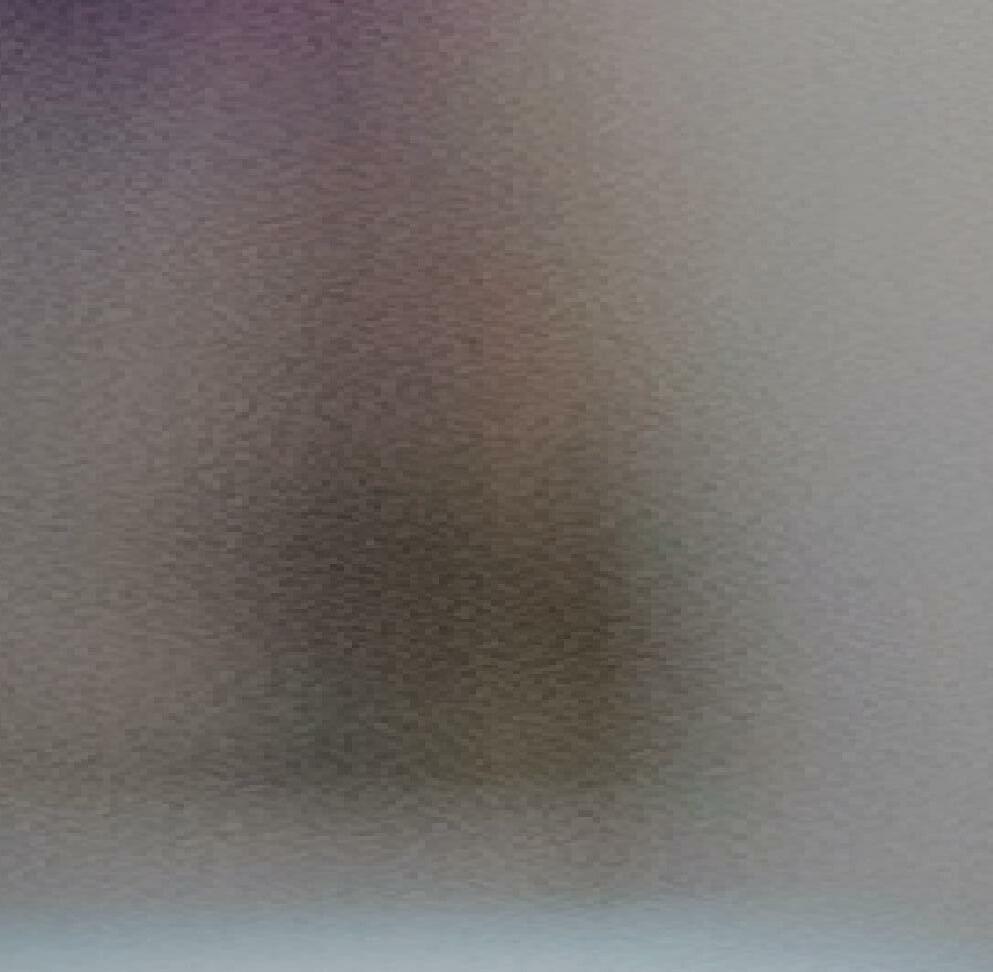
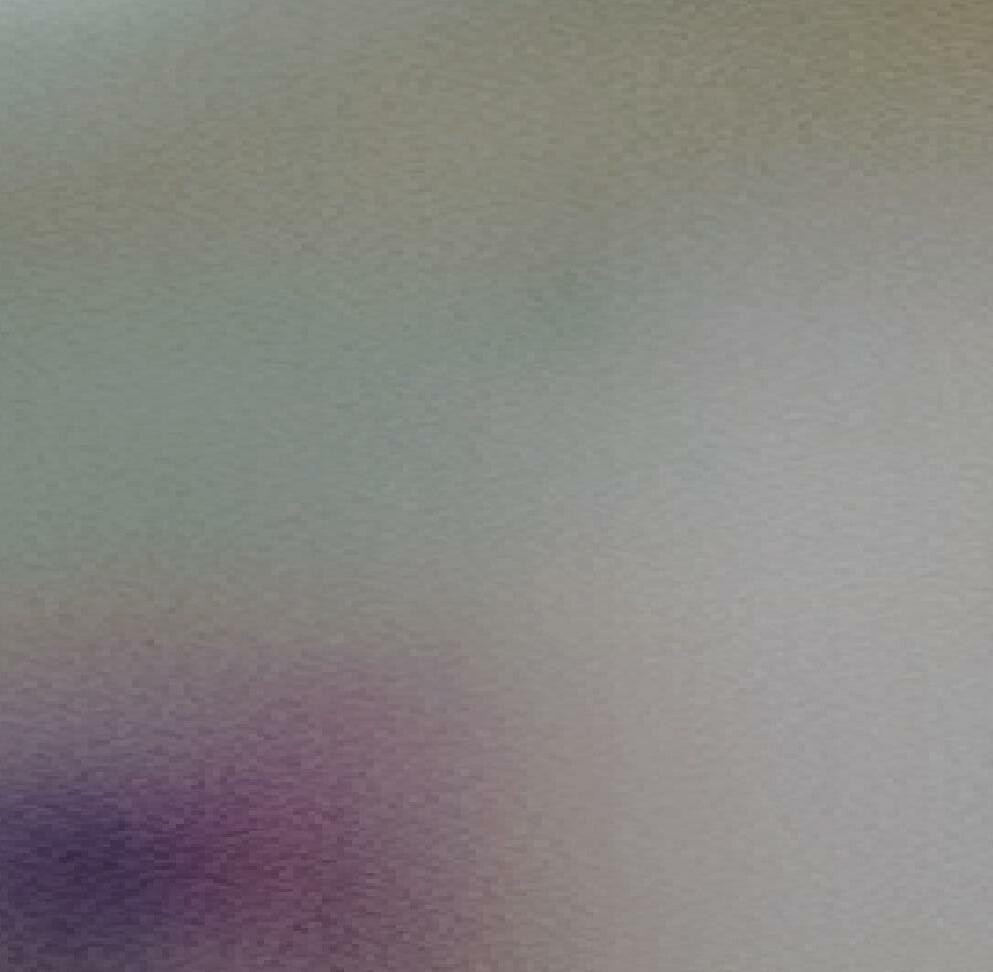
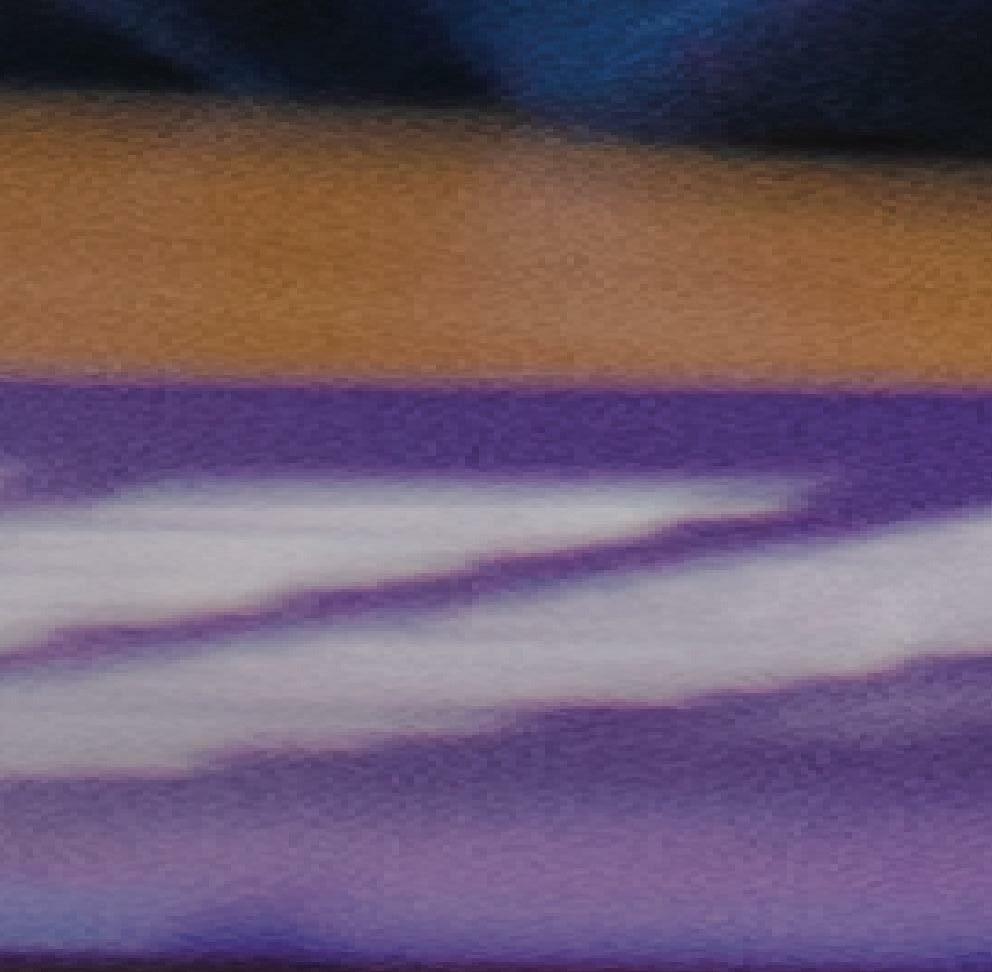
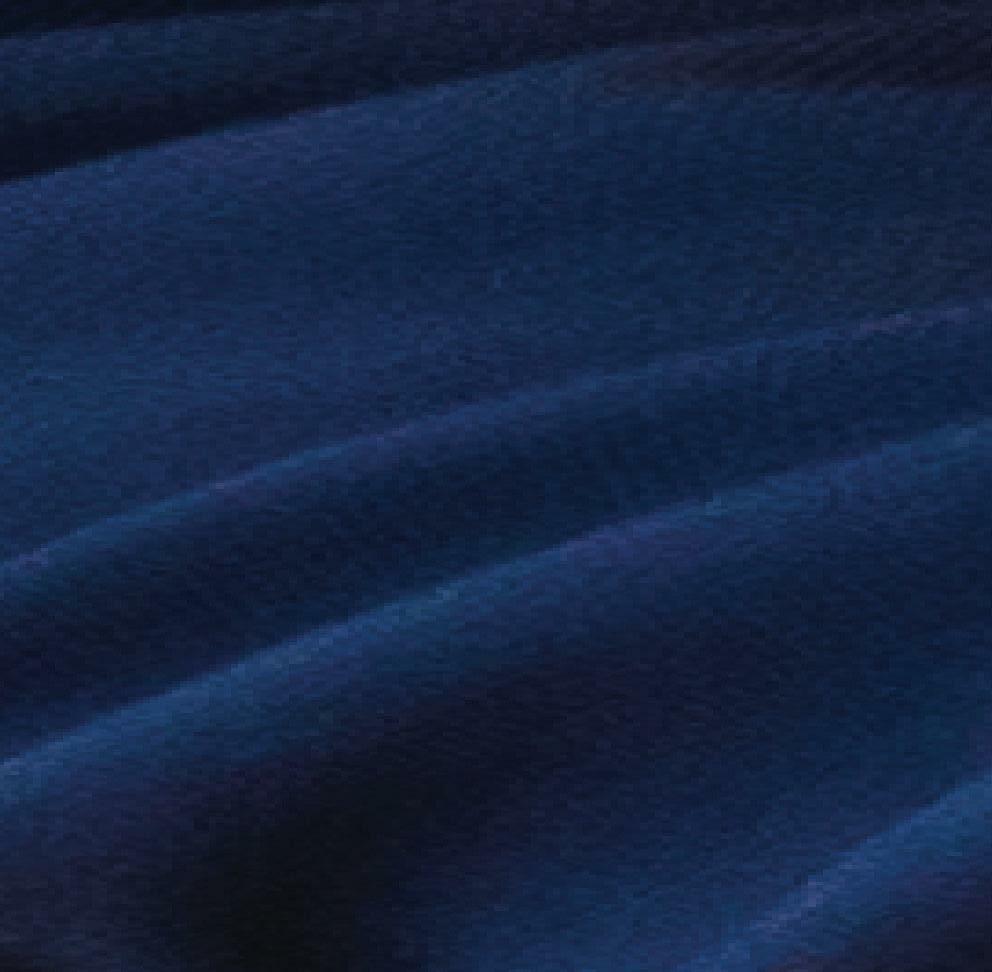

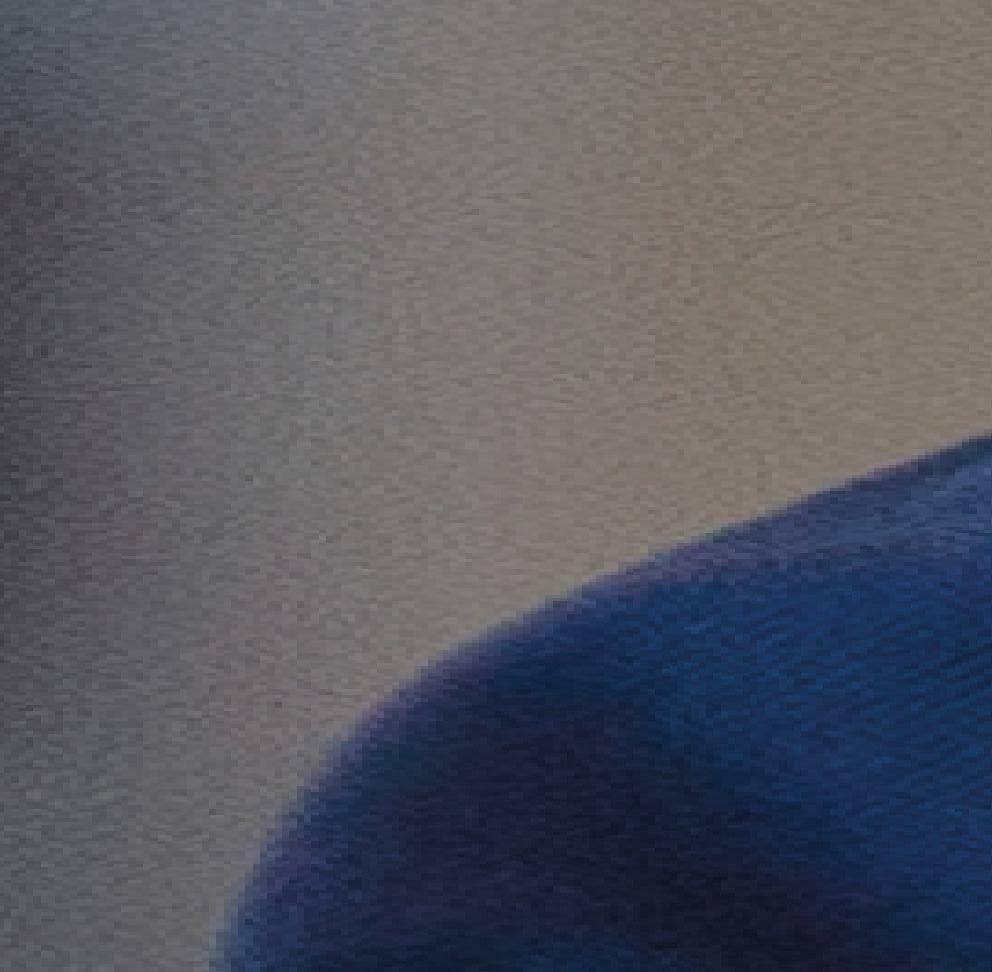
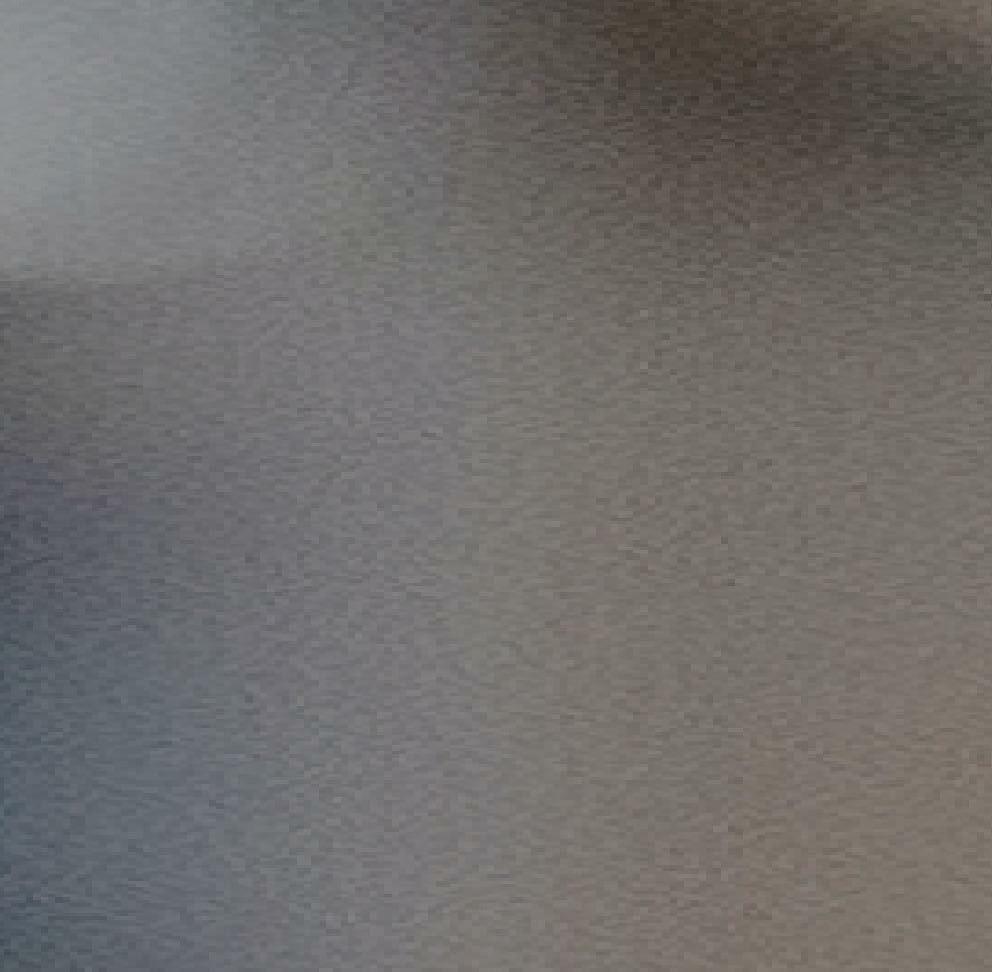
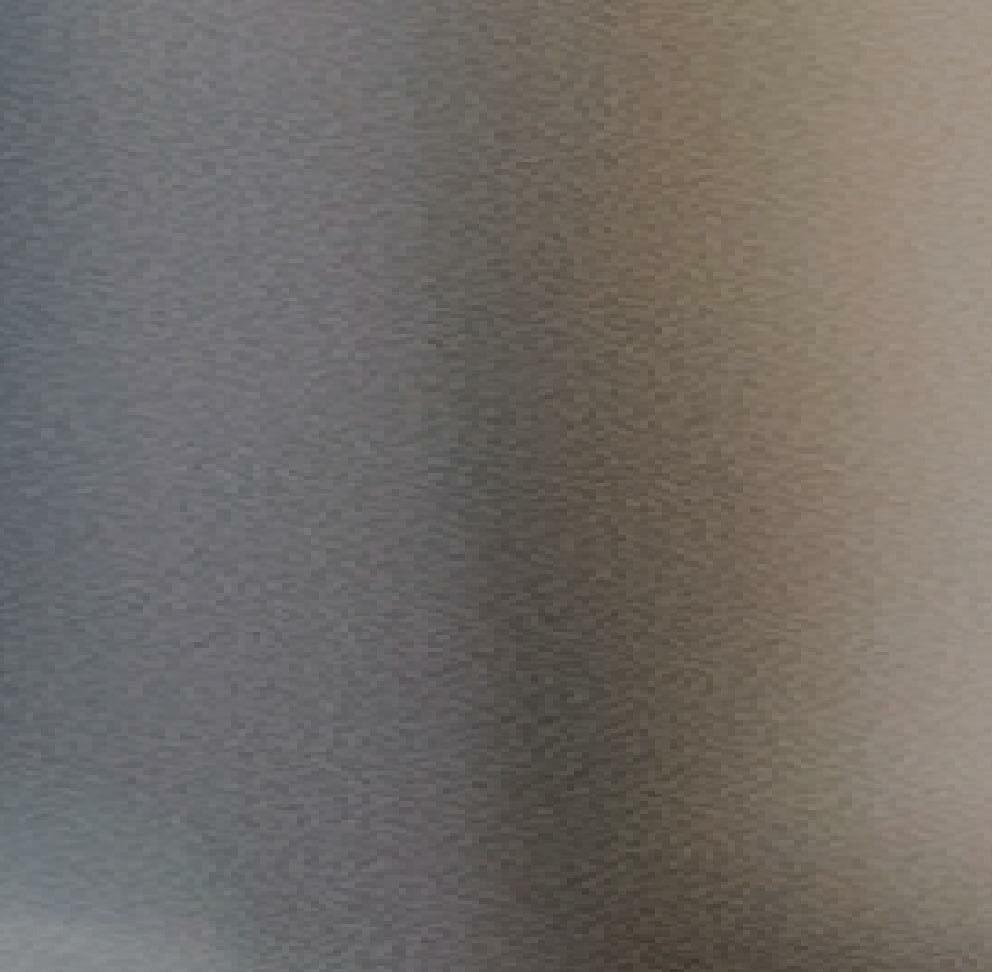

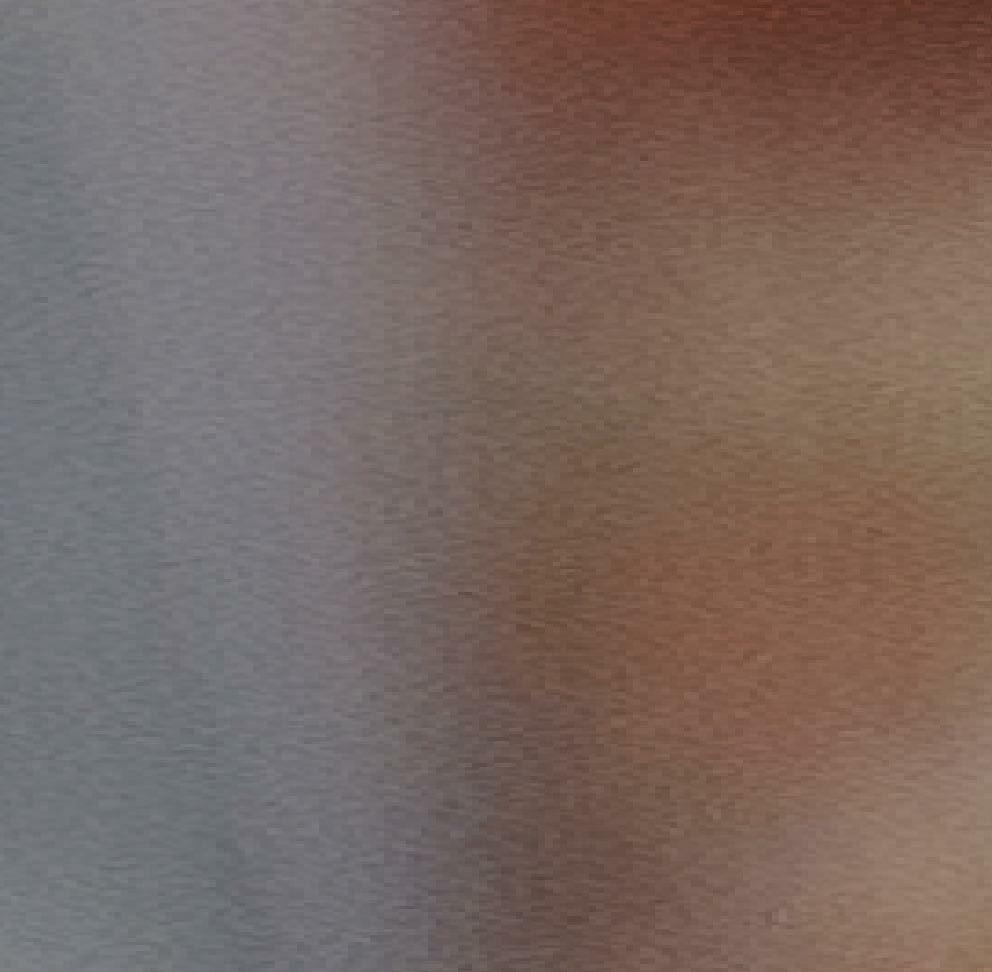
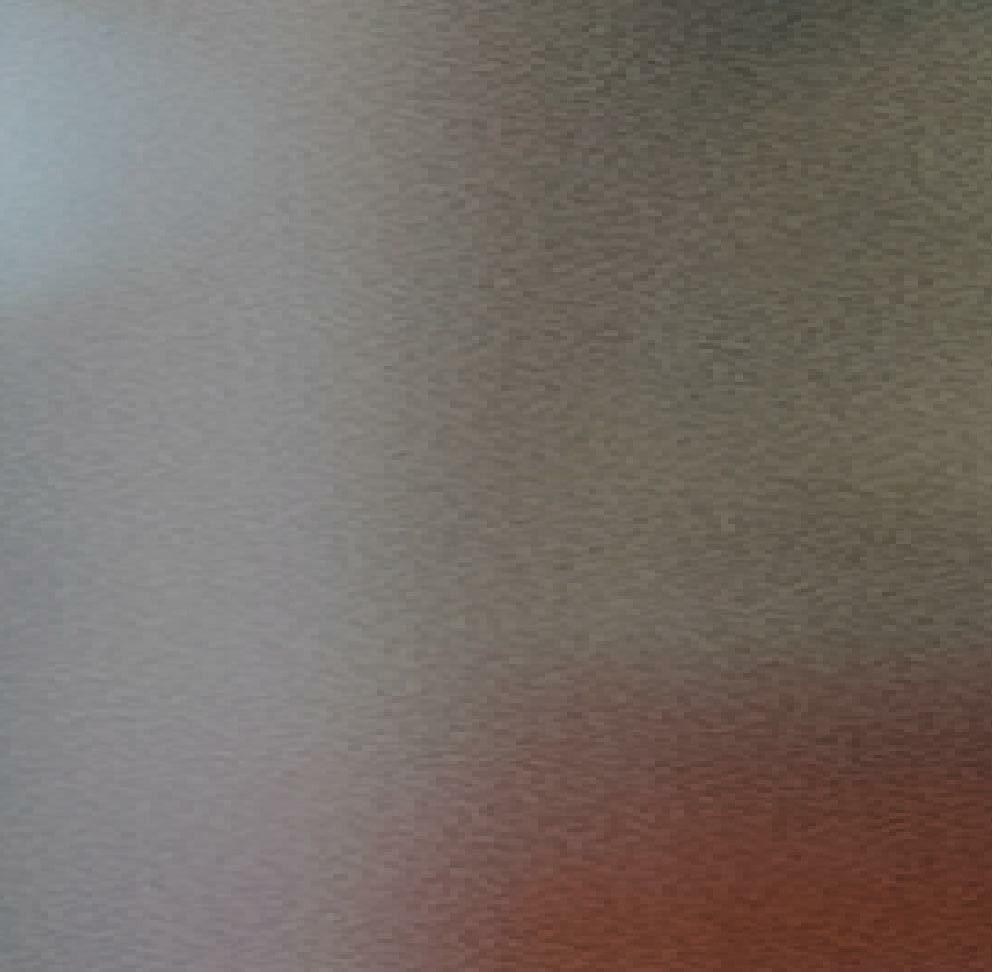
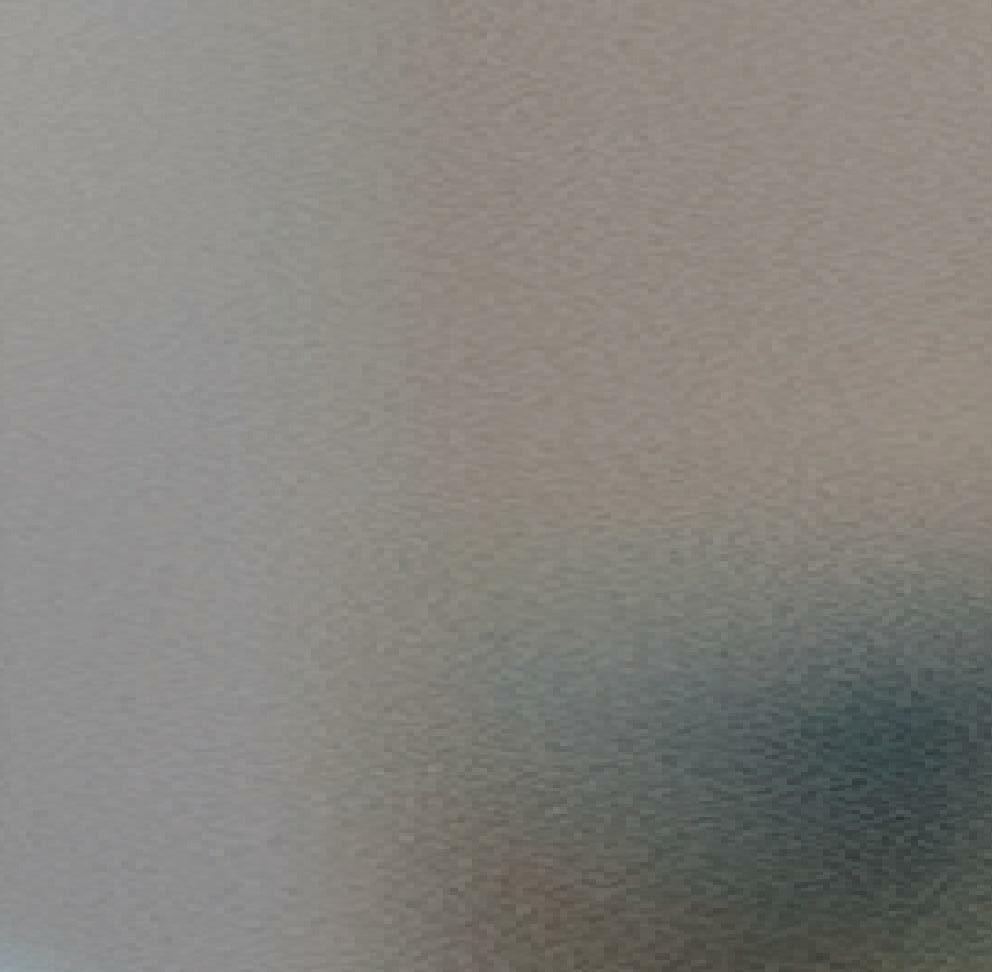
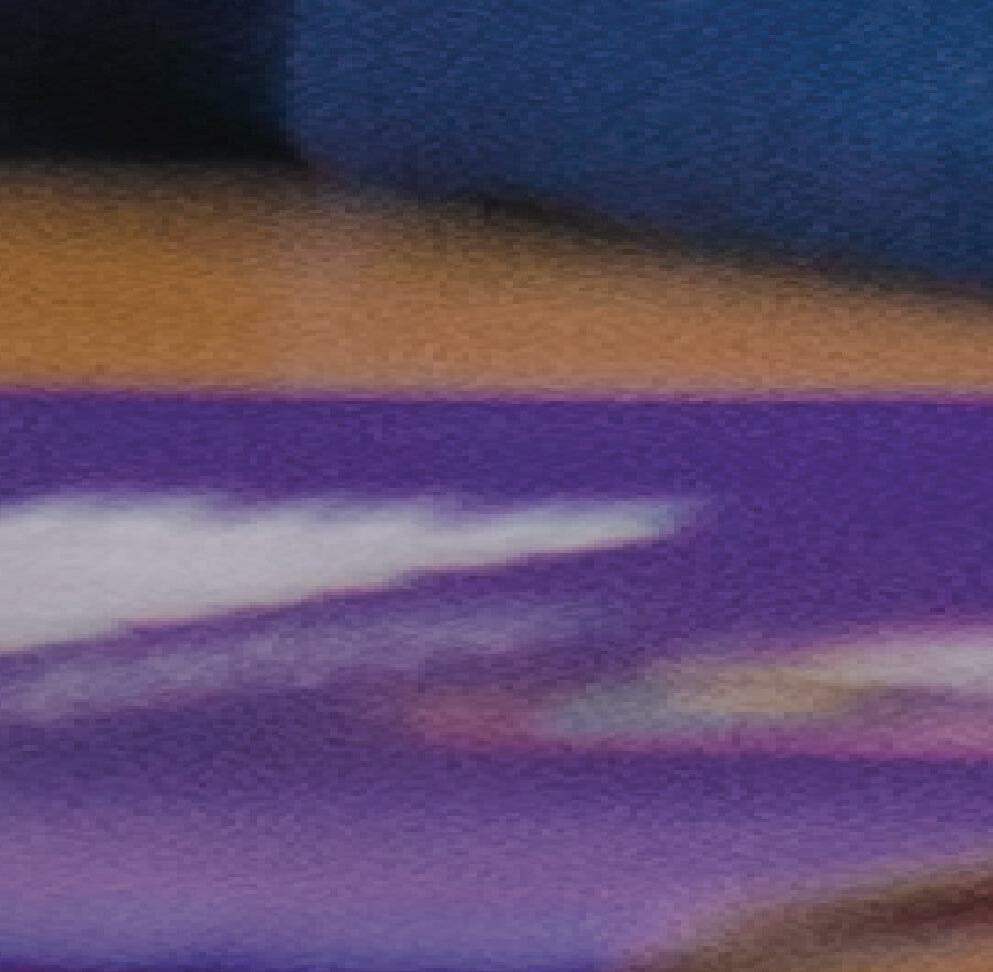

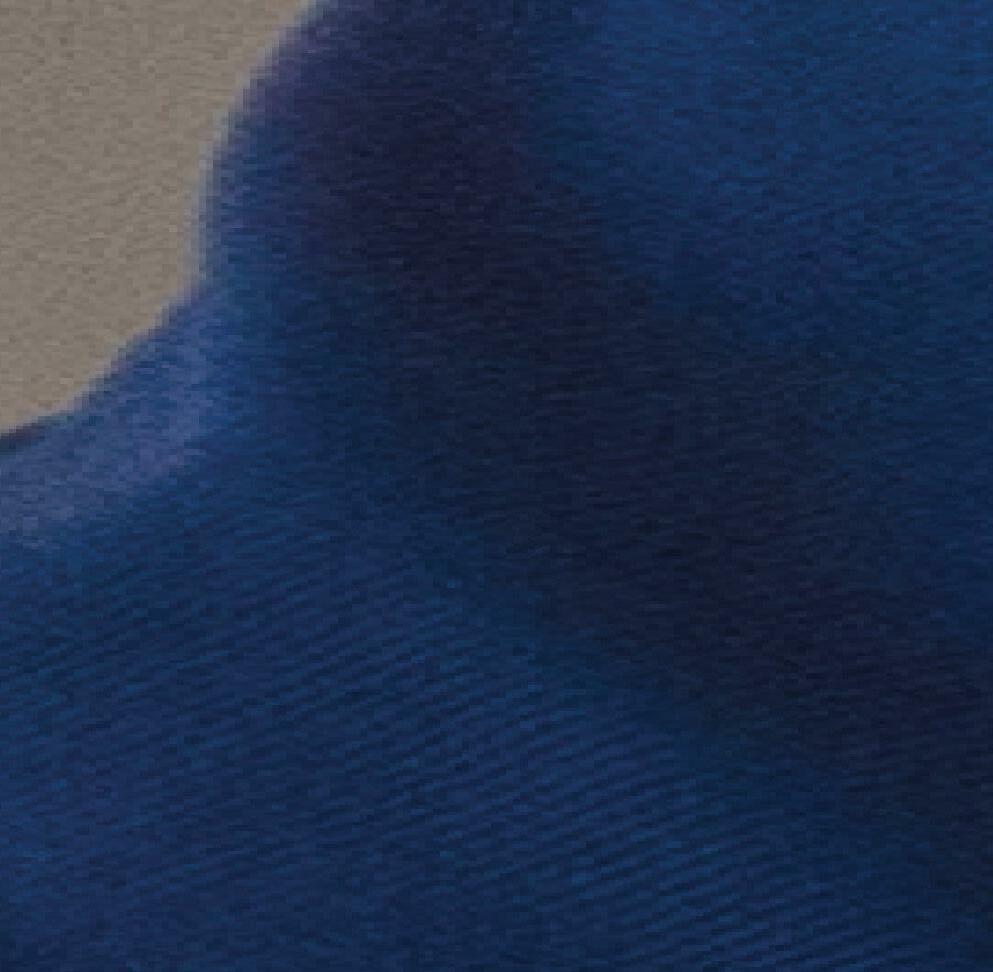
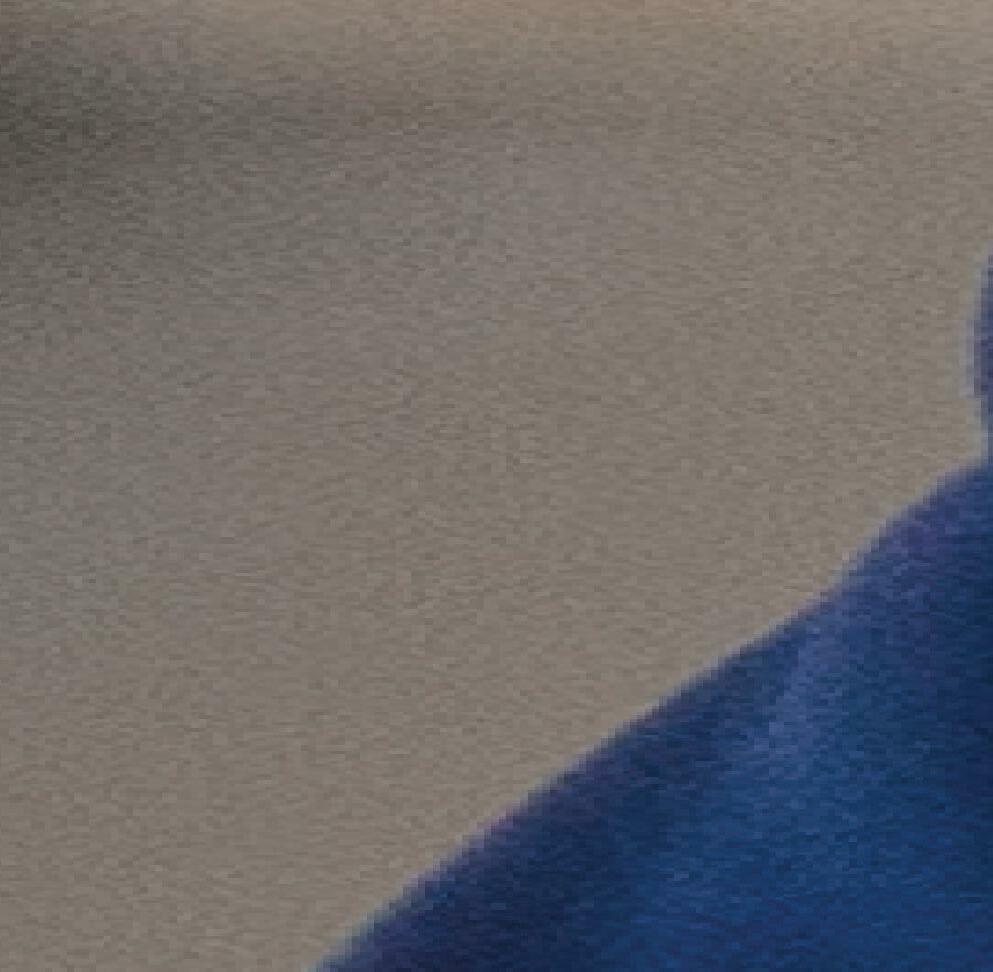



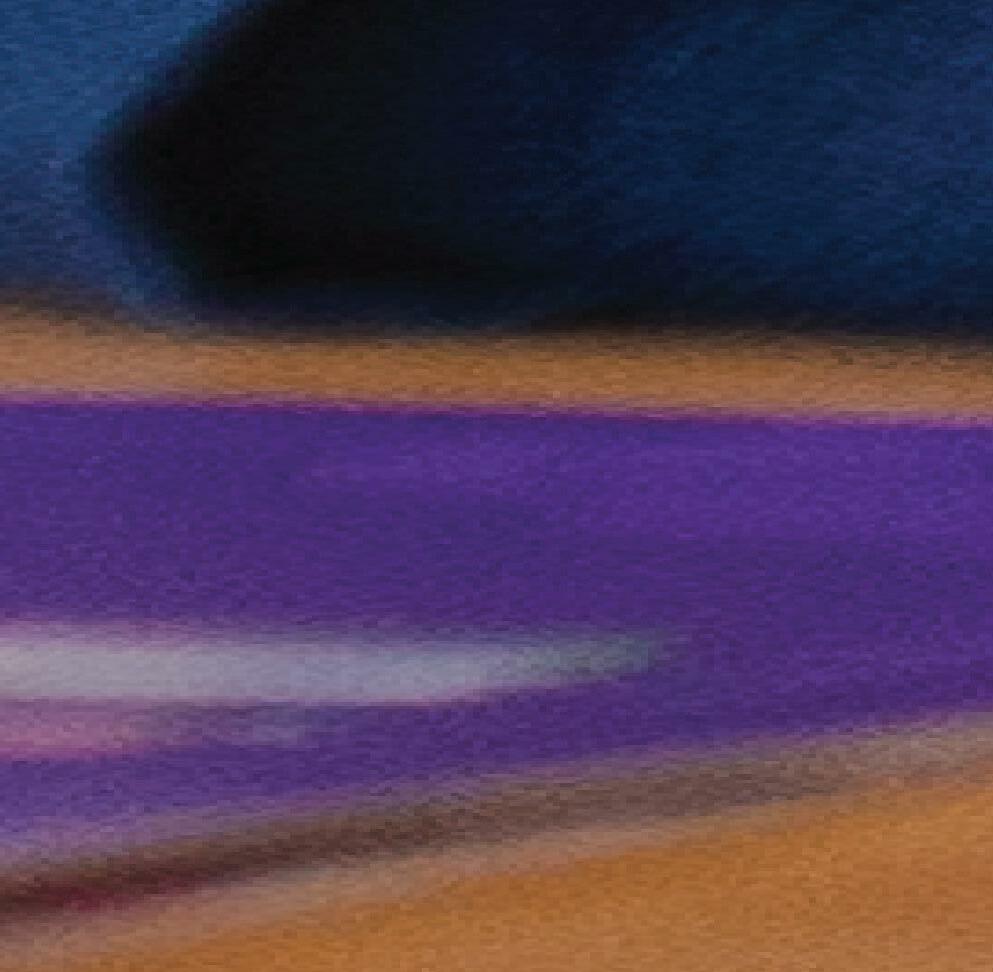

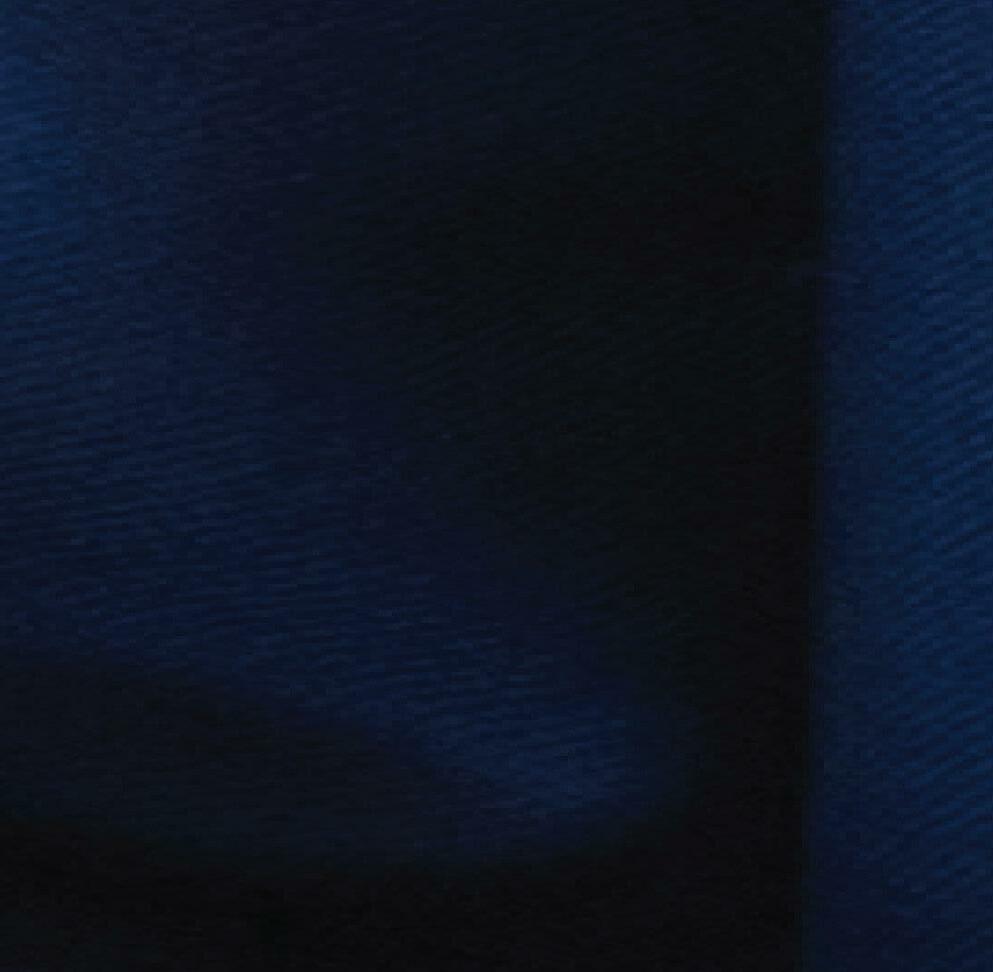


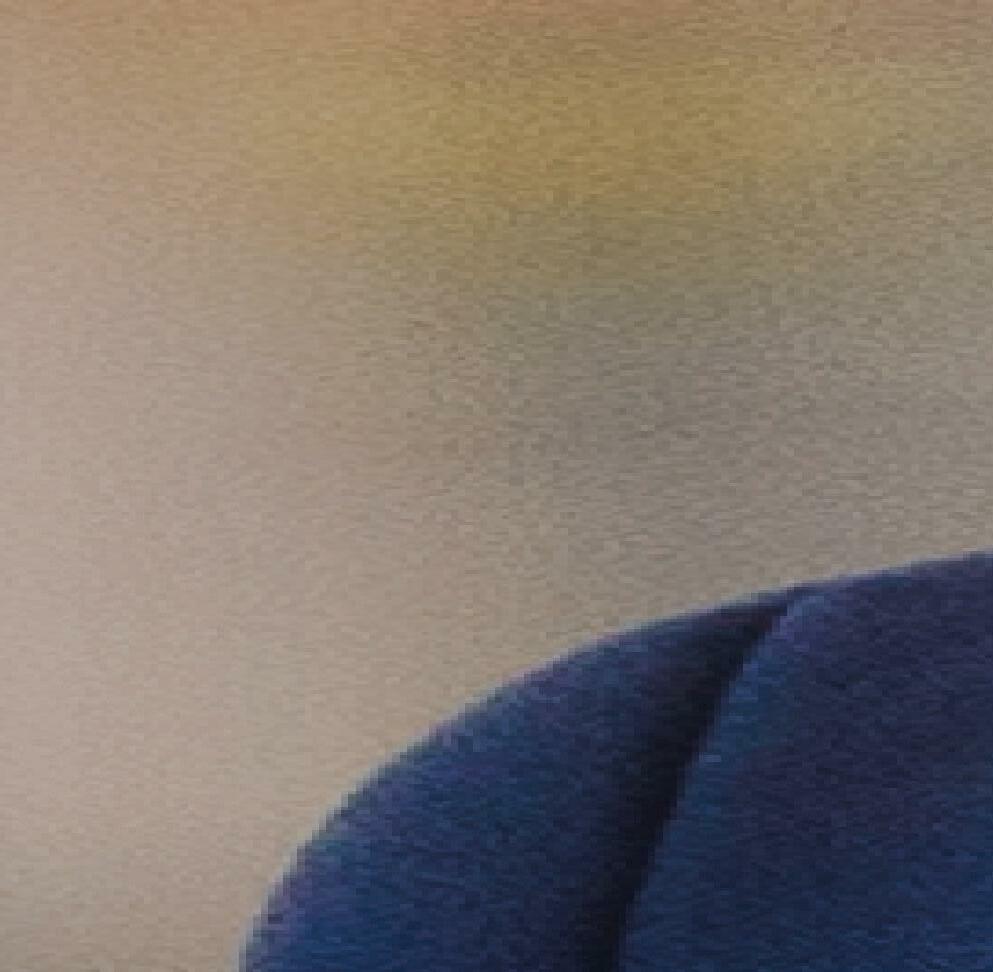
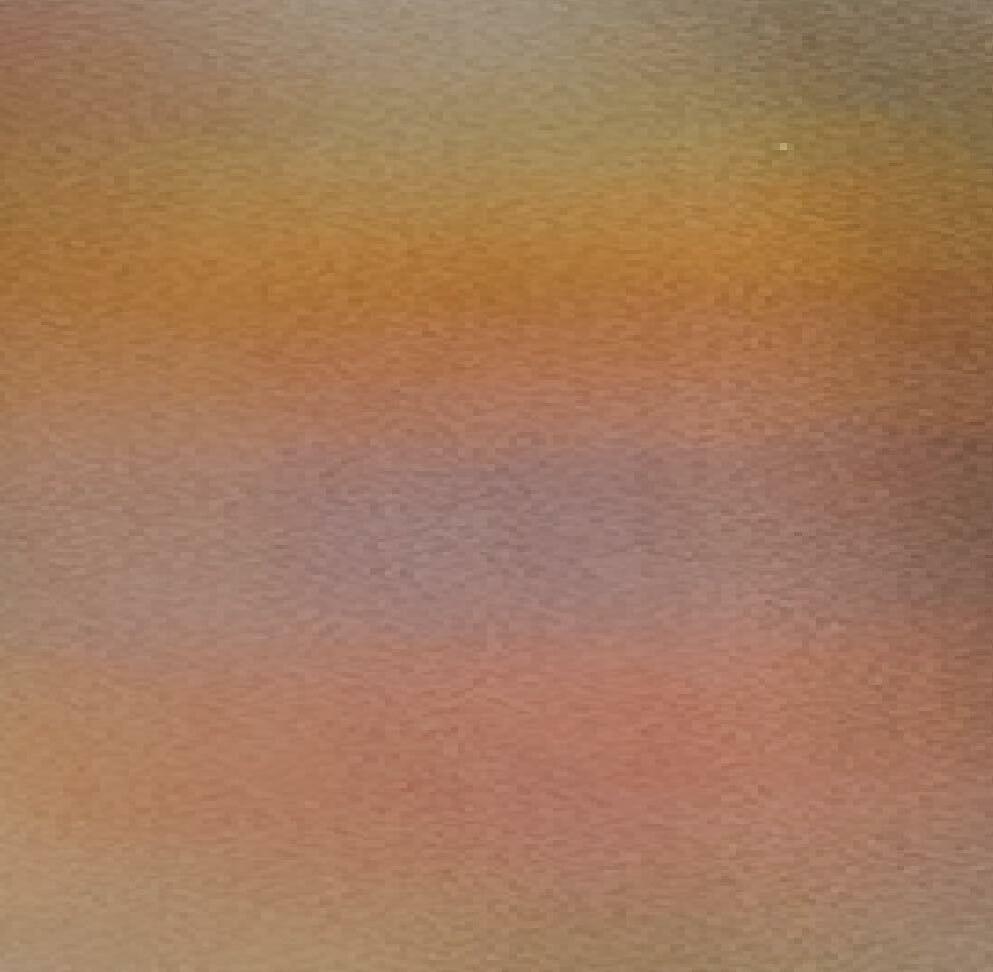

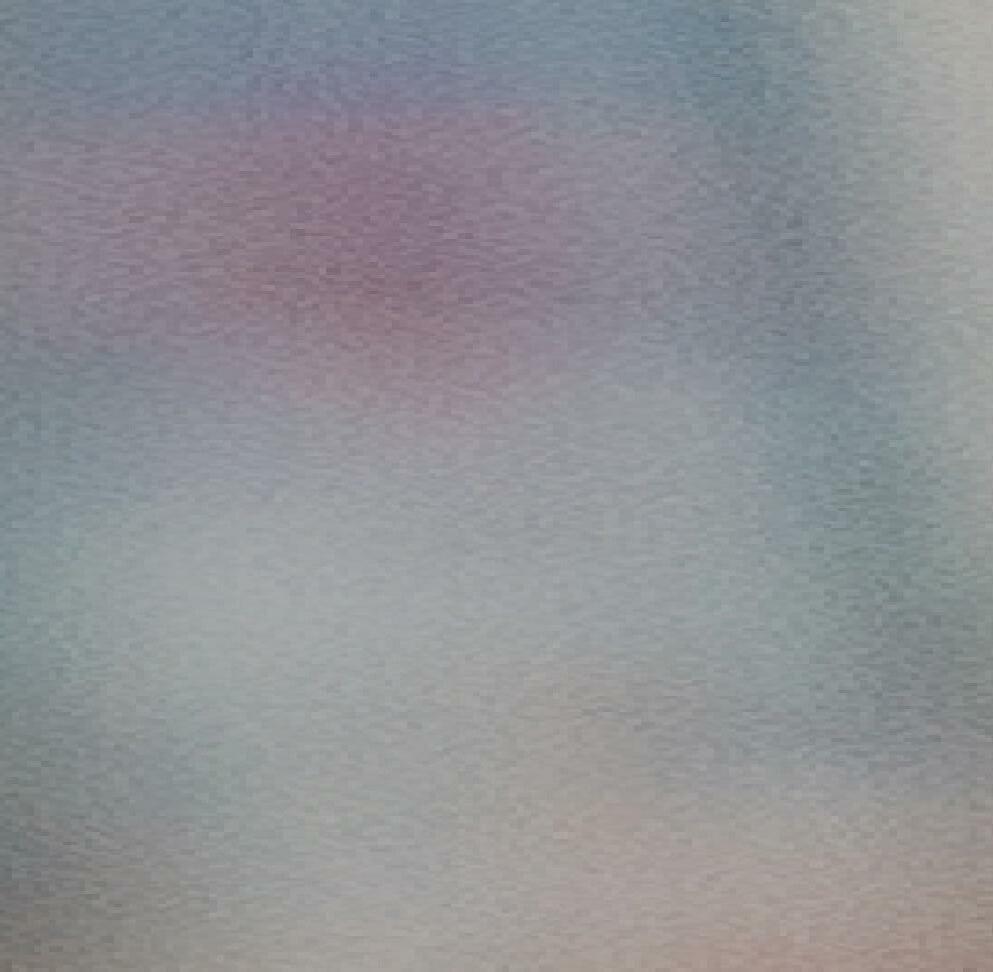
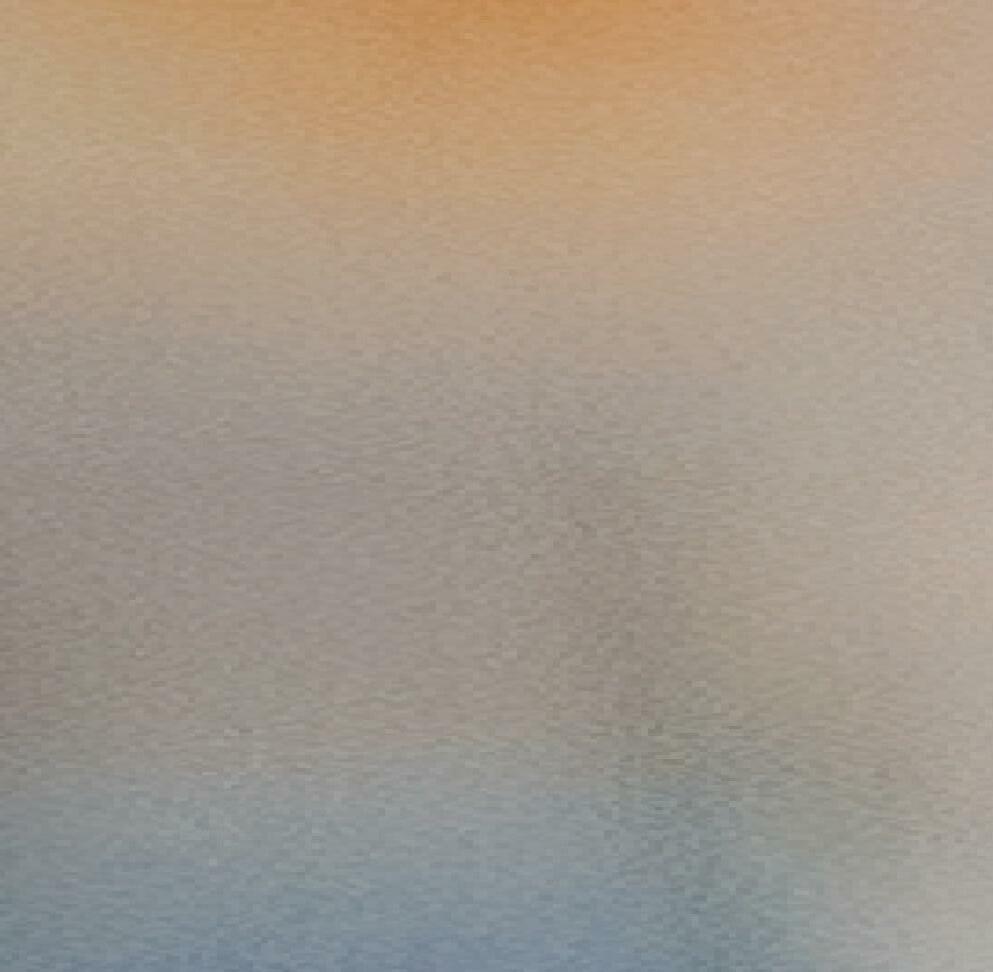


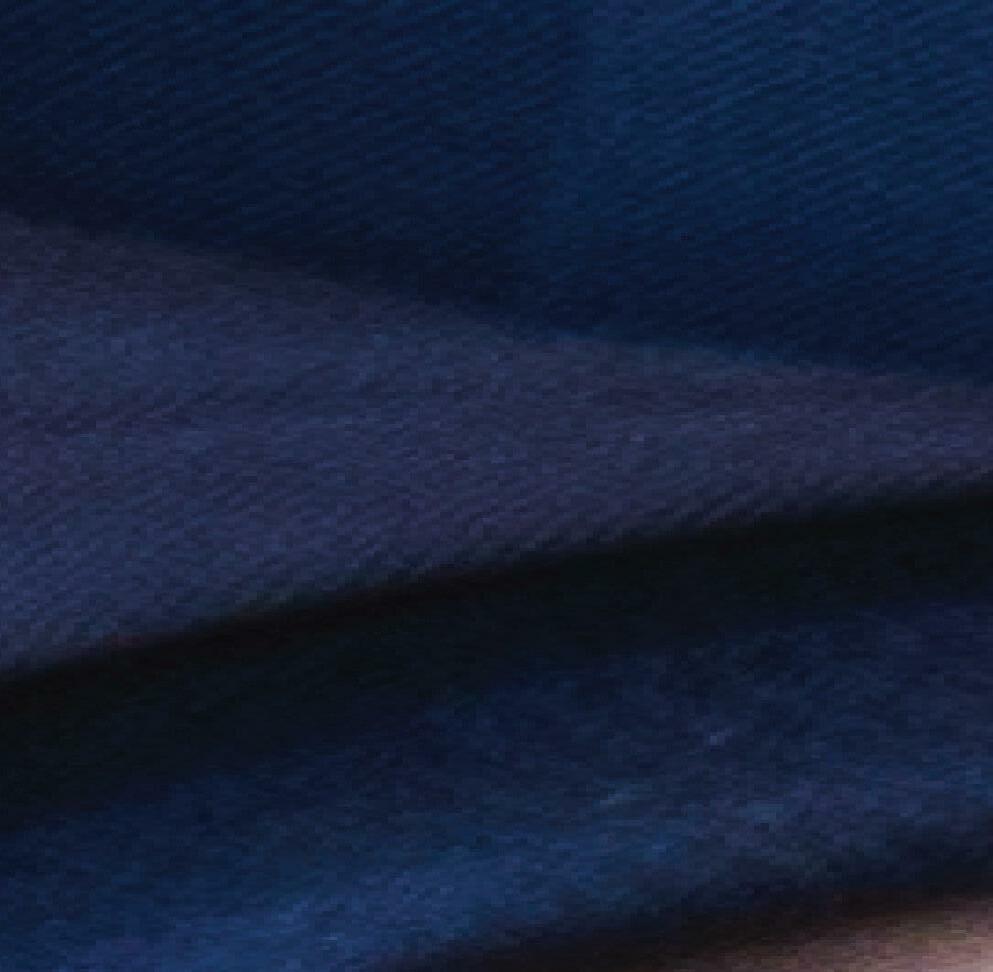



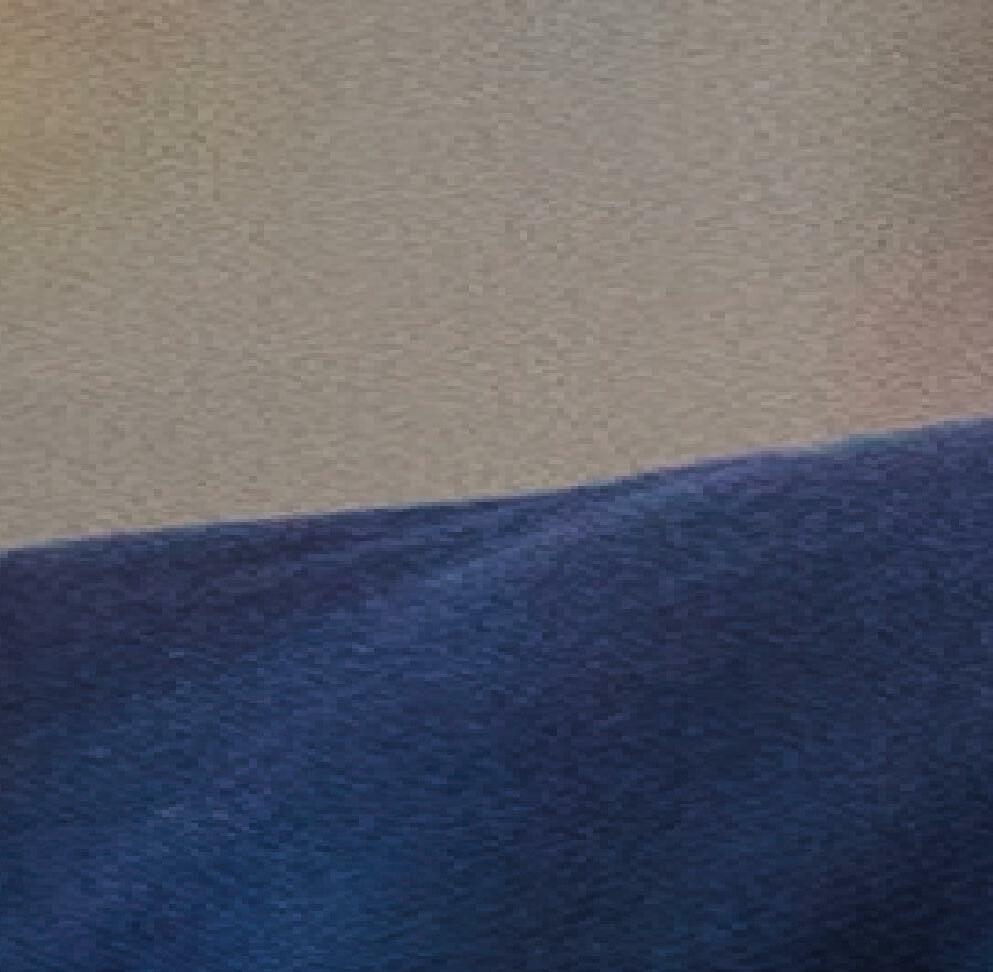
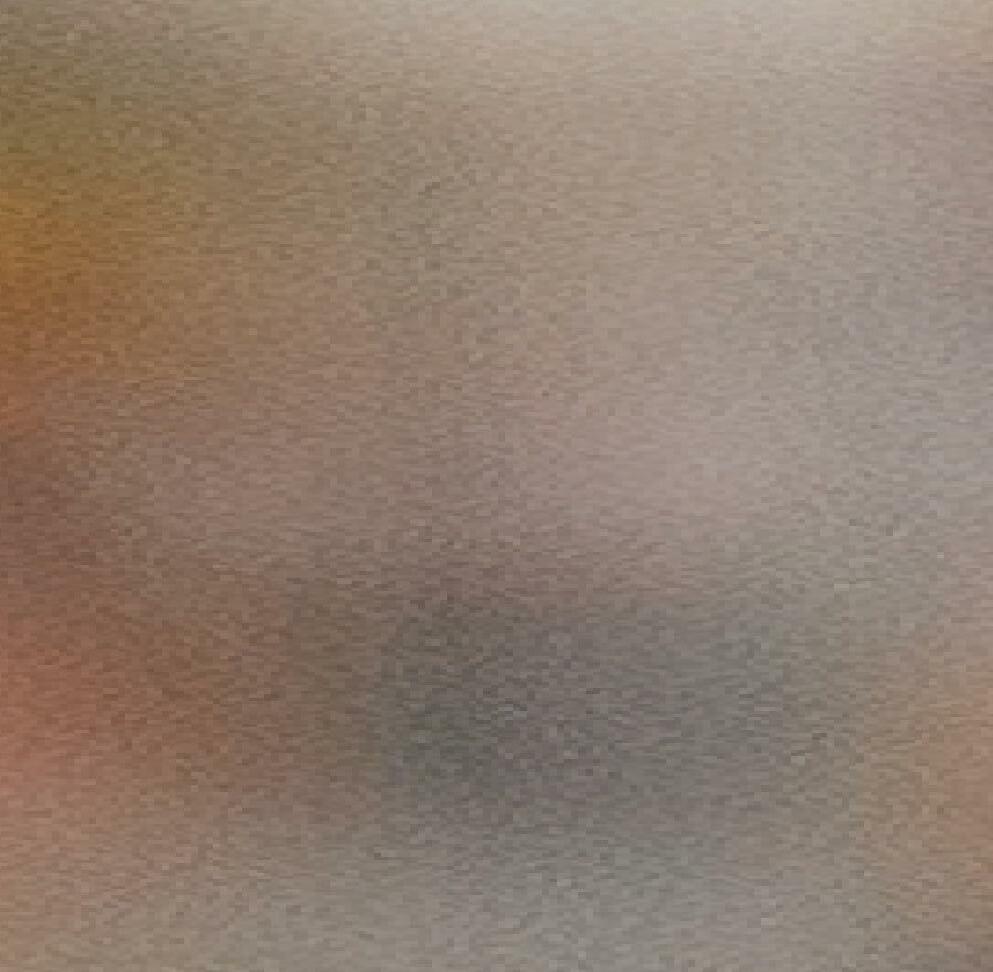


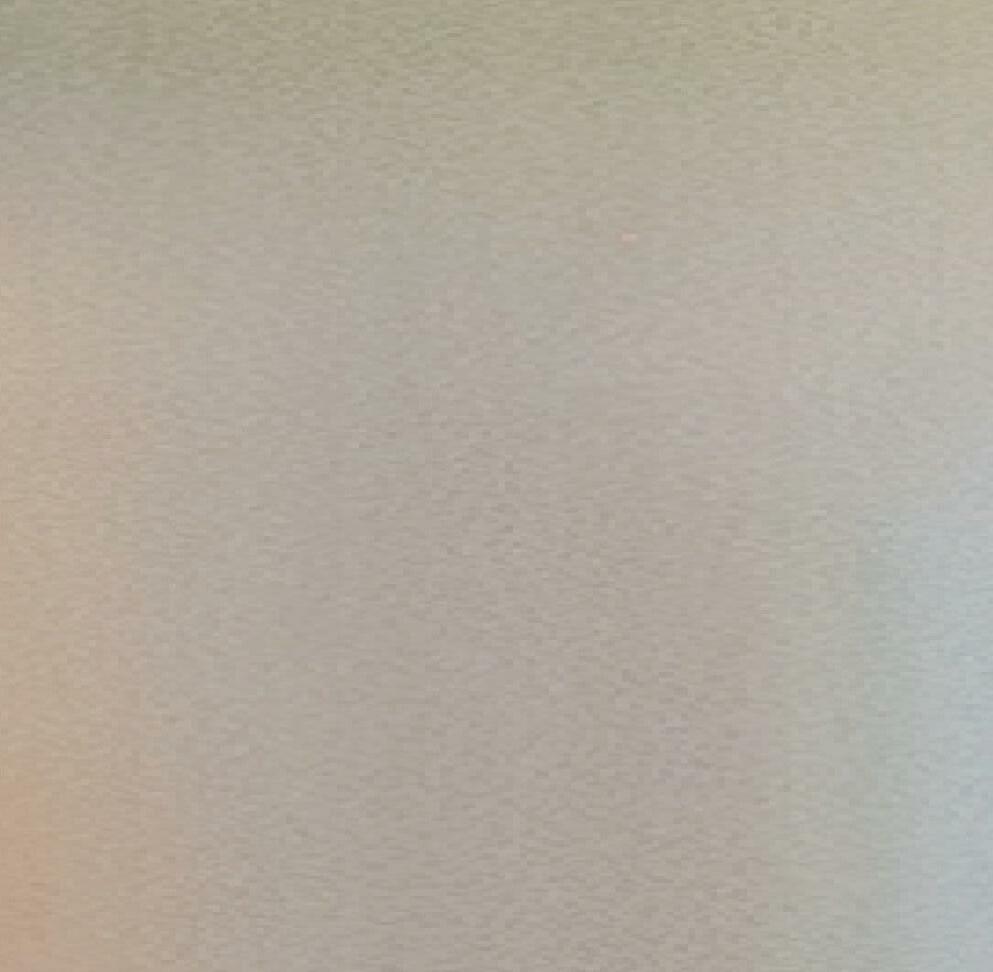
Watch Sarah Griffith’s spoken word poem about women’s equality, which was selected to be played at the Manatū Wāhine Ministry for Women New Zealand Suffrage Day event in Wellington.
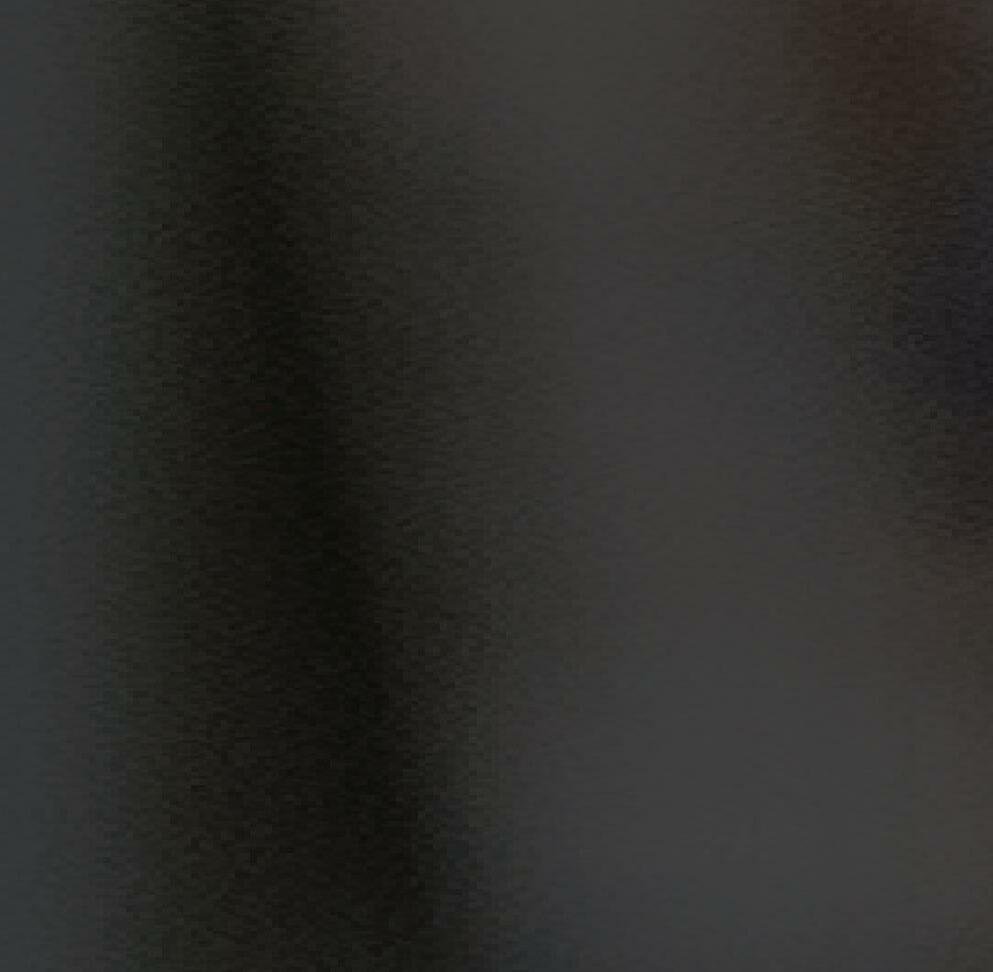

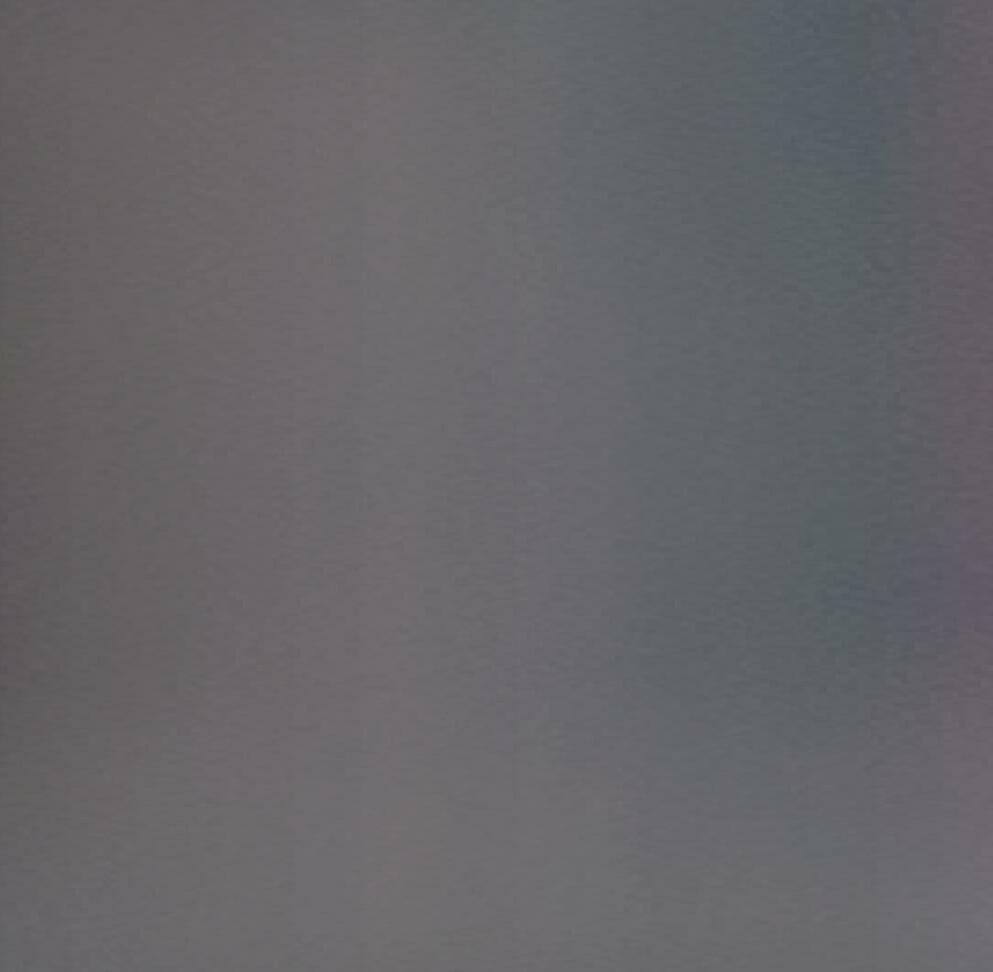



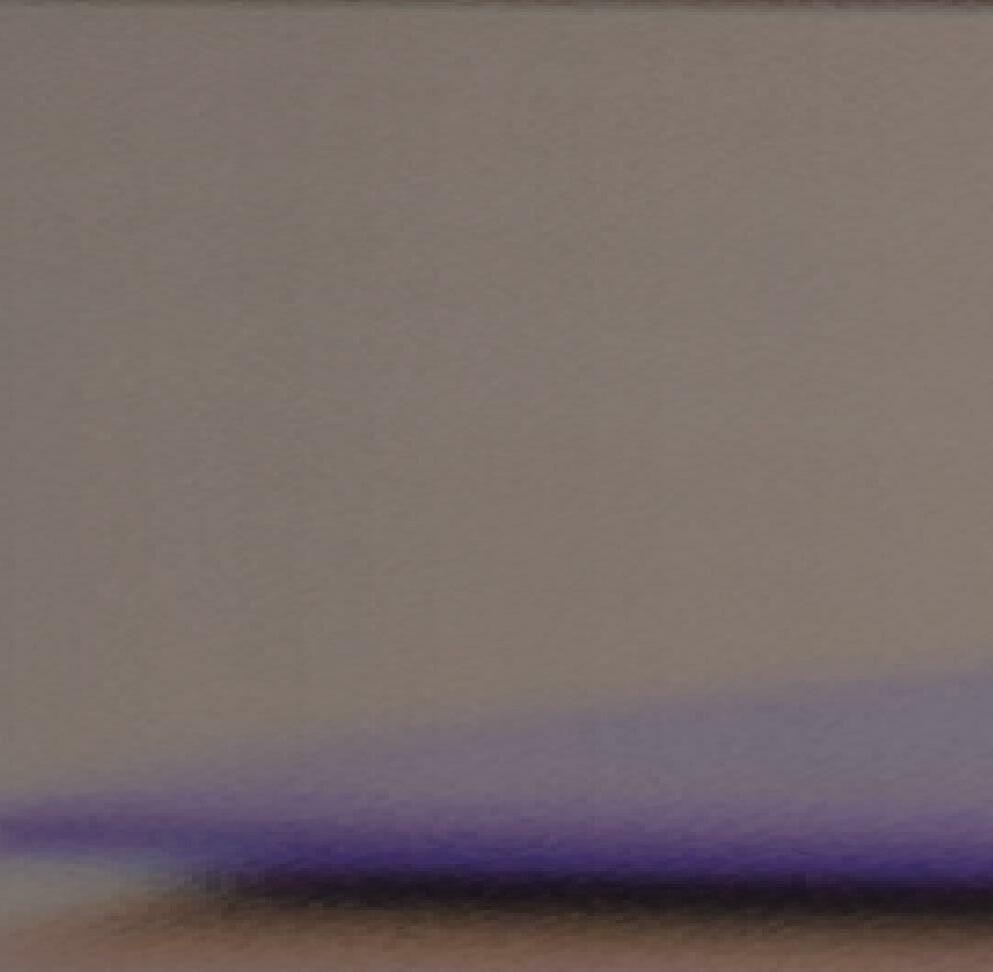

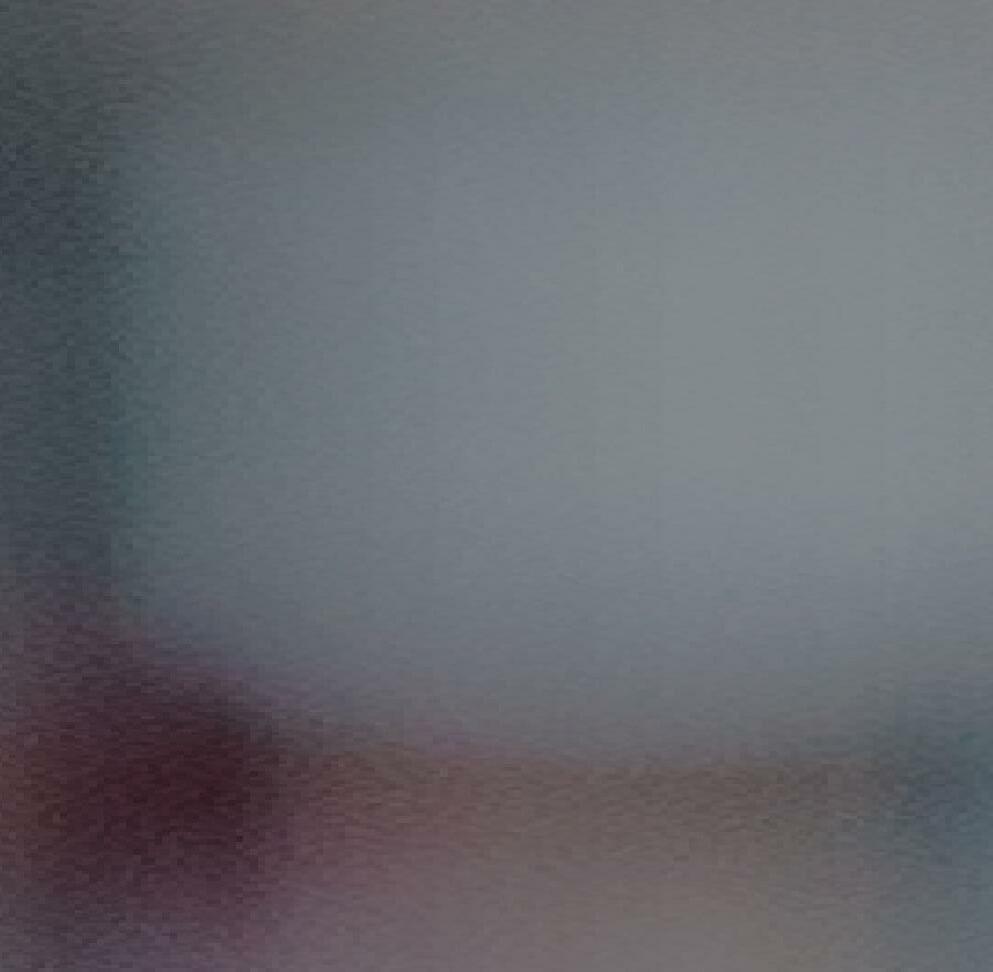

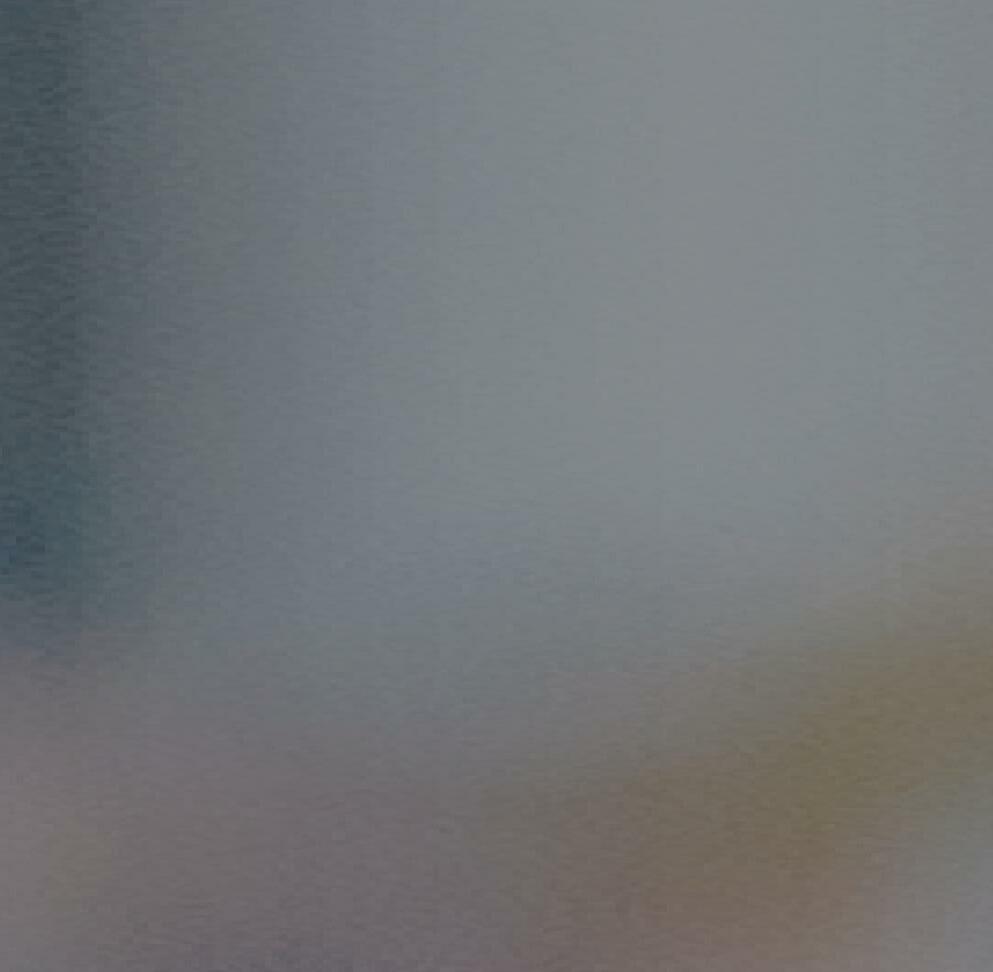

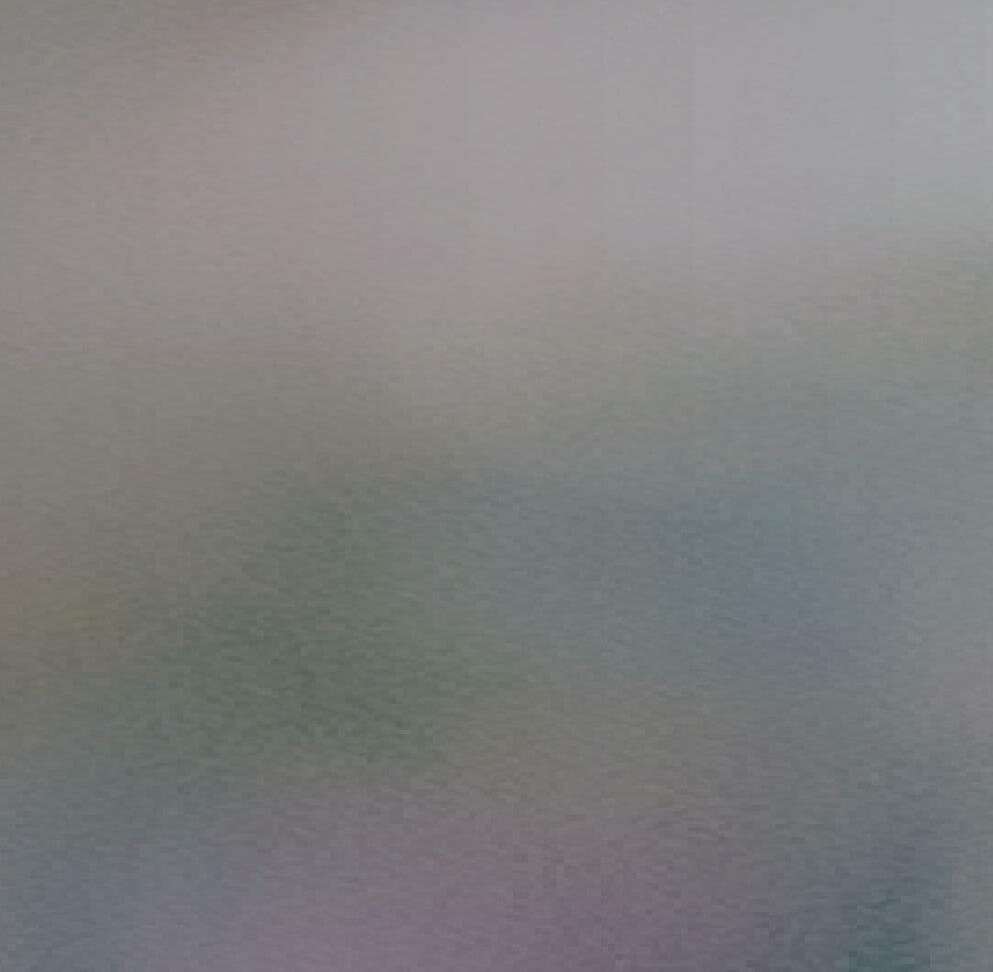



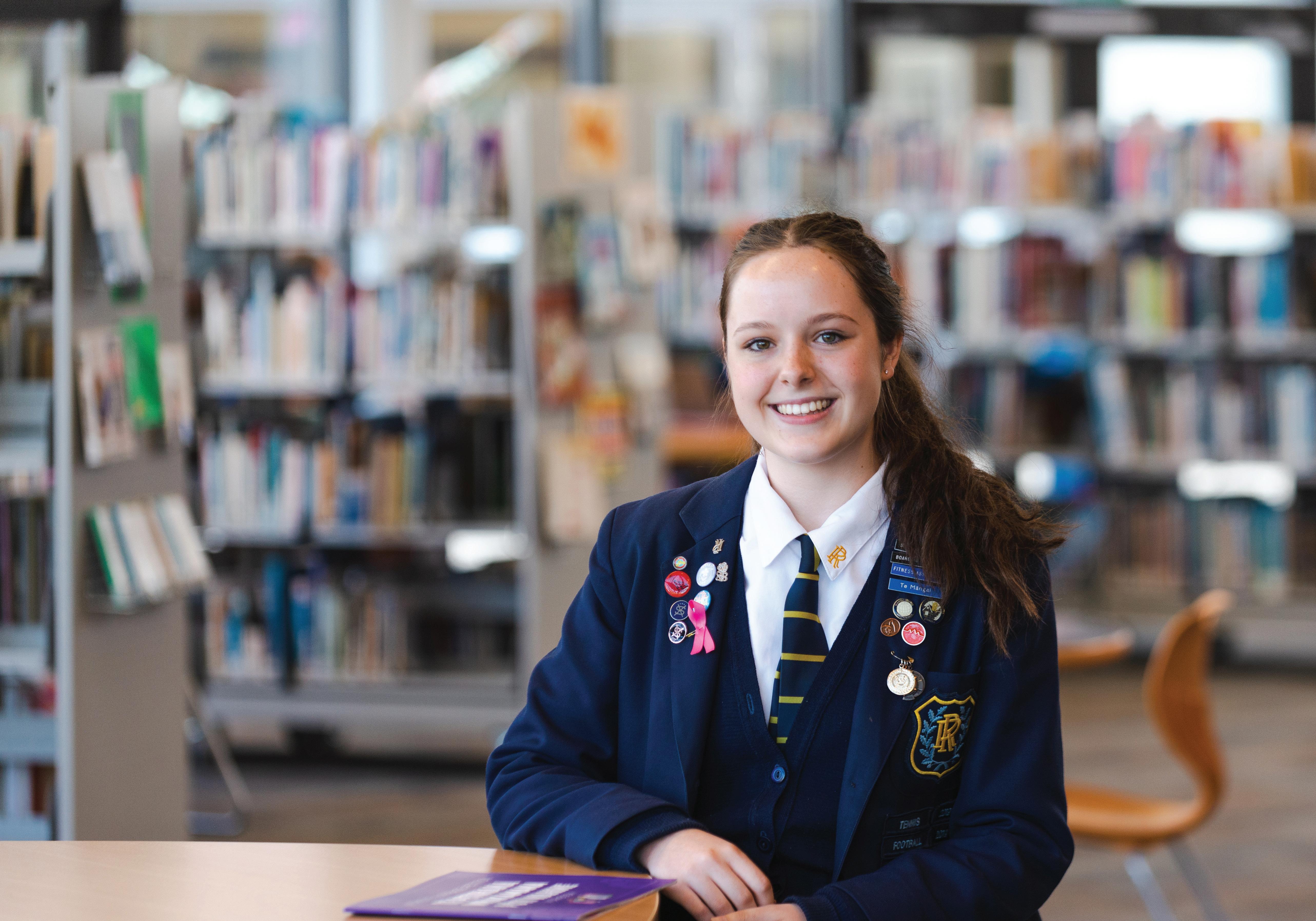
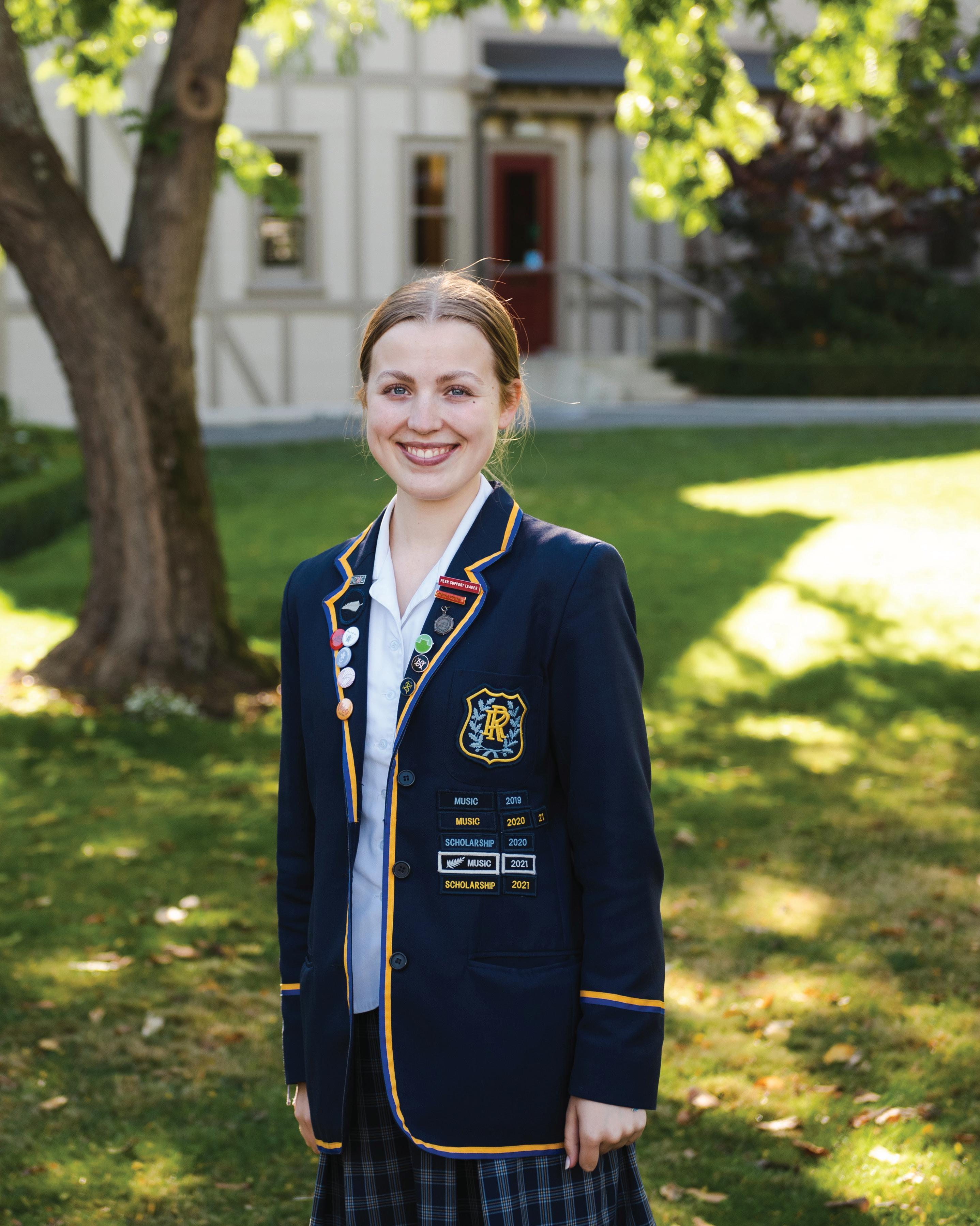
‘Are We There Yet?’
I am from… creaking floorboards, and gas lamp lighting, stained glass windows and historic treasures. Mud trekked floors, far too hot summers, and far too cold winters. Memorabilia littered along the walls. The sight of dust simmering through the hallways my ancestors once built. I am from… trees galore, fields afar, filled with chatty sheep and cows. Muddy gumboots piled outside the back porch, and the wooden garage door that made for a great volley board. The smell of flowers in bloom as I played in the magical stream, and the raucous music from the animals we love.
I am from… Brooklands; the land of the Leechs. The triangle block, home to the lost golf balls. The raspberry farm down Marchmont, fluffies at Good Street. I am from... the Leech family, George John who planted the seeds. Graeme roaring over on the little red tractor, biking down the road to see Aunty Em, and ‘the cuzzies’. Granny’s scratchy homespun. My dimpled chin, evidence of my ancestry.
I am from...
Bonfires and marshmallows, Sunday roasts with granny’s sticky date as dessert. Salt instead of sugar baking my Nana thinks we love. Familiar faces spread through the local rag. Holidays in Kaiteri with the ones I love most. Jumping on the bandwagon with my pet lamb at the A&P show, coming home with a royal red ribbon and a smile sewn across my face. Entertaining bike rides with the Stalker family, stopping, for one of us has taken a tumble.
I am from...
the “Home James” sound of my mum’s voice as we pull in the long driveway. The long wood shelves coated in our history.
I am from those moments in the old “Brooklands” house, and I would trade them for nothing.
‘Little Bird’ is a song written by Lucy and composed with accompanying music, used as part of Rangi Ruru’s 2022 video marketing campaign.
hold your breath count to 10 don’t let this moment pass you by it’s once in a lifetime don’t give another backwards glance as you leap into the sky I’m getting closer to who I want to be
don’t forget your safety net when you walk on the high wire with nothing underneath remember where you started from while you’re flying free you’re stronger than you won’t believe
feeling comfortable in your own skin this is home if you’ve ever been this is home if you’ve ever been
feeling comfortable in your own skin
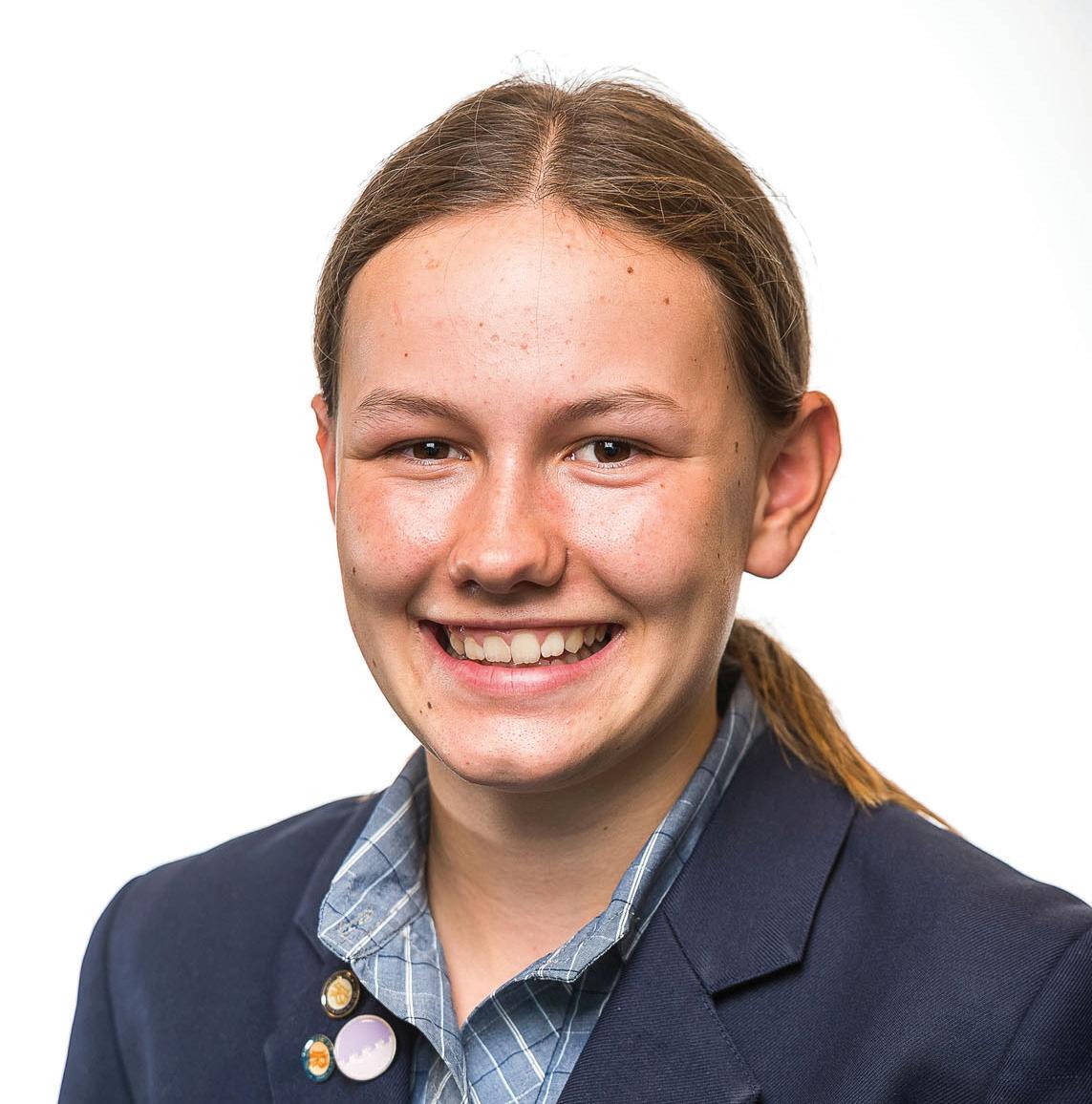
this is home if you’ve ever been you’re home you have it in your right mind to let me in to reach the top you might have to start again
i believe you can if you only try expectations you will defy and only you can know why
learn to fly as you take to the sky leave the nest as your best it’s your time to shine
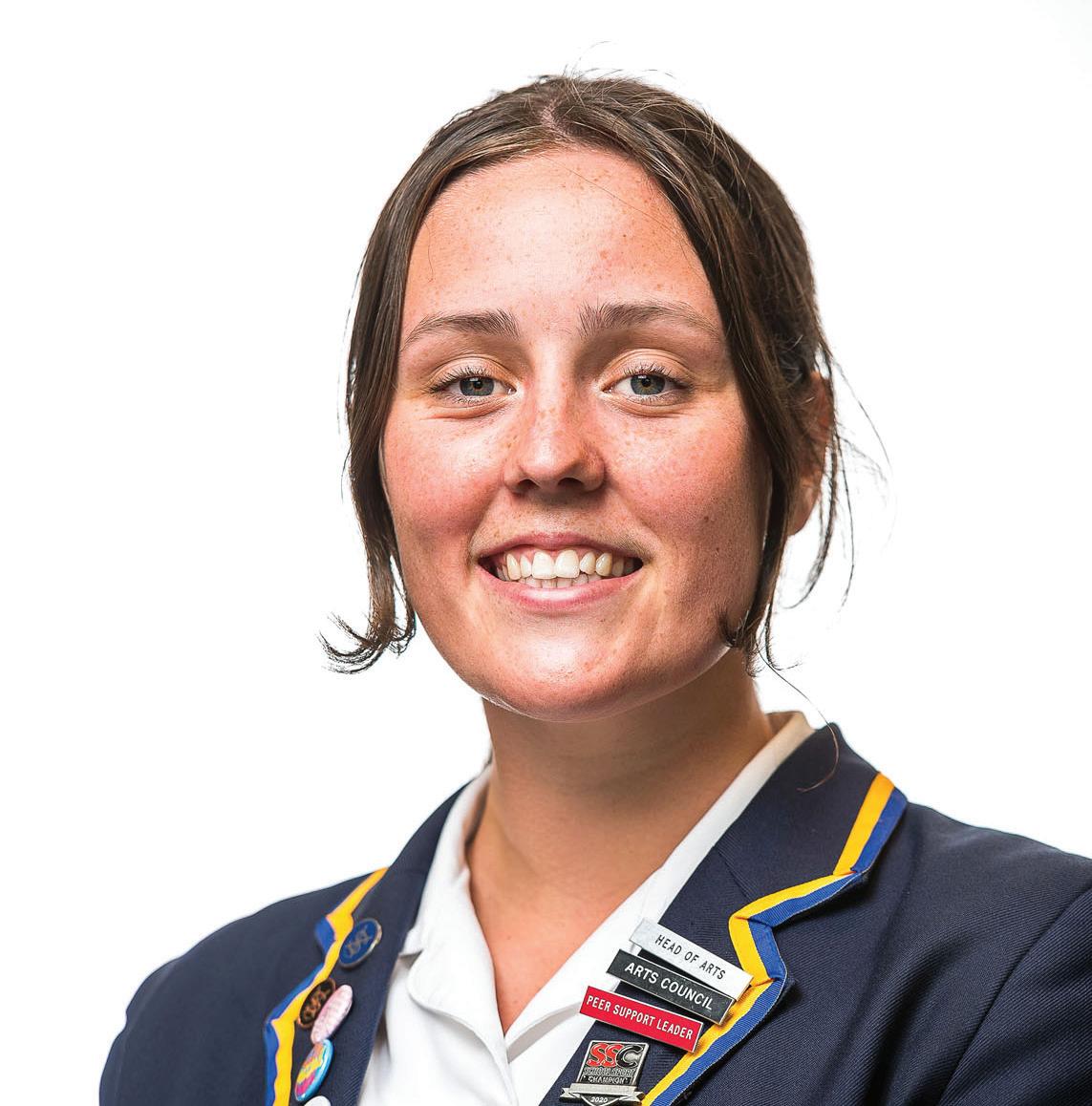
i know you’ll be alright

We are a people of early voyagers and rugged pioneers, grit and perseverance are part of our DNA. But our can-do kiwi spirit has certainly been tested over the past three years and our community spirit challenged as we were forced apart by government regulations. How do we continue to create and build cultures of belonging when we cannot connect in meaningful ways?
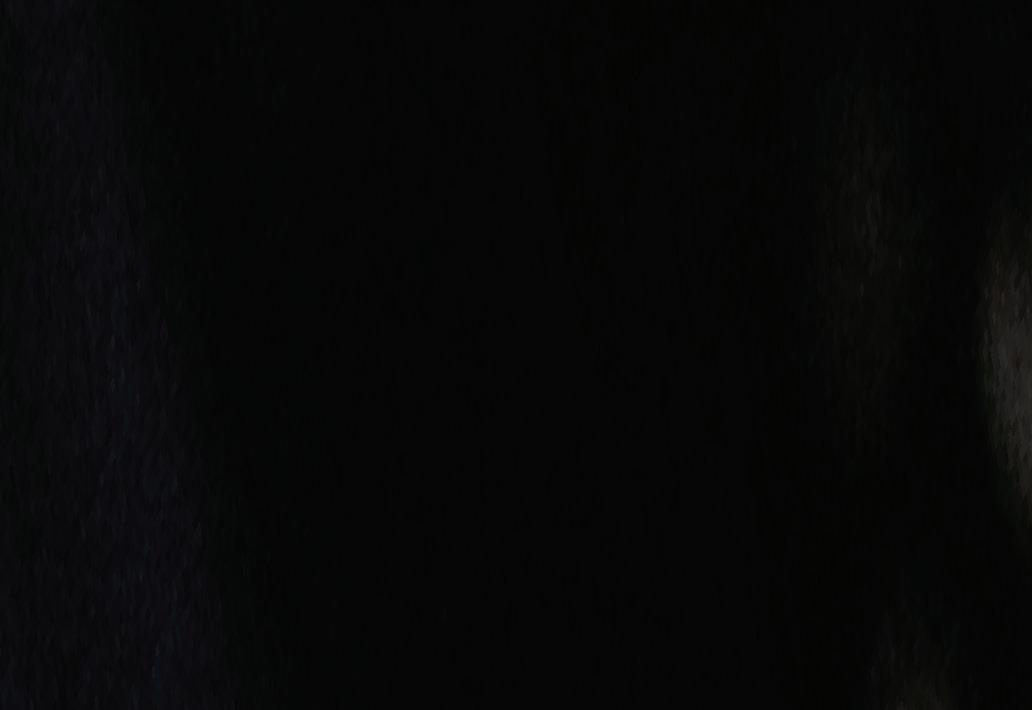
The answer is technology. We became masters of communicating digitally and our Giving Day was certainly a testament to the power of this. Words cannot express our gratitude to our 442 donors from near and far who generously gave to Atawhai, continuing the Project Blue Sky vision on Giving Day. In 24 hours, we raised an incredible $314,831 through our online campaign. Party Time!
However, nothing instils a sense of community more than coming together face to face and connecting as a whānau. So, it brought me a great sense of relief when some sort of normality returned later this year.
Rangi Ruru’s House Party was an opportunity for our Rangi Ruru whānau to don their glad rags and celebrate not only being part of a new Rangi Ruru legacy but also coming together as a community again. A super fun night was had and thanks to our bidders and supporters from across the globe, we raised just over $113,000.









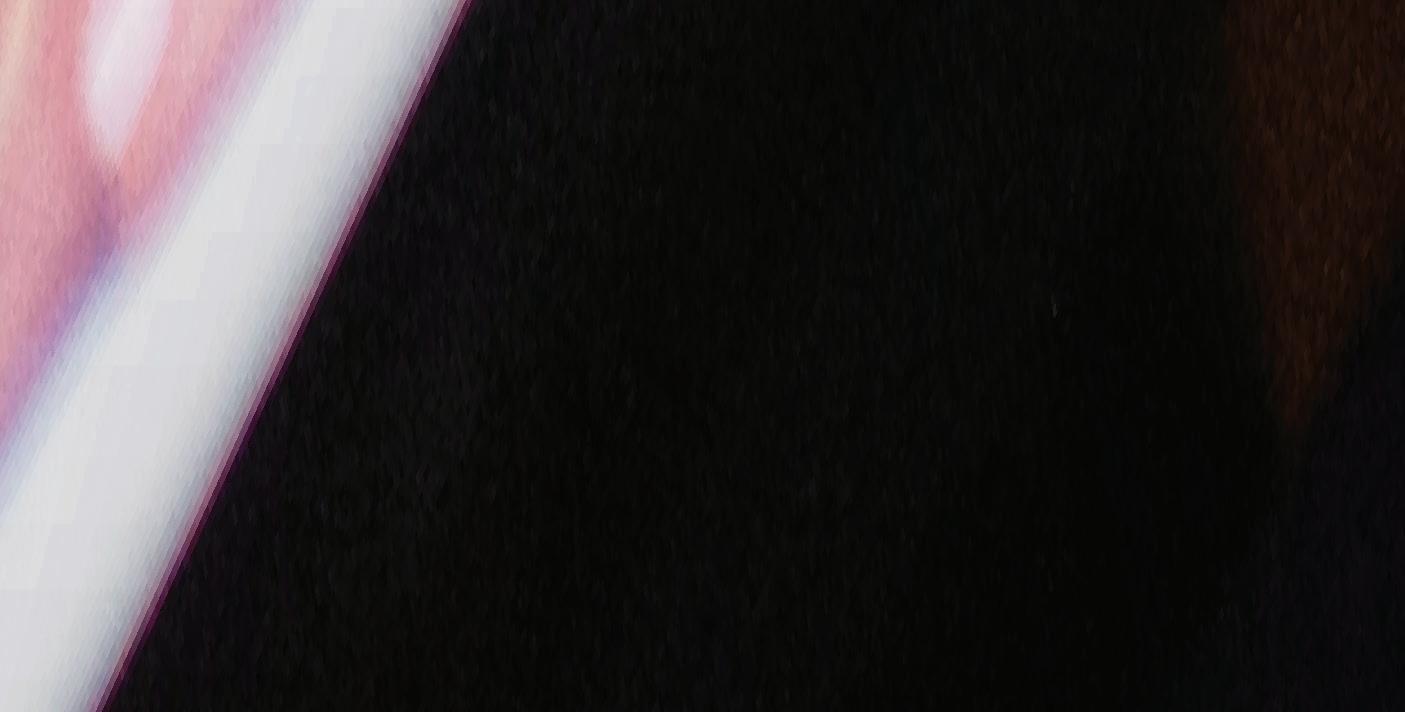






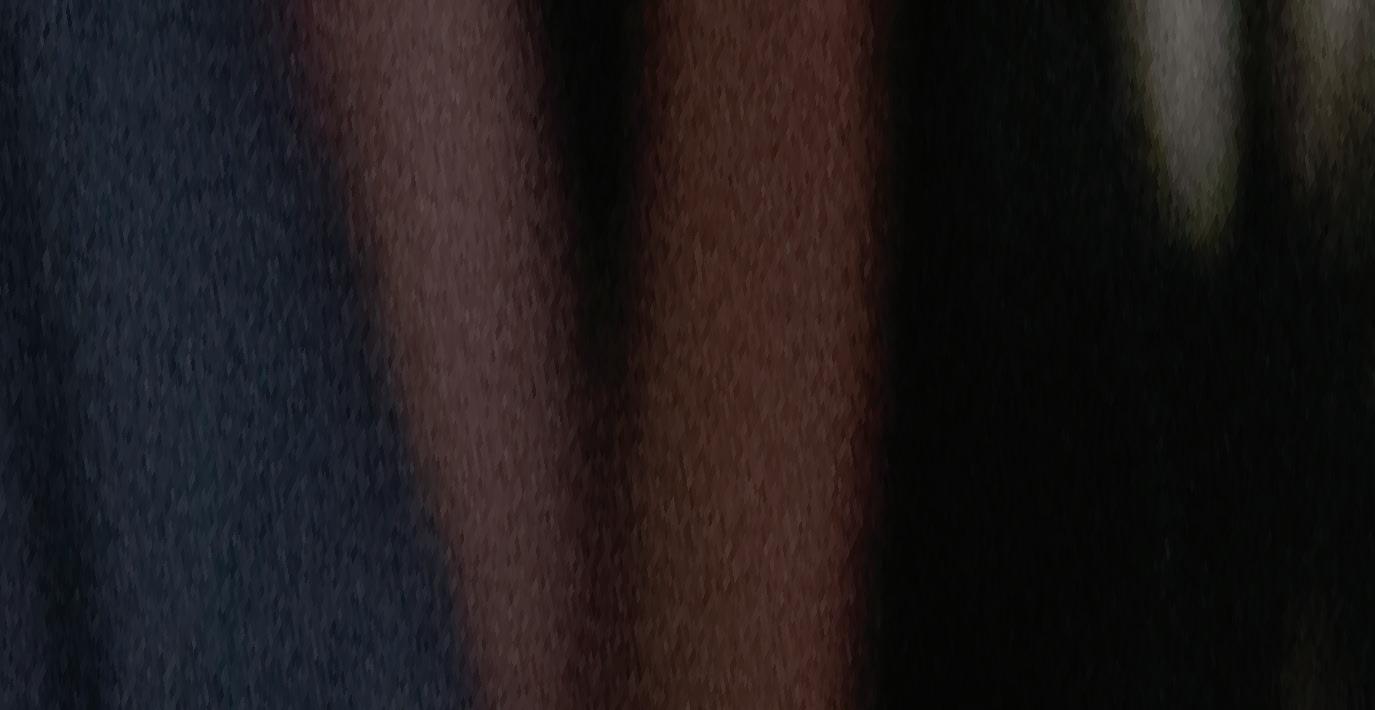

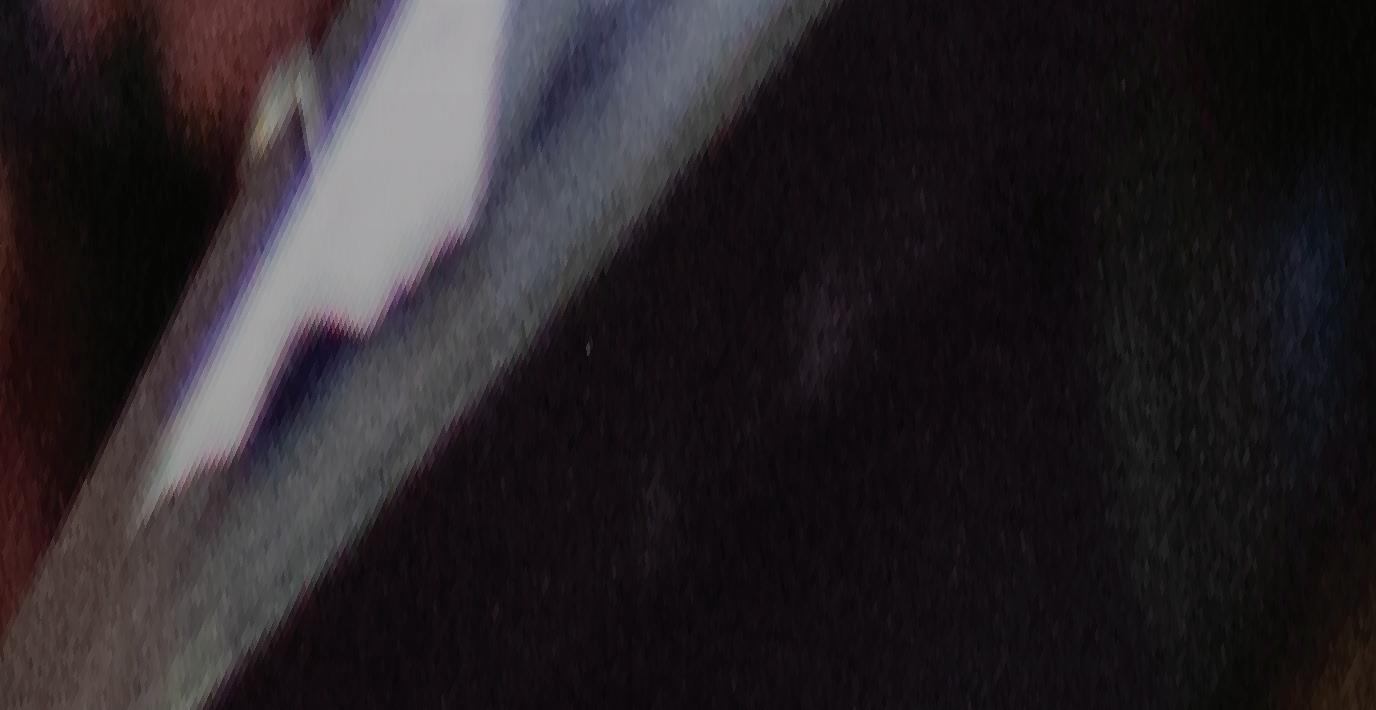
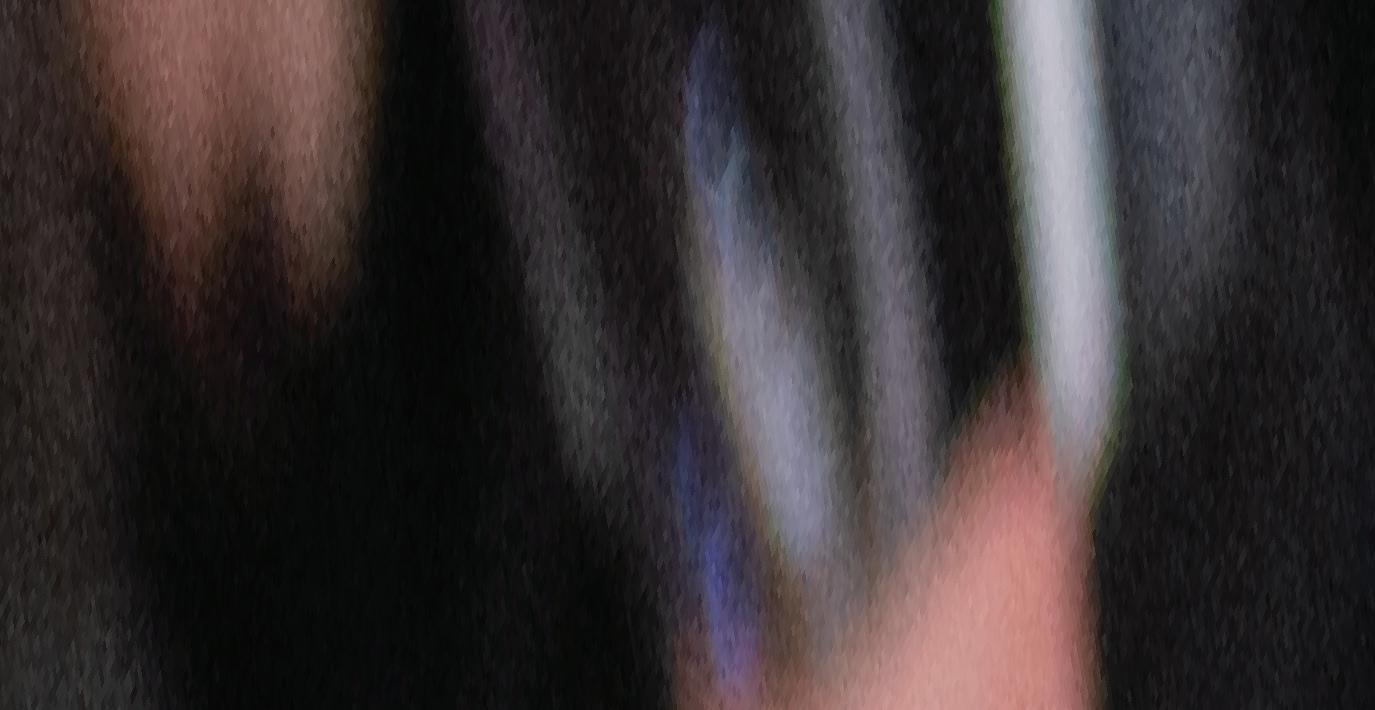

With the capital campaign drawing to a close, there is one final fundraising initiative to close the fundraising gap on this +$10million dollar project, the largest capital project the school has ever undertaken.
The Support a Seat campaign is now underway with every donation over $500 giving you a limited and unique







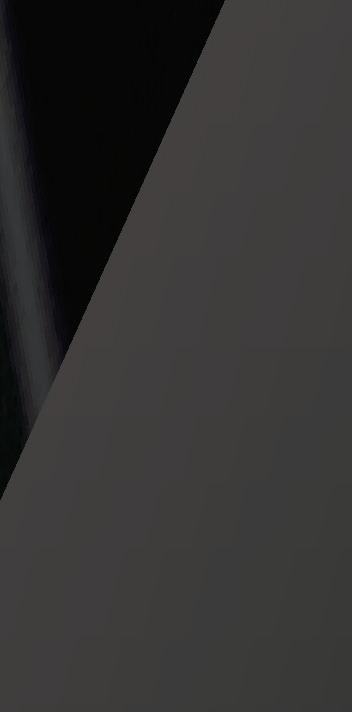








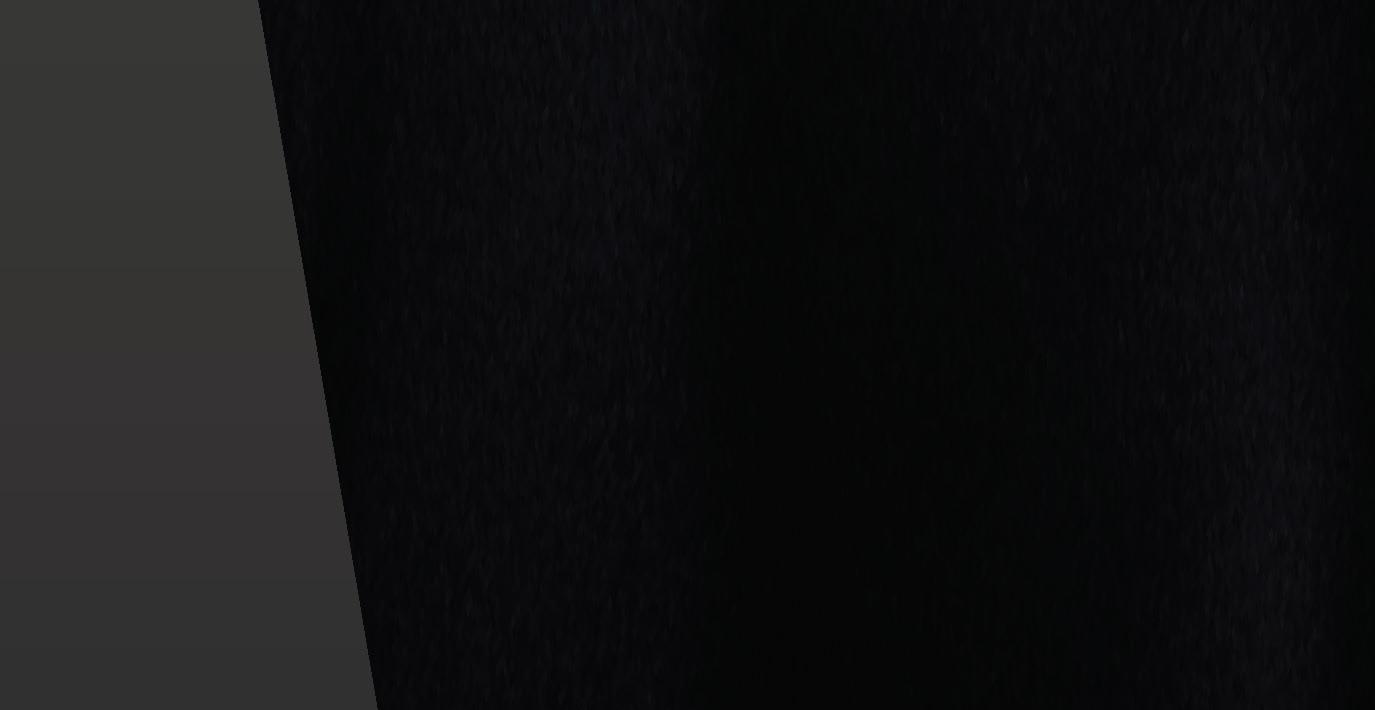


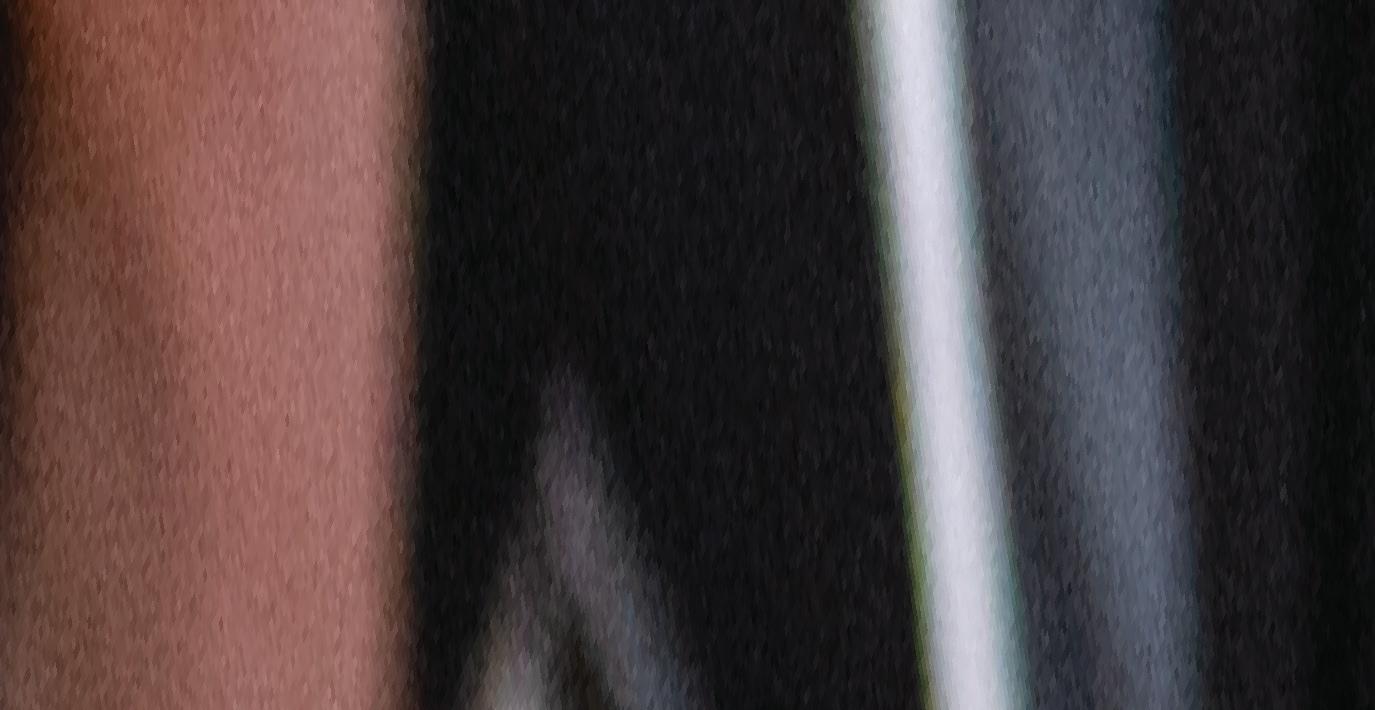
opportunity to have your name engraved on a plaque on the back of one of the soon to be installed state-of-the-art retractable fold-down seats in the Elizabeth Reid Gym.

With the end of the year upon us, it is opportune to reflect and share gratitude to the wonderful champions who support the school in various ways. Thank you once again to the many businesses that sponsor teams and programmes within the school. We also give thanks for grants the school has received from Mainland Foundation, Air Rescue Trust, Pub Charity and the New Zealand Community Trust (NZCT).
Thank you to those who volunteer their services throughout the year: Readers/ writers, those who manage and assist our co-curricular teams, the wonderful people who come into our community and share career and personal insights with our students and wider community. Our wonderful PTA, those who serve on the Rangi Ruru Board of Governors, the Old Girls Association and the Foundation. Those who attend performances and events, and who simply cheer us on from the sidelines—we acknowledge your support and thank you for being part of our special Rangi Ruru whānau.
Seasons greetings to you all – I hope it’s a doozie.




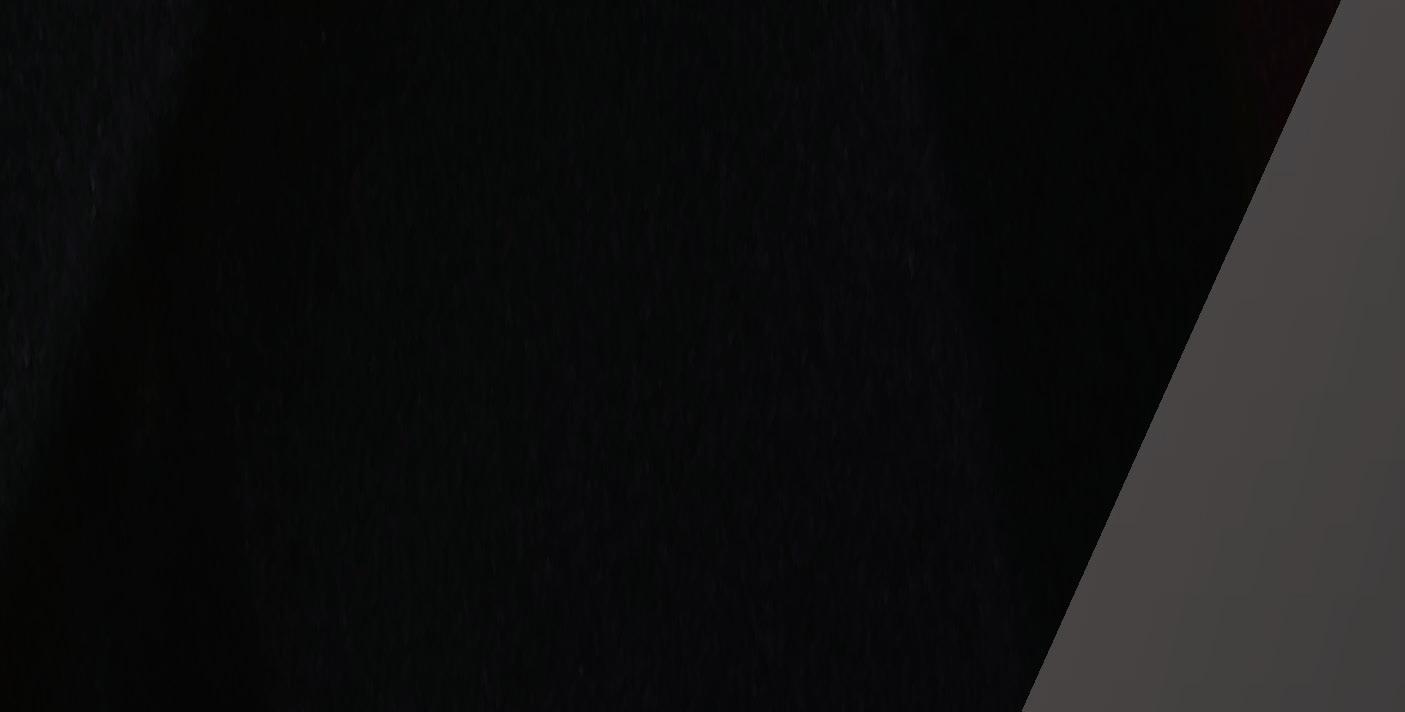
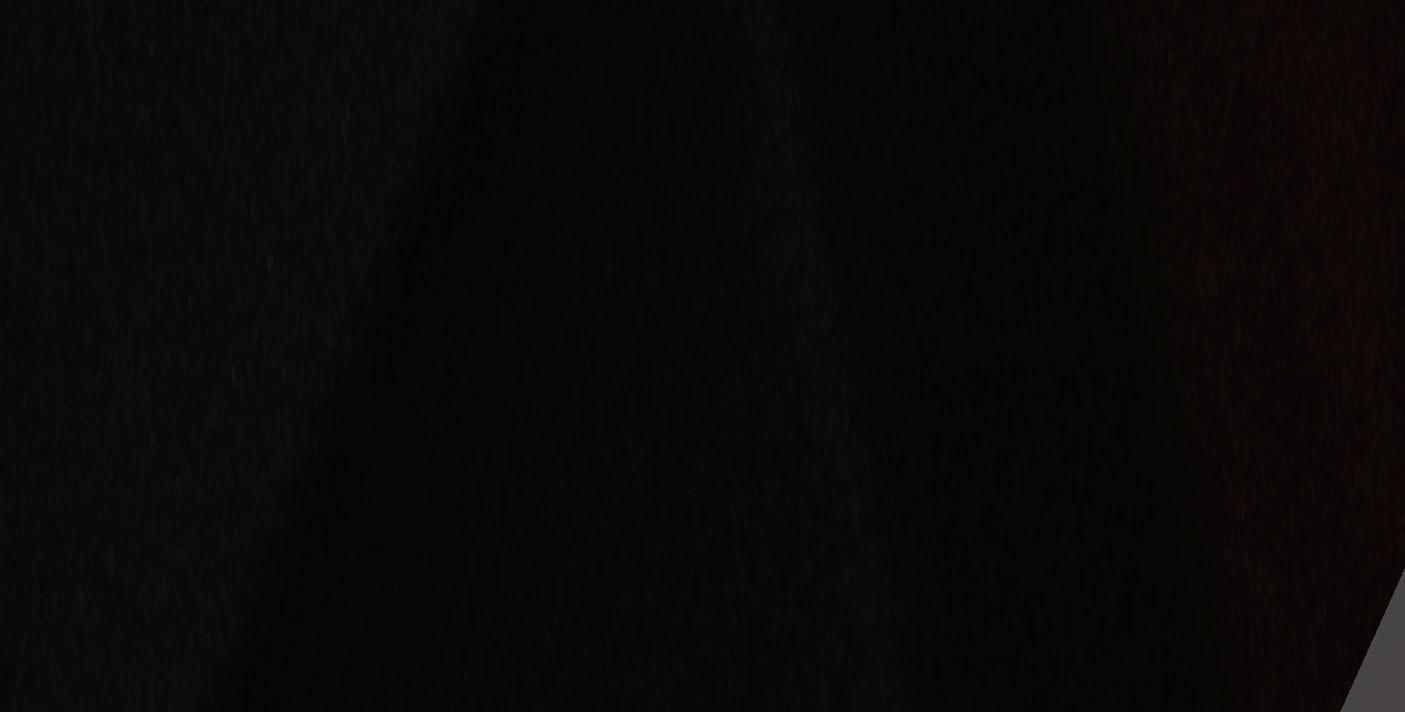

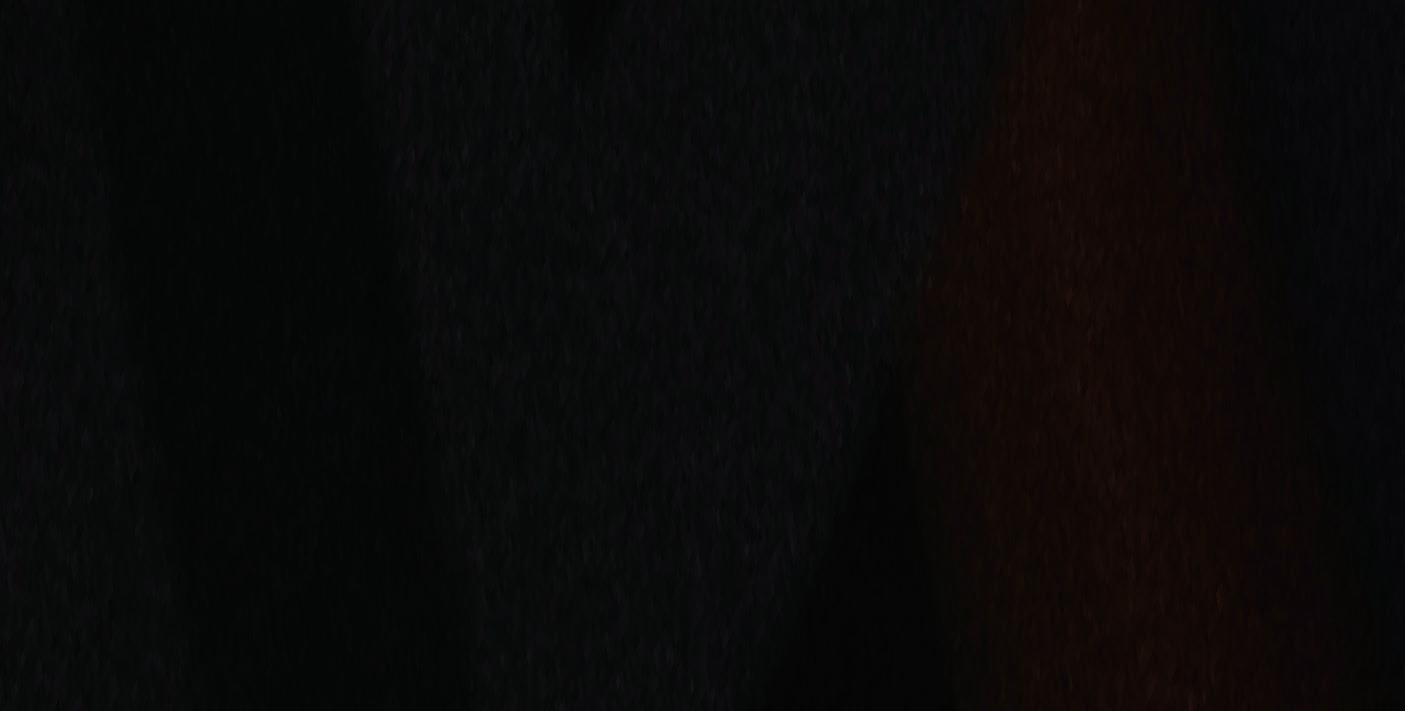

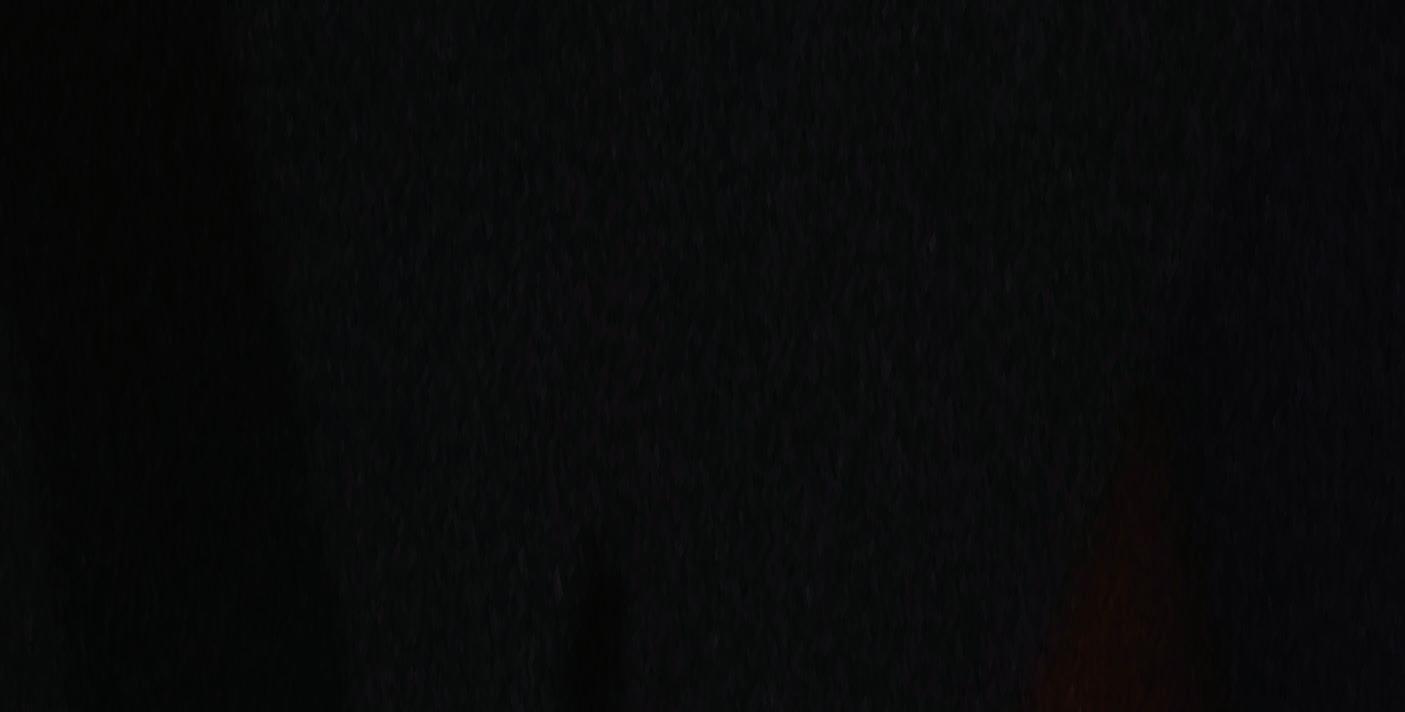
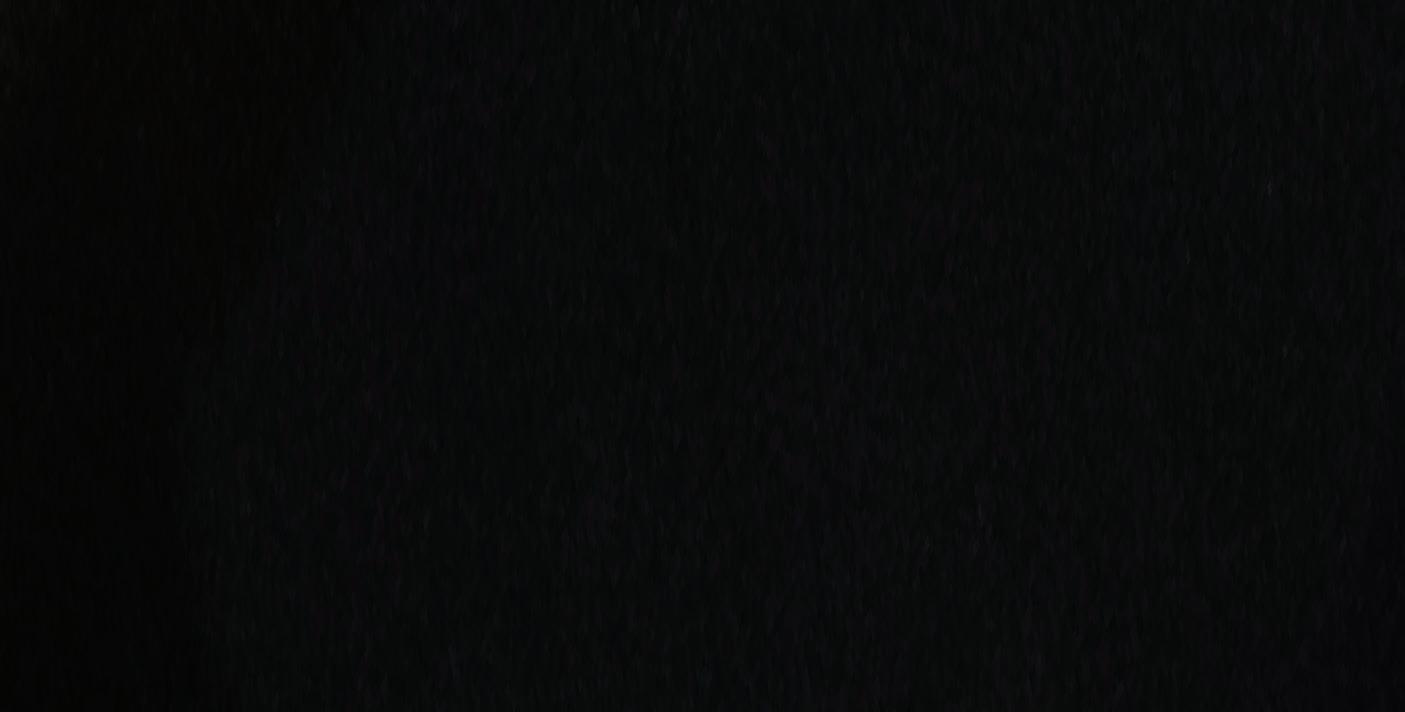
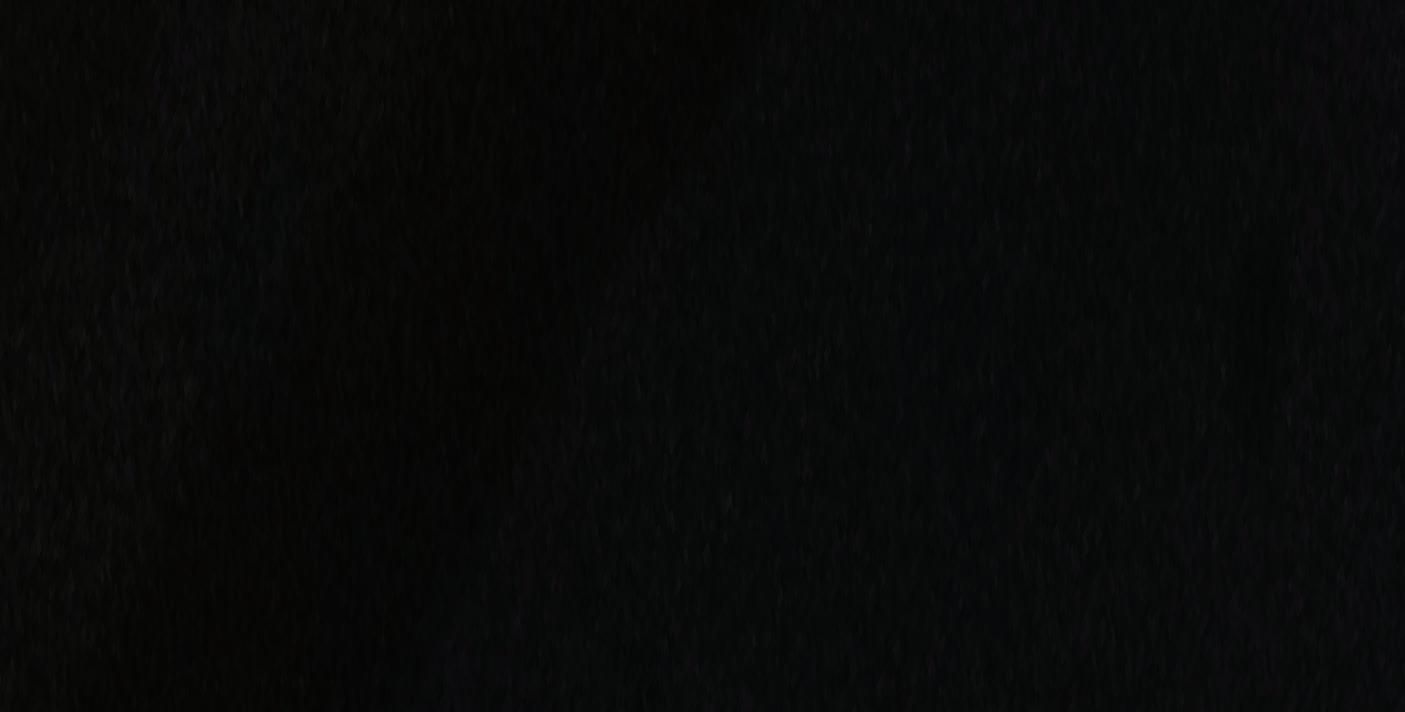
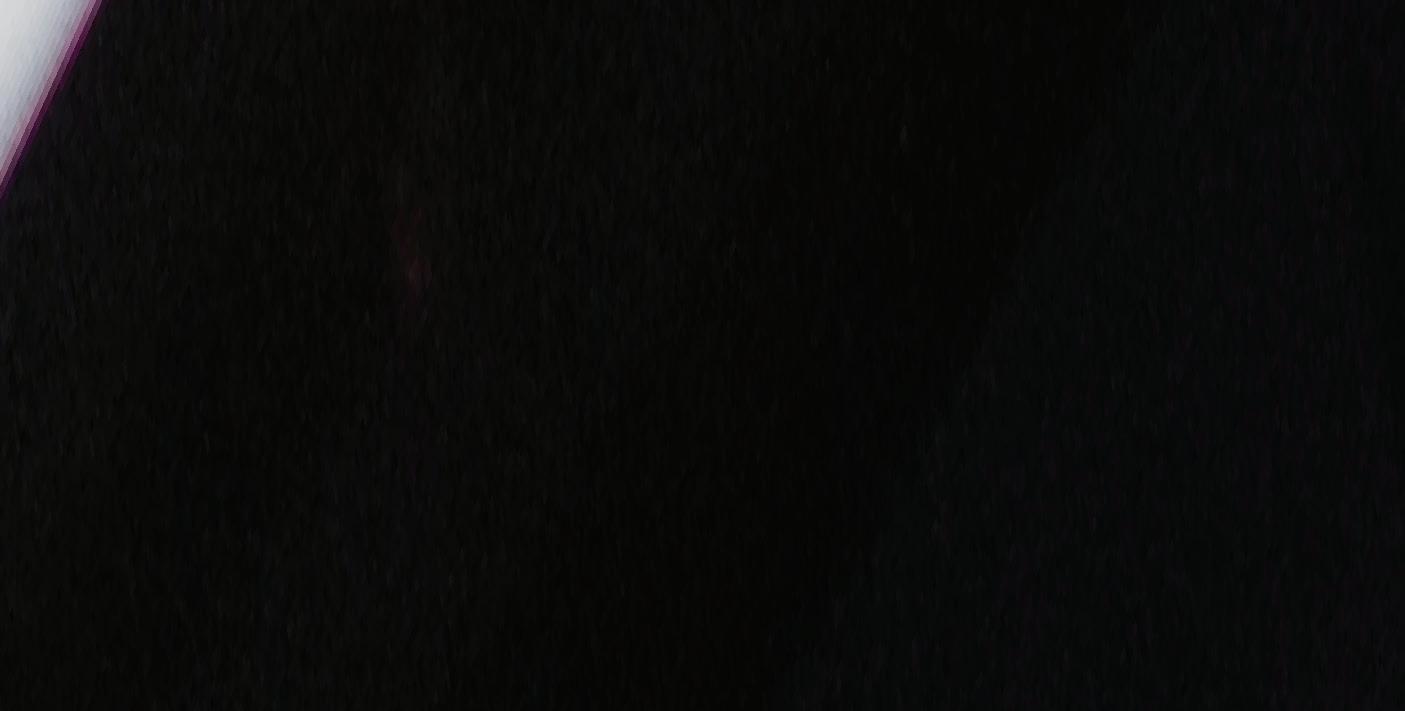

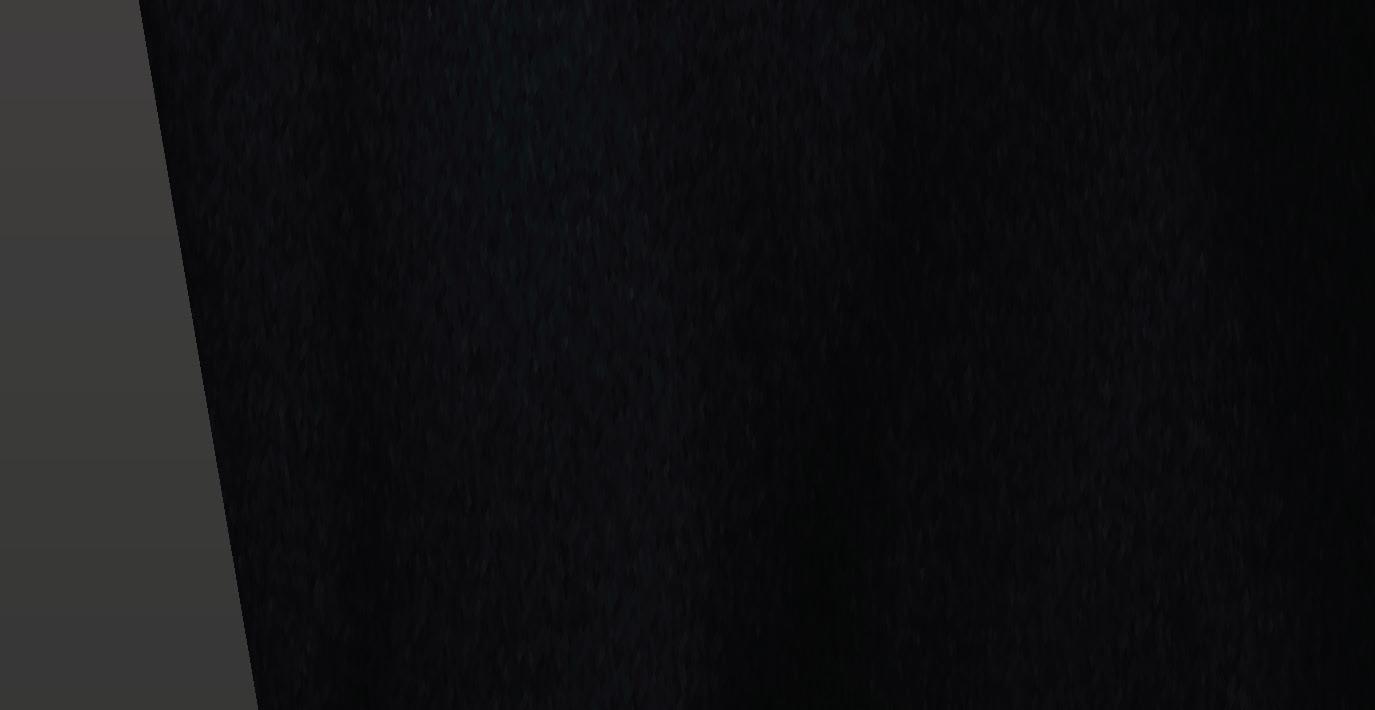
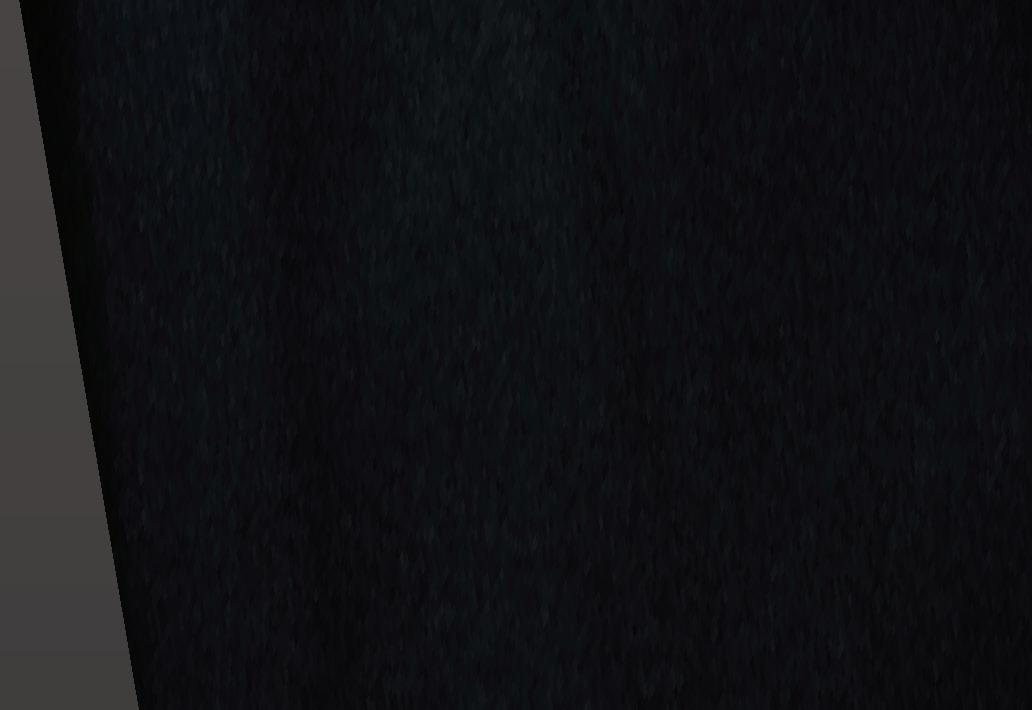

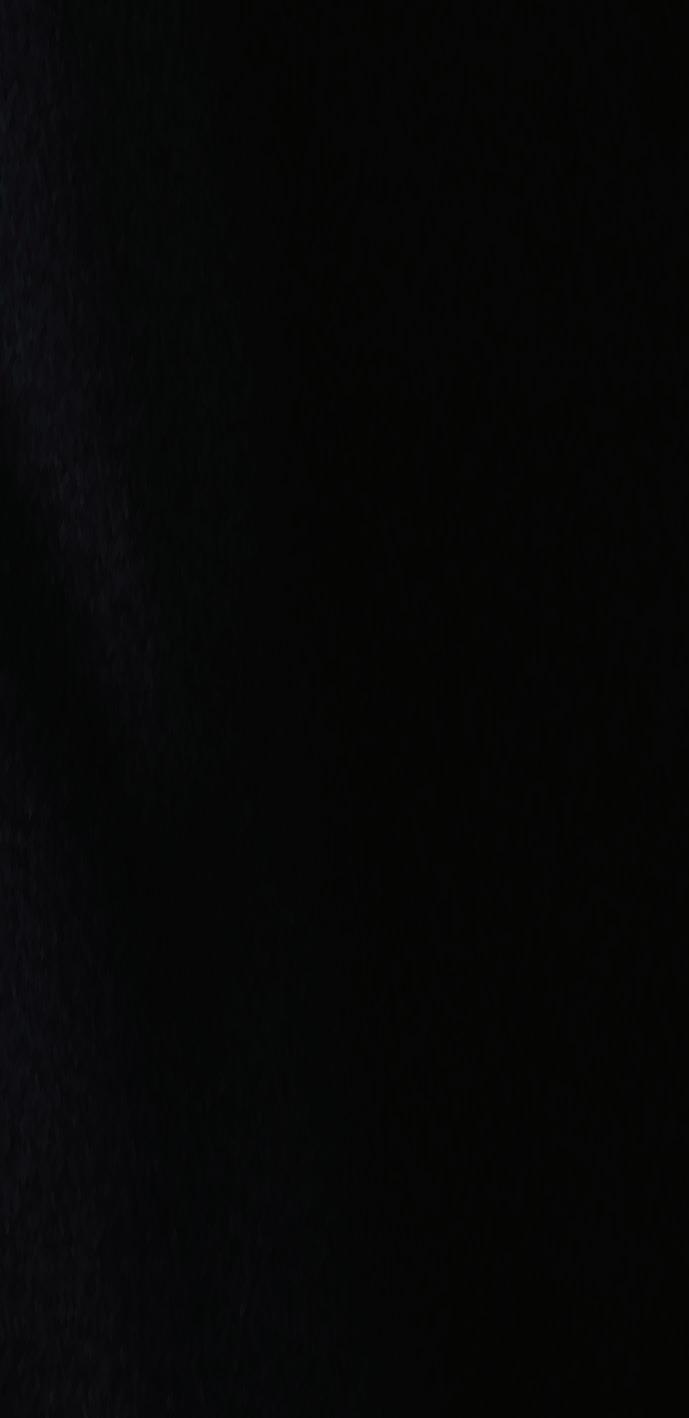
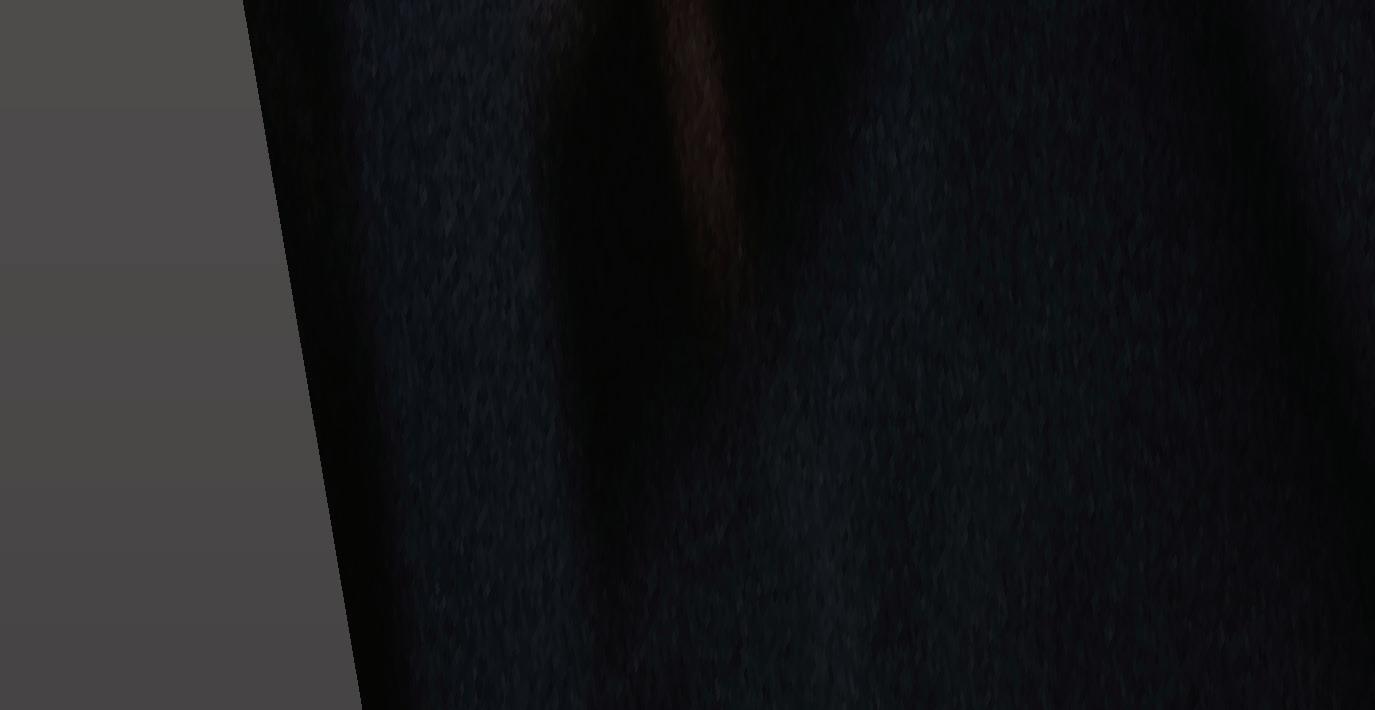
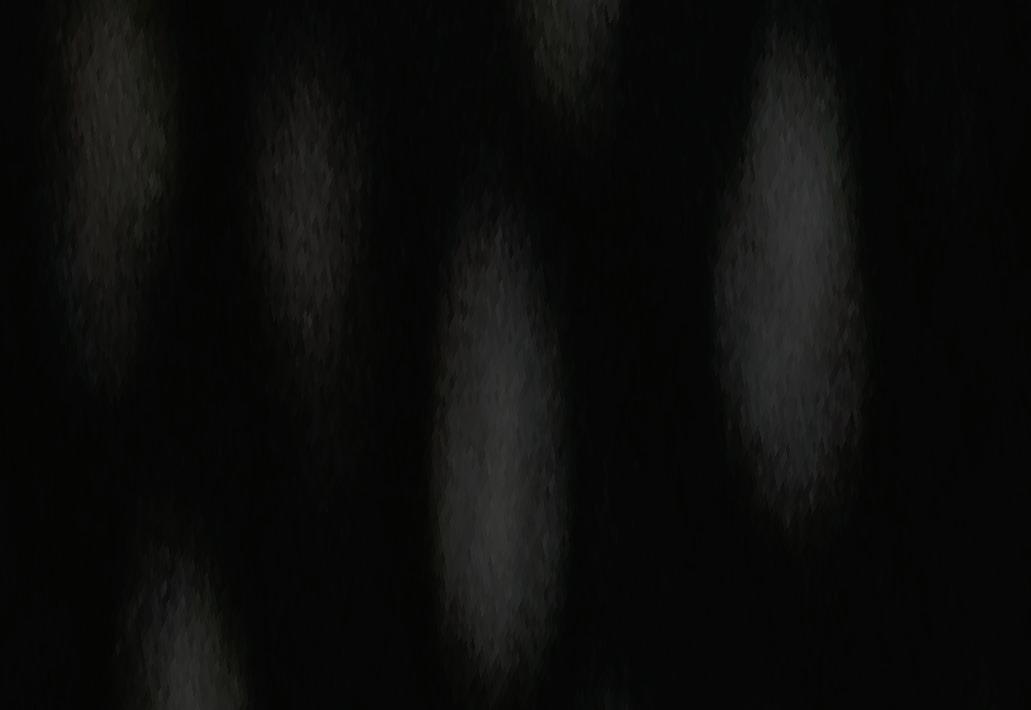
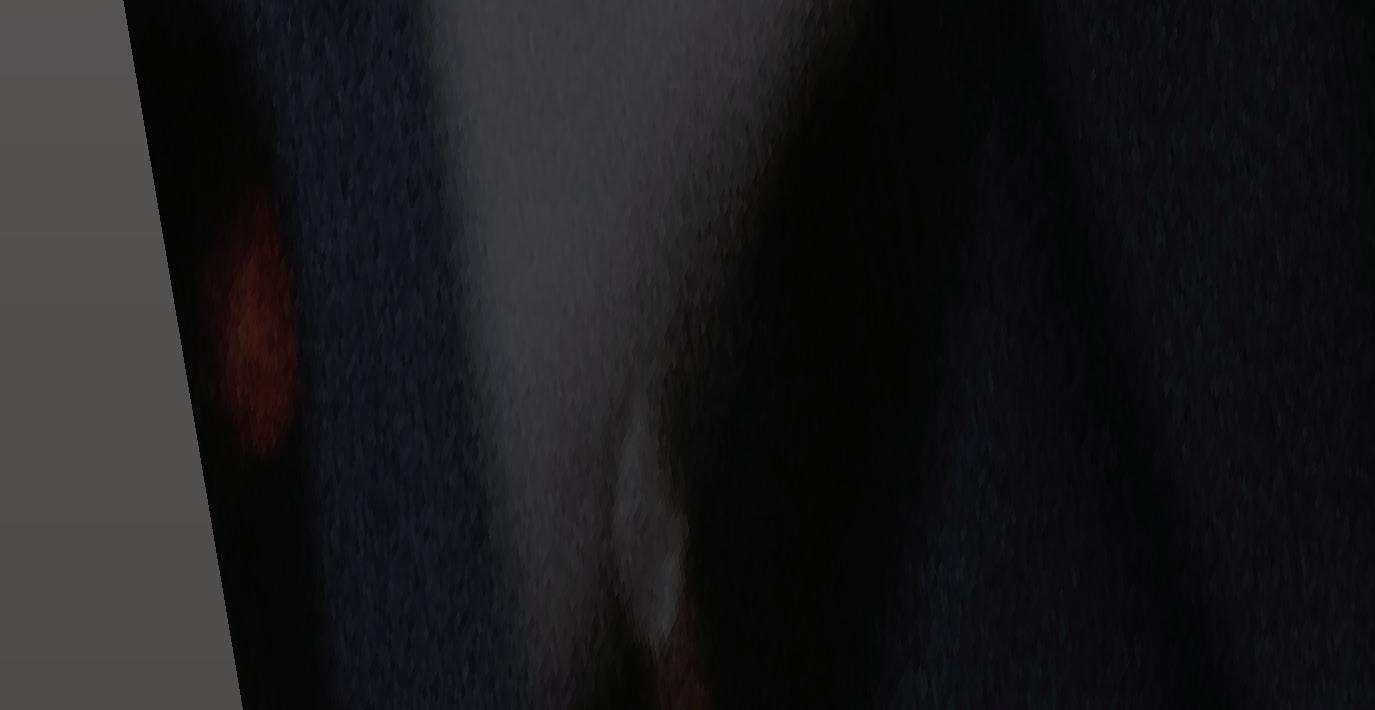


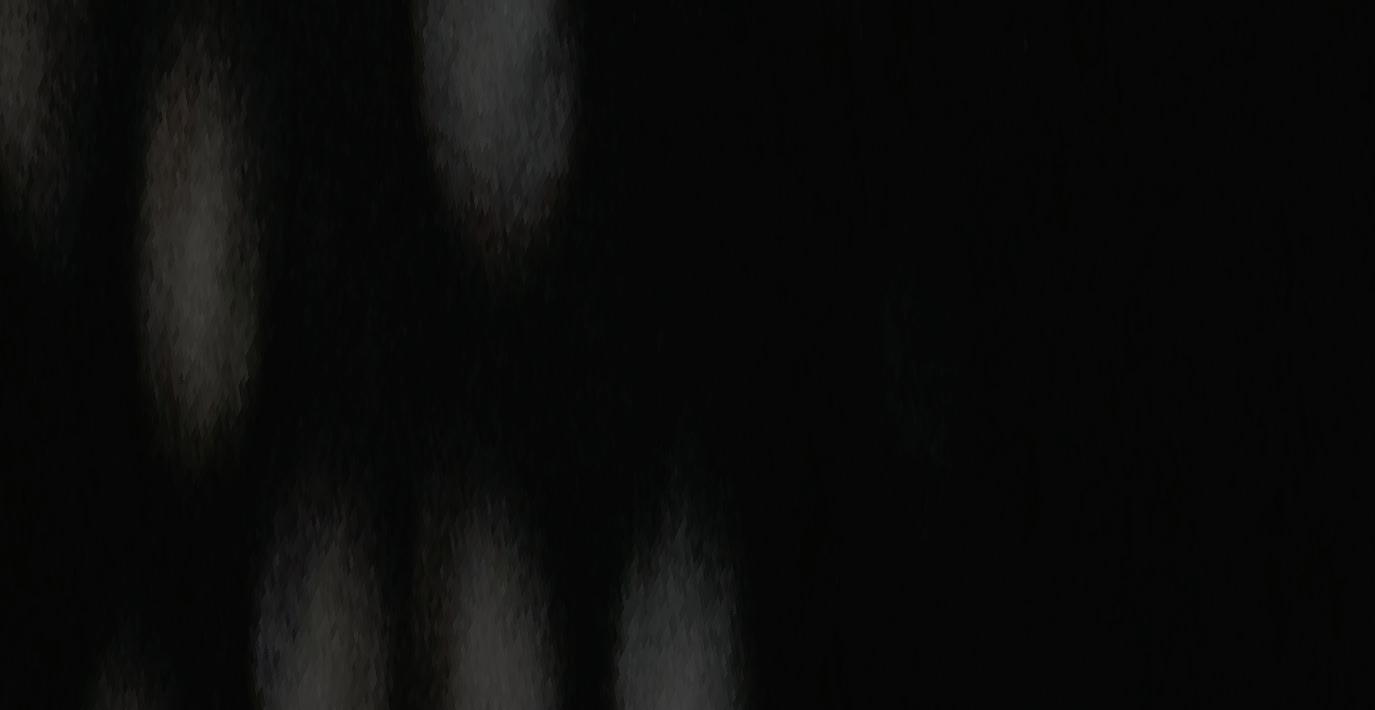

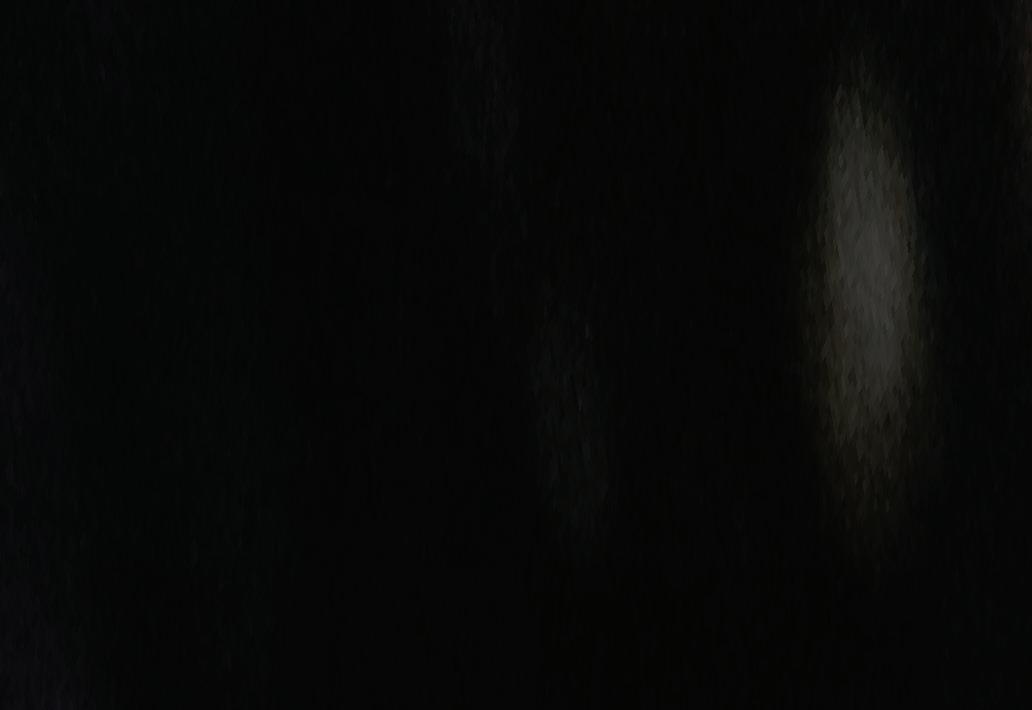

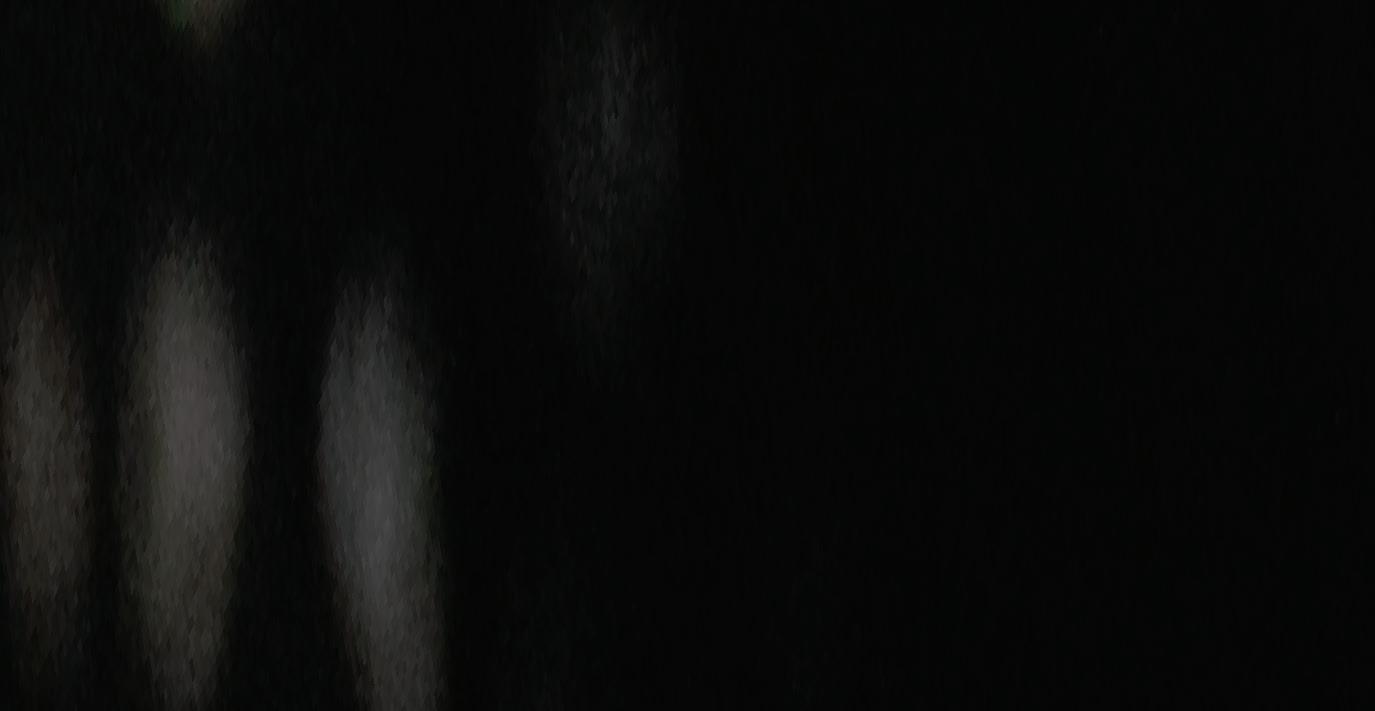


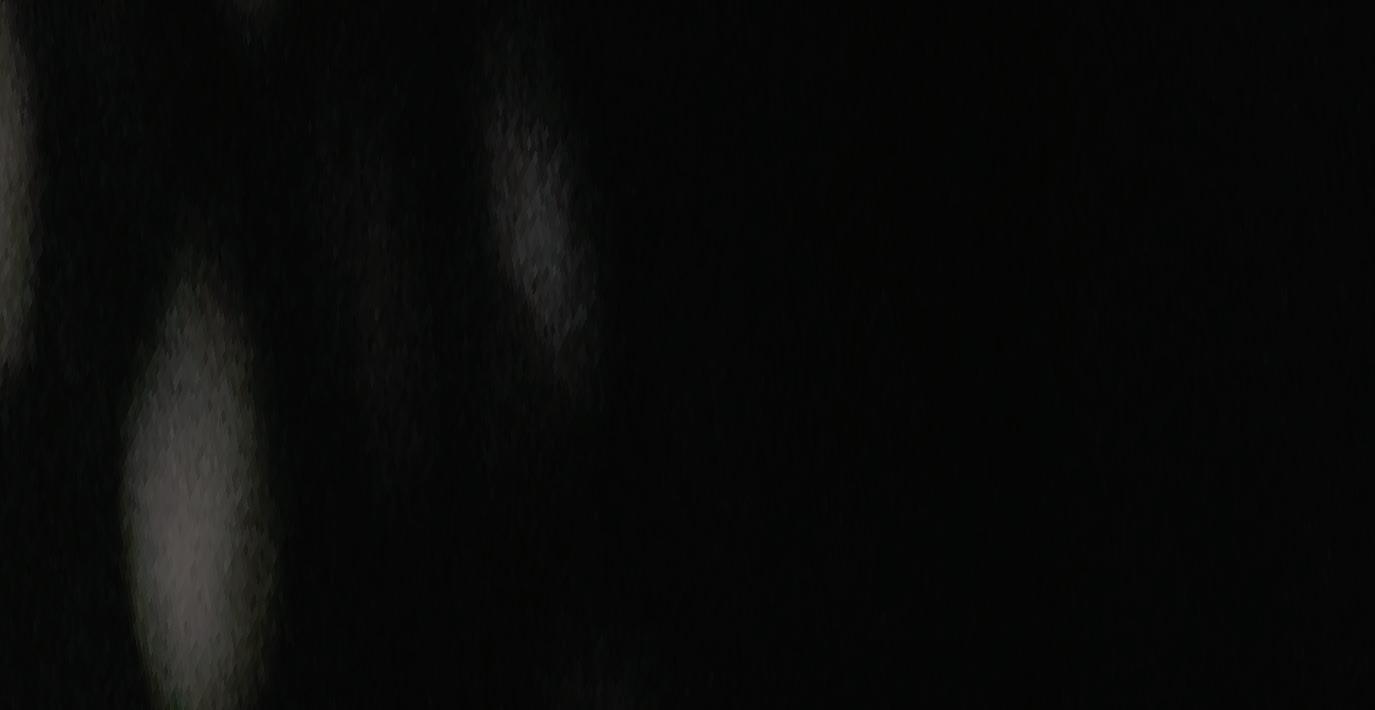
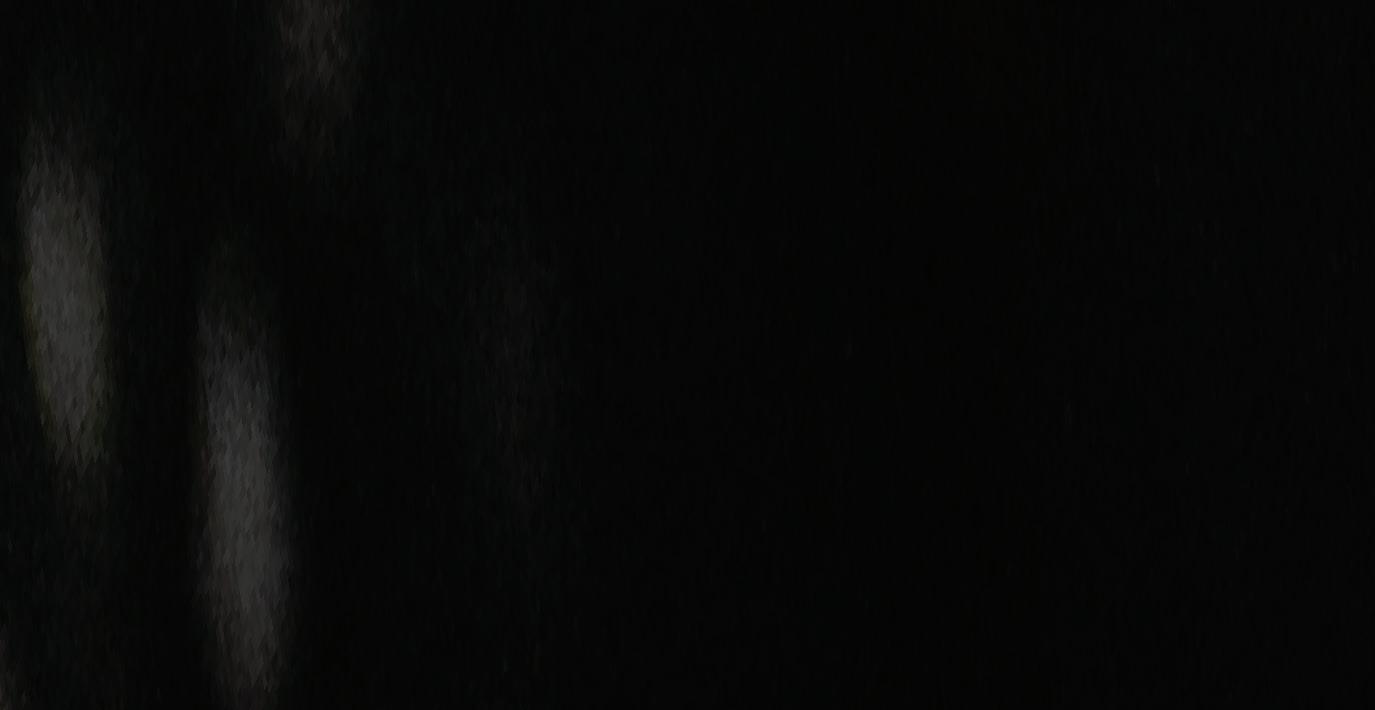





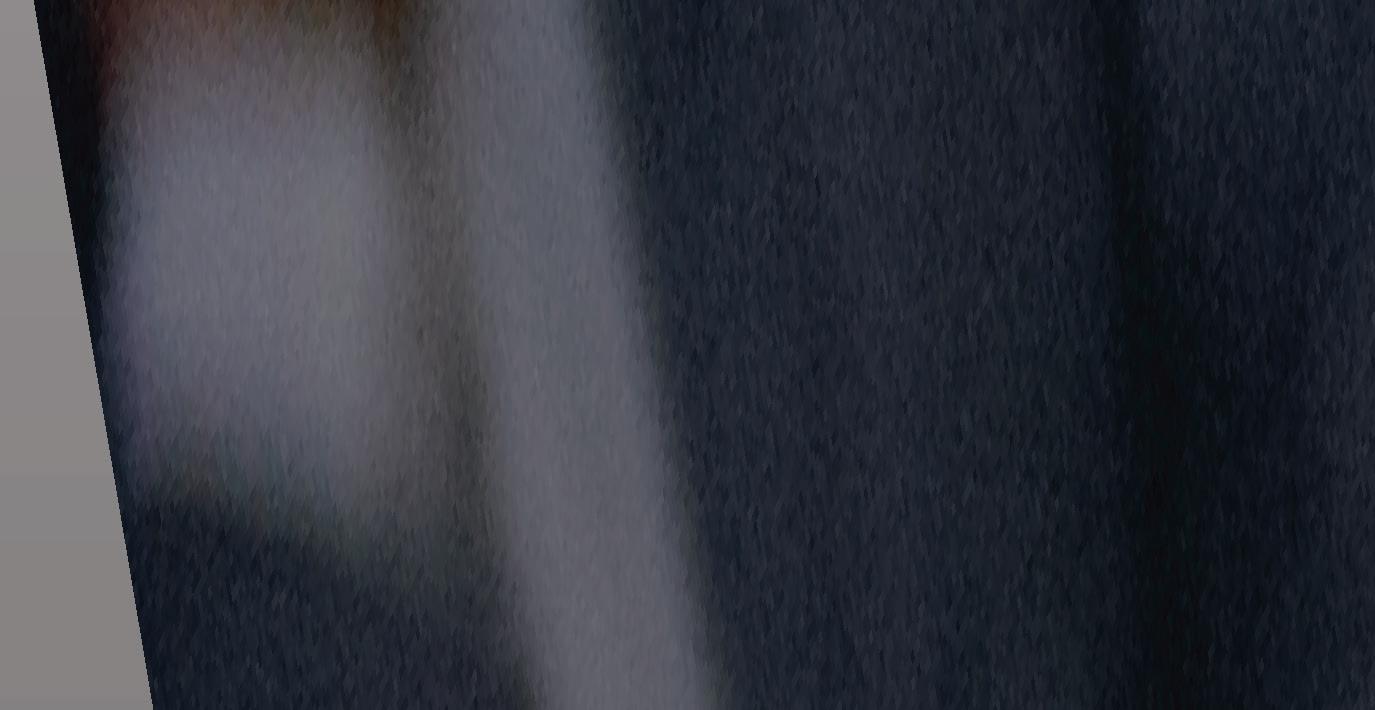

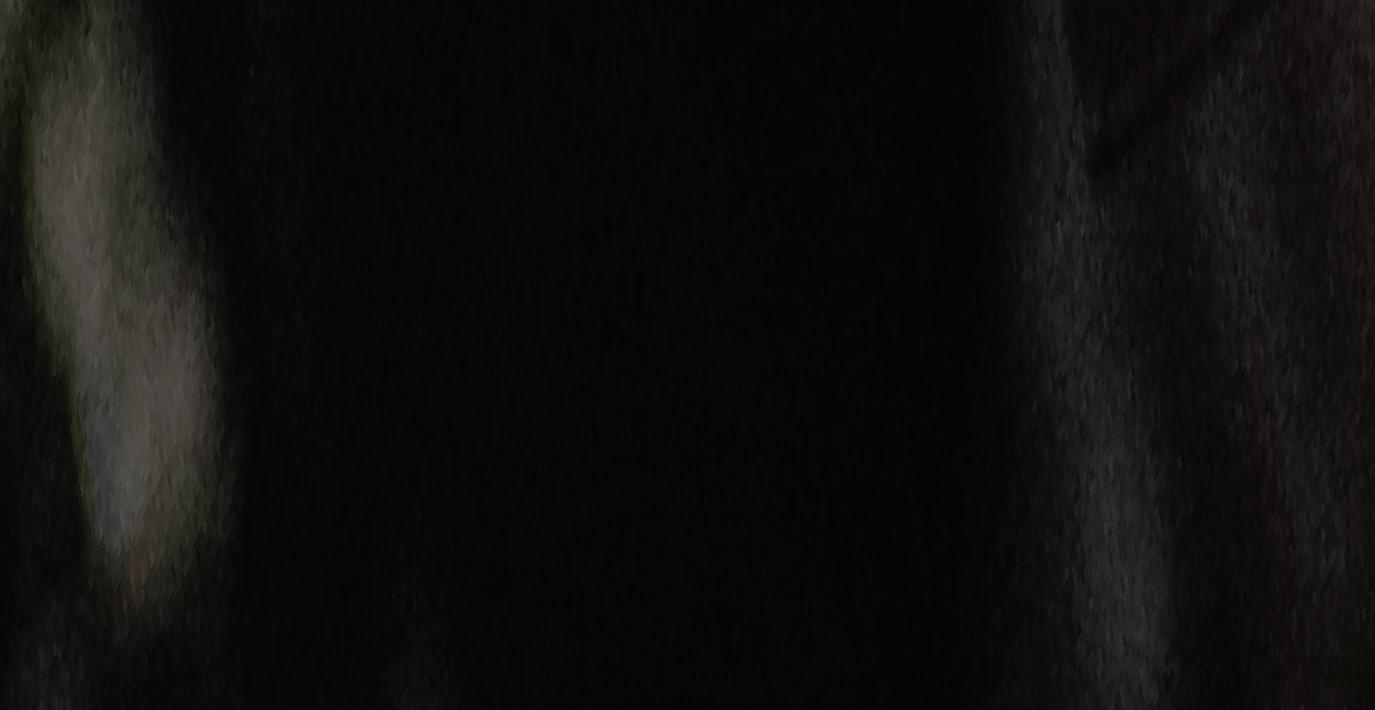
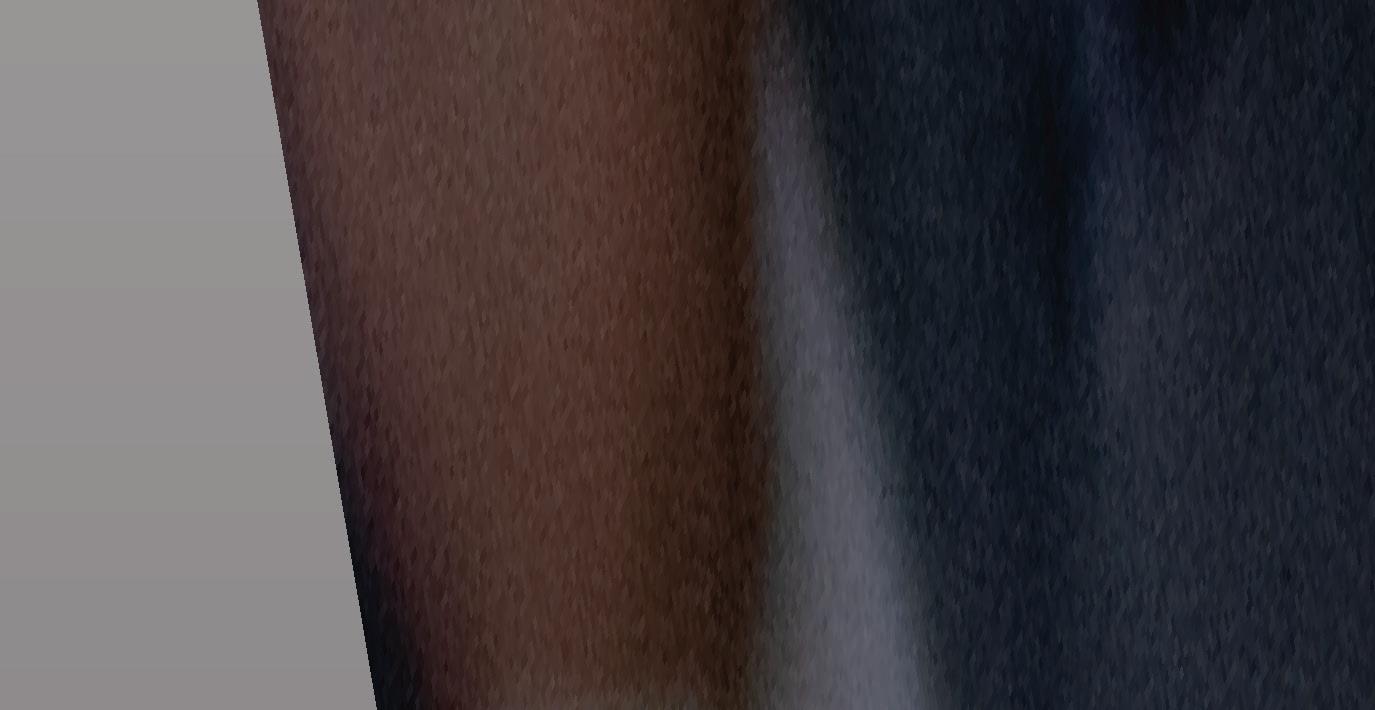

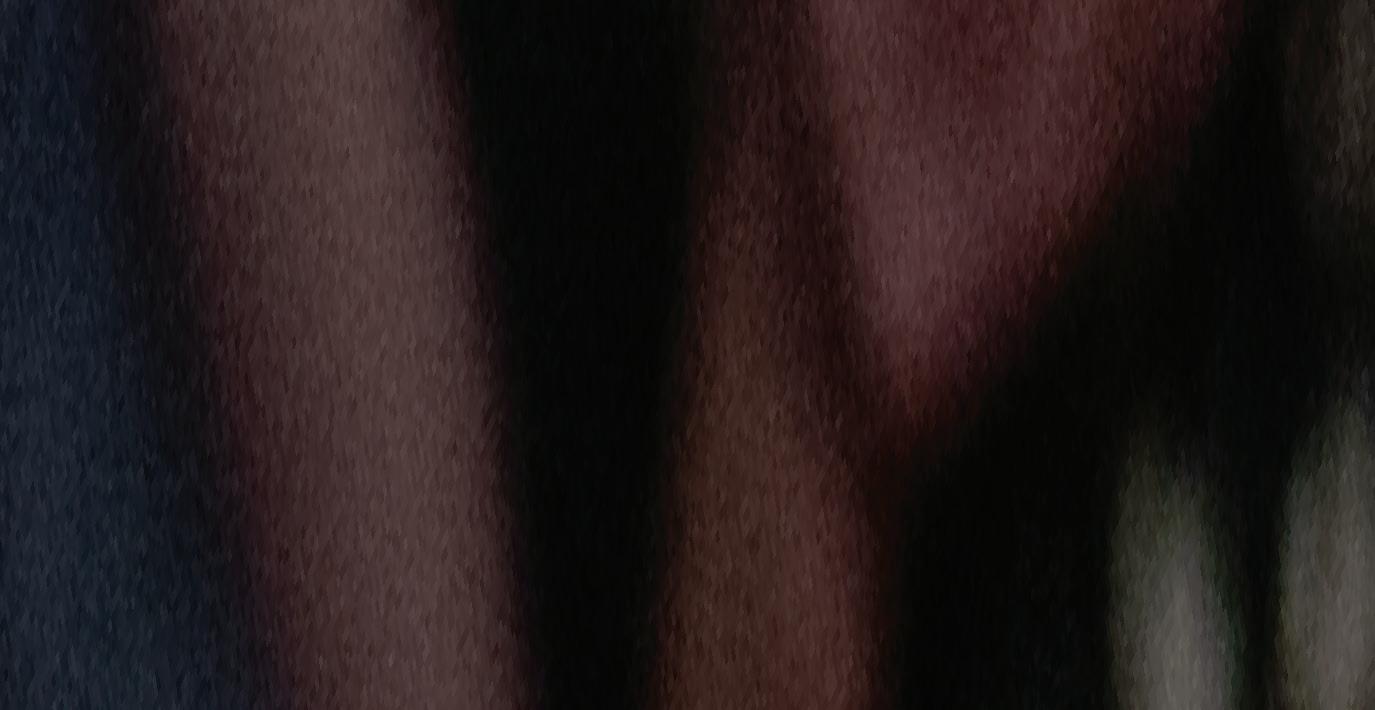

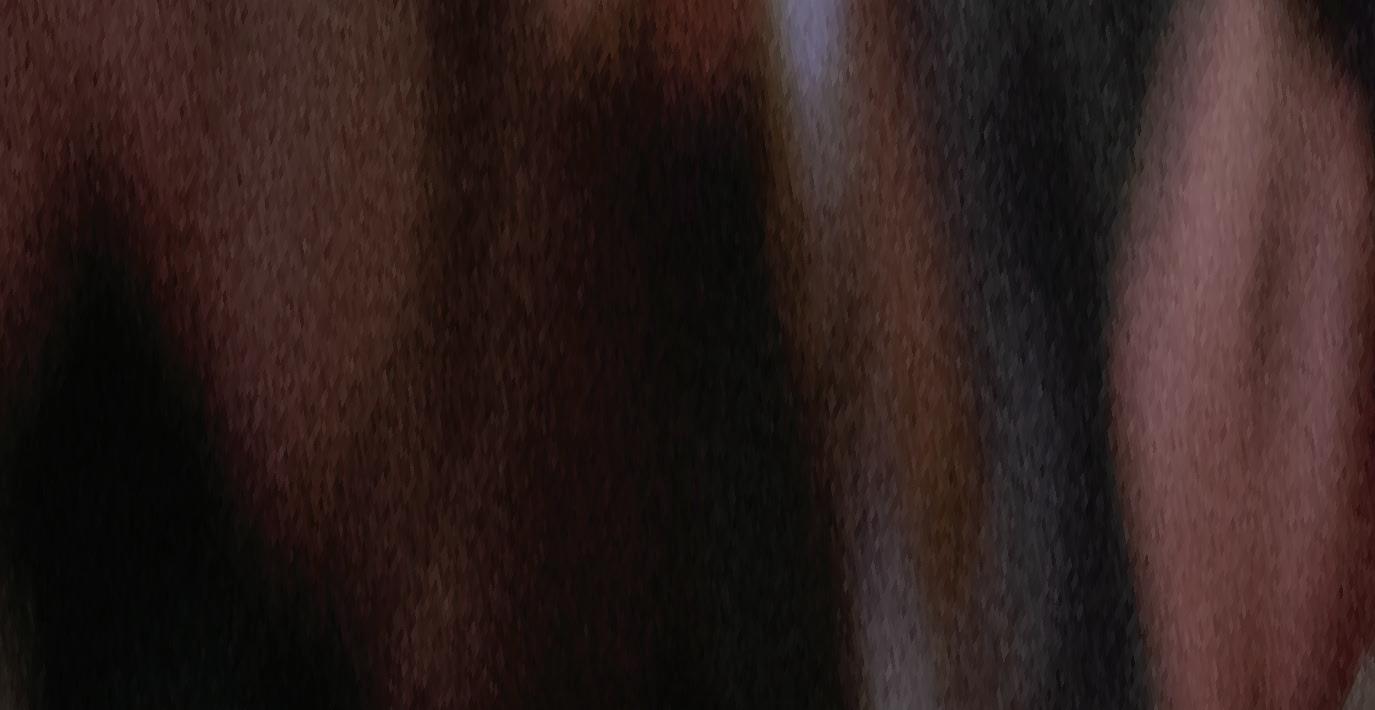
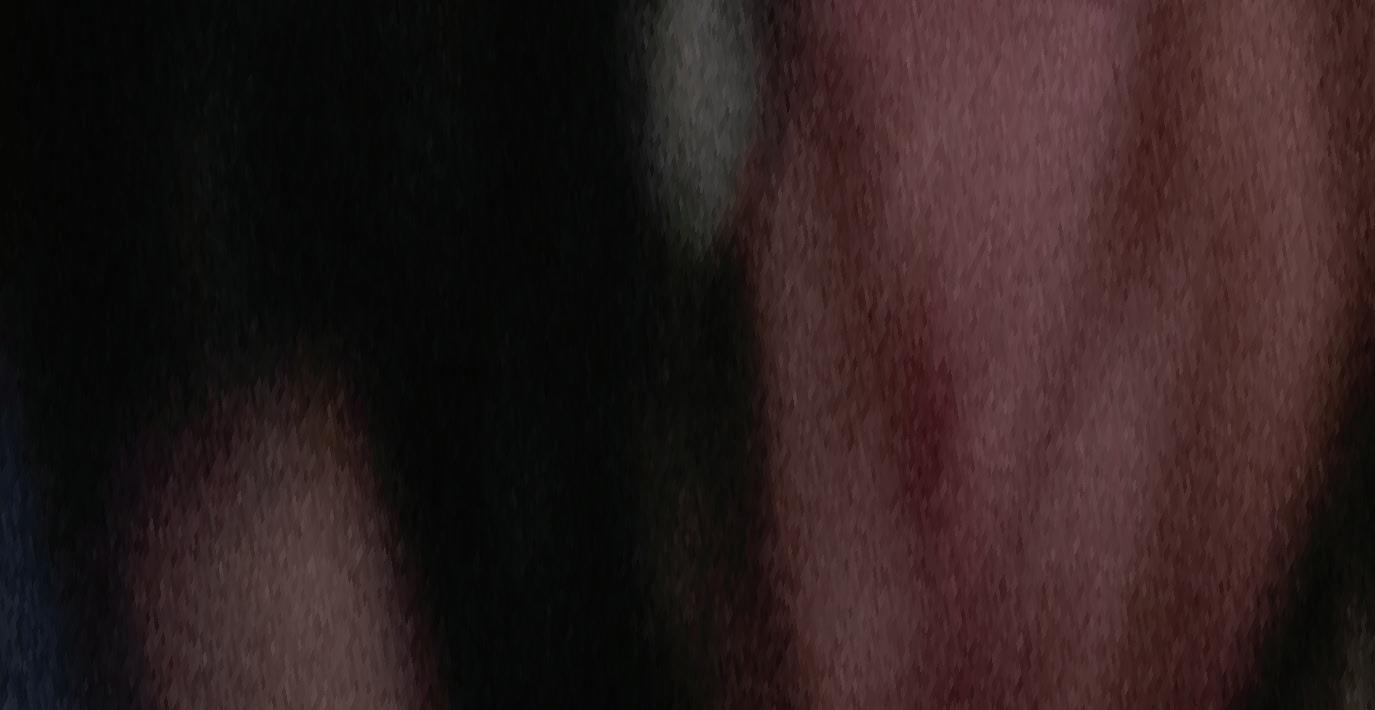



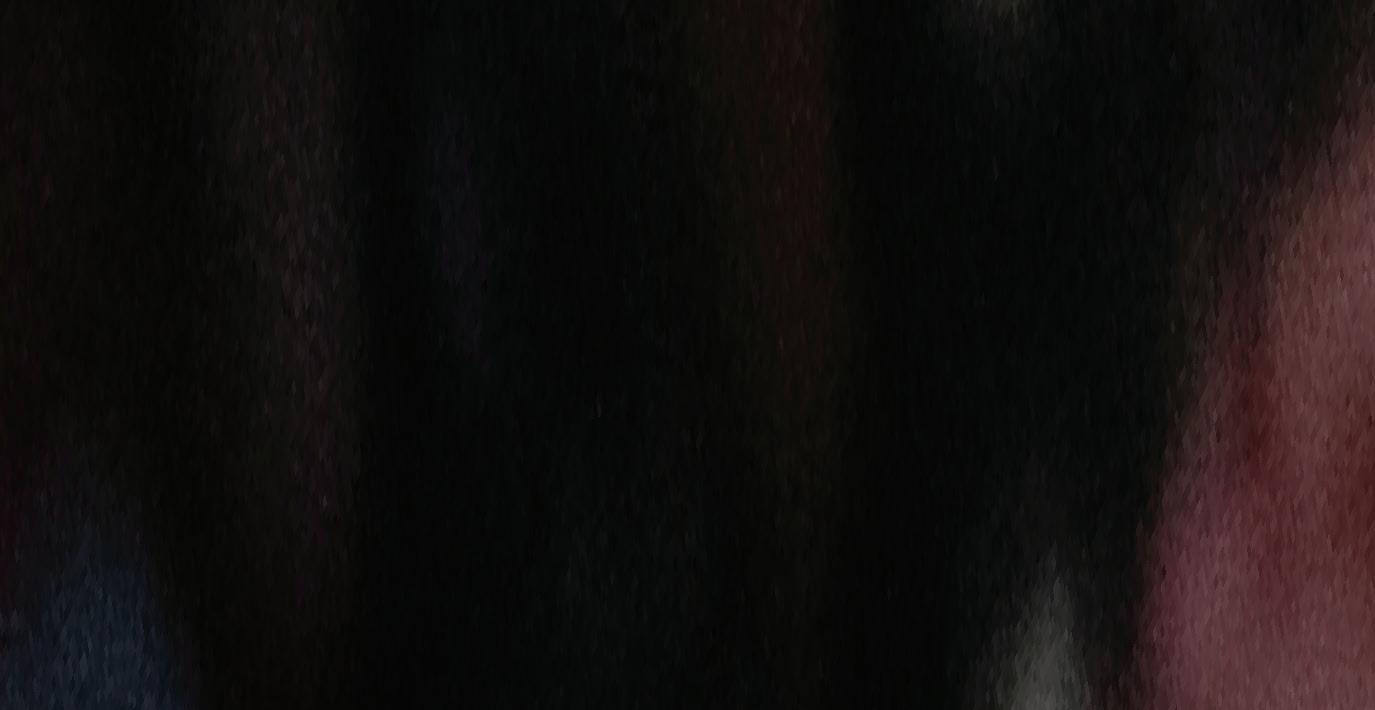


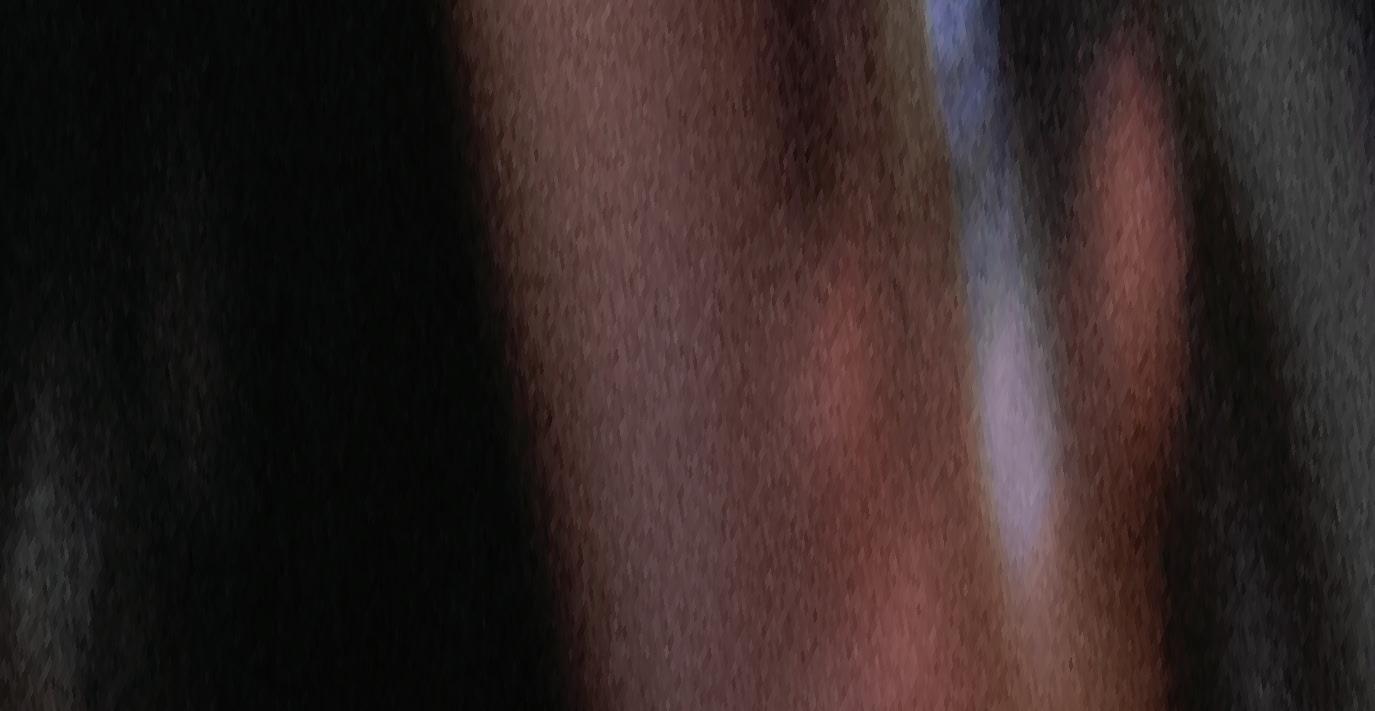



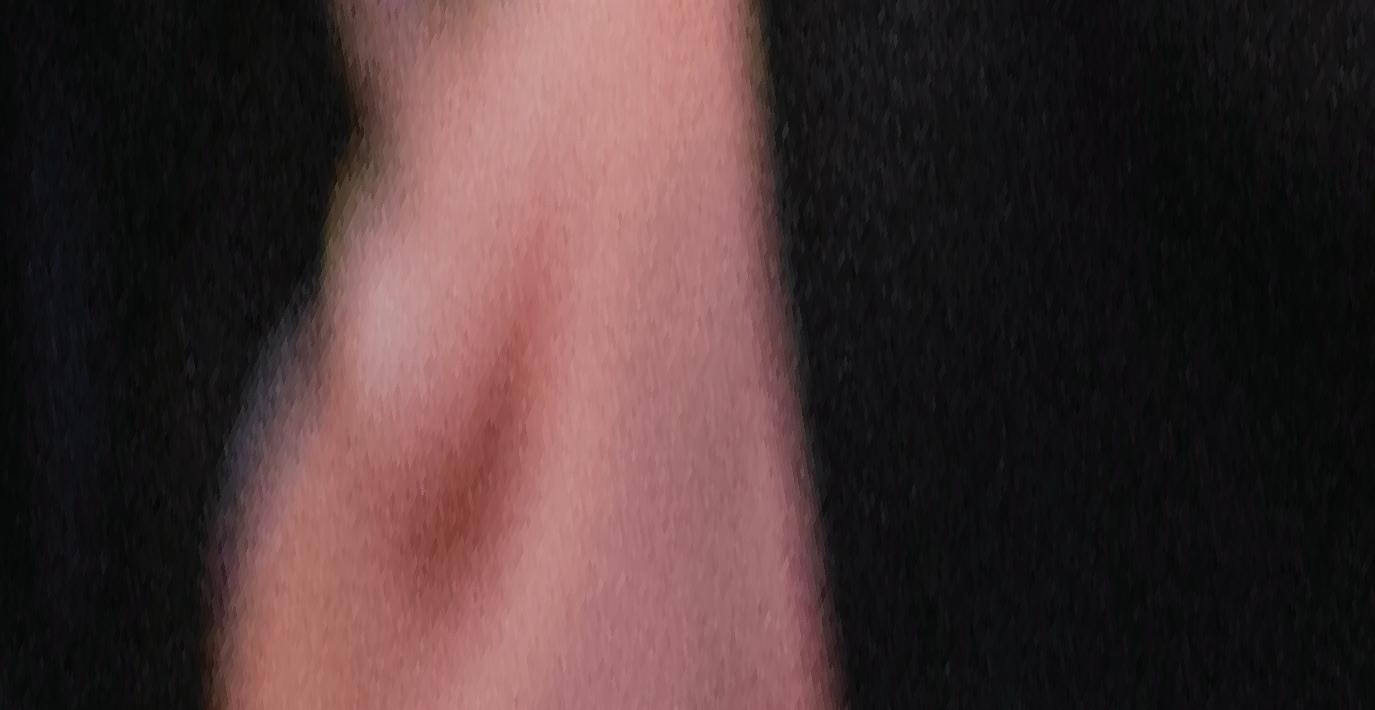

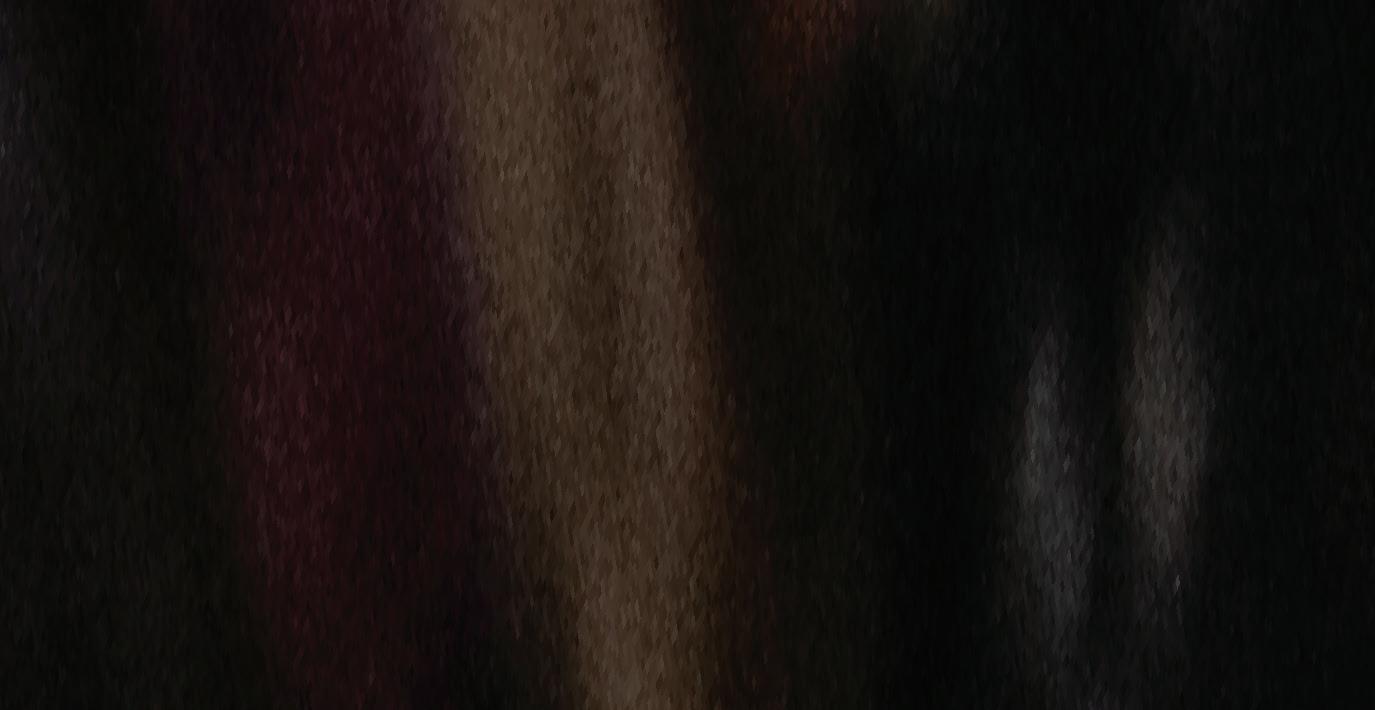
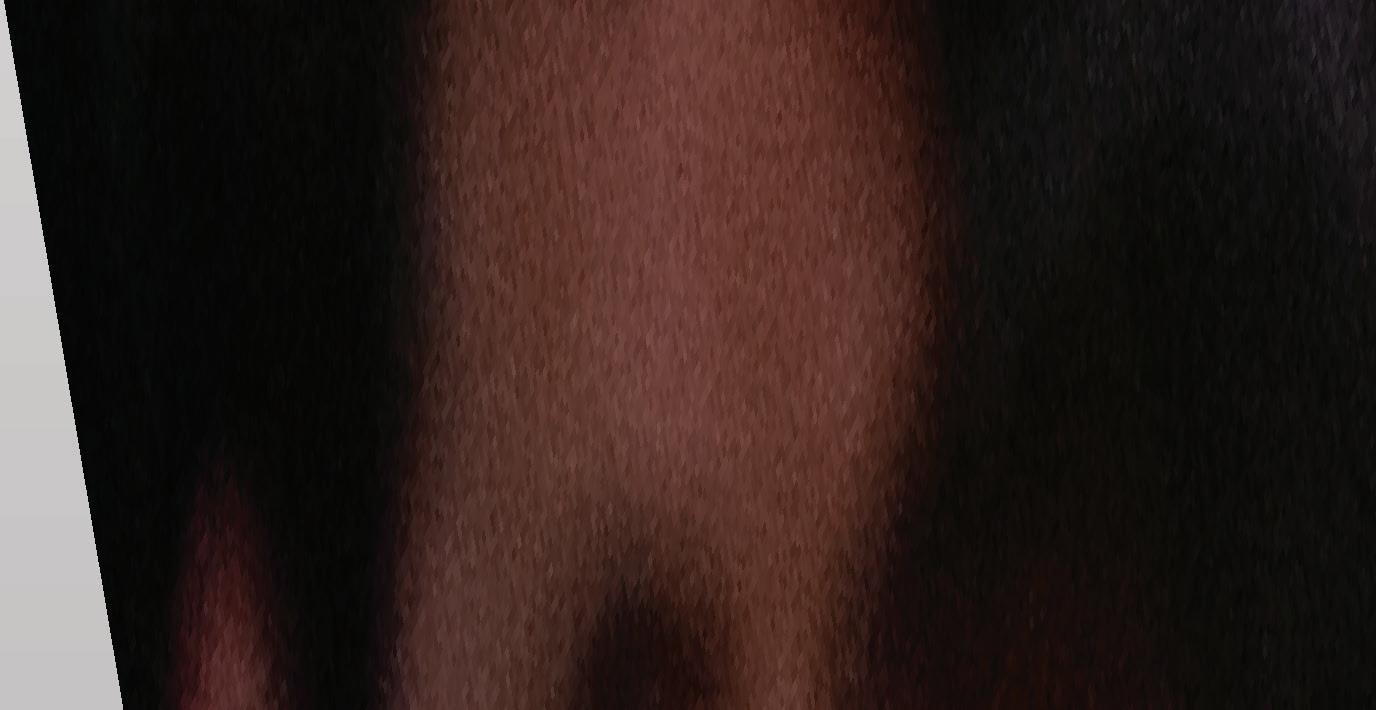
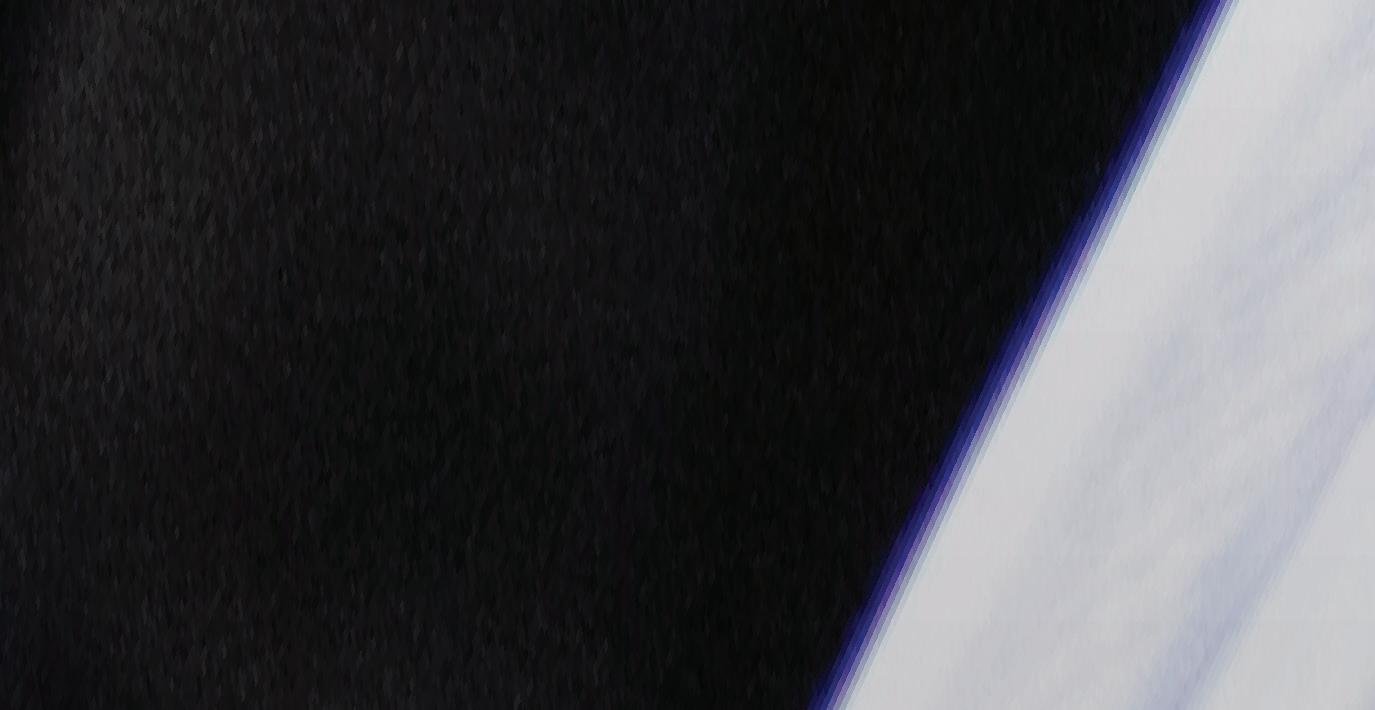
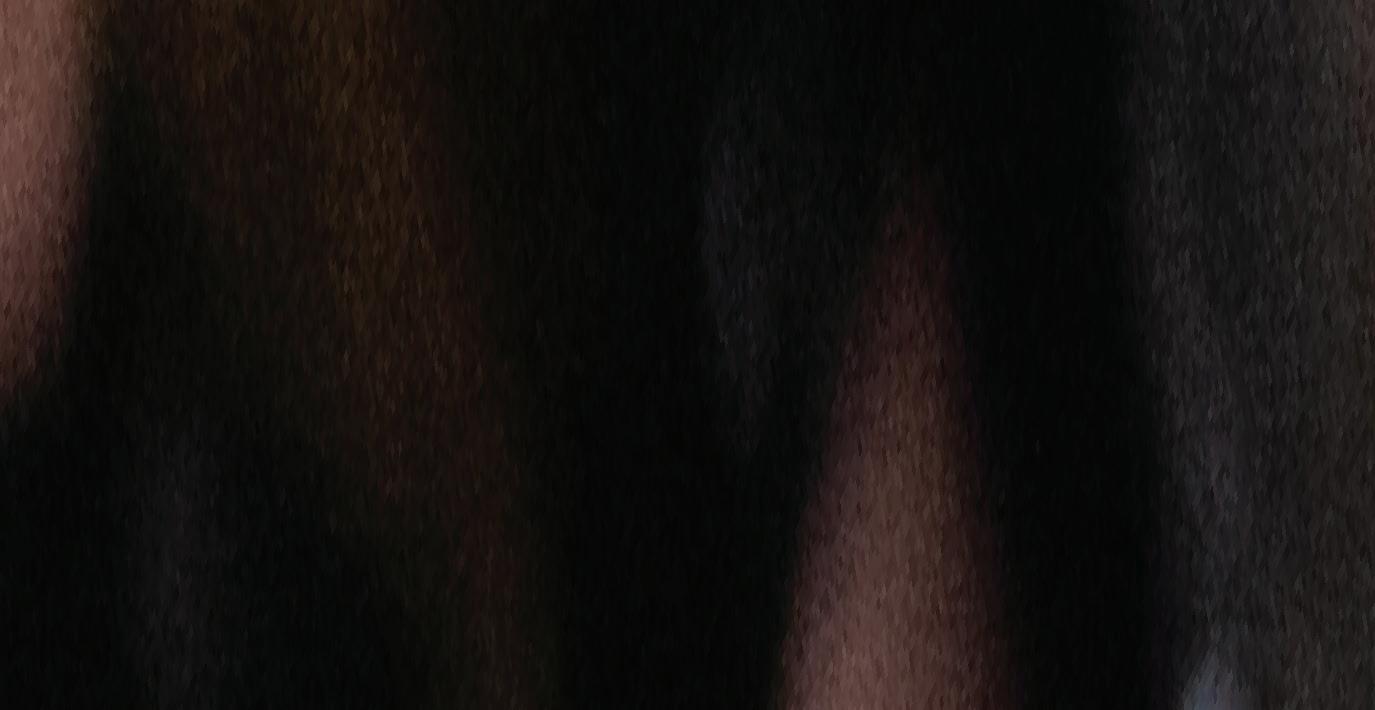
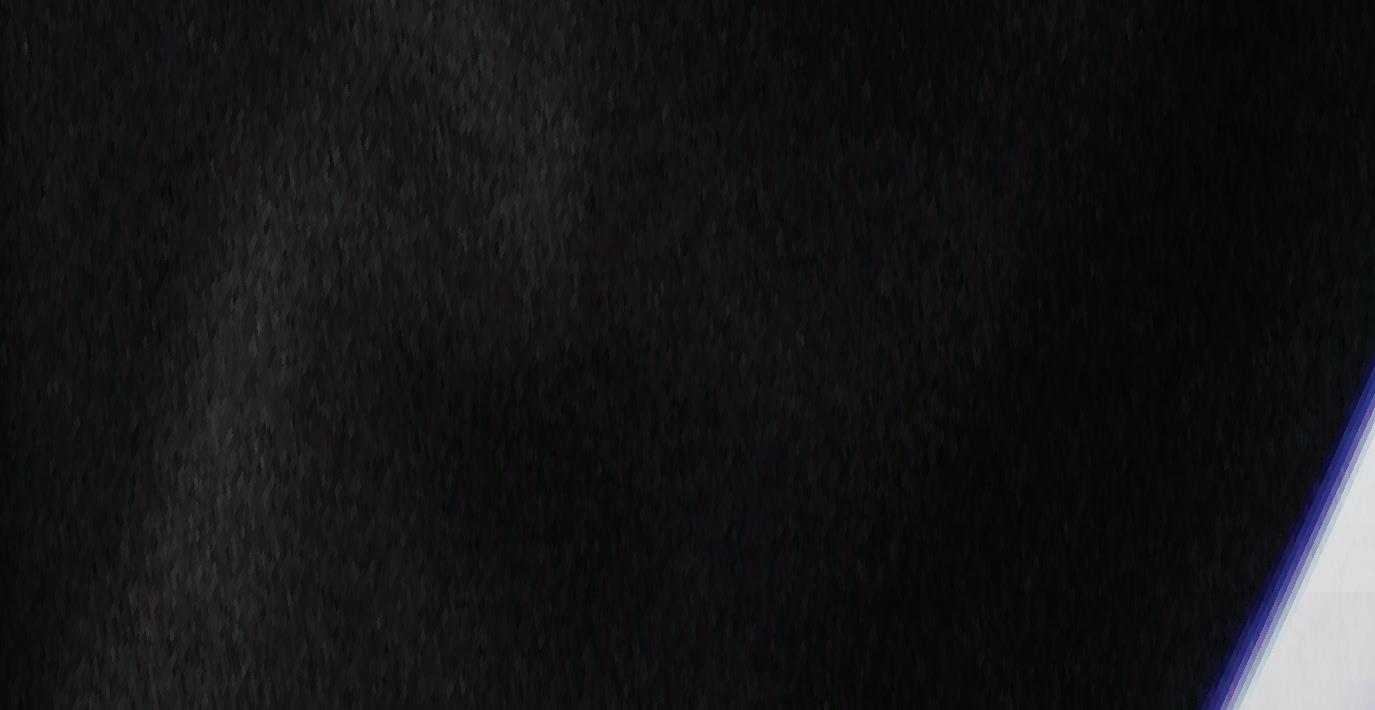



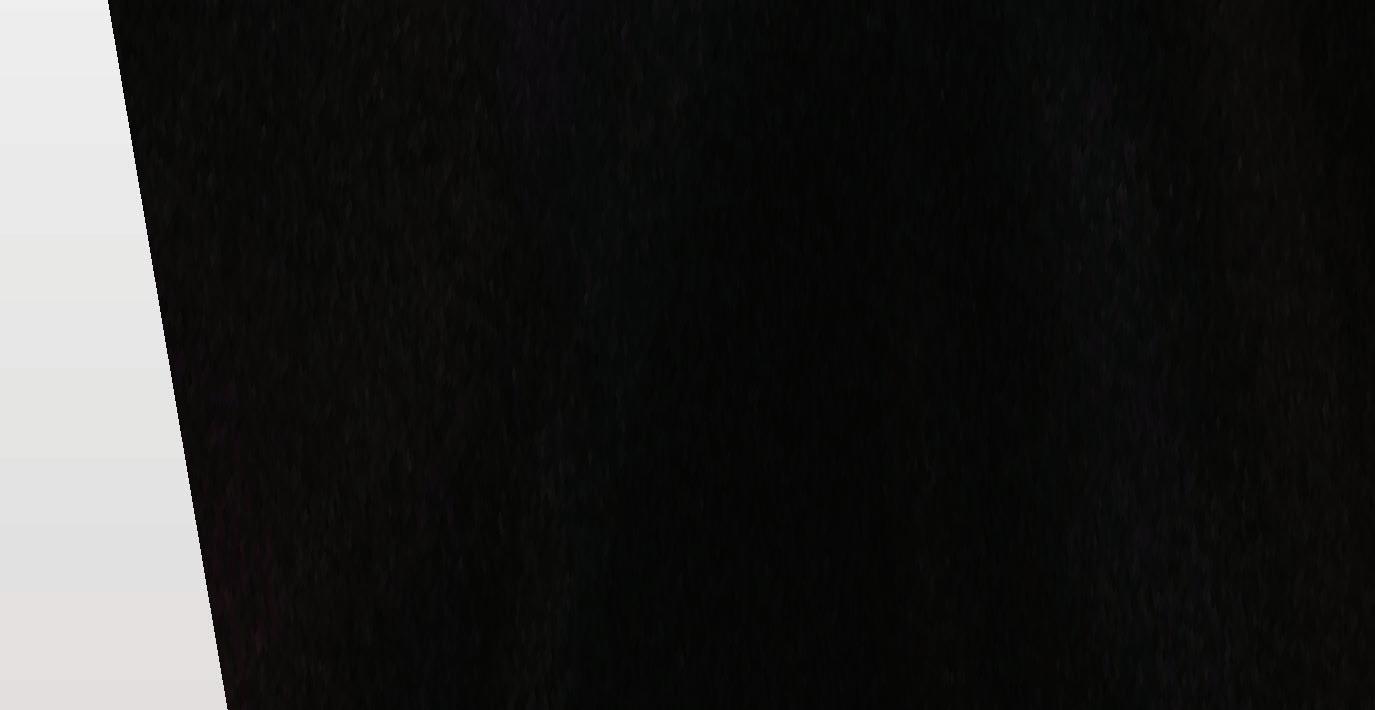

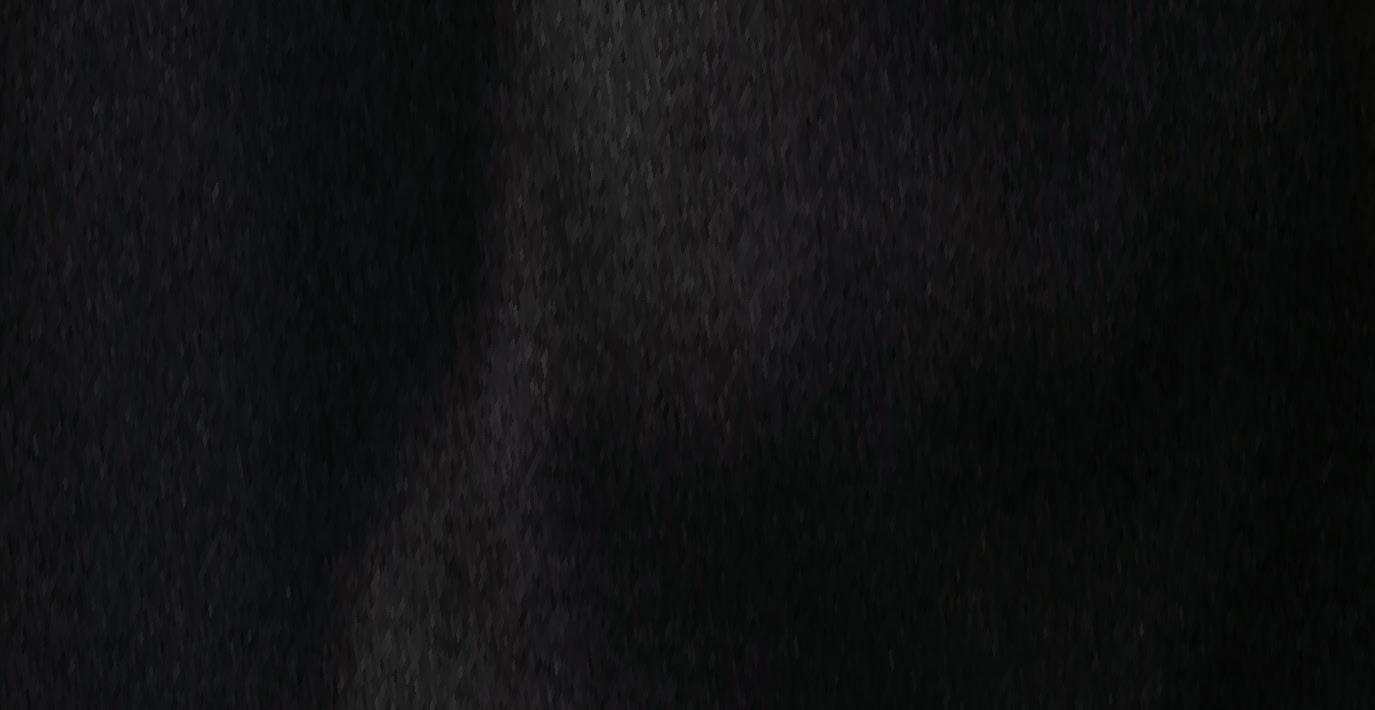


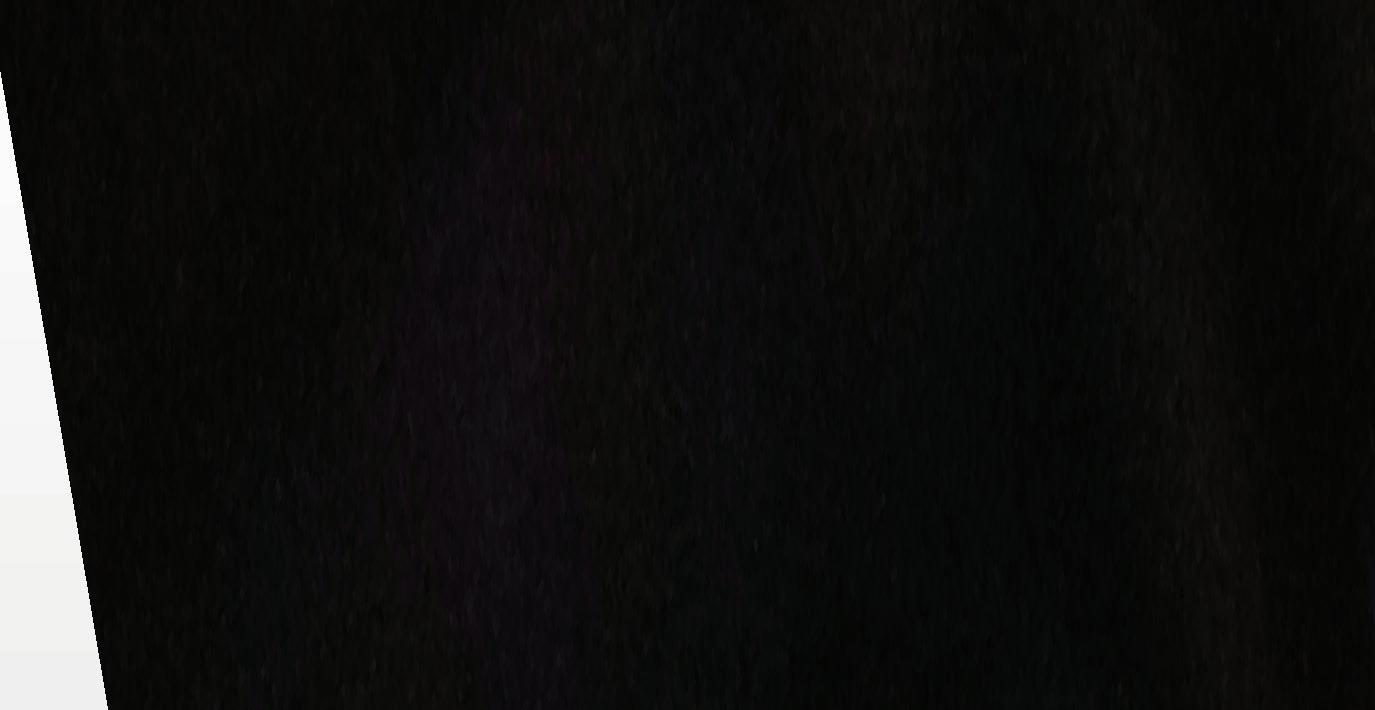 Words by Bridget Woodham HEAD OF DEVELOPMENT
Words by Bridget Woodham HEAD OF DEVELOPMENT




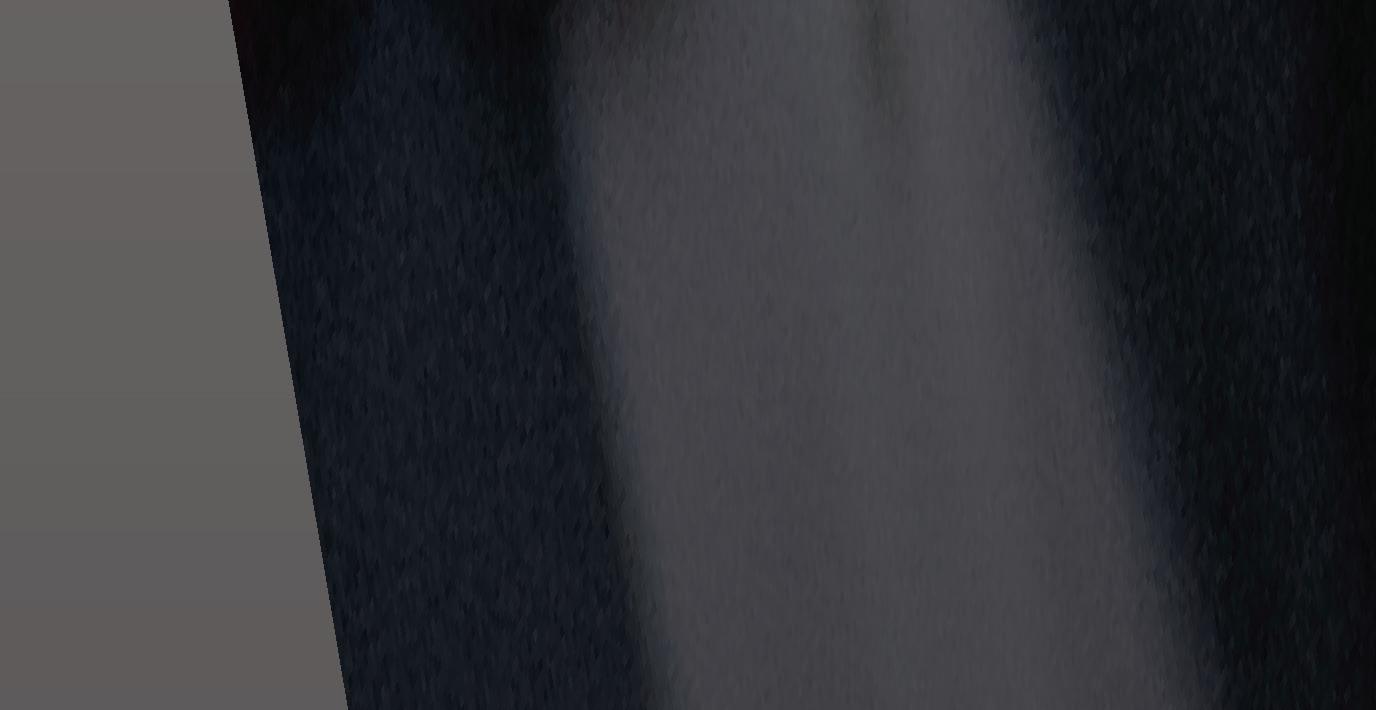
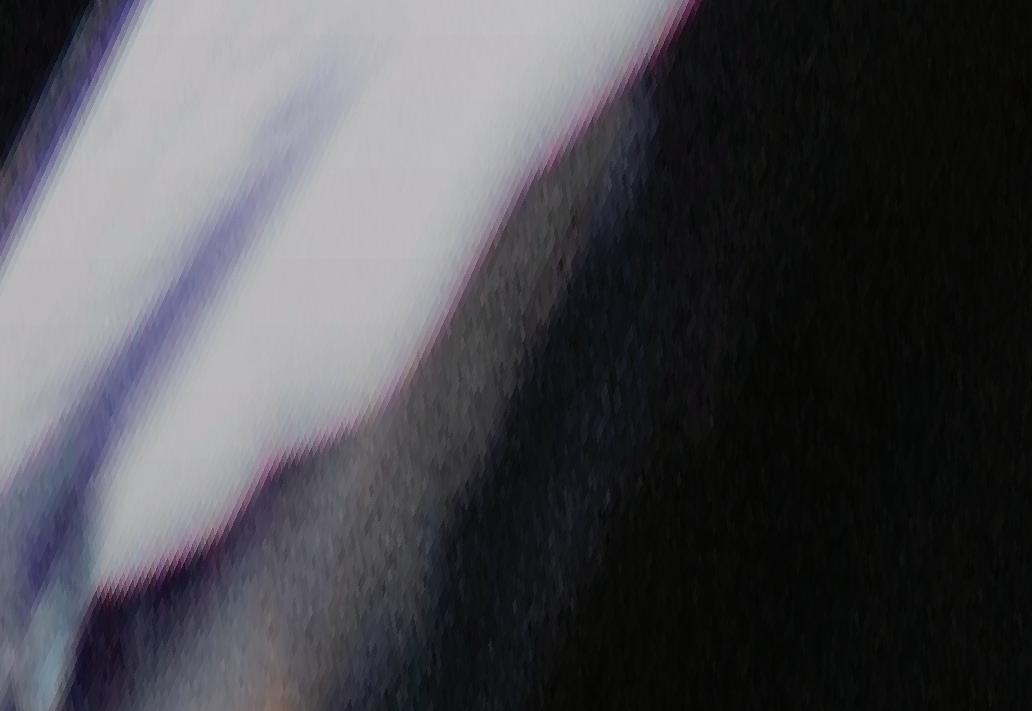


Scan here to have your name engraved in Atawhai! Each donation over $500 gives you the opportunity to have a plaque on the back of state-of-the-art seating in the Elizabeth Reid Gym.




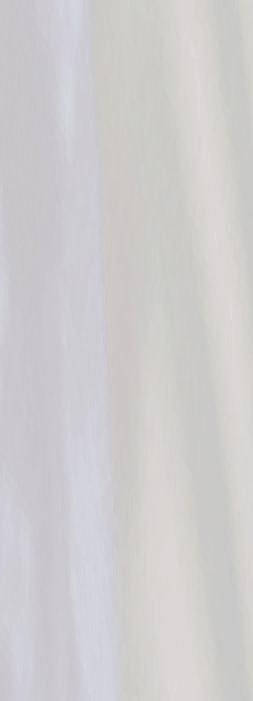




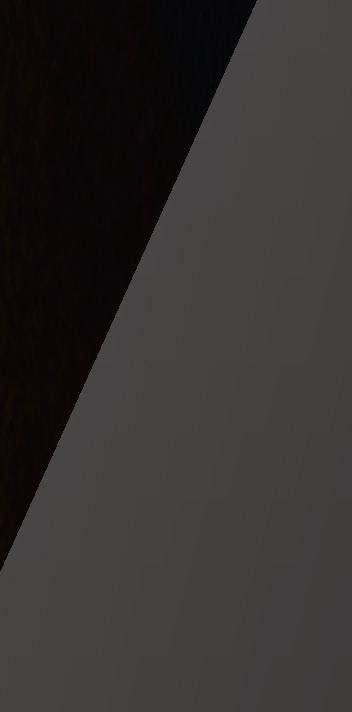

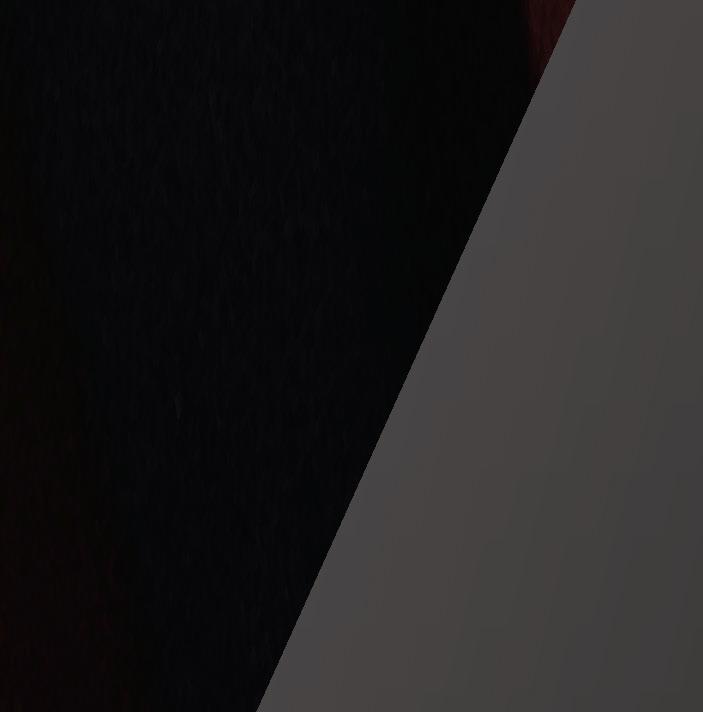







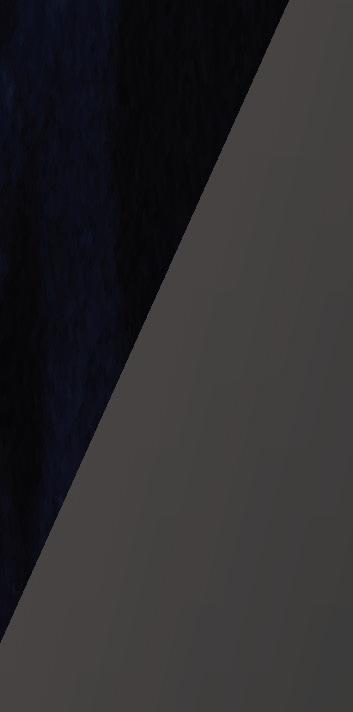






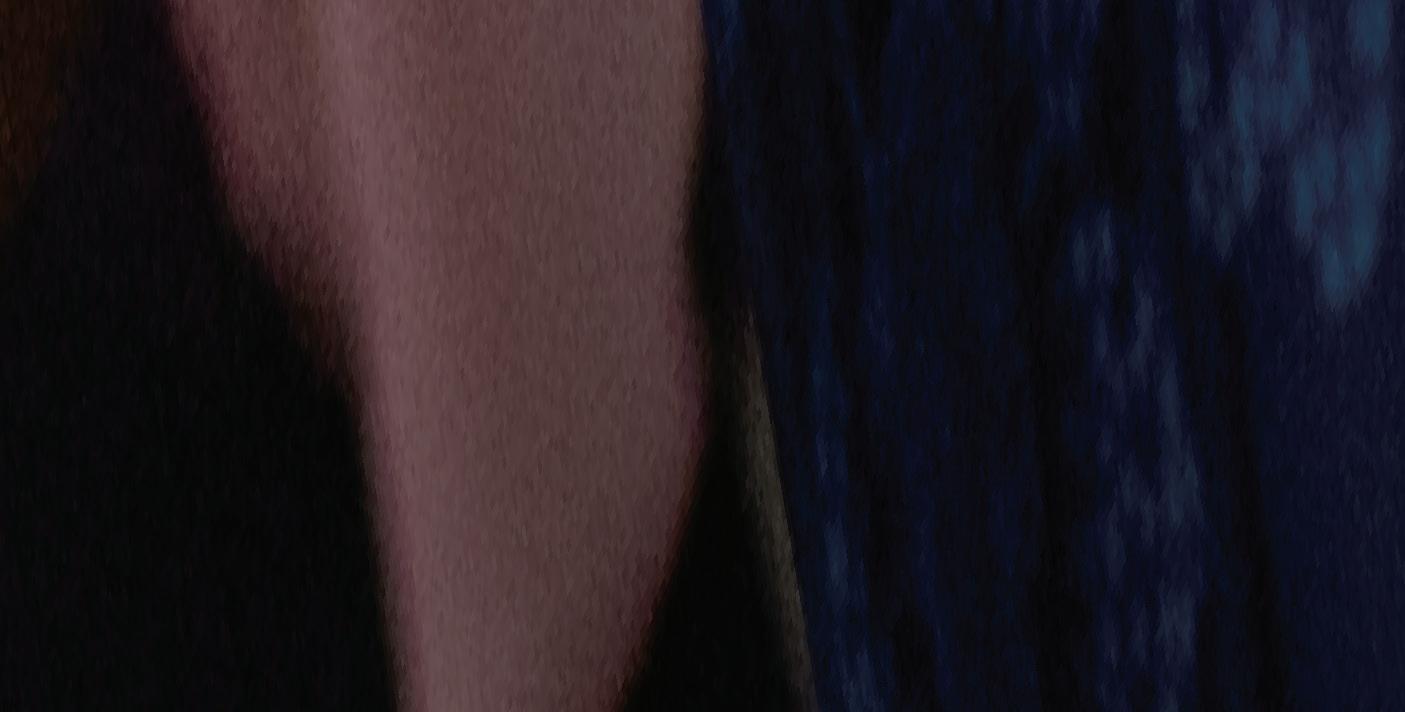

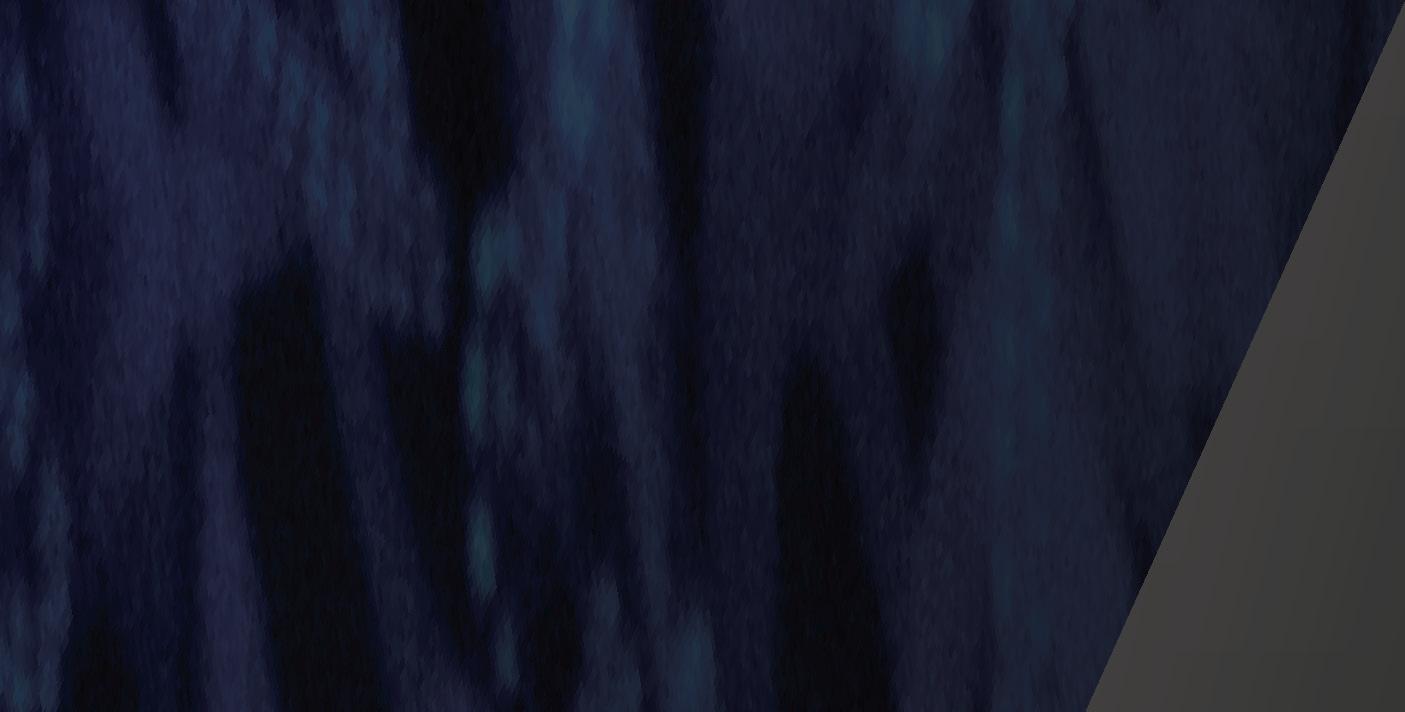
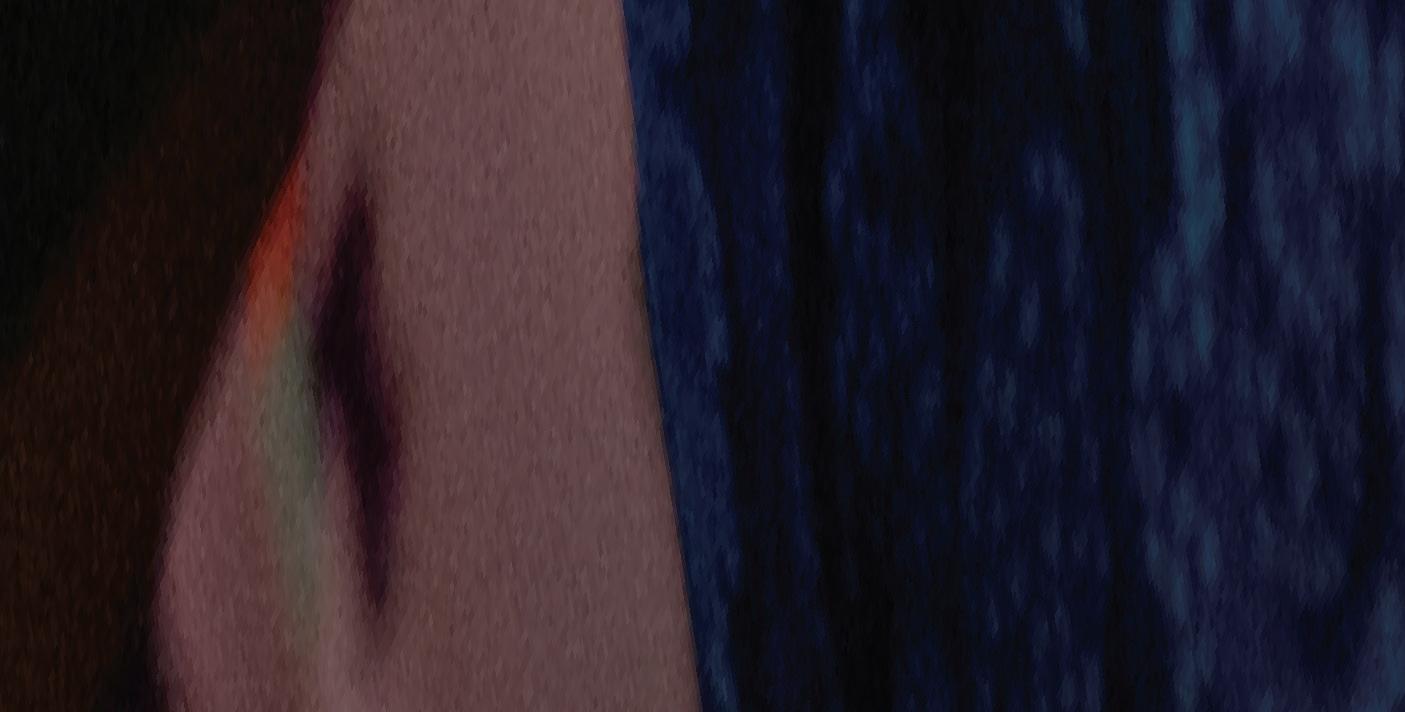

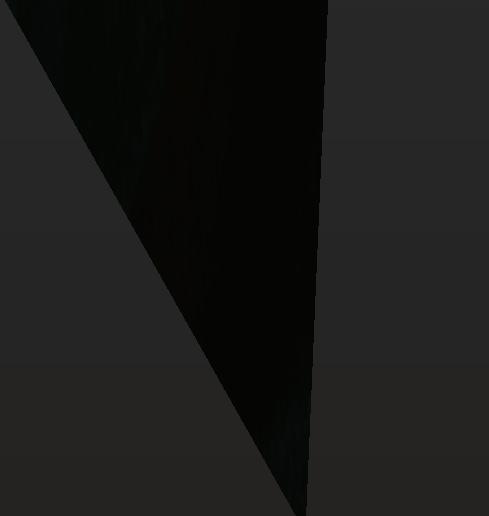

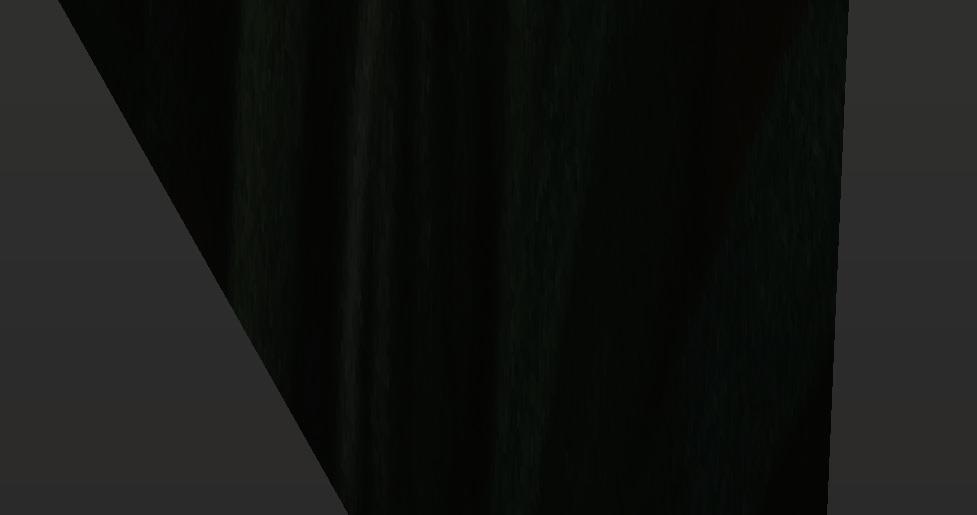



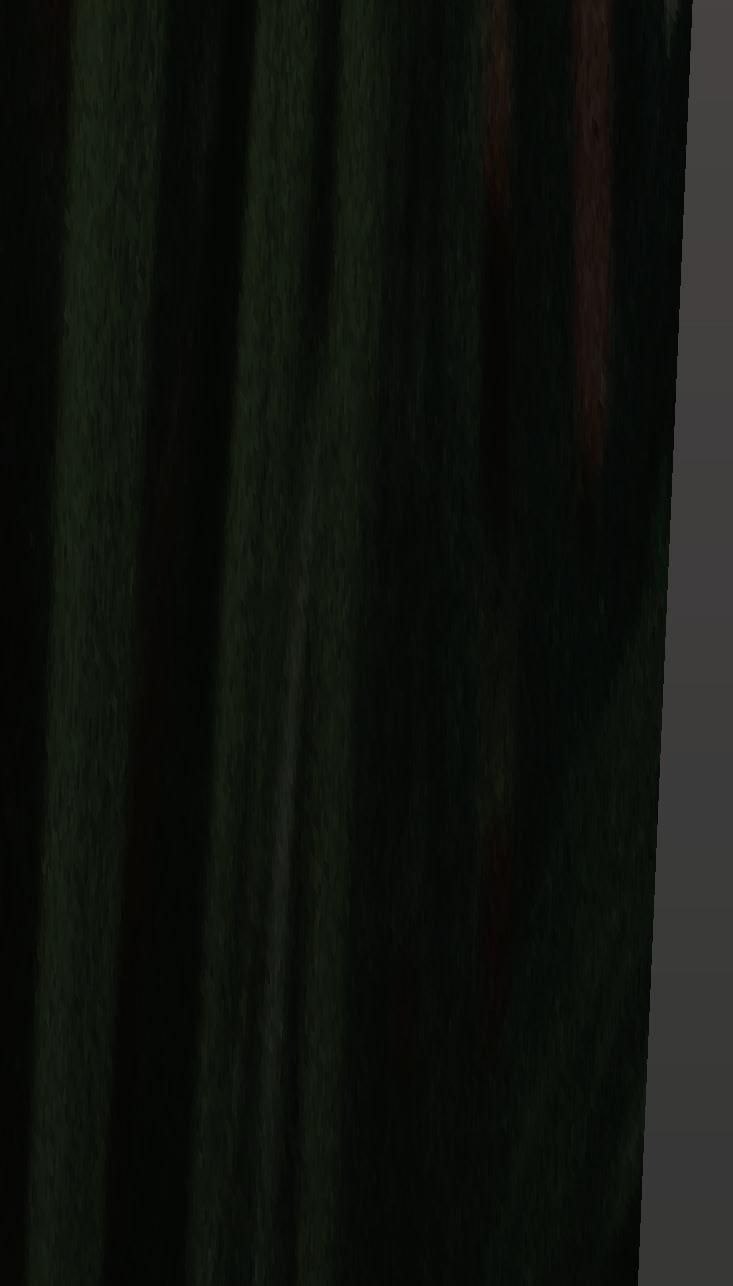
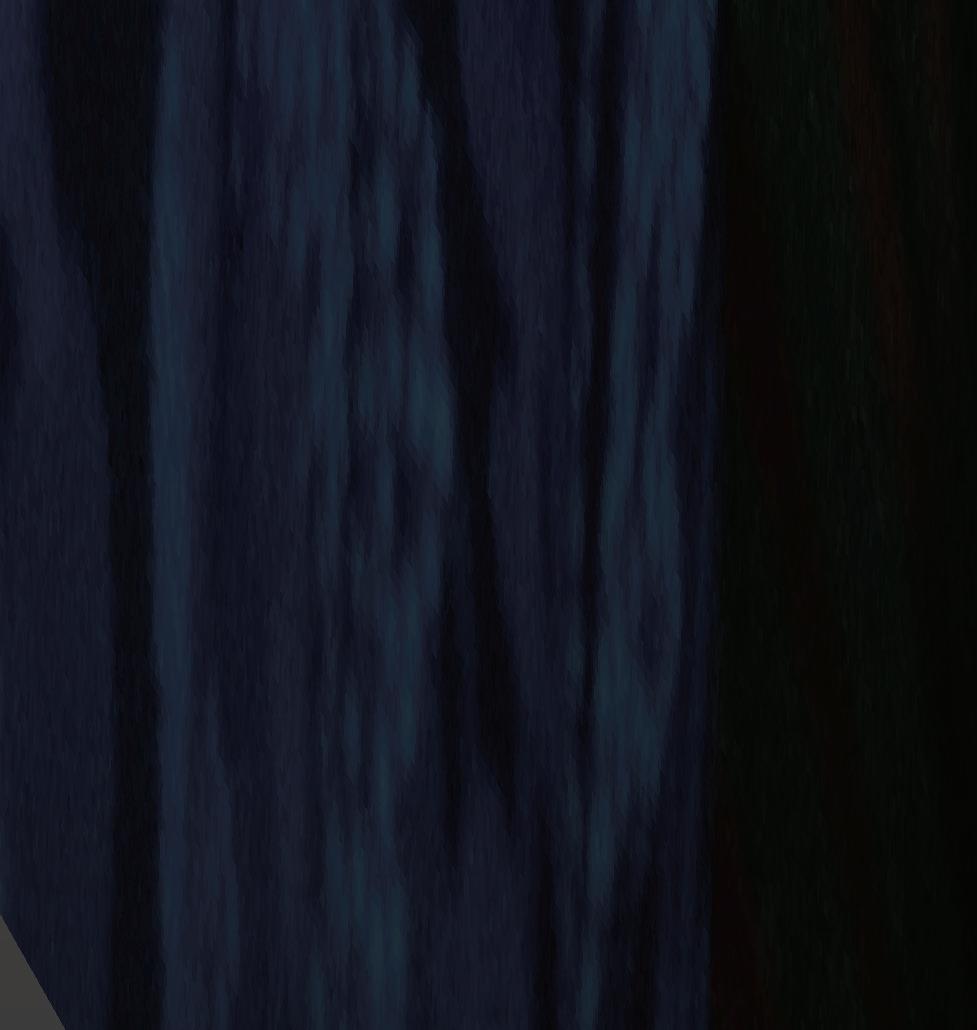






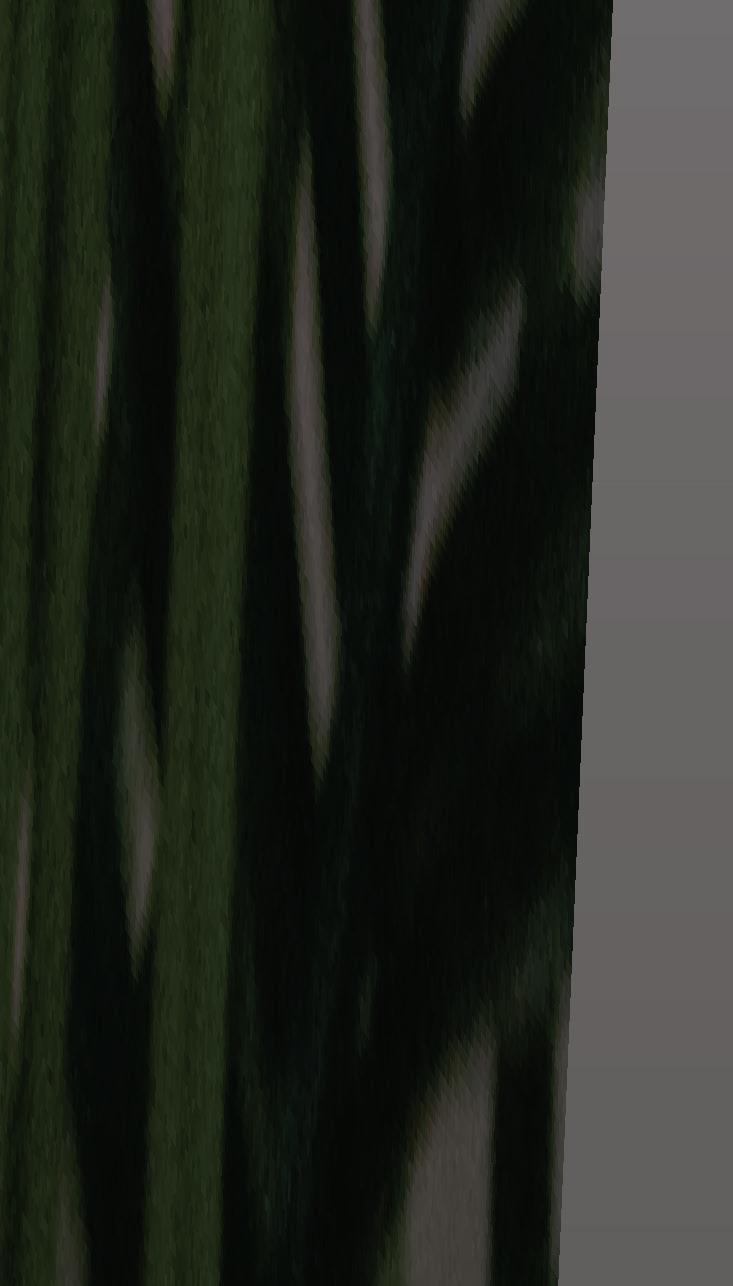



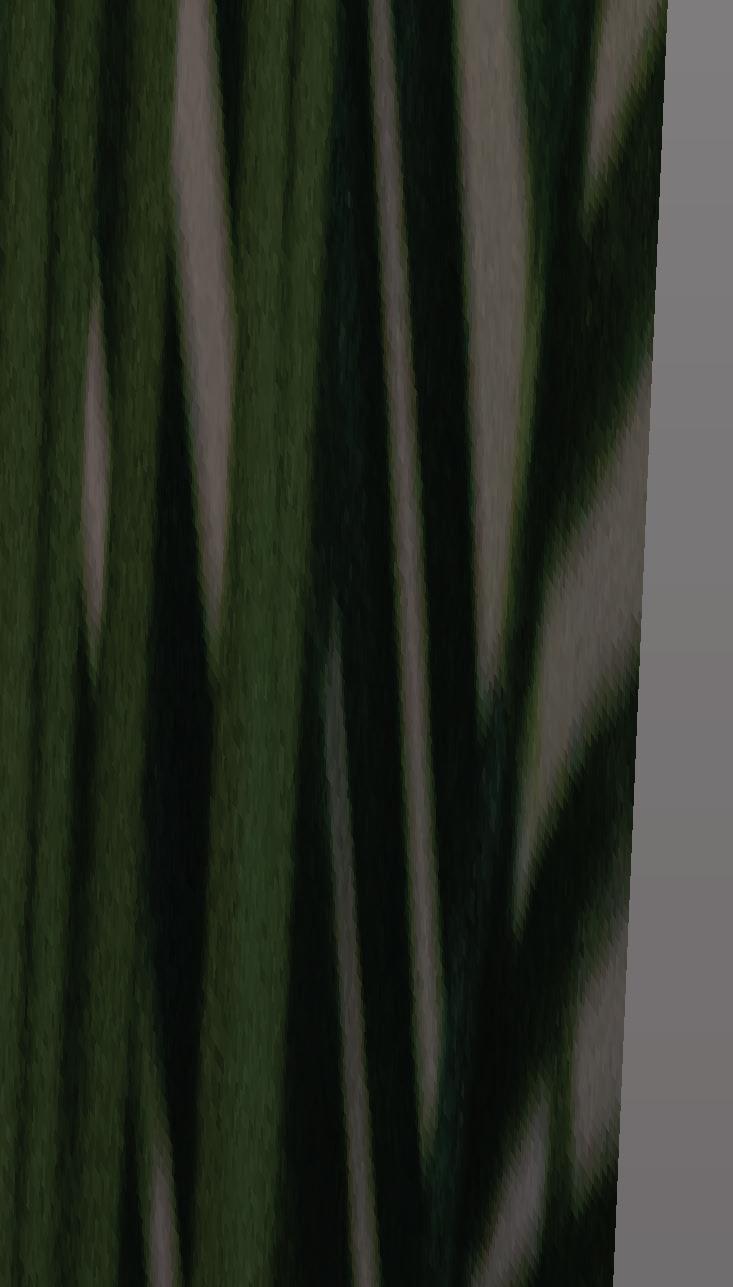
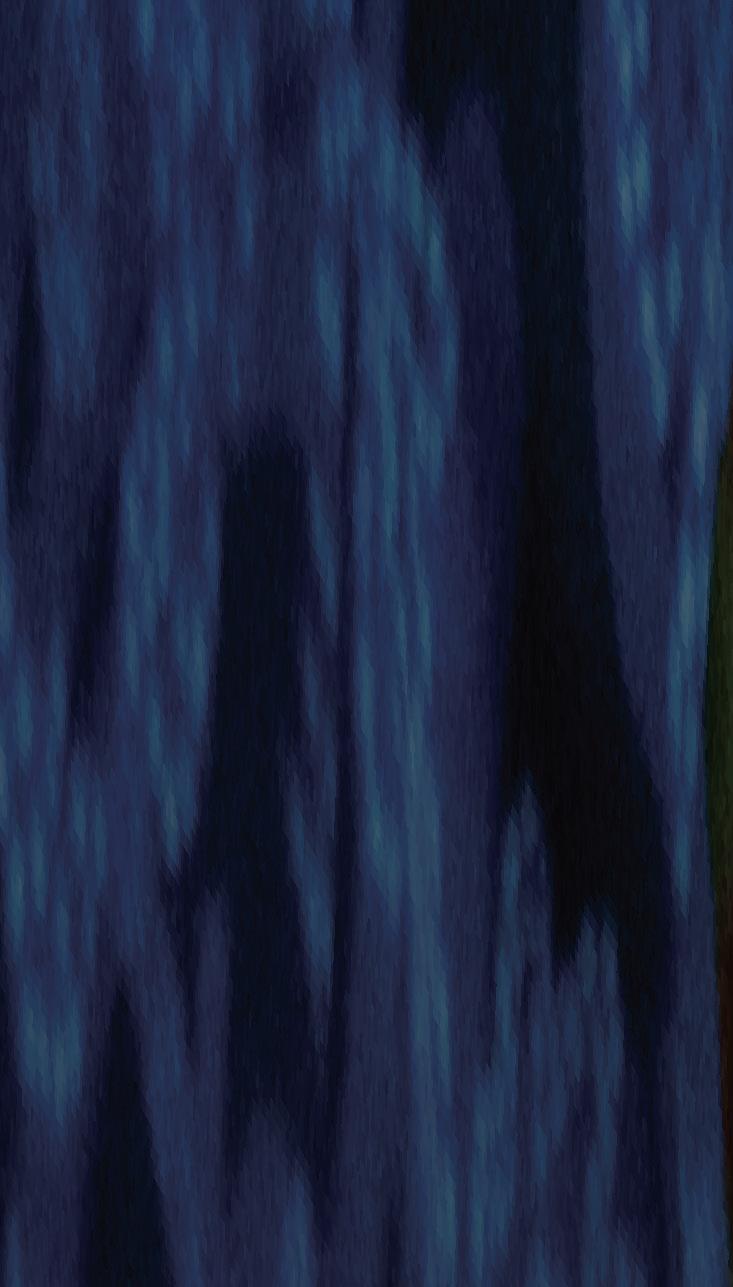


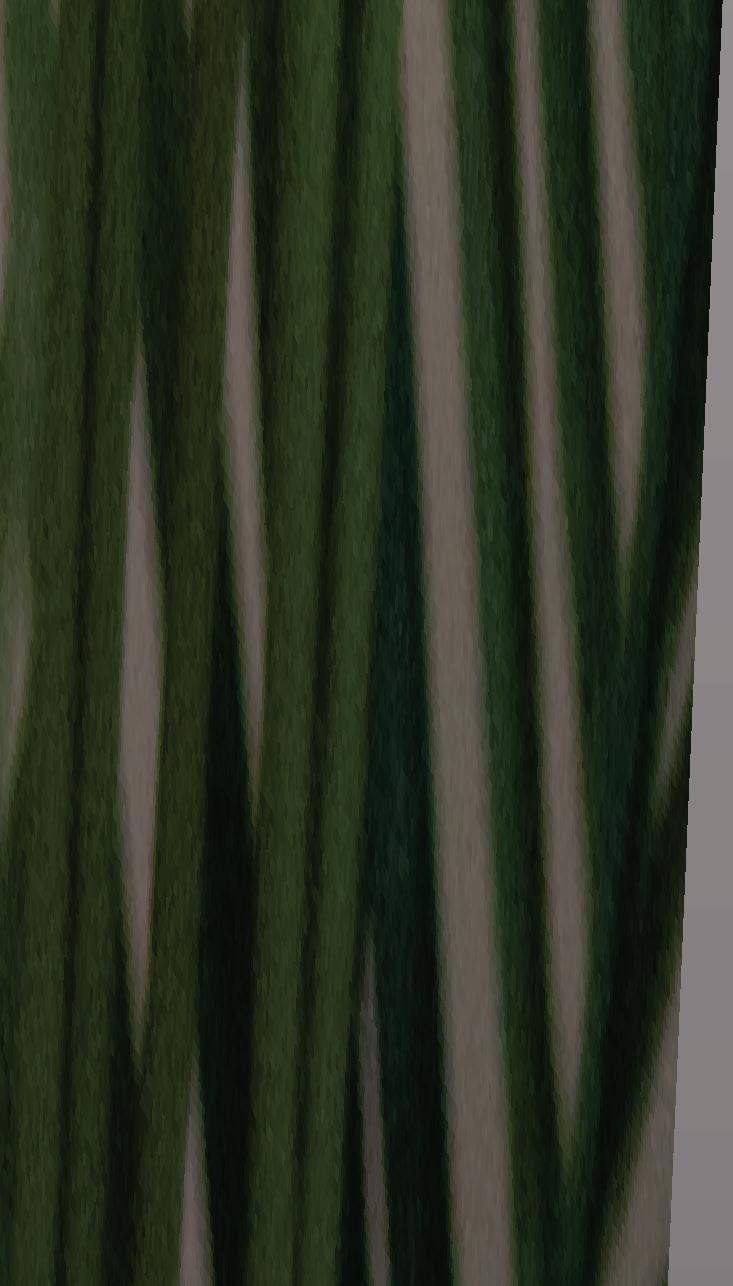



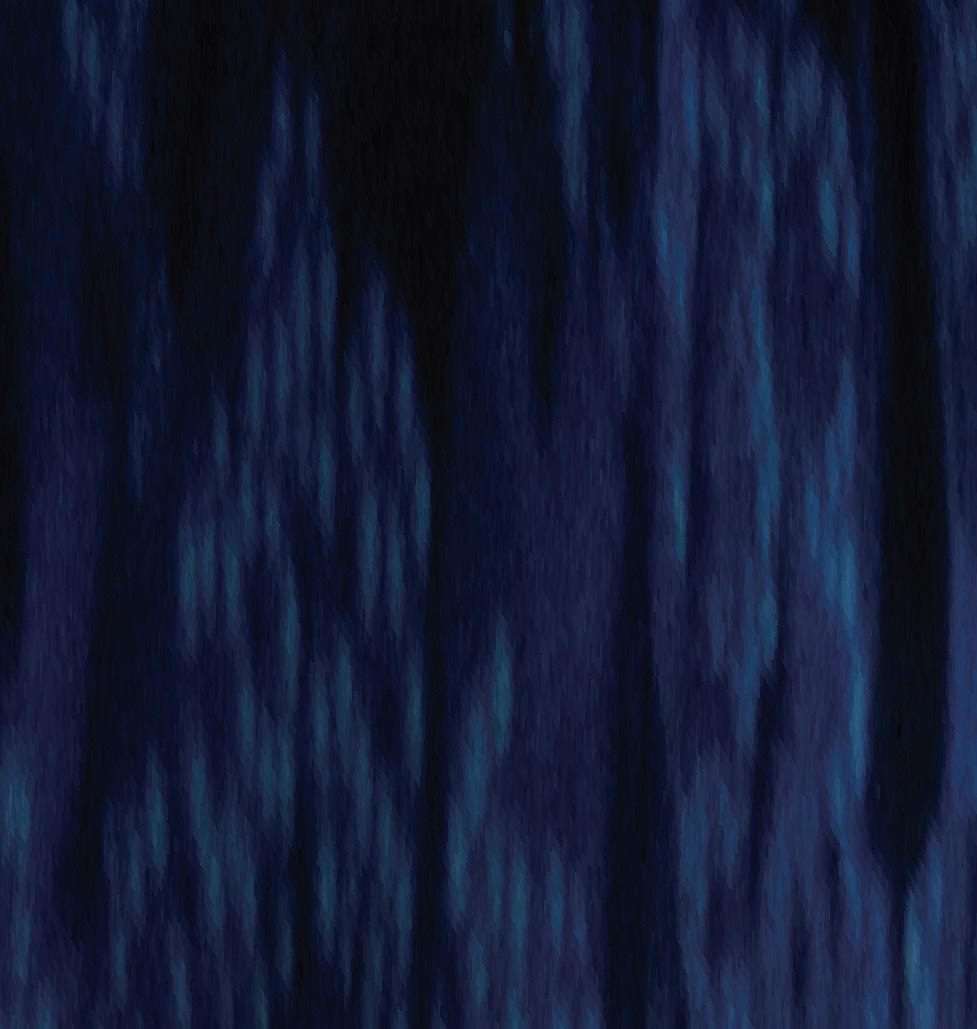

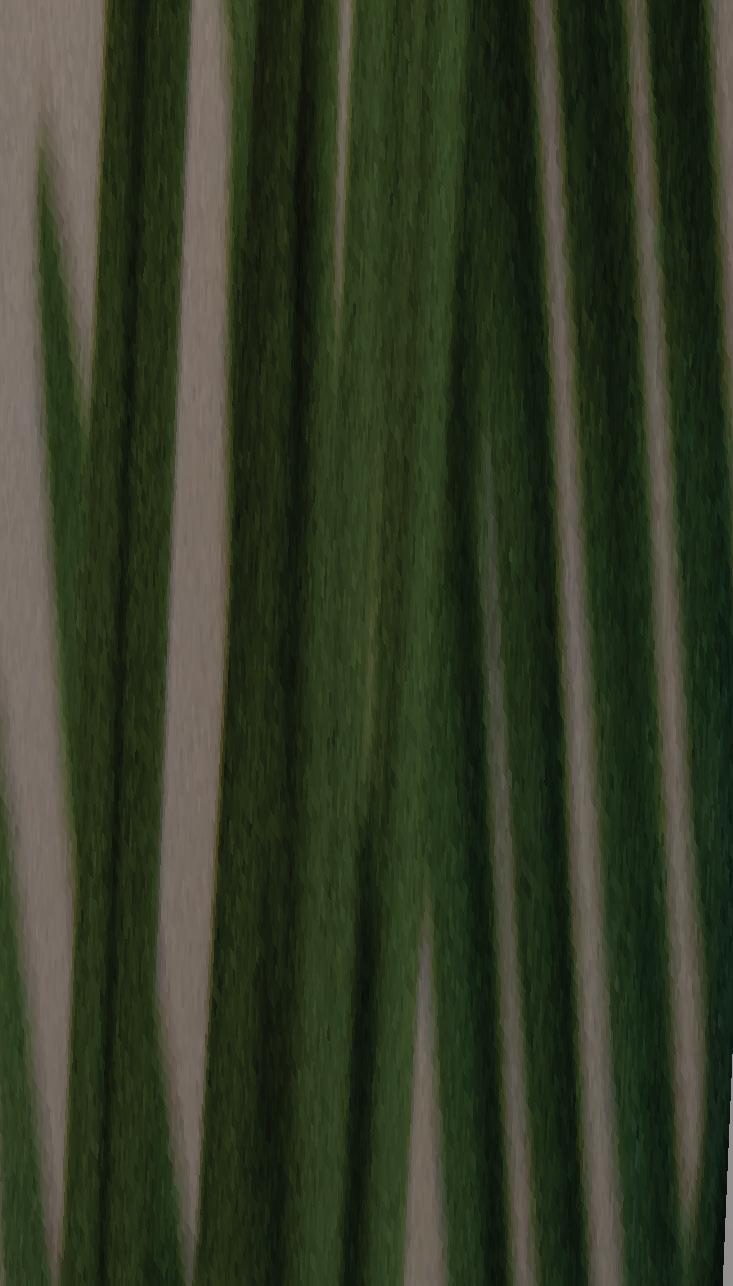



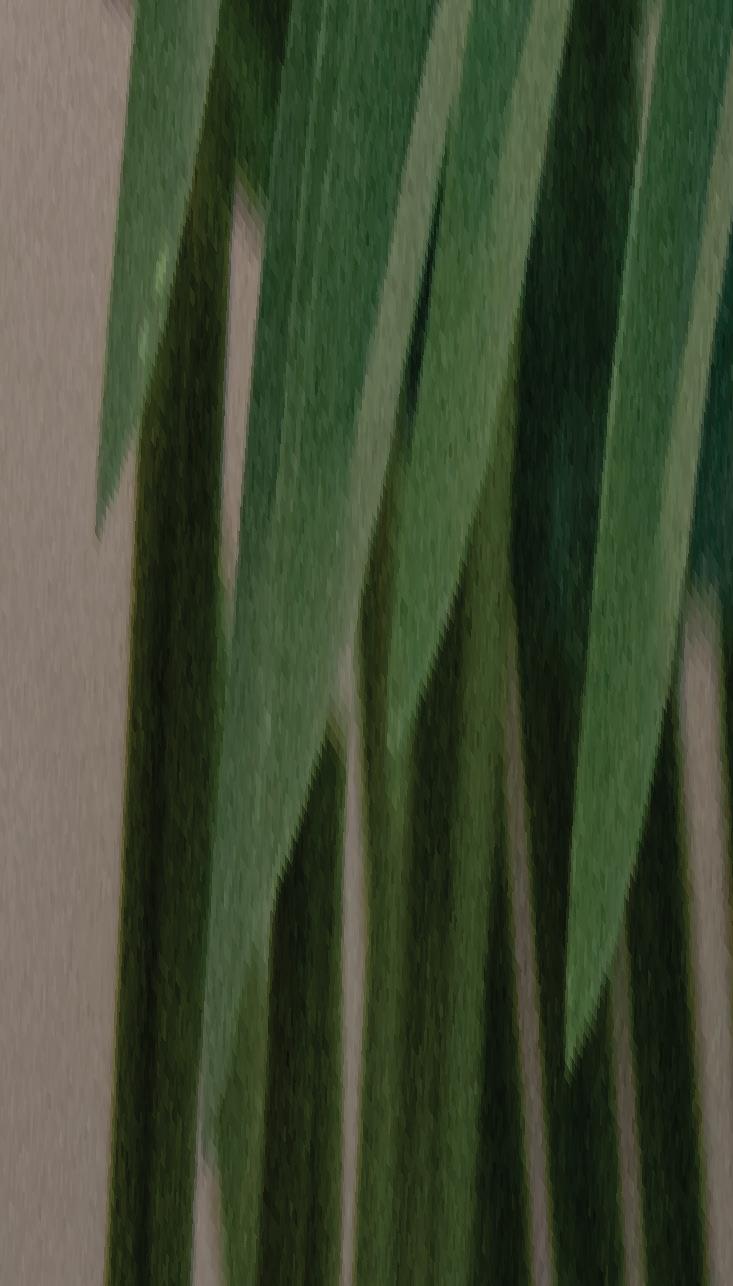
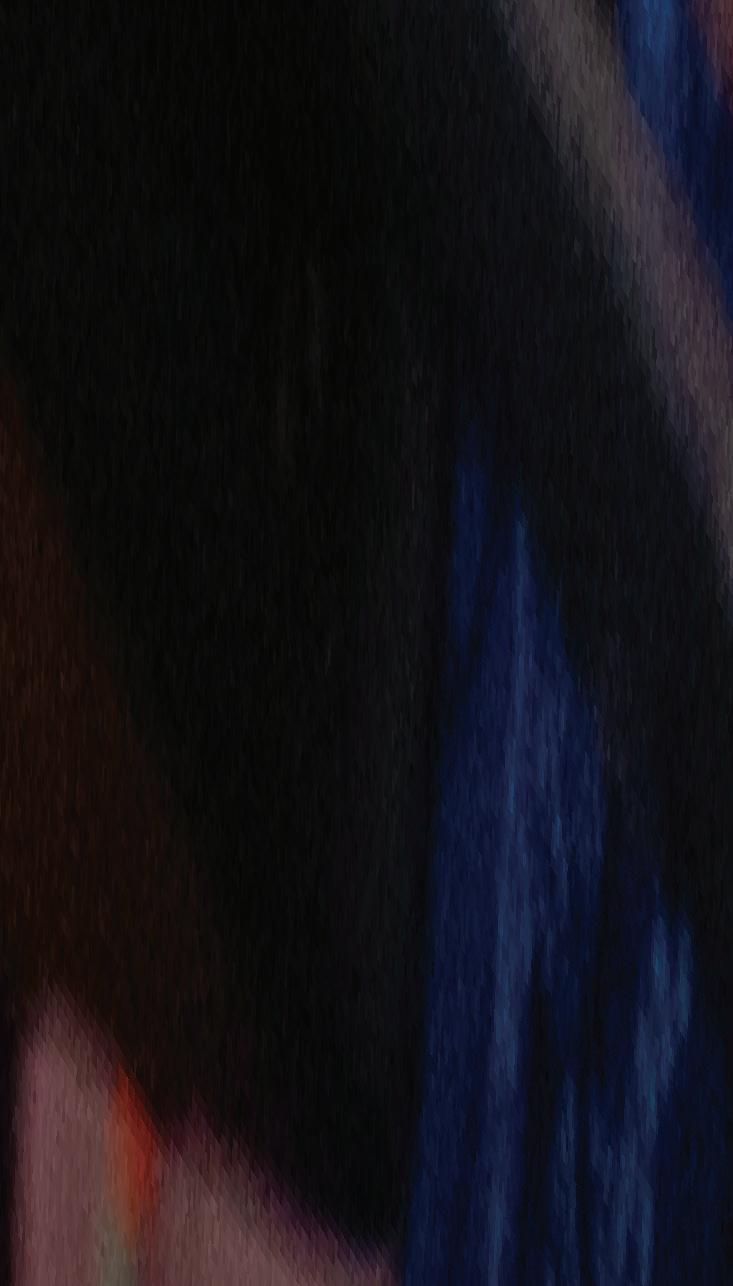

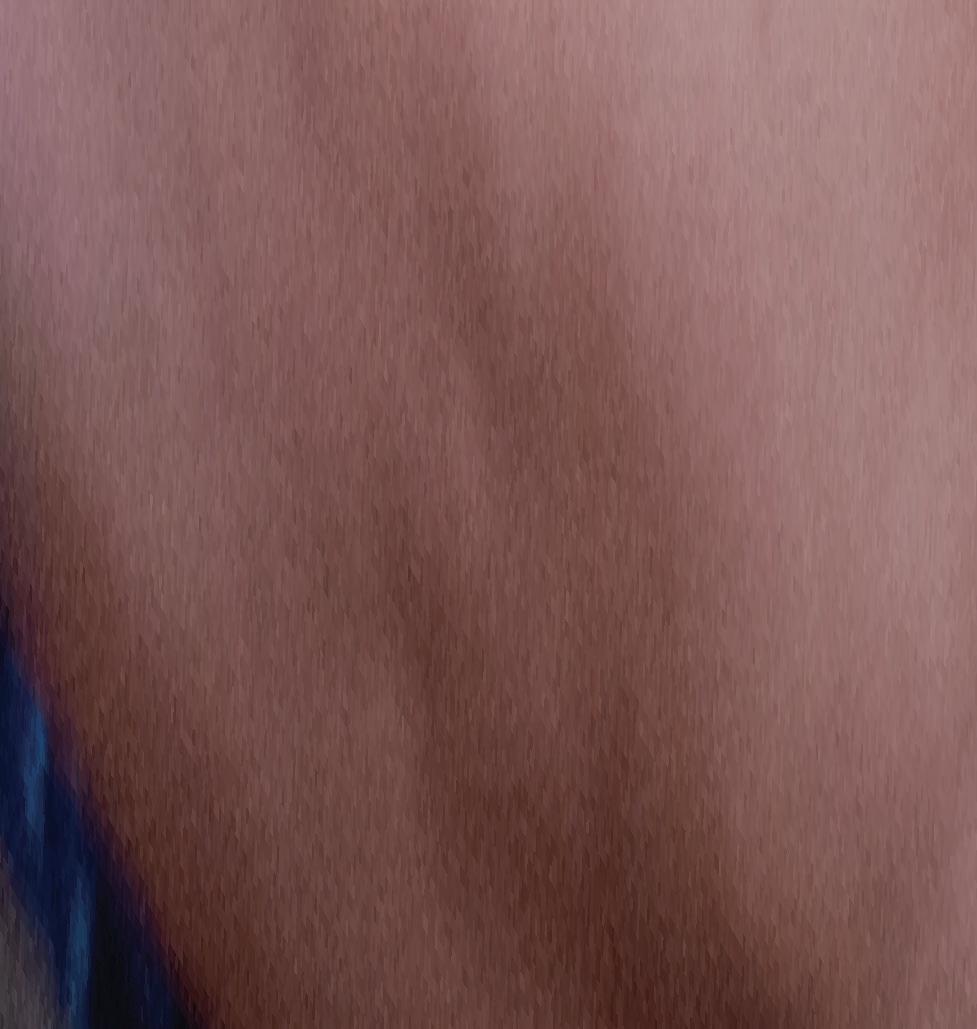

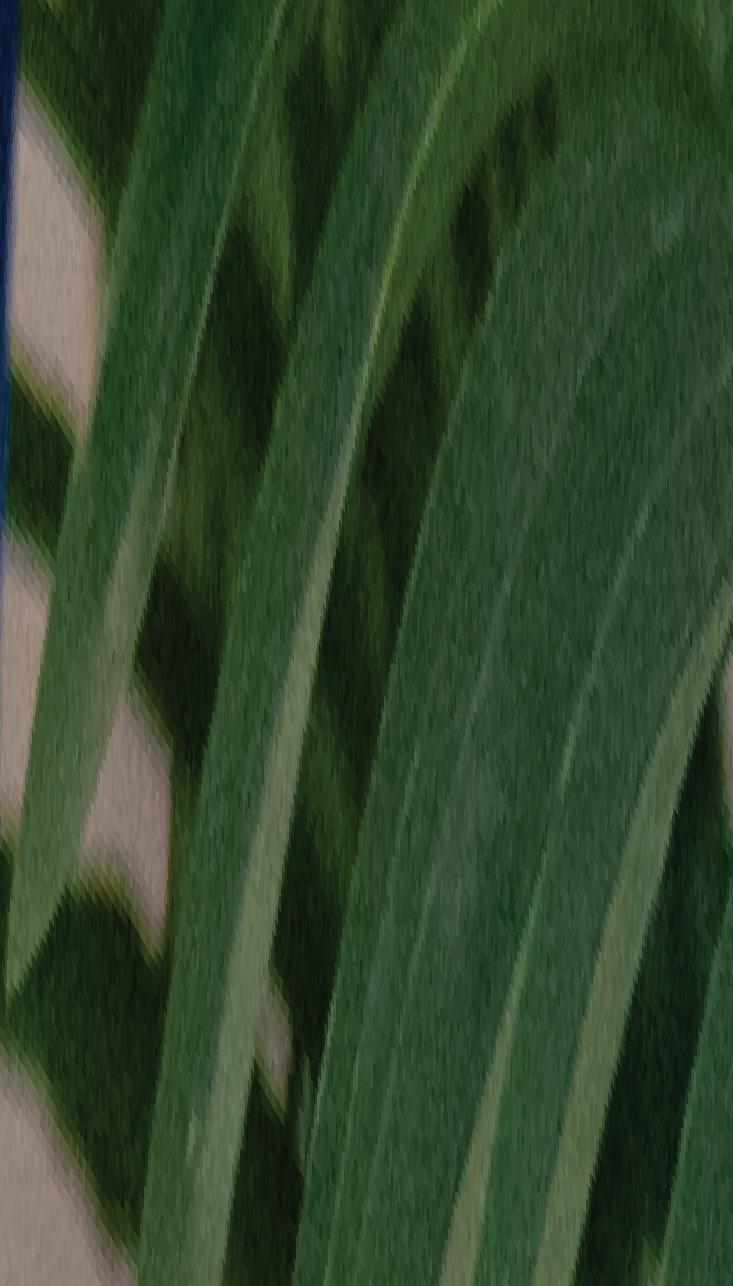

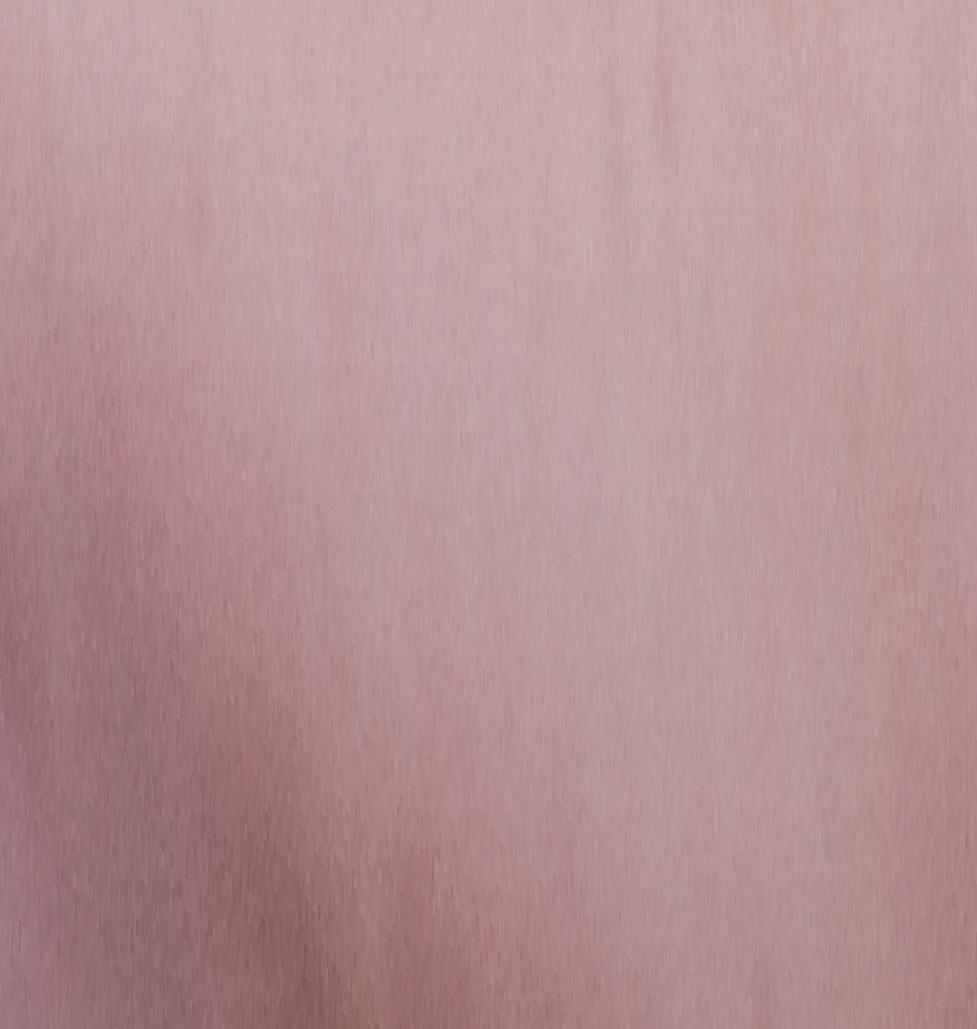
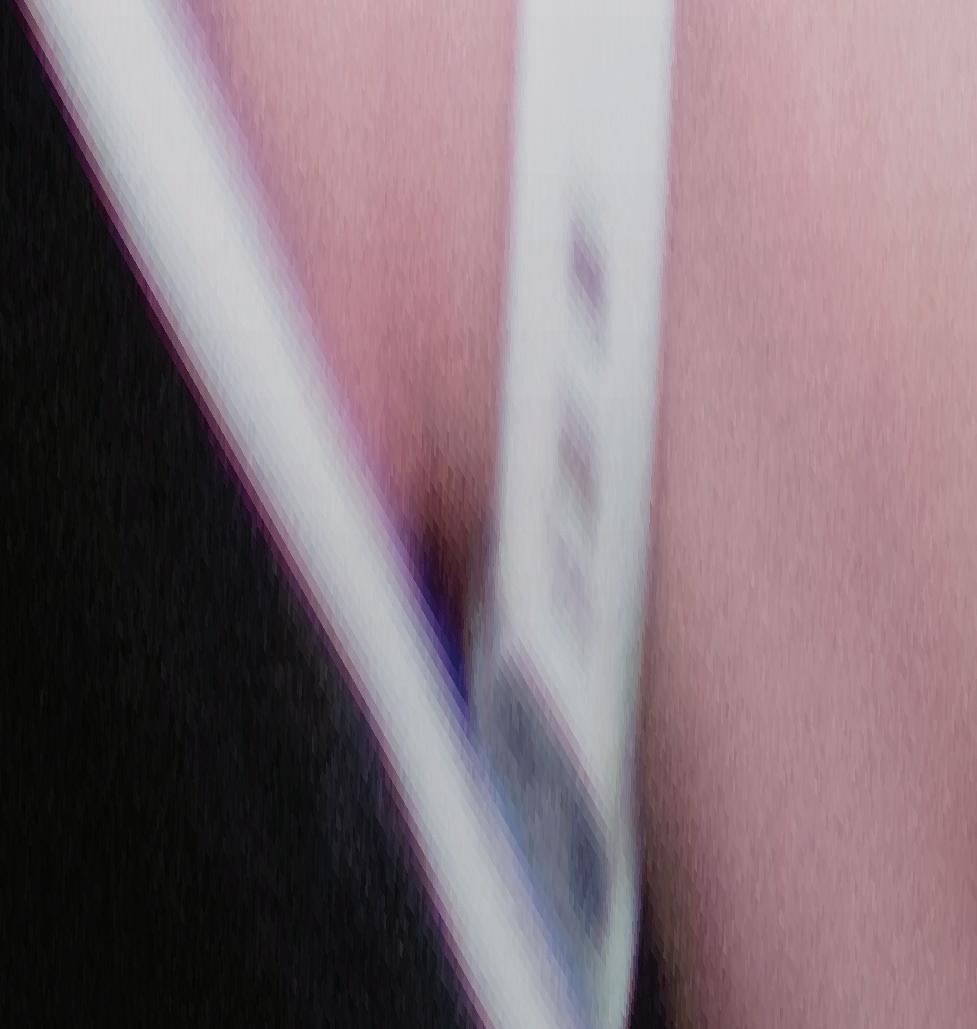
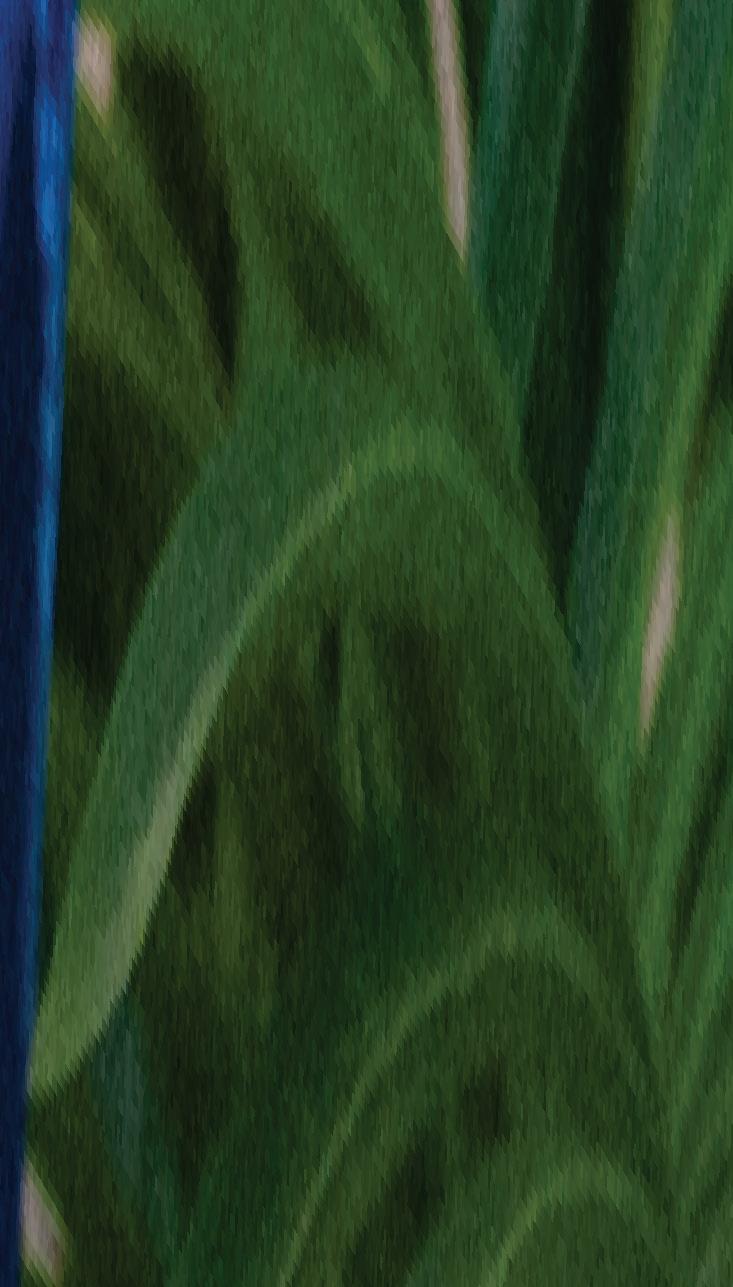
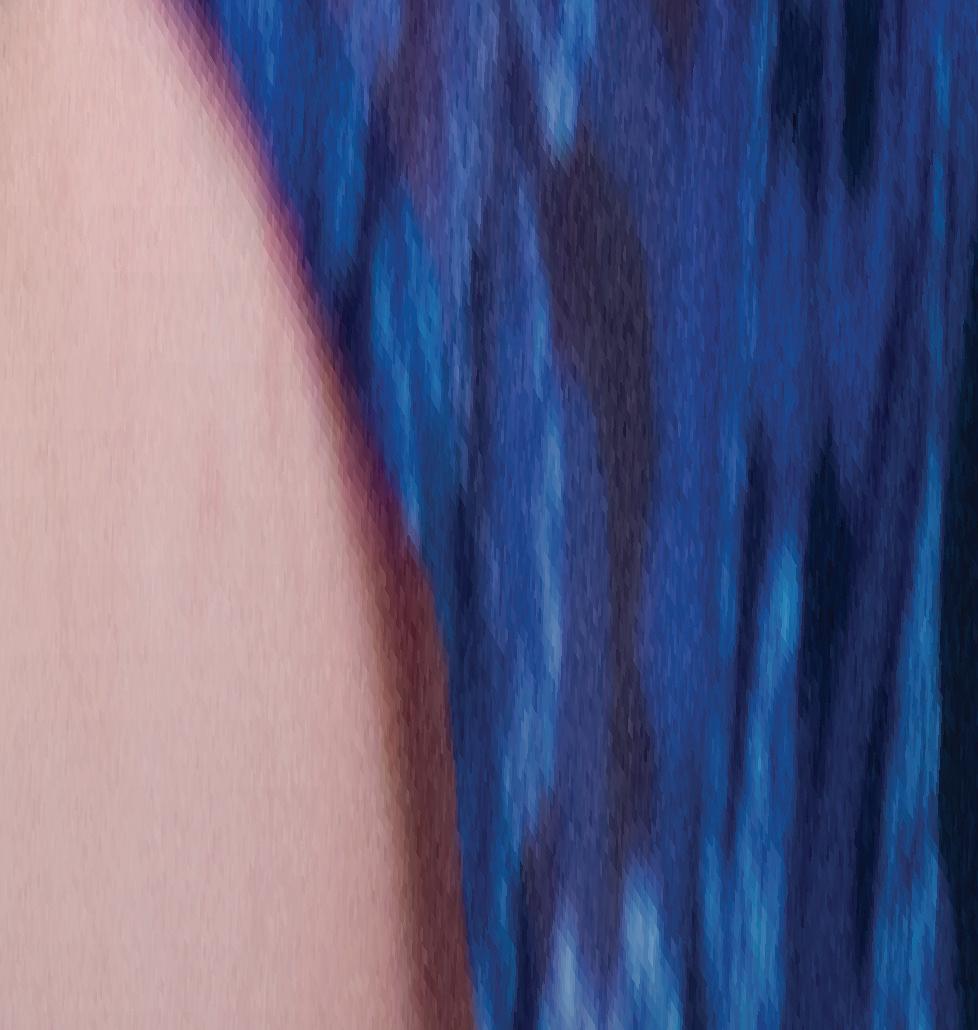
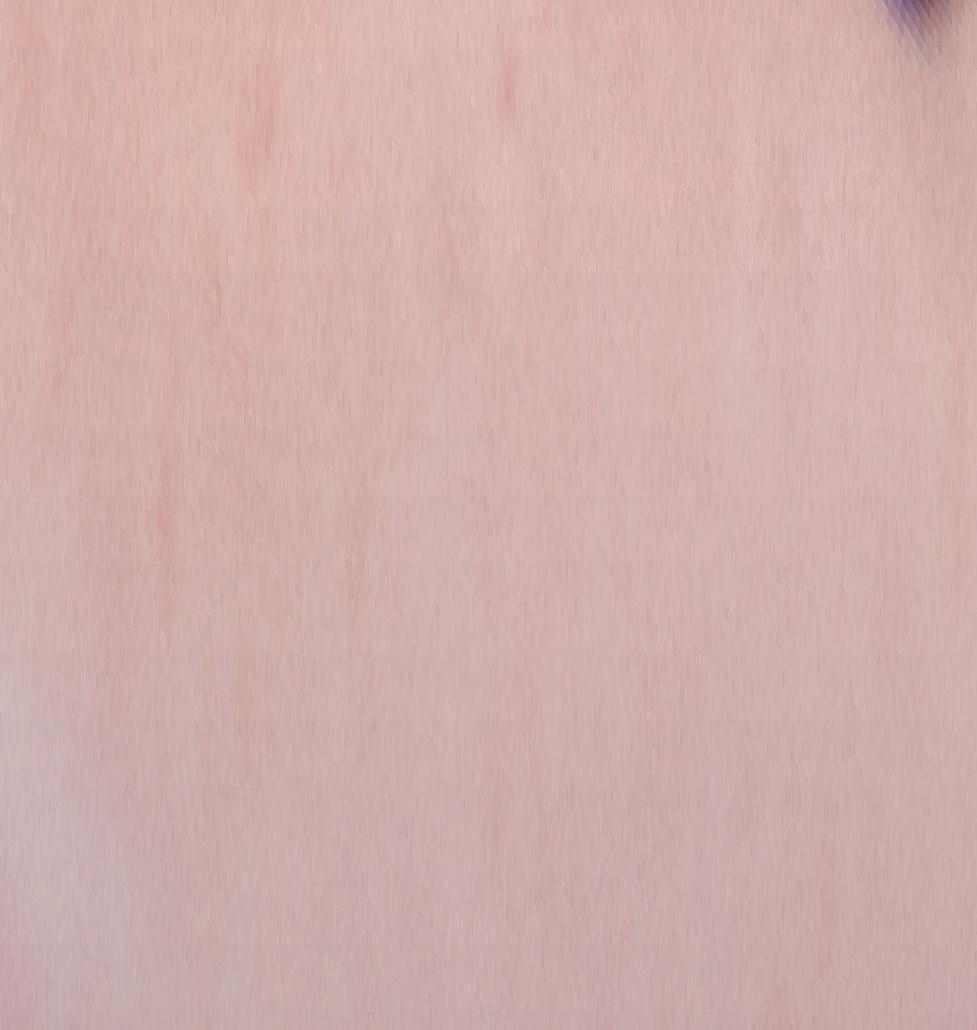


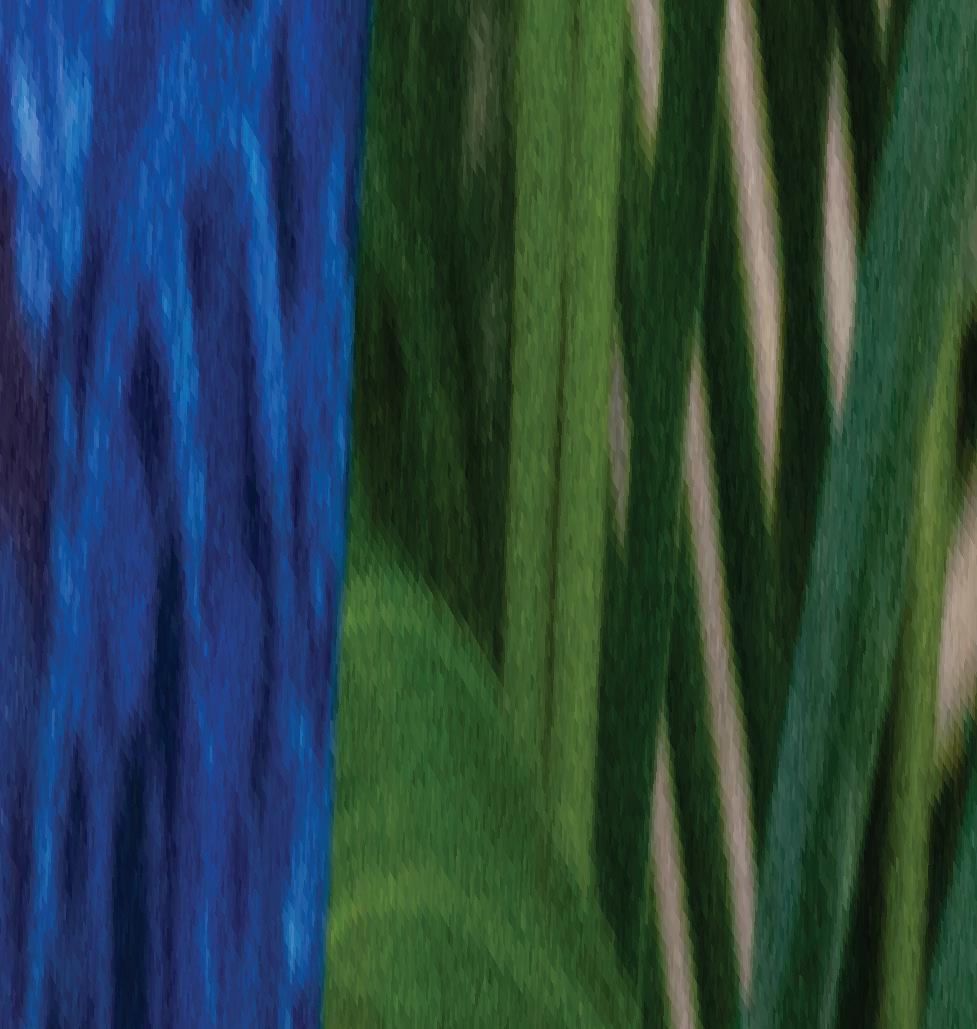
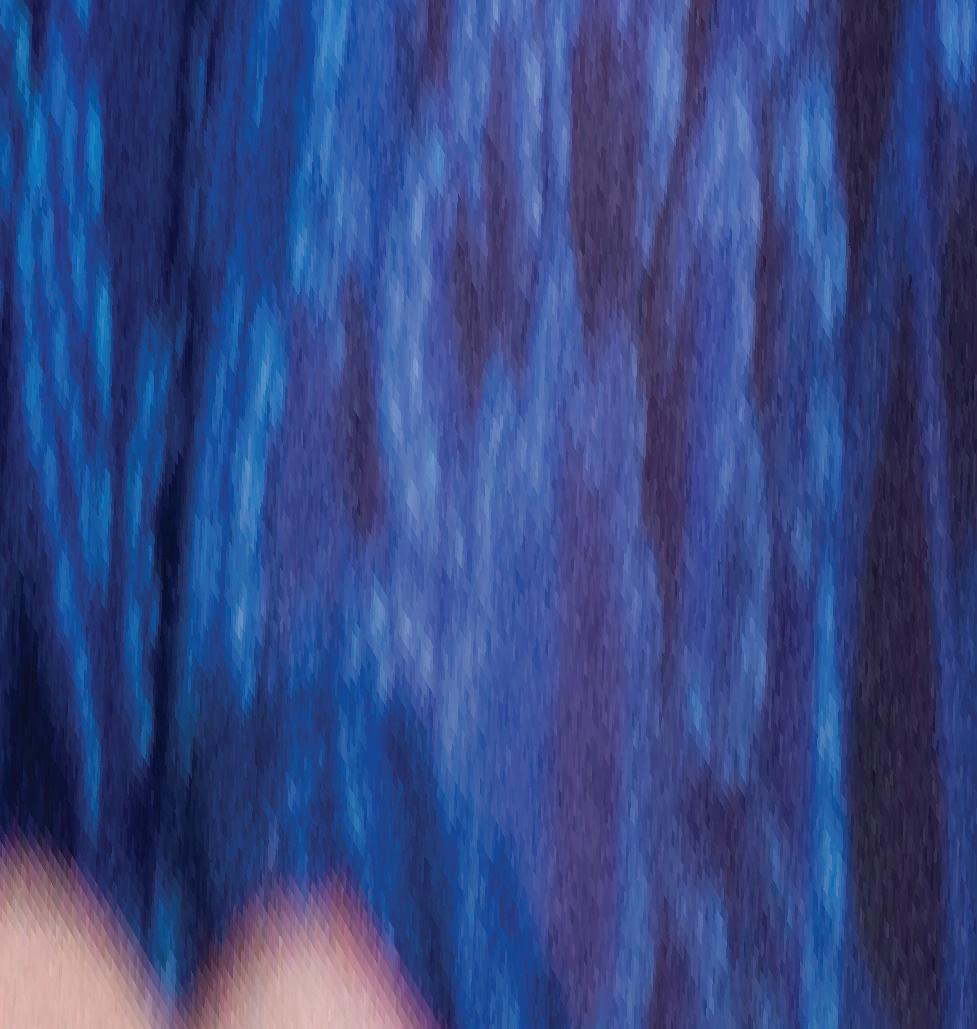

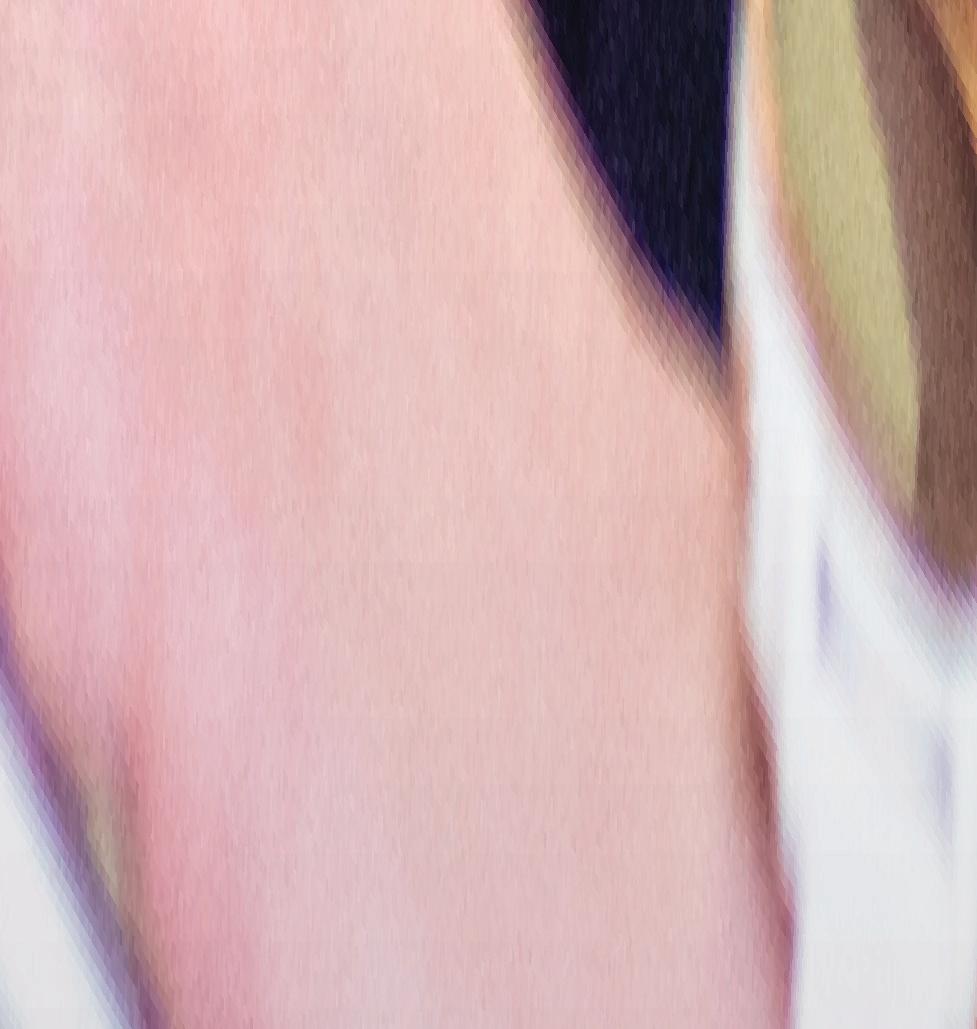


Teachers are lovers of learning. In the interests of our ākonga, it is vital students see this love and we, as a kura, allow that love to flourish. At Rangi Ruru we have a data-driven professional learning system where teachers can not only improve student learning outcomes but grow their own, too.
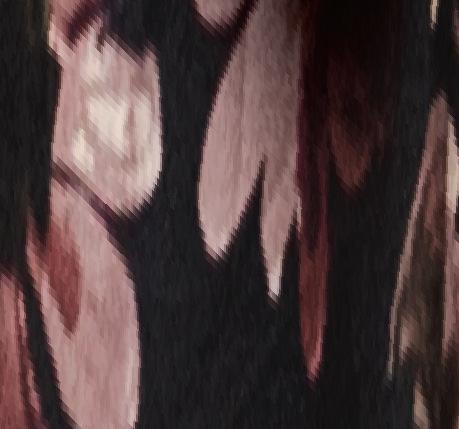
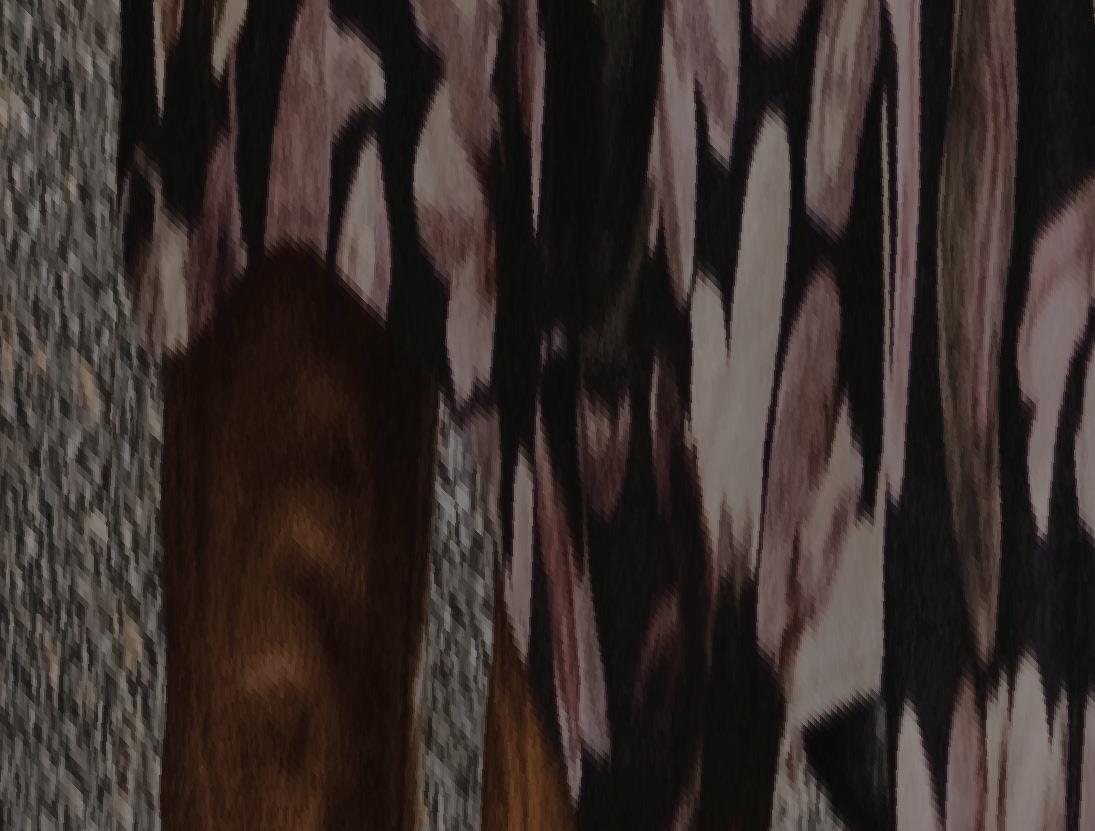


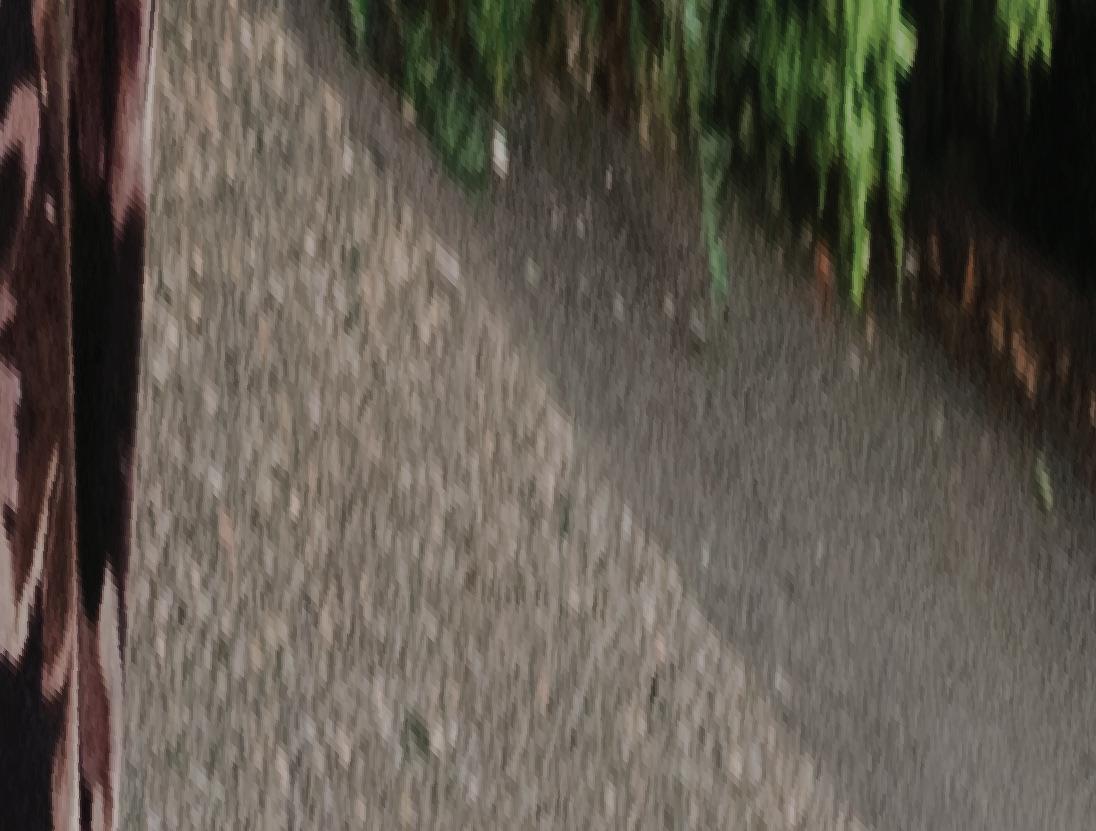



Teaching is hard.







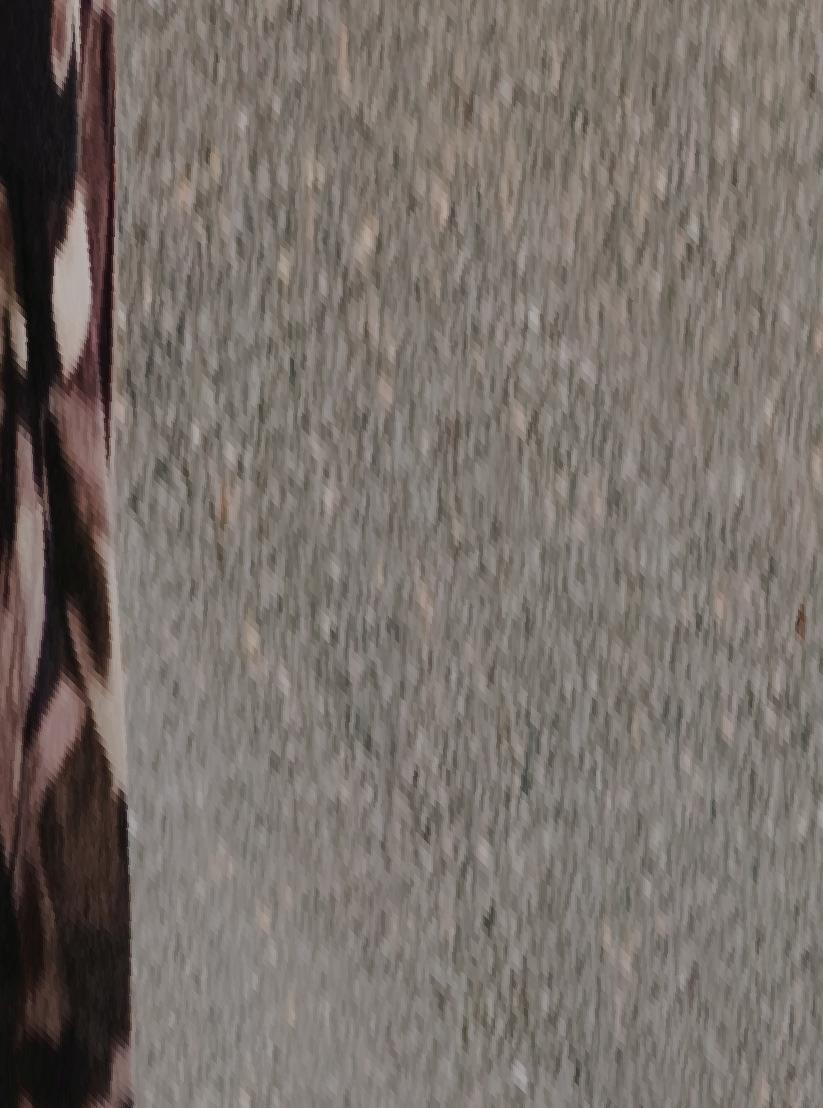




It is technically difficult—knowing the signs to diagnose learning needs, differentiating instruction, measuring progress, catering to individuals while managing group behaviour, and inspiring a passion for learning skills and curricula— and it requires high levels of education, collaboration, relational skills and a strong pedagogical understanding.

































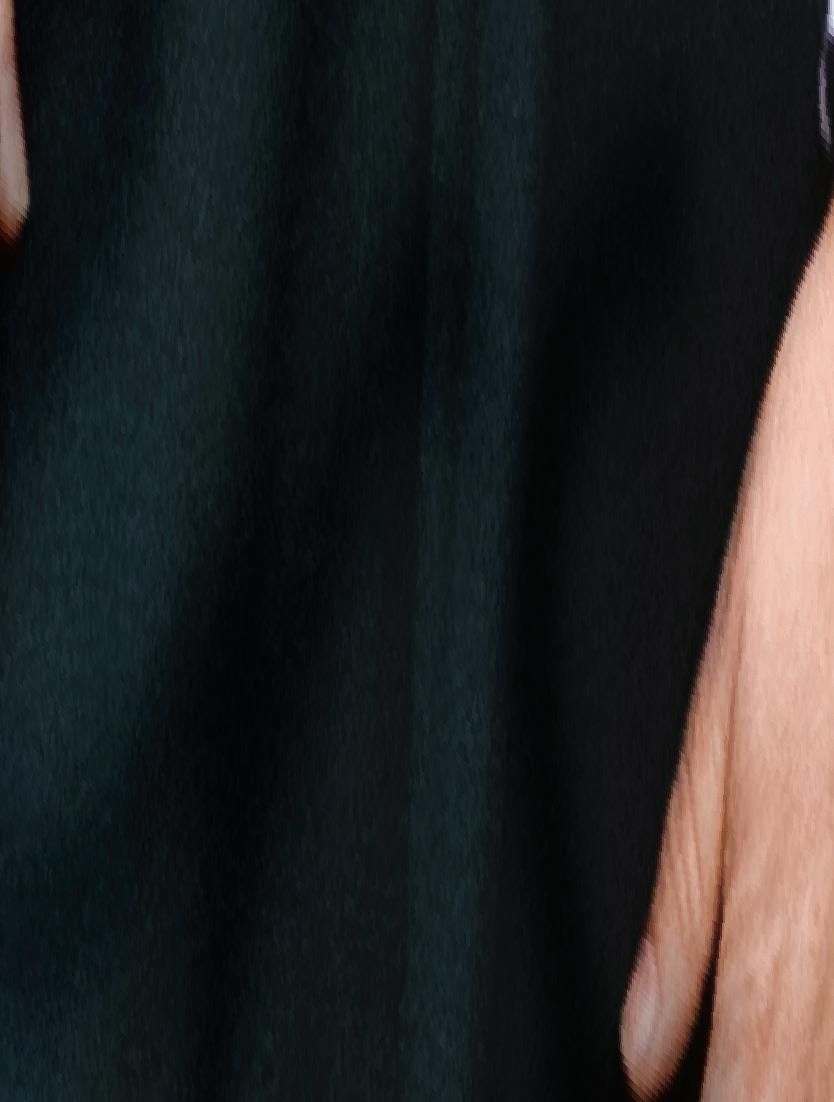





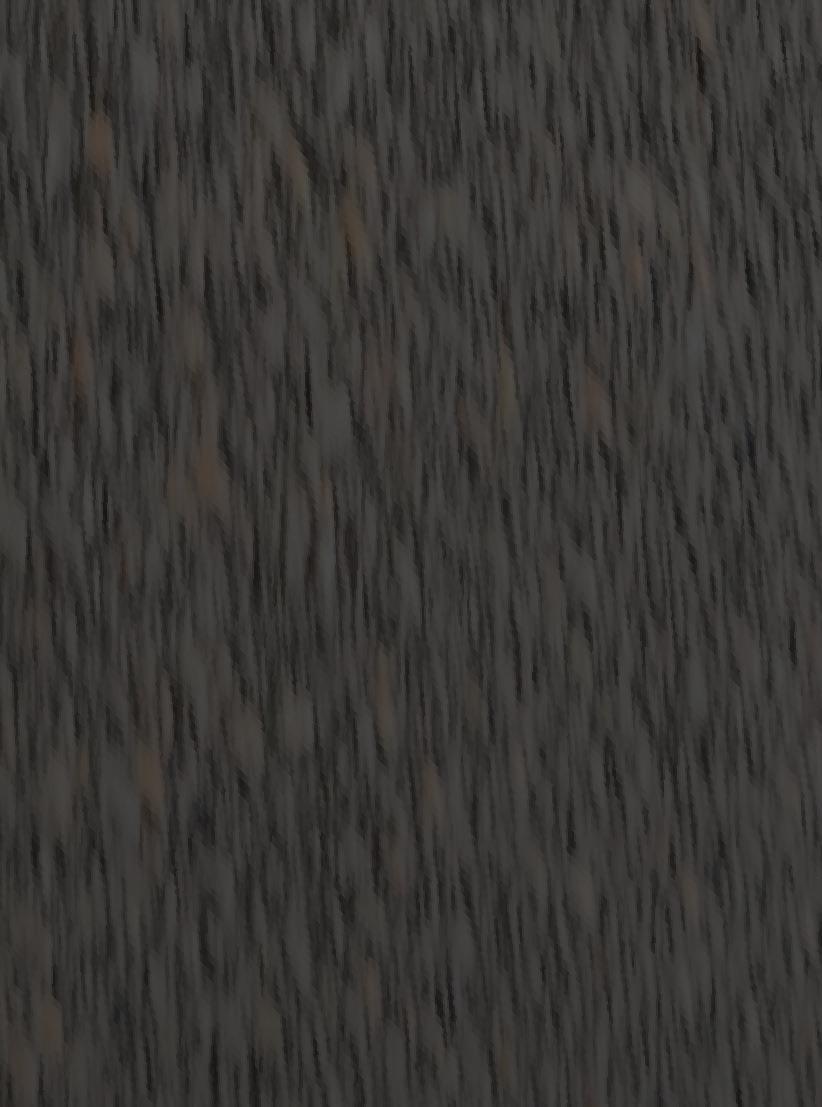




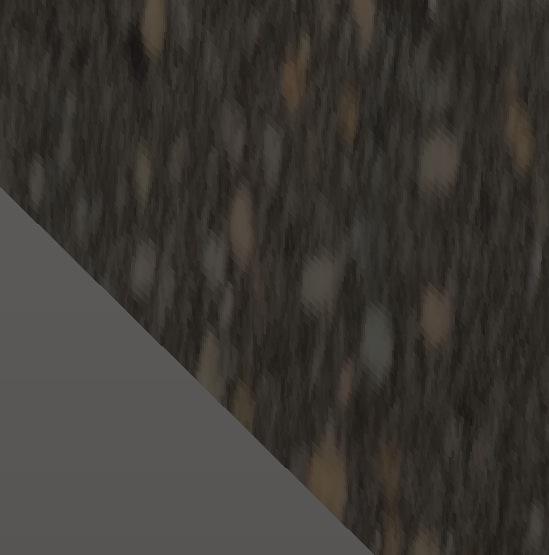














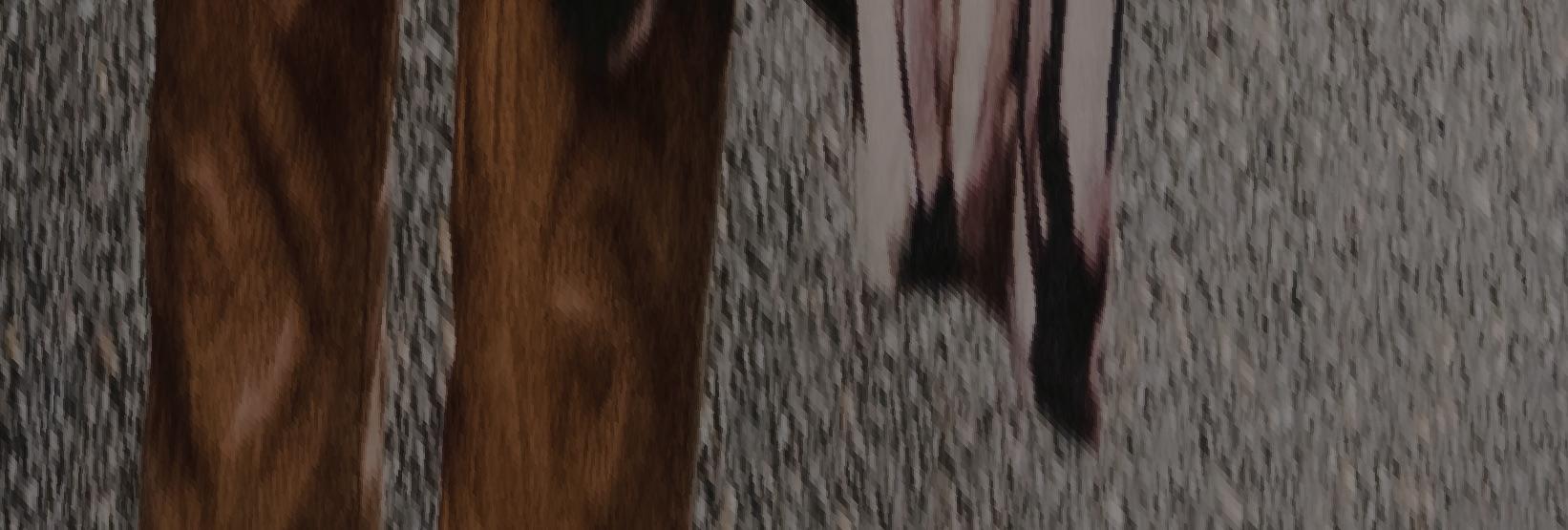


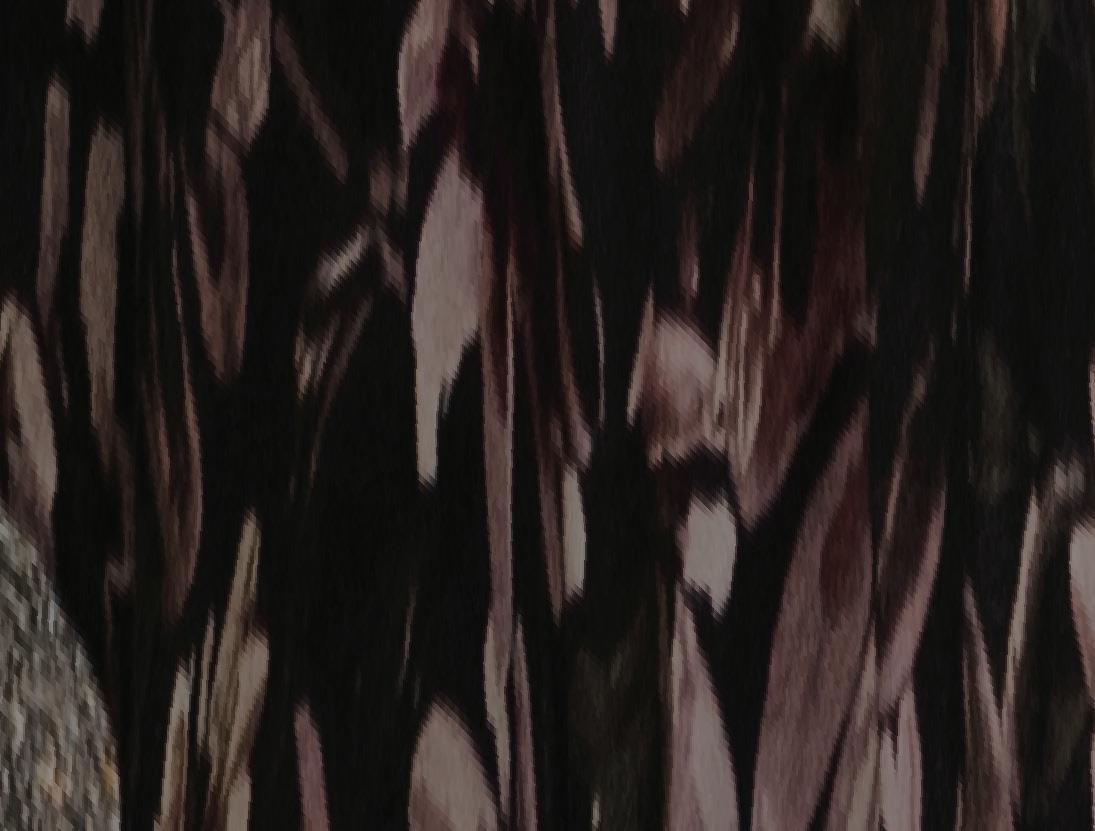



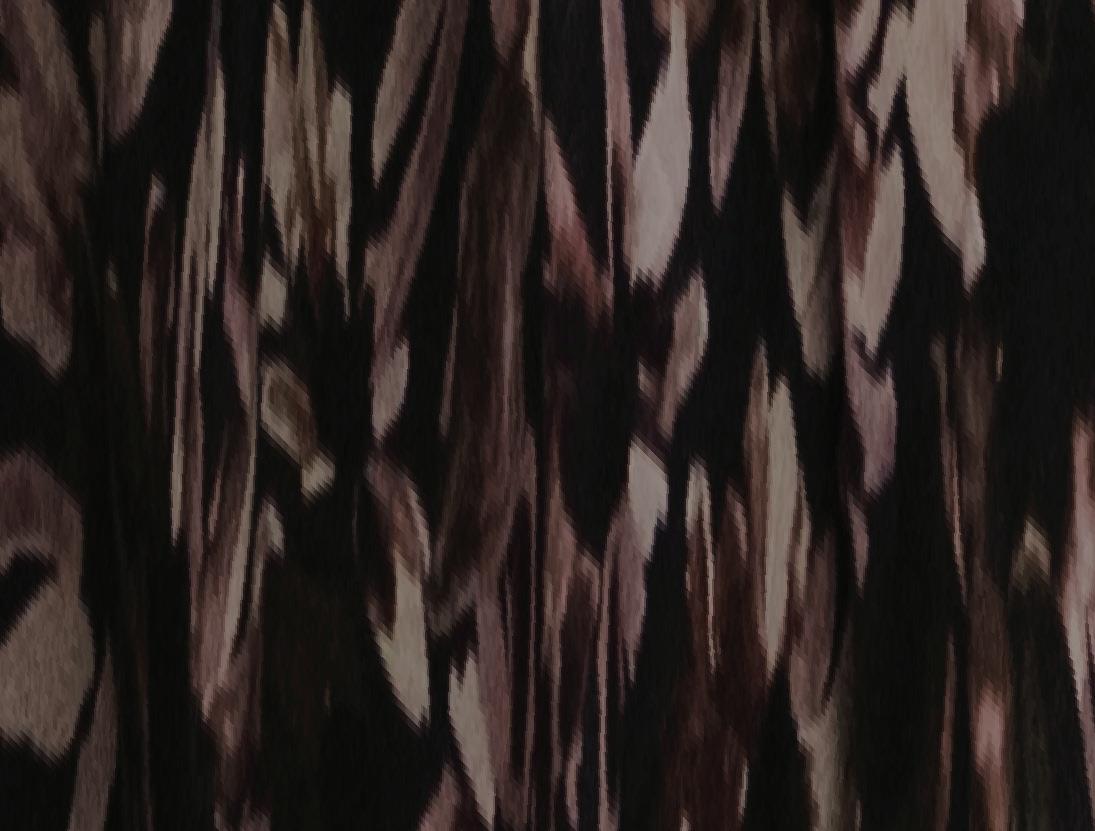

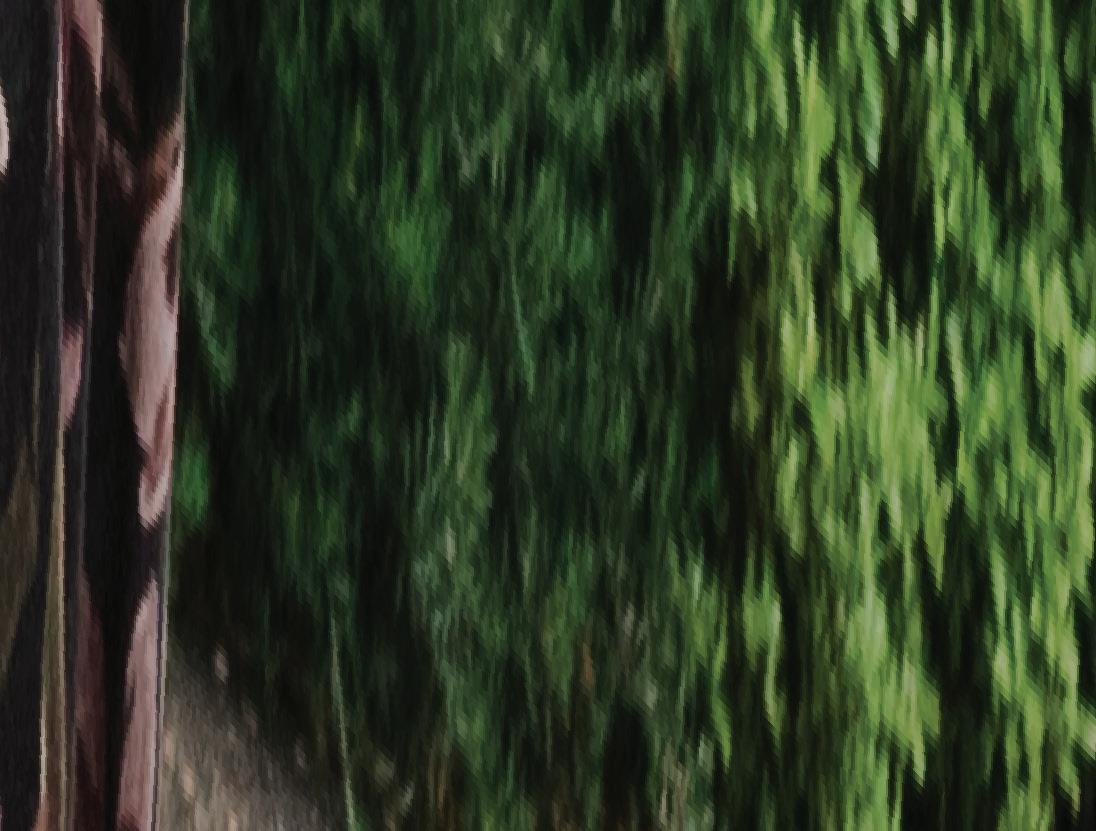
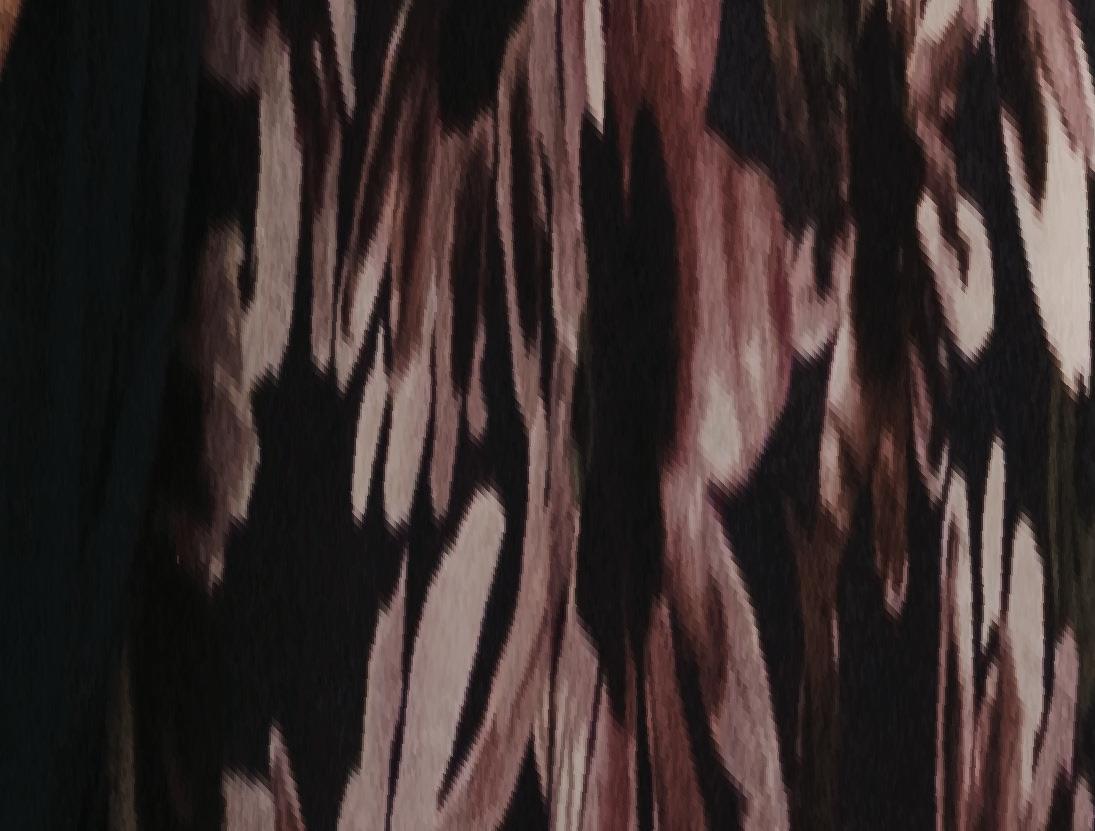




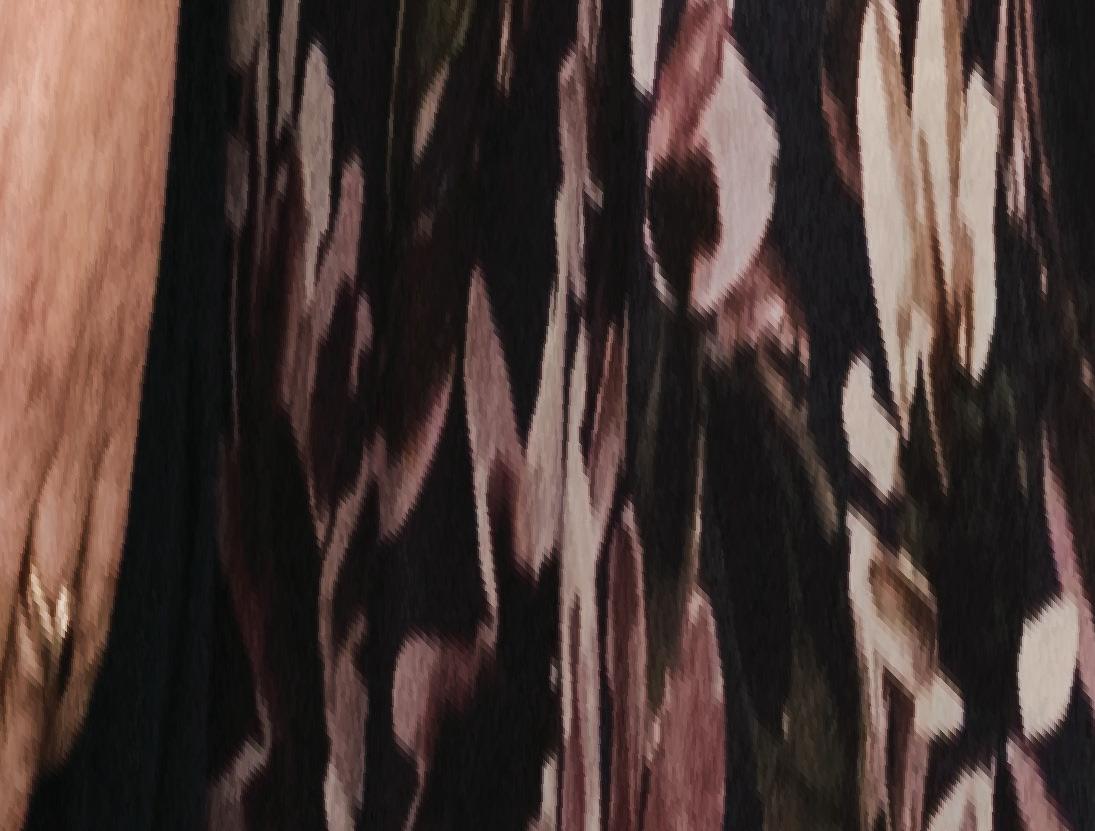



Above all, teaching requires wise and acute judgement. Developing this capacity
takes years and ongoing professional learning.

International evidence tells us the best way to nurture teacher growth is to provide time for professional learning, and in recent years in Aotearoa there have been significant shifts towards this model.
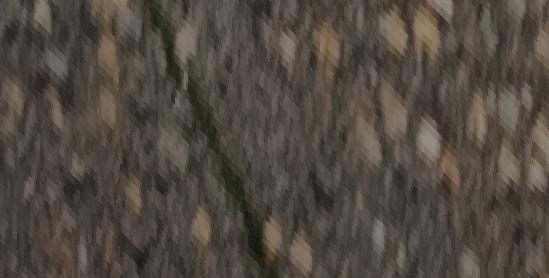
This shift mirrors the emphasis on personalising learning for our young
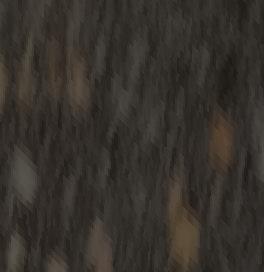






people. Education has moved from a teacher-driven experience to one where young people have more influence over the ‘what’ and the ‘how’ of their learning. A teacher’s opportunities for learning also need to evolve to include greater autonomy and personal engagement.


The Teaching Council of Aotearoa has mandated a new Professional Growth Cycle to be created and executed by each school. This strengths-based model replaces an old-school tick-box approach





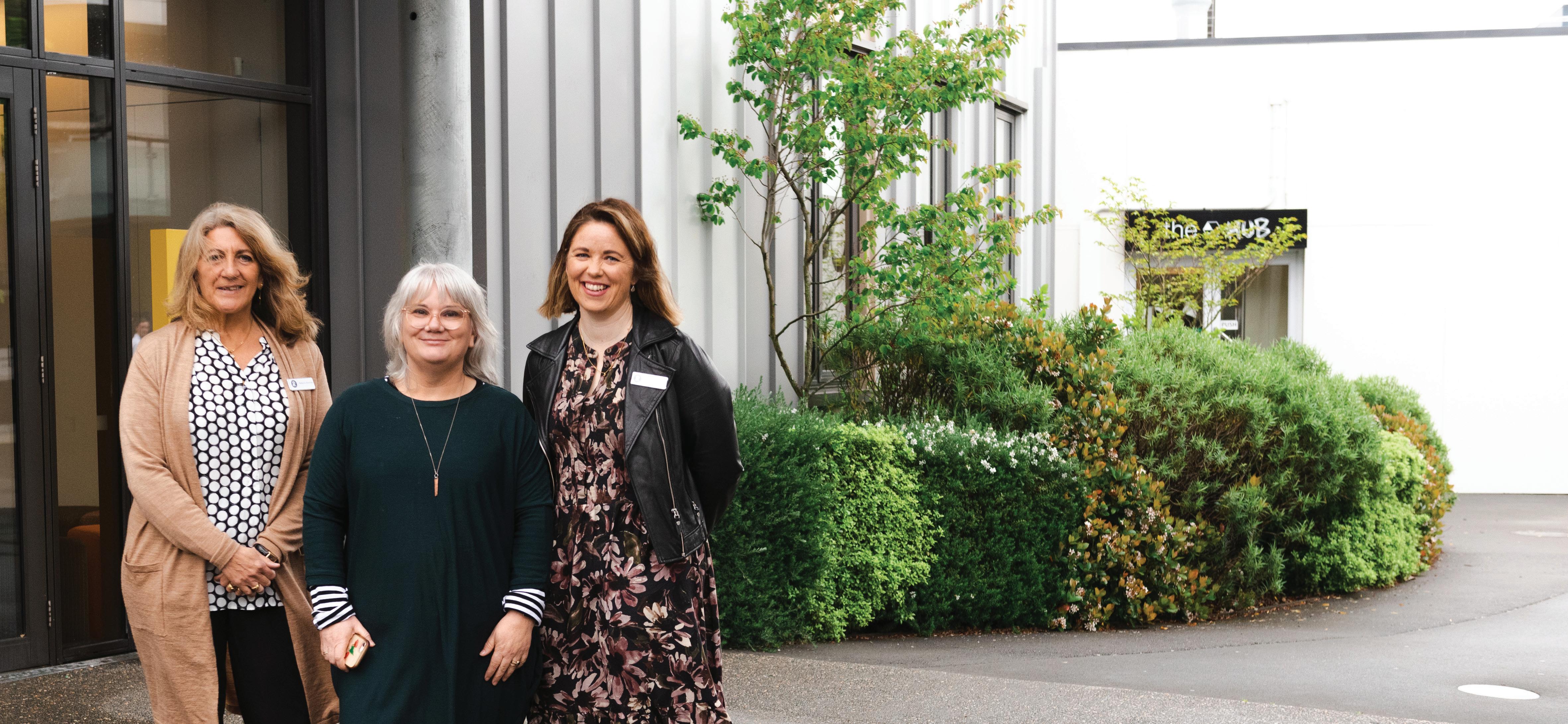
and is designed to promote teacher growth while demanding evidence of our collaboration.









Here at Rangi Ruru, we are embracing this shift with our fortnightly Professional Learning Community (PLC) sessions. In these sessions, we look at our shared educational goals; that is, what is our data showing us and what are our strategic goals for our ākonga? Sessions include full staff hui and smaller group hui, professional readings and online seminars.


We have Professional Learning Groups (PLGs) each led by a trained coach called a Leader of Learning (LoL). These groups are the vehicle for reciprocal reflection, testing one another’s assumptions, providing advice on interventions, and seeking advice about strategies.
LoLs coach and mentor teachers in their PLG. Teachers choose a personal inquiry focus where data is analysed to ascertain learner needs, and strategies and interventions are developed to enhance student learning.
Teachers work alongside their LoL to trial strategies, measure the impact on learners and hone their judgement. LoLs
visit with the learners and teacher in the classroom and then facilitate reflective coaching sessions.
After pre-term testing in Term 1, a hunch English teacher Kerry-Anne Murnane had about junior students’ gaps in vocabulary acquisition and use was realised.






“My inquiry became focused on keeping vocabulary acquisition at the forefront of classroom activities in order for our ākonga to become more competent users of not only these words but other less familiar words,” she says.
“The main strategy I employed was introducing the Frayer Model to explicitly teach a specific unfamiliar word each week. We also made use of a Word of the Week as well as other games.


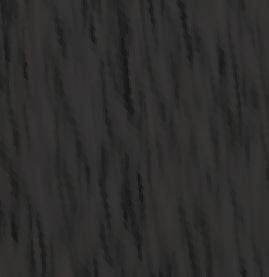






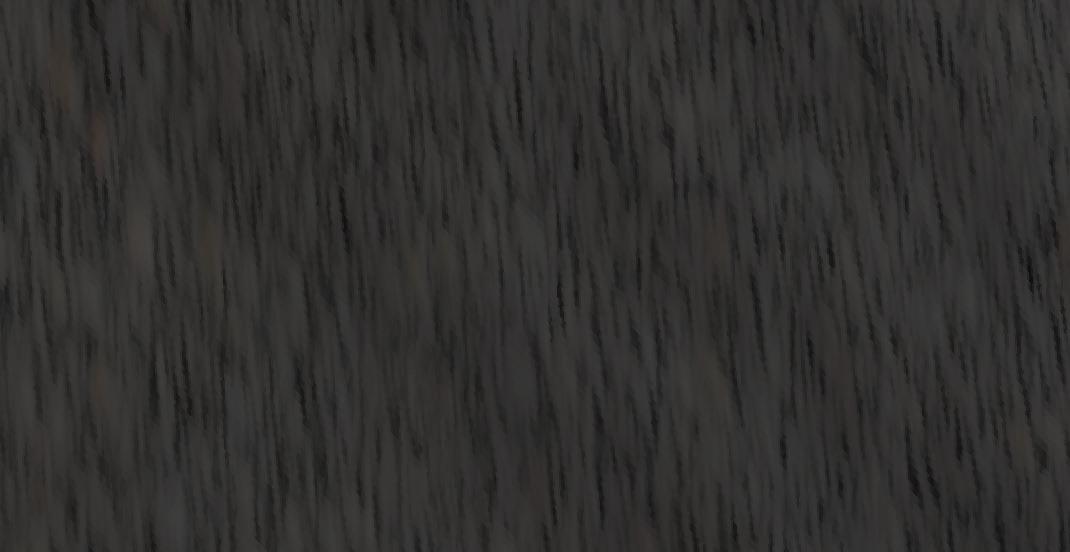











































“The impact I am observing is increased interest in morphology; synonyms and antonyms of words are being used more freely and I am observing greater confidence with students trying out new words.”


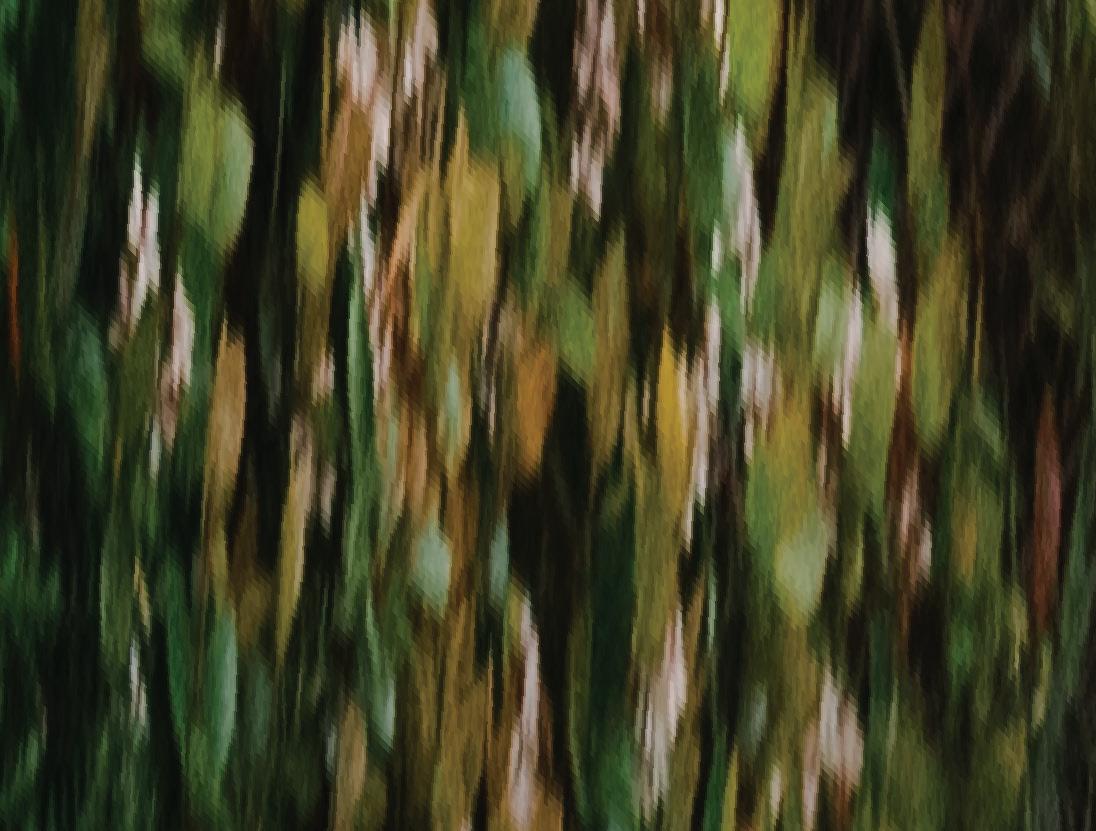
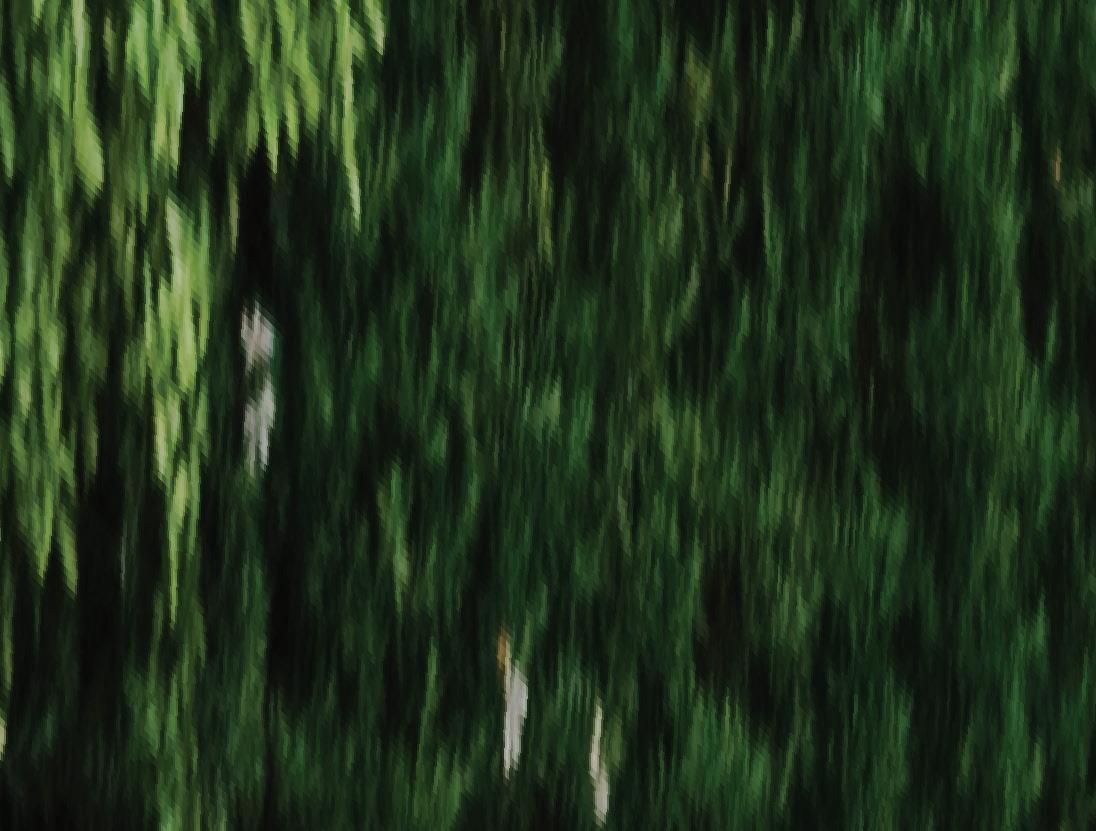
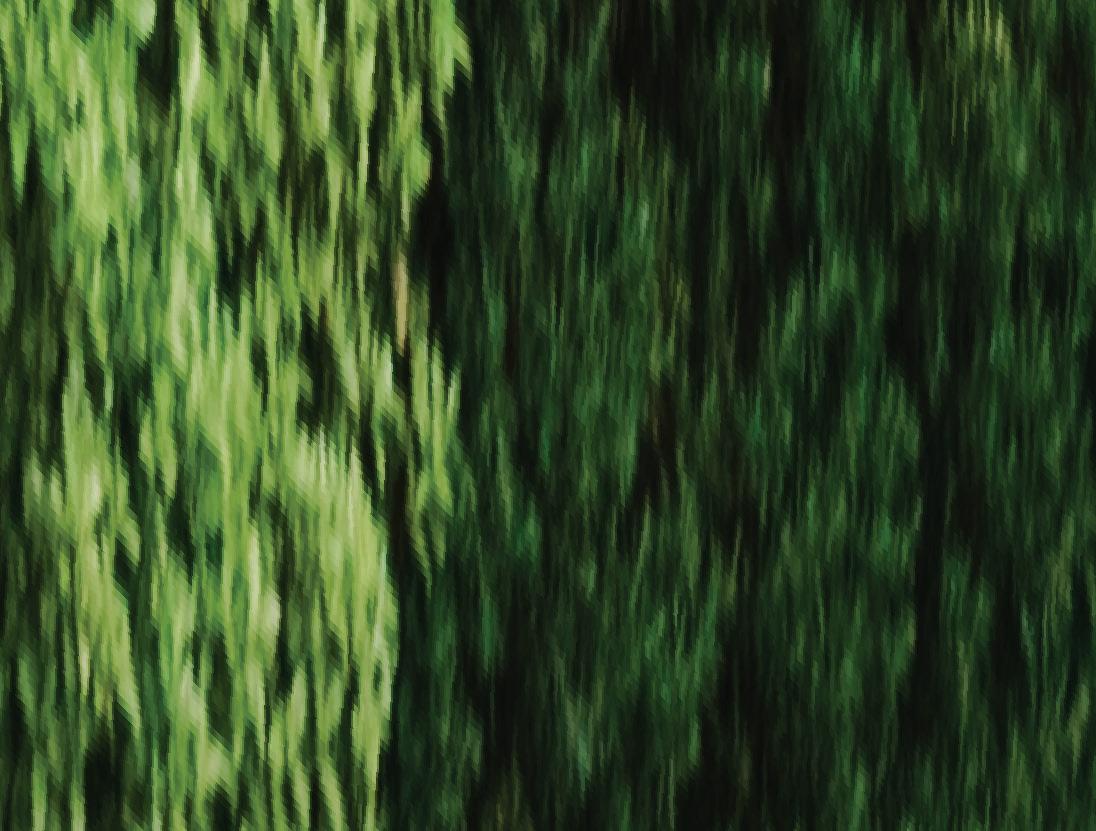

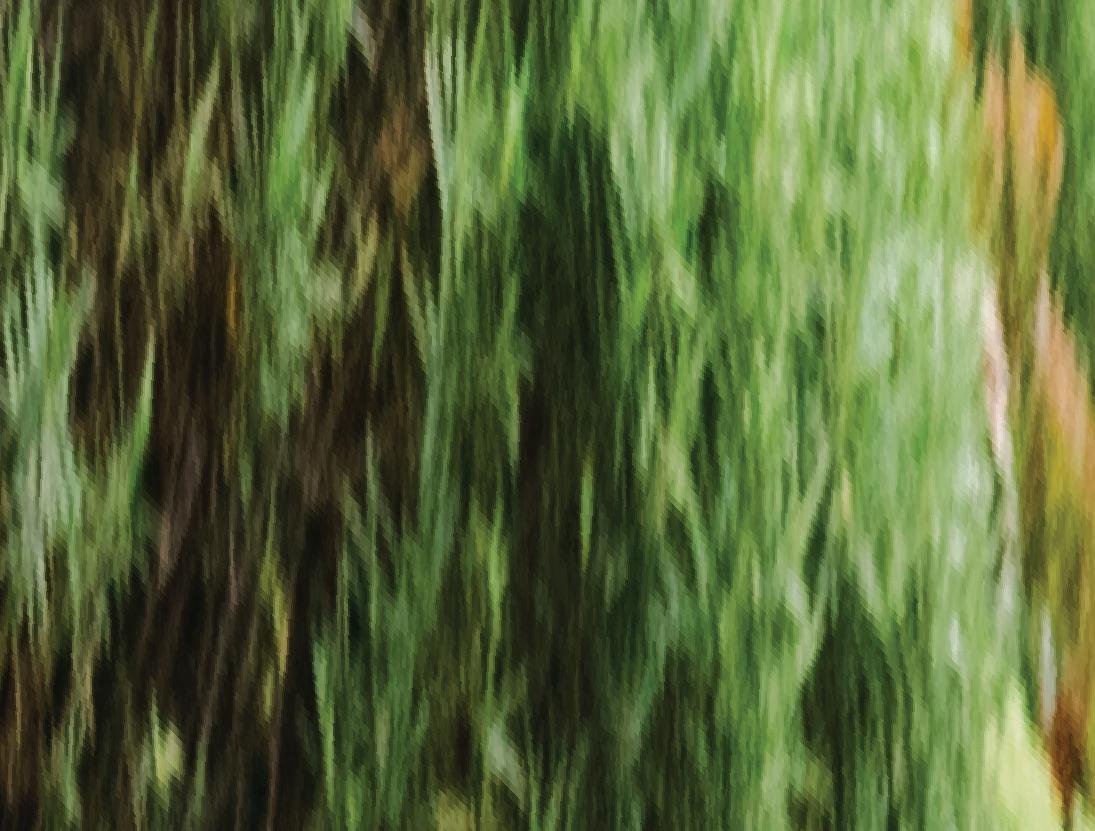



With new NCEA standards on the horizon and knowing how stressful learning a second language can be for students, especially those also starting a new school, Spanish teacher Roberta





Brennan focused on building positive relationships in her Year 9 class.
“My focus has been on lowering the affective filter that hinders students’ learning and language production by using whakawhanaungatanga [relationship building] as a tool to establish positive relationships between teacher and ākonga and among students themselves and creating a safe environment so that students will be willing to take risks with their language,” she says.


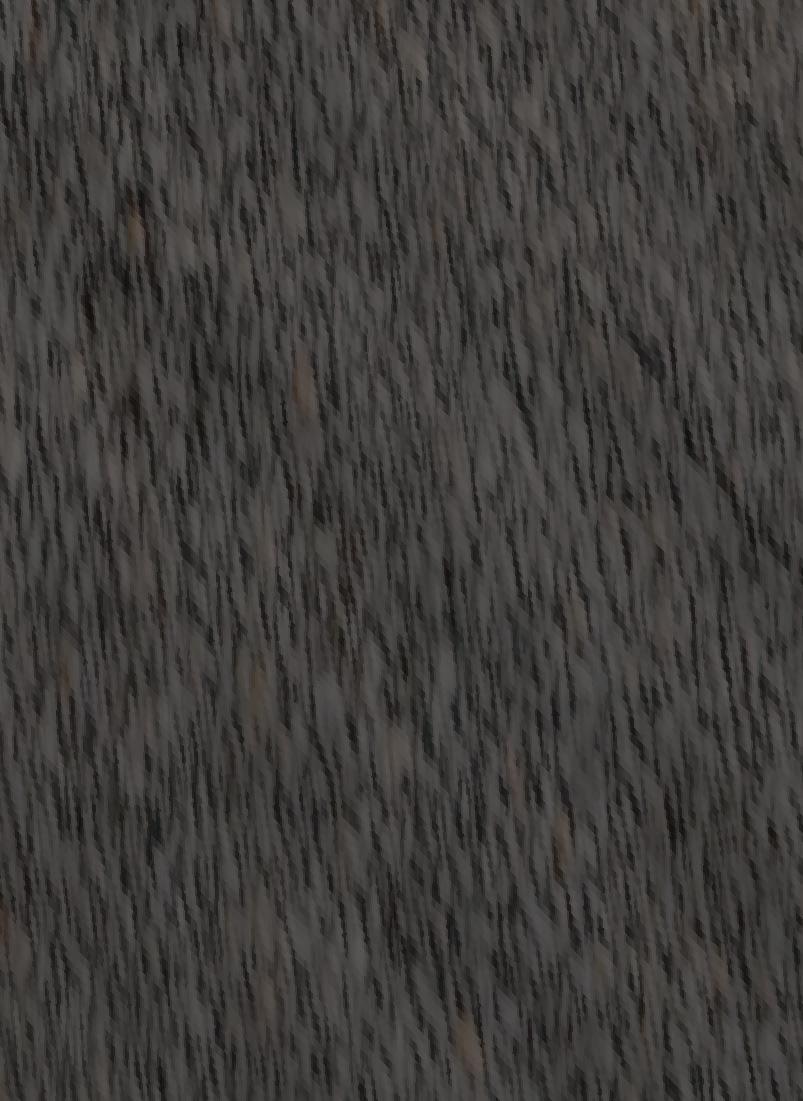
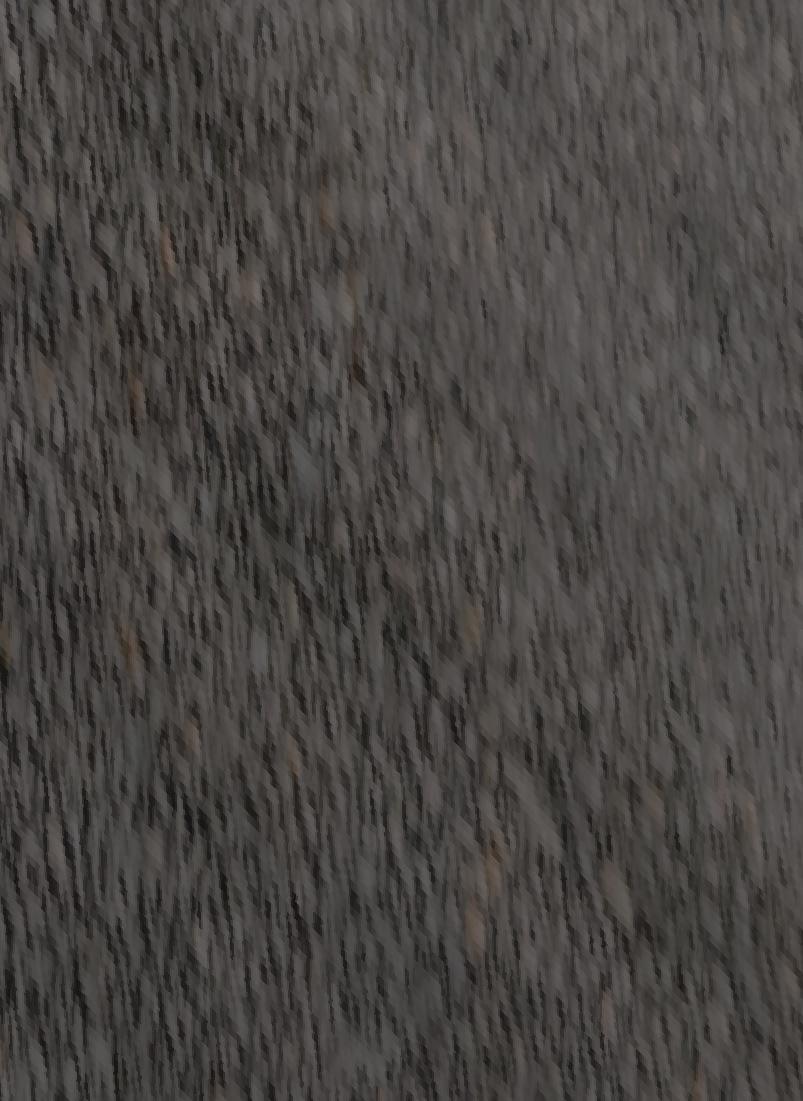






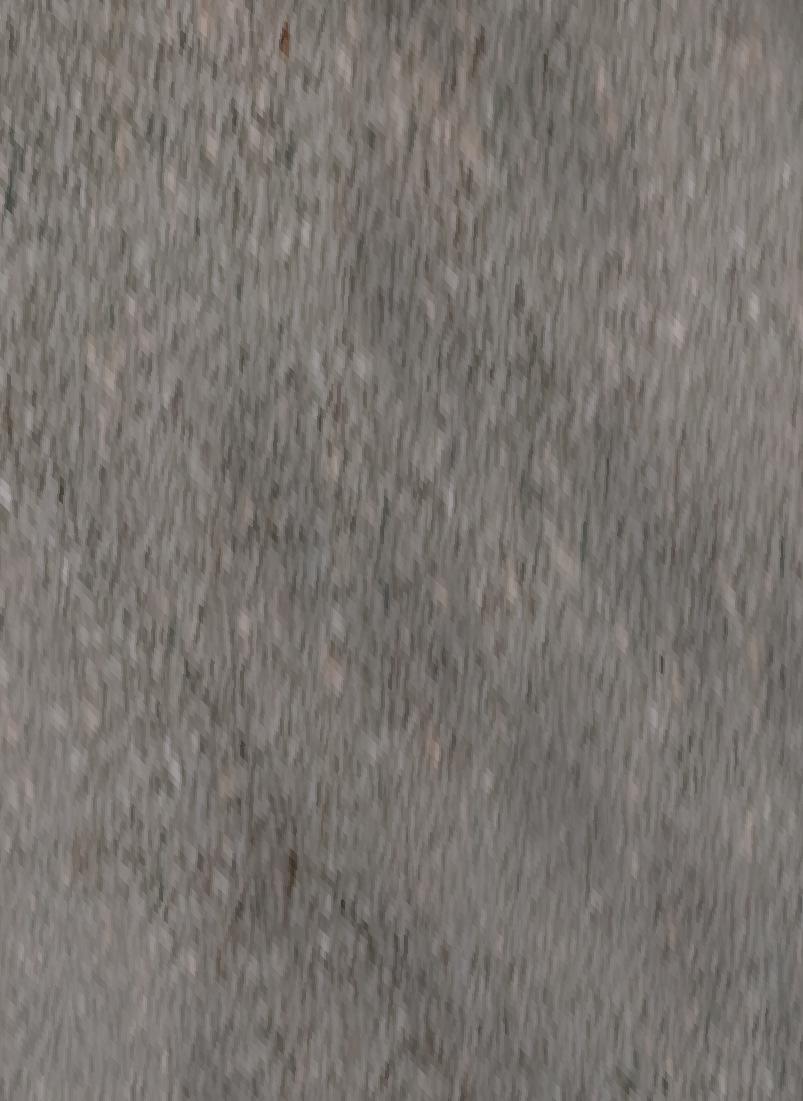



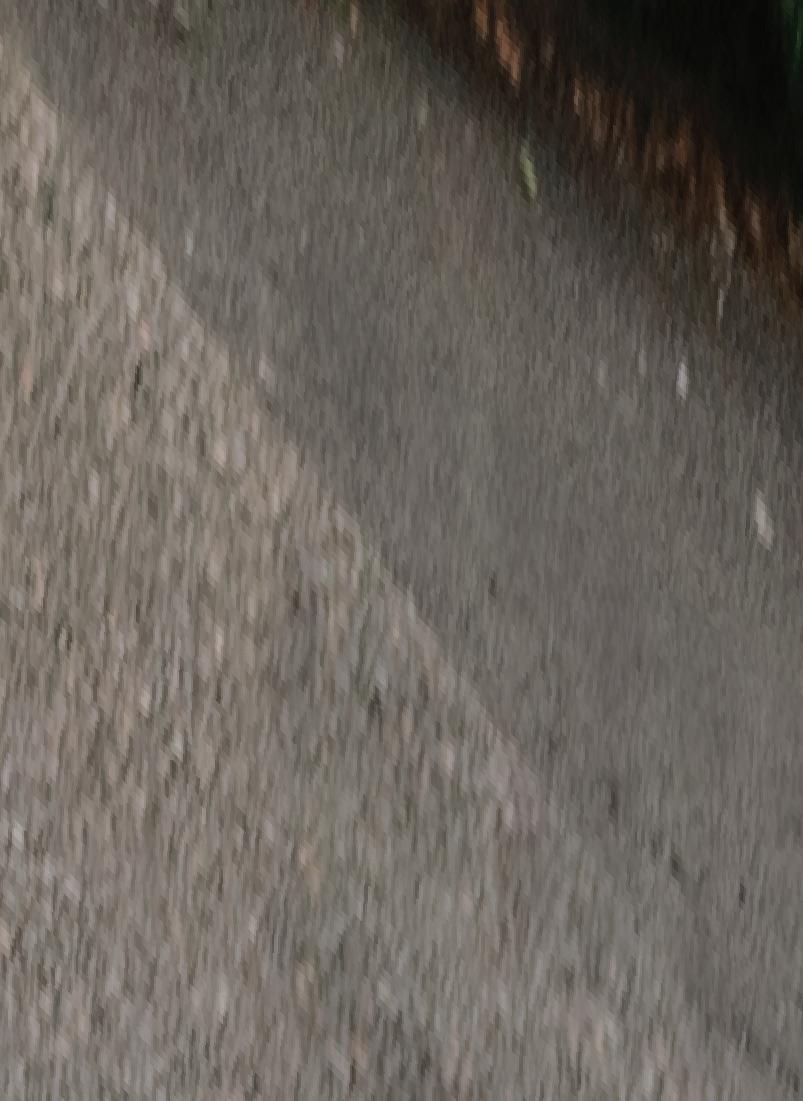













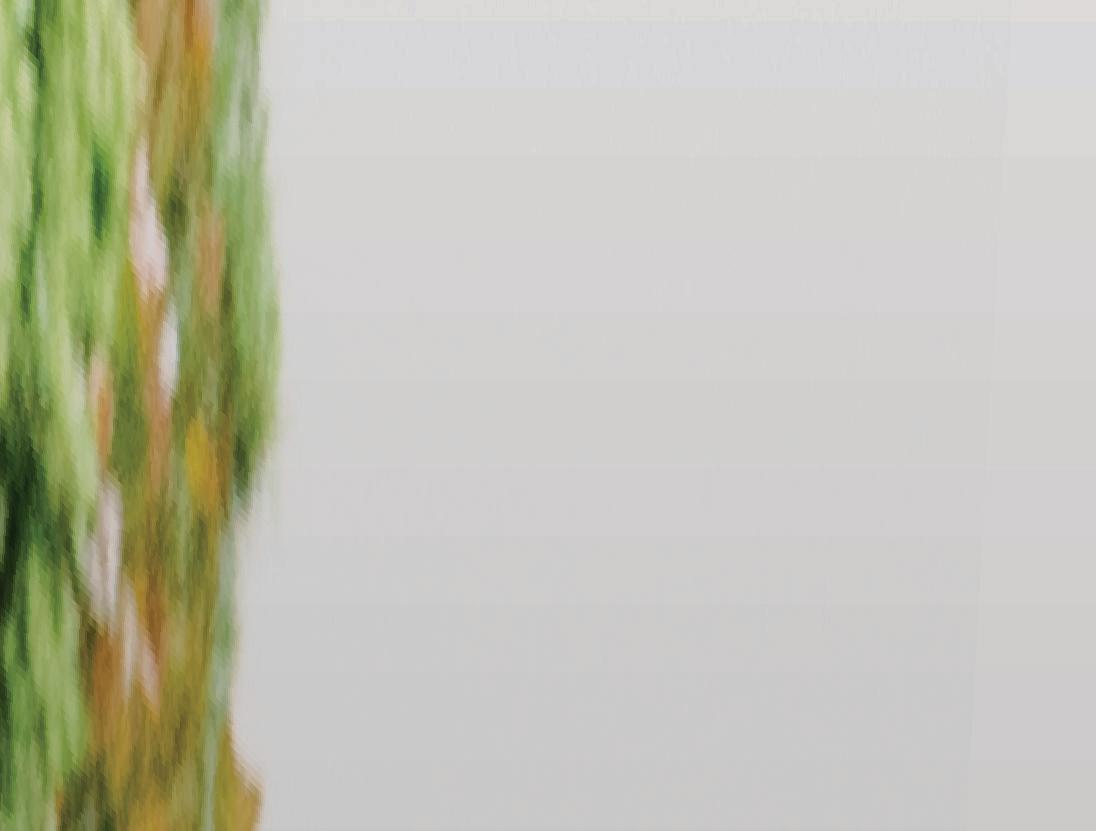

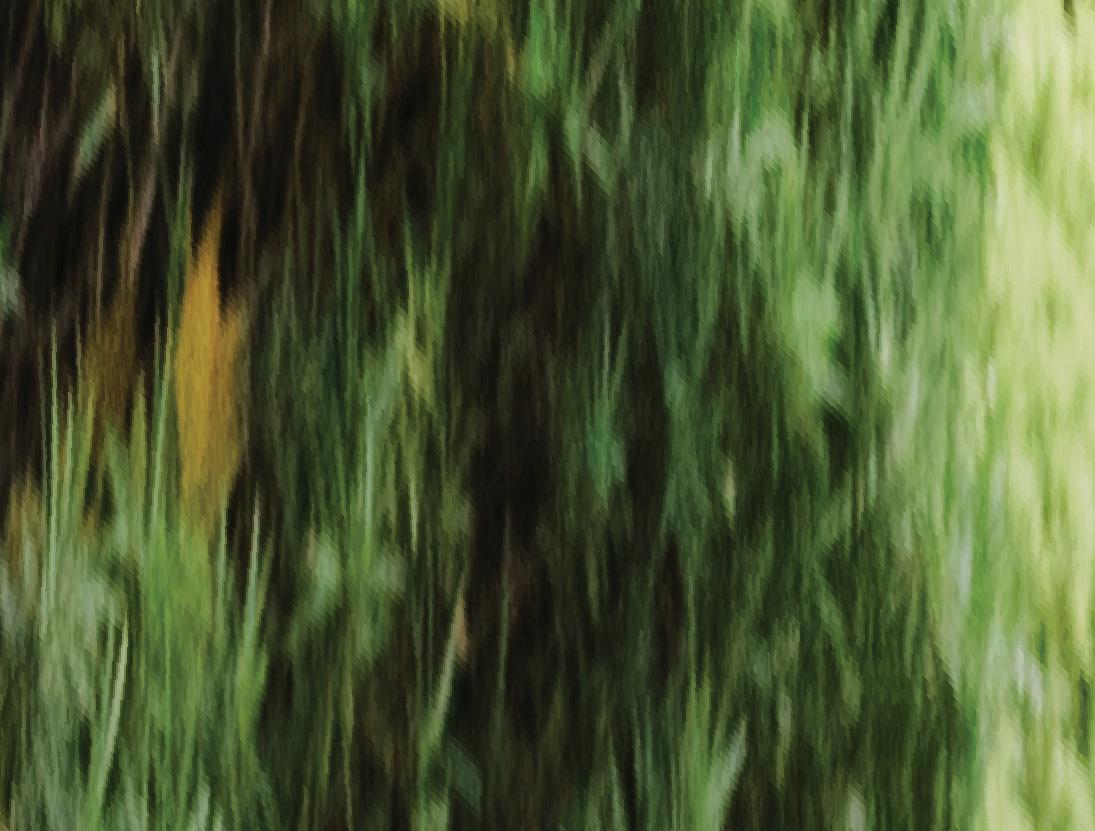

“I can clearly see that my students’ confidence has improved in comparison to Term 1. They are more willing to contribute to class discussions and to use the target language in class. Based on a survey, even the weakest students feel ‘often’ or ‘very often’ confident in sharing ideas in front of the class.”


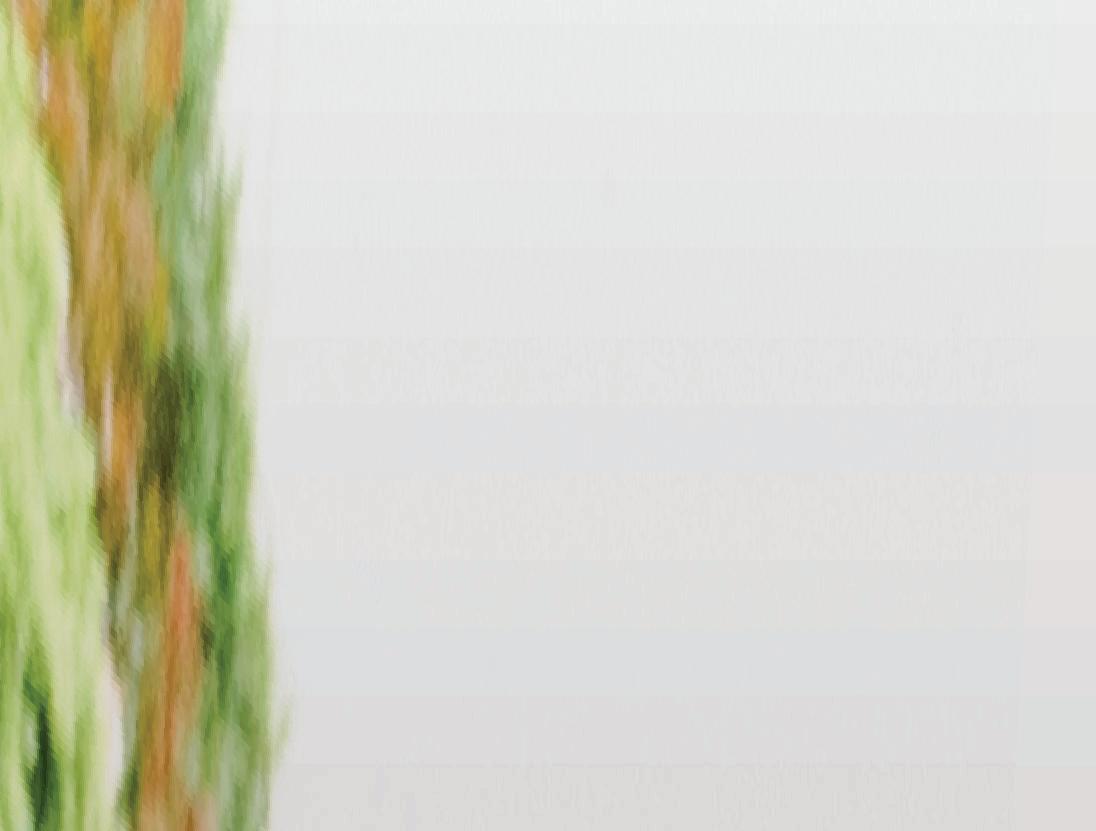
Growth happens for both teacher and learner when enduring, deep and personalised learning experiences take place.
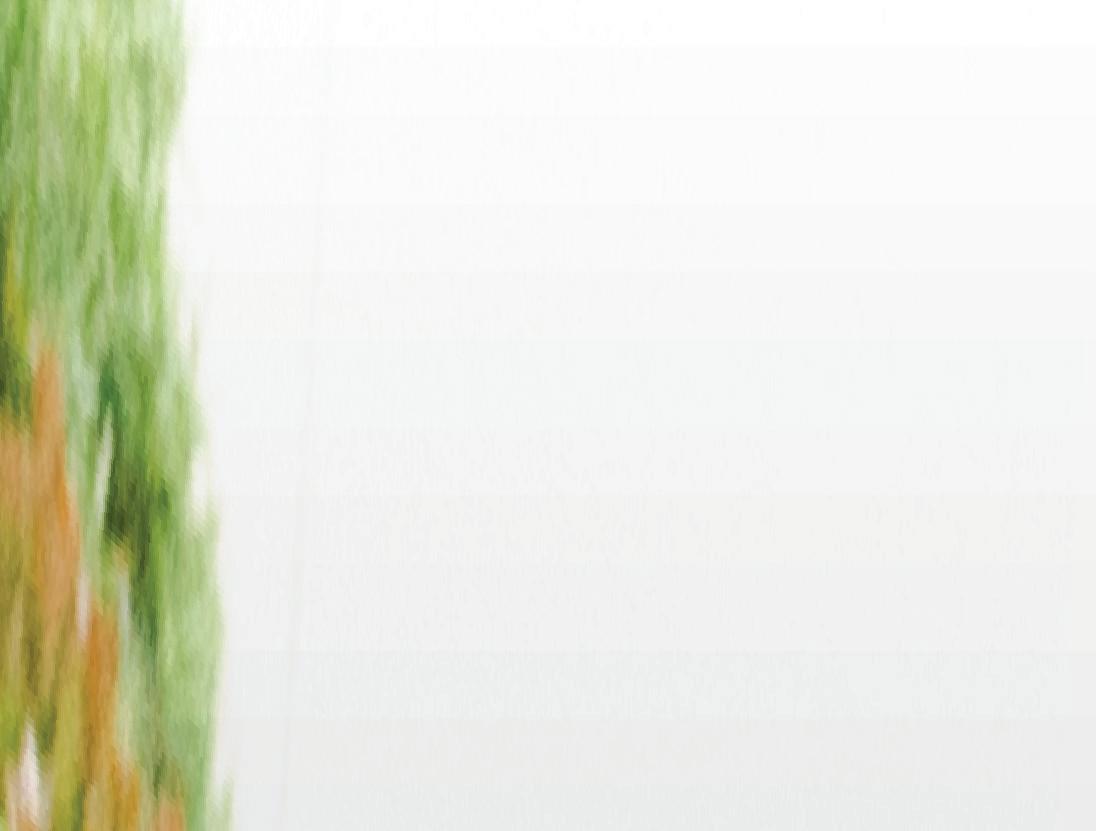 Words by Melissa Campbell ASSISTANT PRINCIPAL OF TEACHING AND LEARNING
Words by Melissa Campbell ASSISTANT PRINCIPAL OF TEACHING AND LEARNING

Self-expression is integral to Be You, and at Rangi Ruru the Art classroom is a place where students are able to use many different mediums to do so. Year 13 student Annabel Cargin shares how her Art subjects have enabled her to express and discover herself.

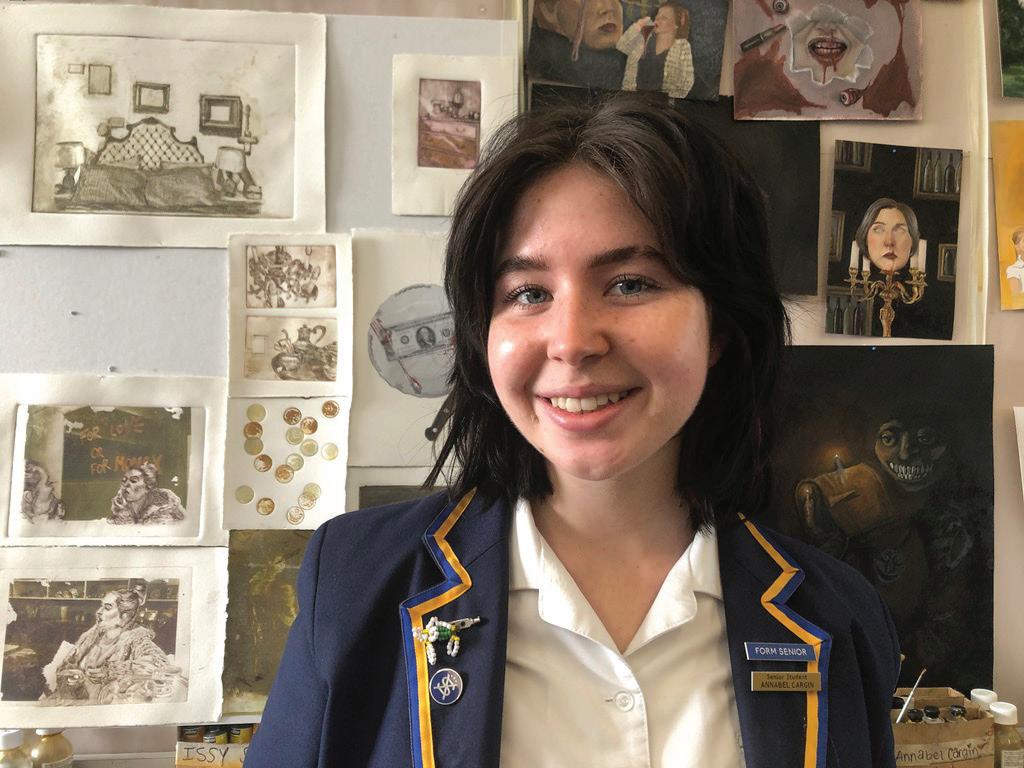
A
rt is a massive part of being me. In the artistic community I have always felt like I belong. I feel although there is no right or wrong, I am simply able to be my own person and make my own artistic decisions with full support.
“You are the boss” is something I hear every day from my teachers and is a constant reminder that I am able to make my own artistic choices and is a saying that inspires me to keep on creating.
What really drives me to make artwork is the emotional connection you can feel towards an art piece. I find it really fascinating how differently people interpret my work to find a personal connection.
I love being able to express myself in a unique way that not only benefits myself but the people viewing my work. I can say producing artwork to me is a source of
happiness, connection and creativity.
There truly are endless things you can do and achieve through creating, and countless possibilities as to where it takes you in life.
I have always known I was going to do something art-related ever since I was young, as it has always been a passion of mine. I plan on doing a Fine Arts degree at Massey University where I can focus on my passion for art as well as extending my knowledge and skill.
A goal I would love to achieve short term is to sell prints of my artwork.
Since I first came to Rangi Ruru in 2018 I have always felt so drawn to the art department. The feeling of belonging, expression and endless support has made me feel so inspired and appreciated as a young artist.
I am a very curious person who loves
trying new art styles and techniques and the art department has really driven and pushed my curiosity. Still to this day I am always learning new ways to make art.
The art department at Rangi Ruru is a calming but somewhat chaotic place. The environment is very home-like and provides a huge sense of belonging.
One of my favourite things about the art faculty is the open layout. Simply being able to walk from one side of the room to the other without any door feels so easy. The open layout makes me feel so connected to the people around me and overall provides a healthy learning environment.
Words by Anabel Cargin YEAR 13 STUDENT

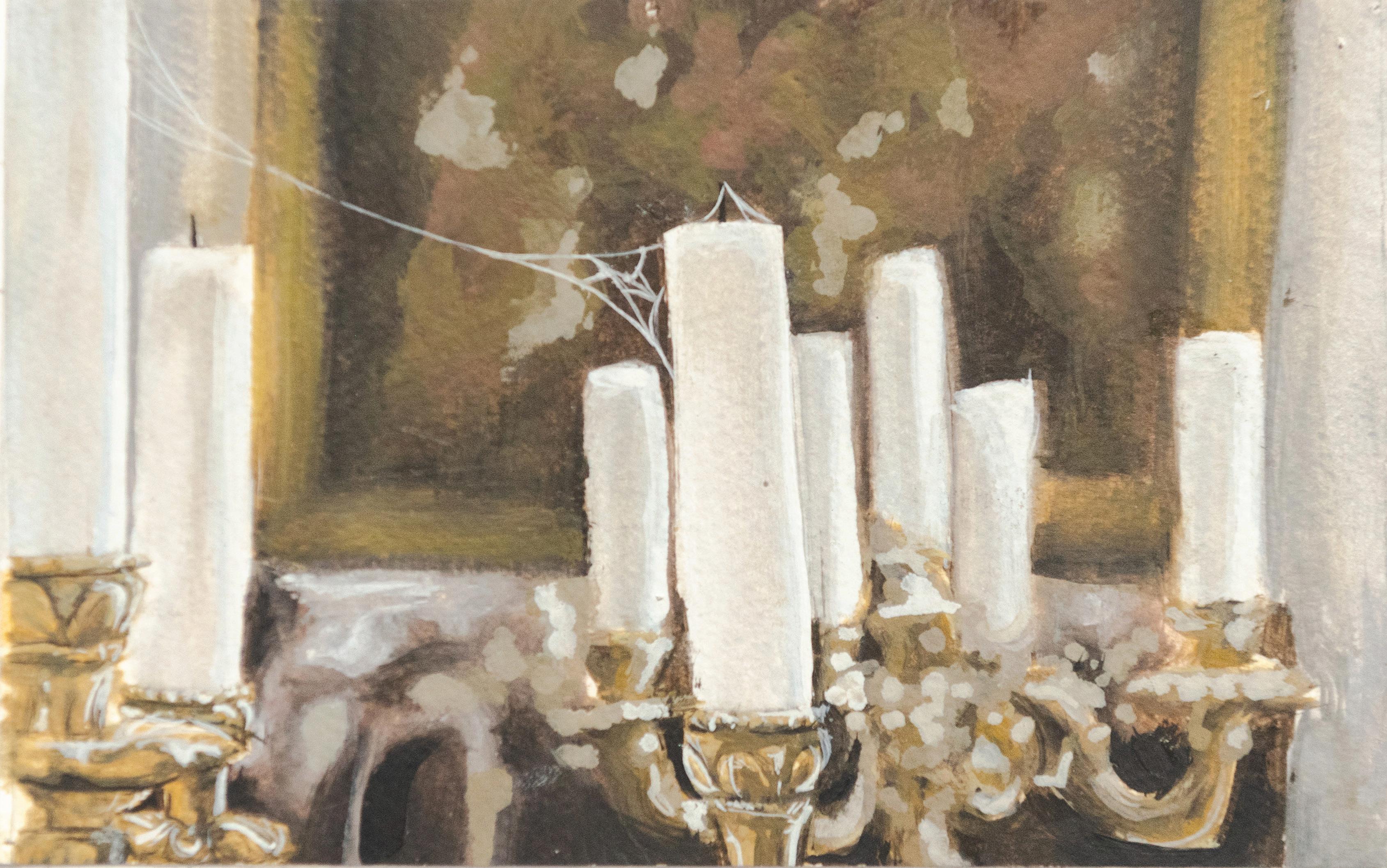

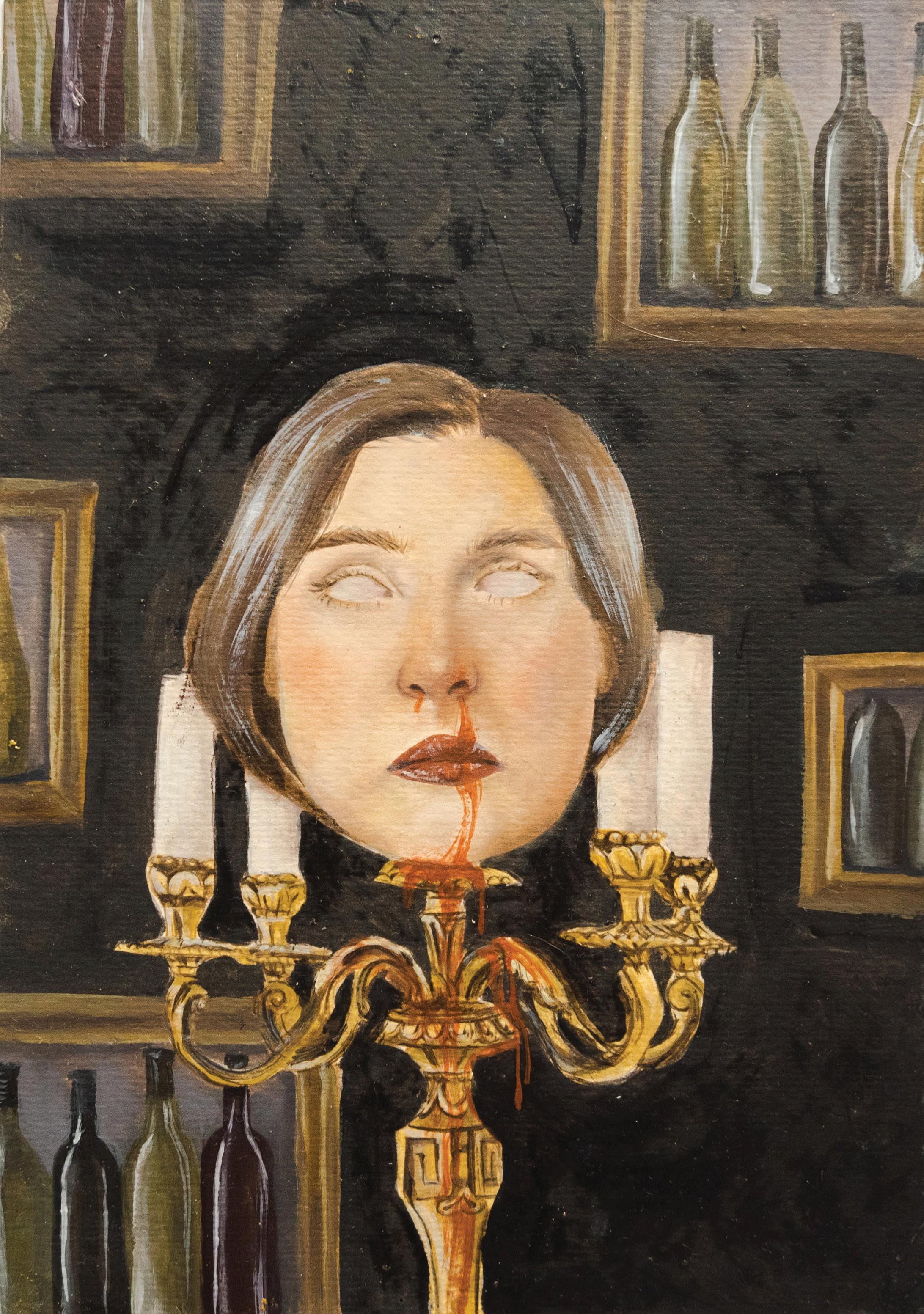
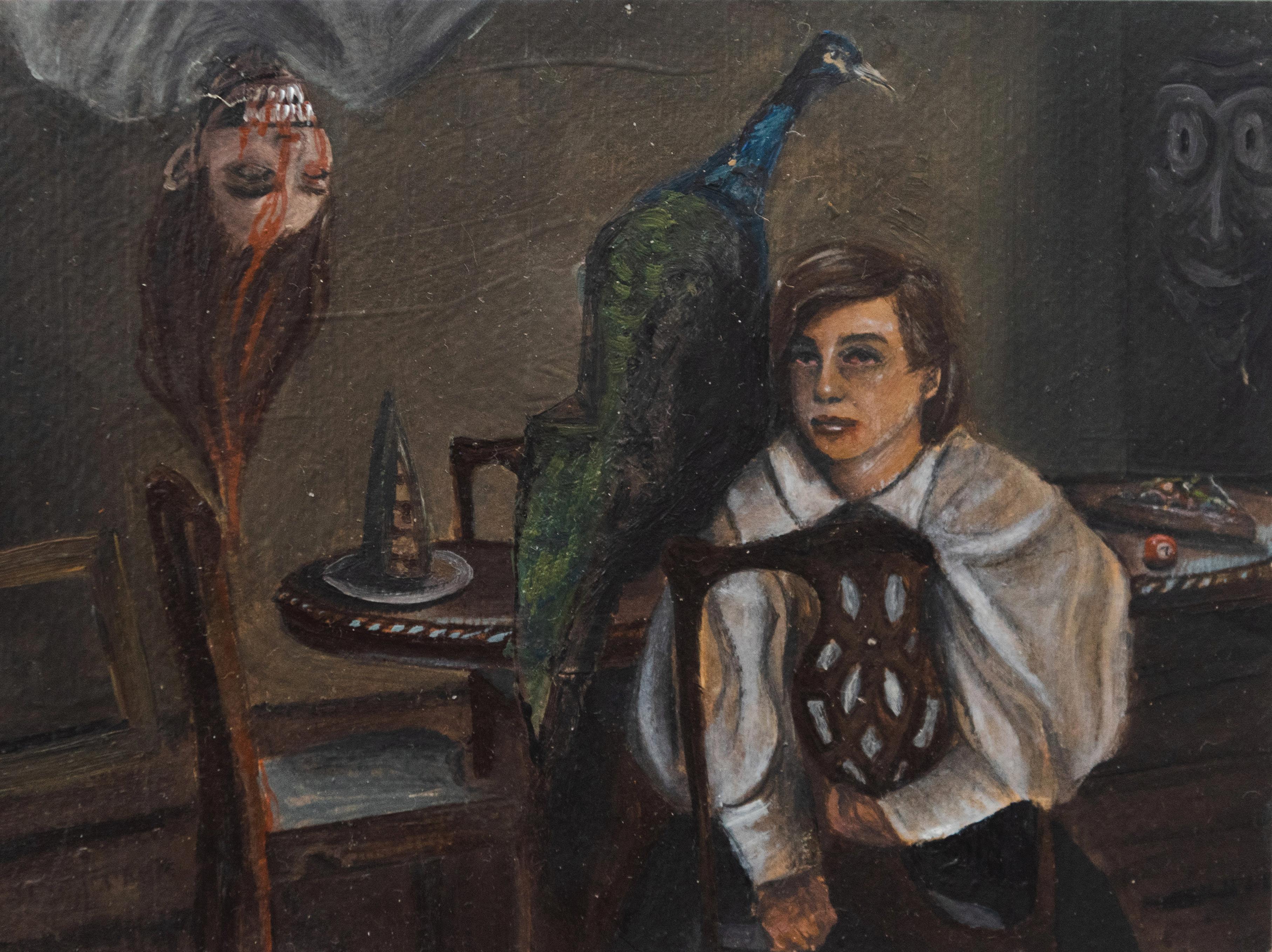
From riders undertaking their first lessons, to those representing New Zealand—it’s our aim to nurture all Equestrian students regardless of their goals and ambitions.

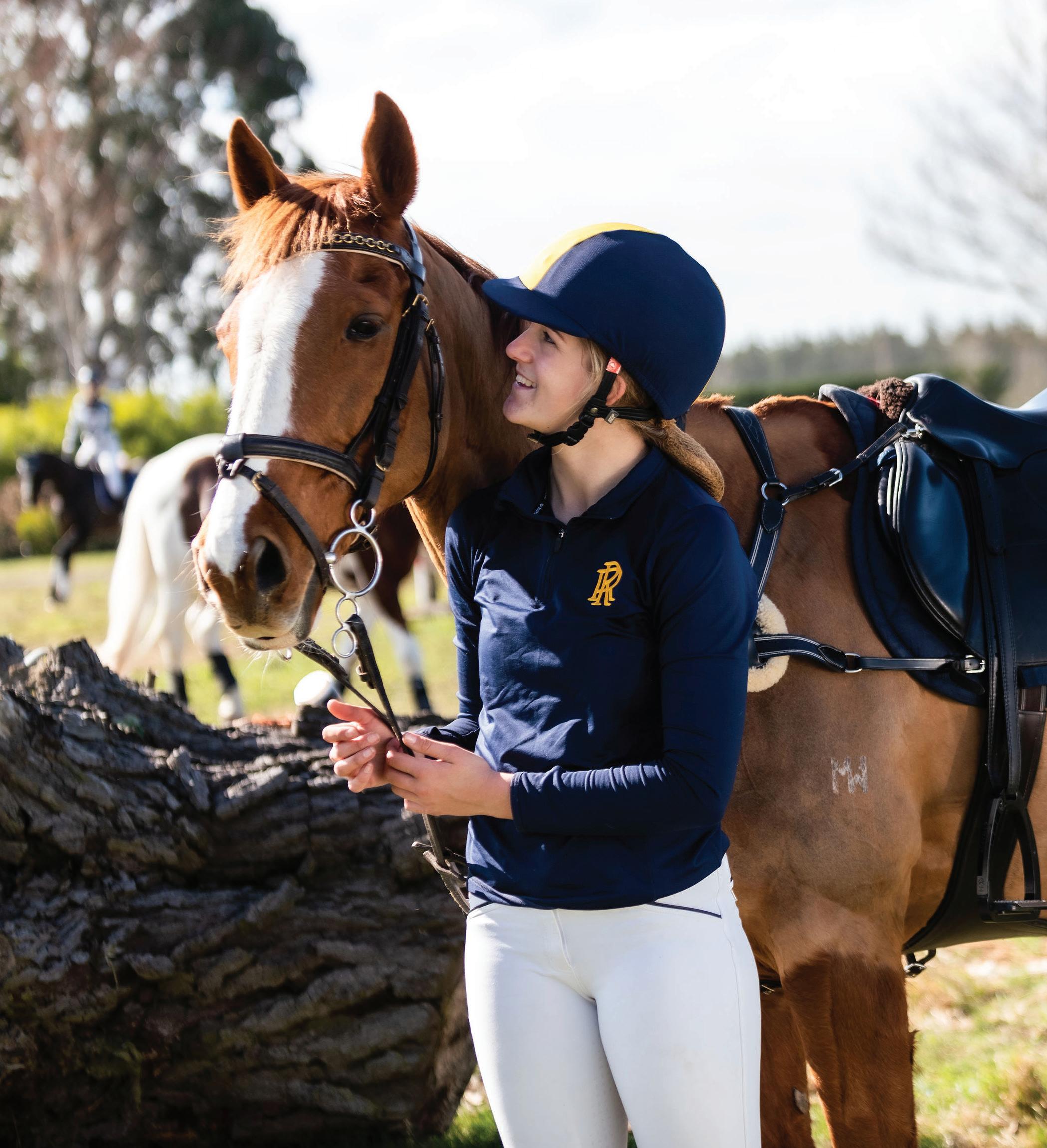
There is a common bond among these students, simply through their love of horses and the outdoors. Embracing these interests allows them to explore and express who they truly are, to Be You.
Year 13 student Molly Rochford says equestrian at Rangi Ruru helped her discover who she is as a person.
“For me the equestrian programme has played a large part in how I’ve been able to be myself. Initially, I didn’t participate in many school events, but through the equestrian squad I started to meet people and became part of an inclusive group of girls.
“We have a common interest of riding and I am able to be my true self around these friends. I love seeing everyone in the equestrian squad support and help one another and I feel like this spirit is only growing!”

With over 80 active horse riders in the Rangi Ruru Equestrian Programme, and many out on the competition circuit, recognising Equestrian alongside our other sporting codes makes our athletes feel valued and seen.
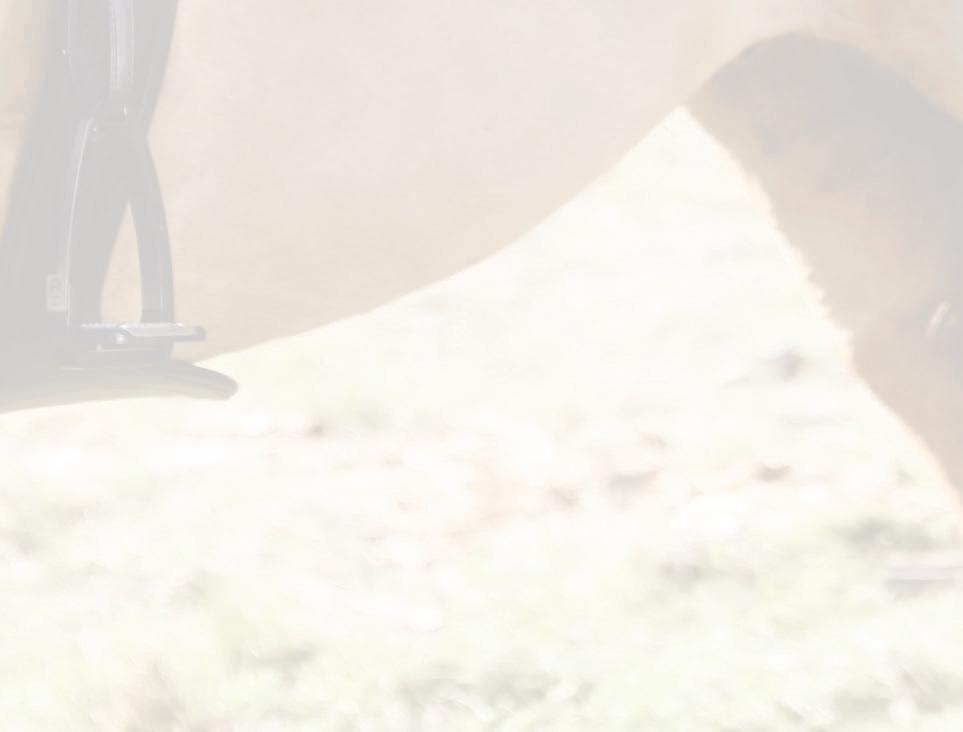


This year has been a milestone year, as our sport was finally introduced to the New Zealand Secondary Schools Winter Tournament Week. Over 60 years since New Zealand first sent a show jumping team to the Olympics, Equestrian is now recognised across the country as a genuine school sport.
In August, around 40 of our Rangi Ruru riders jumped at the chance to compete in the inaugural Winter Tournament Equestrian event and were successful in a range of disciplines from dressage, show jumping, eventing to a competitive trail ride.

For our boarders, we have a dedicated grazing agistment property on the outskirts of the city where students visit their horses after school.
This is an integral part of their well-being when they move into the boarding house, as they get to bring their horse with them and


continue that special ‘human-horse bond’— not to mention lots of fun riding and keeping themselves and their mounts fit throughout the school term.
One of those students, Zara Stewart (Year 12) says being able to bring her horse with her to school allowed her to not only continue her equestrian passion but to explore other co-curricular options, too.
“There are many logistical challenges of riding and being a boarder. But with the daily van transporting us out to our paddocks, it’s a flexible programme allowing me to play other sports for the school such as basketball.
“I’m happy because I know there is someone on site taking care of my horse, and we have weekly lessons, alternating jumping and flat work with professional coaches helping me reach my goals.”
No Horse? No Problem!
Owning a horse is a significant commitment in terms of time, finance and physical and emotional input. That’s why we have our Learn to Ride programme.
The school van takes students out to Carnmore Equestrian Riding School where, under the watchful eye of Cheryl French, students develop their riding and horse mastership skills.
For some, this has extended into weekend and holiday classes, and has even seen these new riders represent Rangi Ruru in the interschools competitions on borrowed horses.
Year 13 student Amelia Ashby is one of those riders.
“The Learn to Ride programme has really helped me grow and develop as a rider. I’ve been able to join Carnmore Pony Club and sit Pony Club Certificates without my own horse.
“Being able to ride seasoned competition horses and ponies helps fast-track my abilities. I was lucky enough to compete on one of the school ponies at Winter Tournament and my team placed 6th overall.”
Words by Sally Goldsmith EQUESTRIAN MANAGER


June 30, 1931 – September 16, 2022
Honorary Life Member of the Rangi Ruru Old Girls’ Association


Helen was a much-loved member of the Rangi Ruru community. Although small of stature, her larger-than-life infectious good humour and liveliness endeared her to all who met her.
Helen was the last of identical triplets to be born, following her sisters Jocelyn and June. They attended their local primary school until the three girls went boarding at Rangi Ruru. Following that, Helen decided to pursue nursing, specialising later as a maternity nurse. She was a very warm and open person who could relate to anyone, and her personality made her a natural candidate for such a peoplefocussed career.
When Helen returned to nursing after having her children, she became the driving force behind setting up the Cancer Society in the Otago and Southland region and continued with the Cancer Foundation until her retirement.
Helen joined the committee of The Rangi Ruru Old Girls Association in 1989 and was made an Honorary Life Member in 2020. She was a regular player and organiser of the Annual Bridge Tournament and used her admirable flower arranging skills year after year in the school’s Prize Giving and Leavers’ Balls. The committee will miss her greatly for her warmth and
her sense of humour and her interest in everything that went on at school.
Helen passed away peacefully at home at the age of 91, with her son Andy.

2023 REUNIONS
March 4 & 5, 2023
It is your school reunion if you were in Year 9 (Form 3) in 1943, 1953, 1963, 1973, 1983, 1993, 2003 or 2013.
GIBSON GIRLS’ LUNCHEON March 16, 2023
COMBINED SCHOOLS GOLF TOURNAMENT March 24, 2023
ANNUAL BRIDGE TOURNAMENT May 25, 2023
GIBSON GIRLS’ WHAEA ORA MORNING TEA November 10, 2023
LEAVERS’ BALL TBC December 2023
Please contact RROGA for additional information: rroga@rangiruru.school.nz
Remember a loved one, give the gift of a seat or simply celebrate your love for Rangi Ruru by donating to Rangi Ruru Girls’ School today.
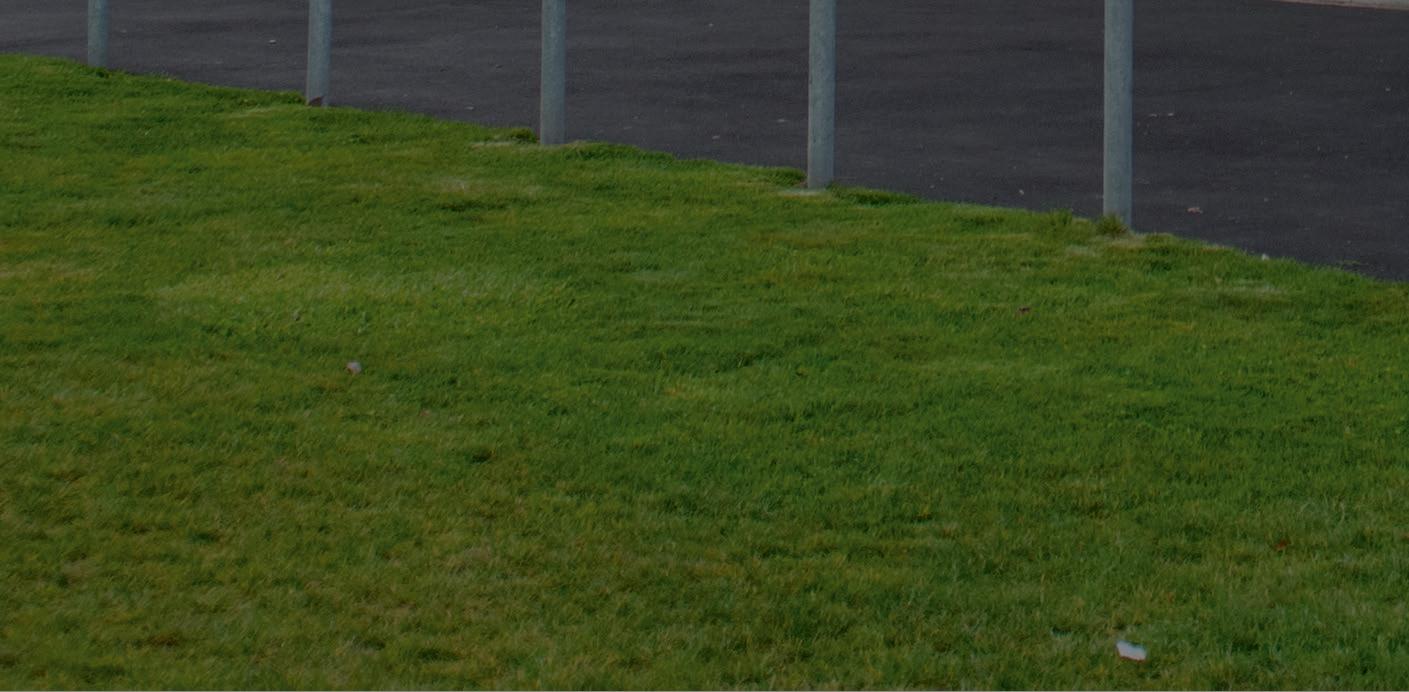

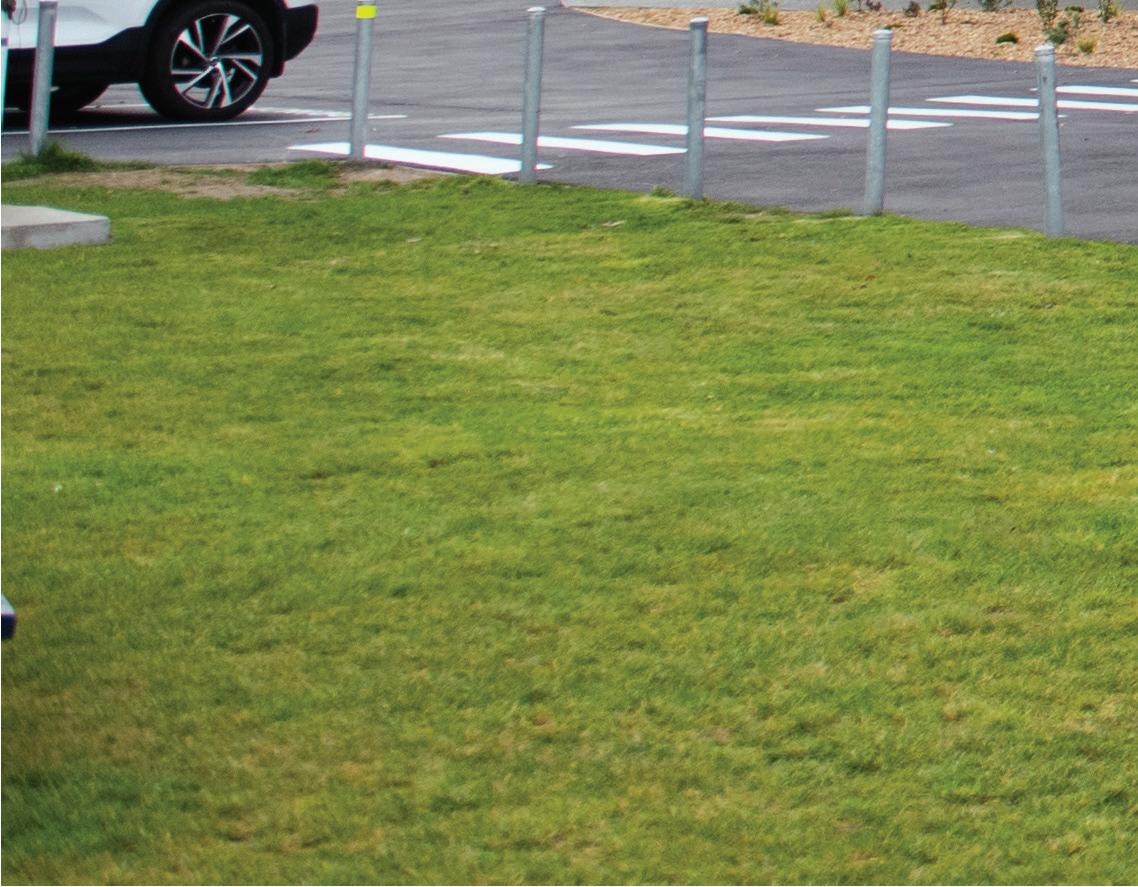


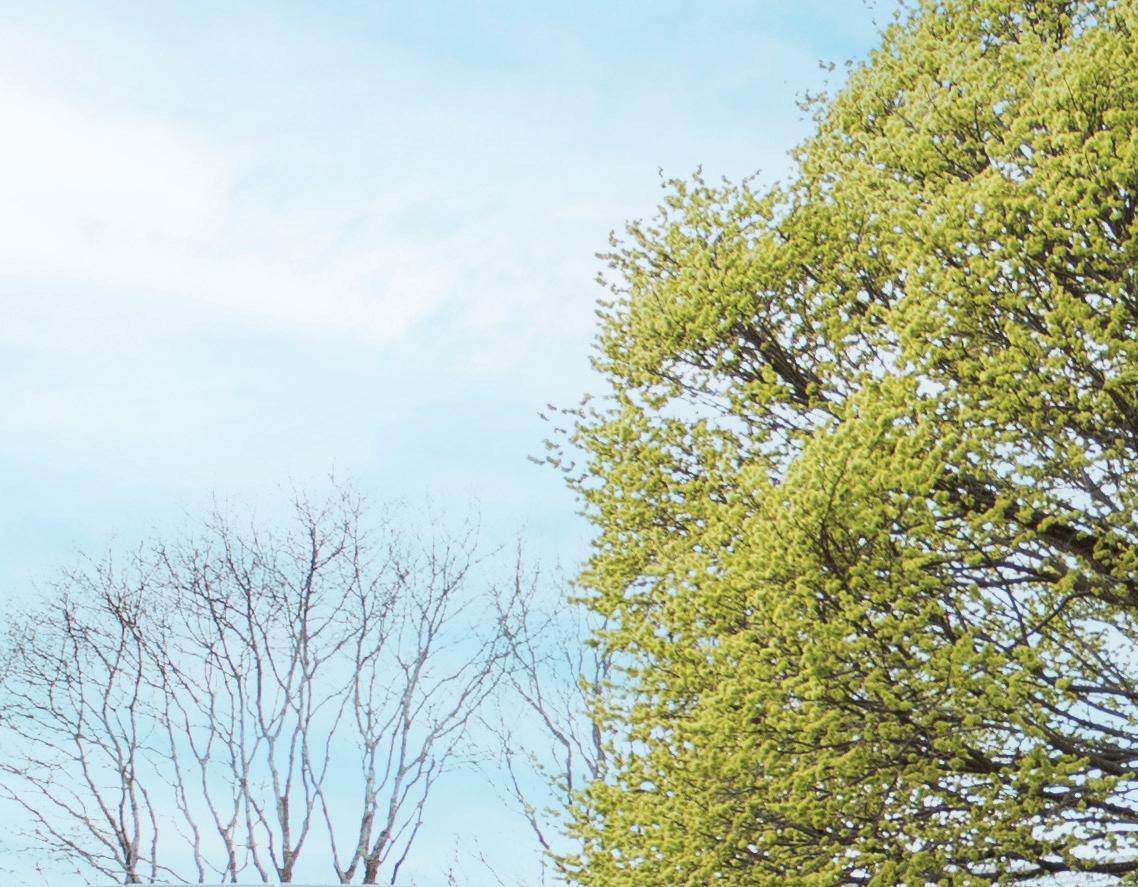



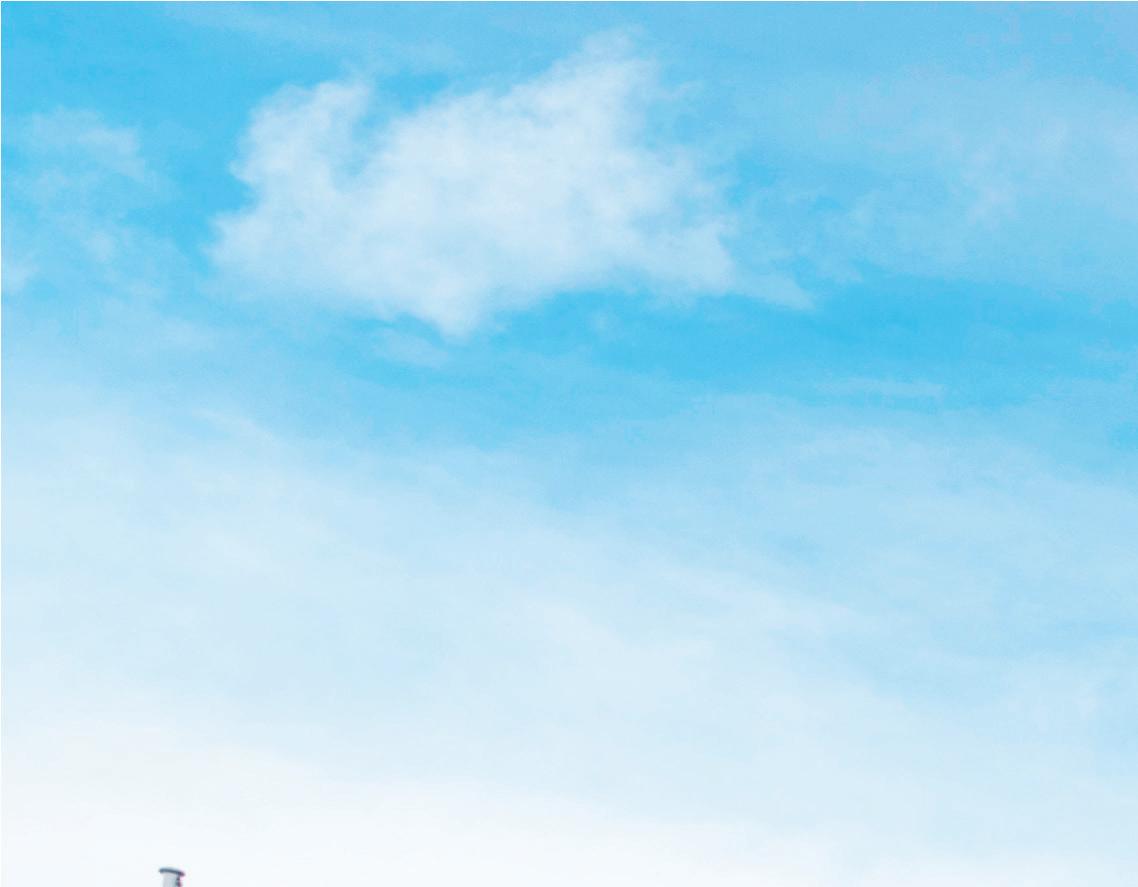
Every $500 donation gives you a limited and unique opportunity to have your name engraved on a plaque on the back of one of the state of the art retractable fold down seats, soon to be installed in the Elizabeth Reid Gym.
